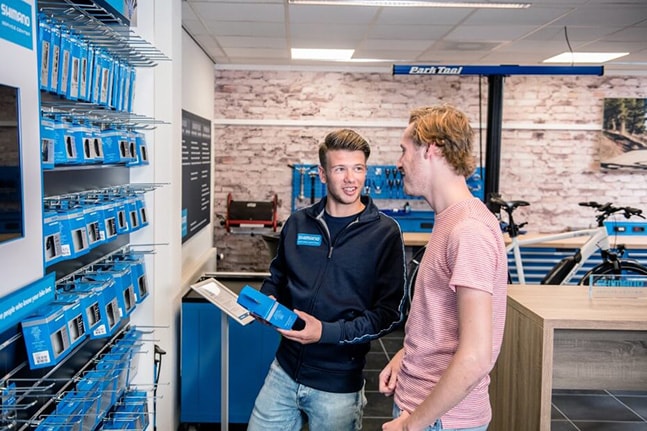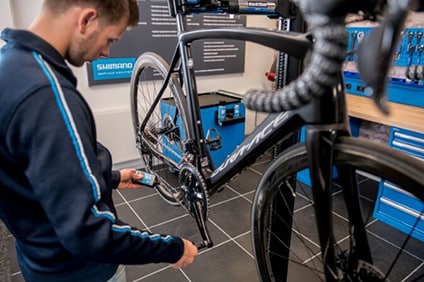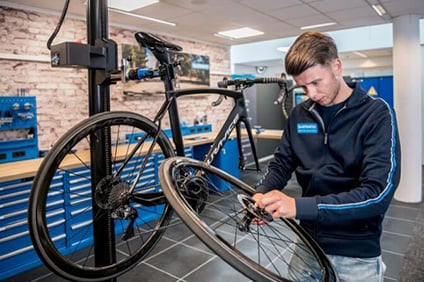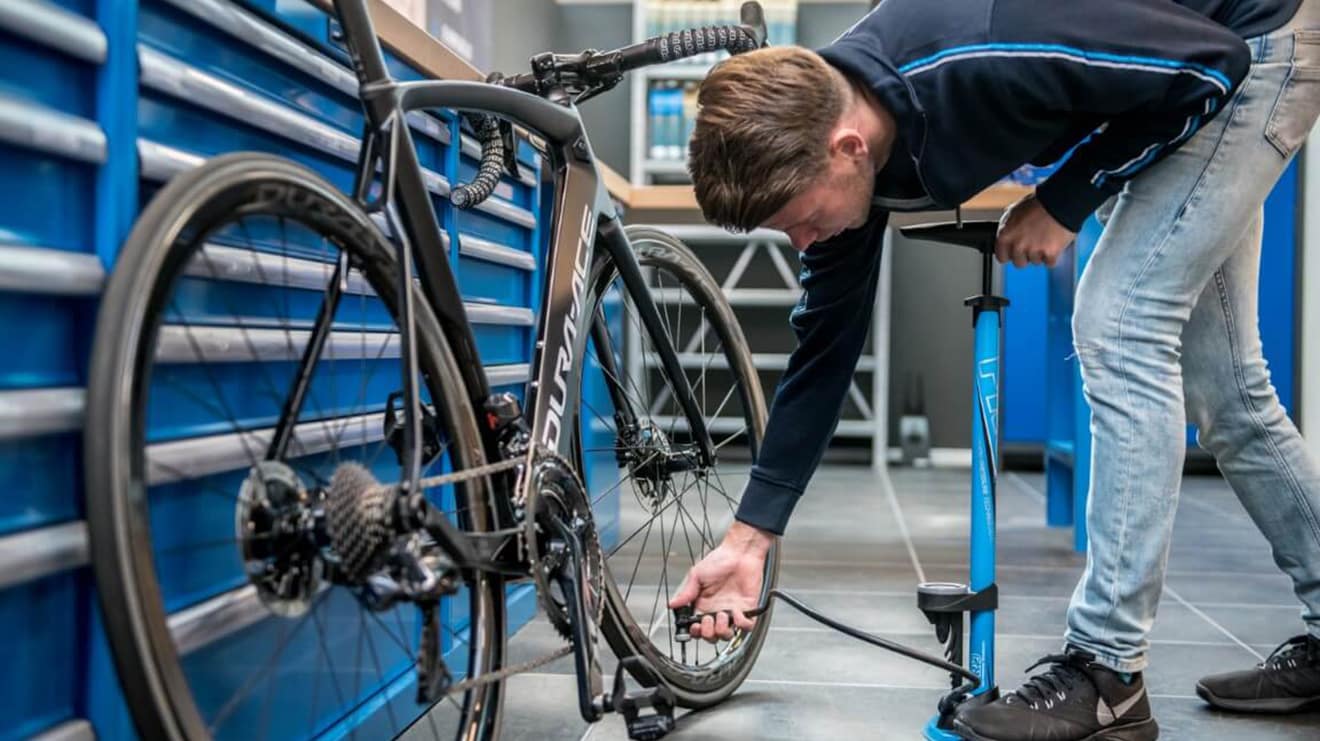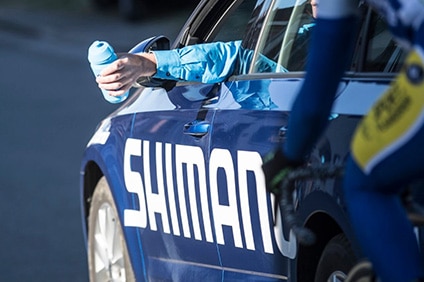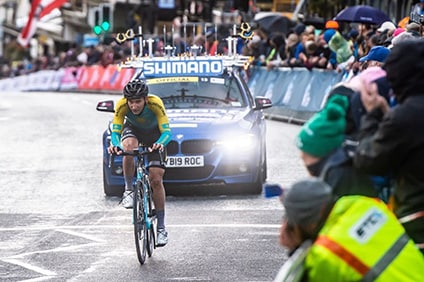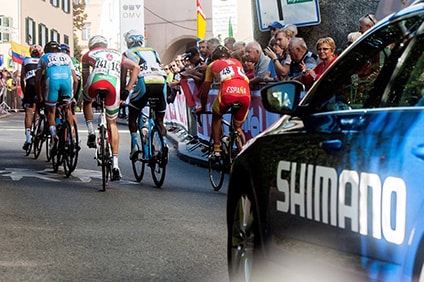-
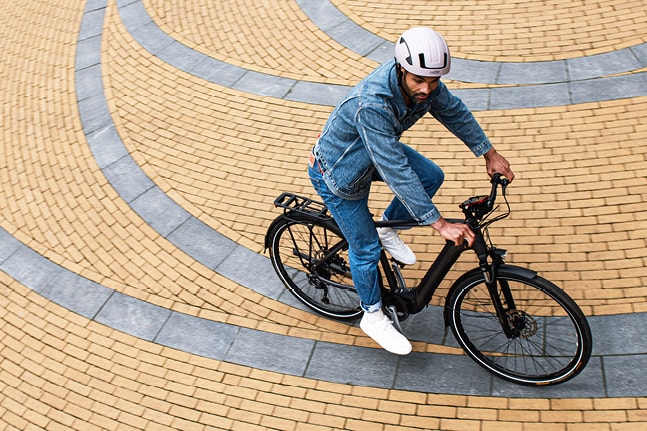
- The State of the Nation Report
- 121 million Europeans cycle less due to maintenance barriers.
- 04/02/2026
SELECT LOCATION AND LANGUAGES
GLOBAL
AMERICAS
-
BELGIUM
FRANÇAIS
-
BELGIUM
NEDERLANDS
-
NETHERLANDS
NEDERLANDS
-
SWITZERLAND
DEUTSCH
-
SWITZERLAND
FRANÇAIS
-
SWITZERLAND
ITALIANO
-
AUSTRIA
DEUTSCH
-
FRANCE
FRANÇAIS
-
GERMANY
DEUTSCH
-
ITALY
ITALIANO
-
SPAIN
ESPAÑOL
-
PORTUGAL
PORTUGUÊS
-
POLAND
POLSKI
-
UNITED KINGDOM
ENGLISH
-
SWEDEN
SVENSKA
-
DENMARK
DANSK
-
NORWAY
NORSK
-
FINLAND
SUOMI
EUROPE
ASIA
OCEANIA
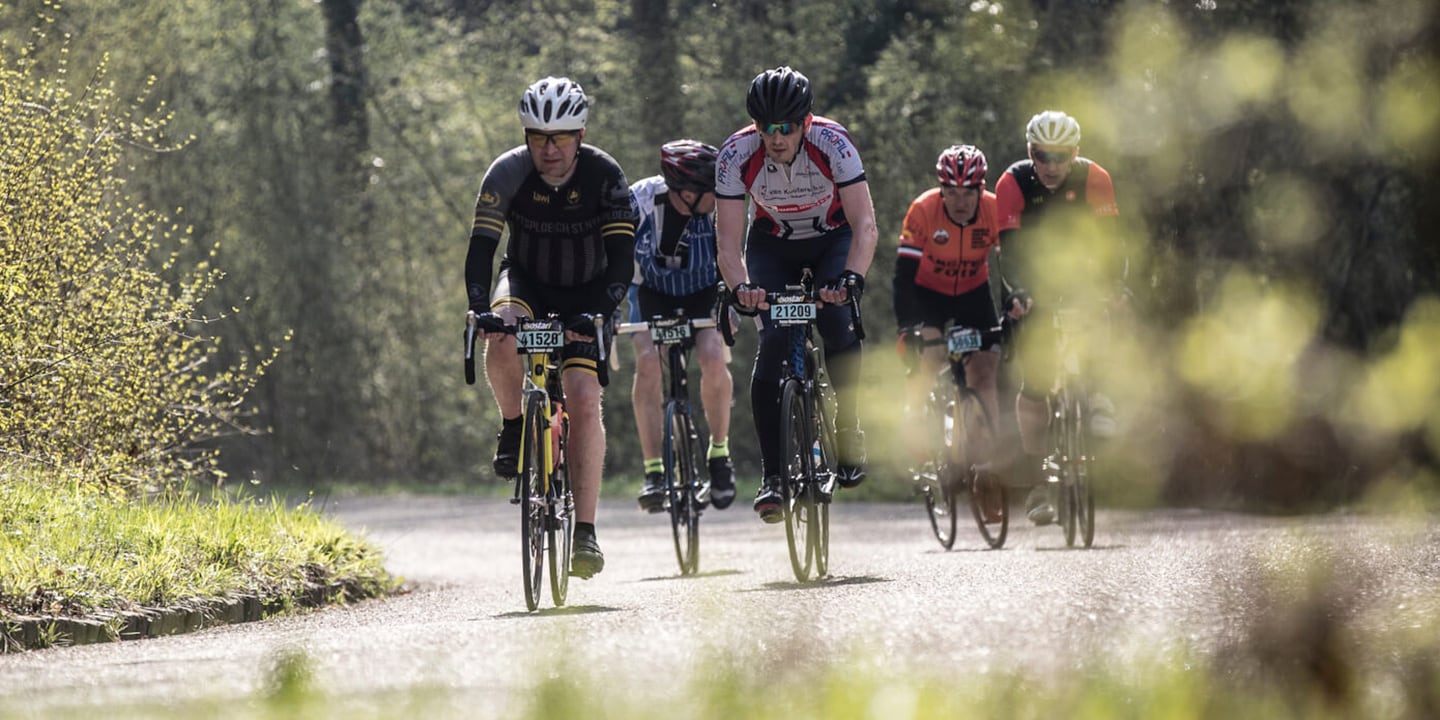
How to prepare your bike for a Gran Fondo
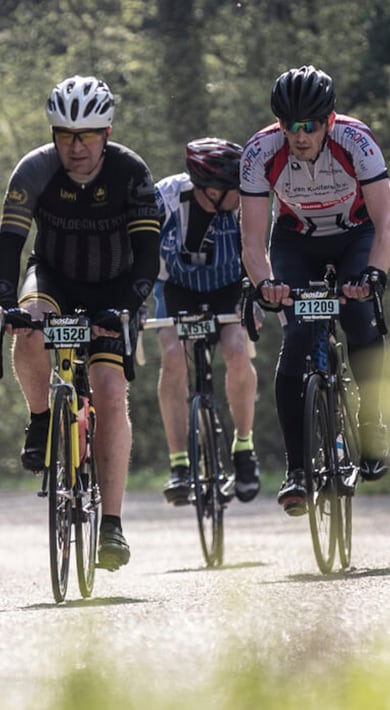
How to prepare your bike for a Gran Fondo
In the excitement of getting ready for a big Gran Fondo or sportive a surprising number of riders overlook their bike. A mechanical on the day could slow you down or even prevent you from finishing. Why waste your training by failing to prepare your bike properly? Discover what jobs you should do in the lead up to an event so you can be sure both you and your bike are in the best condition to perform!
It all starts with your bike
For many riders a Gran Fondo is the longest they will spend in the saddle, so you need everything about your bike to be as comfortable as possible. If you are experiencing any minor aches and pains in training get your bike fit checked out as soon as possible. If you do need to change anything it gives you time to choose the new component and get used to it. Your mechanic can give you good advice on what to upgrade.
Plan your upgrades in advance
Before a big event it is tempting to buy some nice new upgrades for your bike but if you are changing contact points such as saddle or handlebars do it in plenty of time to make sure they are comfortable and properly set-up. You certainly don’t want to ride a long distance on an untested saddle! If you are changing parts of your drive-train, maybe to get lower gears for a climbing event, allow time to test the new set-up works smoothly.
Never ride with anything new on event day, this goes for kit and clothing as well as bike upgrades. Don’t wear kit for the first time in an event as seams can rub and fabric itch. These minor irritations can prove very distracting when you have long hours in the saddle. Use shoes that you have been riding in for a while and check your cleats are in good condition. Worn cleats can lose you power at the pedal but if you plan to change them don’t leave it until the night before, you will need to do a few rides to make sure the position is correct.
Get a service with time to spare
Get your bike booked in for a service at least a week or two before the event. This gives the mechanics time to check it over, then source and change any new parts required.
Bike components wear out through use and worn components may mean your bike doesn’t perform as well as it should, it isn’t as fun to ride or can even be dangerous. Your mechanic will check your chain, chain-rings, rear sprockets and cables to make sure you can shift gear smoothly, replacing anything that is worn. Powerful brakes are essential for your safety so cables or hydraulics will be checked and brake pads replaced. Headset, bottom bracket and hubs will also be checked - worn out or sticky bearings will only slow you down!
Head to your nearest Shimano Service Centre to make sure your bike is in good working order.
On the last ride before the event give your bike a proper shake-down. Check through all your gears, running from the bottom of the cassette to the top and practice a few short sprints so you know everything meshes when you put the power down. It feels good to test your legs with some speed just before race day!
Brush up your mechanics skills
Simple mechanicals like a puncture or broken chain shouldn’t mean the end of your ride. If you don’t already know how to fix these things, ask your mechanic to show you. Carry a quick-link or Powerlink for your chain, spare tubes, a lightweight pump or for a really speedy fix, a C02 gas inflator. If you are swapping to your best deep-section wheels for an event make sure you carry tubes with long enough valves or a valve extender.
When you are full of adrenalin and frustration in a race it can be hard to calmly fix a mechanical, even when you know how. Practising gives you the confidence that you will be able to do it quickly and you are less likely to panic and make a mistake.
Pack your kit bag
Laying out your kit bag the day before gives you time to check you have everything and that it is all working the way it should. Look up the weather report so you have the right kit for the conditions. Check and double check you have packed everything. Plenty of riders have had their big event ruined by something as simple as forgetting their shoes or their helmet!
On the day
Check your bike a final time on the morning of your event, particularly if you travelled with it in the car or on the roof. Use a track pump to make sure your tires are properly inflated. Run through all your gears, spin your wheels to see if they are true, try your brakes to be sure they stop you quickly and don’t rub. Find out how to do a full pre-ride check here.
And go!
Knowing that your bike is in perfect working order and that you have the spares and skills to fix it if it goes wrong means you can spend all your energy and attention on pushing your body to its best performance.
Win a seat in the Shimano Neutral Support Car at a Tour de France stage in 2022
Ever wanted to see what goes on in the World's most famous road race, the Tour de France? Well now it’s your chance. Shimano and le Tour de France have teamed up to offer a money-can't buy experience at a Tour de France stage.
RELATED STORIES
-
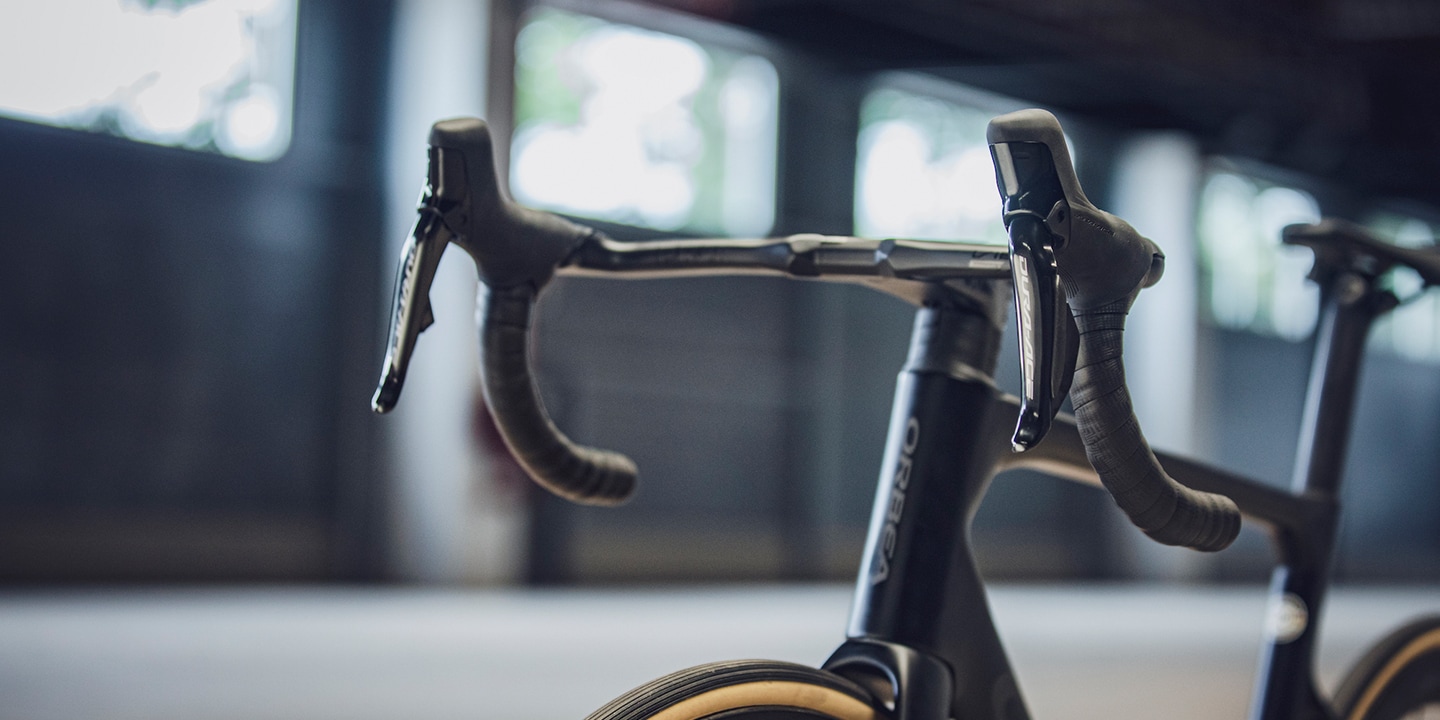
- A Guide to SHIMANO Shifting Technology
- Explore SHIMANO’s shifting technologies and how our system-engineered drivetrains deliver precise, reliable performance on every ride.
- 04/02/2026
-
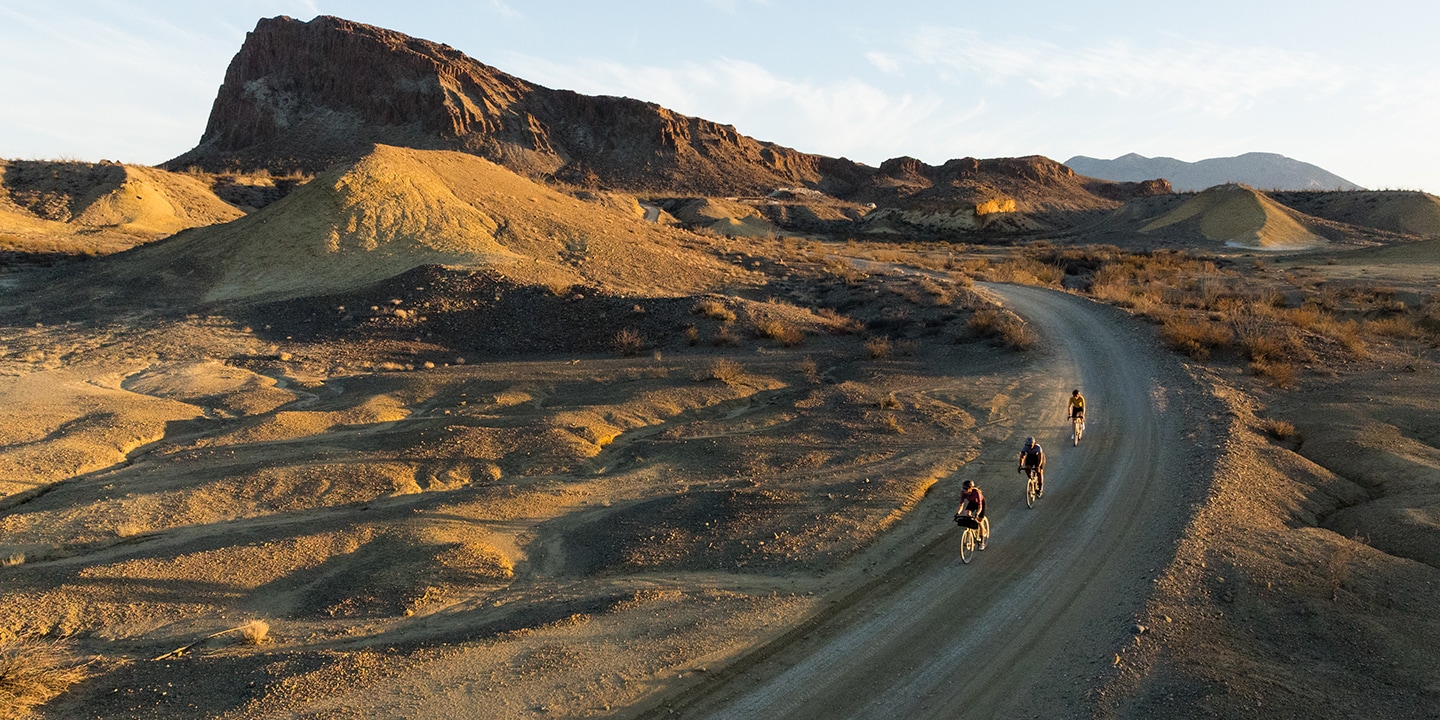
- SHIMANO Expands GRX Family with RX717 Components
- Featuring More Affordable 1 x 12-Speed GRX Di2 Options
- 16/12/2025
-
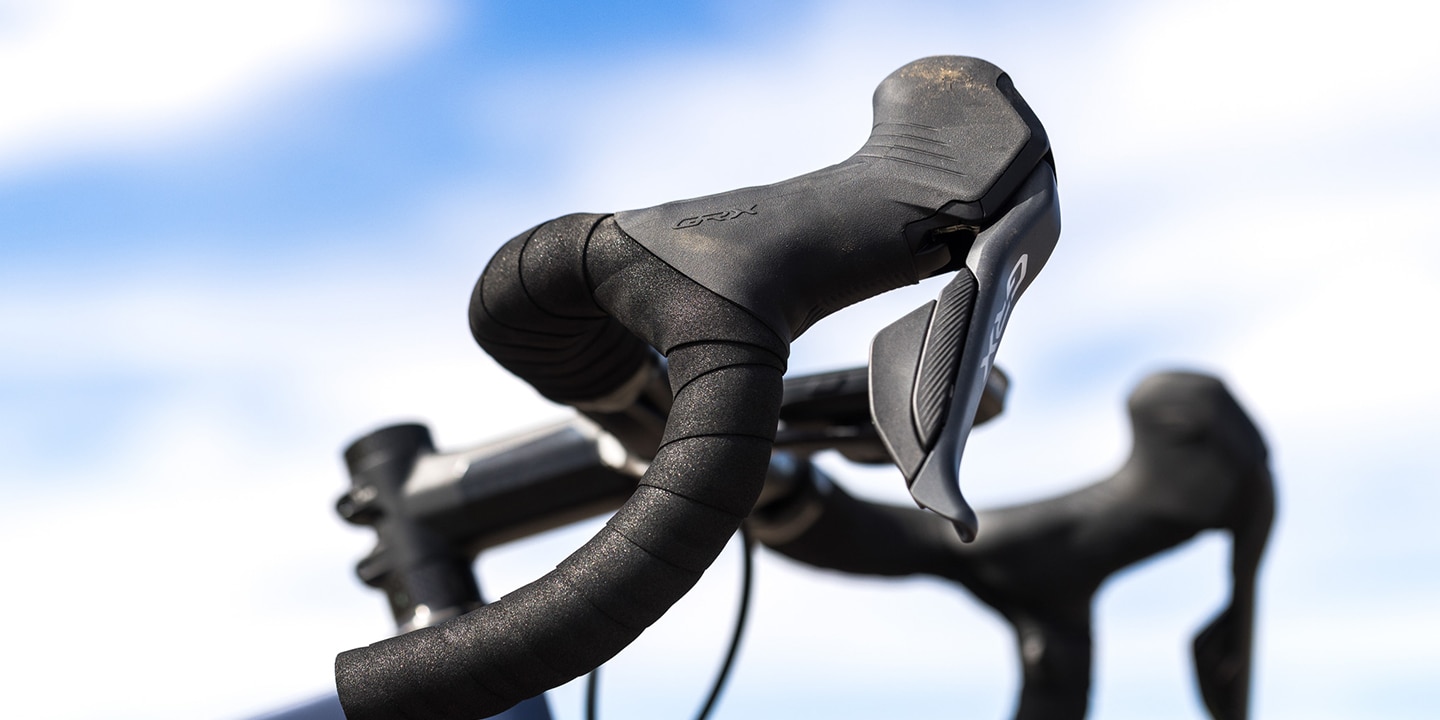
- SHIMANO Hydraulic Disc Brakes for Road & Gravel: Power, Control, Reliability
- SHIMANO hydraulic disc brakes deliver unmatched stopping power, heat management, and reliability for road, gravel, and mountain biking. Learn why Shimano leads the way in brake technology.
- 21/11/2025
-
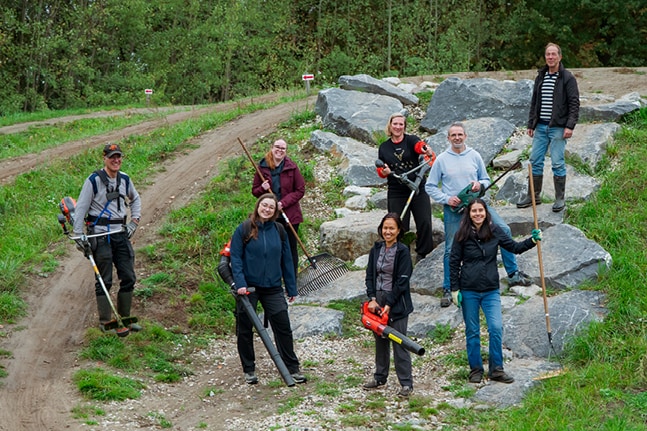
- Shimano Staff Across Europe Work On Trails
- As part of the Trail Born initiative, Shimano employees throughout Europe rolled up their sleeves to work on the trails.
- 14/11/2025
-
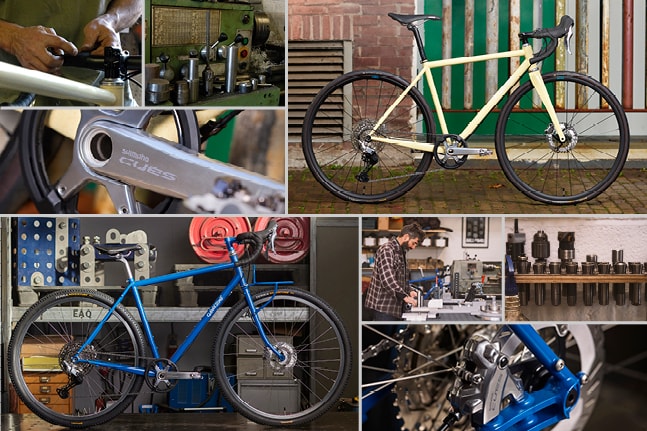
- CUES Polished Silver: Handmade Bike Builds
- Two very different takes on the question: how would you build a bike around CUES Polished Silver?
- 14/11/2025
-
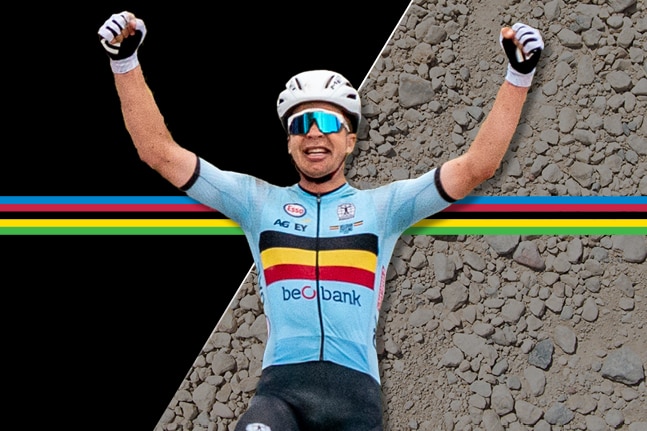
- Vermeersch Wins Gravel Worlds
- Second twice. First forever. Florian Vermeersch from UAE Team Emirates-XRG claims the rainbow jersey riding DURA-ACE.
- 15/10/2025
-
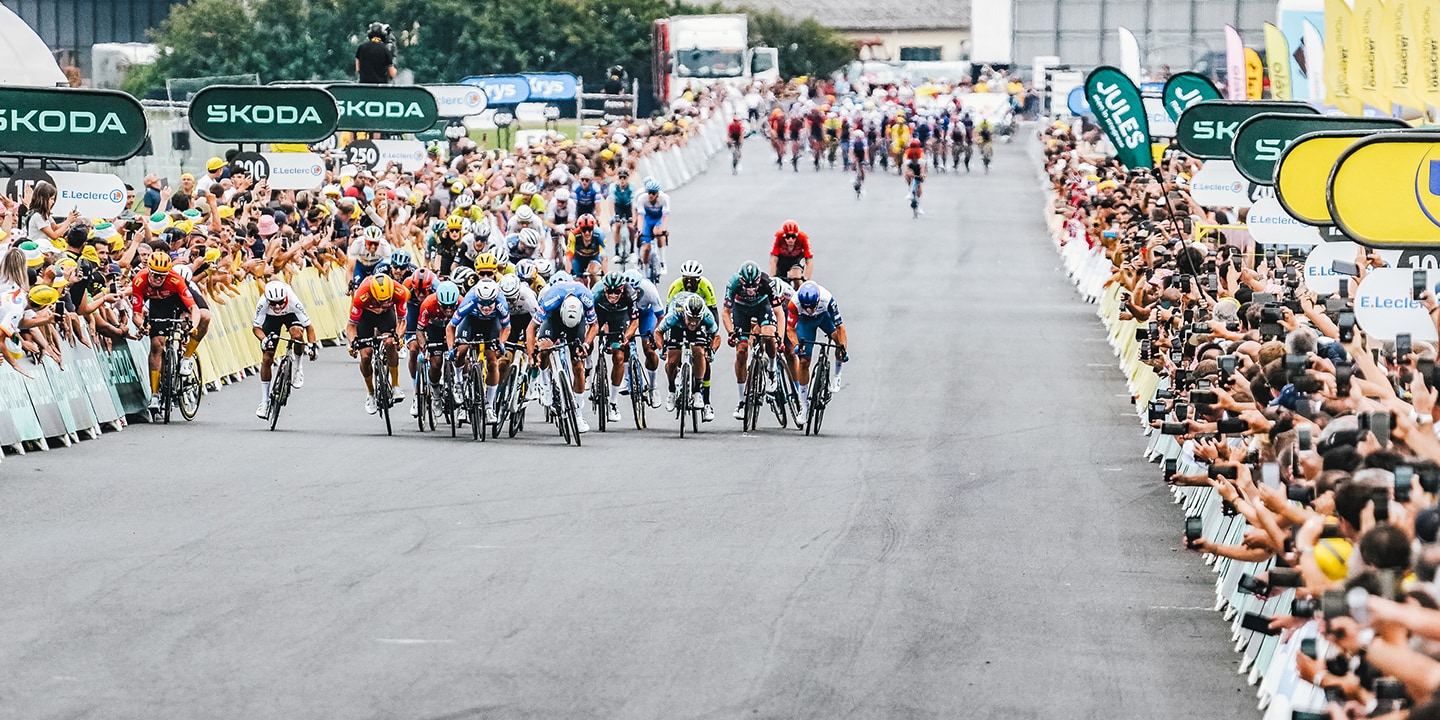
- Race-Ready Upgrades:
- SHIMANO Gear for Maximum Speed and Performance
- 11/10/2025
-
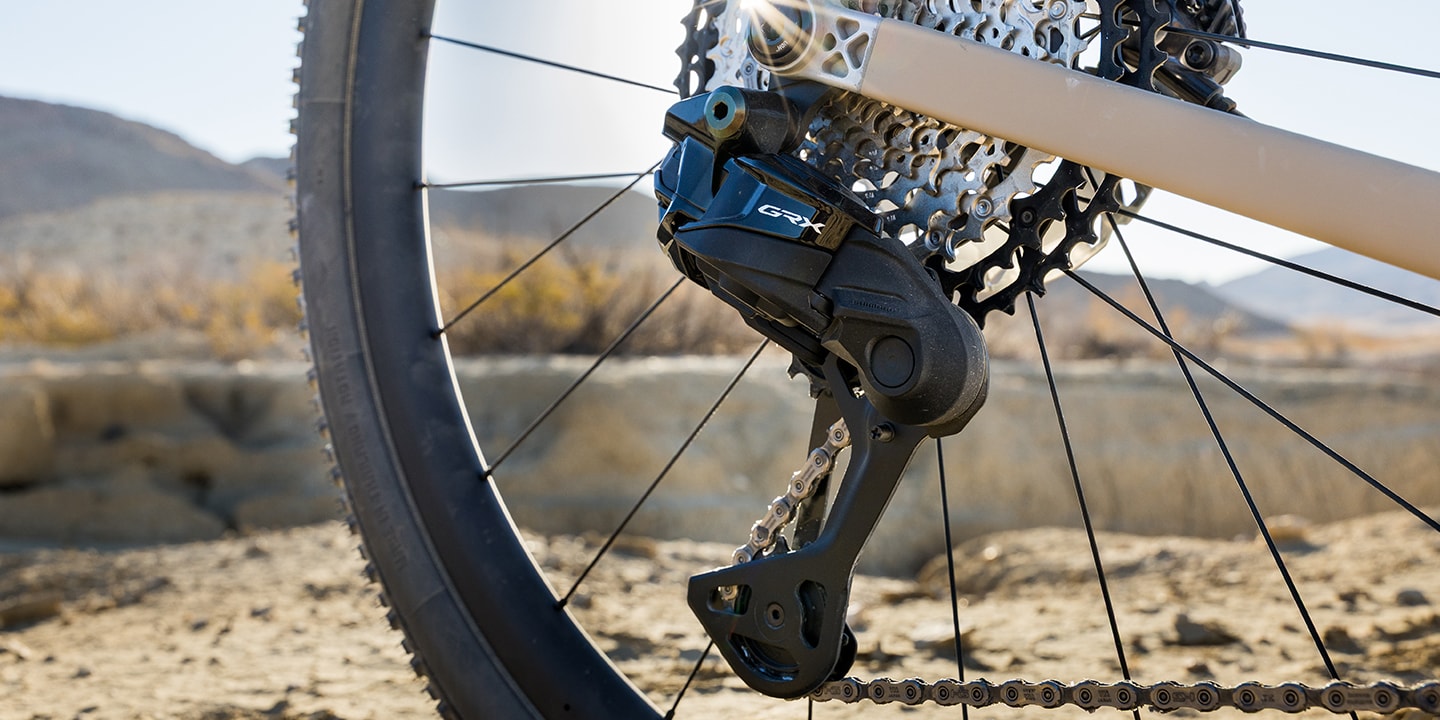
- Gravel Shifting Evolved
- SHIMANO’s GRX RX827 Rear Derailleur Is Built for the Grind
- 03/10/2025
-
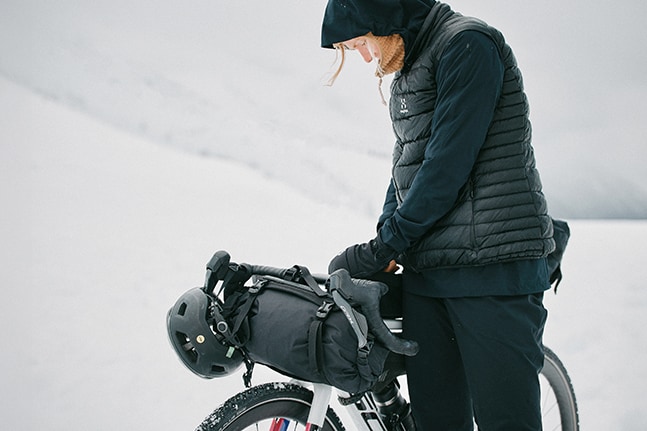
- Henna Palosaari's In Search Of Antarctica
- Gravel Alliance Rider Henna Palosaari Attempts to Ride REBOUND in Antarctica: The Impossible Ride
- 02/10/2025
-
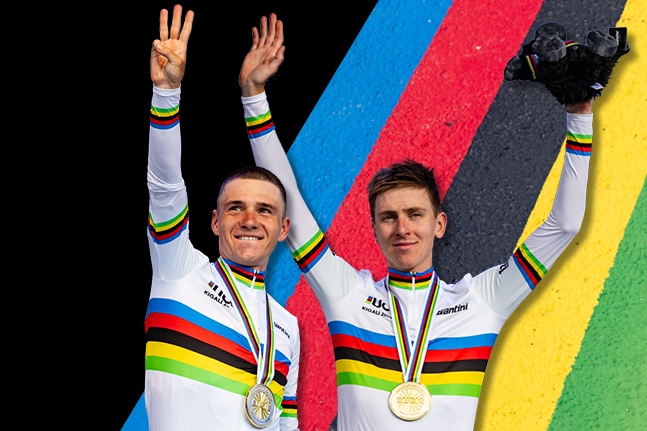
- Shimano at the 2025 UCI Road World Championships
- From Elite time trials to decisive road races, Shimano powered world champions at the 2025 UCI Road World Championships with precision and reliability.
- 01/10/2025
-
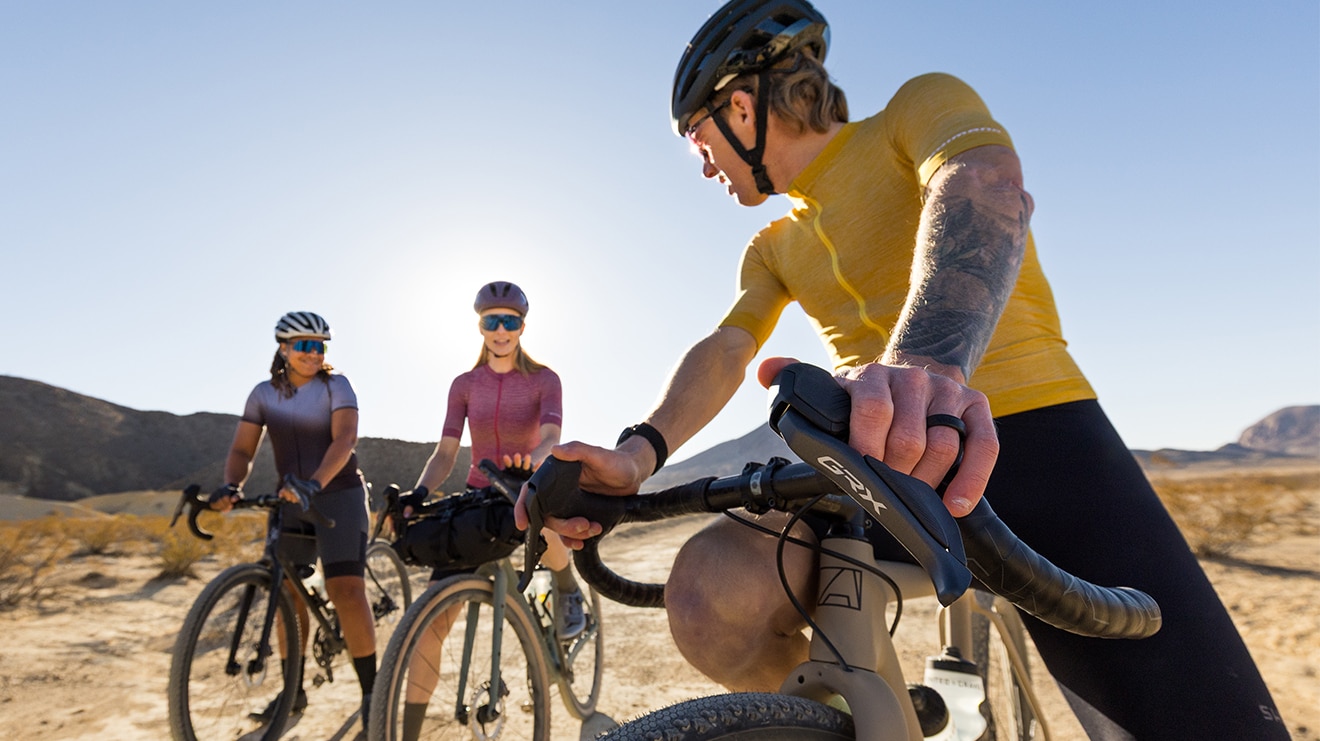
- Master Your Ride with SHIMANO Di2 and E-TUBE PROJECT
- Maximize performance on your next road or gravel ride with SHIMANO Di2 electronic shifting and the E-TUBE PROJECT app.
- 25/09/2025
-
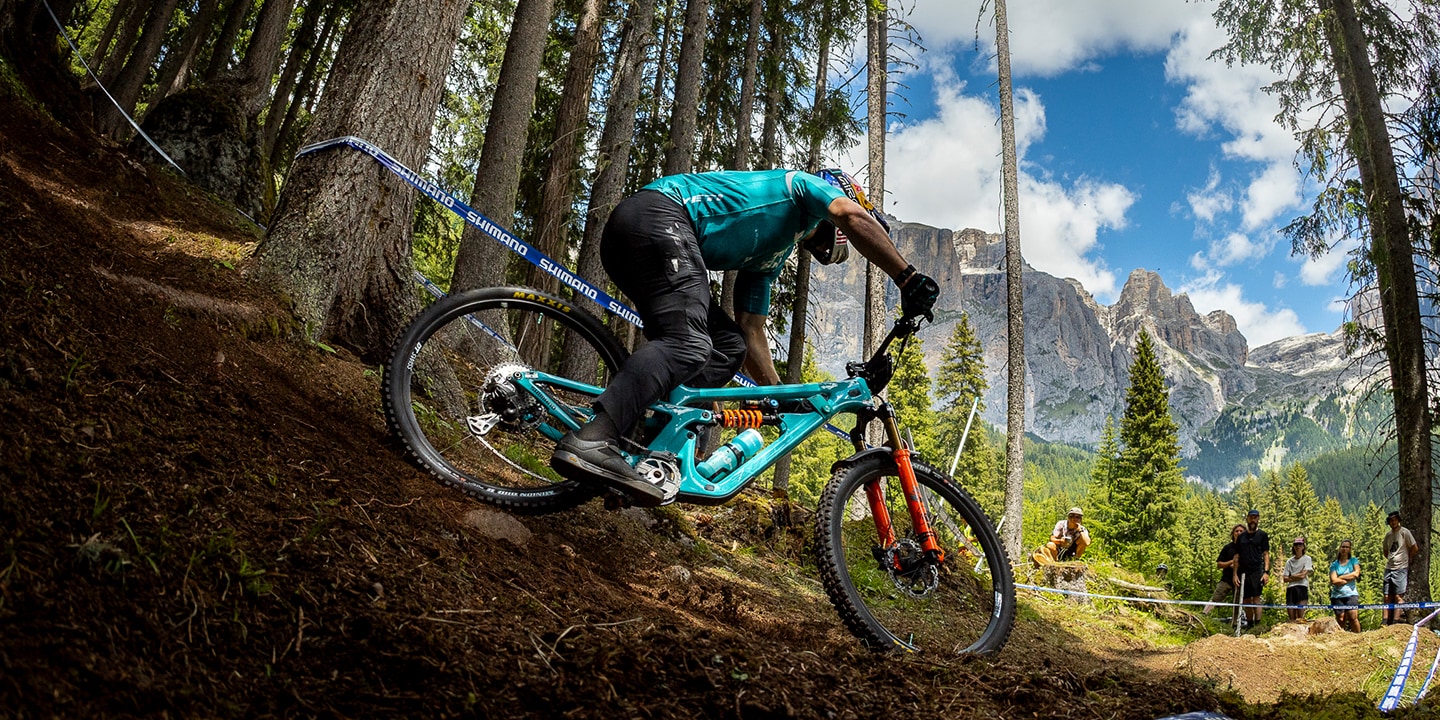
- Precision for Every Trail
- SHIMANO MTB’s New Wireless Short Cage Derailleur and 9-45T Cassette
- 23/09/2025
-
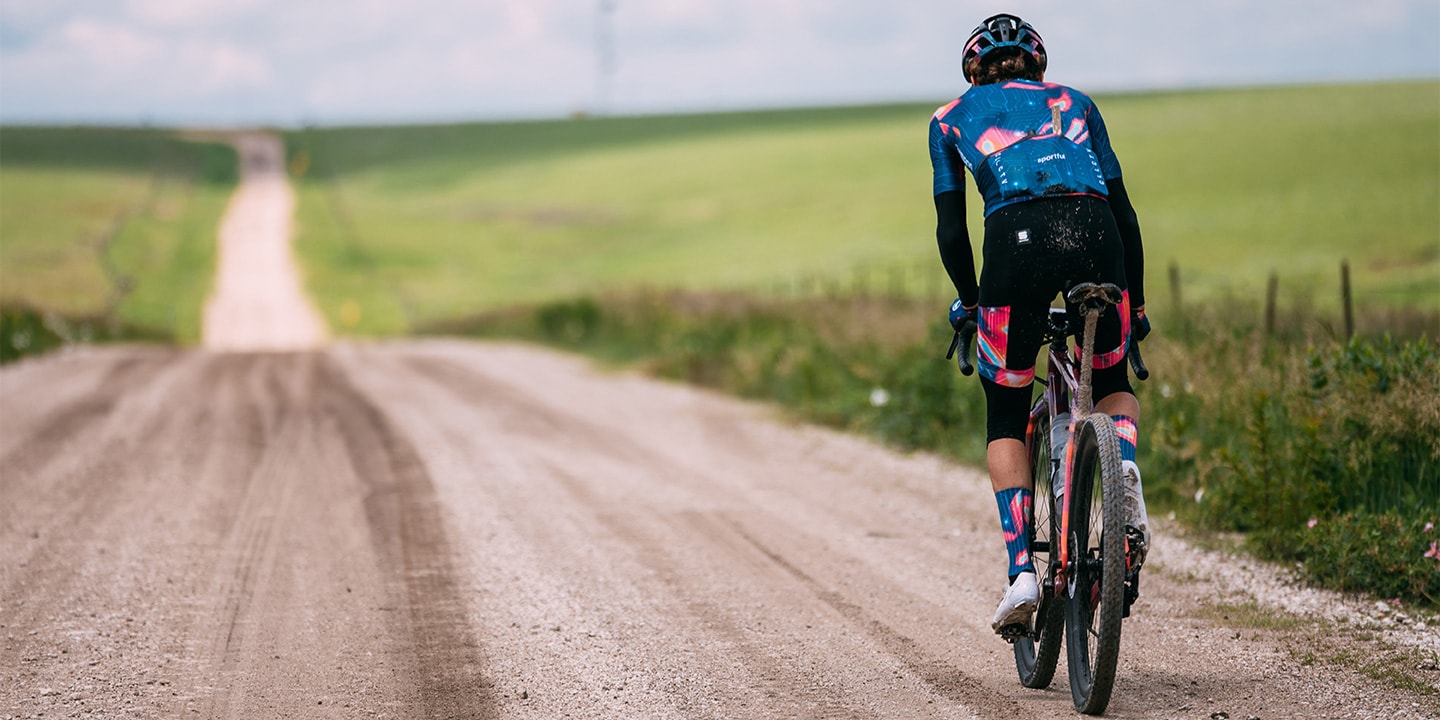
- SH-RX910 Development Story
- Gravel racing is a celebration of endurance, grit, and the open road's endless possibilities.
- 17/09/2025
-

- MTB World Championships 2025
- Powerful performances at the World Championships, powered by XTR.
- 16/09/2025
-
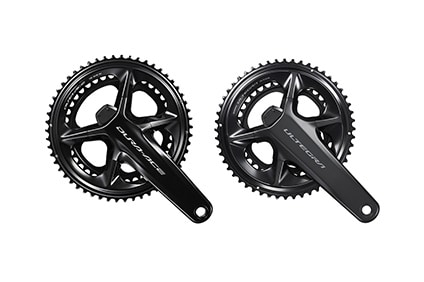
- Firmware Update to Improve the Power Meter Accuracy
- On October 24, 2023, Shimano releases a new firmware for Shimano power meters and update the E-TUBE PROJECT Cyclist application, respectively.
- 09/09/2025
-
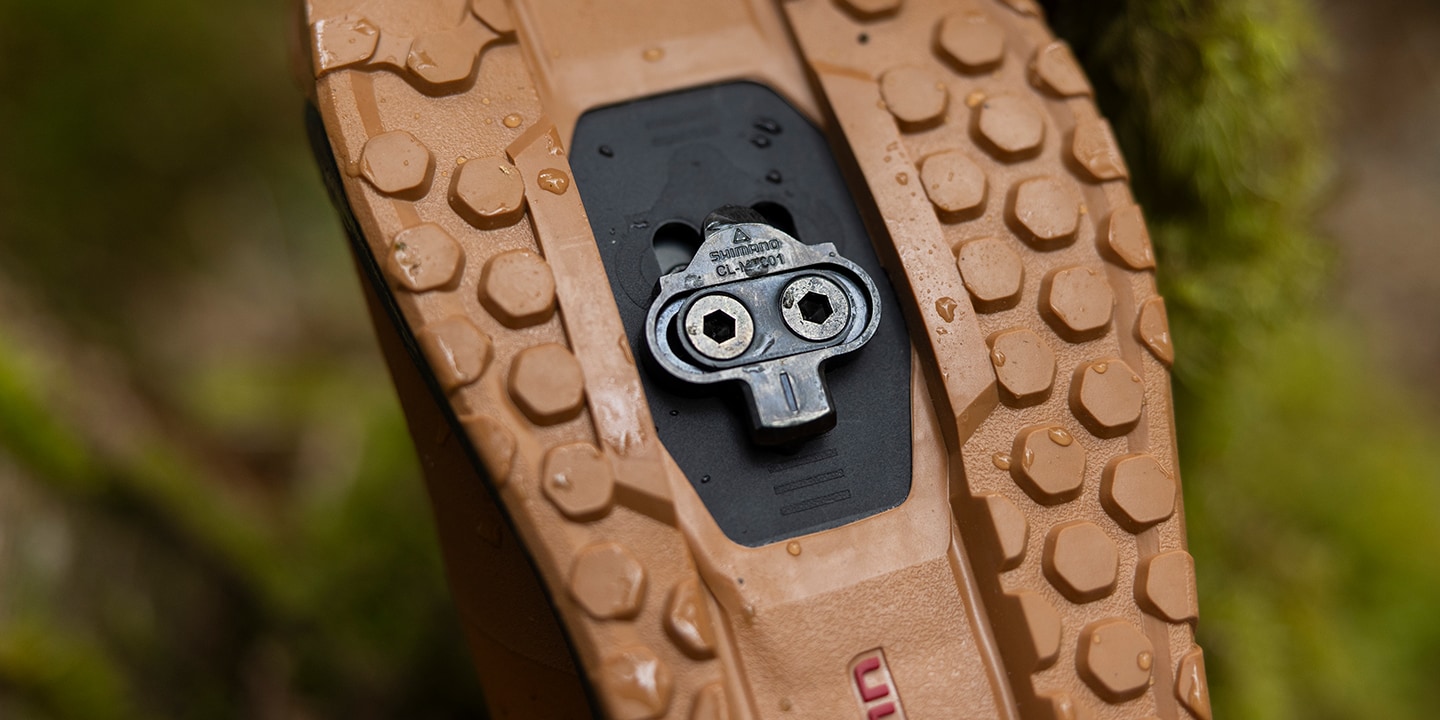
- SHIMANO Launches New SPD Trail/Enduro CL-MT001 Cleat
- The new cleat touts multi-entry capability and improved walkability in its first redesign in three decades
- 28/08/2025
-
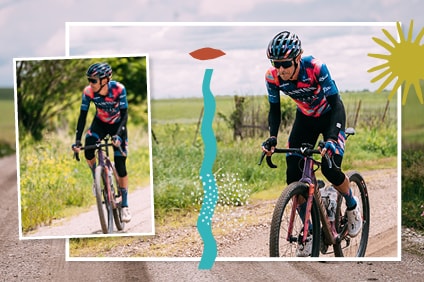
- Built for the Unpaved
- Introducing the SHIMANO RX910 S-PHYRE Gravel Racing Shoes
- 28/08/2025
-
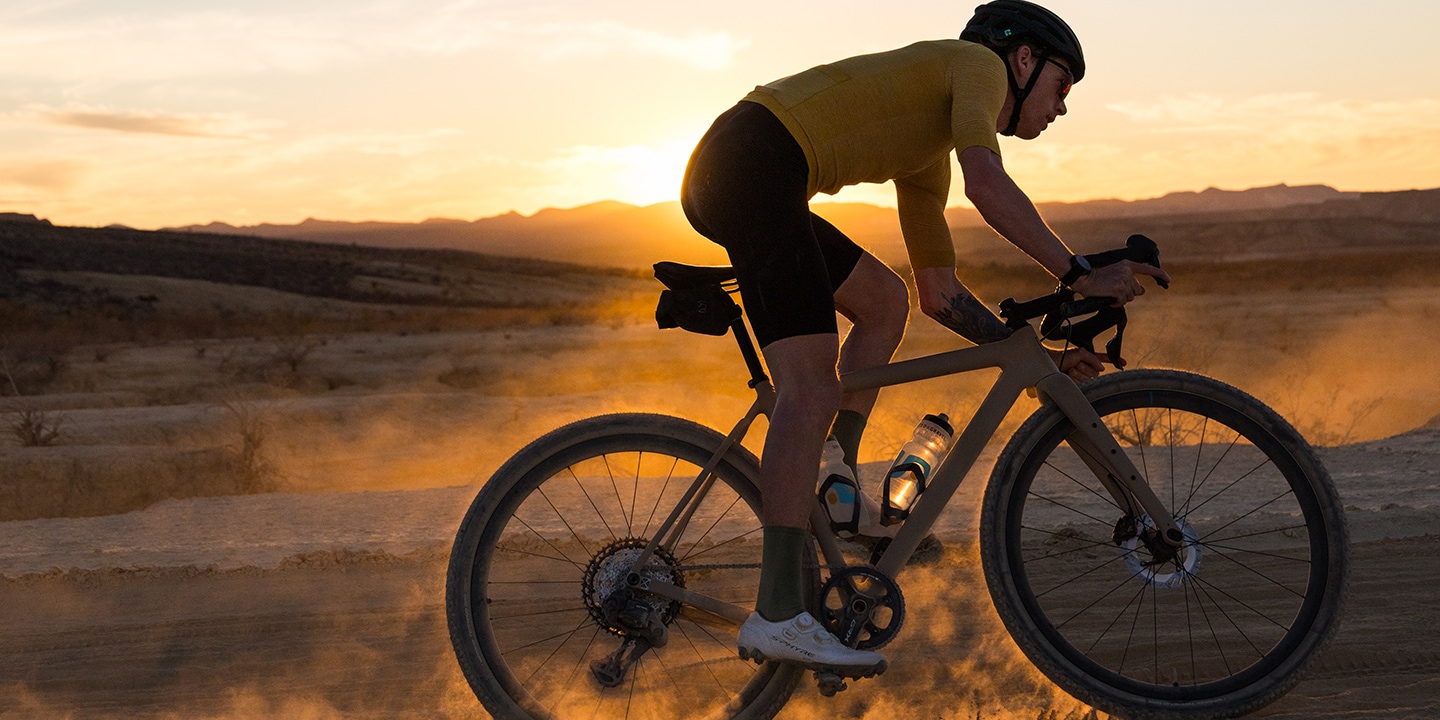
- A Guide to SHIMANO 1x and 2x Gearing Setups for Gravel
- Should you run a 1x or 2x setup for your gravel bike? This definitive Shimano guide will help you pick the right GRX drivetrain for your dream ride.
- 20/08/2025
-
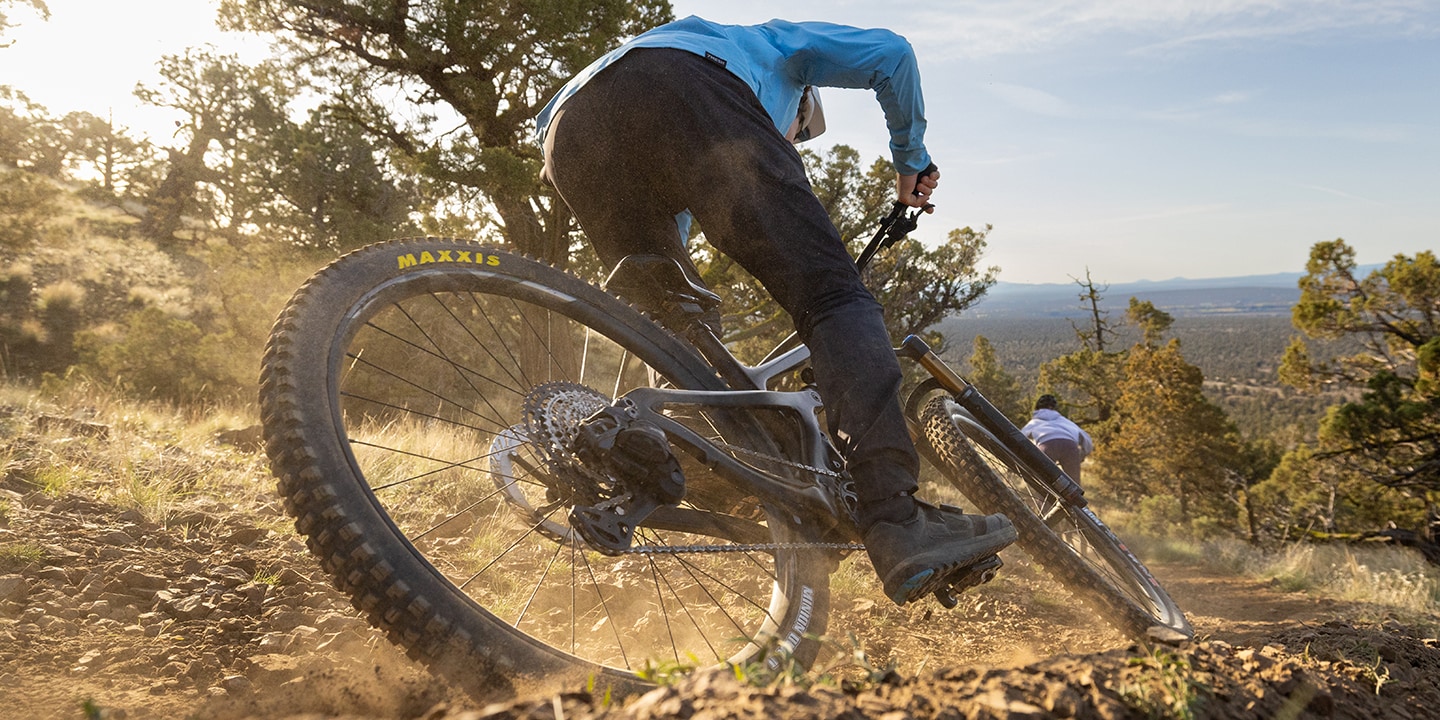
- SHIMANO 12-Speed Di2 MTB Groups Deliver
- XTR - DEORE XT - DEORE
- 20/08/2025
-

- Cannondale Factory Racing Team on Wireless XTR
- Charlie Aldridge, Meet the New XTR Groupset
- 31/07/2025
-
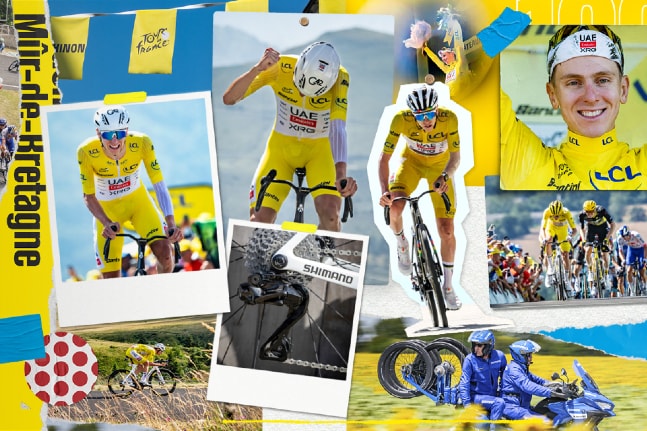
- Welcome to Tadej’s World
- In the Tour de France, fortunes can fall apart in seconds. What sets a champion apart is what happens in the hours that follow.
- 28/07/2025
-
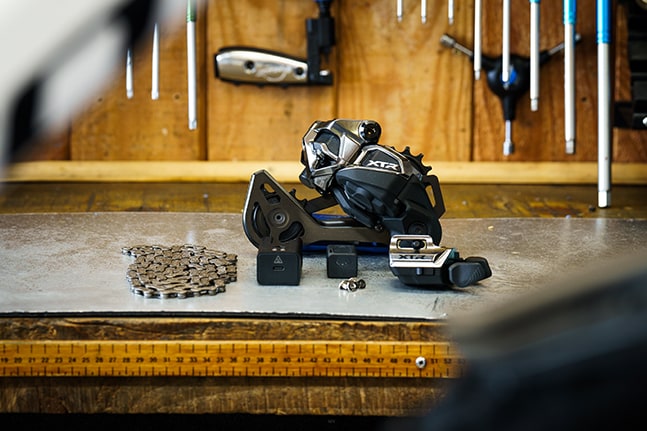
- The Upgrade Trail: How Shimano’s XTR Di2 Elevates Every MTB Journey
- From first ride to wireless precision—discover how upgrading your mountain bike components mirrors your personal riding evolution.
- 24/07/2025
-
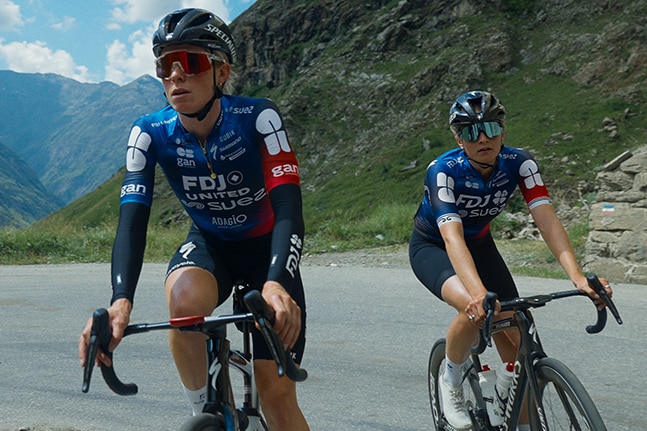
- How FDJ–SUEZ Prepares for the Tour
- Join Demi Vollering, Evita Muzic, and Juliette Labous of Team FDJ-SUEZ as they prepare for the biggest event of the year.
- 22/07/2025
-

- XTR Explained: e-MTB
- The Science of Control, the Art of Riding
- 17/07/2025
-
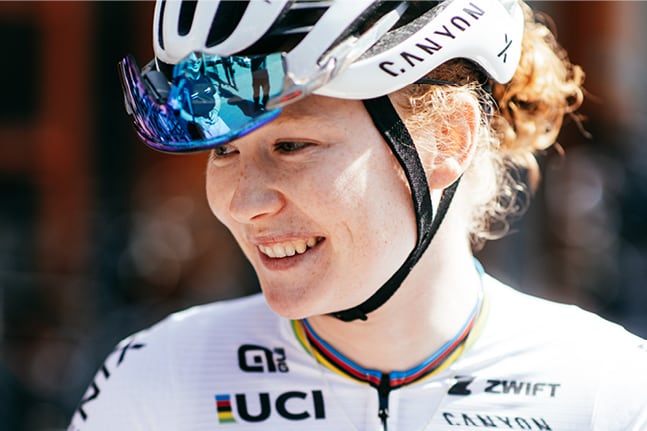
- Up Close with Puck Pieterse
- A Unique Insight Into a Champion’s Trail to Victory
- 15/07/2025
-
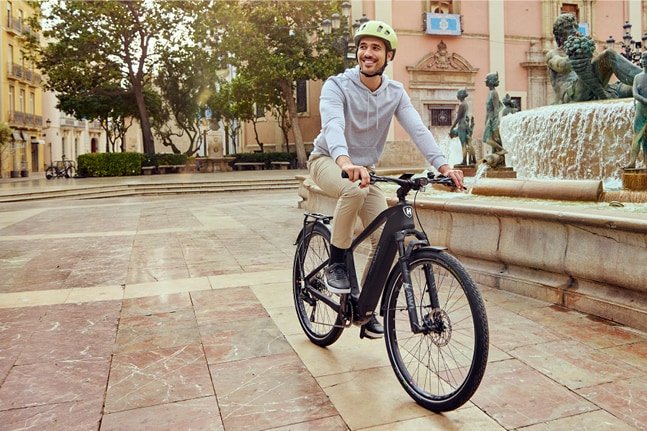
- Finding the Right E-Bike: A Guide to Getting That Perfect Fit
- Why a Great Ride Starts with the Right Feel, Not Just the Right Specs
- 11/07/2025
-
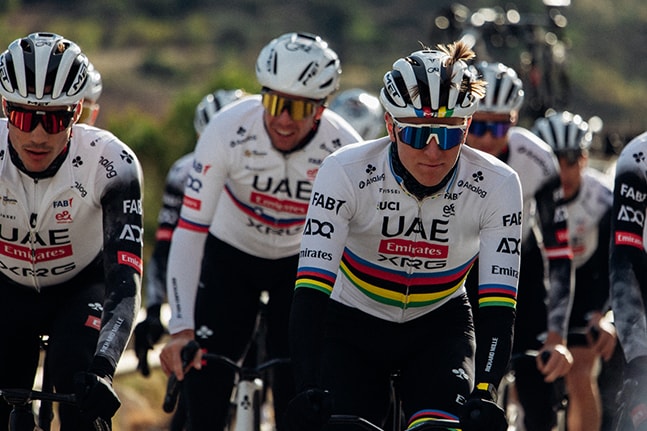
- High-Altitude Teamwork with UAE Team Emirates XRG
- Shimano joins Tadej Pogačar, João Almeida and Nils Politt for a behind-the-scenes look at training with DURA-ACE in the Spanish highlands.
- 03/07/2025
-
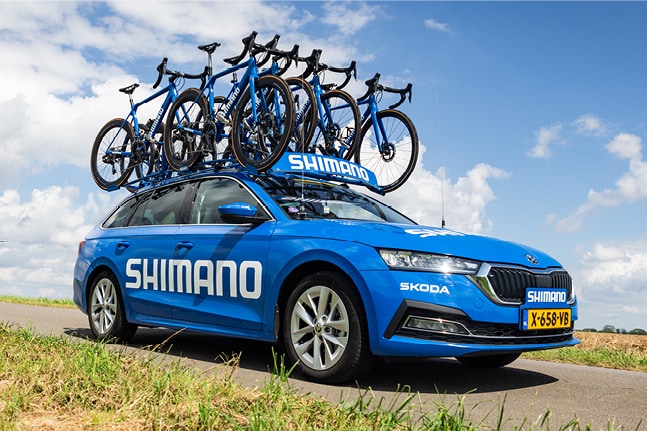
- Behind the Shimano Neutral Service
- Learn About our Blue Motorbikes and Cars with These Facts and Figures
- 01/07/2025
-

- REBOUND 2025: The Can-Do Spirit of Gravel
- The Art of Route Building, Organizing the Perfect Ride, and Erwin Sikkens’ Definition of “Genieten”
- 01/07/2025
-
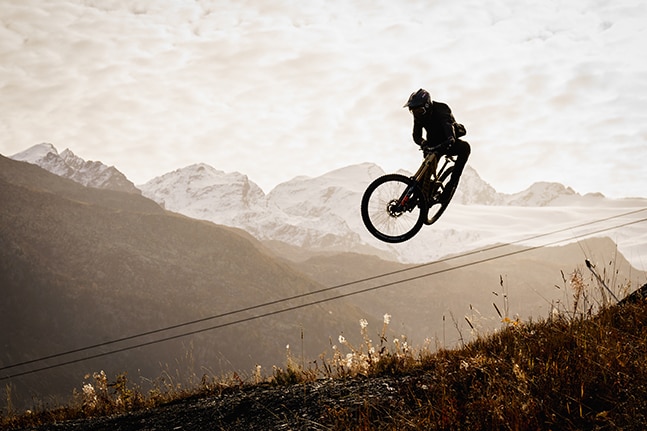
- Inside the La Thuile Bike Park
- Explore La Thuile Bike Park, the newest stop on the 2025 UCI MTB World Series. Discover why it’s a must-ride alpine destination.
- 26/06/2025
-
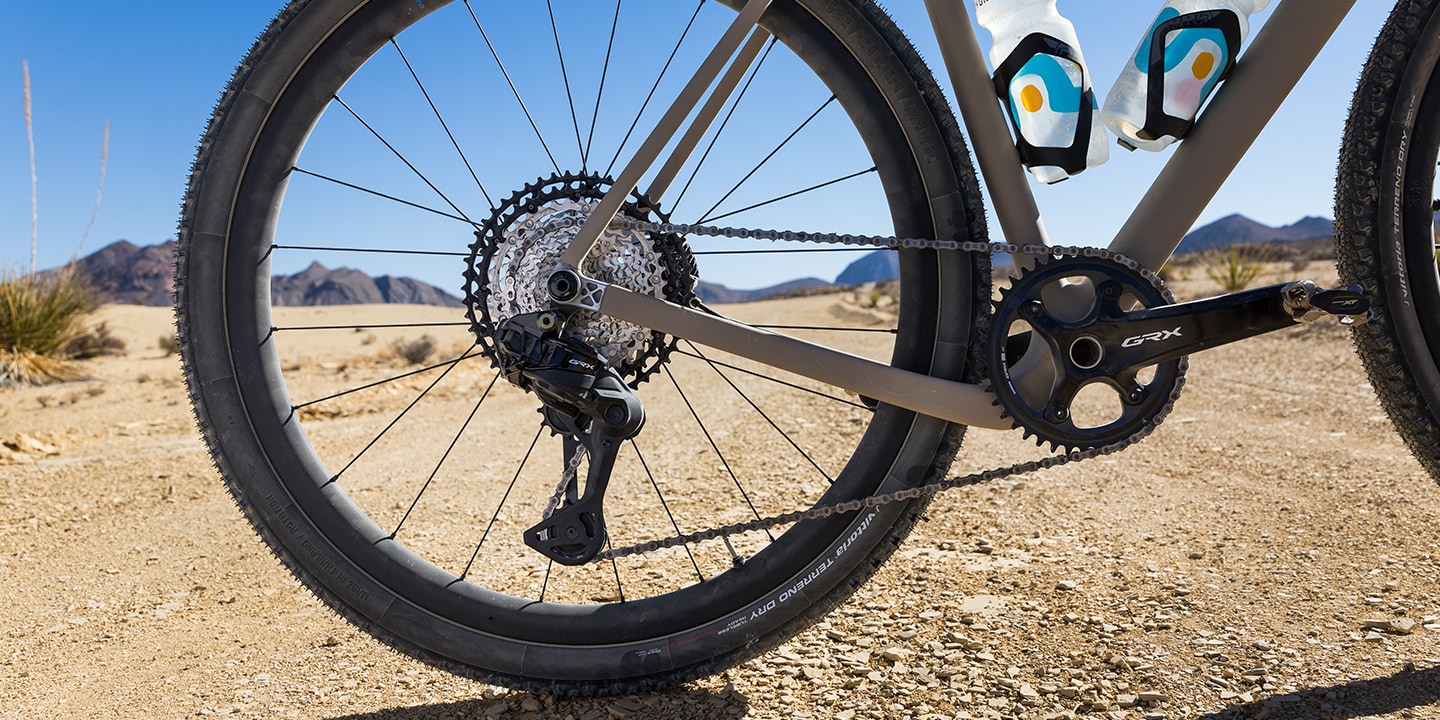
- SHIMANO Gravel Goes Wireless
- GRX 1x12-Speed Wireless Performance for Every Gravel Adventure
- 25/06/2025
-
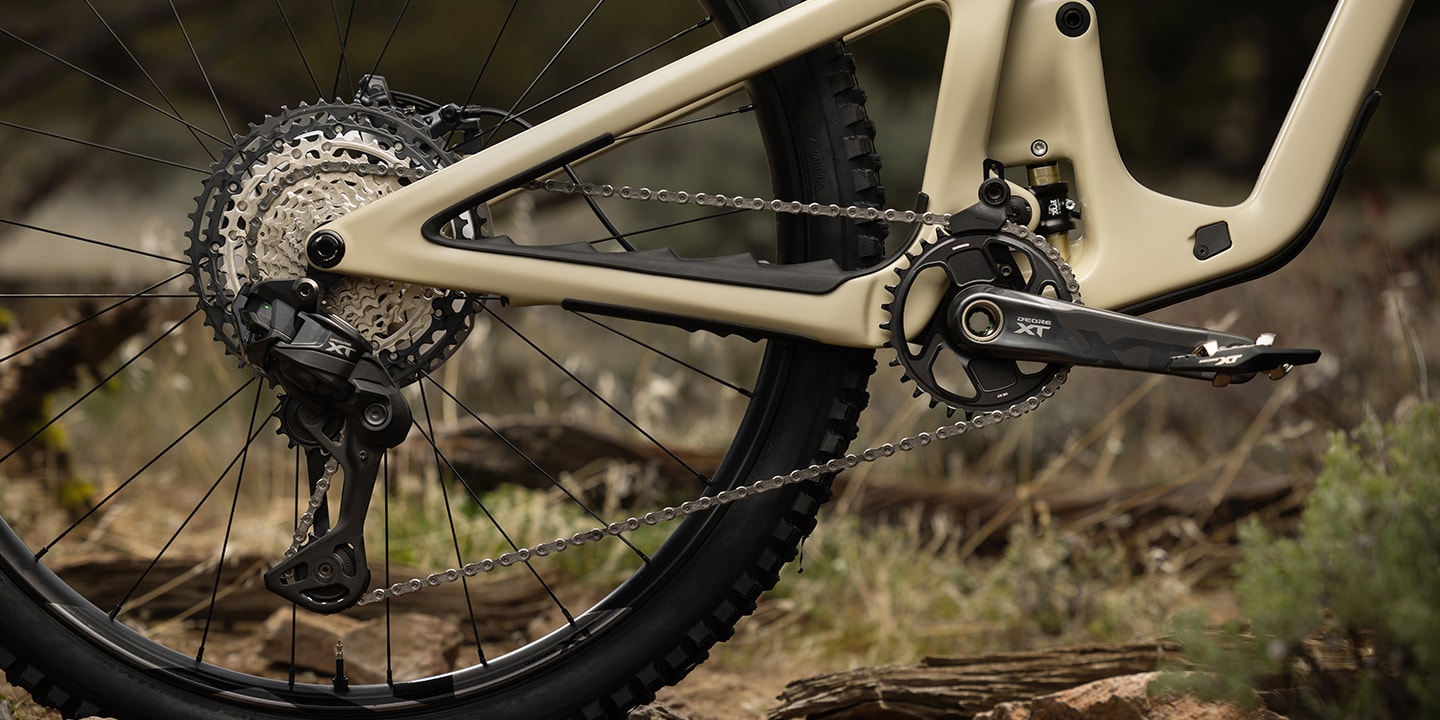
- Introducing DEORE XT M8200 Di2
- More than a ride, it's a way of life.
- 19/06/2025
-
.jpg)
- Introducing Q’AUTO
- How a Century of Innovation Led to Fully Automatic, Battery-Free Di2 Shifting
- 05/06/2025
-
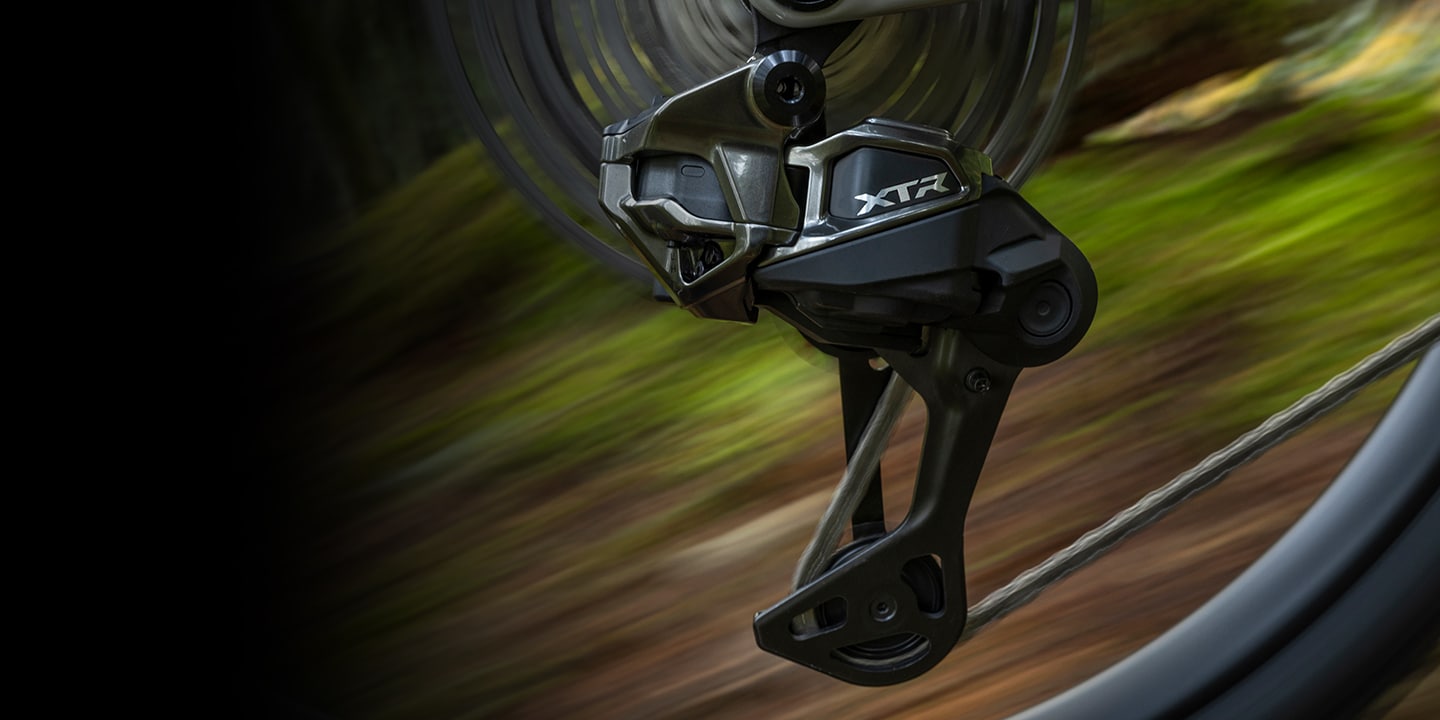
- Introducing XTR M9200 Di2
- Fast and Precise Shifting, Robust Construction, Refined Braking System
- 05/06/2025
-
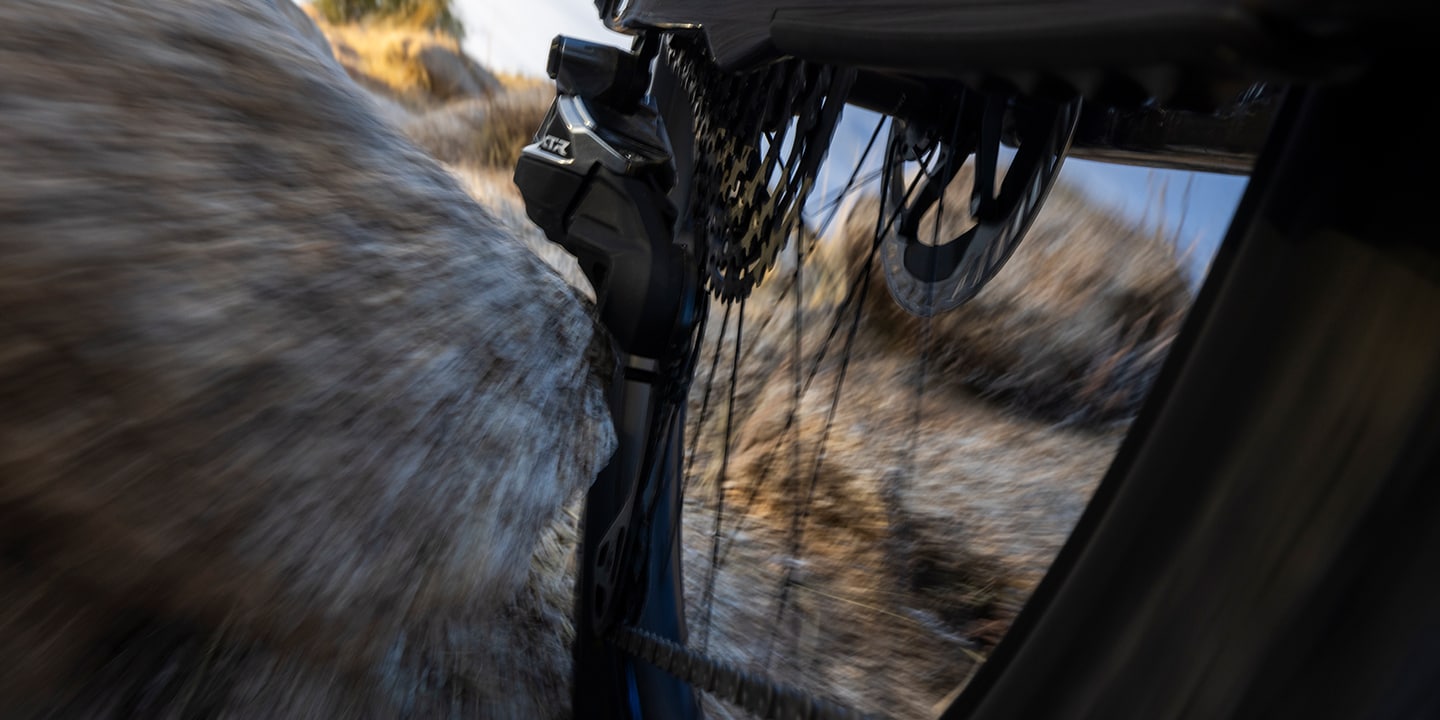
- XTR Explained - Drivetrain Robustness & Survivability
- Real-World Durability for Real-World Riding
- 05/06/2025
-
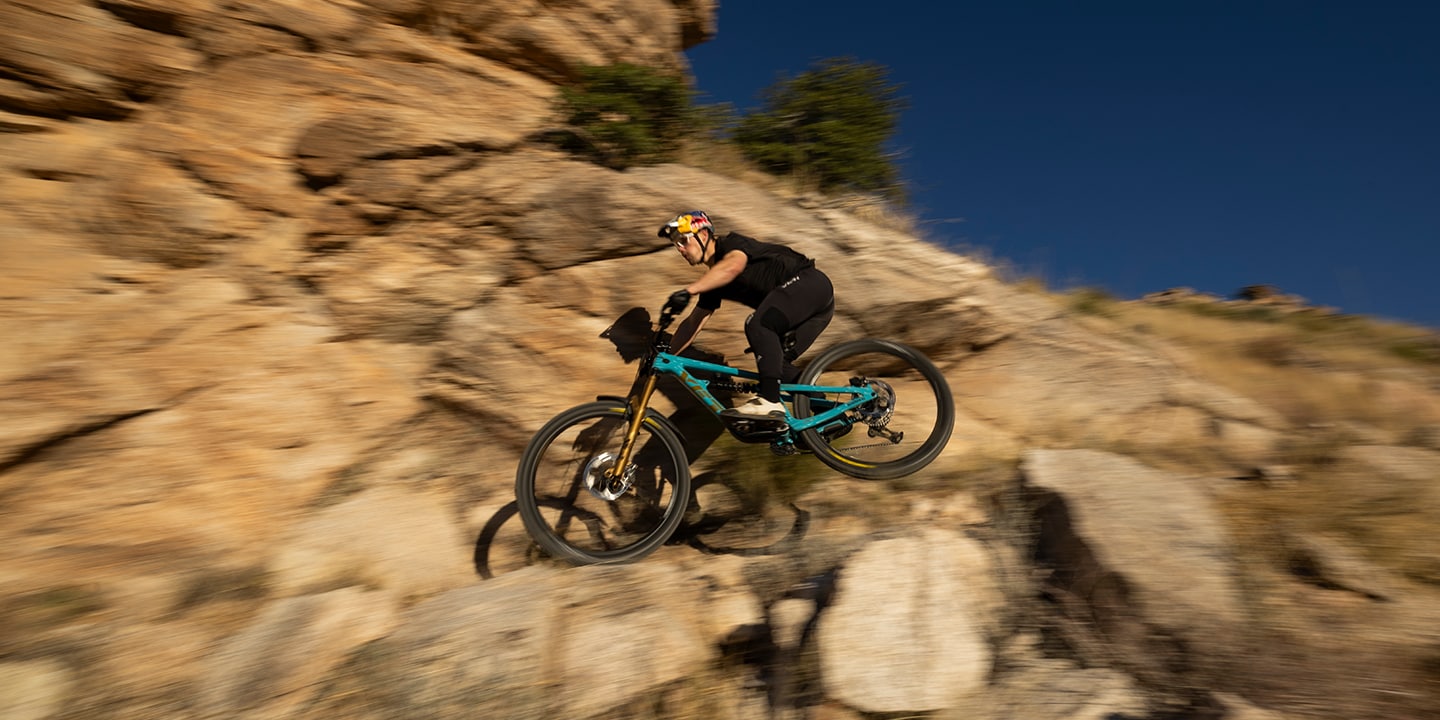
- XTR Explained - Braking Control
- Brake Later, Ride Faster - Confidence in Every Turn
- 05/06/2025
-
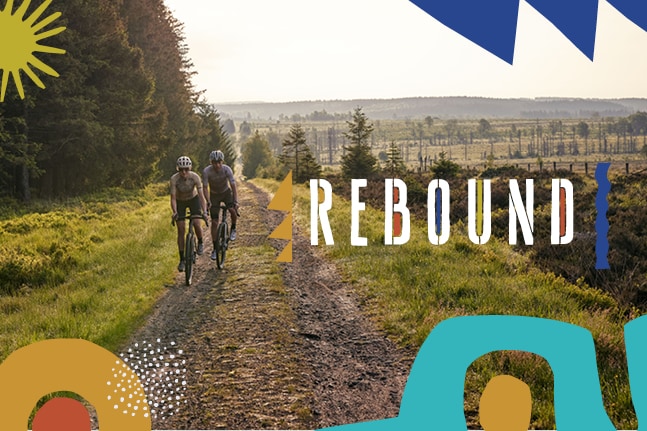
- Your Ultimate Preparation Guide for REBOUND
- Prepare for REBOUND with our ultimate guide! Explore bike selection, gear tips, nutrition strategies, and mental prep to elevate your gravel cycling experience!
- 07/05/2025
-
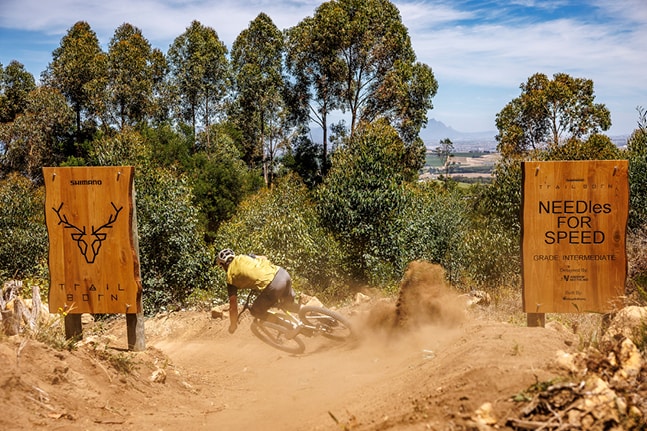
- Helderberg Farm: A New Trail Born Initiative
- Shimano Ambassador Andrew Neethling helped design the new Trail Born-supported trail: NEEDles for Speed at Helderberg MTB Farm in Somerset West, South Africa.
- 01/05/2025
-
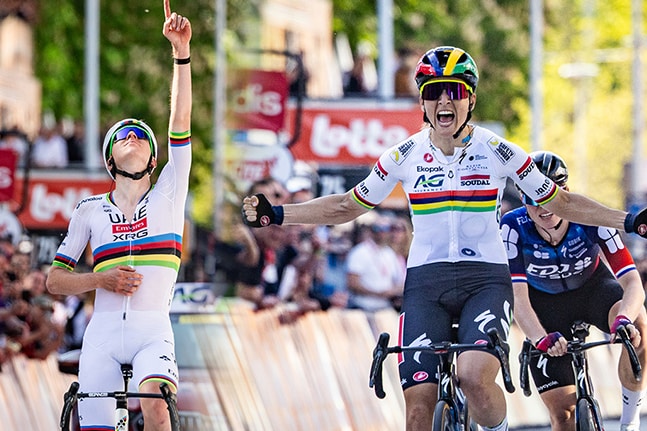
- Pogačar and Le Court Take Liège-Bastogne-Liège
- With 35km to go, Tadej Pogačar took an opportunity—Liège-Bastogne-Liège 2025 was his. Le Court outsprinted Pieterse and Vollering. But what setup brought them the victory?
- 28/04/2025
-
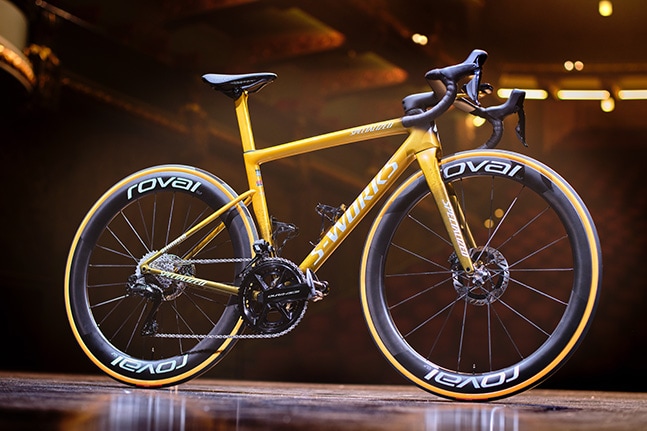
- Building Remco Evenepoel’s Golden Bike
- Check out Remco Evenepoel’s new golden SPECIALIZED S-WORKS TARMAC bike.
- 17/04/2025
-
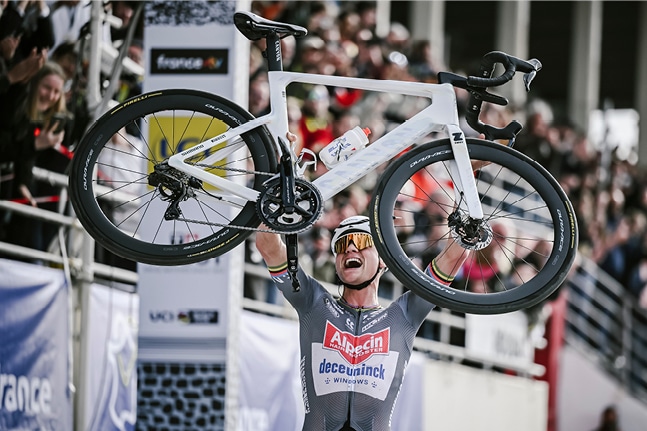
- Mathieu van der Poel’s Paris-Roubaix Winning Bike
- Eight Monuments Each. One Groupset. Pogačar and Van der Poel Went All-Out at Paris-Roubaix!
- 14/04/2025
-
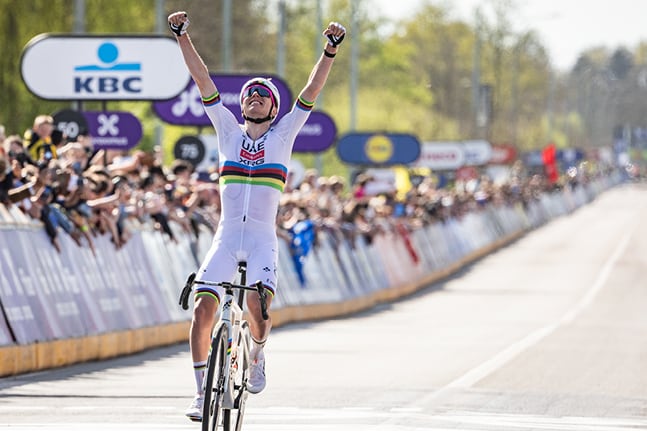
- Pogačar Soloes to Victory in Flanders
- Tadej Pogačar Soloes to Victory at the Tour of Flanders in Battle with Mathieu van der Poel.
- 08/04/2025
-
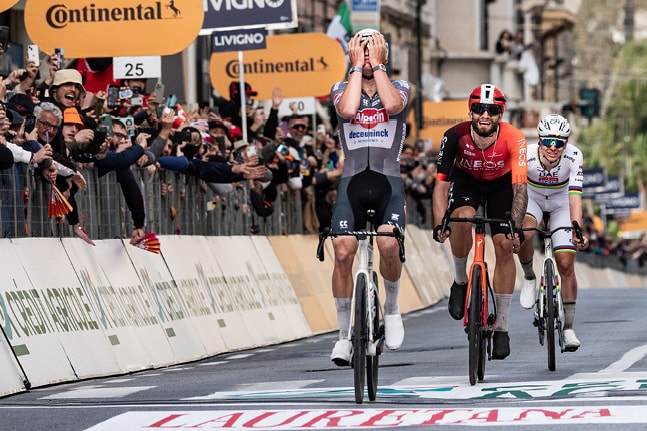
- Van der Poel’s Spectacular Second Win at Milano-Sanremo!
- Shimano-Sponsored Riders Claim the Podium at the First Monument of 2025!
- 24/03/2025
-
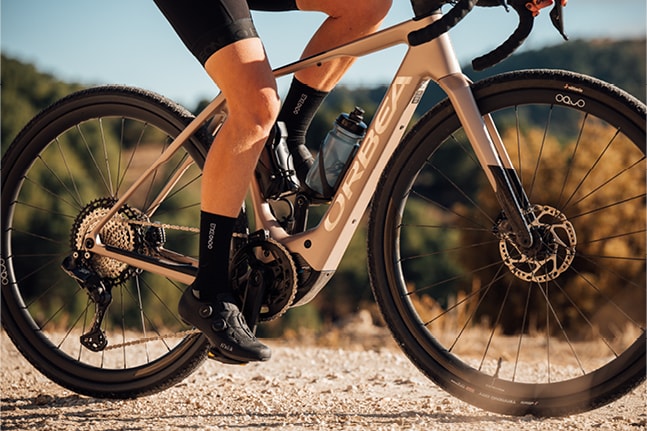
- The Orbea Denna: An Electric Gravel Bike for Adventure
- Orbea Launches its New Gravel-Focused E-Bike with SHIMANO EP8 RS
- 18/03/2025
-

- Shimano's New Gravity Footwear Family
- Get rowdy on rugged DH tracks. Go big on backcountry epics. Smash out more laps on the local trails. Shimano's new GE Gravity Enduro MTB shoes come from 30+ years of clipless pedal expertise. They are purpose-built for precision control and uncompromising performance for aggressive trail, enduro, and downhill riding.
- 25/04/2024
-
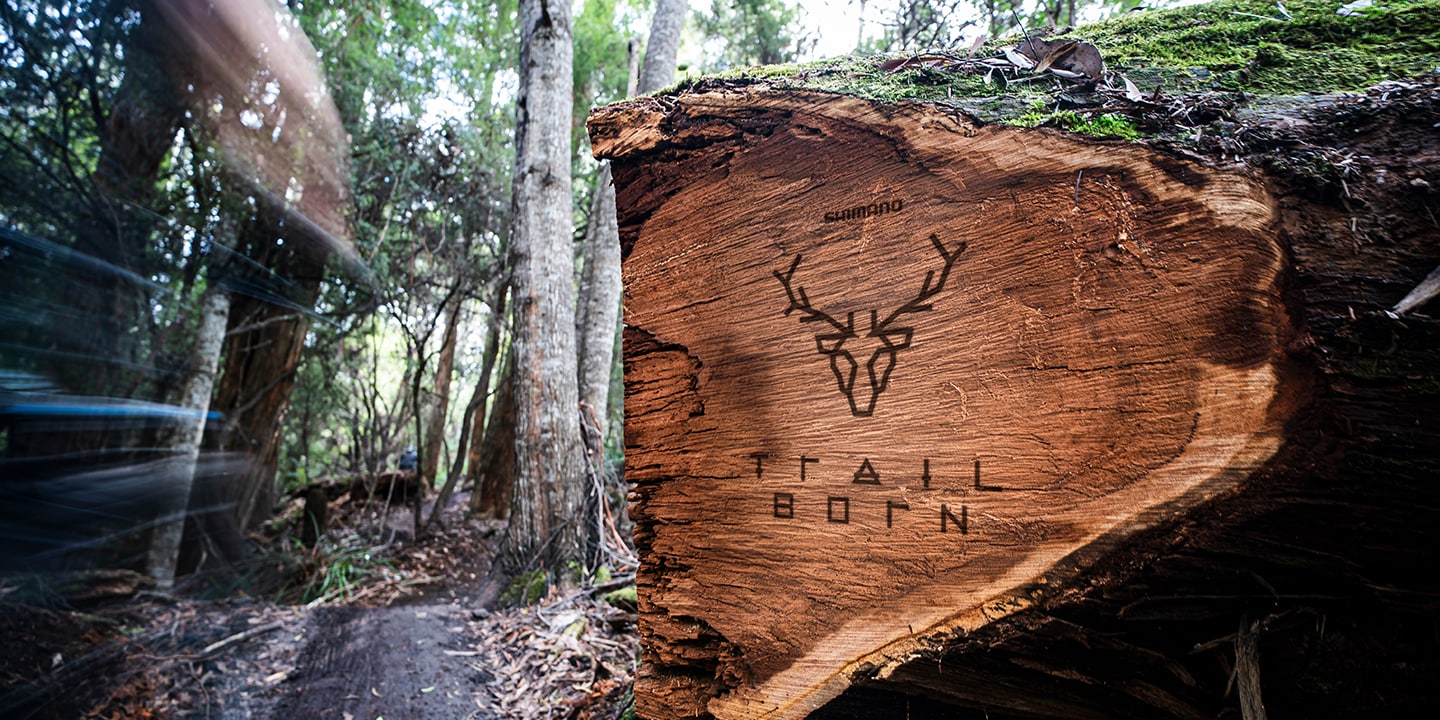
- Building the Future of Mountain Biking
- Shimano Trail Born is a global trail-building initiative that supports advocacy groups, bike parks, and communities in creating more places to ride. Explore highlights from 2024–2025 projects across North America, Europe, the UK, Africa, Asia, and Oceania.
-
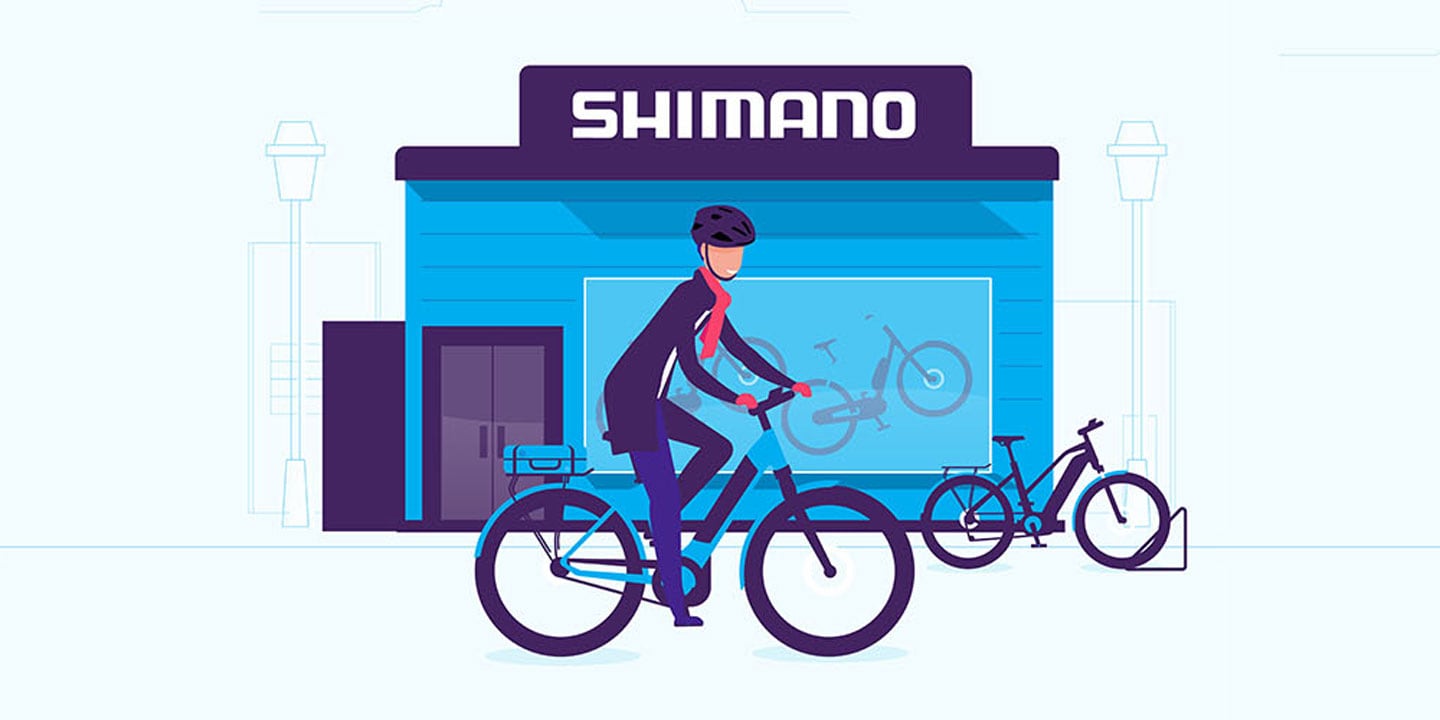
- How to look after your e-bike at home and in the bike shop
- Looking after your e-bike is really important for both your safety and your enjoyment of cycling. With some simple checks to do at home and the support of trained and certified mechanics at a Shimano Service Center you can easily keep your bike in perfect working order!
-

- How Far Can You Go on an E-Bike? Barcelona to Girona
- One of the joys of cycling is heading out on an all-day adventure. Leaving in the fresh light of the early morning and returning dusty, satisfied and relaxed just as dusk falls. Even better is doing it on an e-bike because with pedal assistance you can go further, see more and enjoy your day out without returning home exhausted.
-
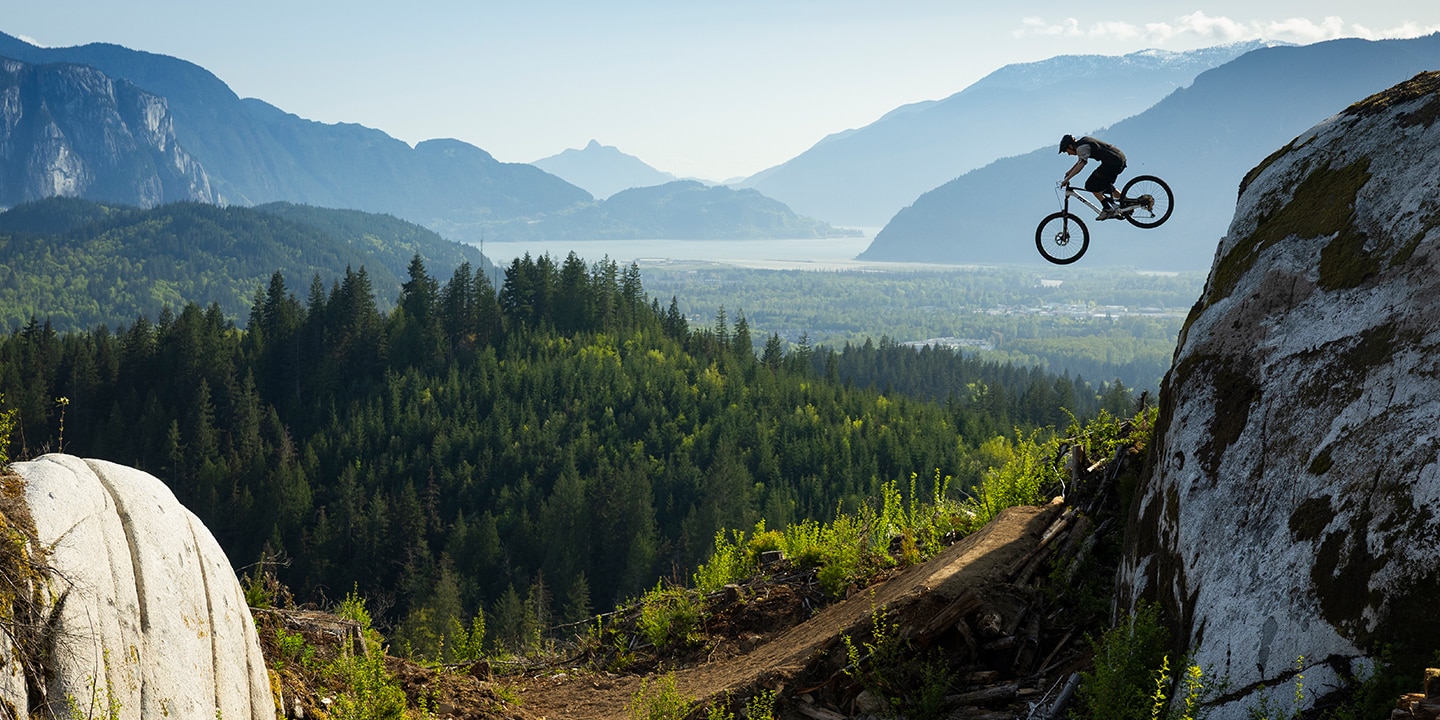
- GRIPD – New Shoe Day
- New Shoe Day with Dane Jewett and SHIMANO’s New GRIPD Gravity Shoes
-
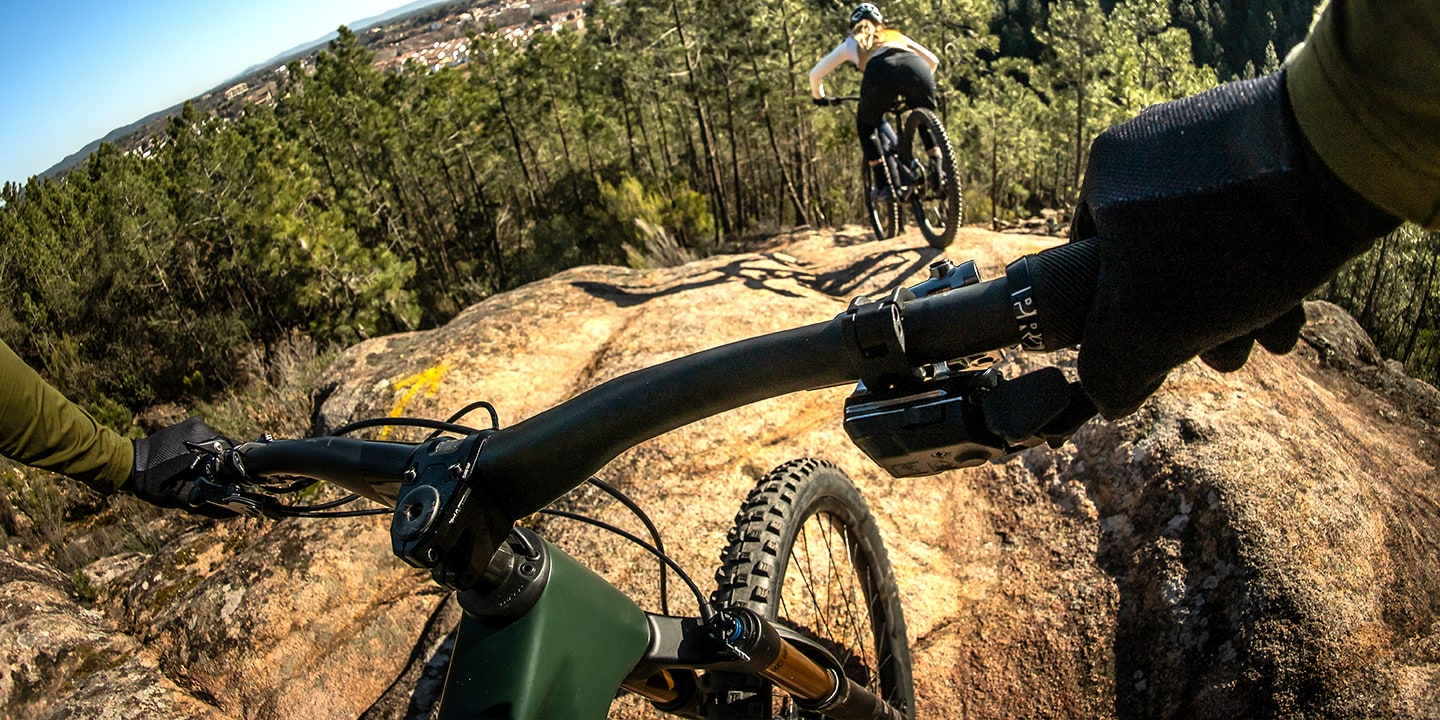
- XTR Explained - Intuitive Ergonomics
- Mastering Speed and Control with XTR Shift and Brake Ergonomics
-
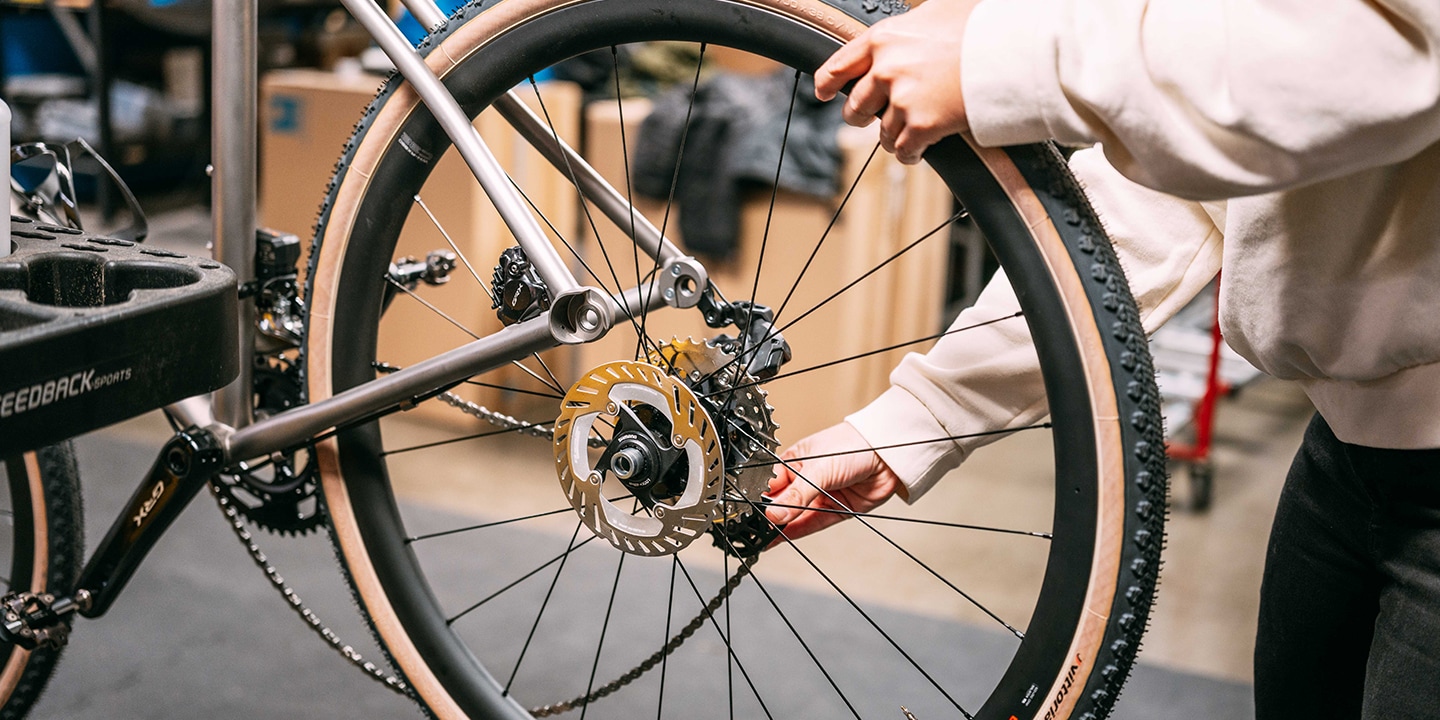
- Spring Tune-Up: Get Your Road or Gravel Bike Ready for the Ride
- The days are getting longer, and the temperatures are warming up.
-
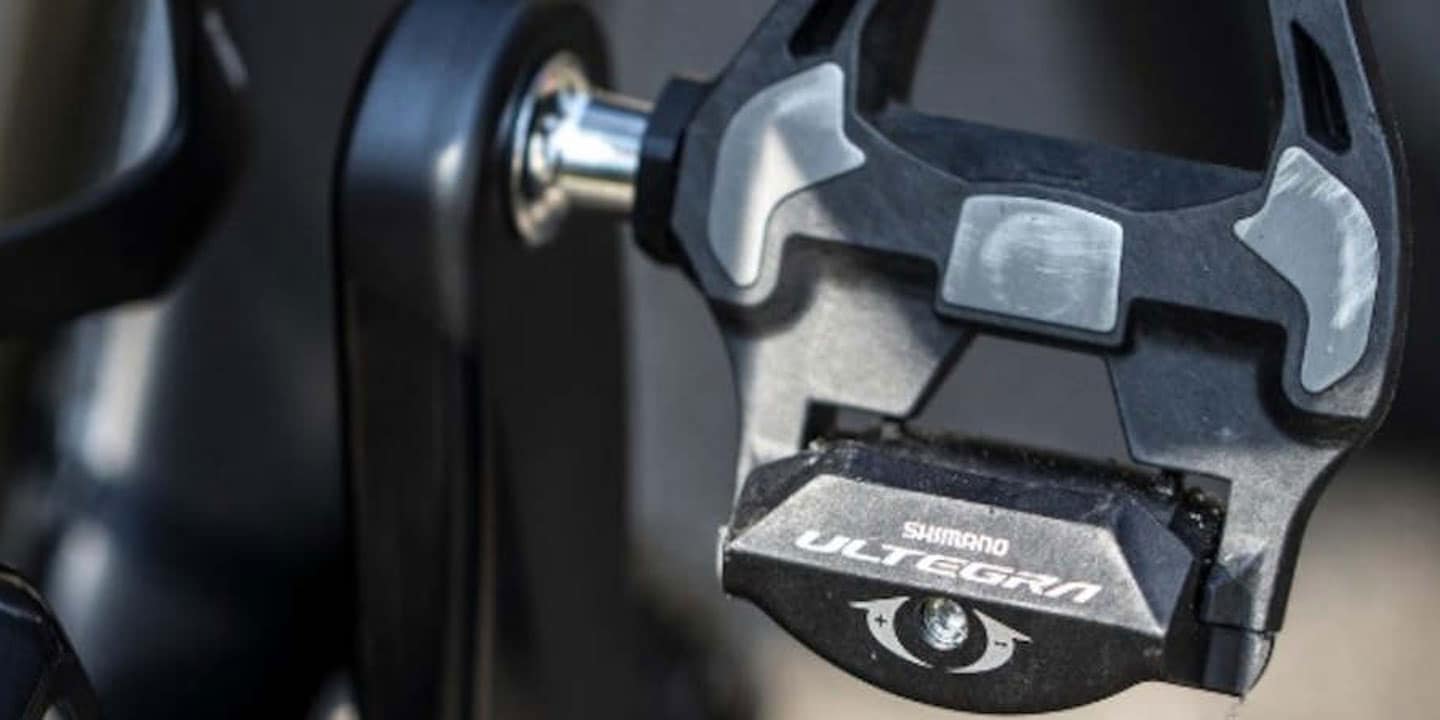
- Choosing the Right SHIMANO SPD-SL Road Cleats for You
- Shimano SPD-SL road pedals and cleats are a popular choice among professional and amateur cyclists thanks to their stable platform, easy operation, and long-lasting performance. The wide, low-profile cleats distribute force evenly and allow for easy walkability without needing to carry special cleat covers for your mid-ride coffee stop.
-
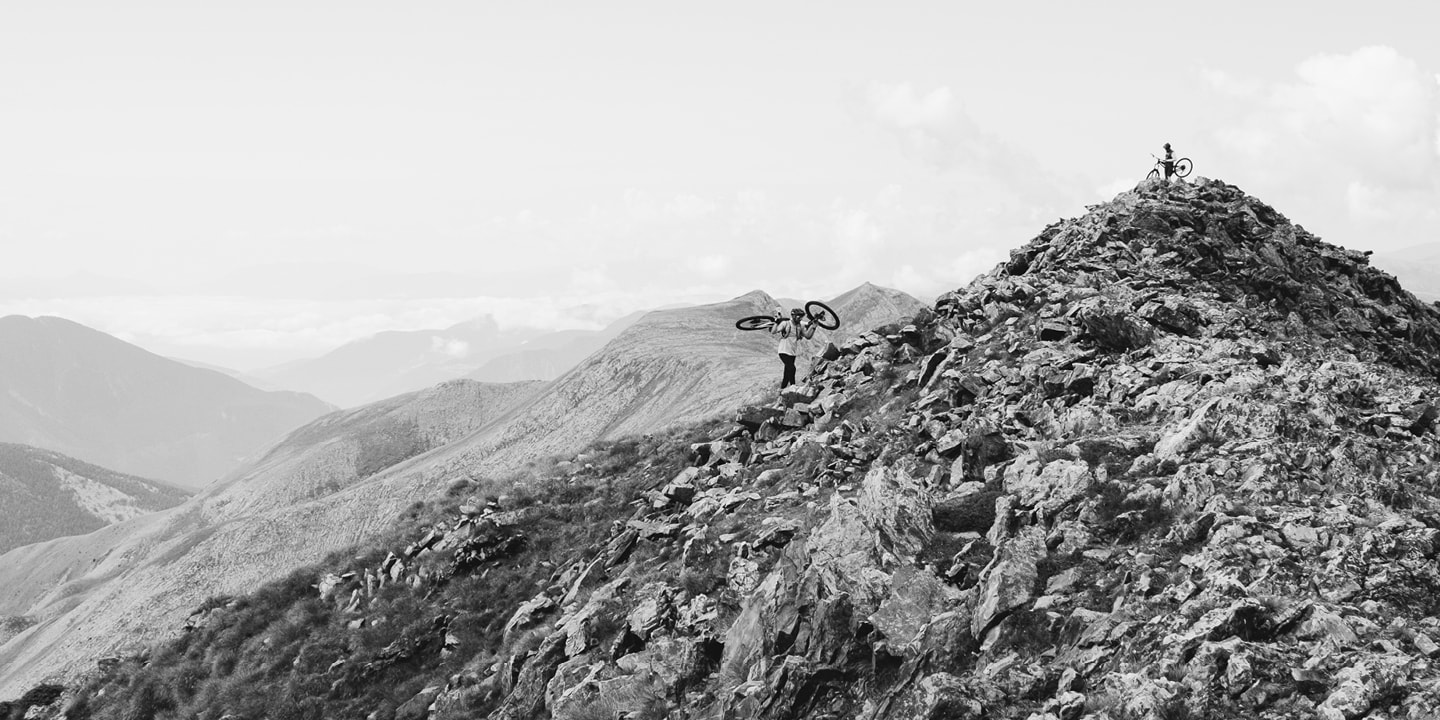
- Kilian Bron: ‘Who Am I?’
- Meet Kilian Bron Like Never Before and Learn About the Life of an MTB Adventurer/Film Maker
-
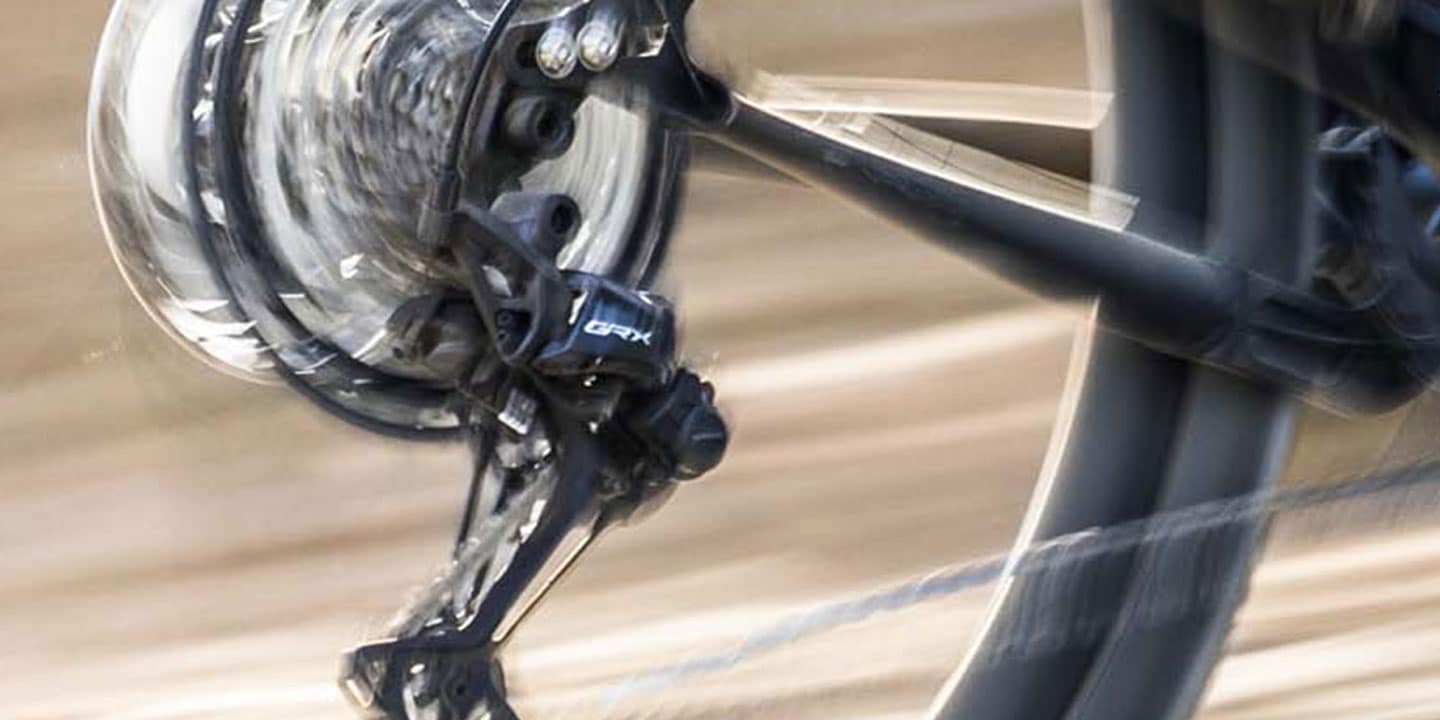
- SHIMANO SHADOW RD+
- The Original Chain Stabilizing Technology
-

- Differences Between DEORE and SLX
- An important question for any MTB rider out there: Should you ride SLX or DEORE? Let's dive into the key differences and common features of these hallmark MTB groupsets.
-
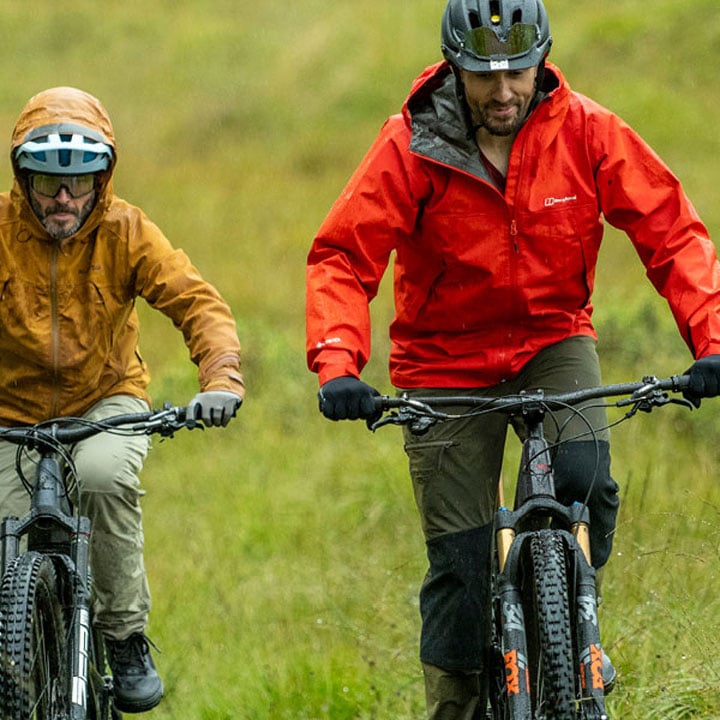
- Evolution Stories: Adam Raja Rewrites Labels
- From gang life to mountain peaks—Adam Raja’s meets with Andy McKenna, as they share the transformative power of nature and Mountain Biking.
-
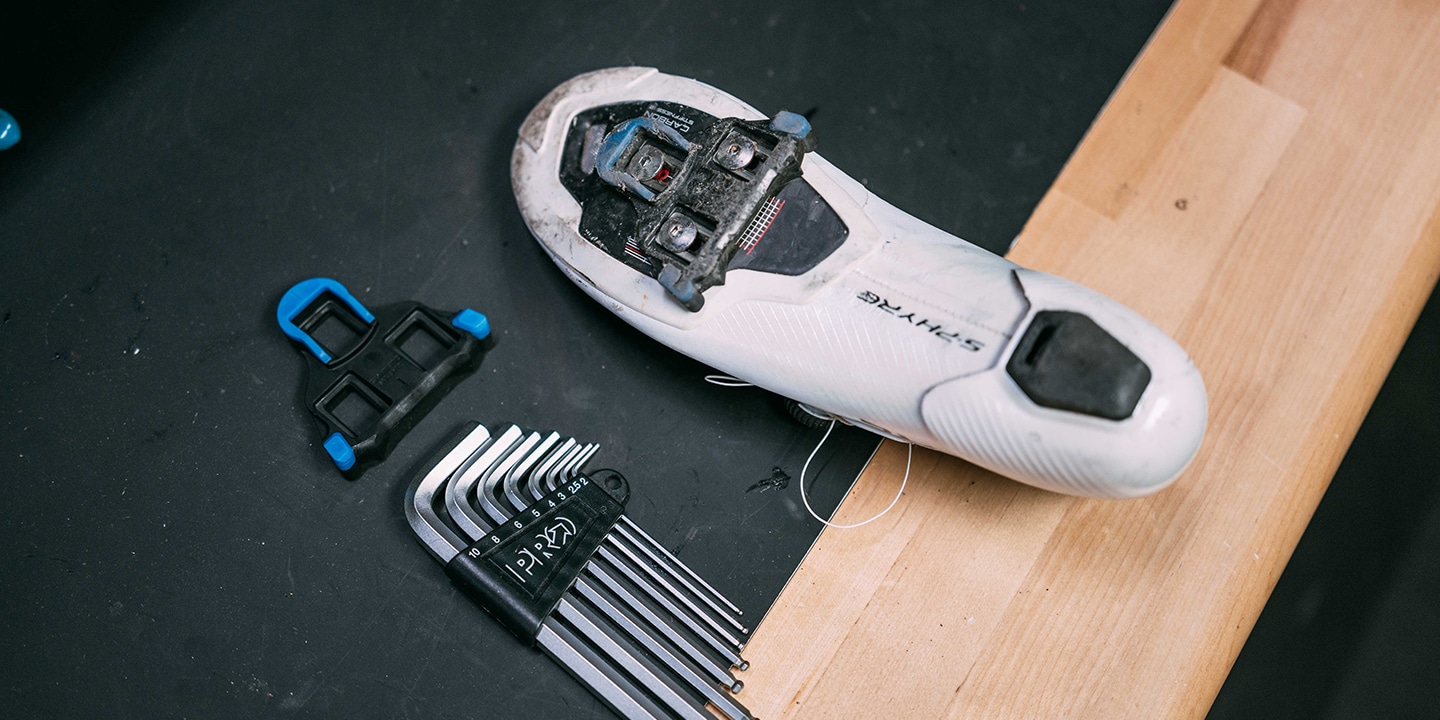
- When to Replace Shimano Cycling Cleats
- How to Replace Shimano SPD-SL and SPD Cleats
-
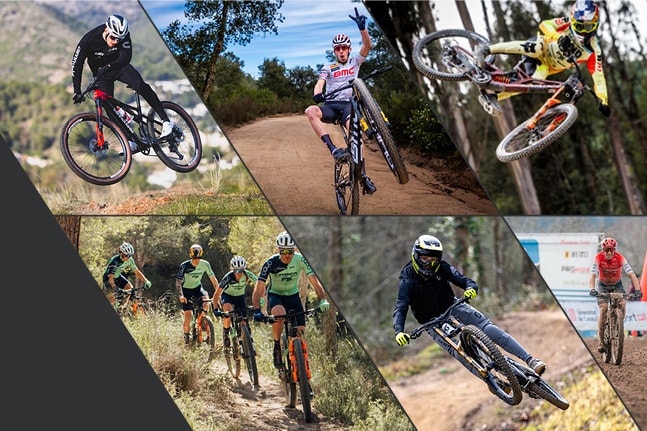
- Shimano’s 2025 World Cup Preview
- The 2025 World Cup season is approaching fast, and there is much to be excited about. This winter has been busier than ever with big-name moves, team overhauls, race schedule changes and the publication of a jam-packed calendar. There’s plenty to unpack, so let’s dig into the who’s who and what’s where.
-
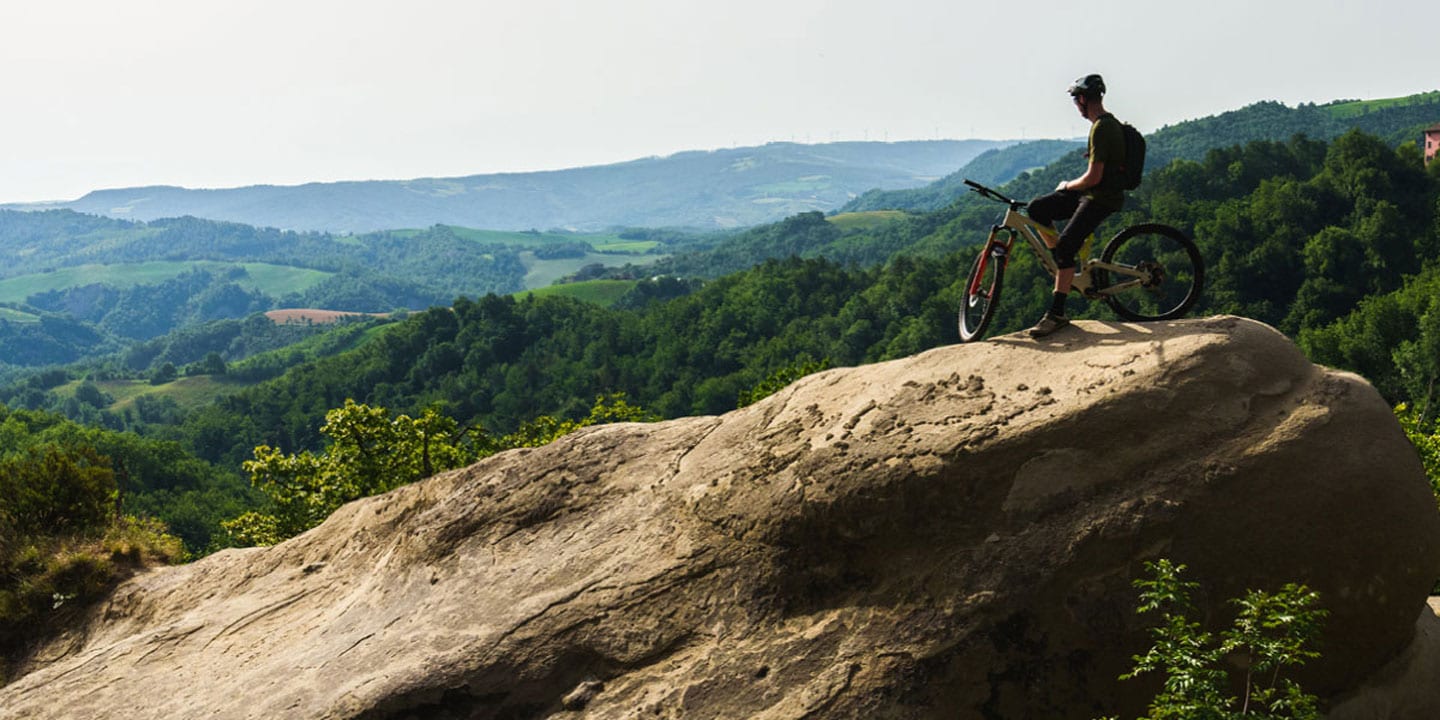
- Scotty Laughland: A Taste of Italy
- Embark on a 10-day adventure with Scotty Laughland as he explores Italy’s breathtaking mountain bike trails. Discover the stunning landscapes and savor the rich, local cuisine that makes this country a true culinary delight!
-
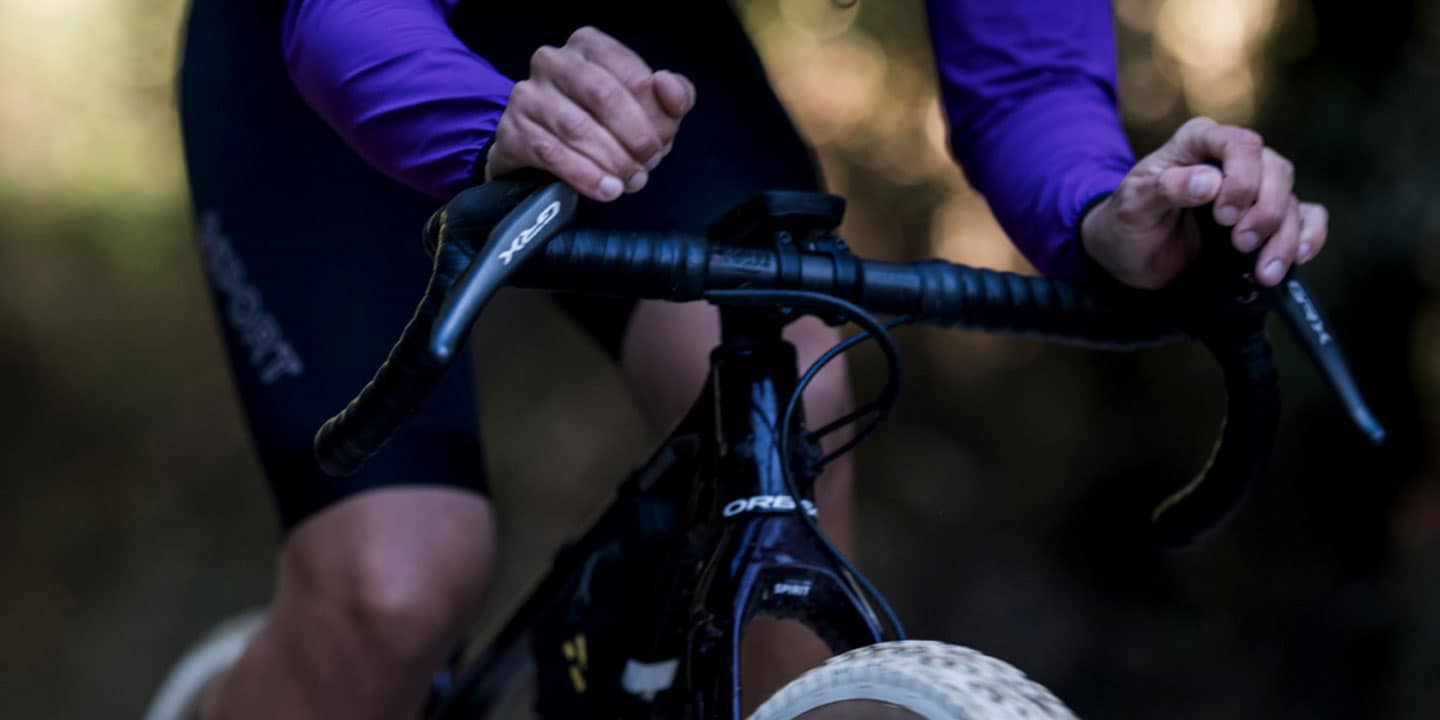
- Shimano’s Gravel Ergonomics
- For much of the past decade, gravel riders have obsessed over the usual suspects: pic king the right tires, dialing in tire pressure, and selecting high-performance wheels and their perfect frame geometry. Yet, while you and all the bike brands fine-tune these specs, many overlook a crucial factor—how comfortably you can hold the levers and brake when it matters most. Without that, you’re missing the full experience.
-
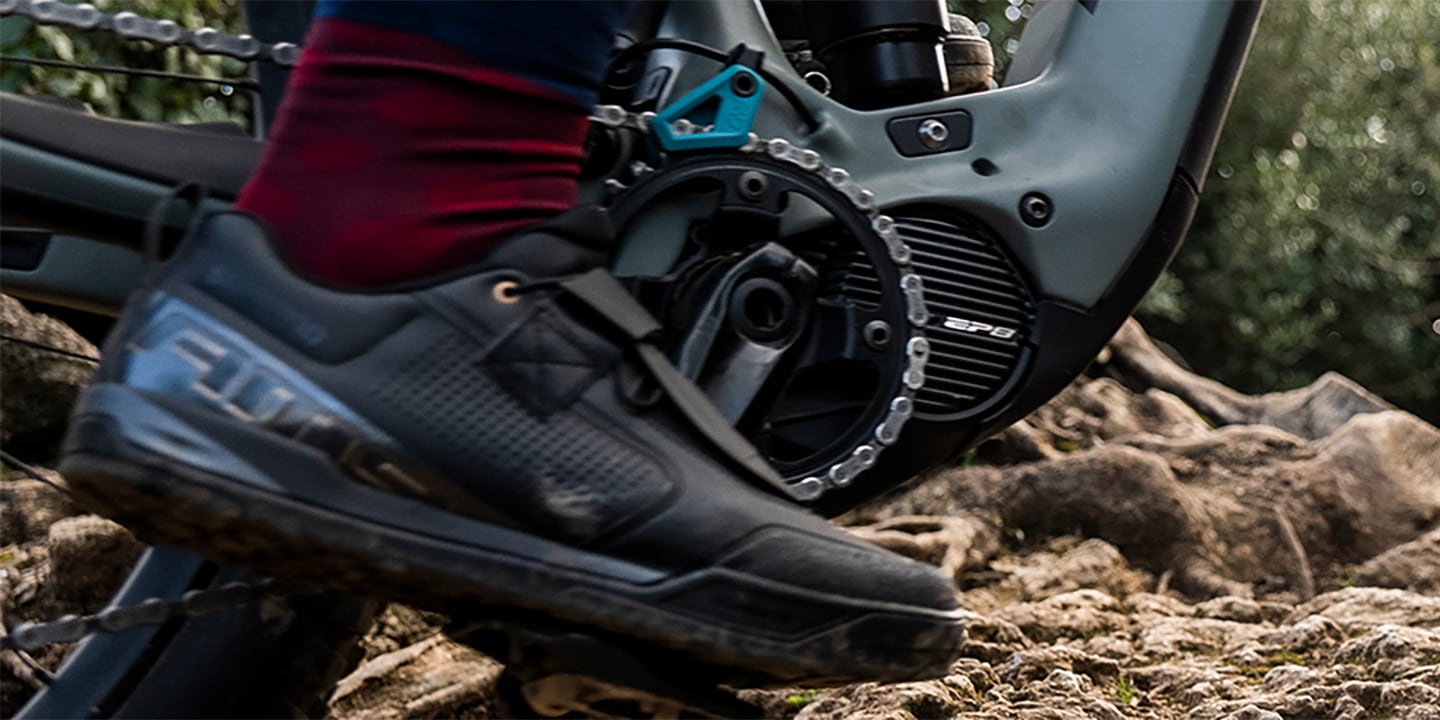
- What of E-Mountain Bike Should I Buy?
- As the e-bike market continues to grow and is attracting new cyclists who are starting their journey through the world of E-MTBs, we want to help them to level up and become confident E-MTB riders.
-
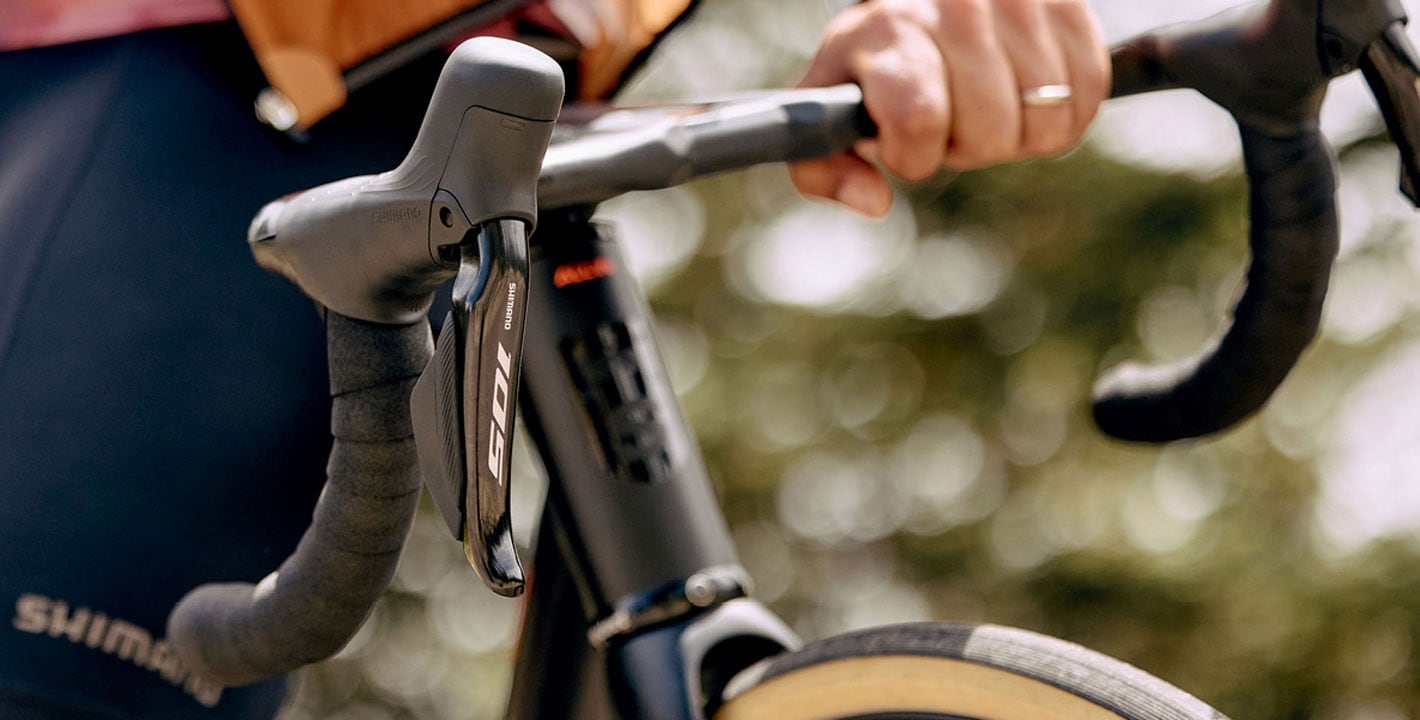
- SHIMANO 105: All you need to know
-
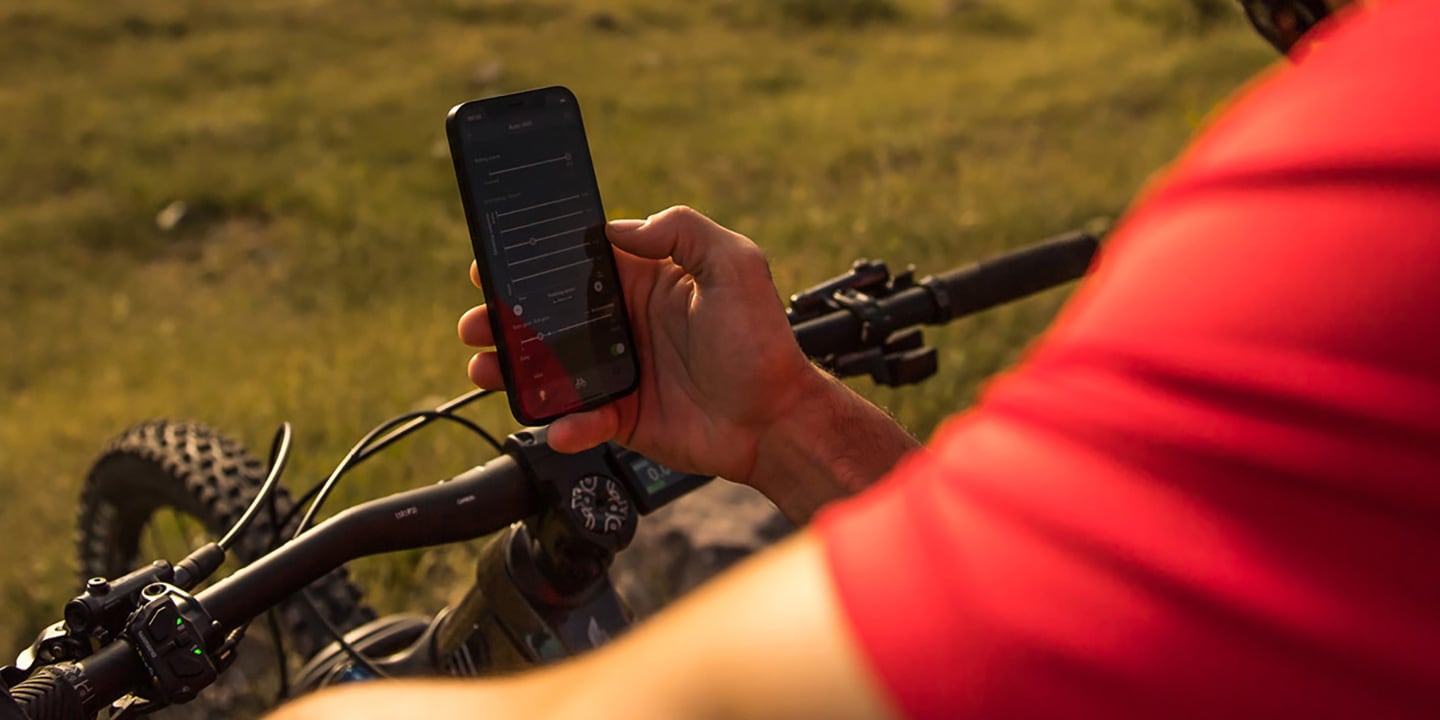
- Customize your ride with Shimano E-TUBE PROJECT Cyclist
- For mountain bikers, the electrification of cycling offers a world of custom settings and options that you can control from the palm of your hand.
-

- From Roads to Trails with Tom Dumoulin
- Just across the Dutch border in the Belgian town of Maasmechelen, mountain biker Jens Schuermans is waiting for Tom Dumoulin. It is to be a meetup of two athletes from vastly different cycling disciplines. Having trained just a few kilometers apart for years, today marks their first actual ride together—in the woods, on mountain bikes.
-
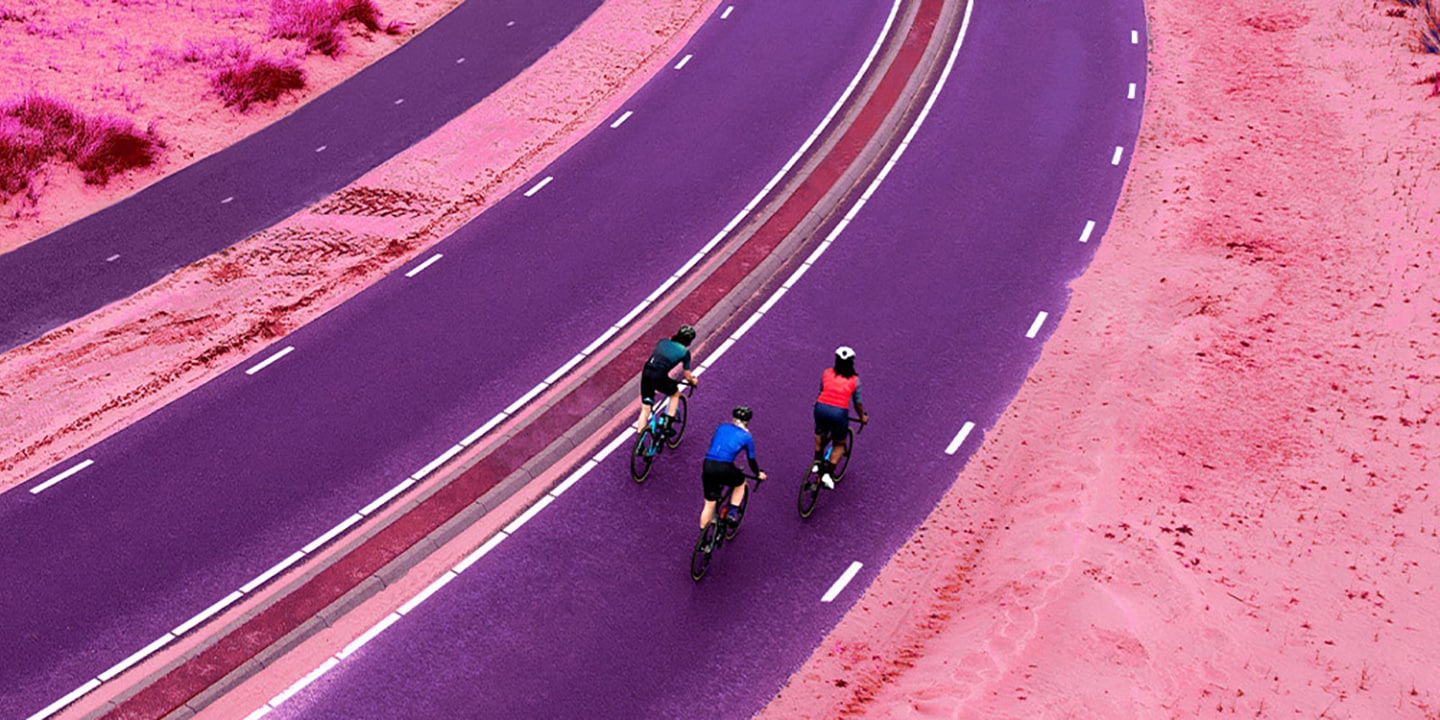
- Shimano 105 Di2: It’s a new day
- In 1982, Shimano 105 was launched to the cycling world, slotting beneath Dura-Ace and Shimano 600 Series (later rebranded Ultegra). The new road group quickly gained popularity as a budget-friendly platform that delivered high-level functionality trickled down from higher-end models. In the ensuing decades, Shimano 105 was updated seven times, each iteration providing ever-improving technology in an approachable package.
-
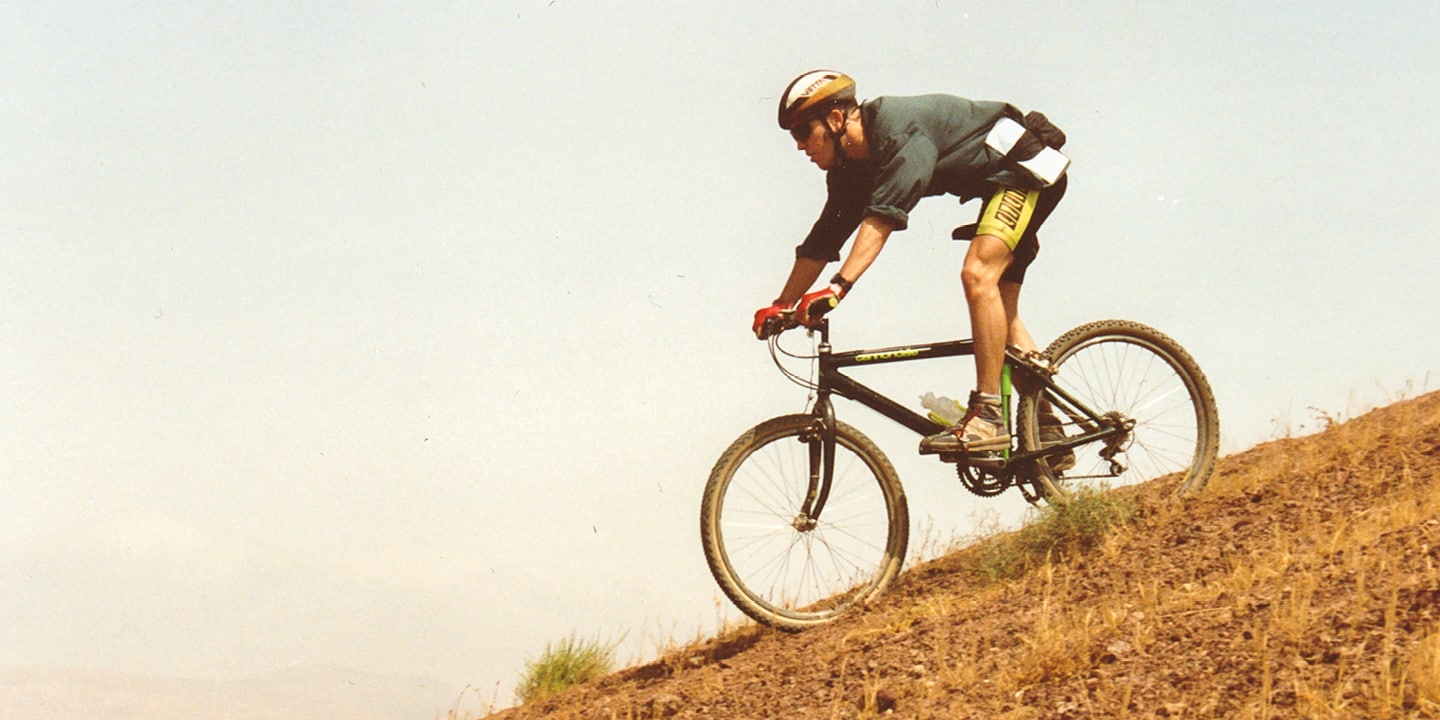
- Sizzle: Dan Milner's MTB Journey Back to Mallorca
- A Mallorcan Odyssey with MTB Photographer Dan Milner, Powered by DEORE XT.
-
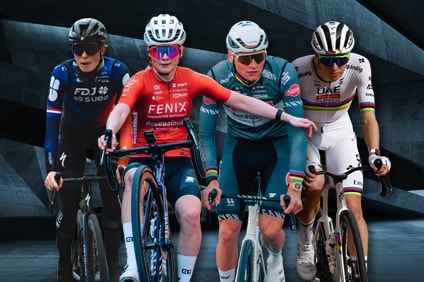
- Shimano Sponsored Road Teams of 2025
- Discover Shimano’s Class of 2025 and Explore the UCI WorldTour Calendar 2025
-
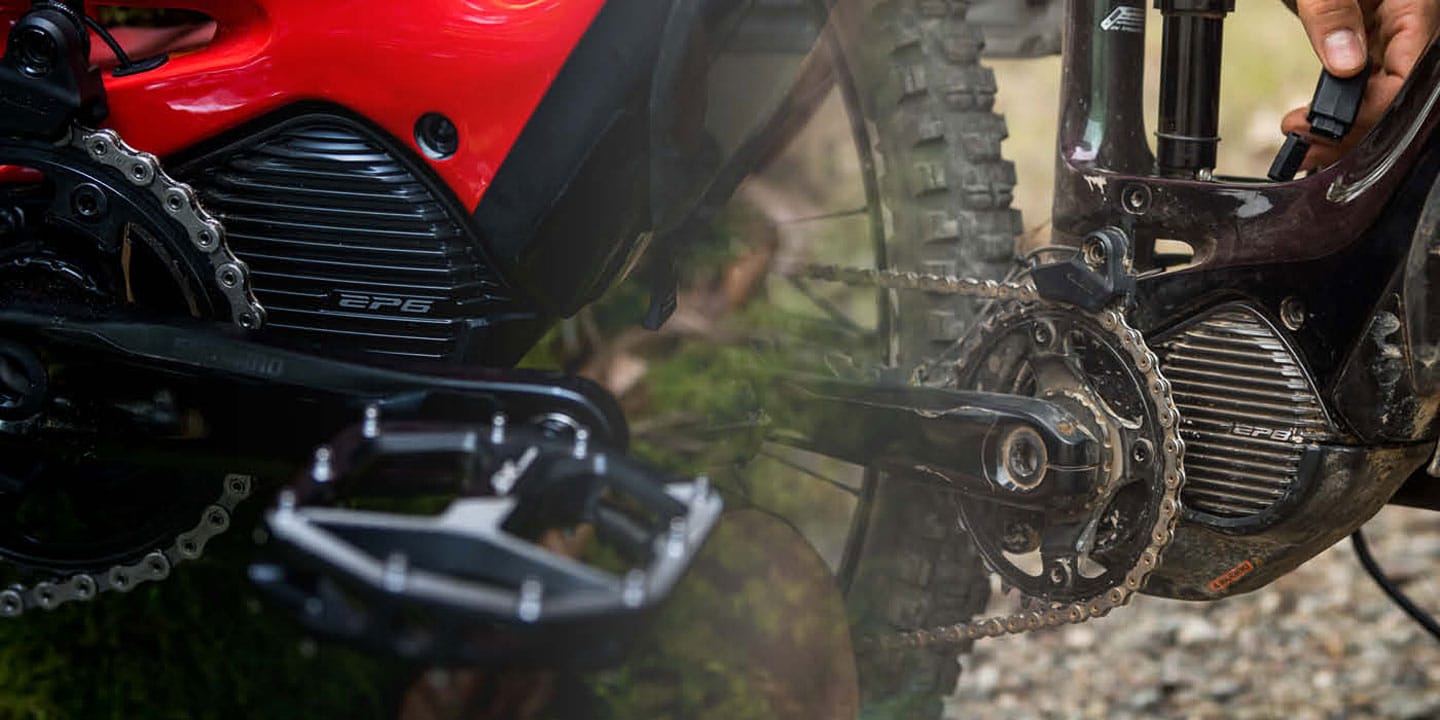
- Similarities and Differences Between EP801 and EP6
- In 2022, we launched the EP801, the successor to our popular EP800 e-bike system. The new drive unit provides more support, offers more connectivity options, is compatible with our new battery management system and enables the revolutionary AUTO SHIFTand FREE SHIFT technologies.
-
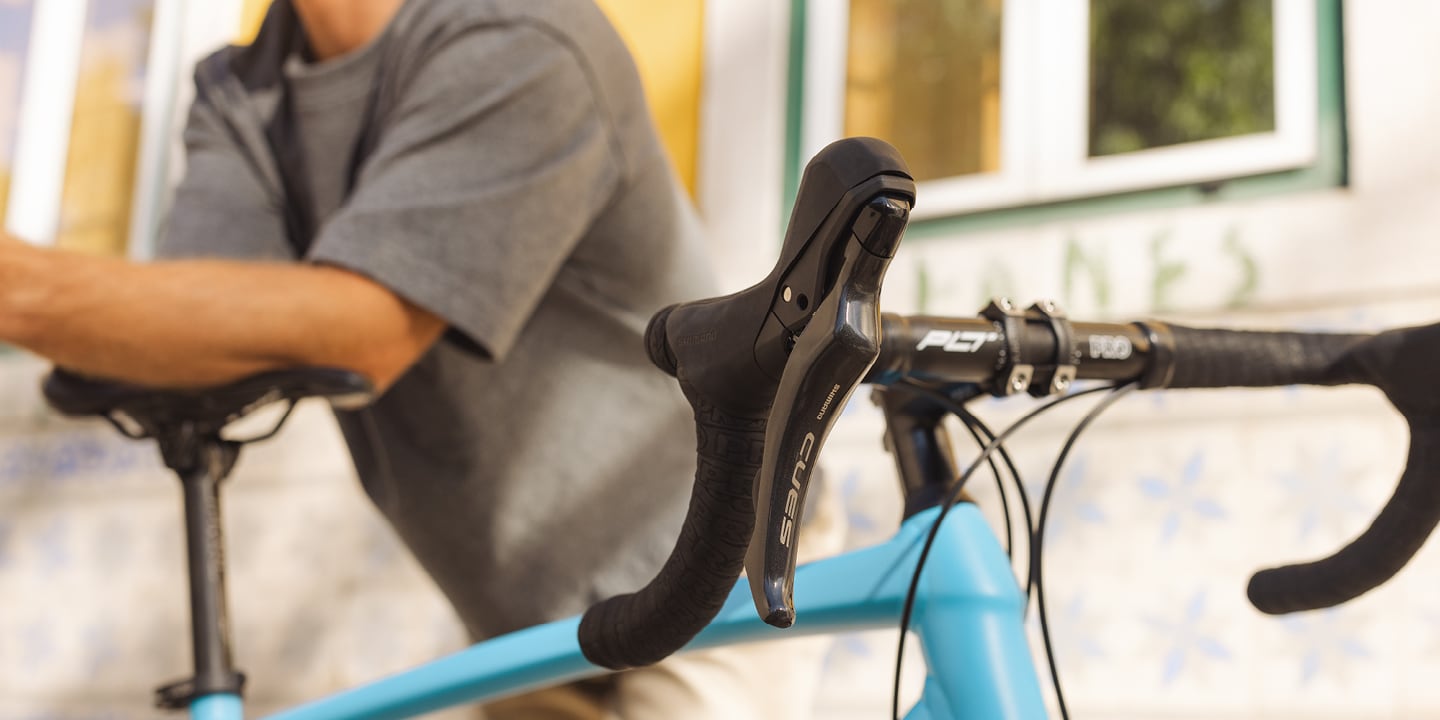
- SHIMANO CUES for Drop Bar
- Introducing CUES for Recreational Road and Gravel Riding
-
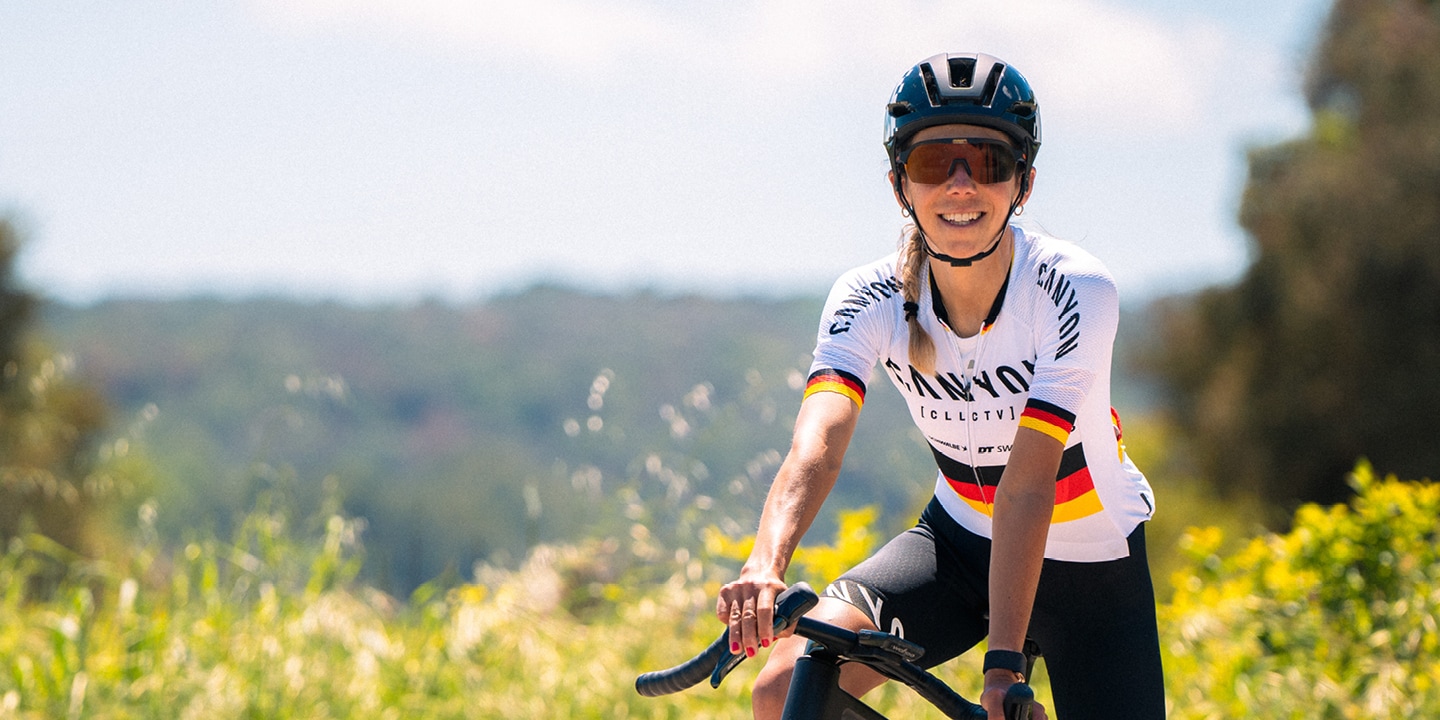
- Carolin Schiff: From Bremen to UNBOUND
- Learn How To Prepare for Your First Race with Carolin Schiff
-
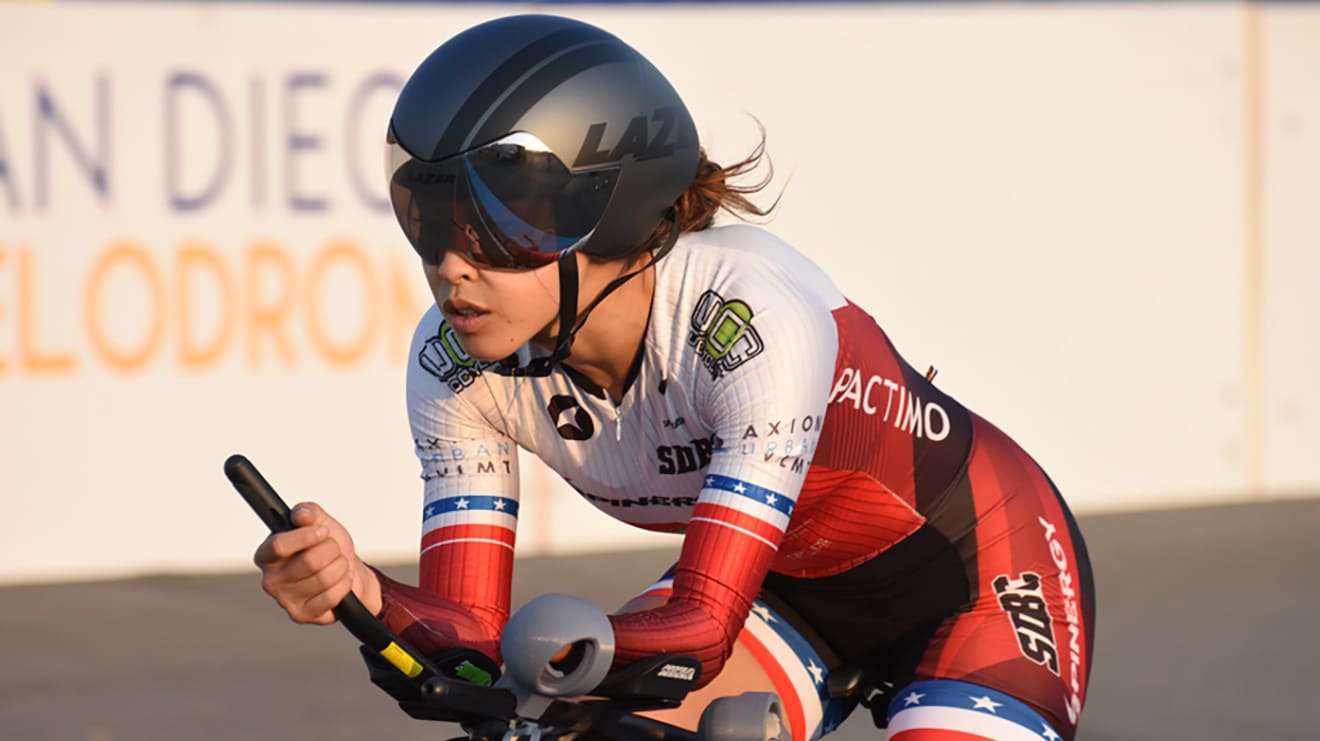
- Smashing Limits with DIY Adaptive Tech
- Josie Fouts has very little time for limits.
-
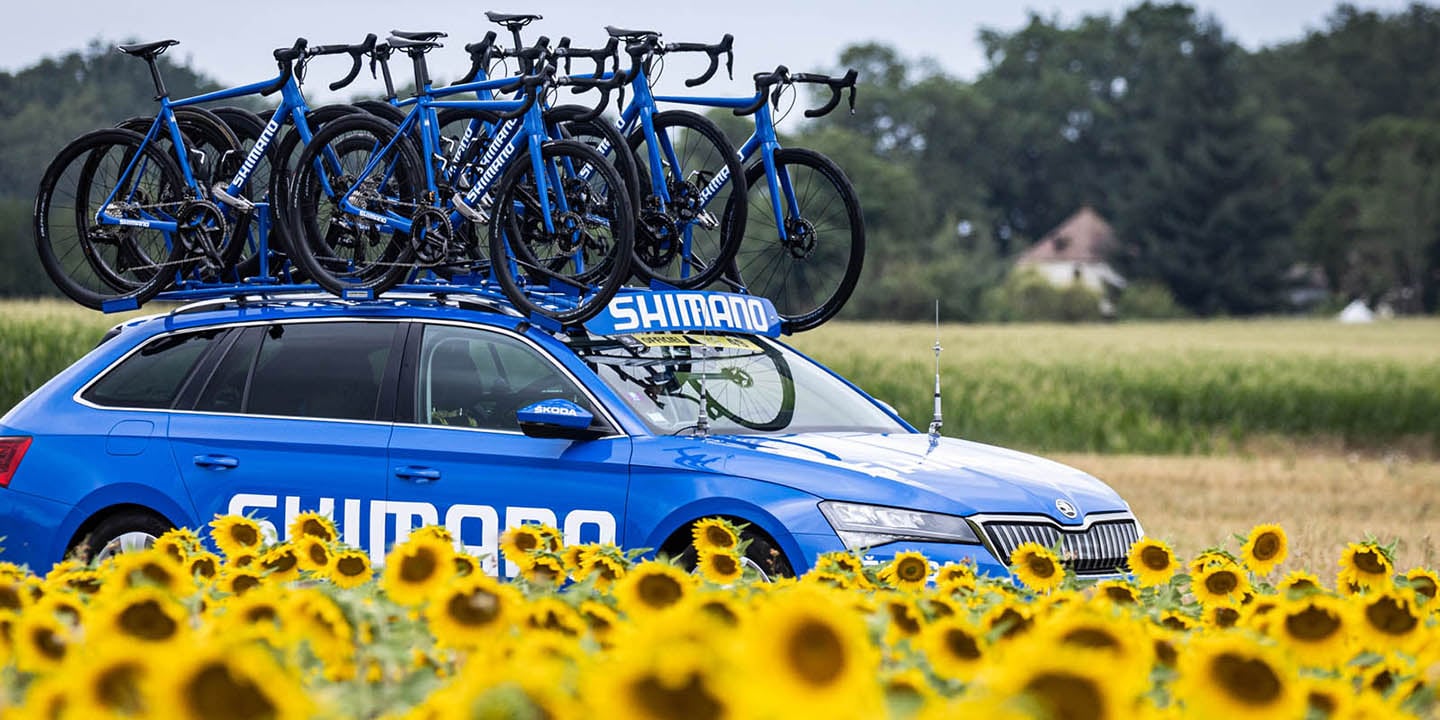
- Shimano Builds Toward the Tour de France
- The sweat, toil, and thrill of the Tour de France is just around the corner.
-
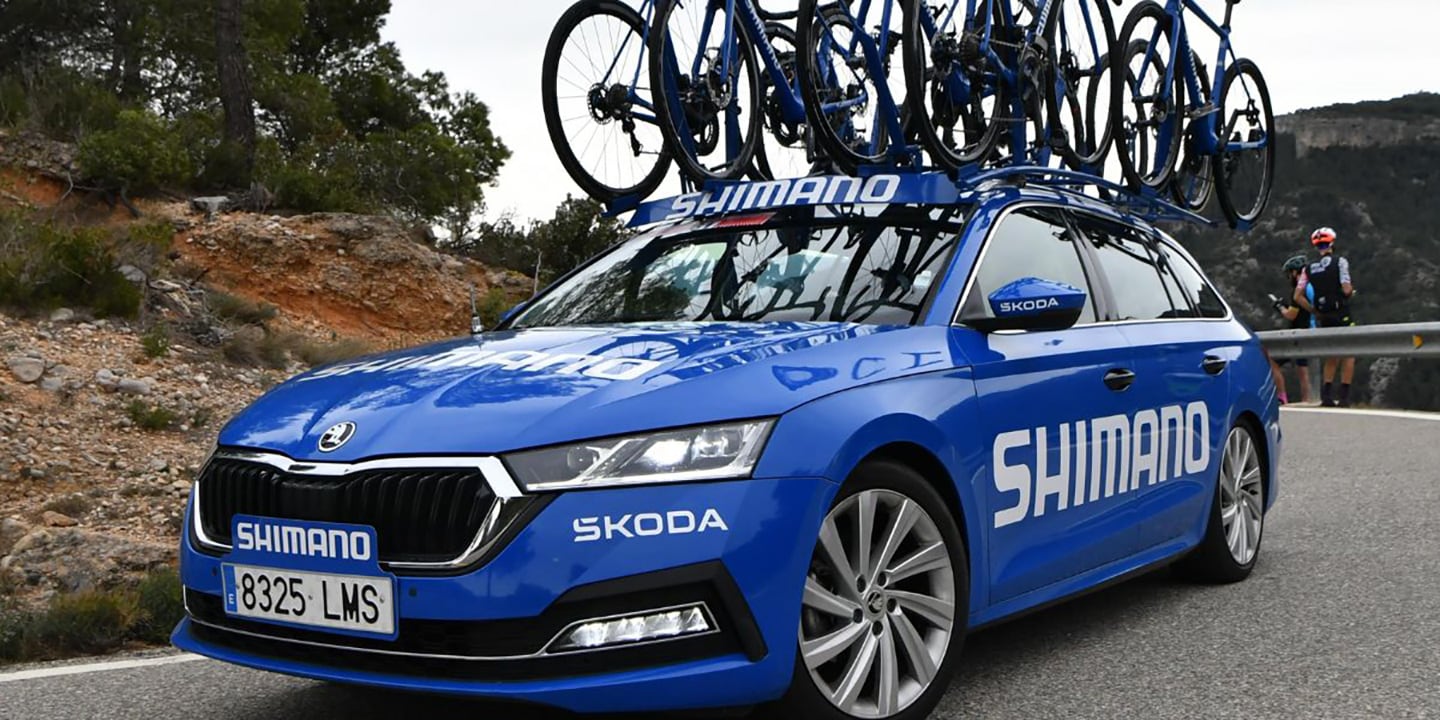
- Shimano Human Science: A home away from home
- Every cycling fan knows the blue Shimano Neutral Service cars and motorbikes that offer assistance to riders from any team, in any situation – no matter their kit.
-
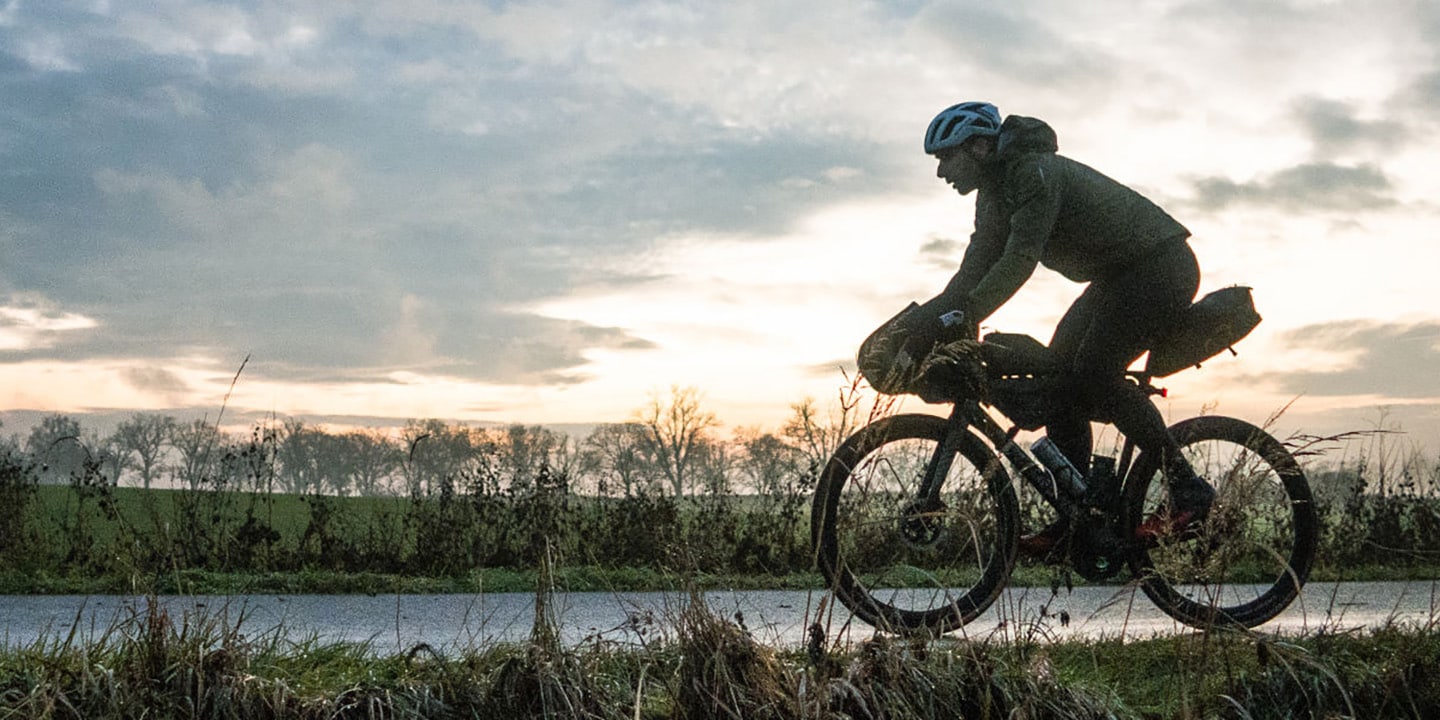
- Shimano Winter Warriors: Grit and gears
- “The day’s scant sunlight is already fading into the lead-coloured winter sky.
-
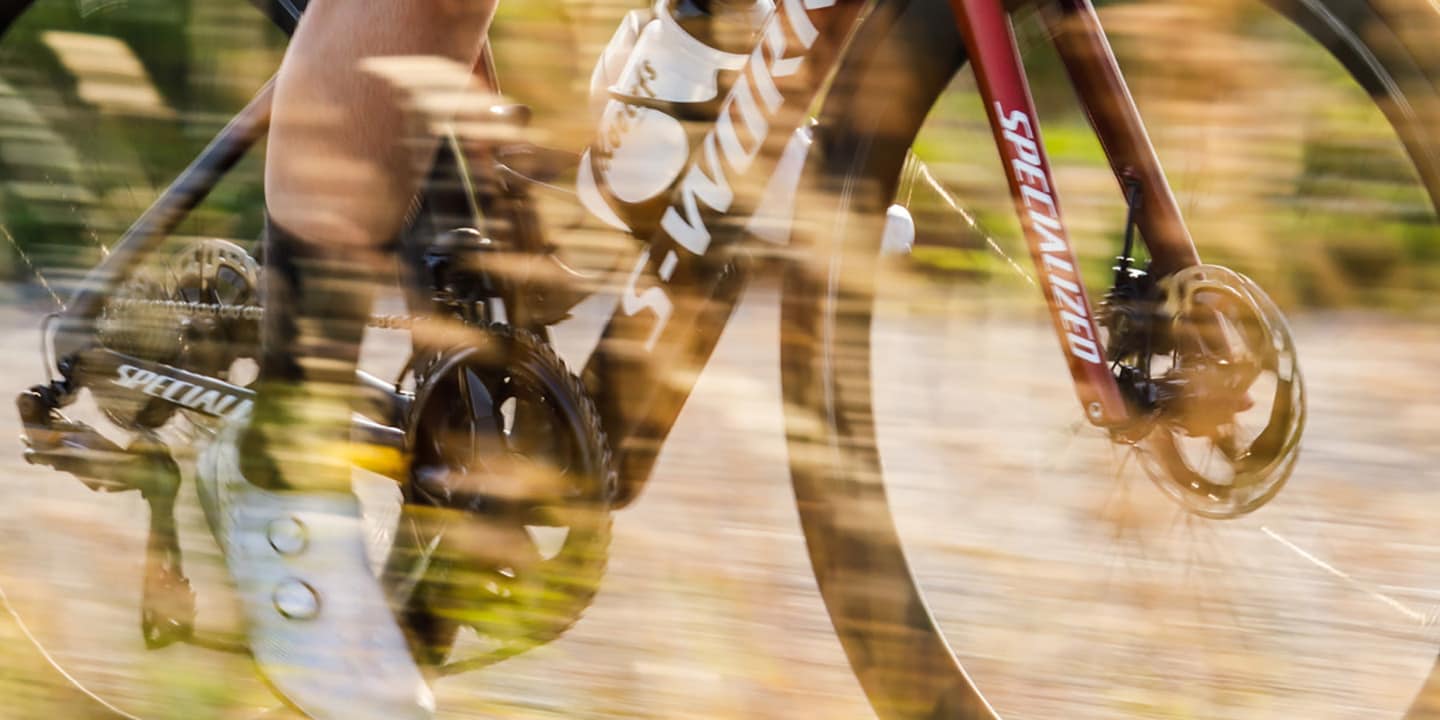
- How to prepare for the mountains
- Looking to tackle some climbs with your road bike? Learn exactly how to prepare for the mountains with these practical tips from Shimano-supported rider Nikky Alberts.
-
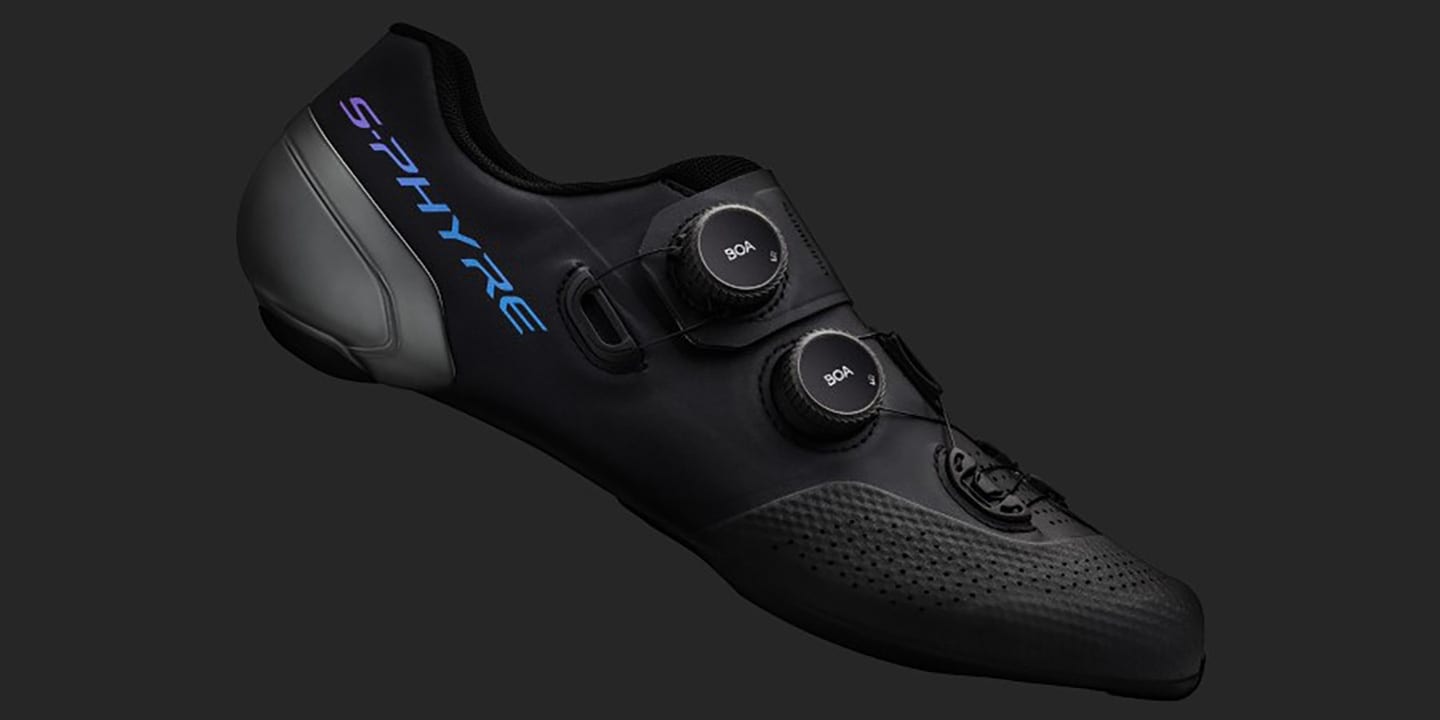
- Shimano Advances Its Ultimate Road Racing Shoe With New S-PHYRE RC902
- After extensive scientific research and testing with its top professional athletes, Shimano introduces its redesigned flagship S-PHYRE RC902 road racing shoe for the 2021 model year.
-
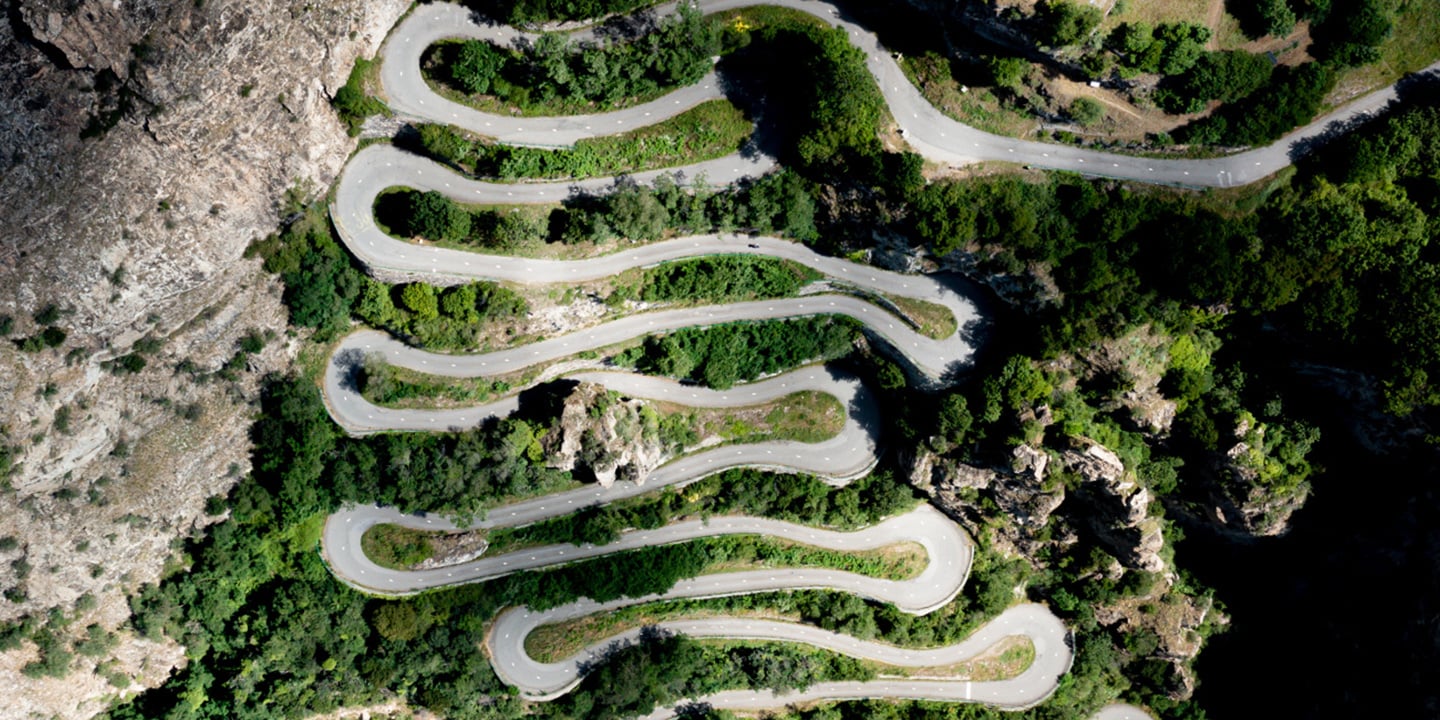
- Les Lacets de Montvernier
- Les Lacets de Montvernier (the shoelaces of Montvernier) is situated in the heart of the Maurienne valley, which undoubtedly is one of the most famous and renowned areas in the world to cycle.
-
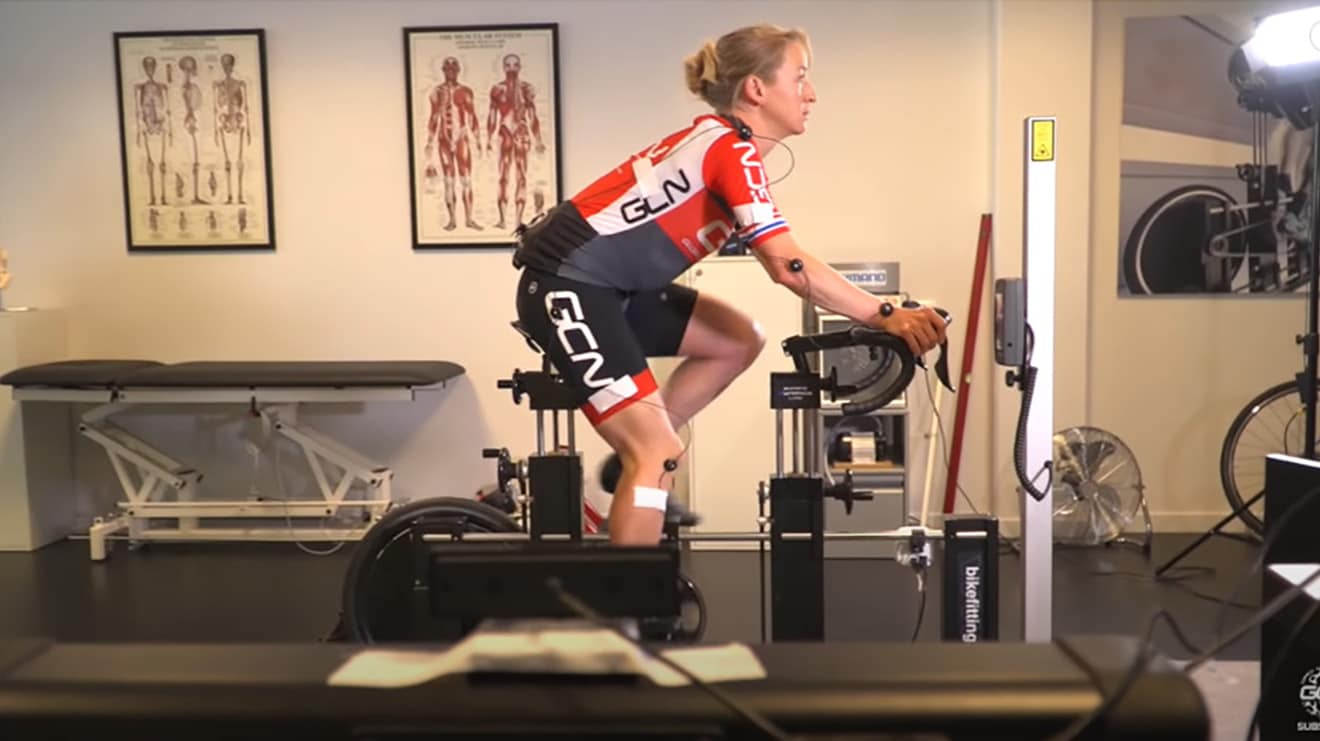
- 5 Reasons Why You Need a Bike Fit
- No matter what type of bike you are riding and how fit you are, a bike fit will put a bigger smile on your face when you’re riding.
-
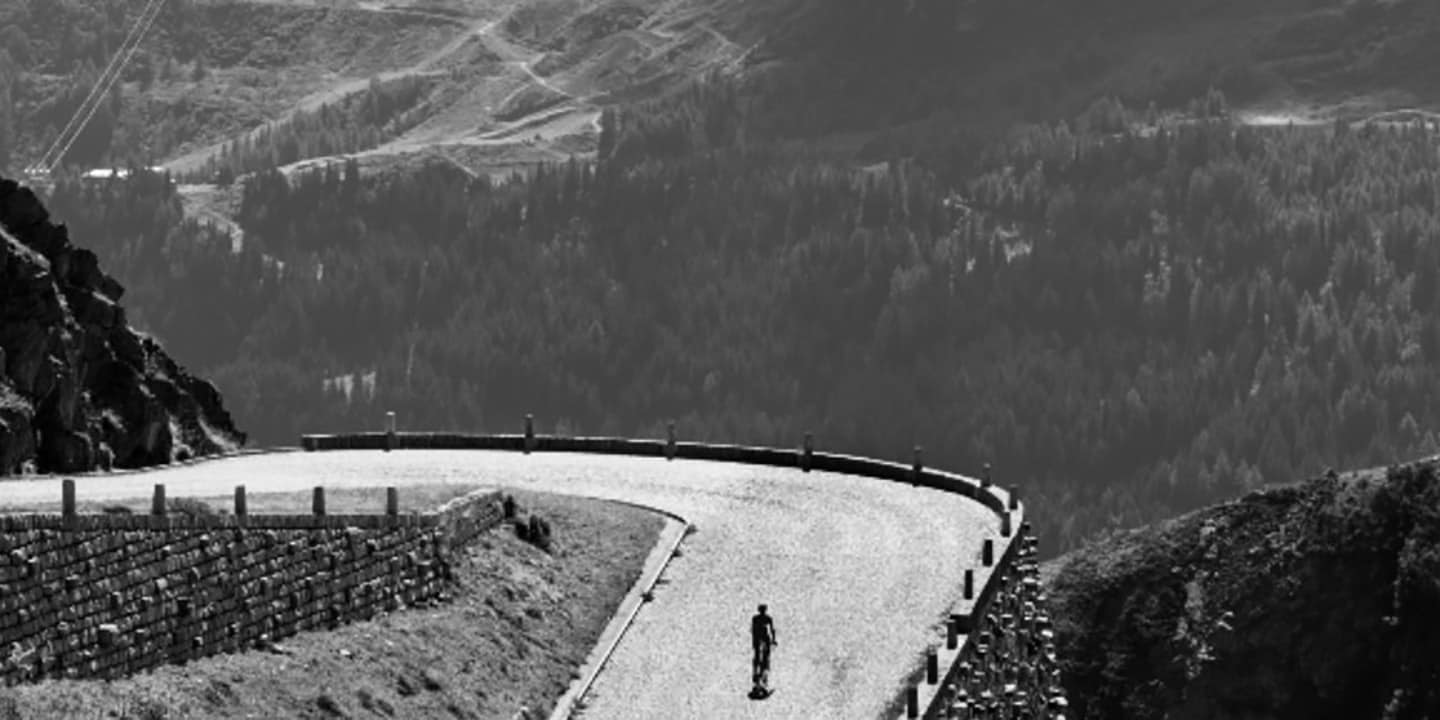
- Power Up! Full Gas on St Gothards pass
- That feeling; like you’re underwater.
-
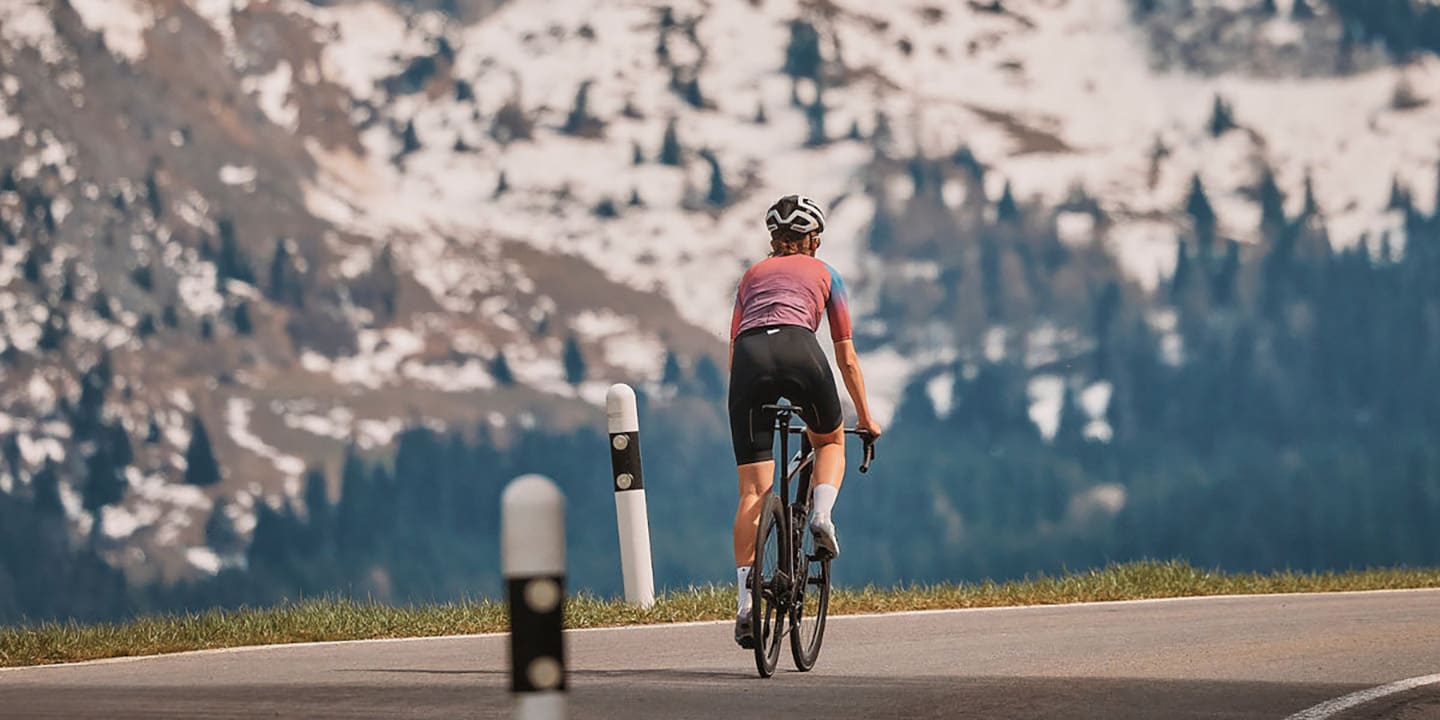
- Roads to Ride: Steep Steeper Steepest
- What is that mysterious quality reserved for the highest mountains? Why are we so hell-bent on suffering in silence on our solitary climbs to reach cloud-riddled peaks? We join Sophie Moser on a ride on the Julier Pass to learn more about our fascination with the gravity-defying act of cycling in the mountains – and why we keep coming back for more.
-
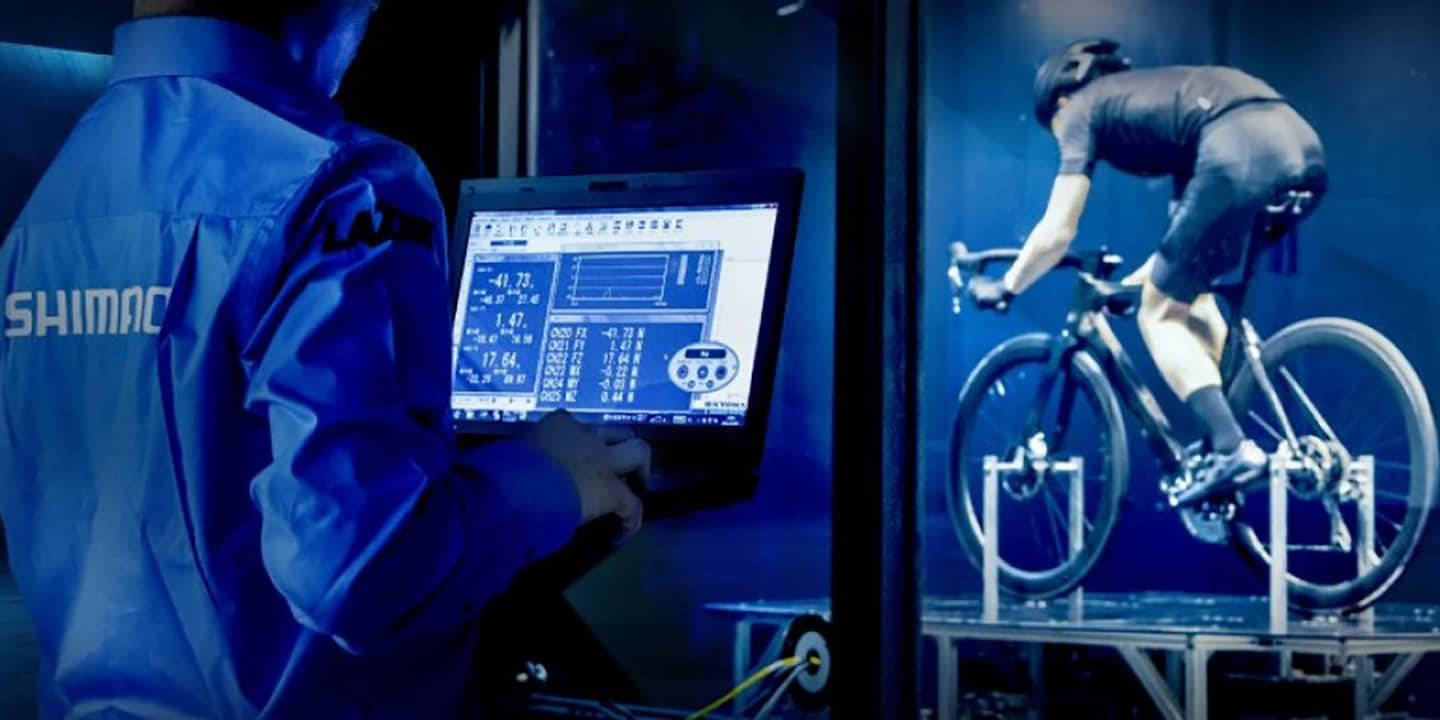
- Science of Speed
- Speed was the driving force behind the new generation of road groups, and every decision our designers made was to make you faster.
-
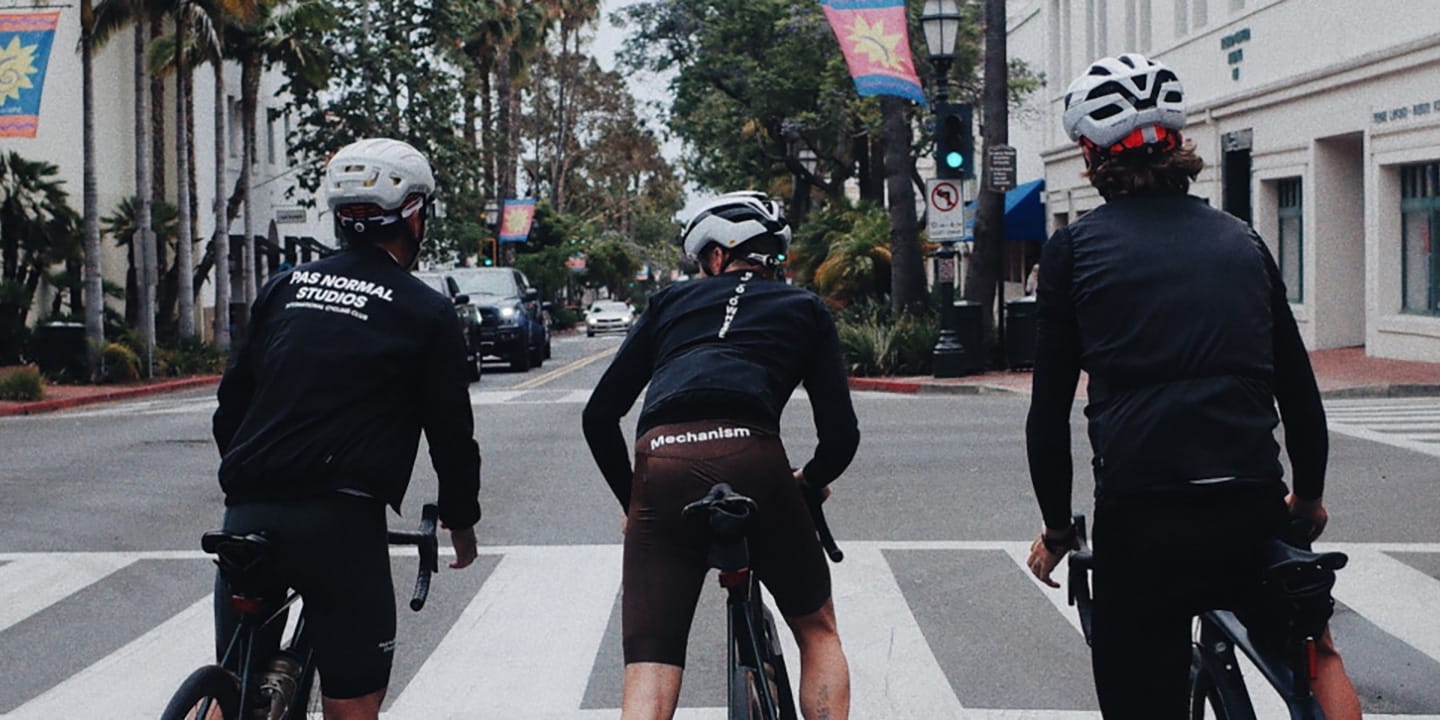
- The Key to Epic - Route Building
- In the summer of 2019, my friends and I created the best ride of our lives, starting in San Francisco and finishing in Los Angeles.
-
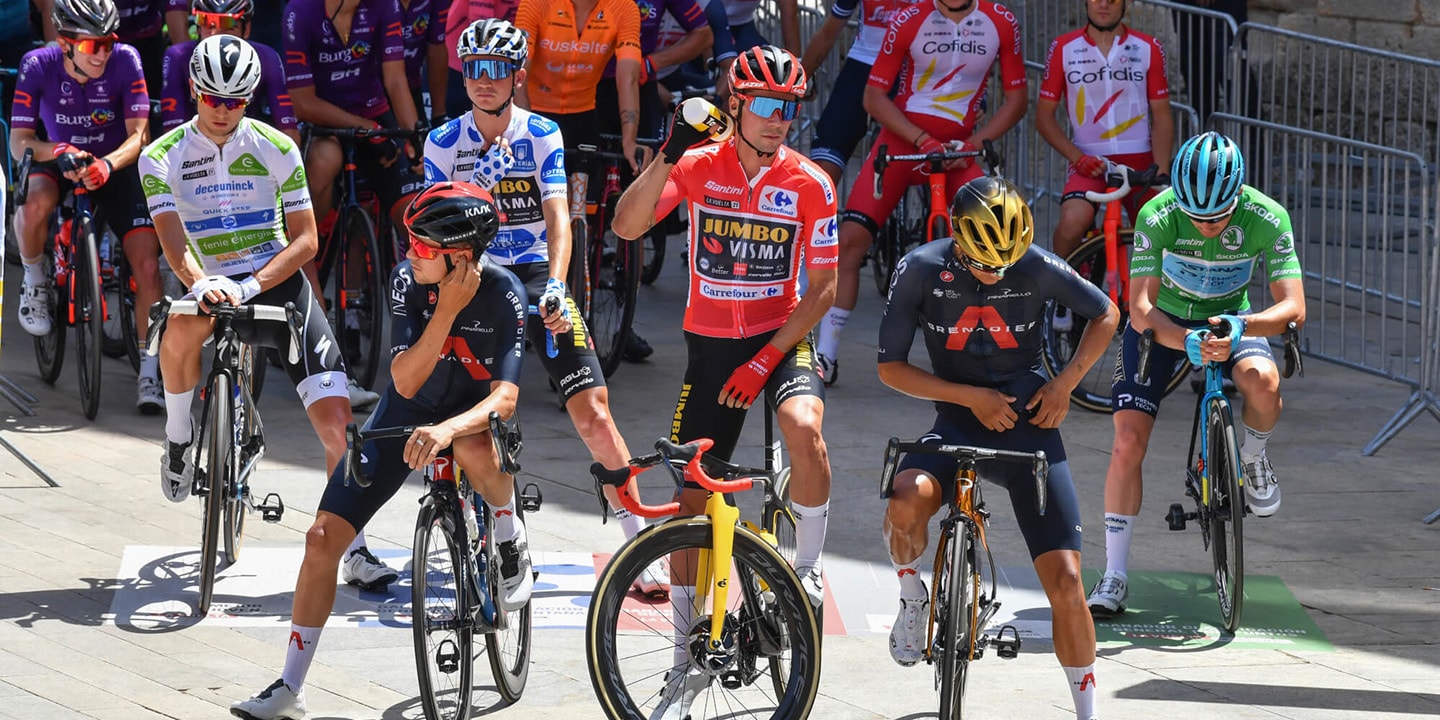
- The race for the Maillot Rojo
- Cycling’s third grand tour is underway.
-
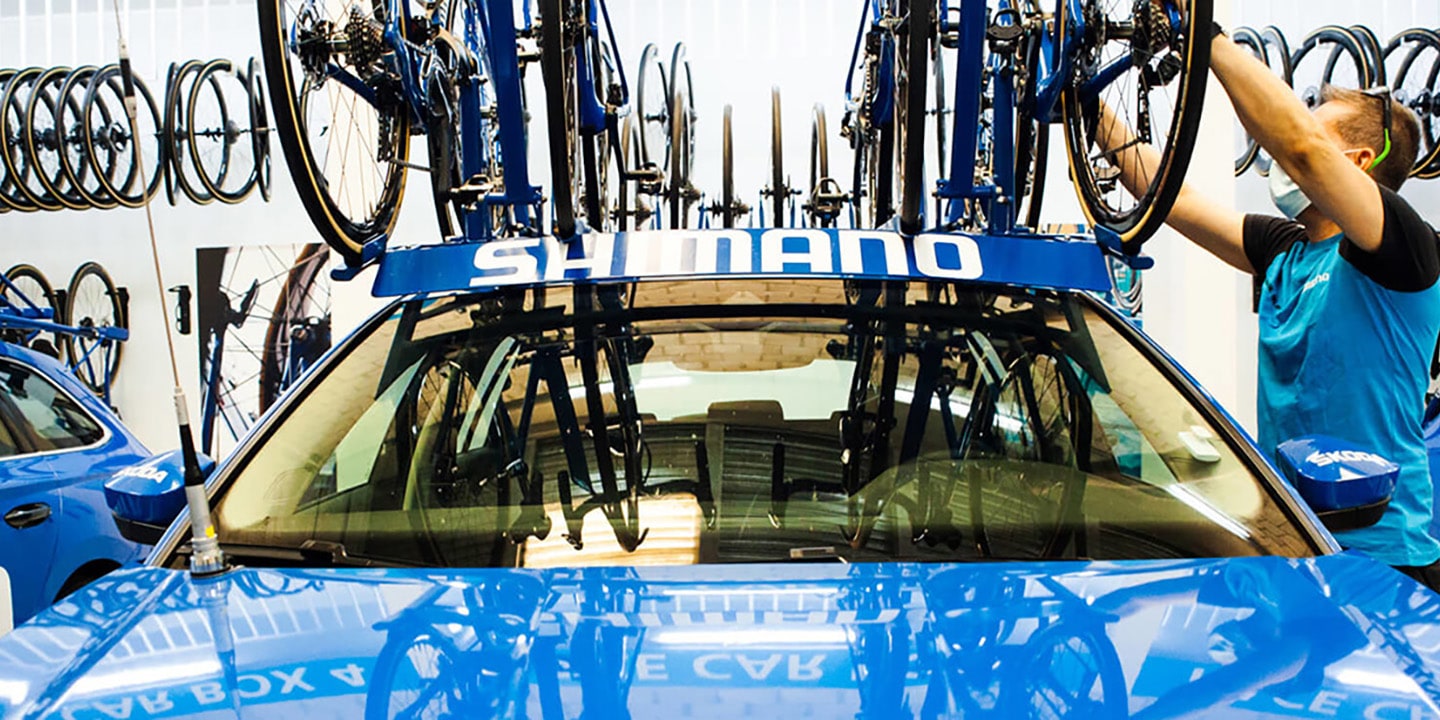
- SHIMANO AT “LA VUELTA”: 21 YEARS SUPPORTING TEAMS AND PRO CYCLIST
- This year, the 76th edition of La Vuelta begins in Burgos and ends in Santiago de Compostela on 5th September, after having completed more than 3,400 kilometers of route.
-
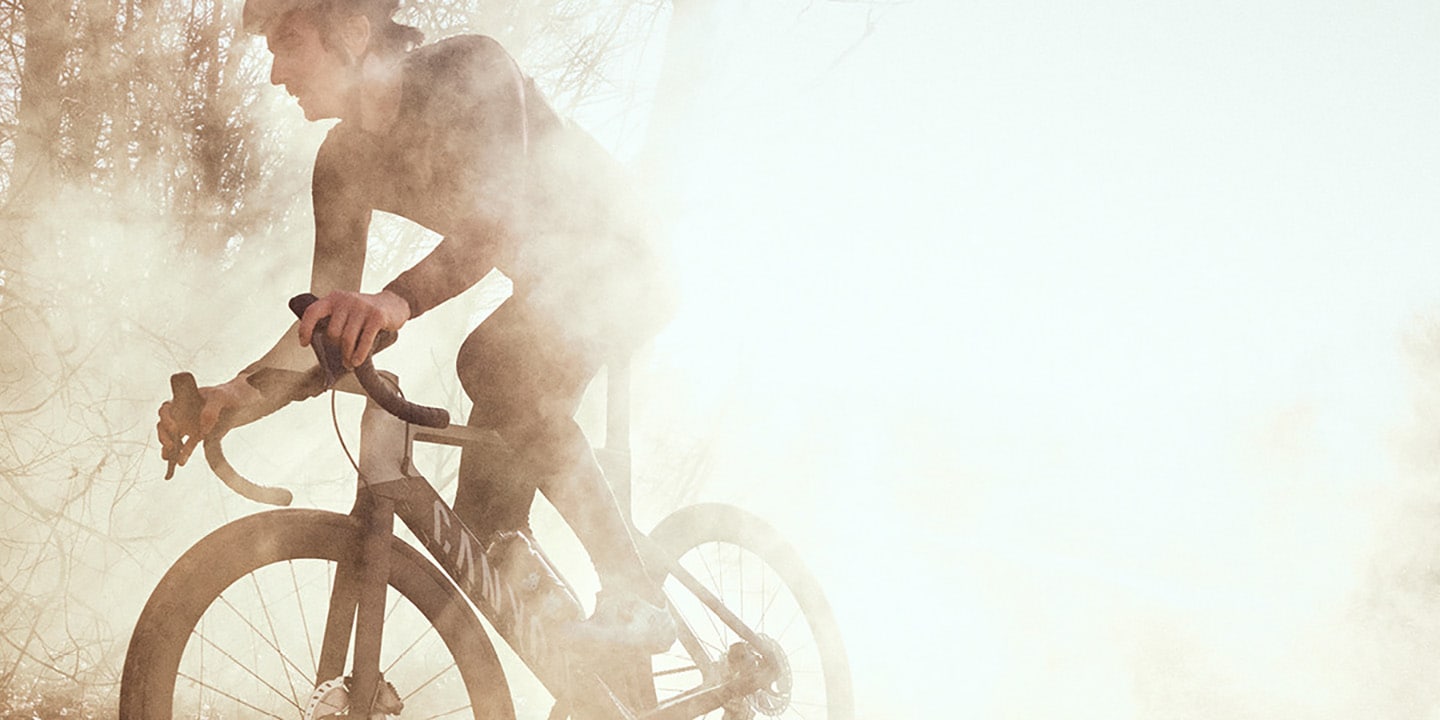
- Roads to Ride: The White Roads of Tuscany
- At Strade Bianche, there’s magic in the air along with the dust.
-
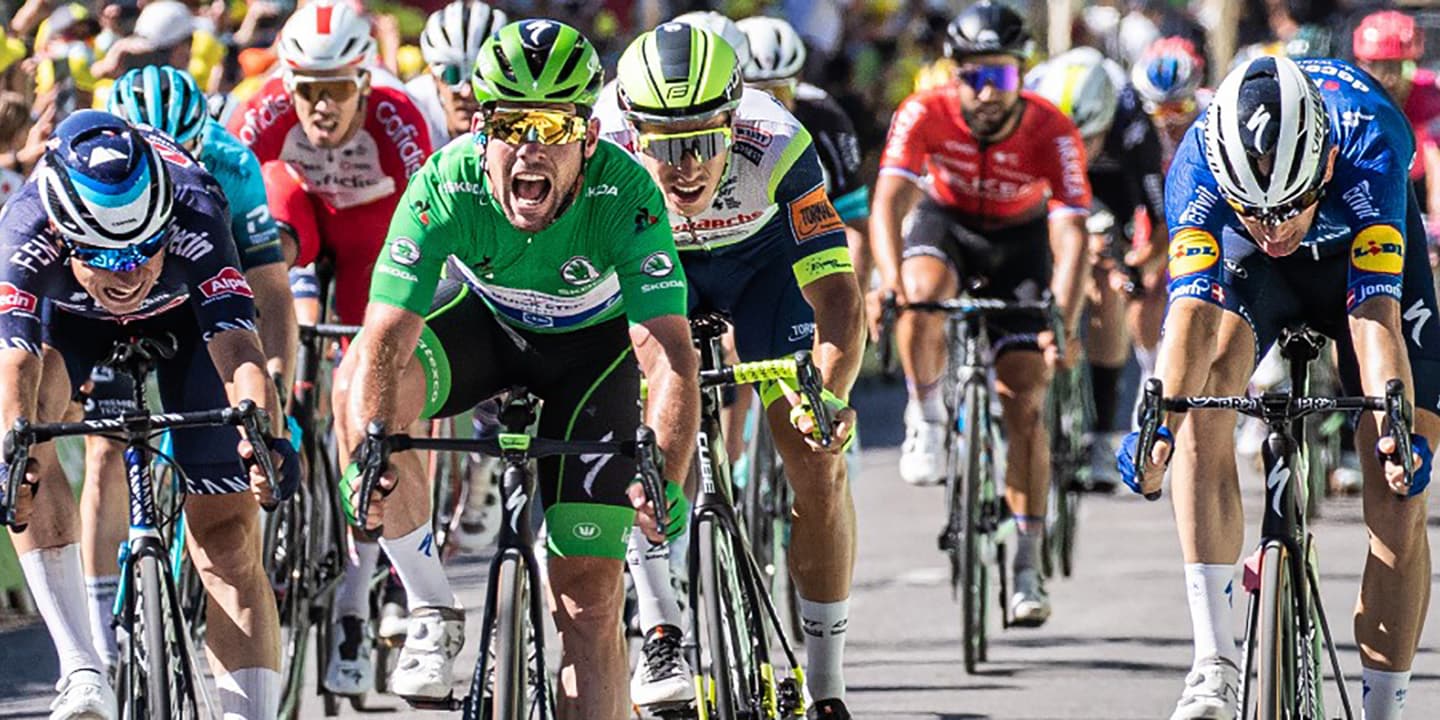
- Mark de Triomphe - a salute to this year’s green jersey winner
- Mark Cavendish didn’t know he would be racing the Tour de France until a week before the start.
-
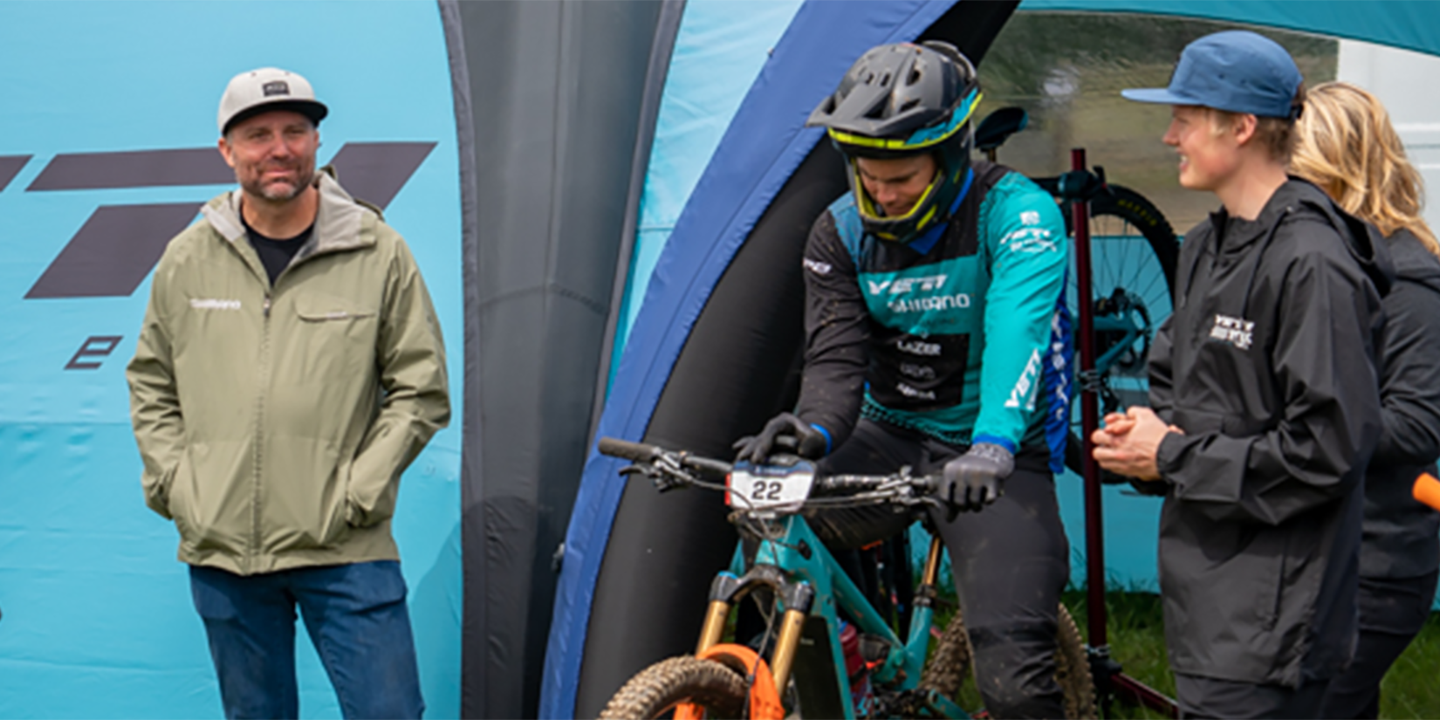
- The Yeti Shimano EP Racing Development Story - Trailer
- Check out the video teaser for the upcoming four-part series that follows the team’s development story and all the highs and lows of the 2022 season.
-
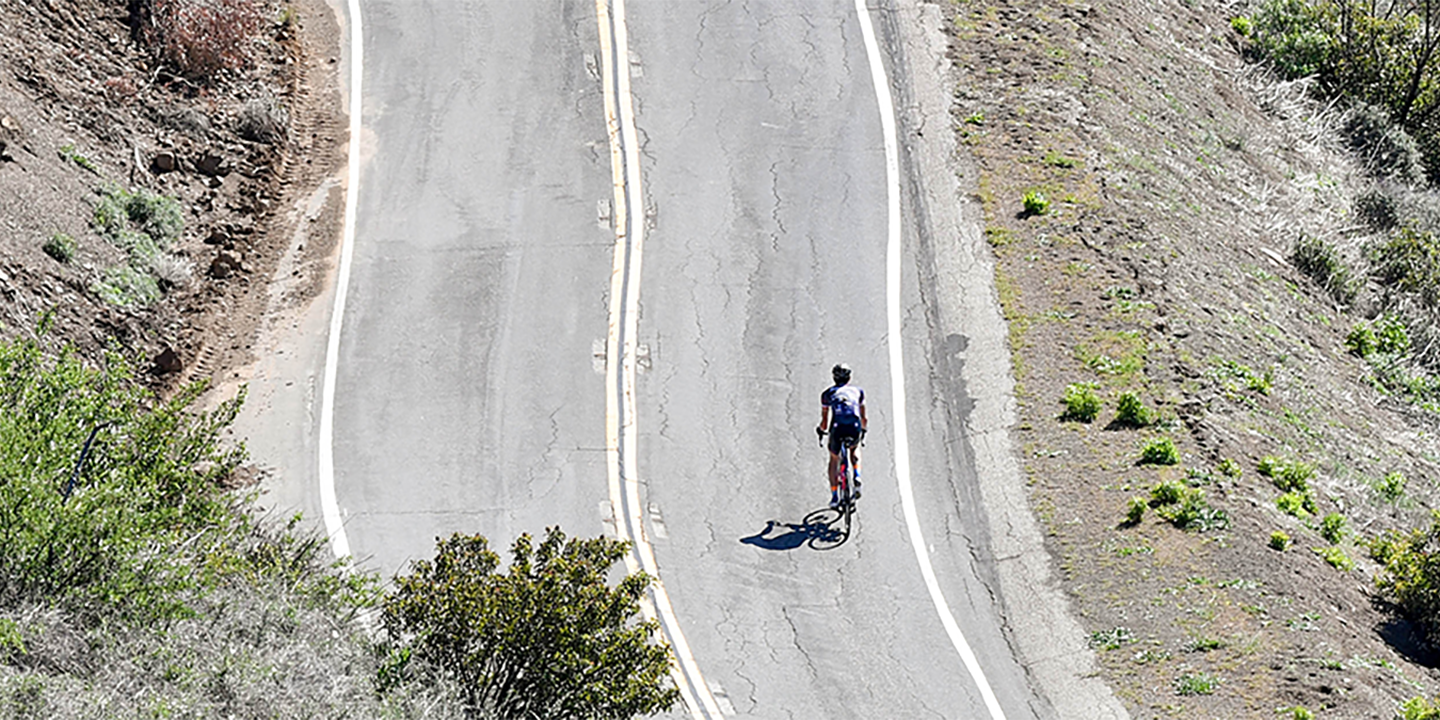
- How To (Try To) Climb Like Phil Gaimon
- From the WorldTour to the official Mount Washington hill climb record to every KOM in between, Phil Gaimon has made a long career out of going uphill very fast.
-
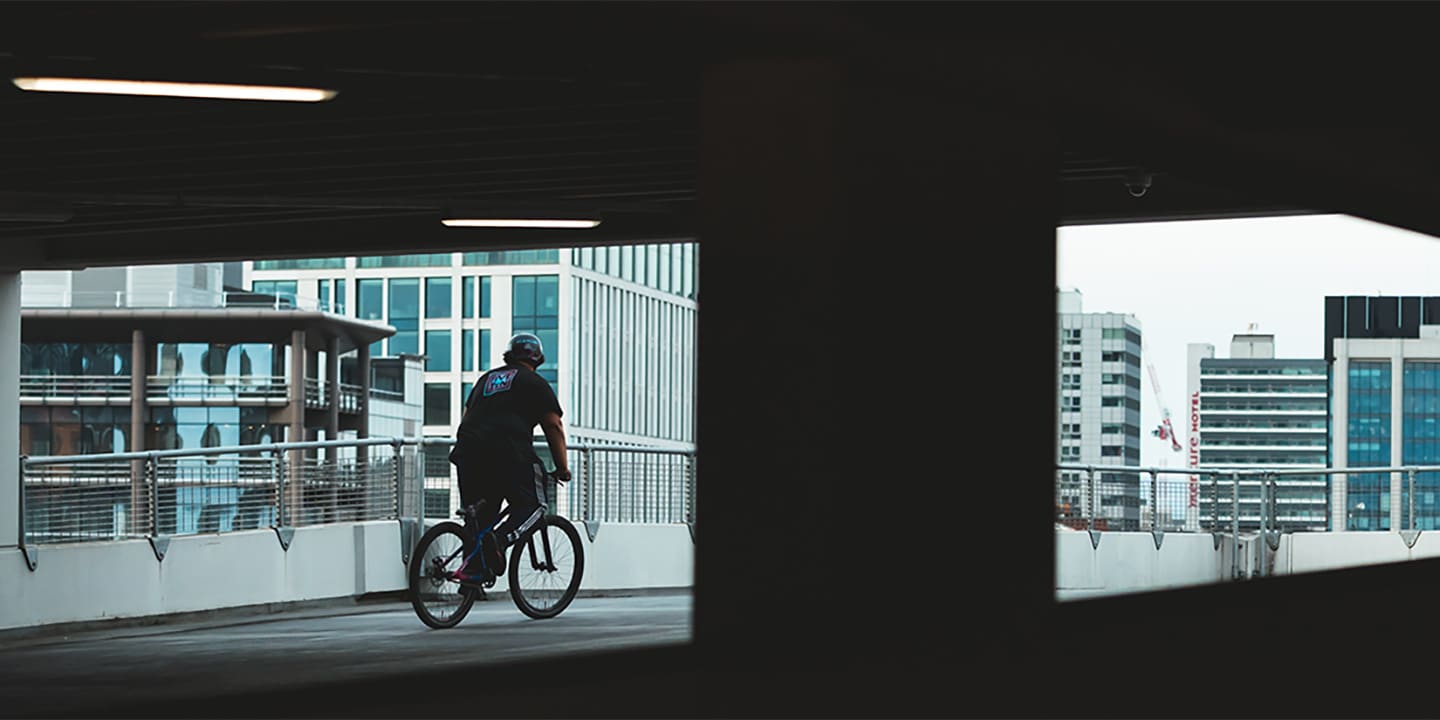
- LandoSteezy | SHIMANO
- Leo Smith is a bodge job.
-
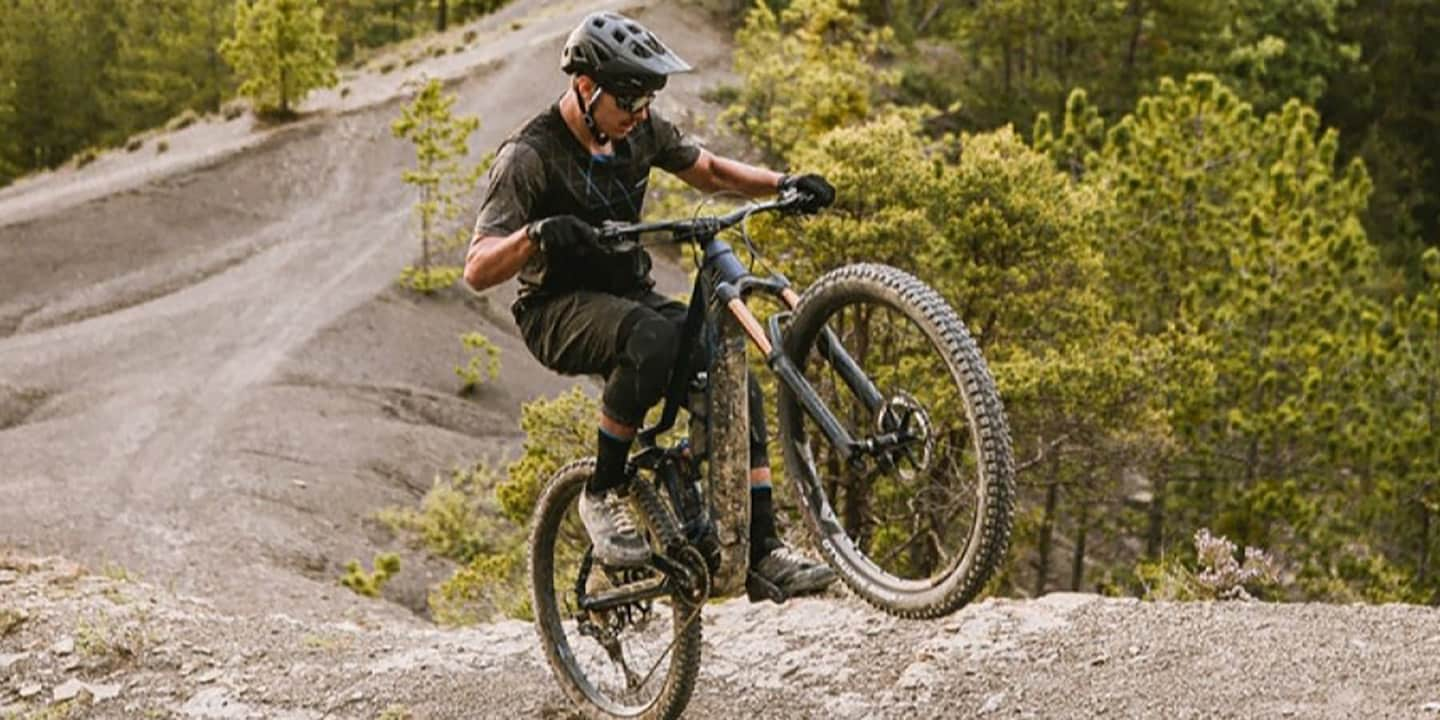
- When Every Minute Not On The Trails Is A Minute Wasted
- The trails are calling. And for Camille, it’s impossible to ignore that call.
-
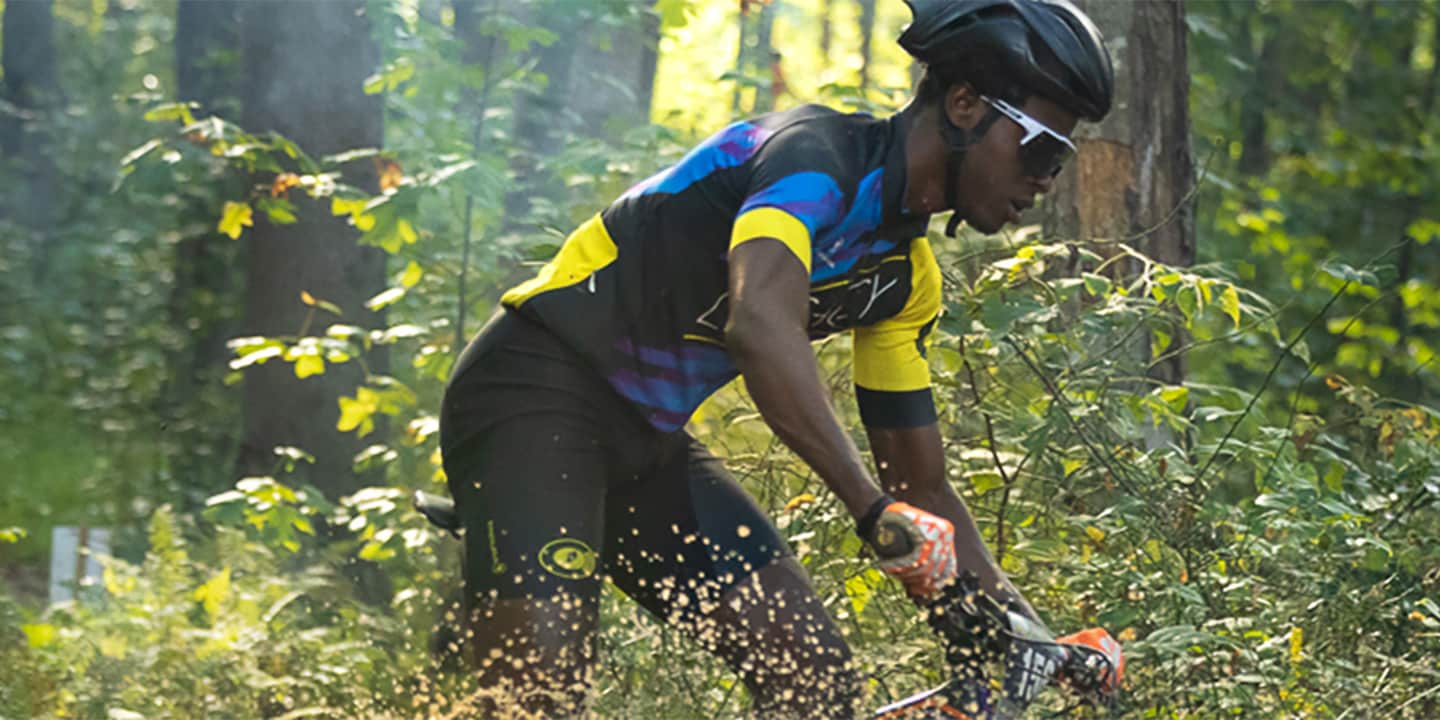
- Can’t Stop Won’t Stop
- In the heart of Virginia, the Richmond Cycling Corps (RCC) is hard at work connecting with local youth and helping them discover the power of cycling.
-
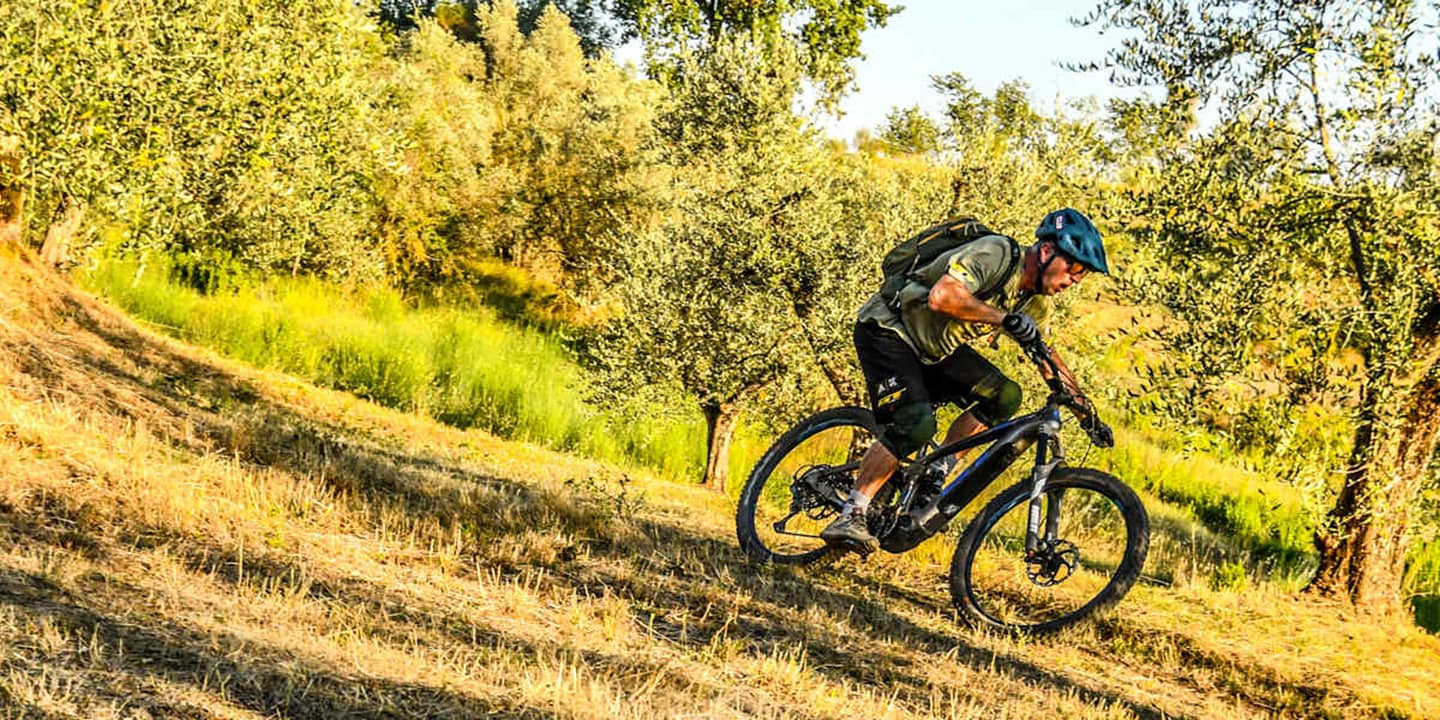
- Hans Rey - Once Upon A Ride In Umbria
- Returning to his Italian stomping ground, Hans Rey once again dives into the sun-swept Umbrian mountains.
-
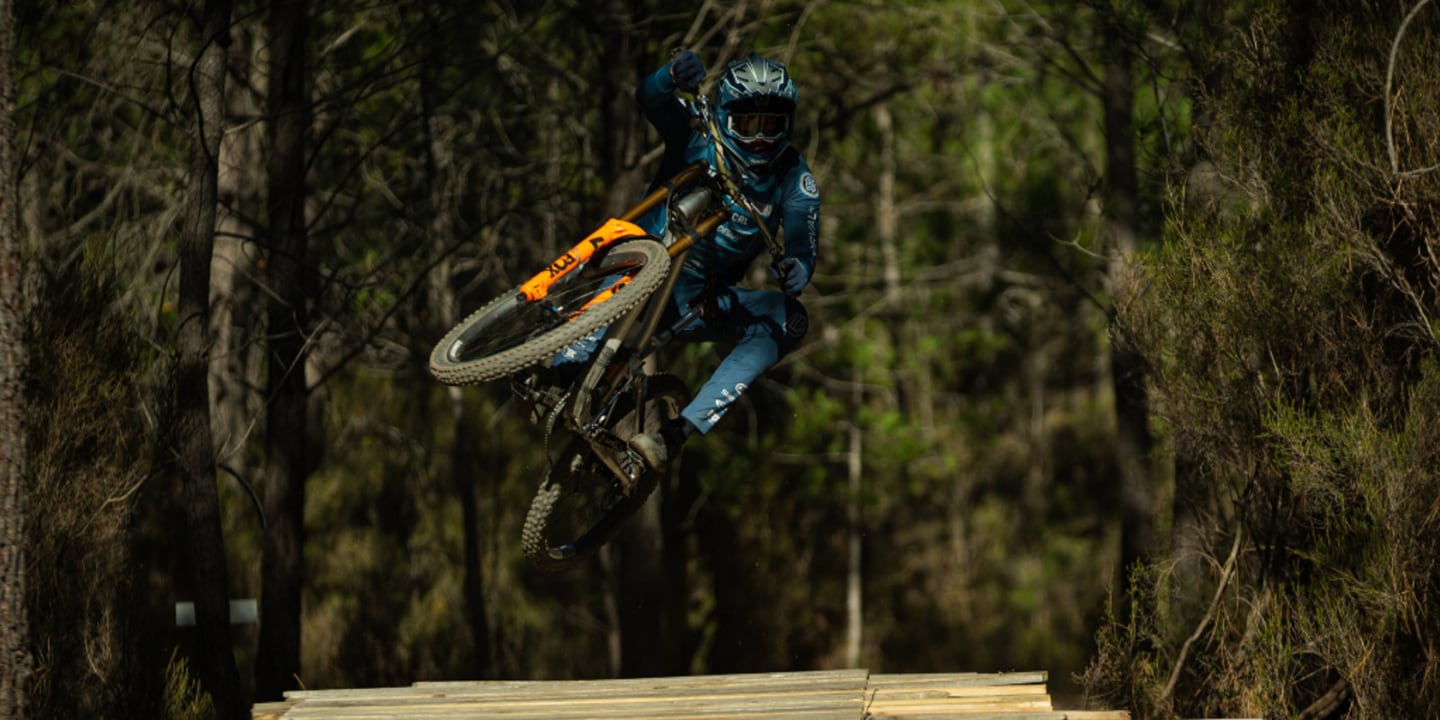
- New MTB signings for 2022
- Great performances don’t just happen.
-
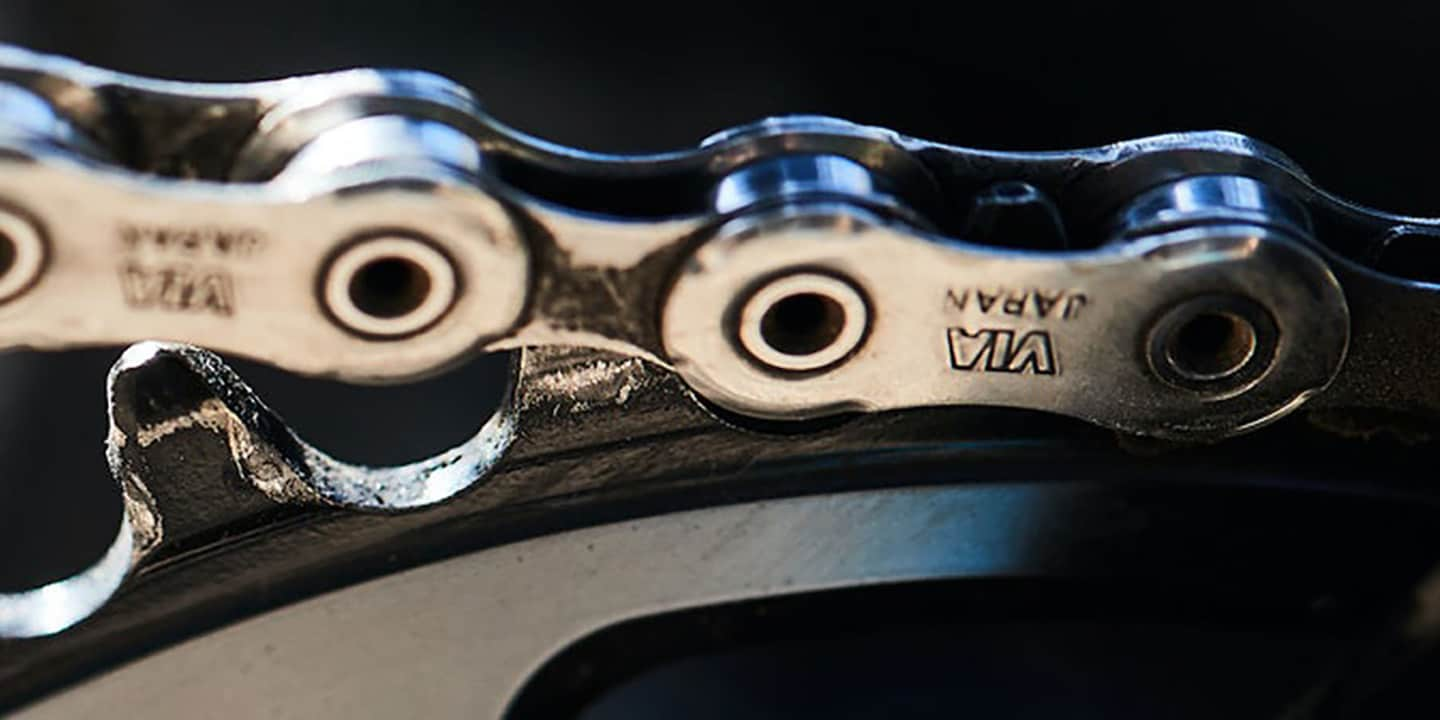
- Dynamic Chain Engagement
- We’ve gone above and beyond to create the quietest, quickest, and most secure shifting drivetrain we have ever made.
-
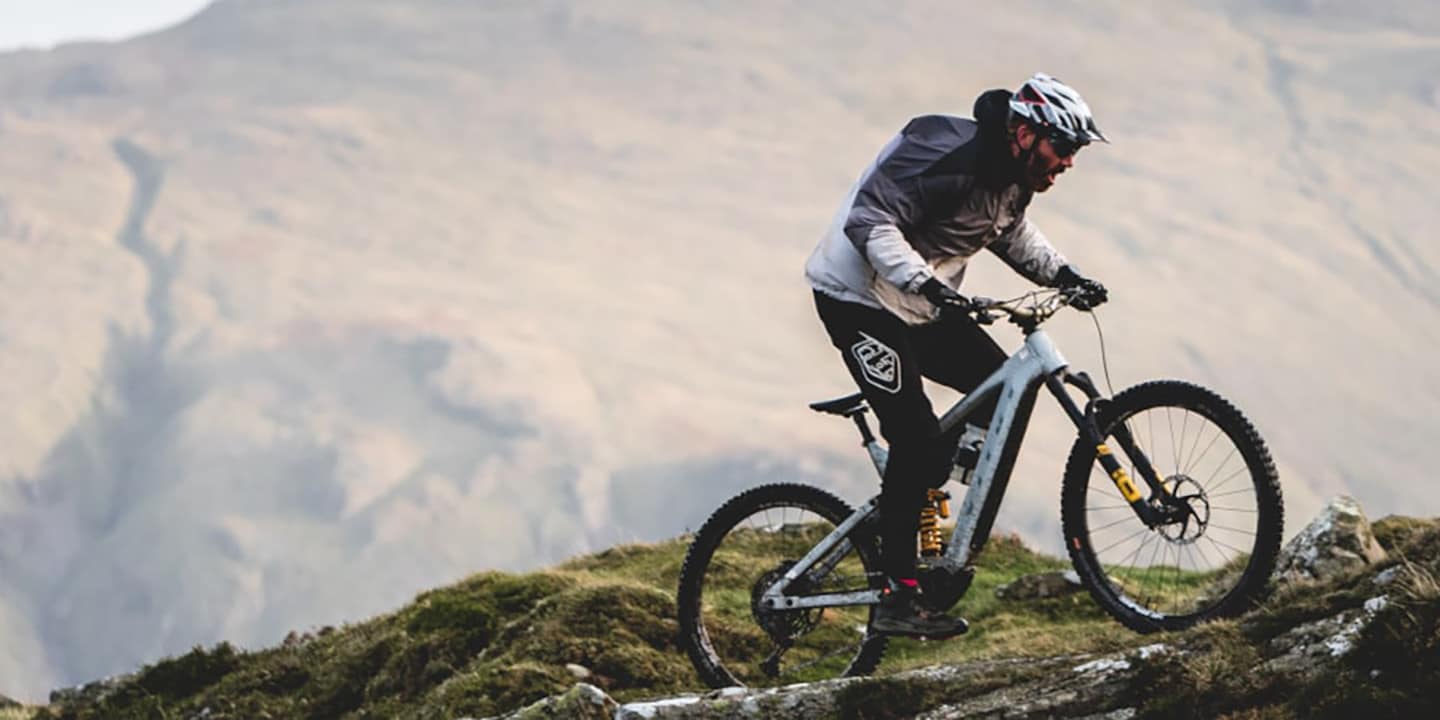
- Three Peaks with Rob Warner
- A party boy MTB downhill racer in the 90s, or the face of the Red Bull UCI world cup.
-
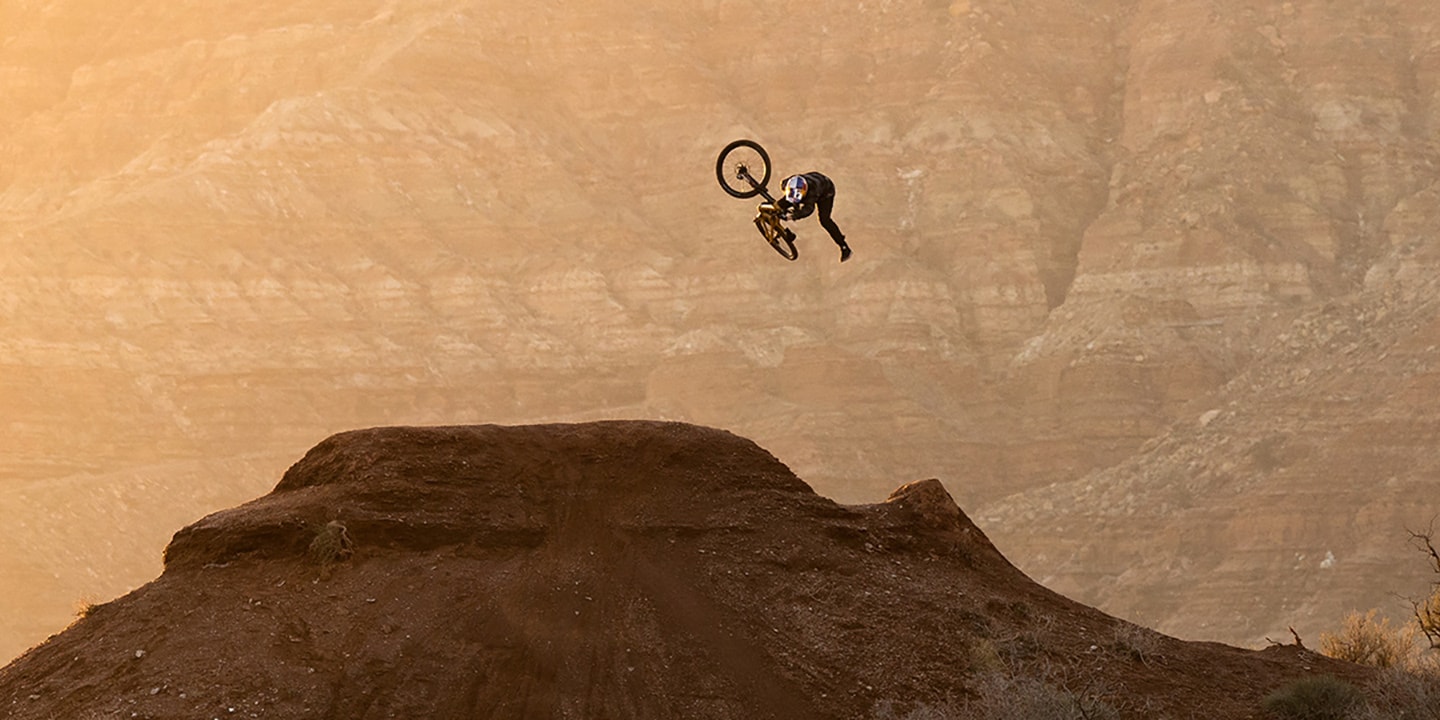
- The Art of MTB: Utah
- In the third episode of The Art of MTB, we follow photographer JB Liautard and MTB-pro Thomas Genon as they load their red pickup truck with Canyon MTBs and head for Utah’s vast expanse of winding gorges and plateaus.
-
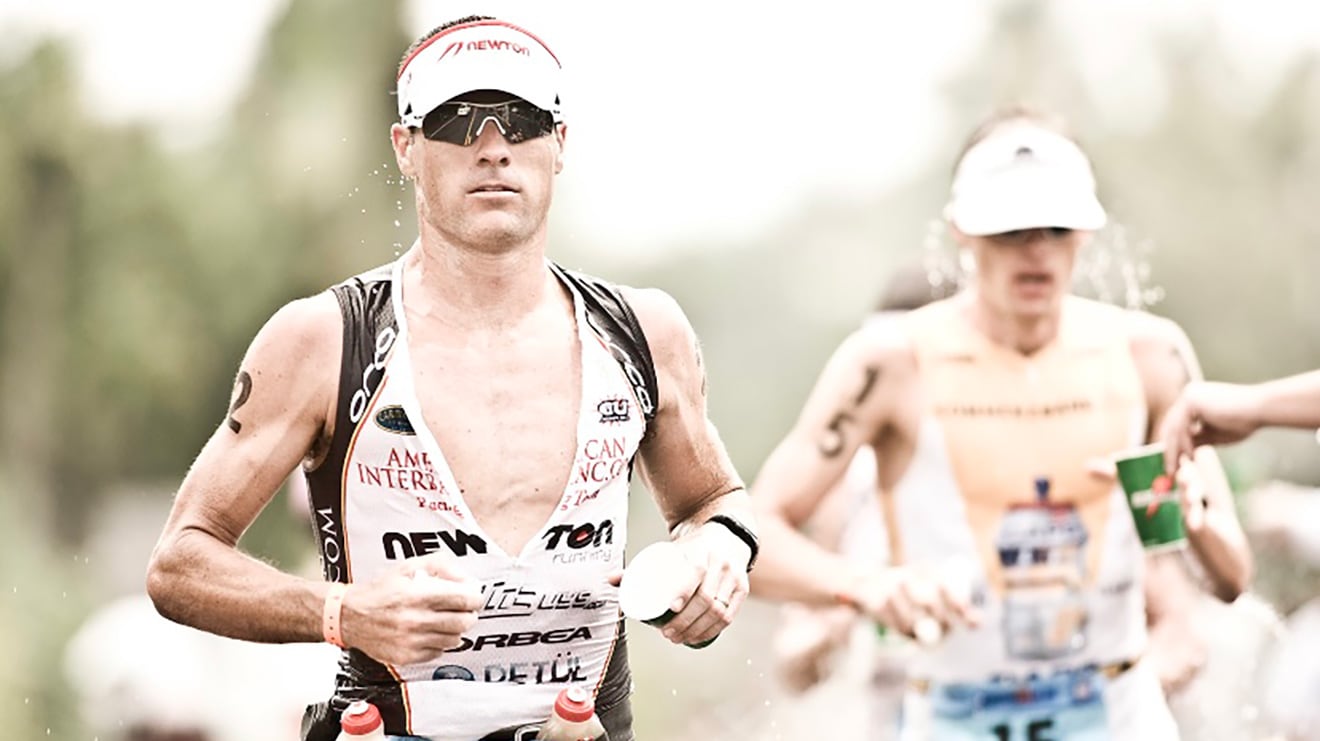
- Keeping up with Crowie How to Run Faster Off the Bike
- Craig Alexander is a 5x Triathlon World Champion and 12x Australian Champion.
-
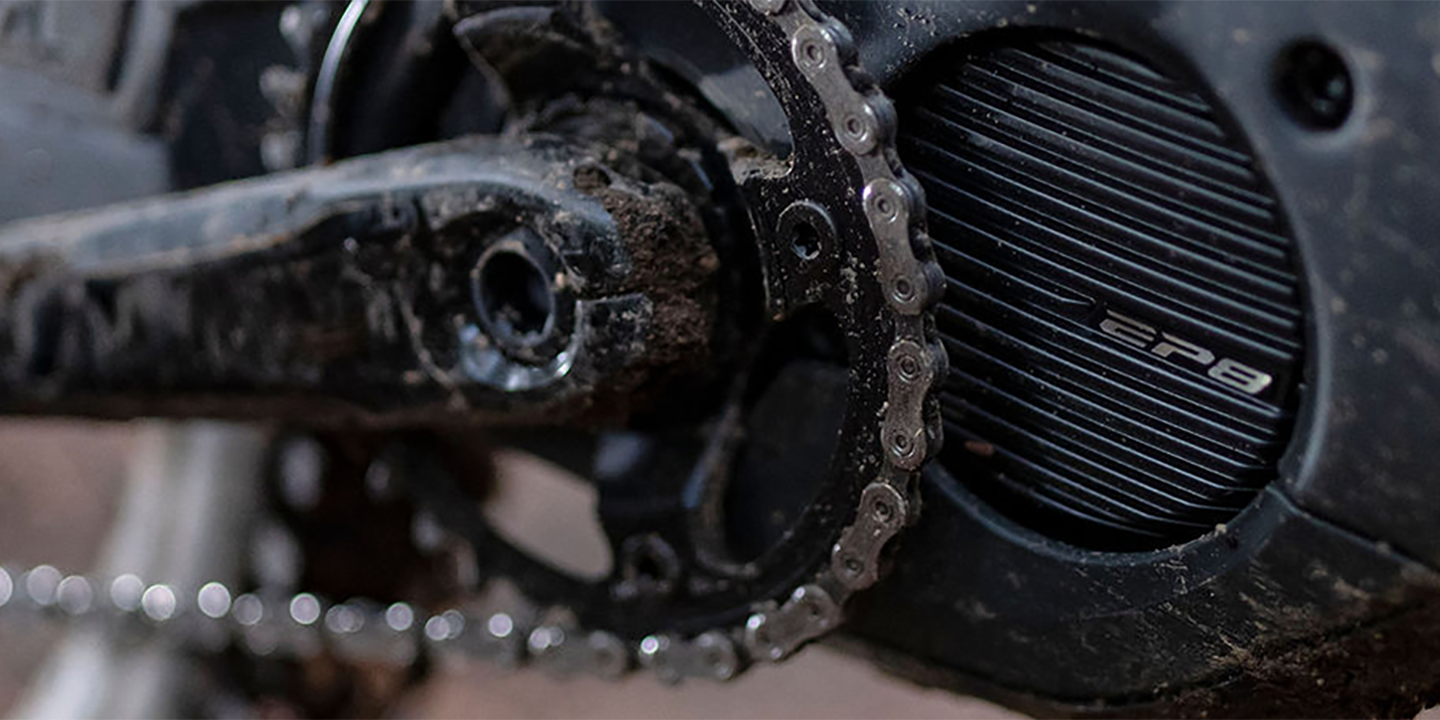
- Fitness Simulator
-
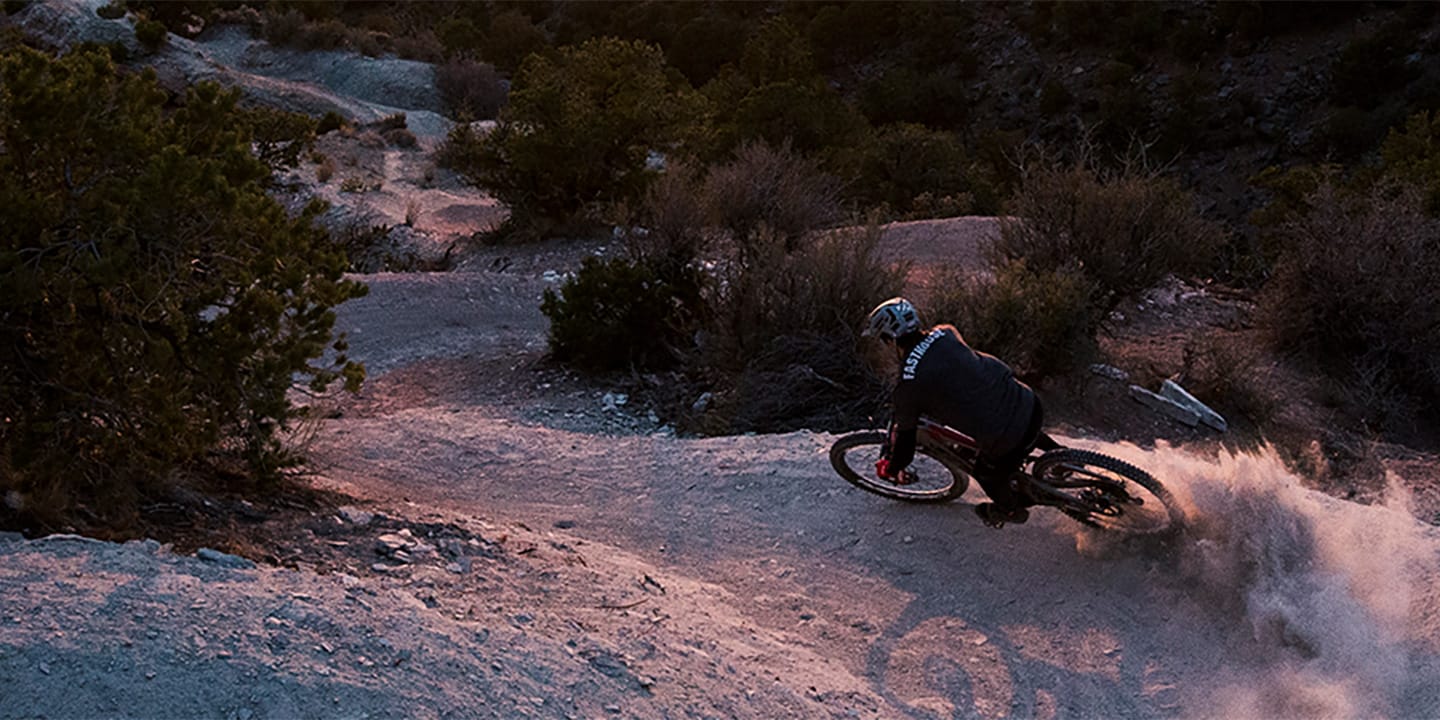
- Tyler McCaul - Settle Your Soul
- Soon after fulfilling a life-long dream to relocate to southern Utah, Tyler McCaul found himself riddled with injuries and unable to get out and enjoy the vast desert landscape he spent his entire career working towards calling home.
-
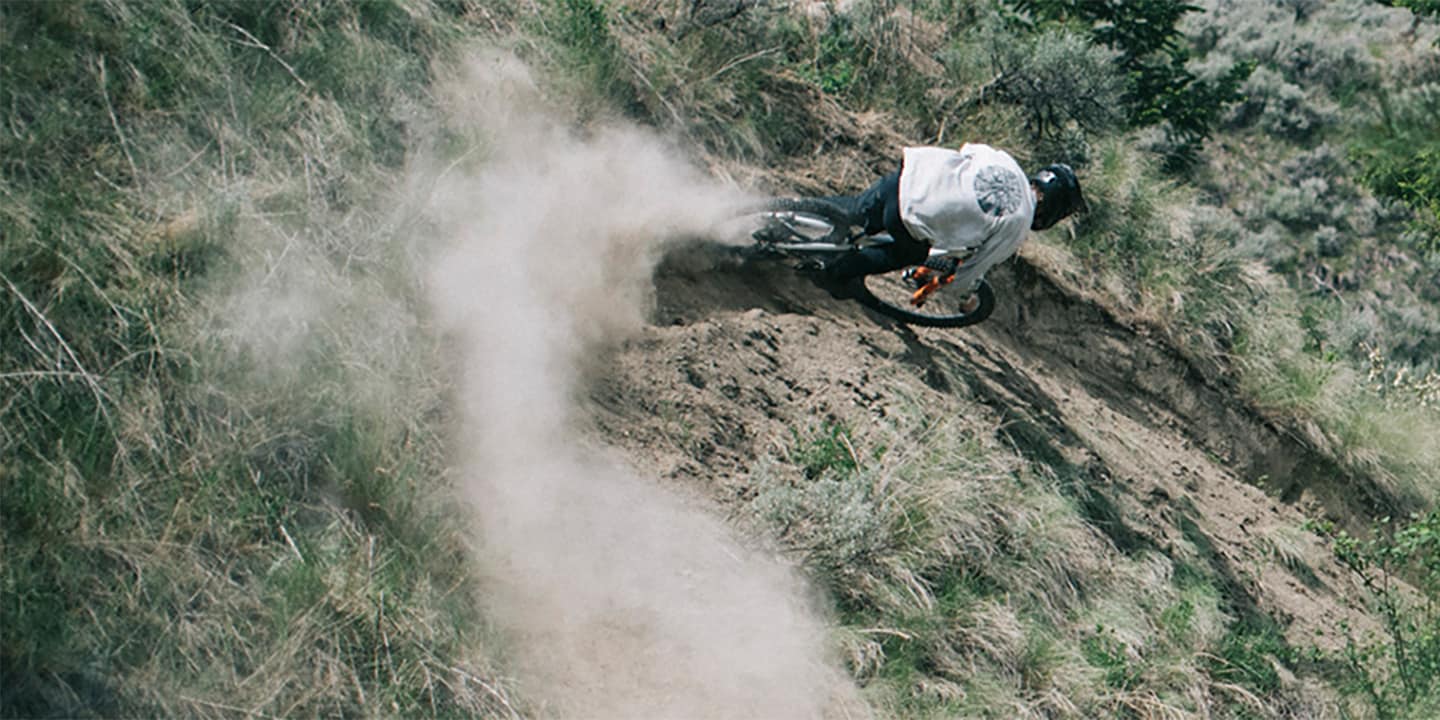
- This is Home: Matt Hunter
- For many people, mountain biking is a migratory sport.
-
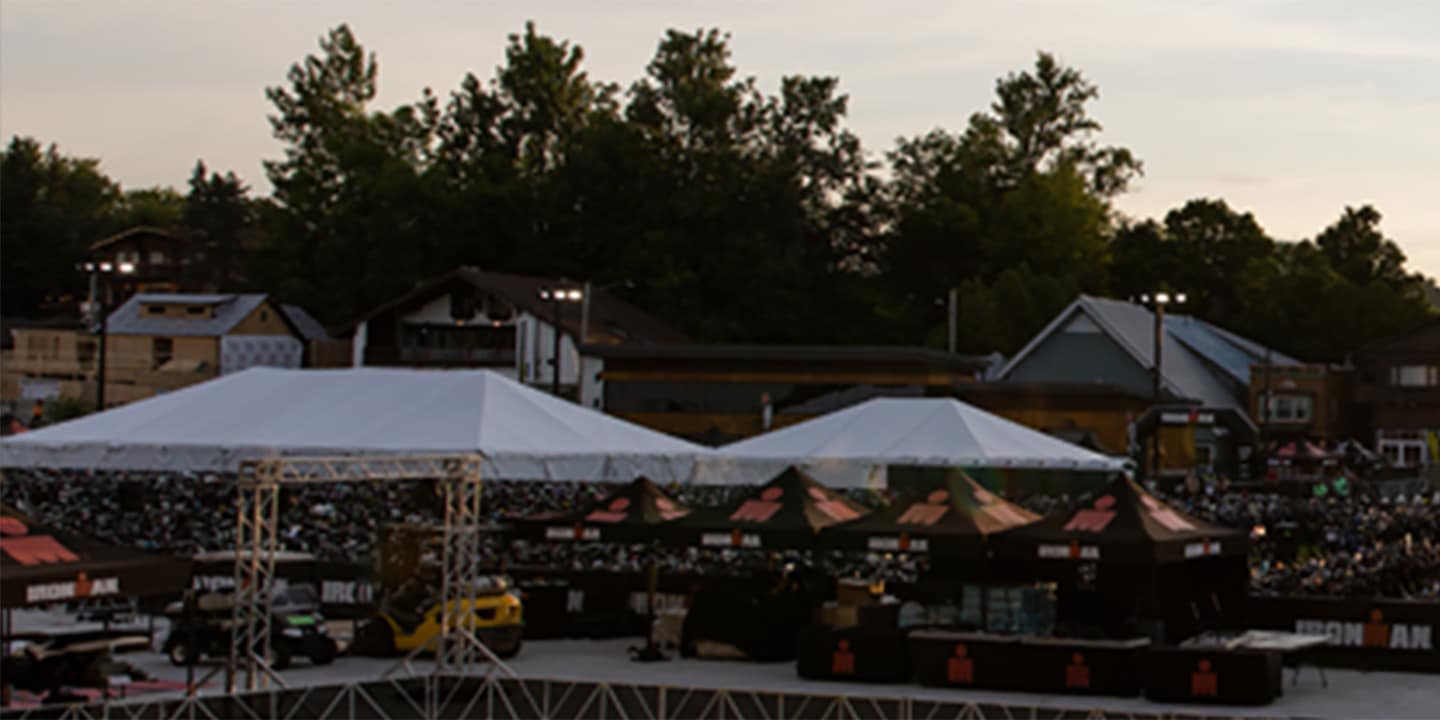
- Angela Naeth Races Like a Girl
- The following story is an excerpt from CADENCE, a collection of road cycling tales from around the world.
-
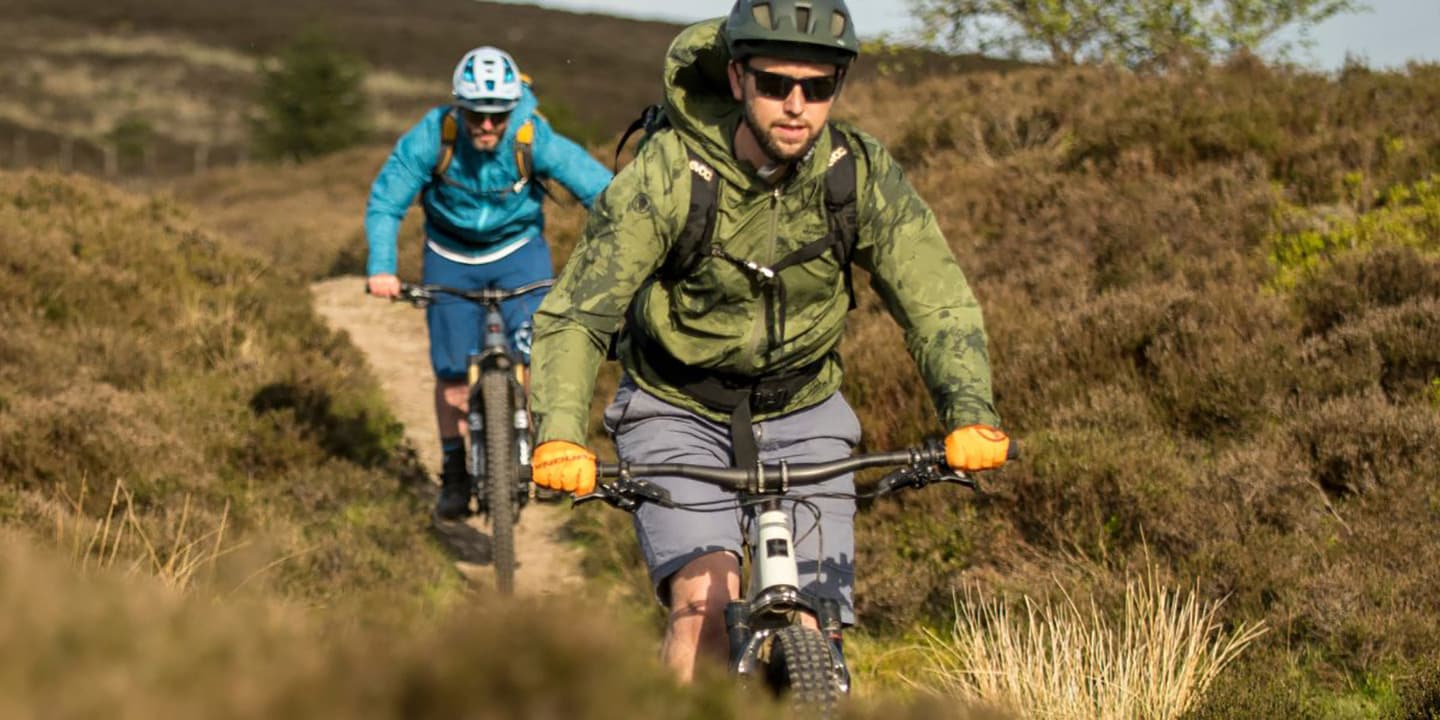
- Evolution Stories Episode 2: MS Makes Me
- In Evolution Stories Episode 2, ‘MS Makes Me’, Andy McKenna explores the Tweed Valley with first-time mountain biker Jonny White – cyclist, husband, father, doctor and fellow MSer.
-
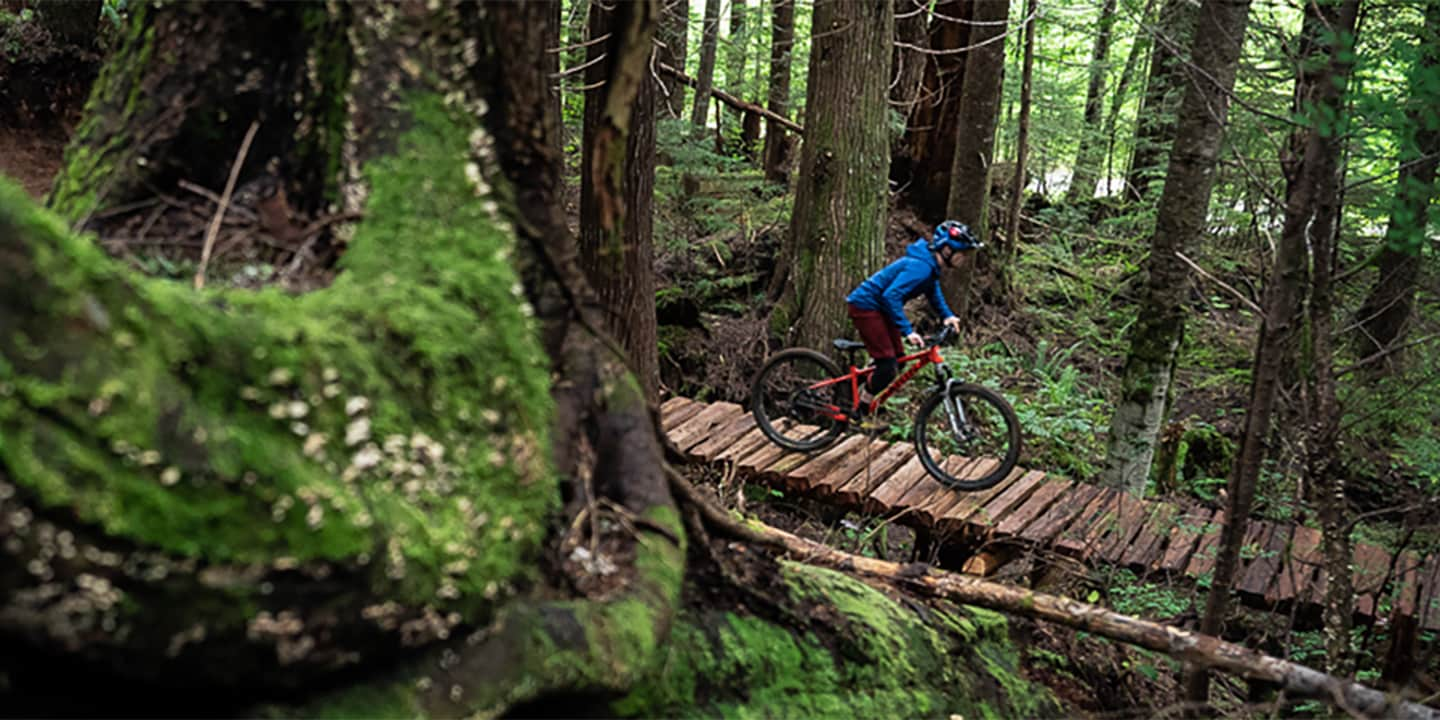
- BLUEPRINT
- Blending art and creativity with mountain bikes, the new Shimano Original Film Blueprint started with a simple idea – to watch sections of trail come to live before the viewer’s eyes.
-
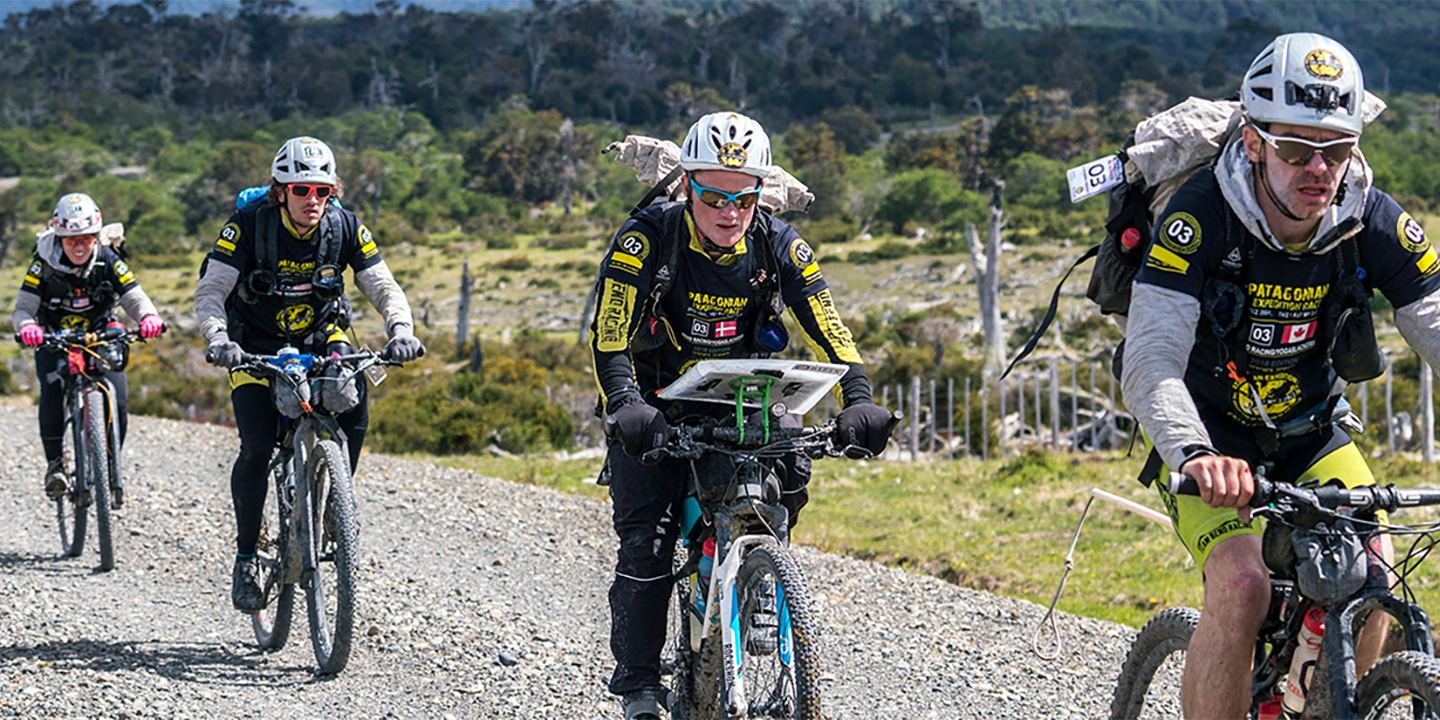
- The Agony is the Ecstasy: An Adventure-Race Primer with Bend Racing
- “It’s a scavenger hunt for adults!” To hear adventure-racing champion Chelsey Magness sum up her sport, it may sound like the kind of thing you’d do at a family picnic.
-
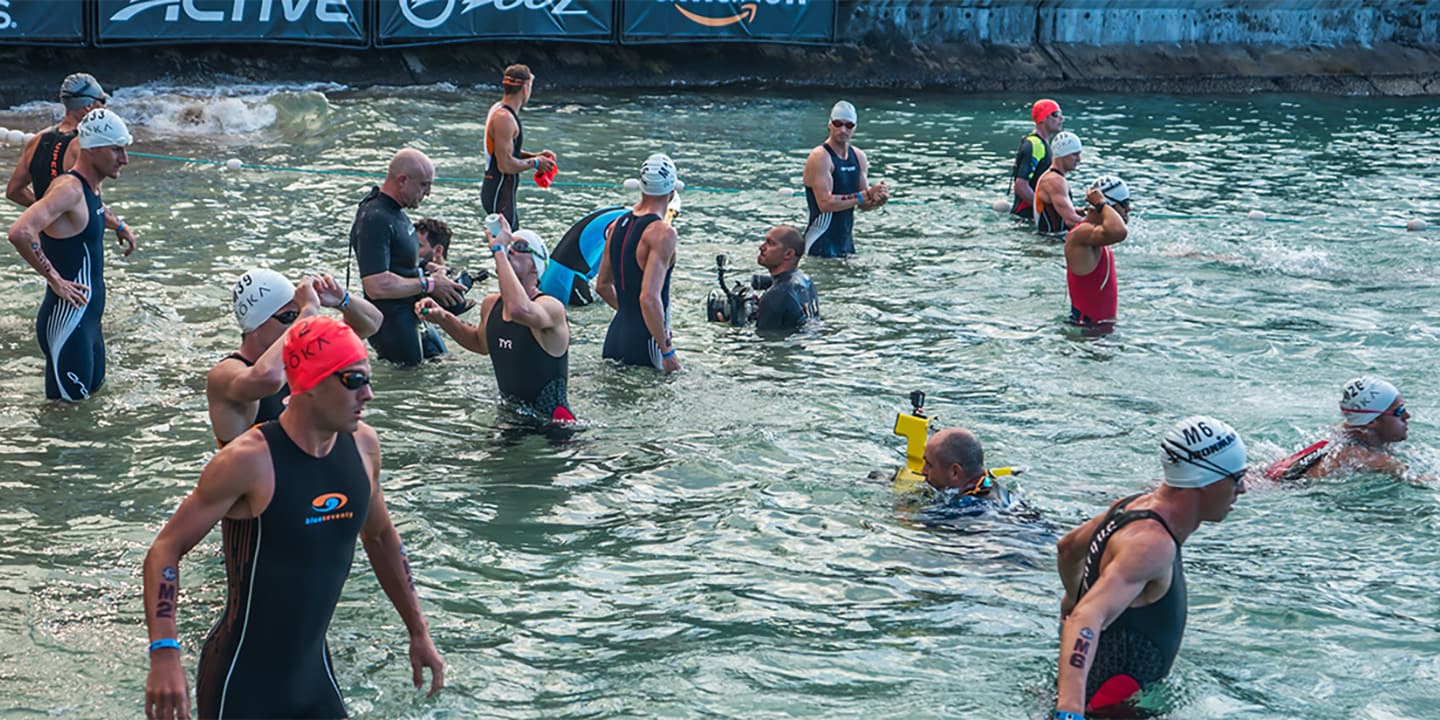
- Keeping Up with Crowie: Tapering for Your Next Triathlon
- Craig Alexander is a 5x Triathlon World Champion and 12x Australian Champion.
-
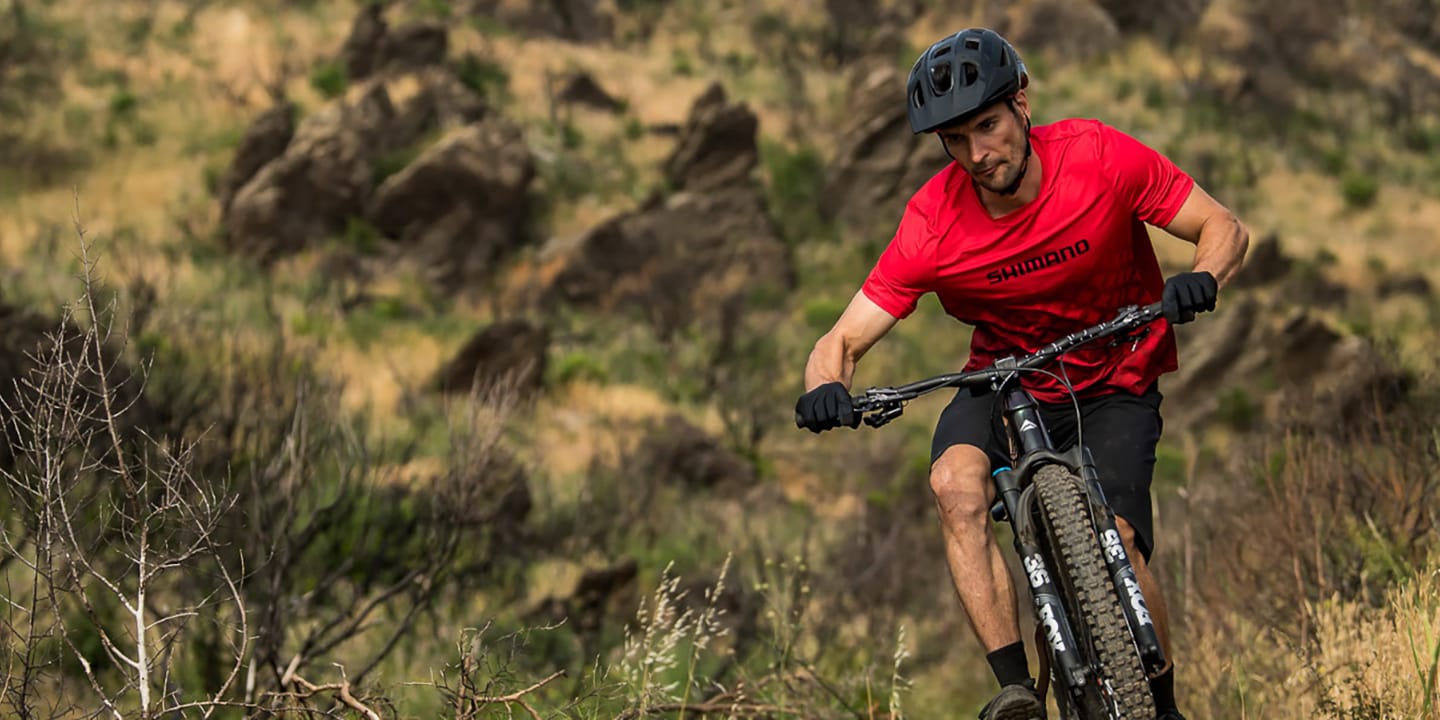
- 10 reasons to ride the new EP Series
- The innovative technology of SHIMANO’s refreshed EP Series enables you to experience new ways to bring joy to your ride, and provides the power, technology and reliability for a ride that redefines the limits of what you thought possible.
-
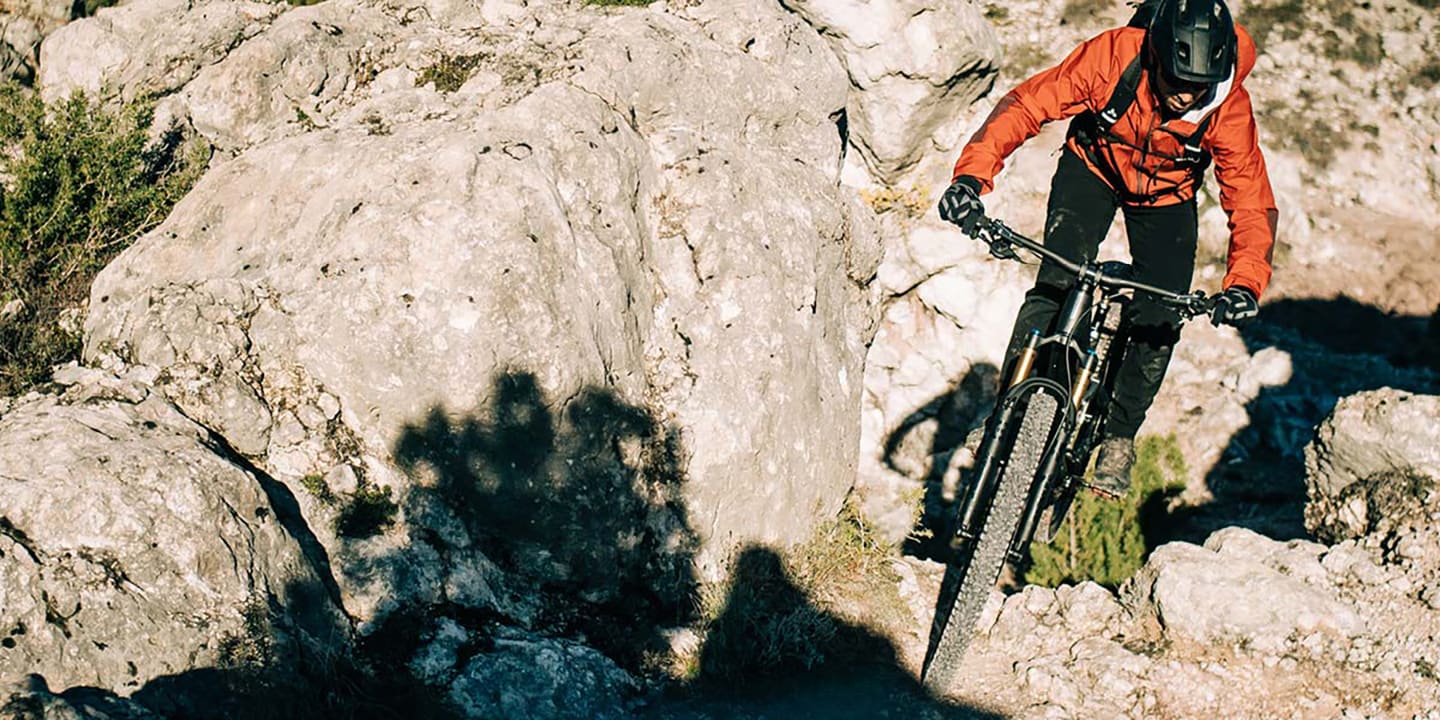
- Rise and ride
- From exploring the high mountains to ripping down technical tracks, Damien Oton and Vid Persak showcase the game-changing Orbea Rise.
-
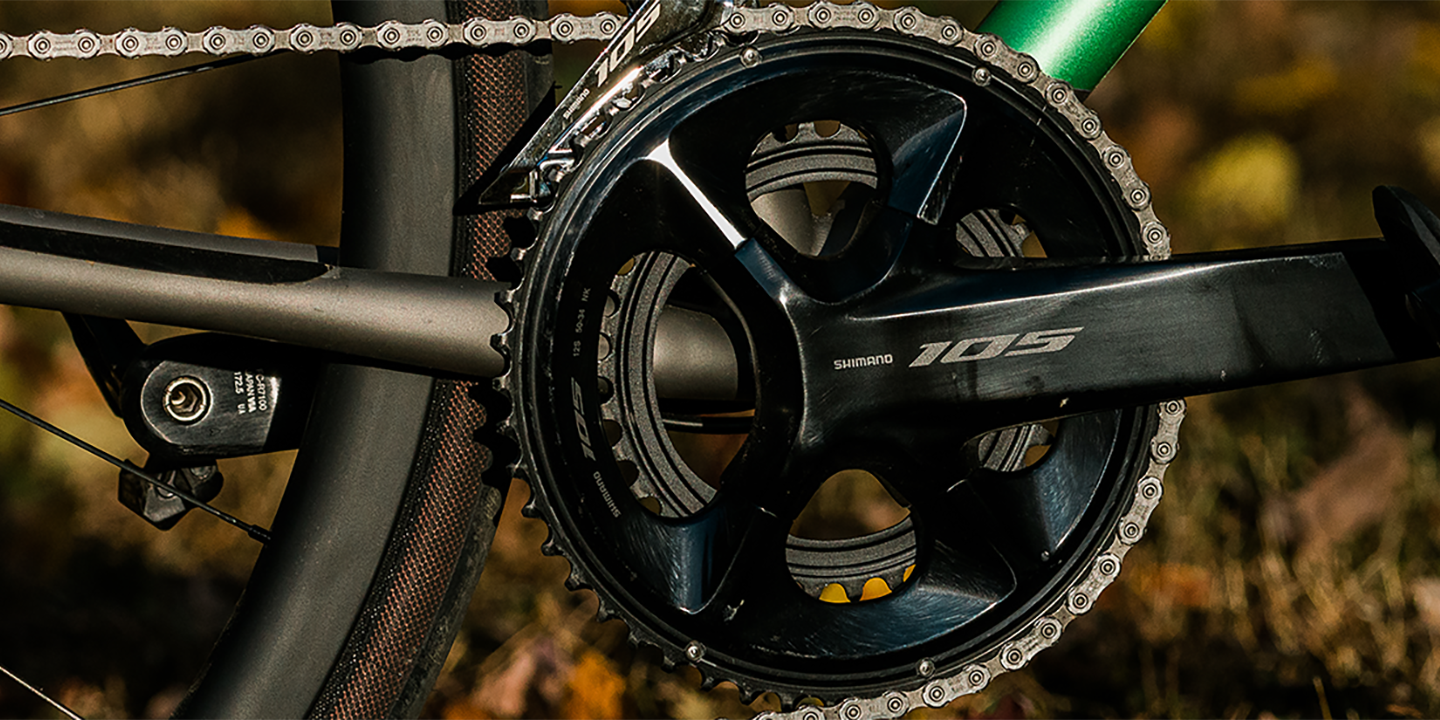
- Kurt Gensheimer’s Custom Titanium Mosaic GT-2 AR
- When lifelong cyclist and career journalist Kurt Genshiemer built up his first electronic shifting bike, he wanted it to be something truly special.
-
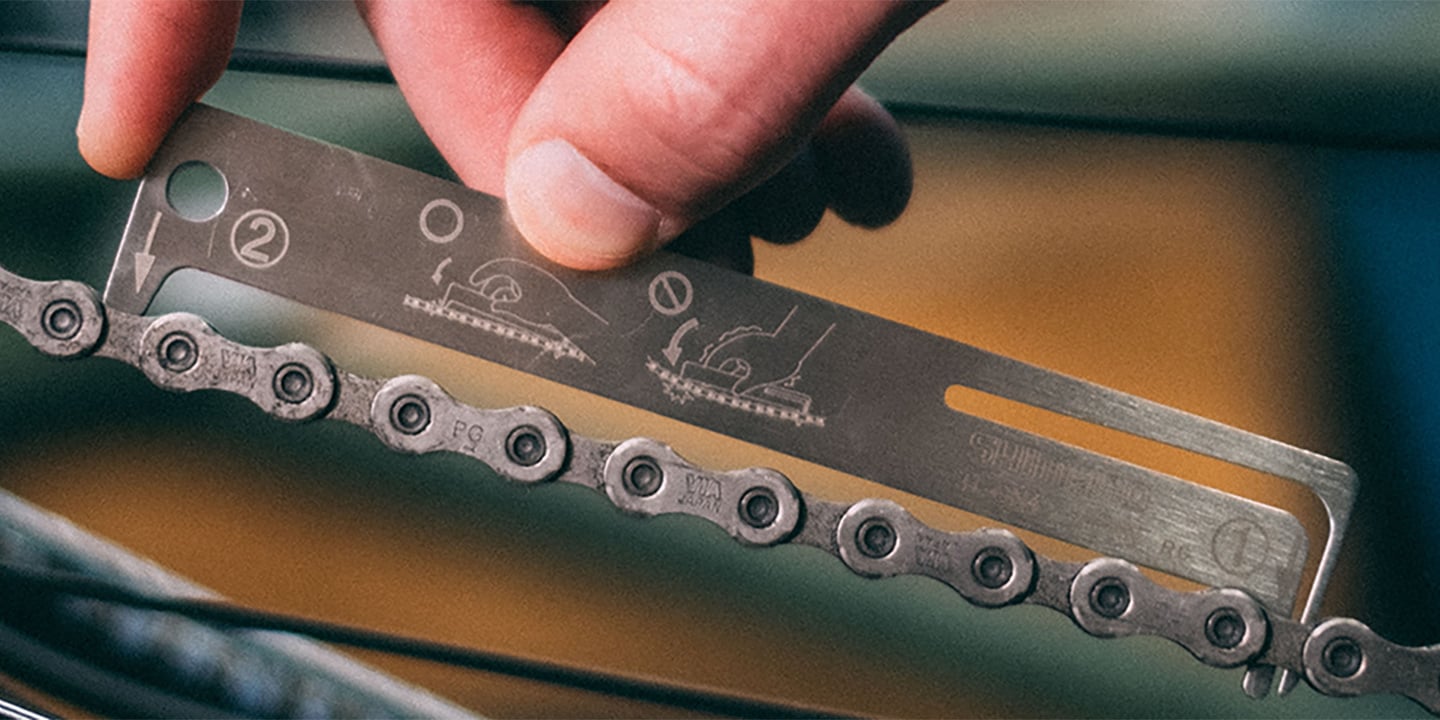
- Spring Maintenance Checklist for Road Bikes
- The riding season is quickly approaching and that means it’s time to get your bike set up for a big year of warm, sunny miles and two-wheeled adventures with friends.
-
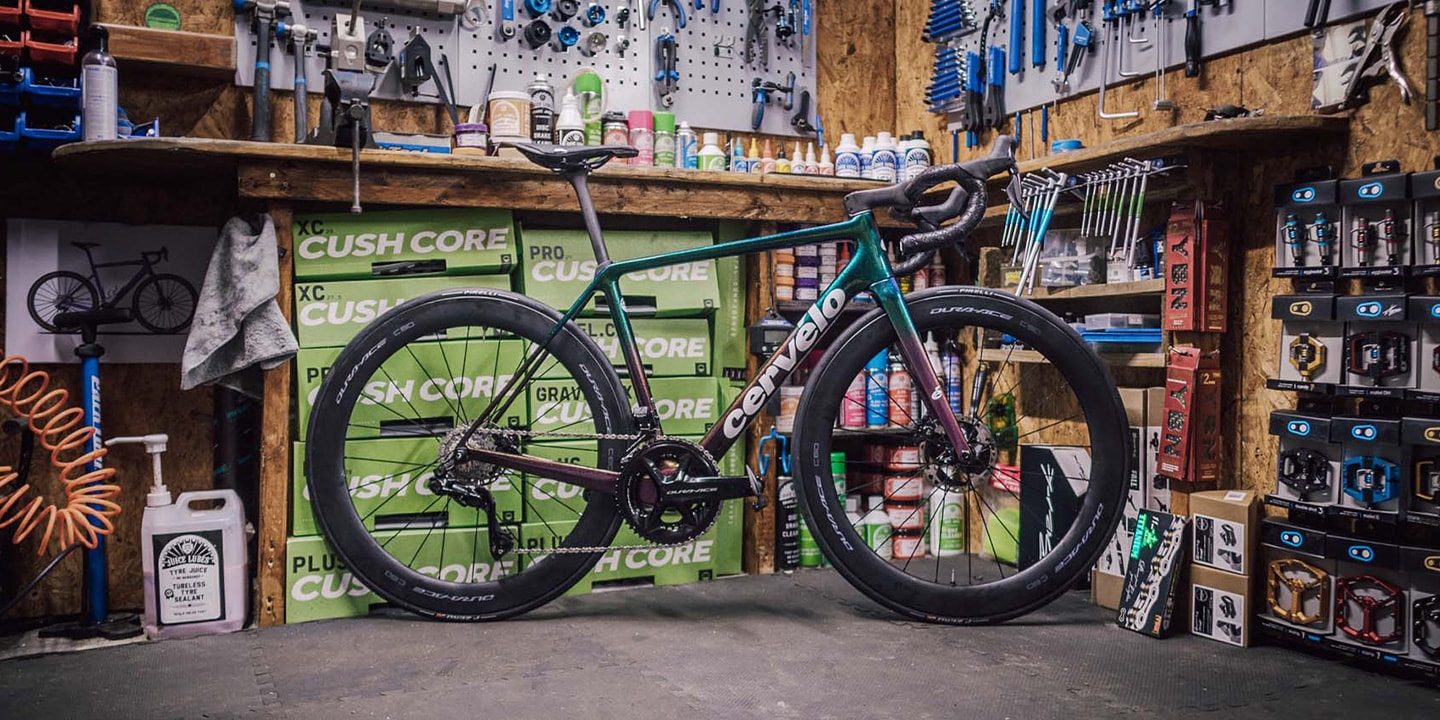
- Dream Build Cervelo R5
- Bikes in a catalogue or in a showroom are one thing, but when you really get under the hood, you see where the magic lies.
-
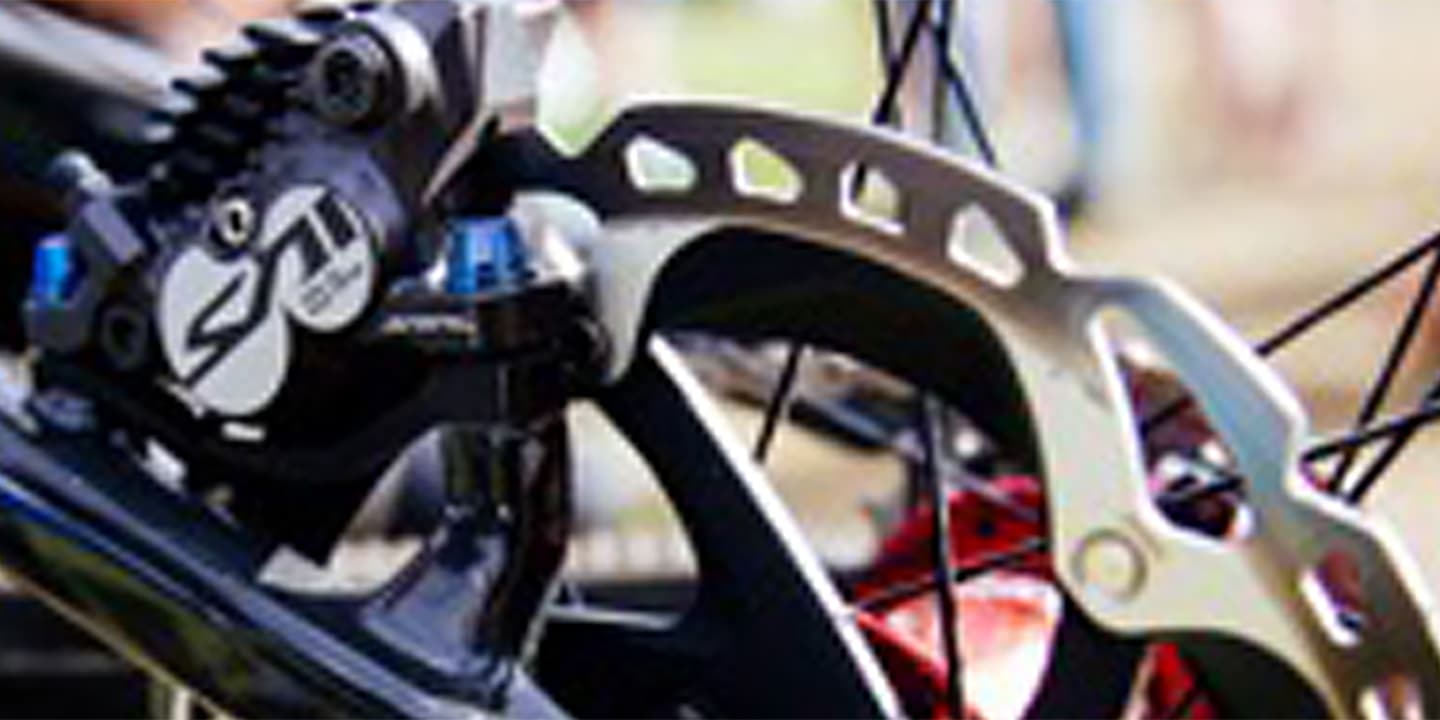
- Downhill Legend Greg Minnaar’s Braking Secrets
- When searching for milliseconds on the World Cup DH track, consistency is key for edging out the competition.
-

- Isla Short's secret ingredient
- Fresh off the back of the 2021 Tweed Valley Enduro World Series, Isla Short is bright-eyed, wide-smiled and ready to ride.
-
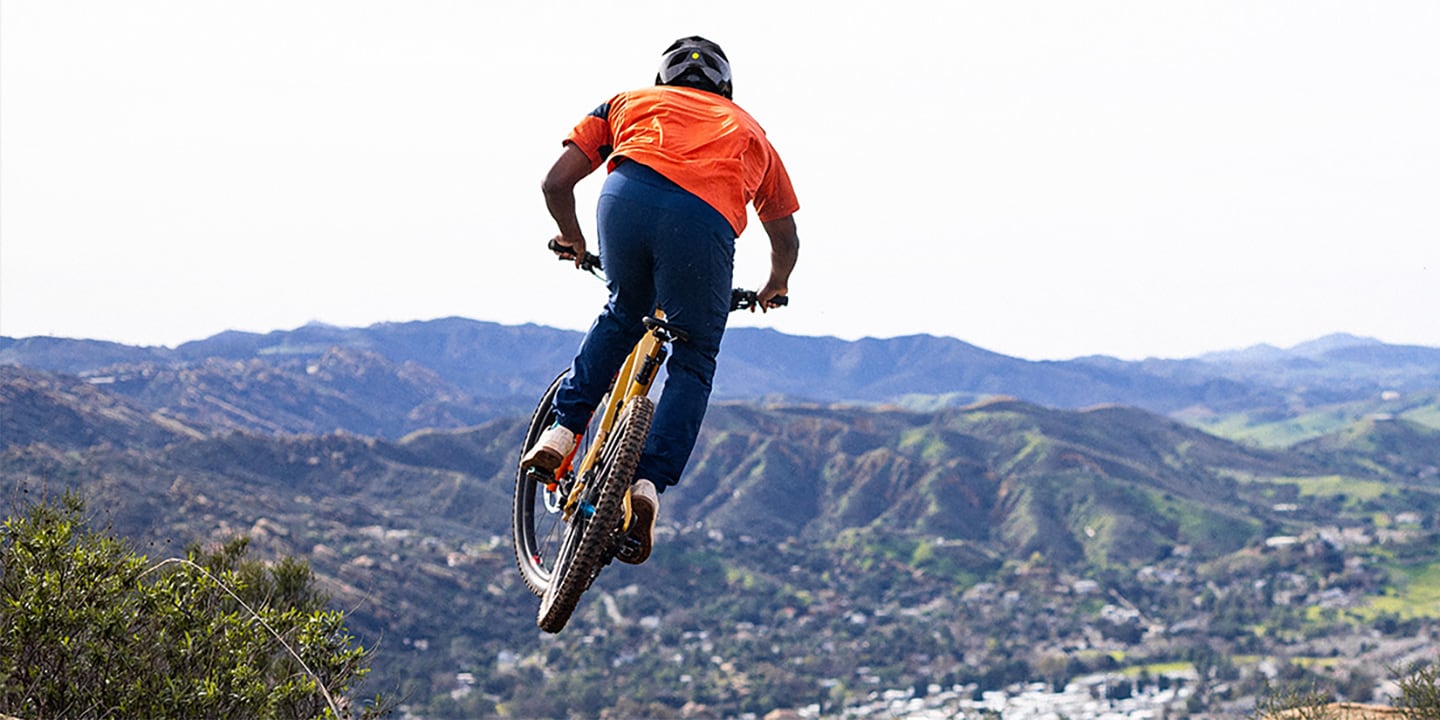
- Heather Young - Mountain Bike Photographer and Shimano E-Bike Rider
- Professional MTB photographer Heather Young gives us an inside look at a day of shooting with Elliot Jackson on the trails outside Simi Valley, California.
-
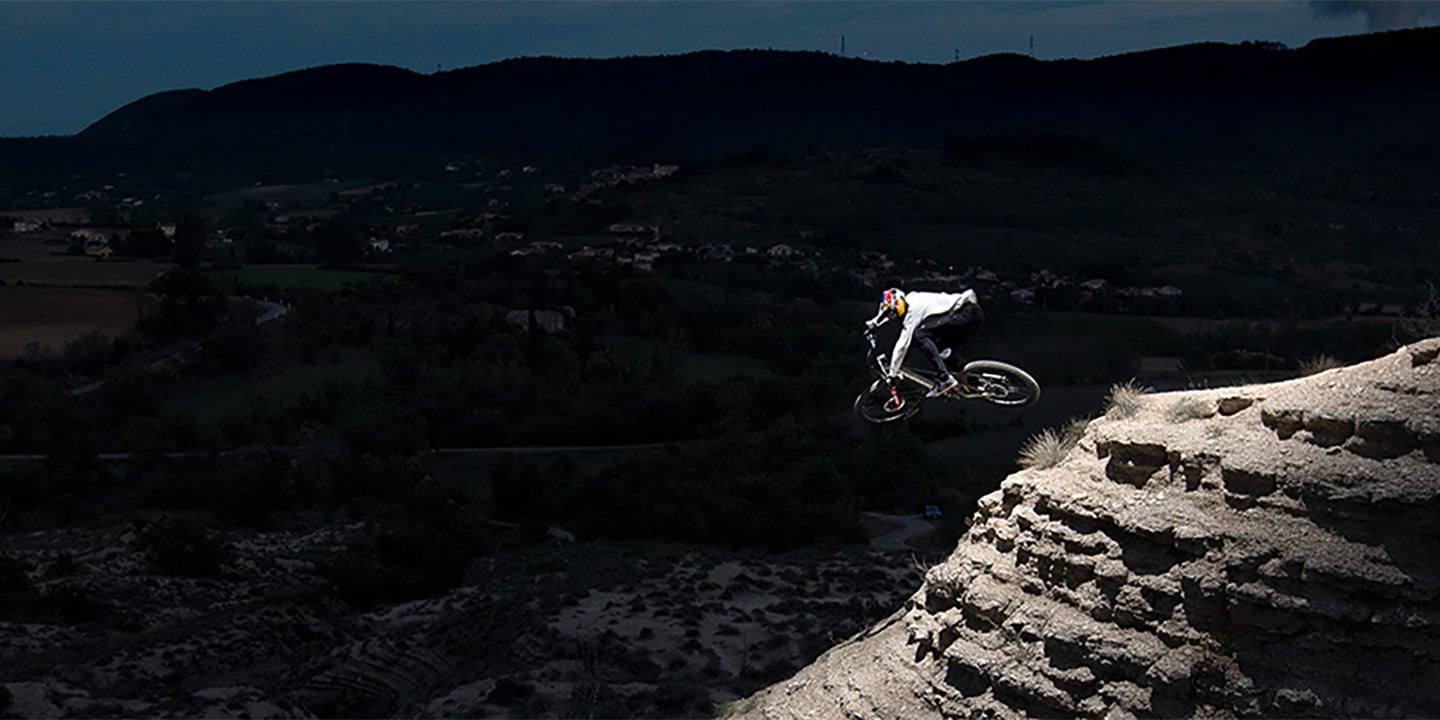
- The Art of MTB #2
- There’s no smoke without fire There’s no trick without trial There’s no perfect shot without preparation There’s no result without collaboration
-
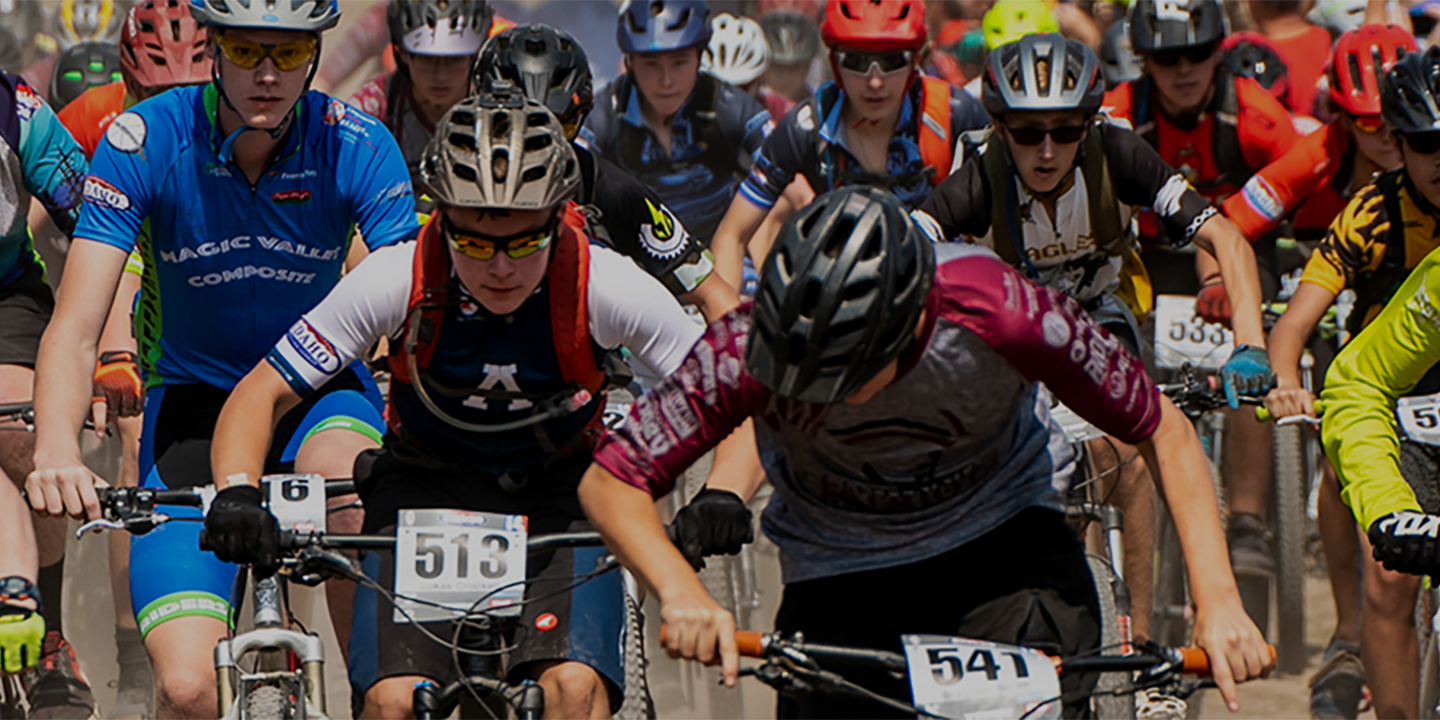
- Shimano Supports More Kids on Bikes
- Partnership with National Interscholastic Cycling Association a win for all
-

- Alex Fayolle returns to Lourdes
- This year, the Mercedes-Benz UCI MTB World Cup returns to Lourdes for the first time since 2017.
-
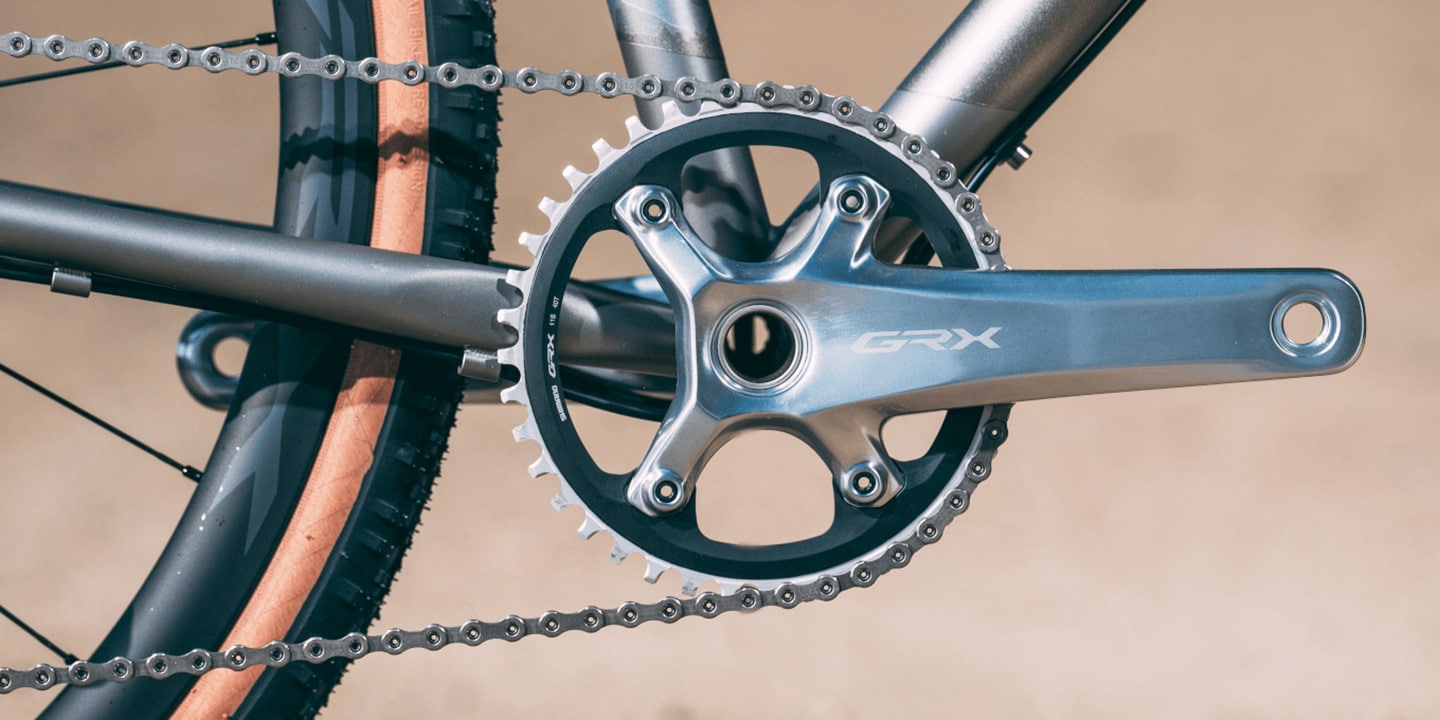
- Shimano and Small Builders Celebrate Gravel with GRX Limited
- Celebrating gravel and the gritty renaissance of cycling in North America, Shimano teamed up with ten master frame builders to create a collection of grit and gravel-inspired custom bikes with Shimano’s new GRX Limited parts.
-
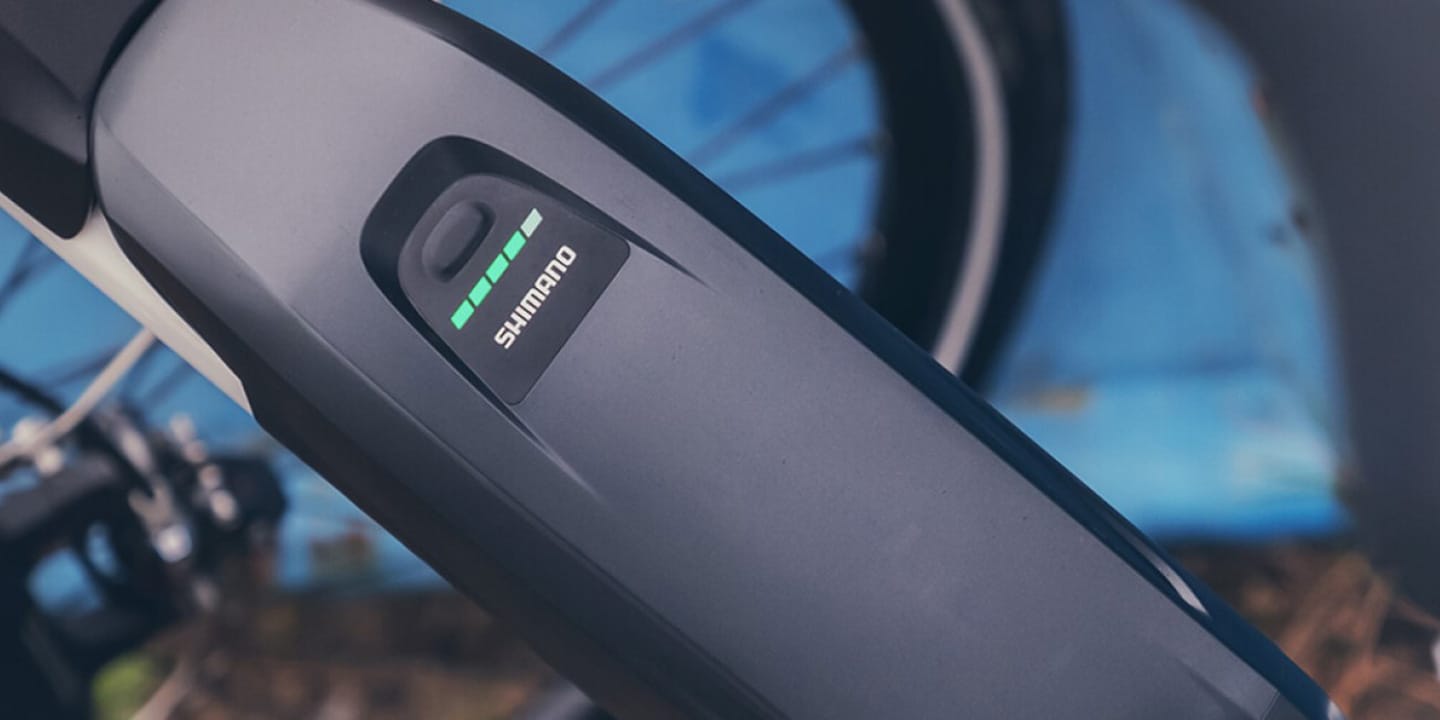
- Boost your riding capacity with Shimano’s largest e-bike batteries
- We introduced three new e-bike batteries into our SHIMANO STEPS line-up including internal and external versions of its 630Wh largest capacity batteries for even longer rides.
-
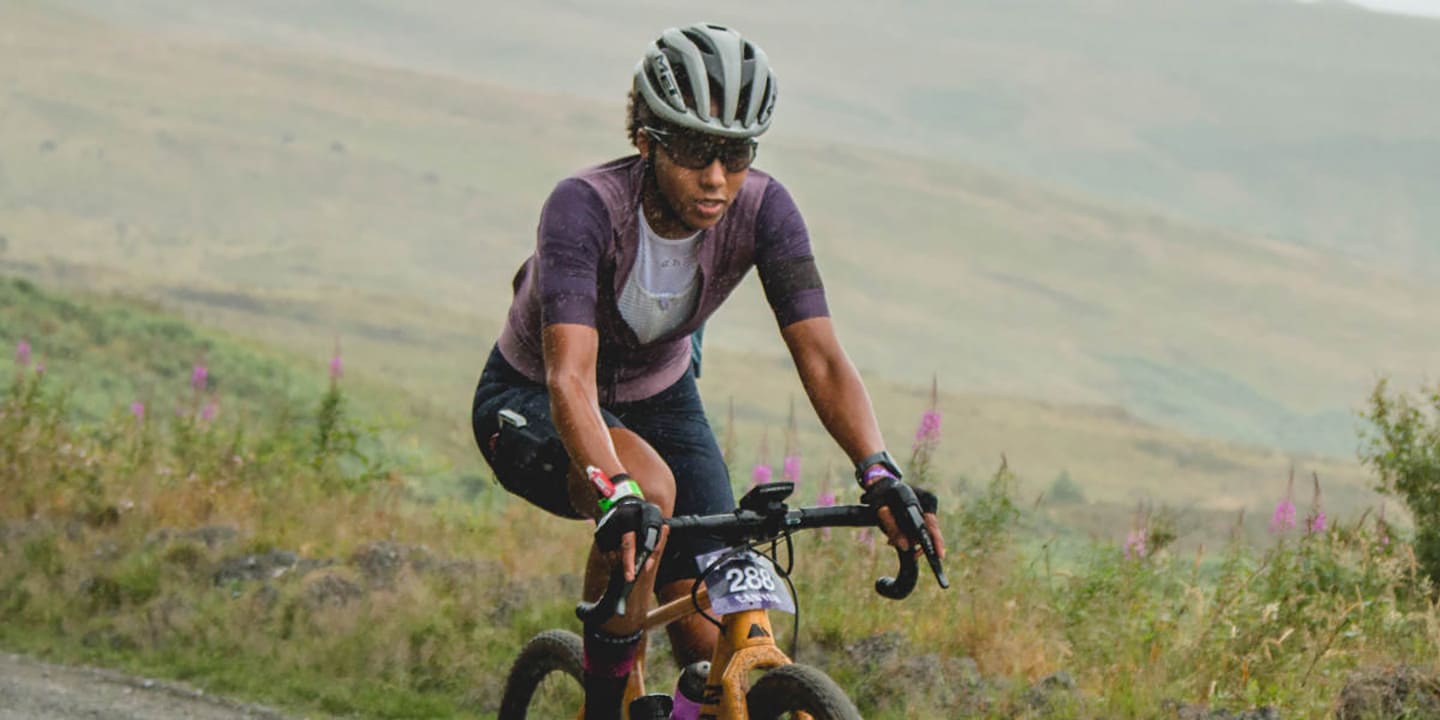
- Gravel Racing of the One-Day Sort
- The high-pace racing side of gravel is gaining ground but as it’s still in the early days, you don’t always know what you’re letting yourself in for when you pin on a number.
-
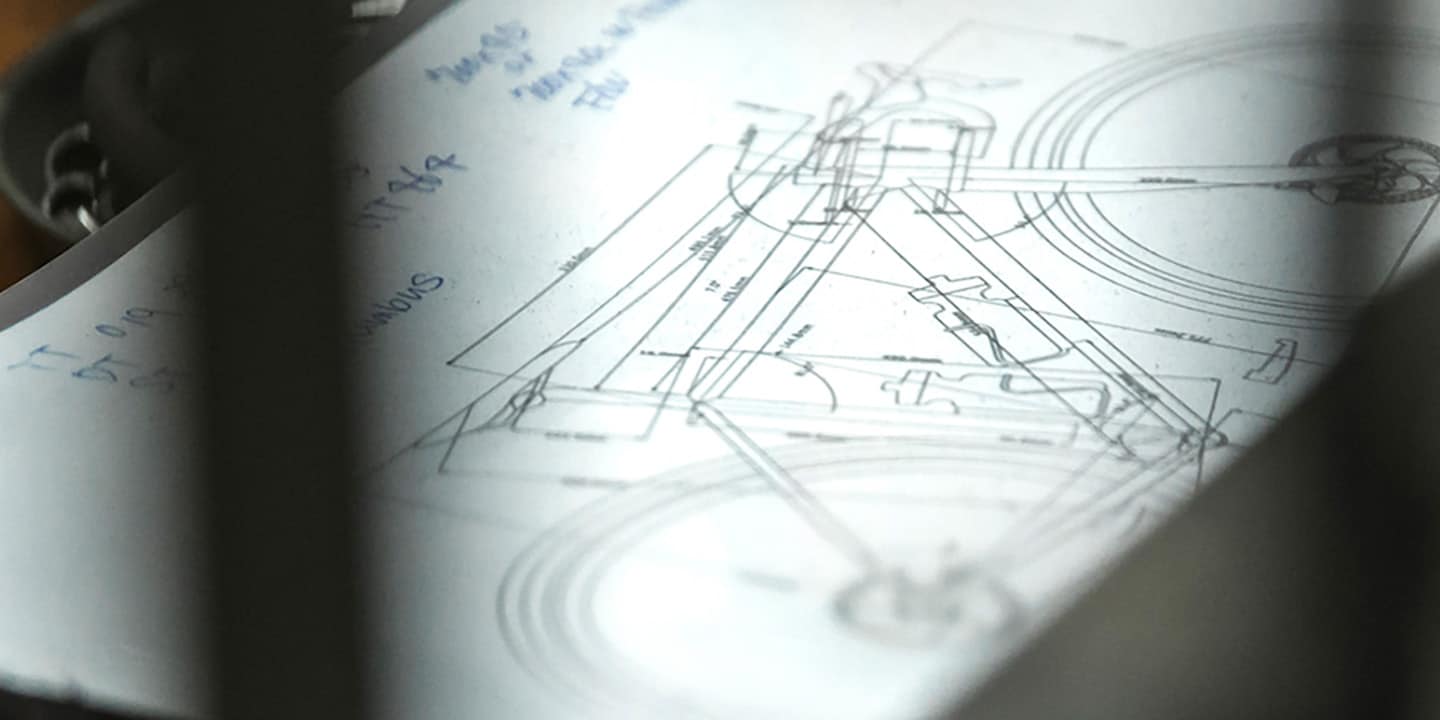
- MADE IN: Sakai City
- Inspired by his artist friends, Soukawa infuses new meaning into gravel cycling and celebrates how locally produced frames can be customized for the local needs.
-
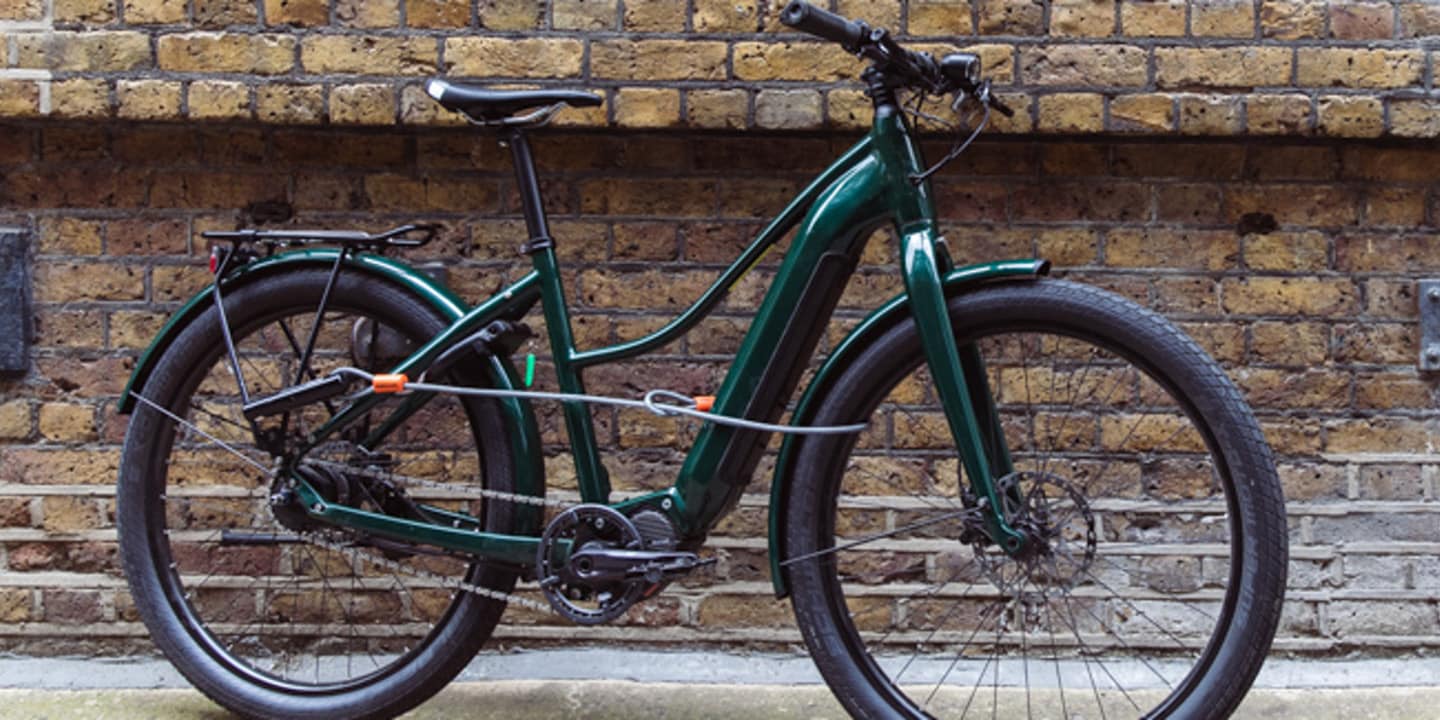
- Protecting your bike from theft
- Bikes are valuable possessions.
-
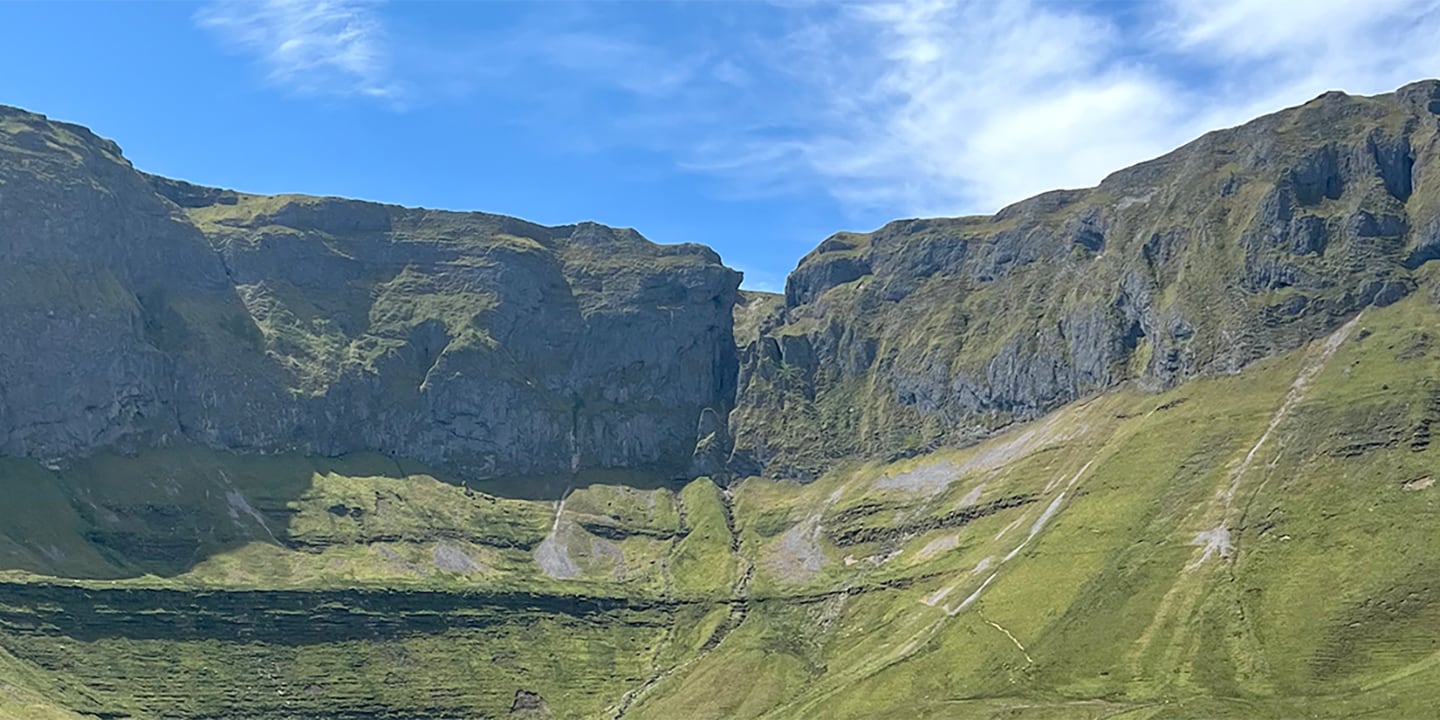
- Chunking Momentum and Feeding Needs
- Chris Case is a journalist, adventurer, and founder of Alter Exploration, guiding cyclists on transformative journeys in some of the world’s most spectacular locations, including the Dolomites, Iceland, Piedmont Alps, and Colorado.
-
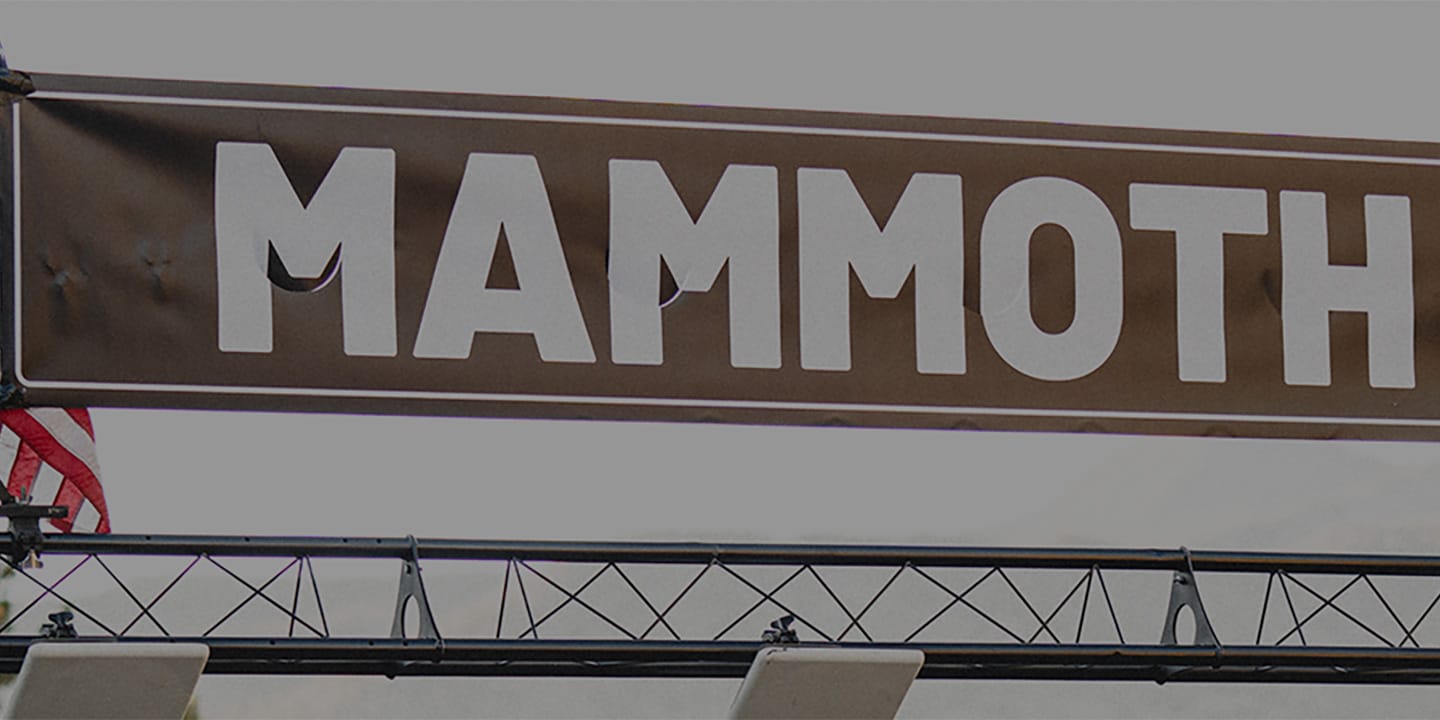
- Engineered Tuff
- SHIMANO Gravel Alliance member and 2x Unbound 200 winner Amanda Nauman is more than just a super fast bike racer.
-
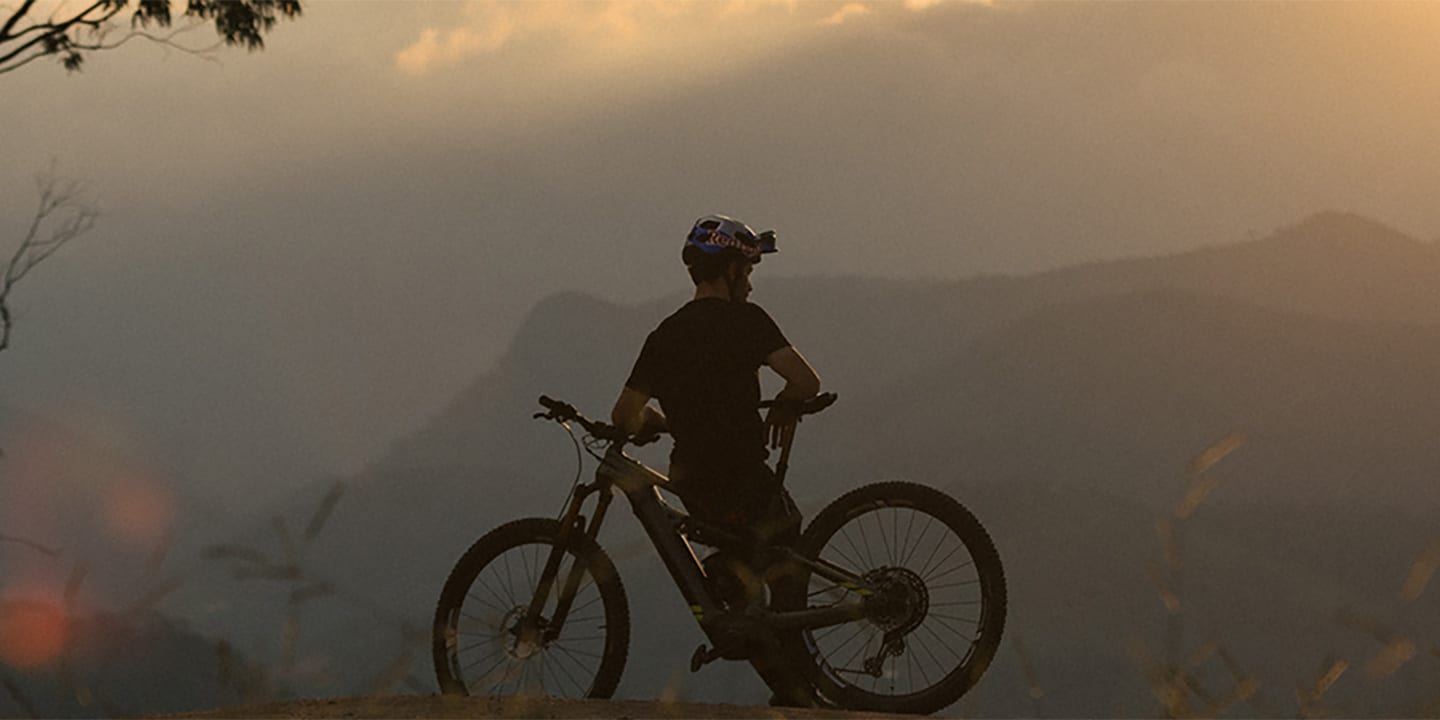
- This is Home Henrique Avancini
- For years, Henrique Avancini has left Brazil behind to travel to races across the world.
-
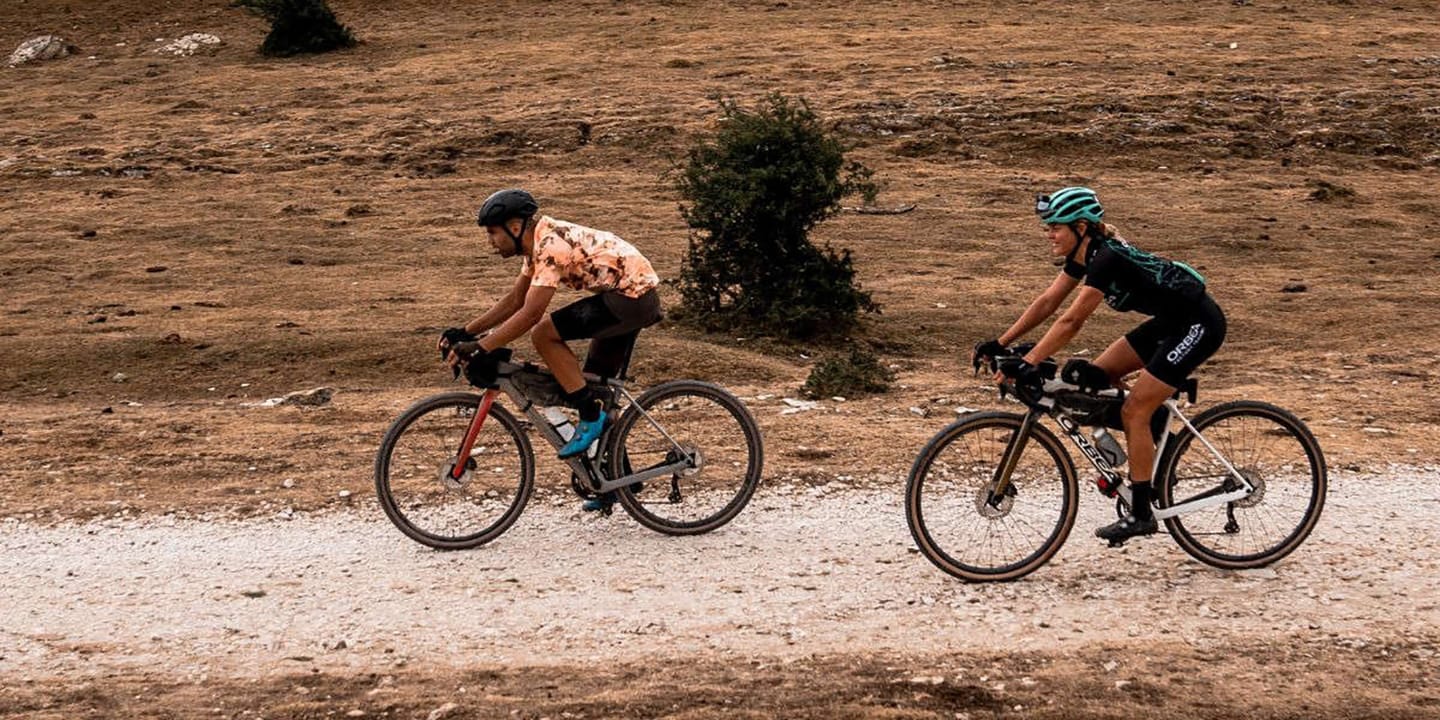
- Gravel Events Explained
- When it comes to competing on gravel, pinning on a number doesn’t mean you need a ruthless will to win.
-
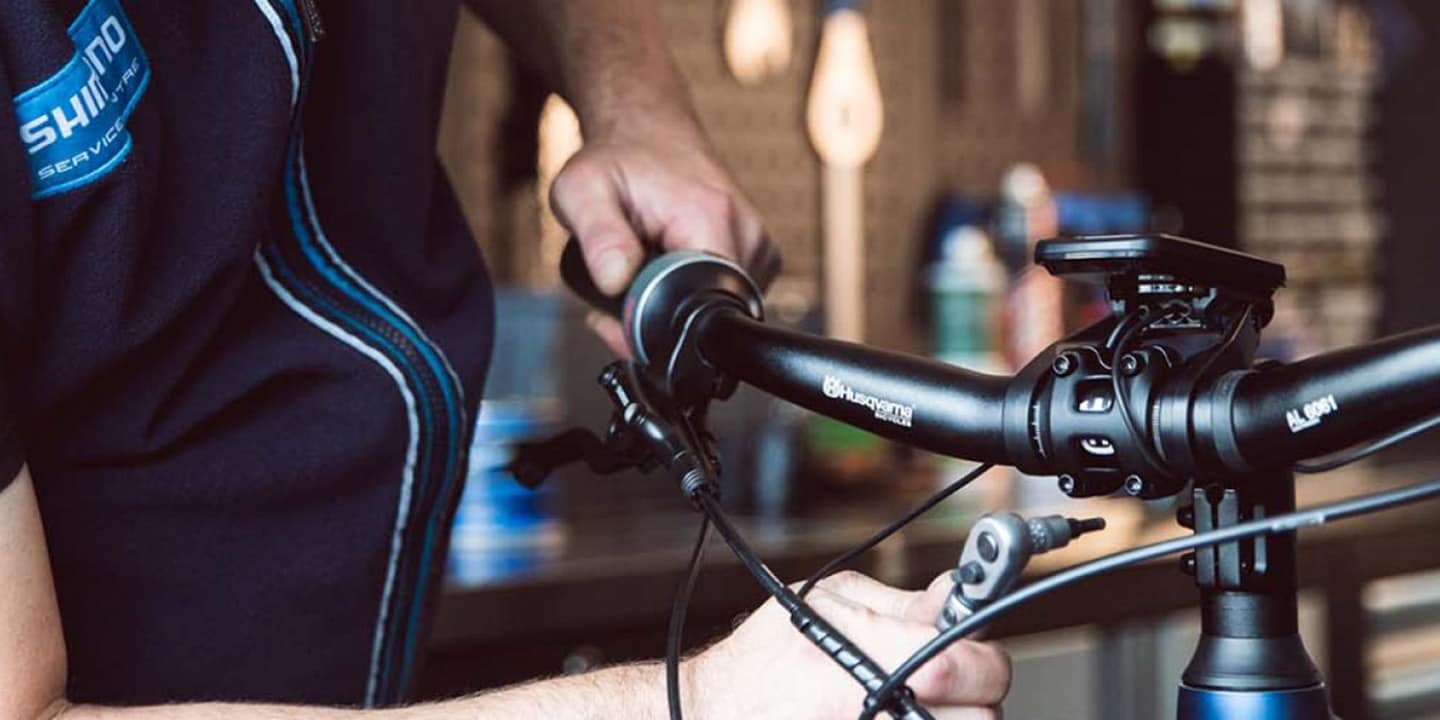
- Essential tips for cyclists ? getting to know your bike
- Getting to know your e-bike, with a few simple tips from a mechanic, will help you get a better experience from cycling so you can confidently enjoy exploring the city.
-
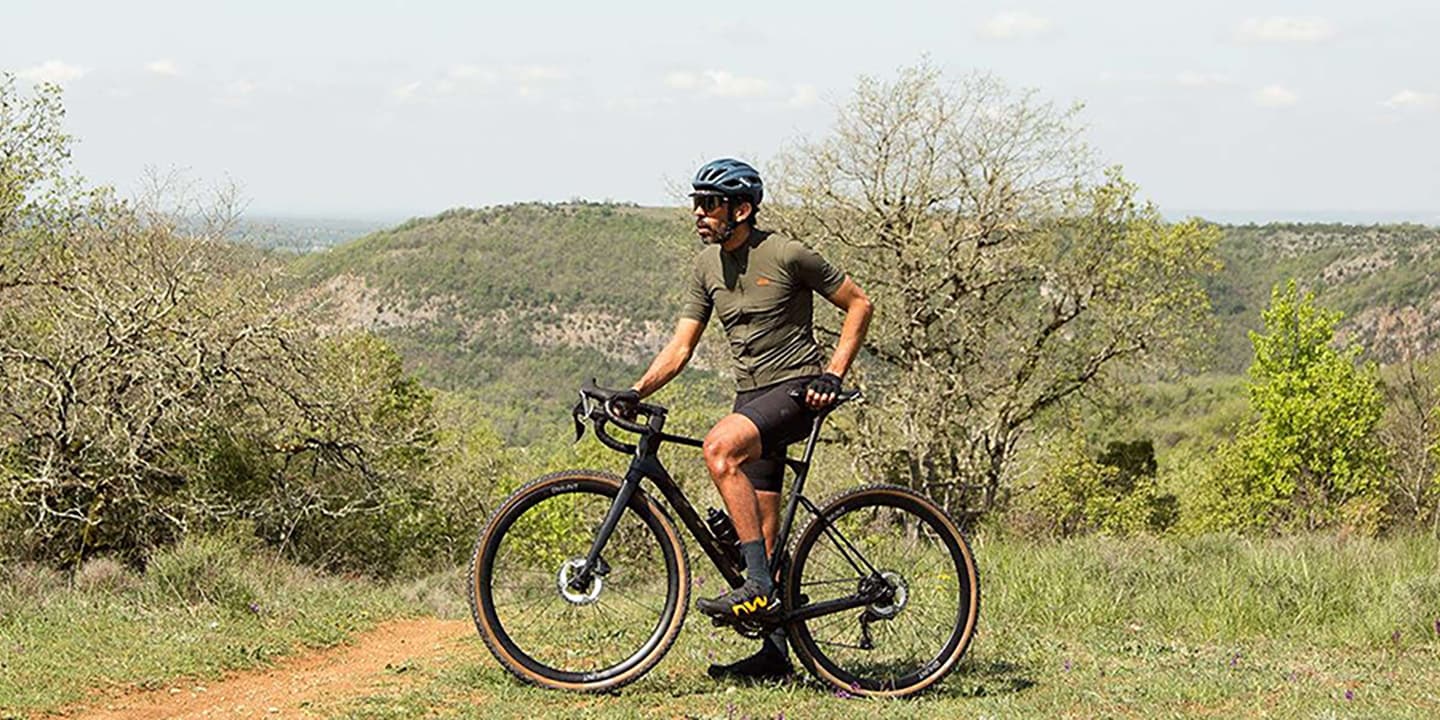
- How to pick your first gravel bike
- Shimano Gravel Alliance rider Sofiane Sehili dives into the complexities of your first gravel bike, unpacking ways to perfect your ultimate gravel bike build to support developing skills, larger distances, and greater challenges.
-
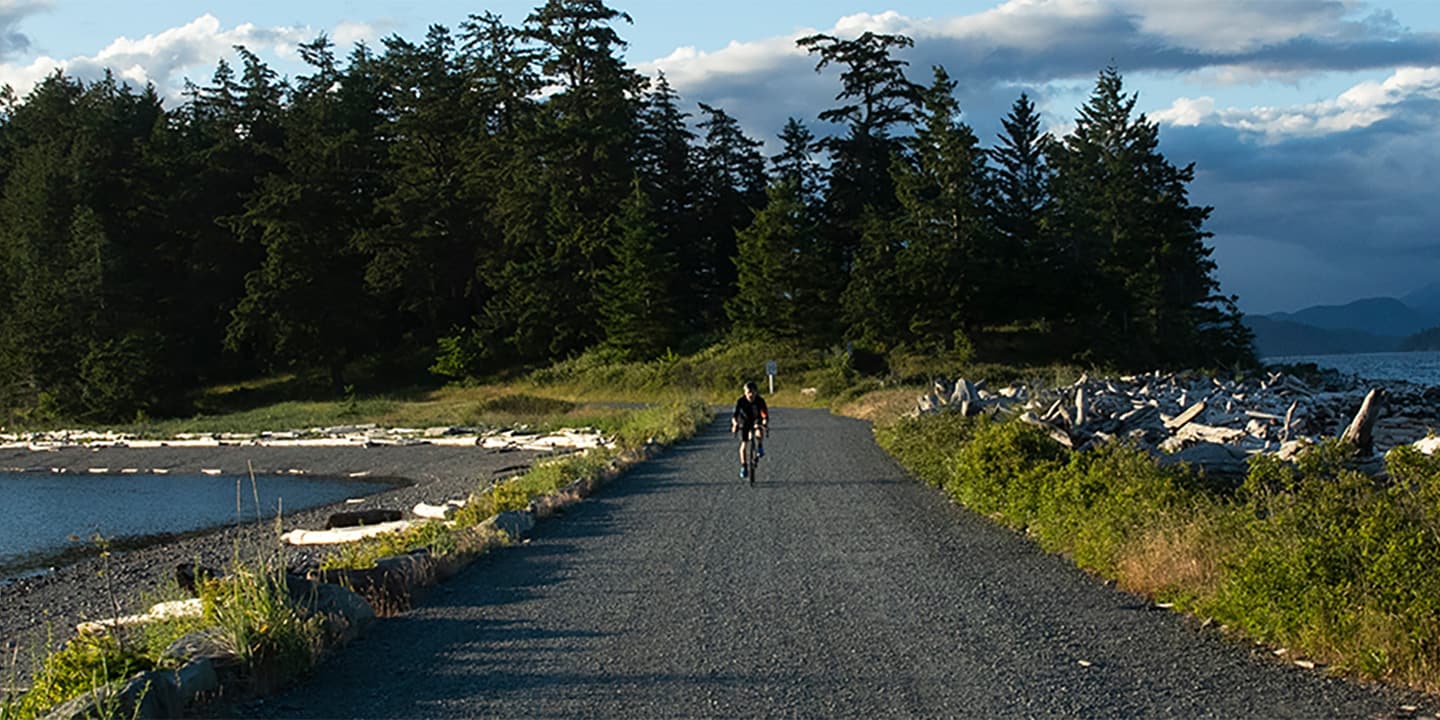
- Spring Cleaning and Maintenance
- As the cycling season approaches, it's time to get the gravel bike ready for a long summer of riding and adventures with friends.
-
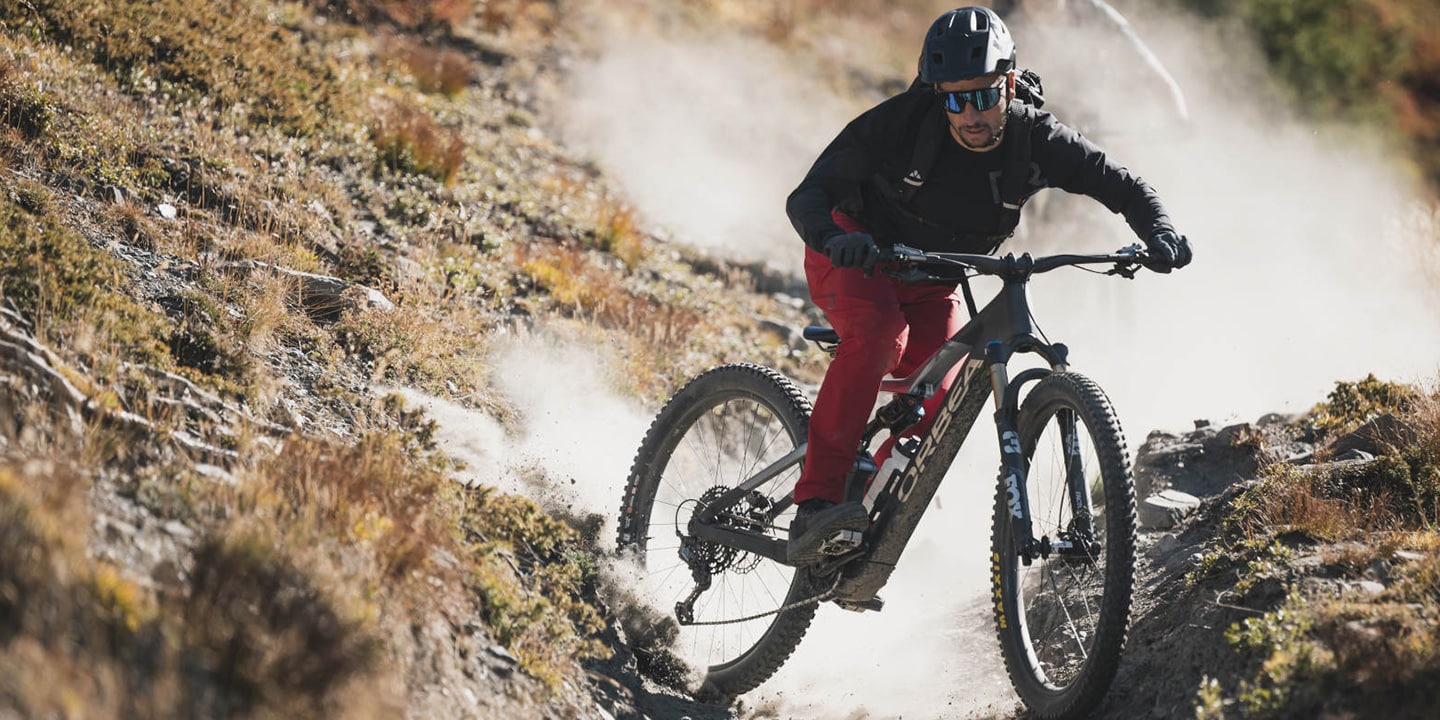
- RISE beyond expectations.
- The best rides are the ones where nothing comes in your way – you're not thinking, you’re just riding.
-
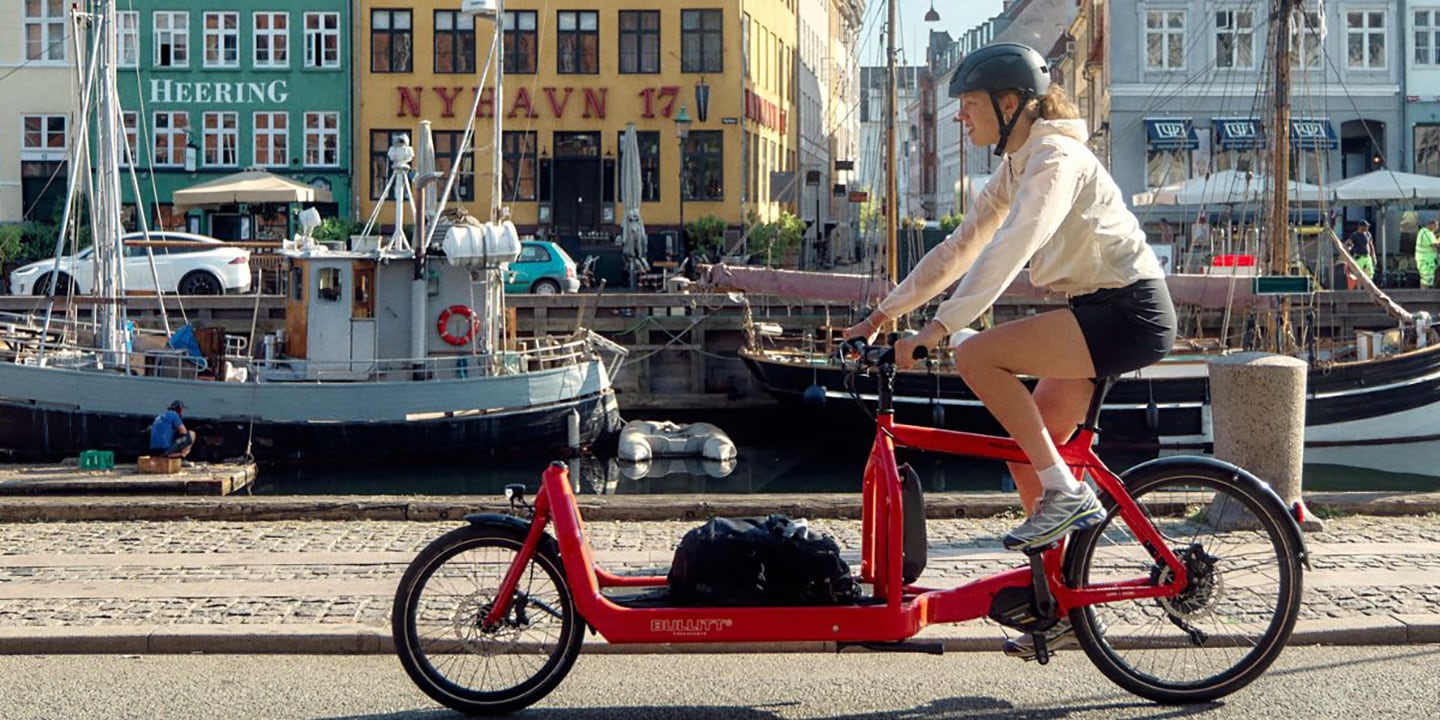
- Copenhagen ? Cycling in the City
- Copenhagen balances Scandinavian/cool with European/chic, and it’s the perfect city for cyclists.
-
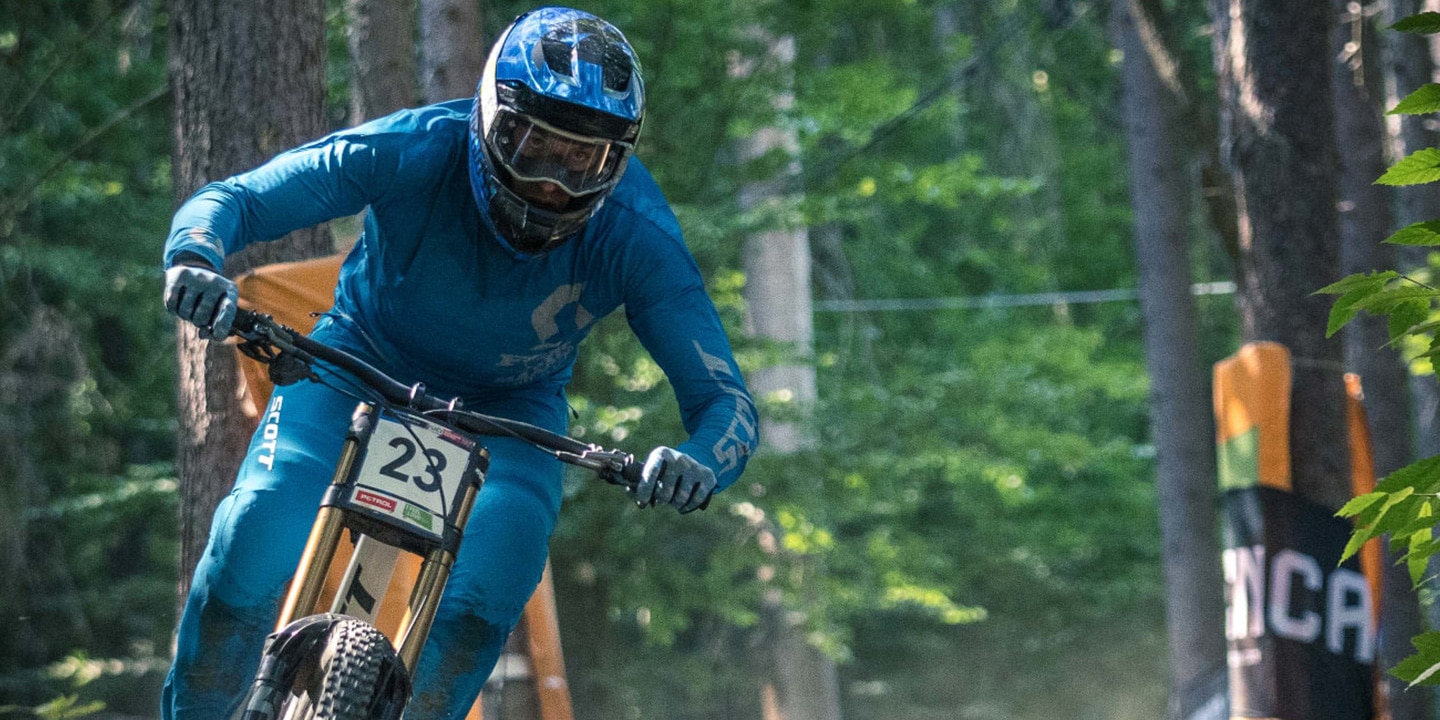
- All Access - Dean Lucas
- ALL ACCESS takes you behind the scenes, inside the tape, through the pits, on the massage table and under the bonnet of the biggest races of the year.
-
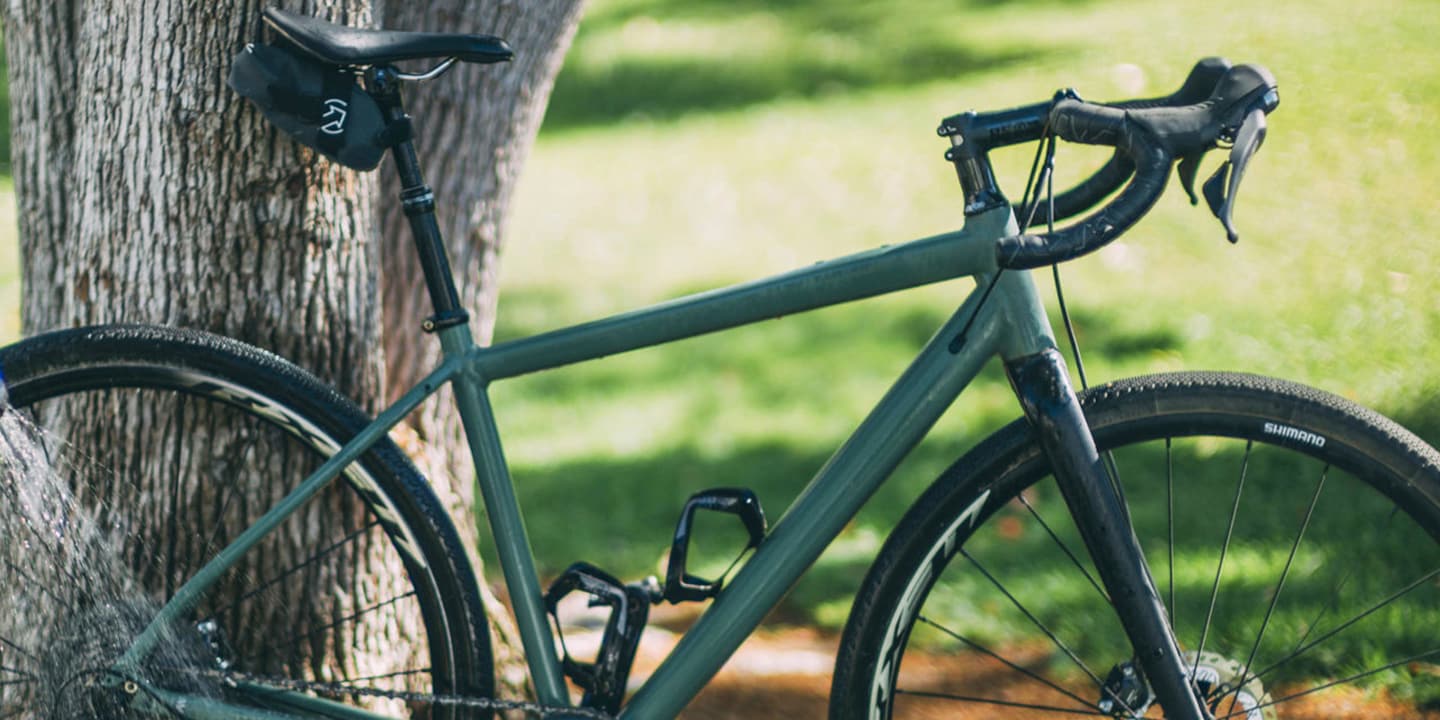
- A clean chain is a fast chain
- A dirty chain is an inevitable part of riding bikes.
-
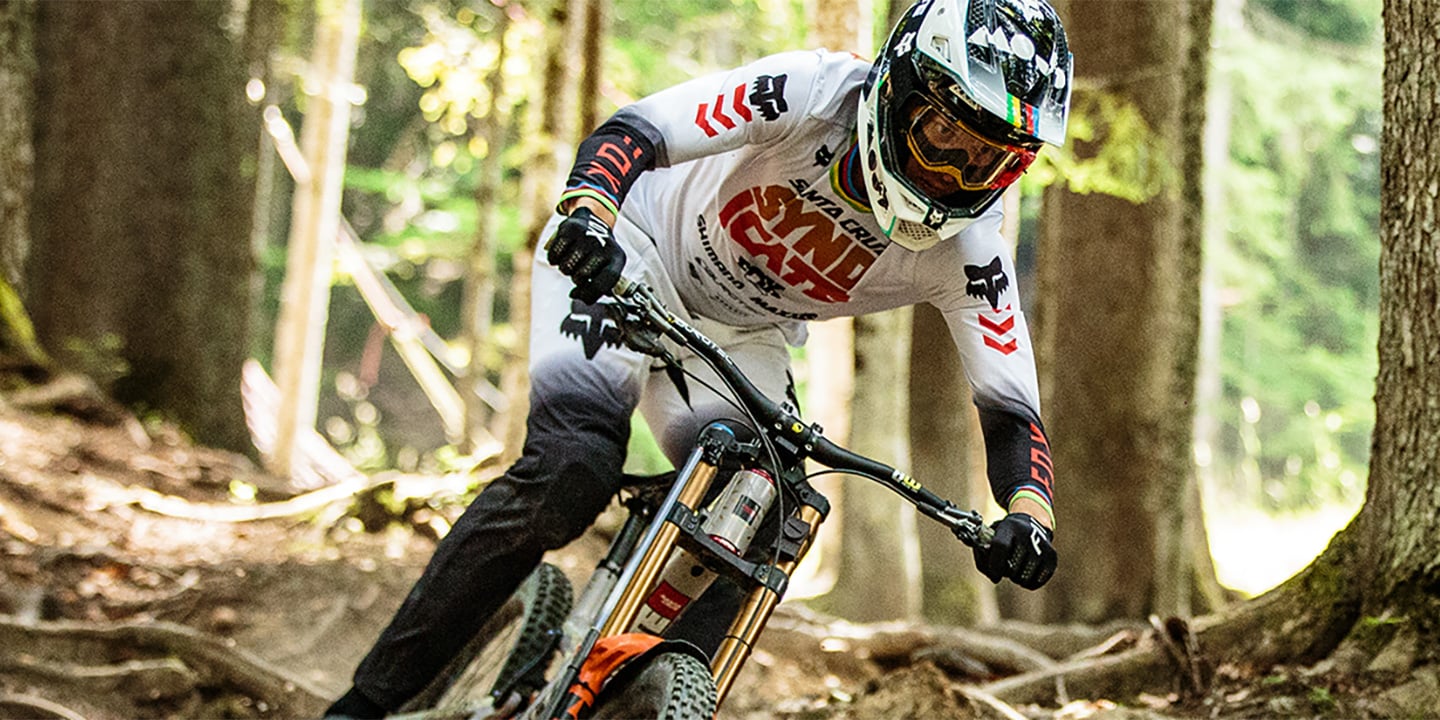
- Off the Clock: Greg Minnaar
- After winning the 2021 World Championships and becoming downhill mountain biking’s most decorated rider, Greg Minnaar, a.k.a.
-
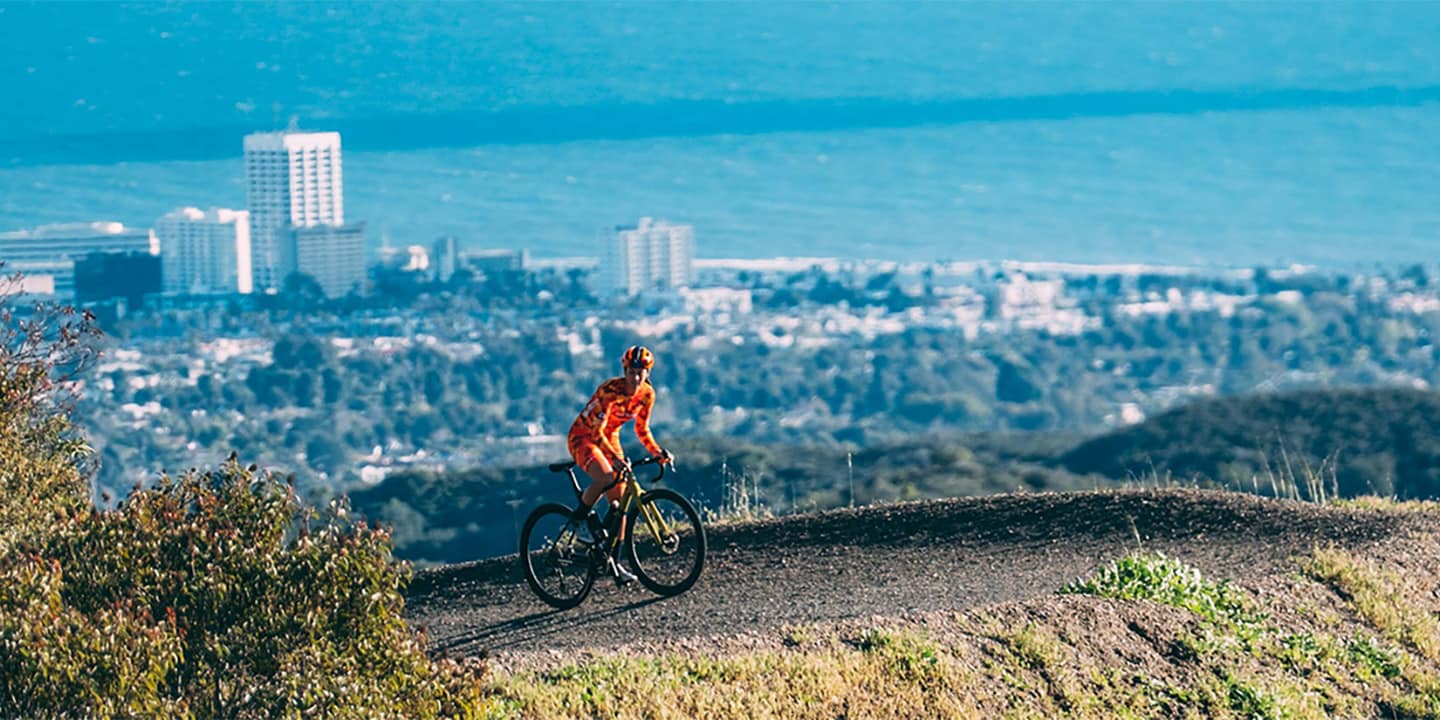
- It’s Never Too Late
- It's the day before the Summer Solstice, and Isabel "Iz" King is at home in Southern California when she picks up the phone.
-
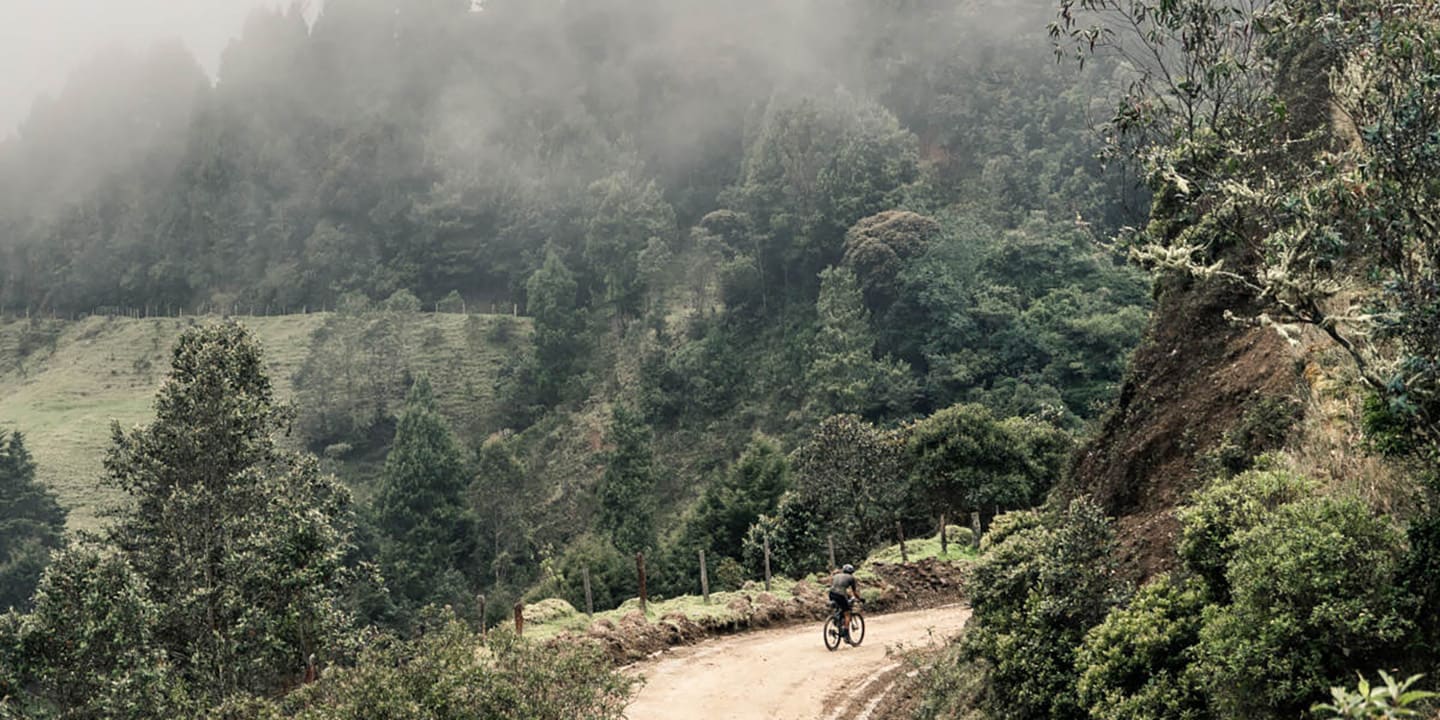
- How to ride high altitude gravel
- If there’s one thing that’s hard to avoid when cycling Colombia, it’s high altitude.
-
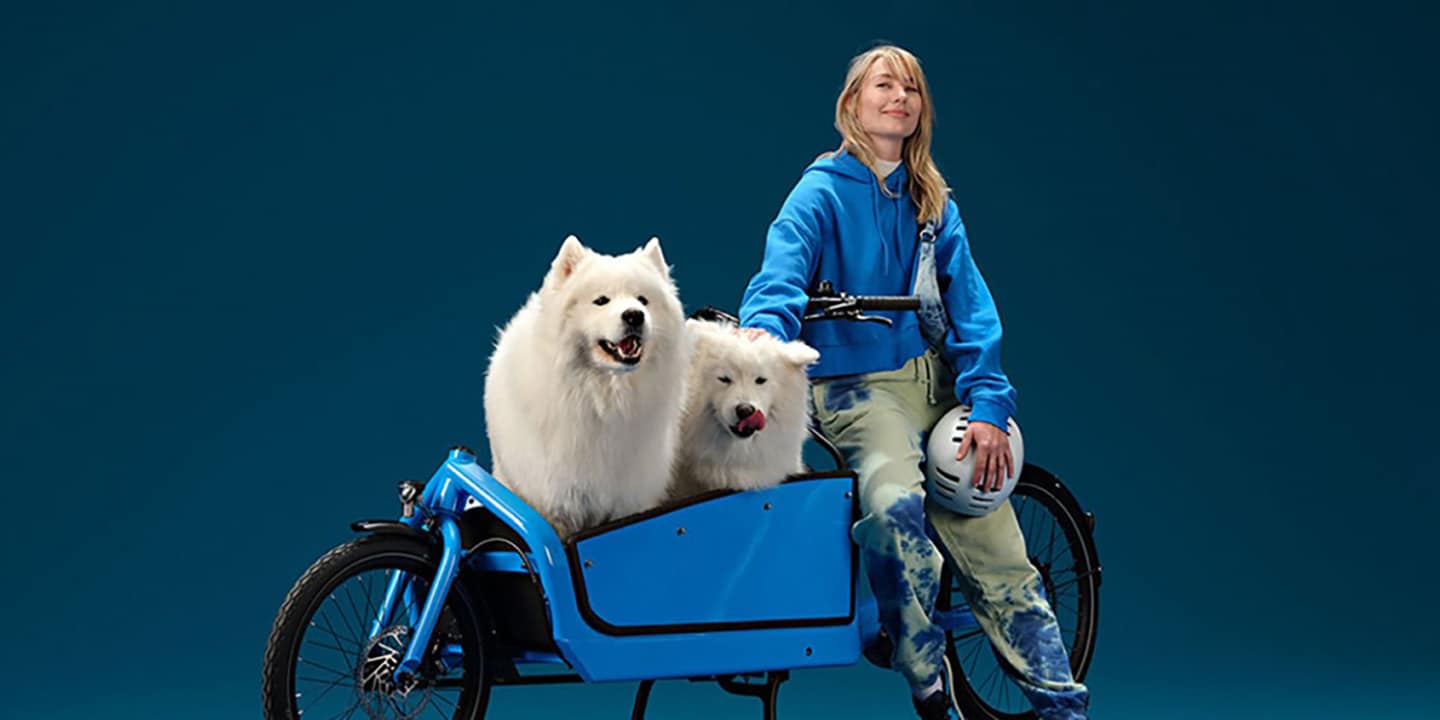
- Say hello to SHIMANO STEPS E-Cargo
- SHIMANO STEPS newest e-bike system is now ready to power cargo bikes around the city.
-
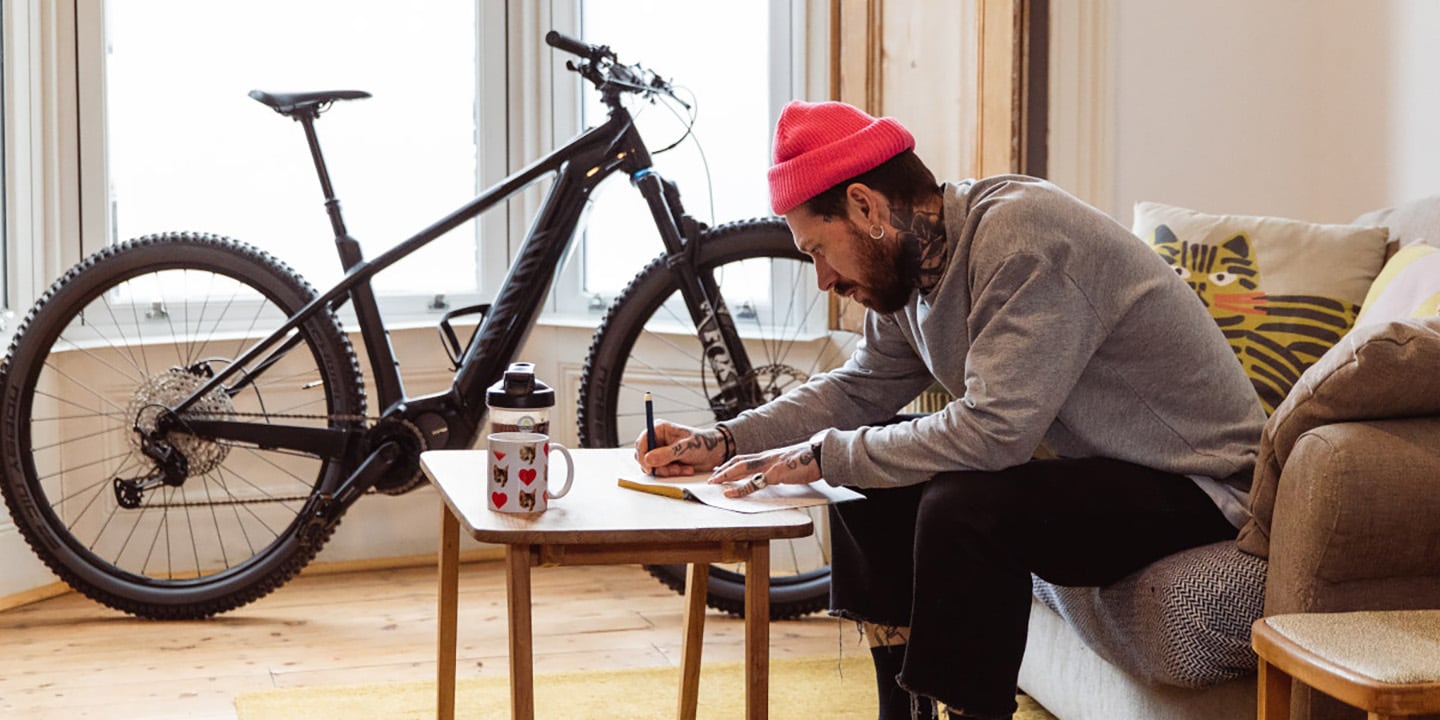
- People Like Me: Cycling and mental health
- Spending time on your bike can provide valuable head space to help you process the emotions of your day, both big and small.
-
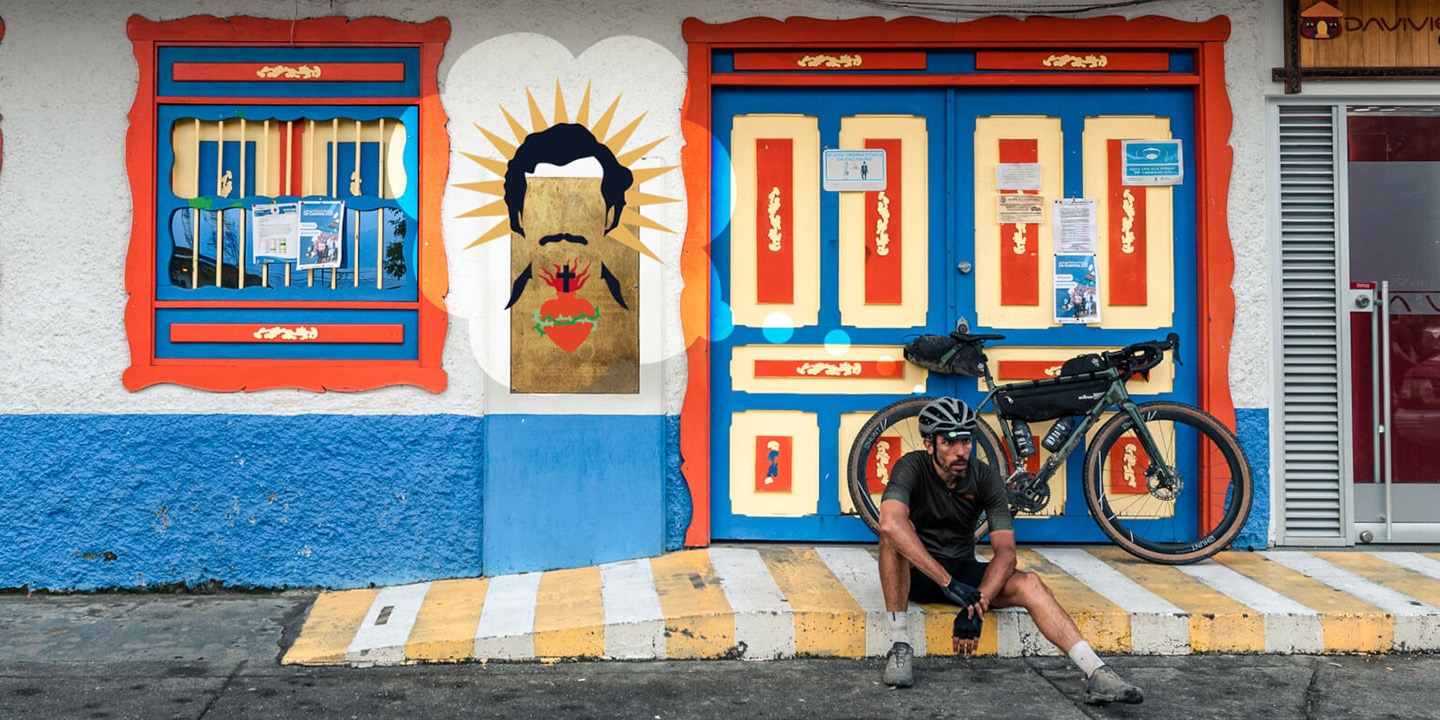
- Getting high in Colombia
- After watching Narcos on Netflix, Gravel Alliance rider Sofiane Sehili wasn’t sure what to expect from Colombia, but it took just one week for the endurance addict to fall in love with this Latin American nation.
-
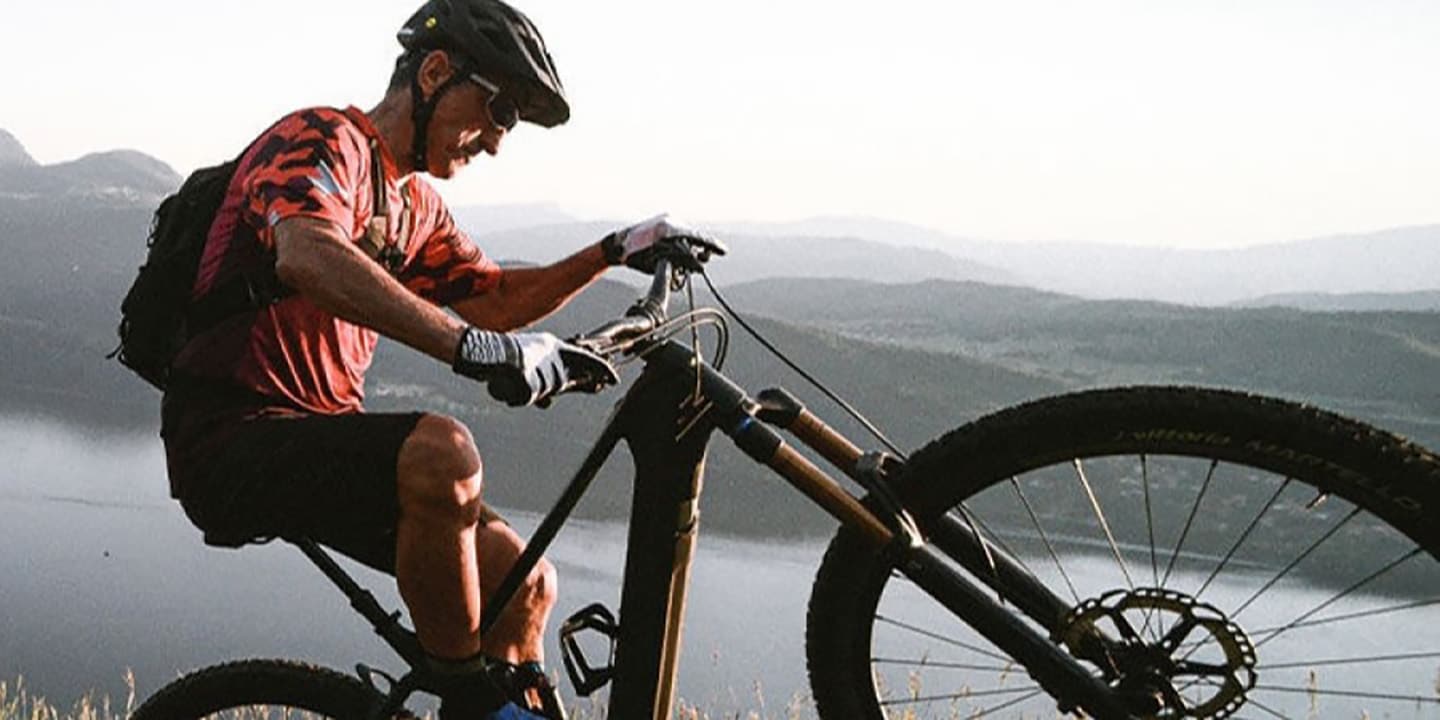
- Passing The Baton
- As we get older, we will one day face the realization we do not have the strength and stamina we once had.
-
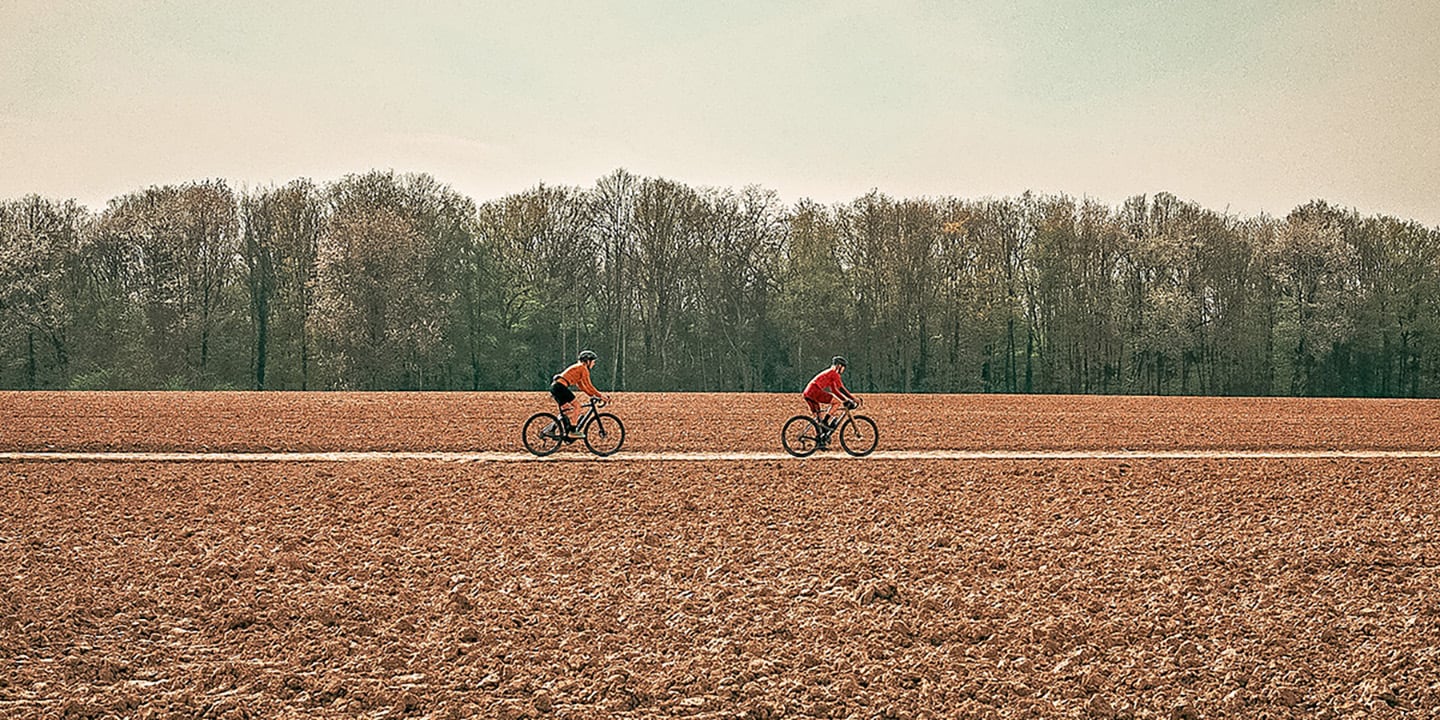
- REBOUND: Relive a Remarkable Ride
- REBOUND inspired more than 300,000 riders around the world to ride a whopping 4,789,142 miles collectively.
-
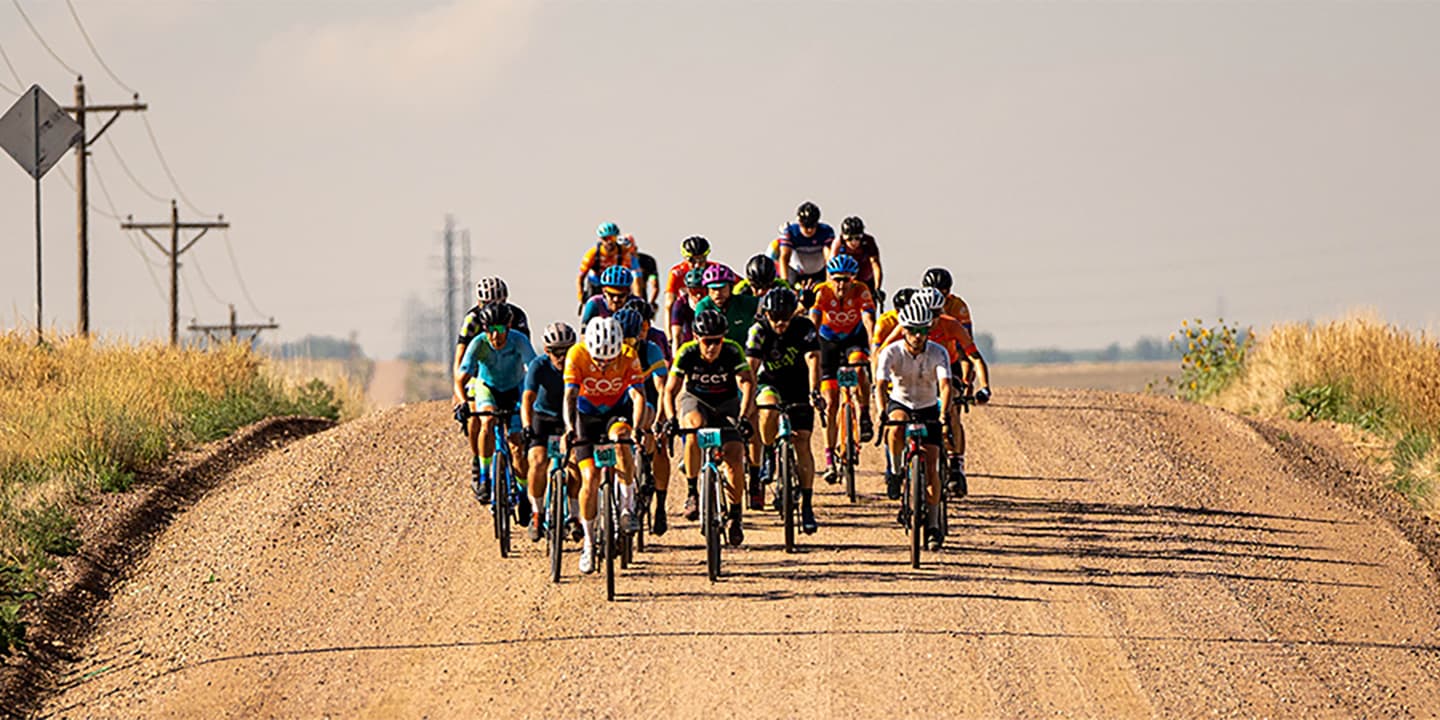
- Bike Sports and Beyond
- Whit and Zack Allison have spent their careers on bikes.
-
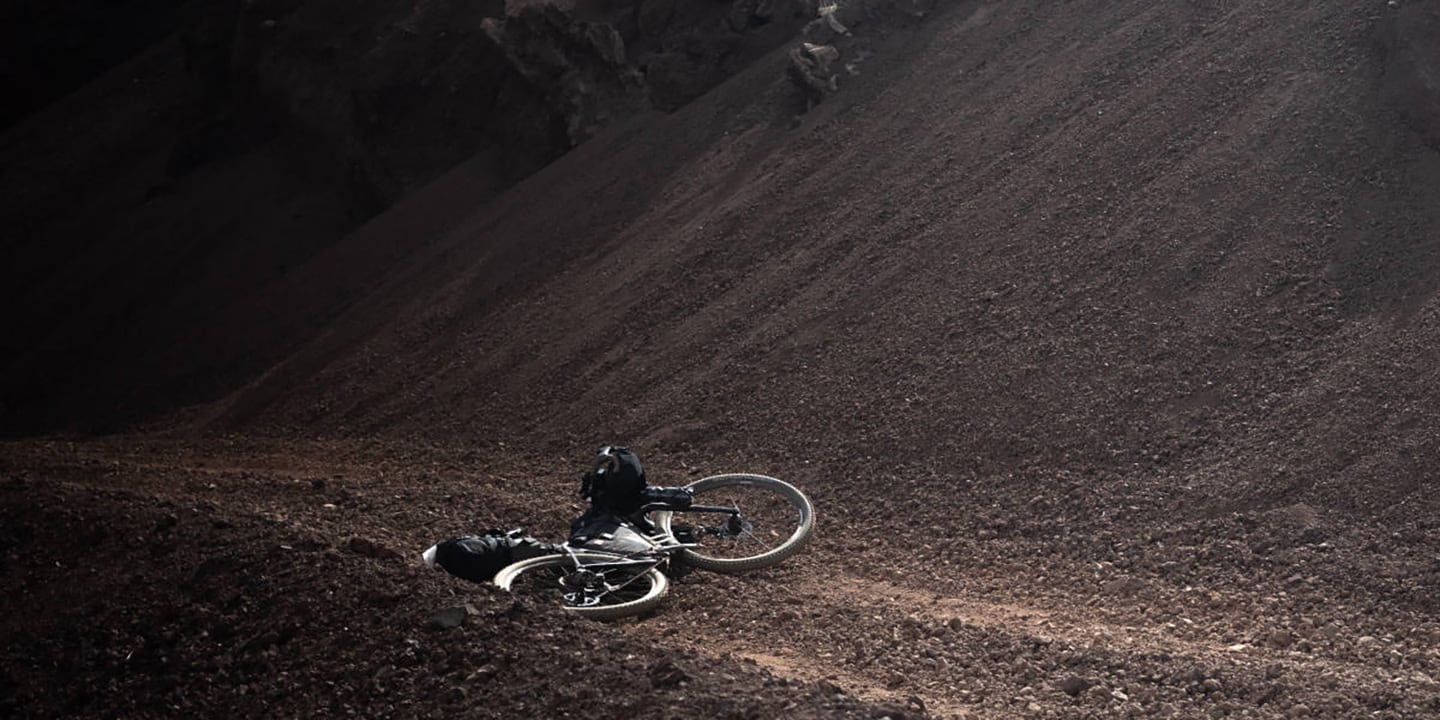
- Should you ride an ultra?
- Tour Divide, Badlands, GranGuanche, Atlas Mountain Race, Further, Tuscany Trail, Silk Road Mountain Race, GBDURO.
-
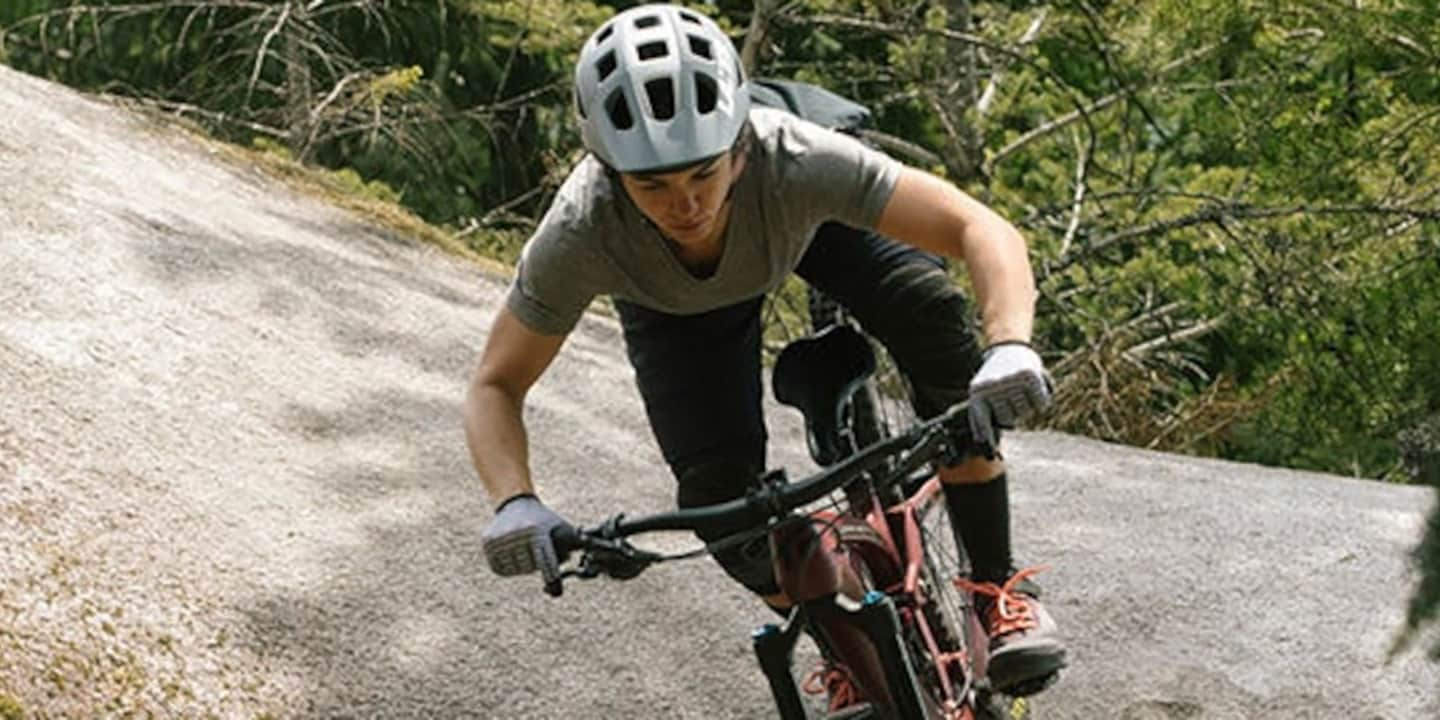
- Improve Your Mountain Biking Skills
- Known best for her infectious smile and giggly personality, Emily Schaldach has countless mountain bike and cyclocross accolades to her name including multiple podiums at a variety of Collegiate National Championships.
-
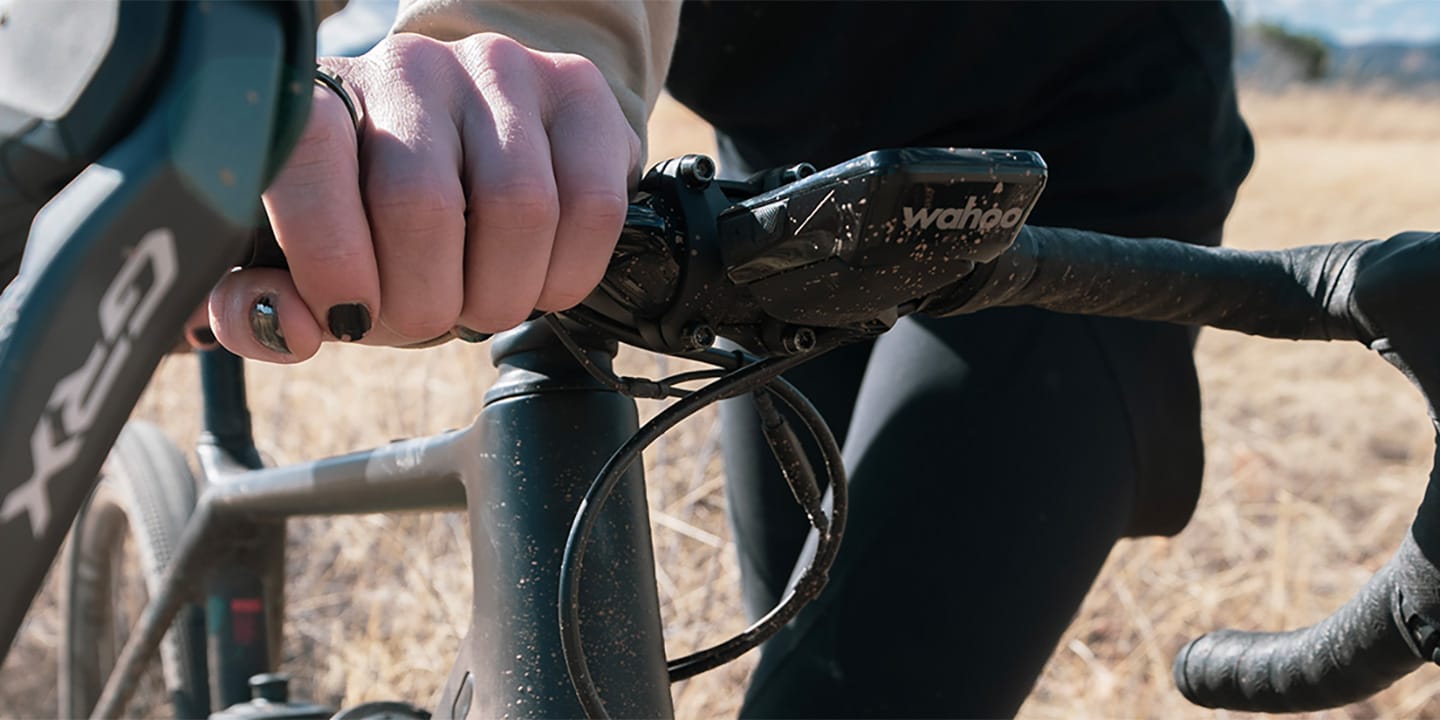
- Heather Jackson’s Transformation From Ironman Champ to Gravel Powerhouse
- After a 15-year triathlon career that saw Heather Jackson win six Ironman and 16 Half Ironman competitions, Heather Jackson has steered her career in a new direction.
-
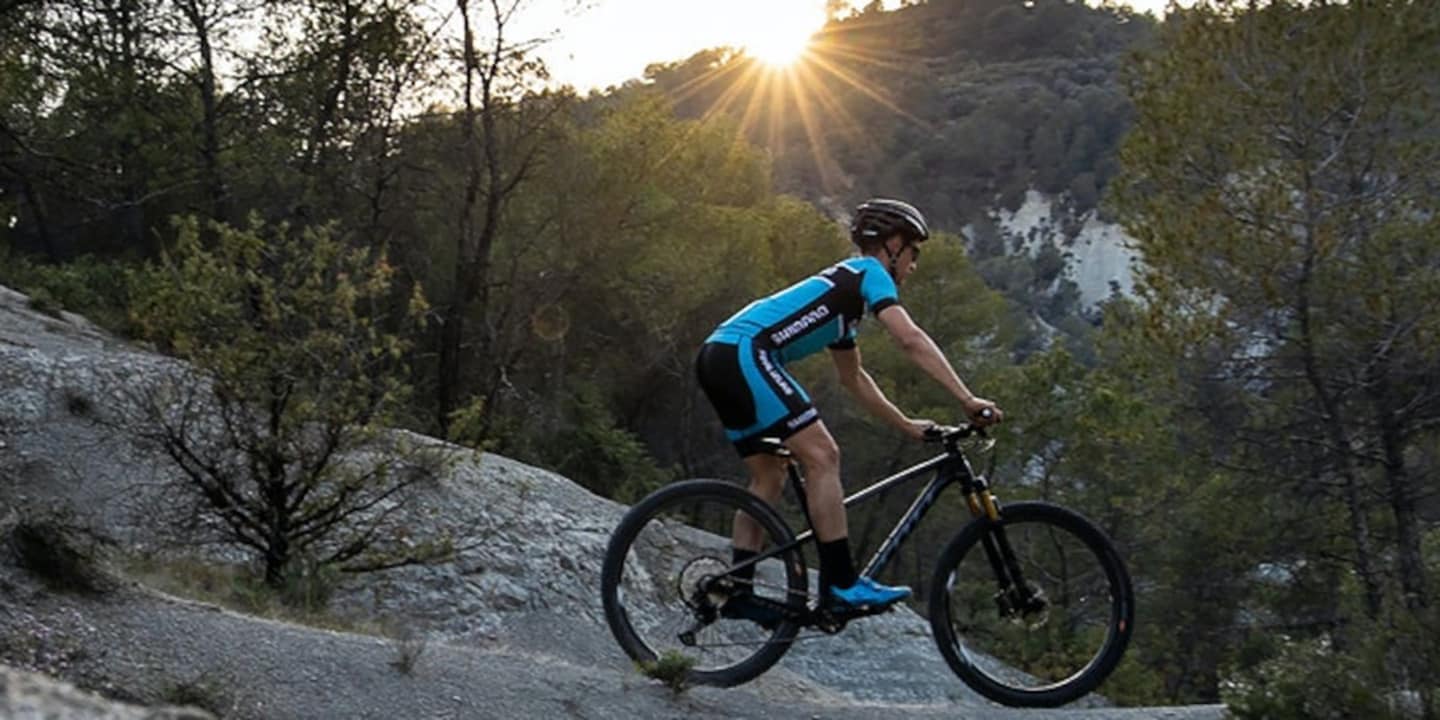
- A Beginner's Guide To Buying A MTB
- Whether you are completely new to cycling or wanting to switch from another discipline and try out some off-road fun, here’s a basic guide to help you on your way with mountain biking.
-
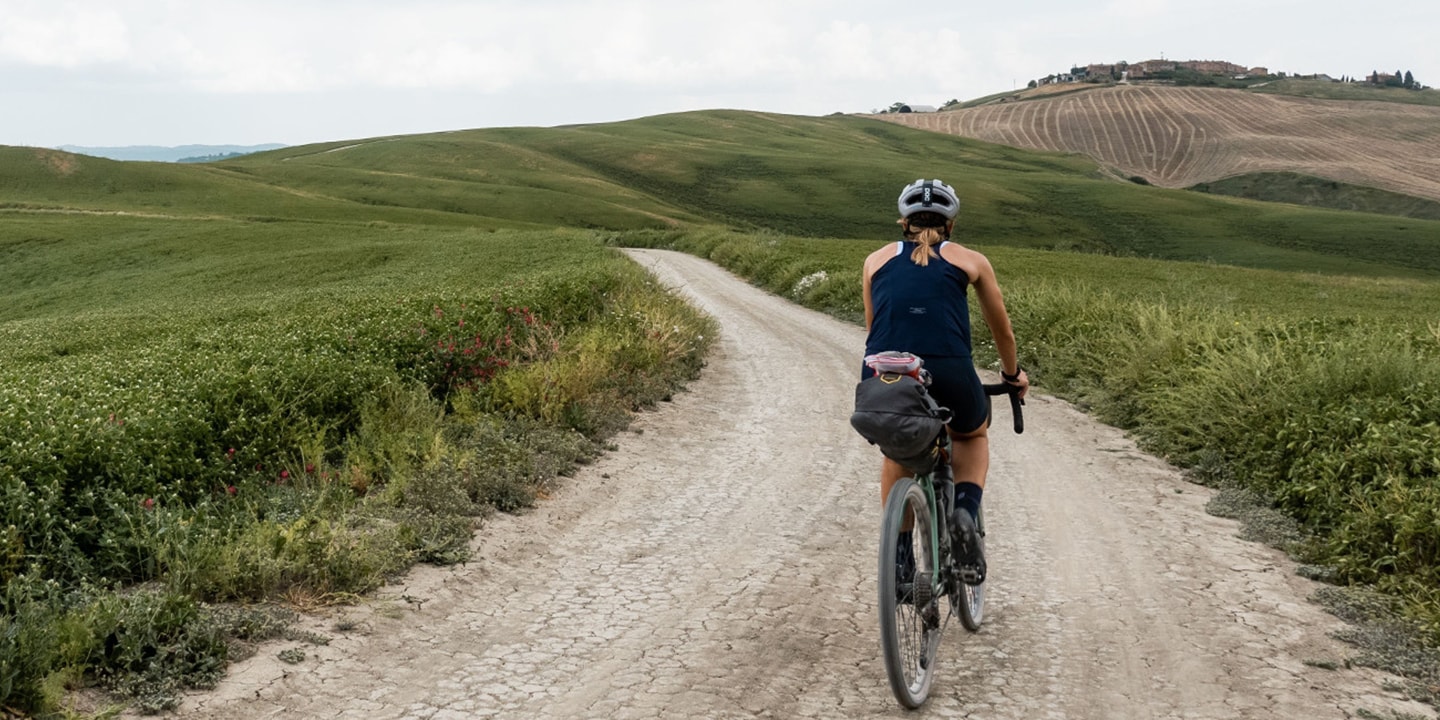
- Diary of a Rookie
- As an adult there’s nothing more humbling than trying to learn a new skill, so it pays when you’ve got a friend like Shimano Gravel Alliance rider Ibai Fradejas, who is arguably something of a veteran when it comes to the rough stuff, to guide you over the untrodden terrain.
-
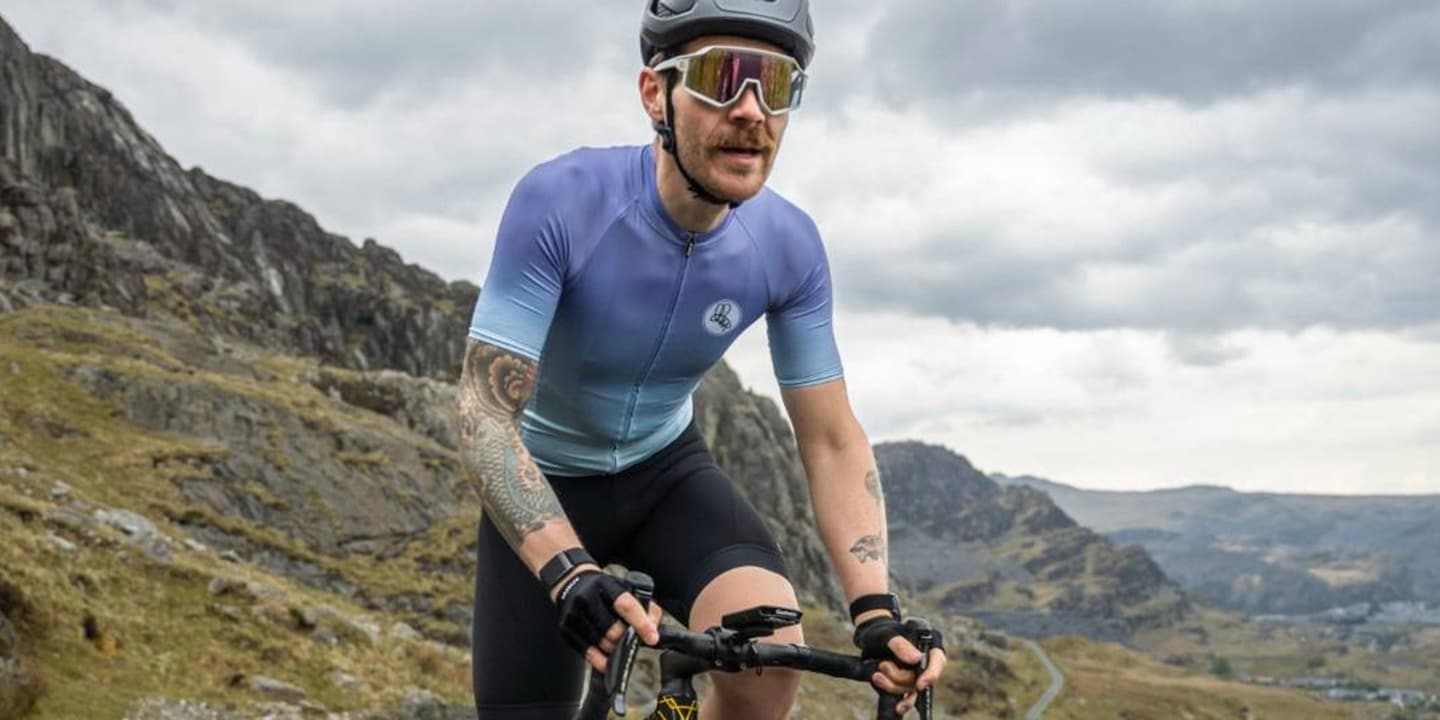
- Chris Hall rides 7 Everests
- Chris Hall is no stranger to extreme challenges.
-
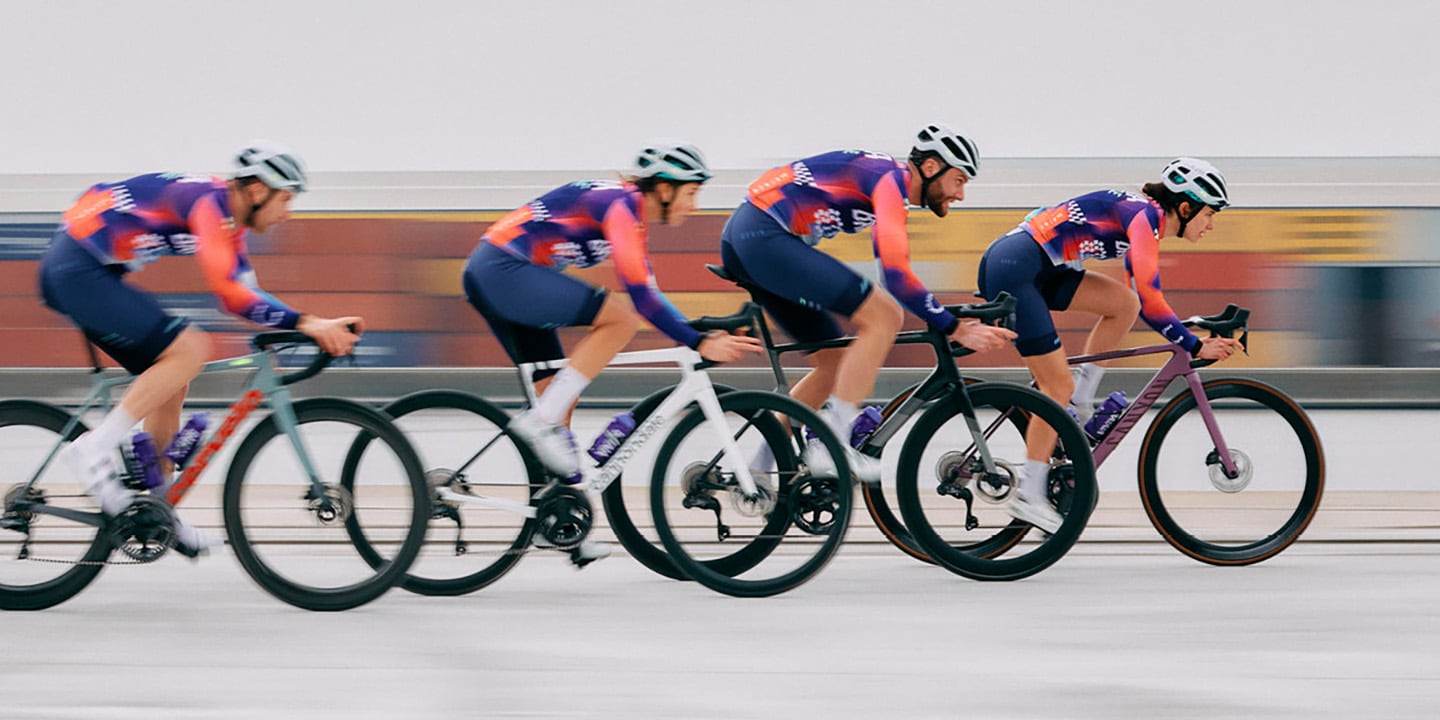
- Roads to Ride: The crosswind conundrum
- Crosswinds can break up a whole peloton and a well-drilled team within seconds.
-
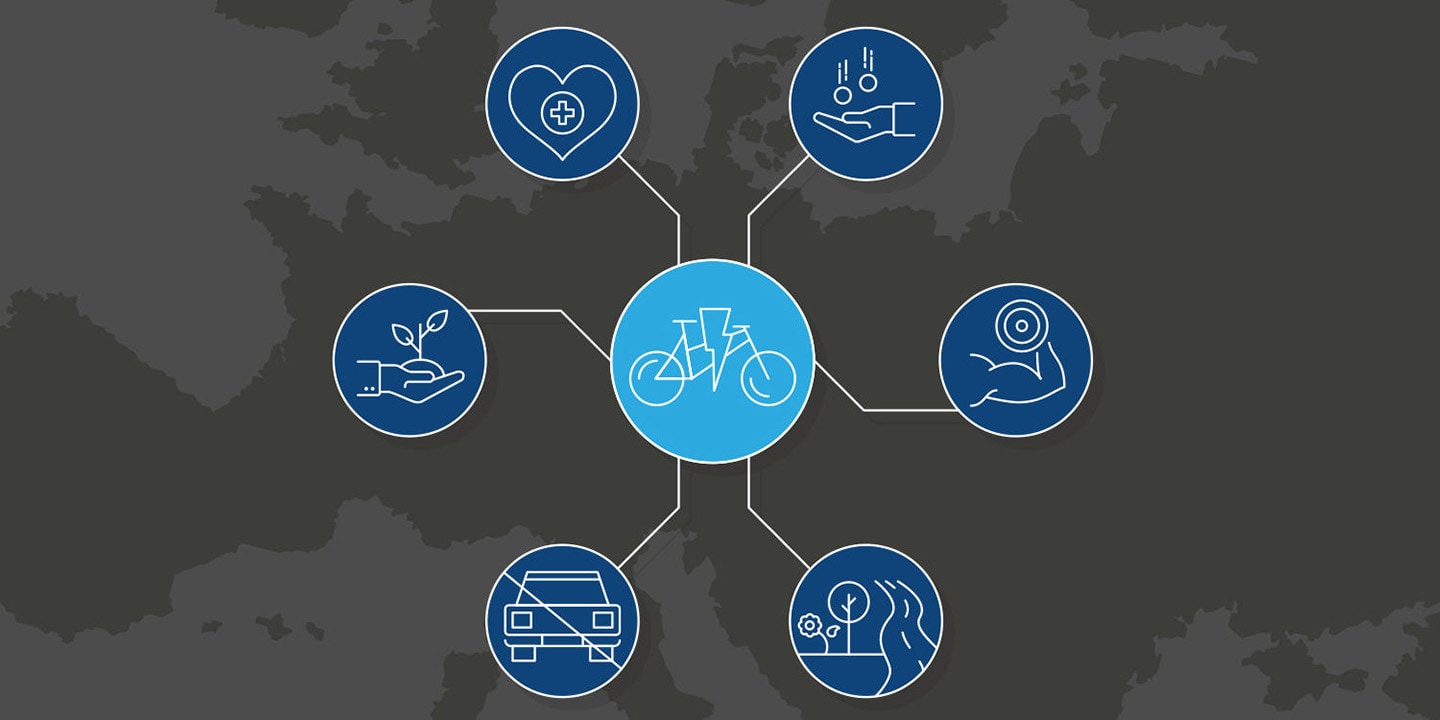
- What Europeans really think about e-bike use
- Our fourth in-depth State of the Nation European survey into attitudes toward e-bike use reveals some interesting trends around people’s reasons to ride.
-
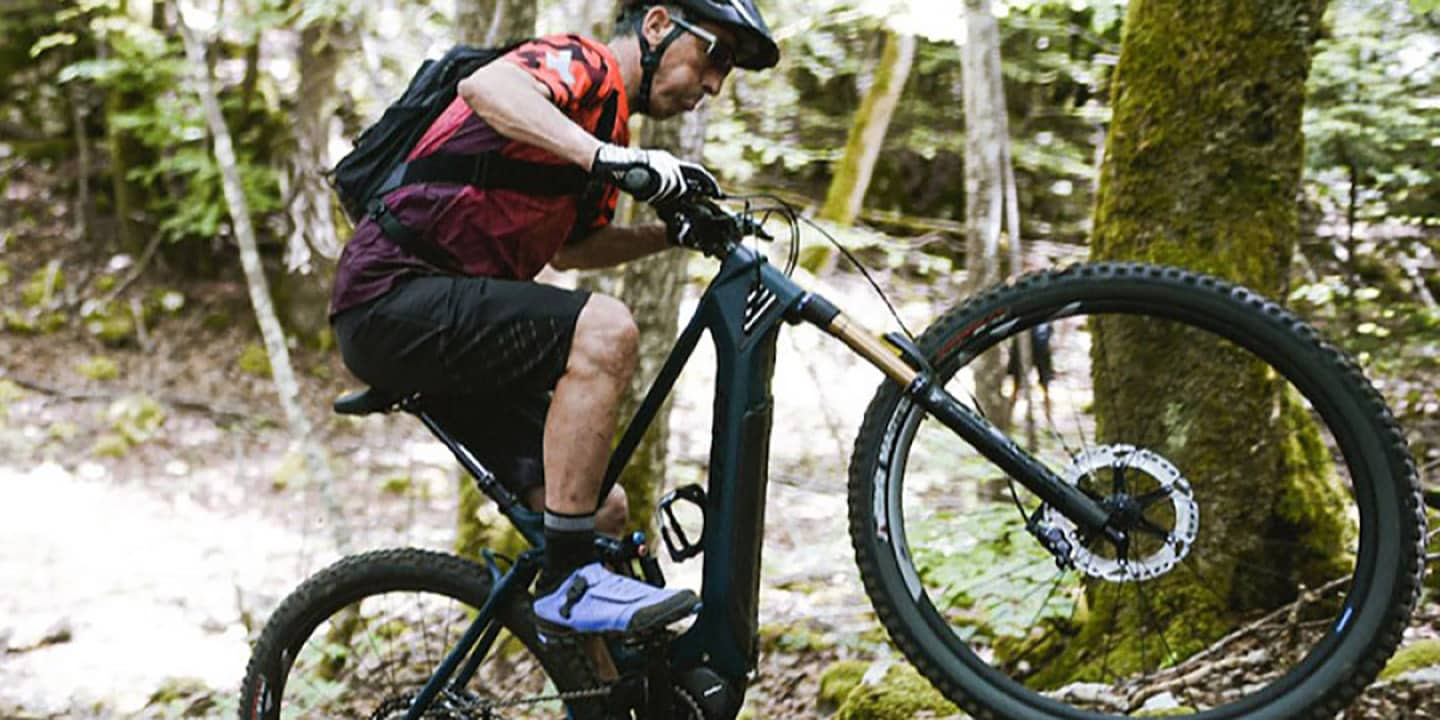
- Motorised Bikes Versus E-mountain Bikes – What Is The Difference?
- At SHIMANO we are first and foremost about cycling, so when we work on new e-MTB technology it is with the goal of making your rider experience even better.
-
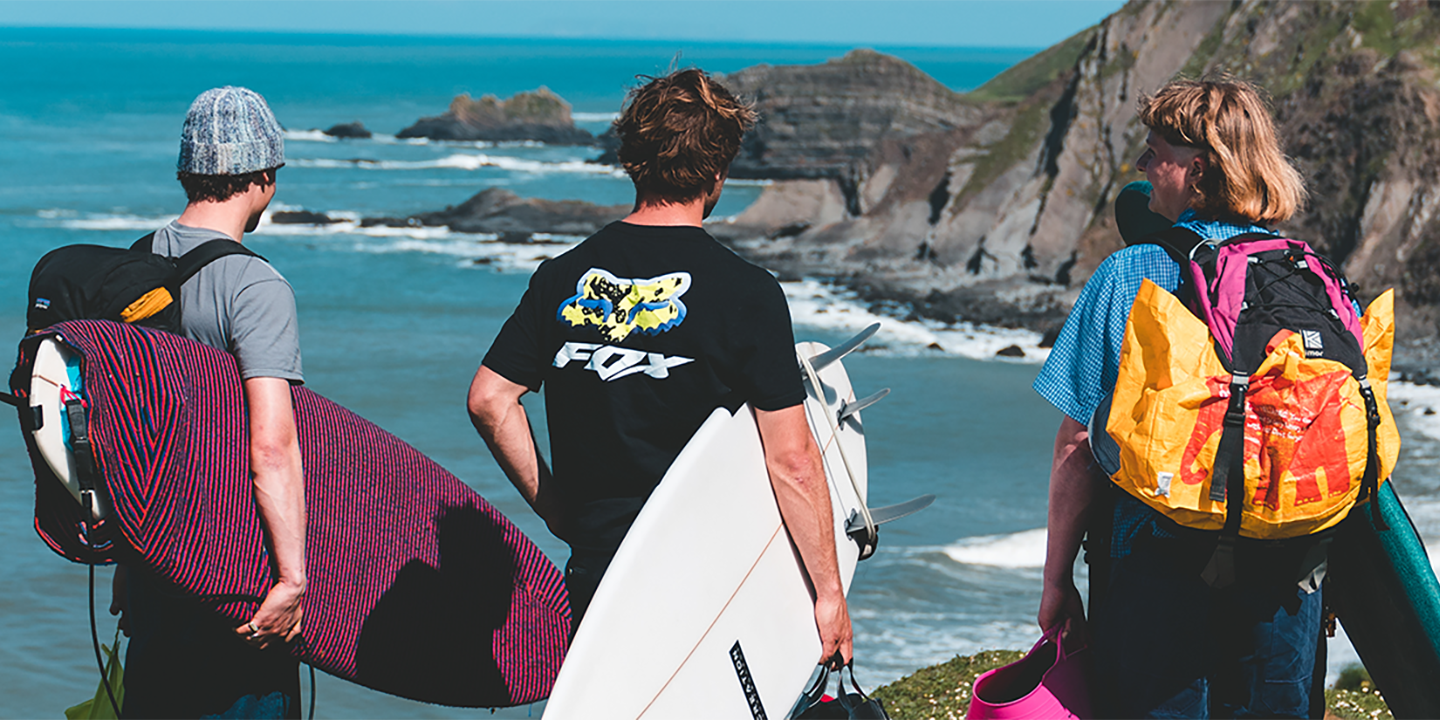
- This is Home - Laurie Greenland
- Growing up, Laurie Greenland could see the Bristol skatepark from his bedroom window.
-
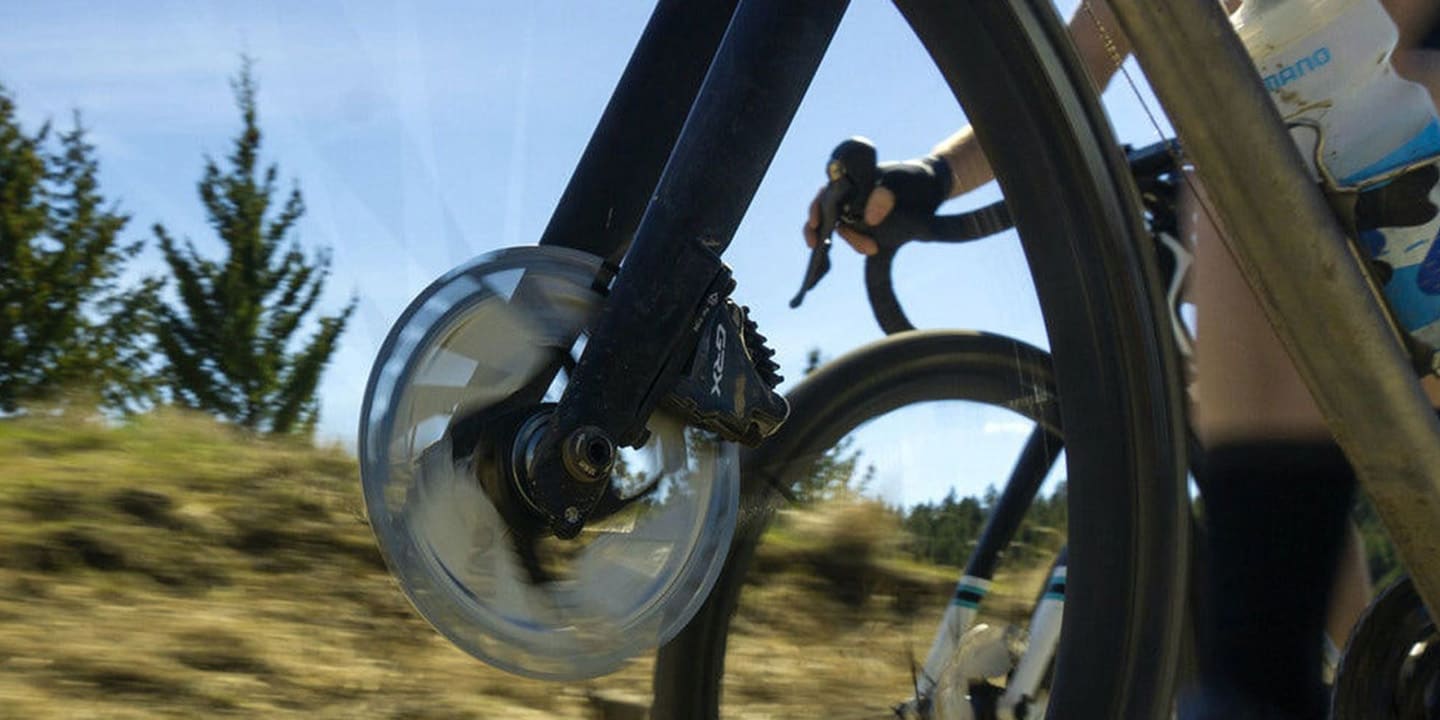
- Abenteuer mit der Shimano GRX neu entdecken
- For all those cycling enthusiasts who are looking for something more, for those who want to explore new routes and get closer to nature, for those who prefer to get lost on gravel tracks rather than roads, for those cyclists who don't give up on top performance and riding at a good pace for endless rides, for all of them, we Explore Beyond with Shimano GRX.
-

- The Arctic Post Road
- The land above the Arctic circle is not the most well-known bikepacking destination, not even for Finns or Norwegians.
-
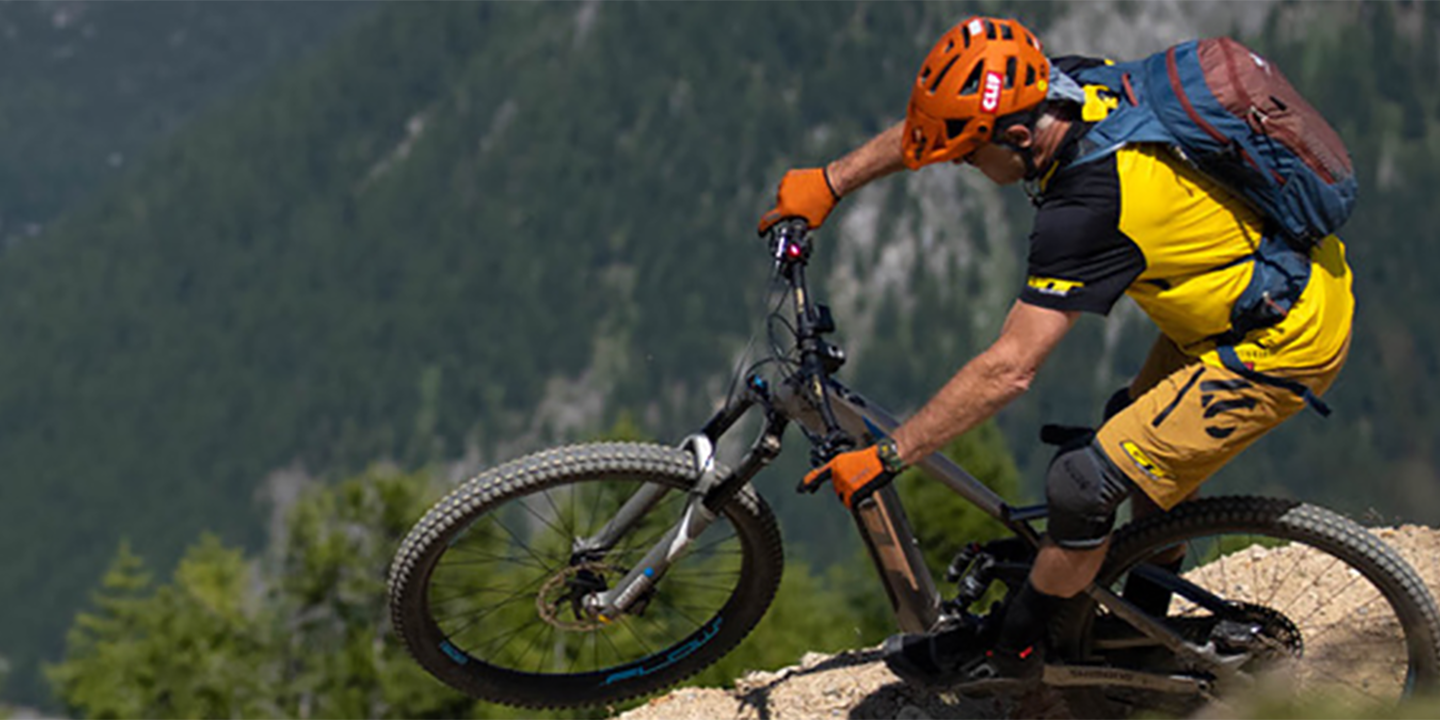
- Time Travel Through the Evolution of MTB
- In nature, evolution is a process that takes hundreds of years, whereas the entire evolution of mountain biking fits within a lifetime.
-
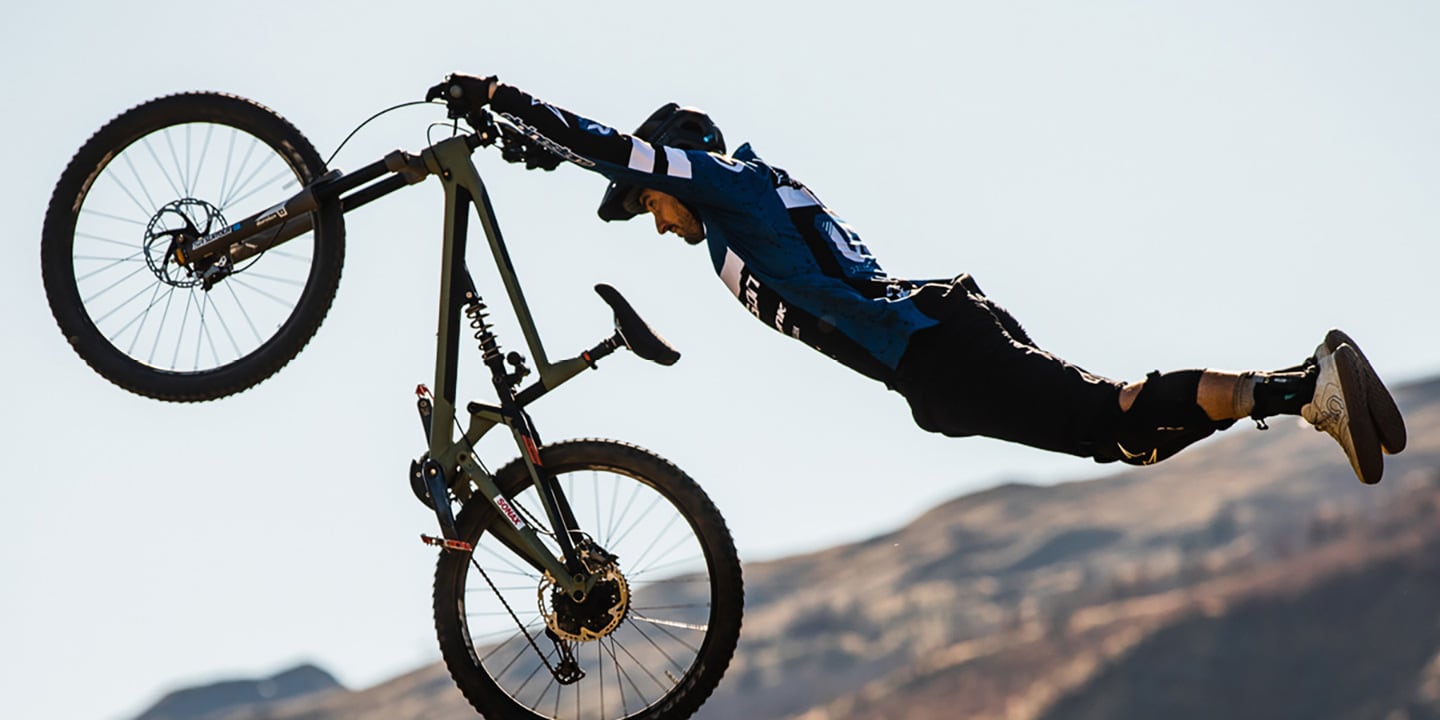
- Behind the scenes at Magic Feeling
- There is no denying that cycling comes with a certain magic quality.
-
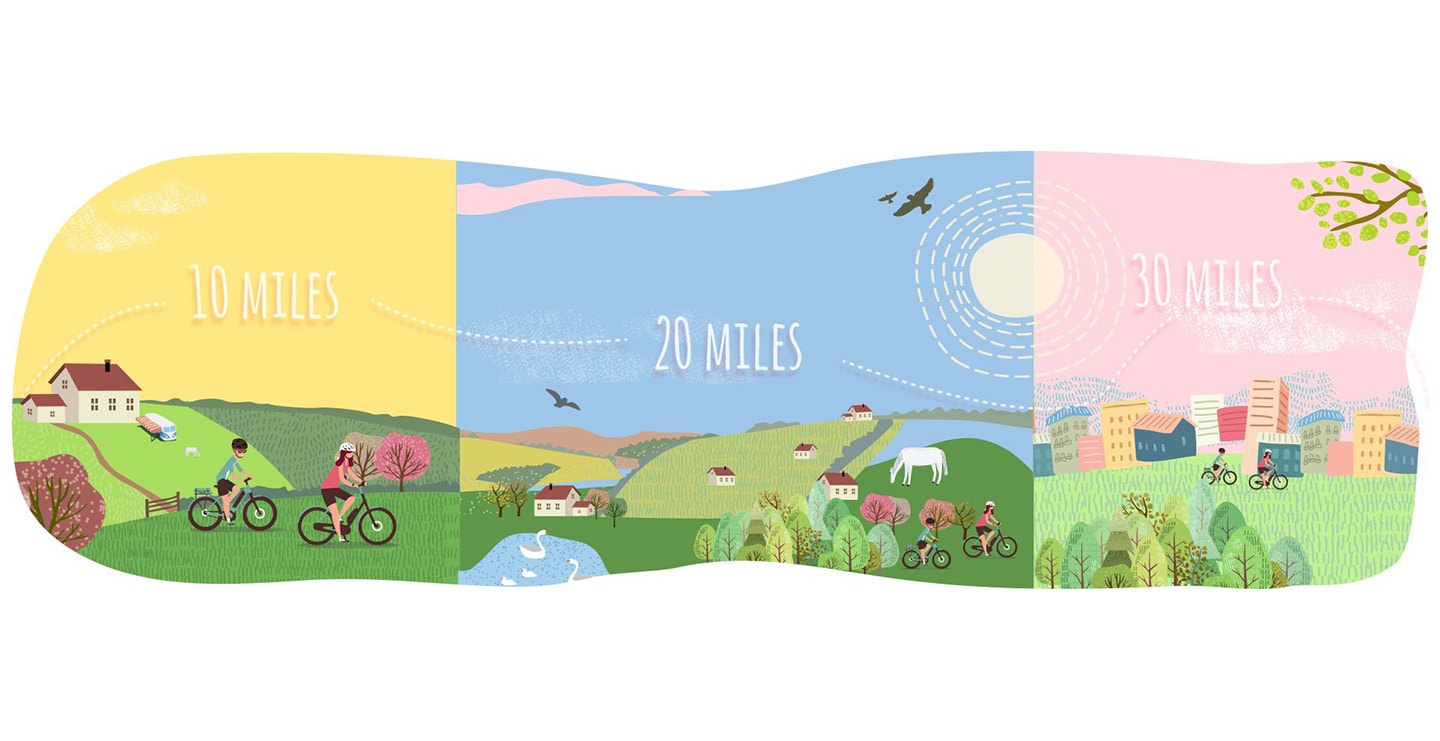
- Enjoy the e-bike advantage
- With an e-bike, you can break through your everyday cycling boundaries, riding further, faster and exploring more.
-
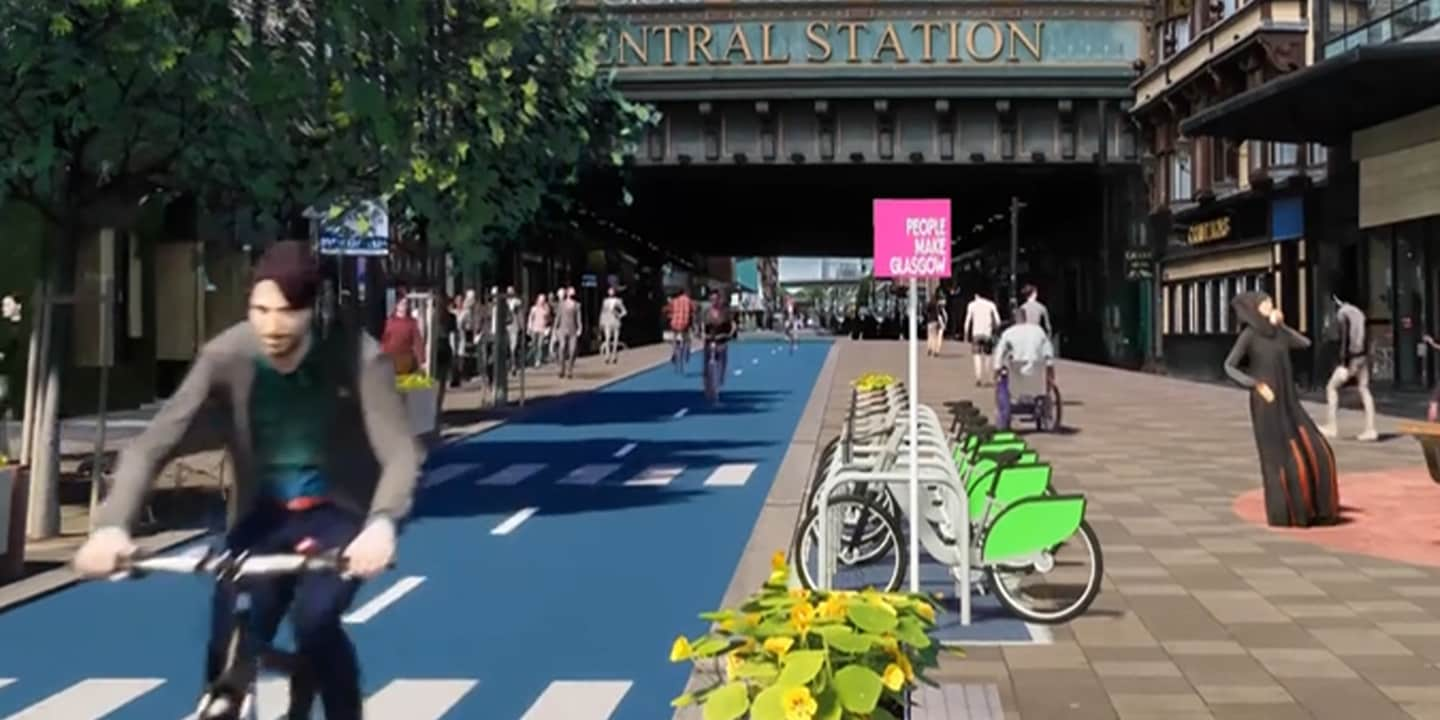
- Future Cities | Glasgow | Central Station
- Our latest Future Cities transformation is focused on Glasgow.
-
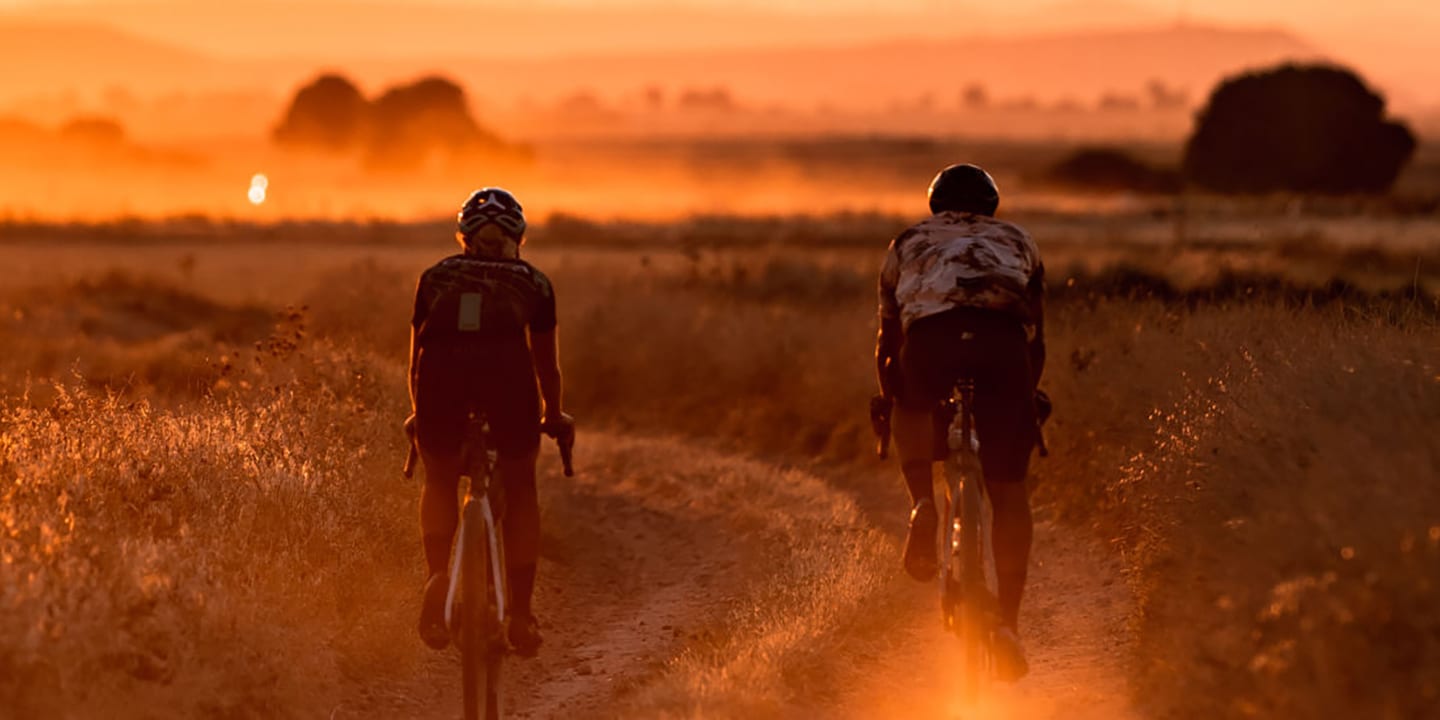
- Basajaun ? Expect the unexpected
- Basajaun is, as you’d expect for something named after the mythical guardian of the Basque Country’s most remote forests, a 760 km gravel race that’s chock-a-block with challenges.
-

- HYPERGLIDE+
- Revolutionising shifting performance, SHIMANO’s HYPERGLIDE+ shift technology delivers the world’s smoothest, most precise shifting in all riding conditions.
-
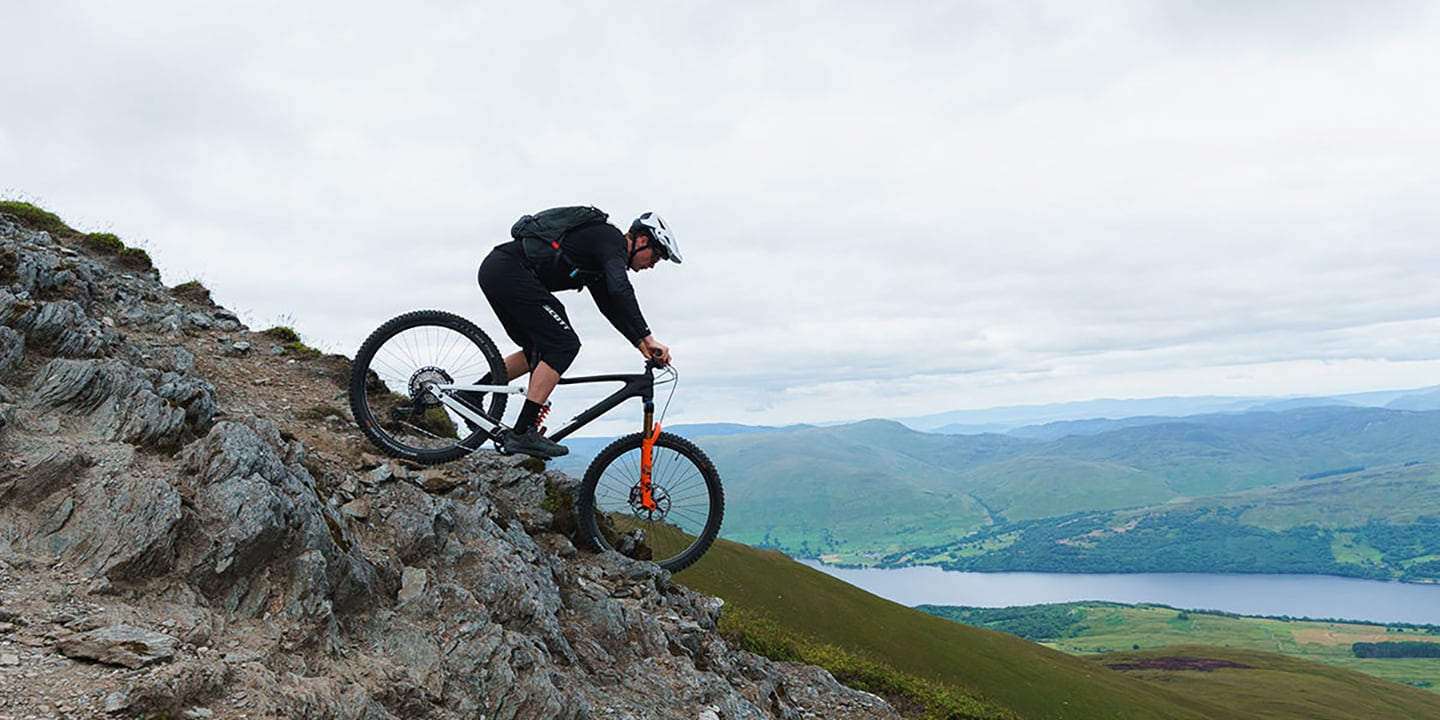
- Scotty’s Scotland Showcase Season 2 - The Scottish MTB Discovery
- My name’s Scotty Laughland, I live in Scotland and this is Scotty’s Scotland Showcase Season 2.
-
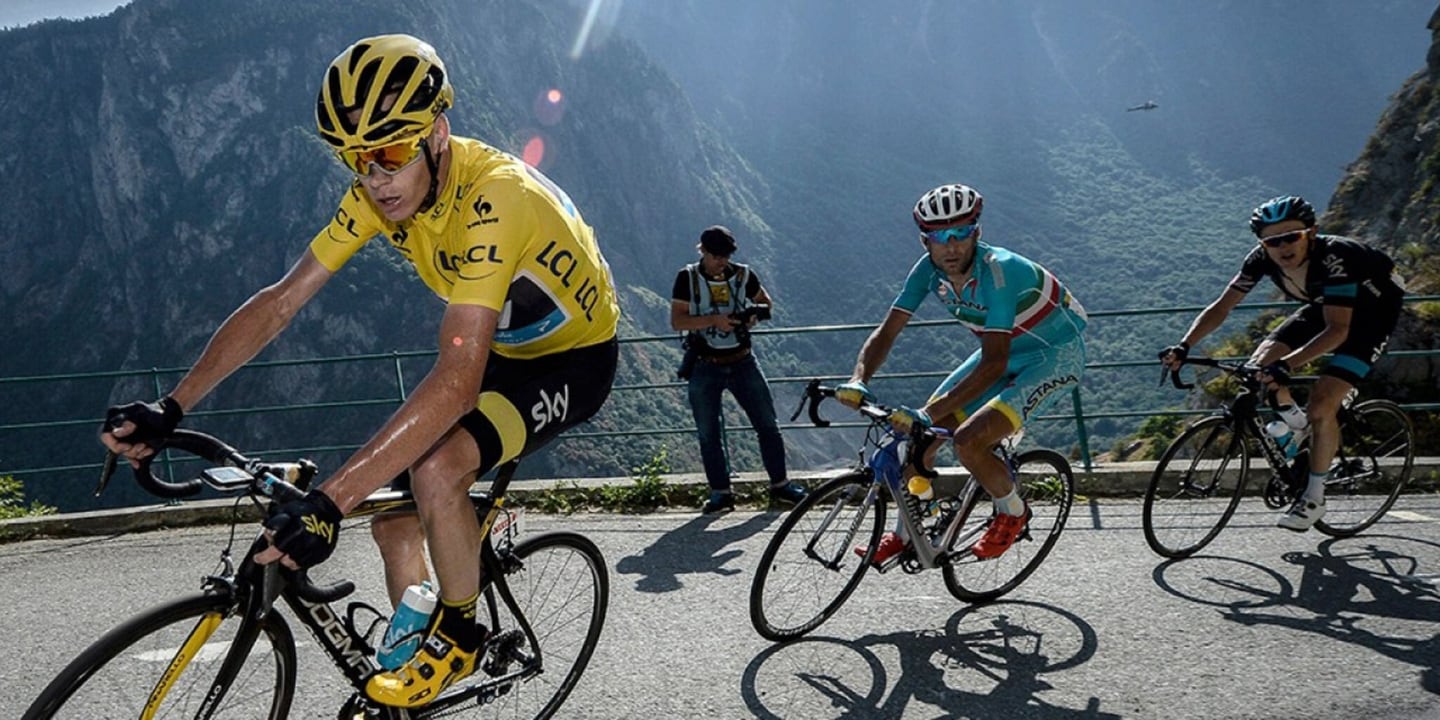
- Ten years of innovation - how Shimano’s Di2 groupset conquered the cycling world
- You’ll have to cast your mind back to 2010 to see Shimano’s Di2 electronic shifting groupset first making an appearance in the professional peloton.
-
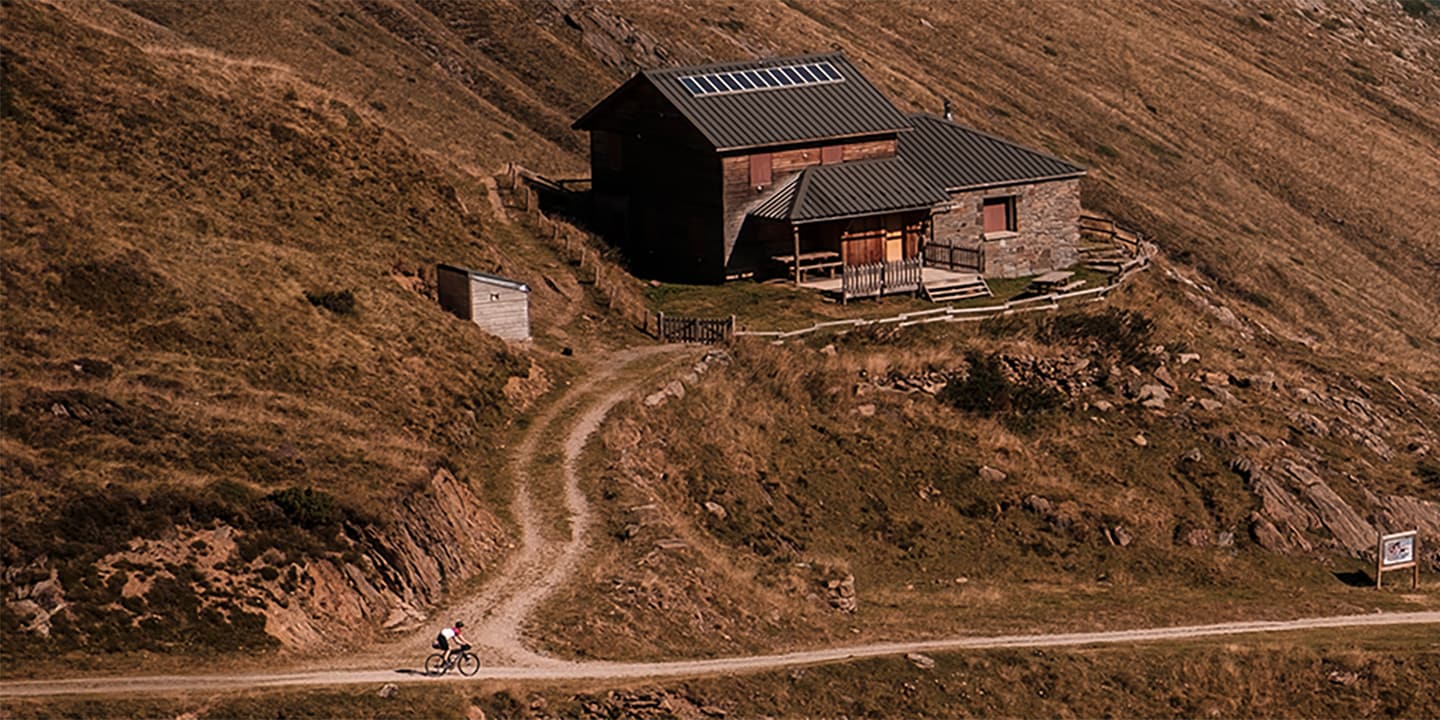
- Perspectives of the Pyrenees
- Photographer Tomás Montes Lopez, aka @ArriereduPeloton, has spent the last 15 years riding and shooting photos in the Pyrénées, from his home in Barcelona.
-
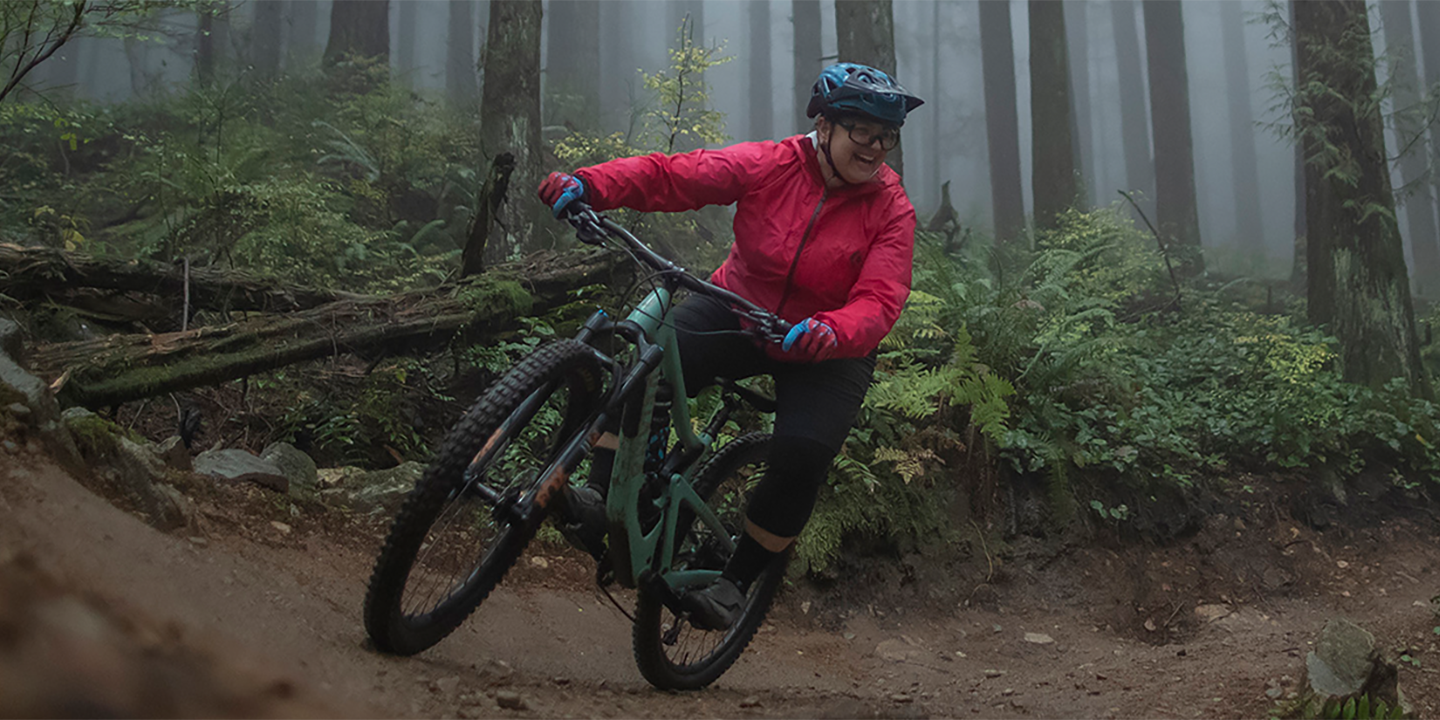
- The Debora Effect
- "After suffering a life-altering brain injury 7 years ago, mountain bike enthusiast Debora DeNapoli’s life would never be the same again.
-
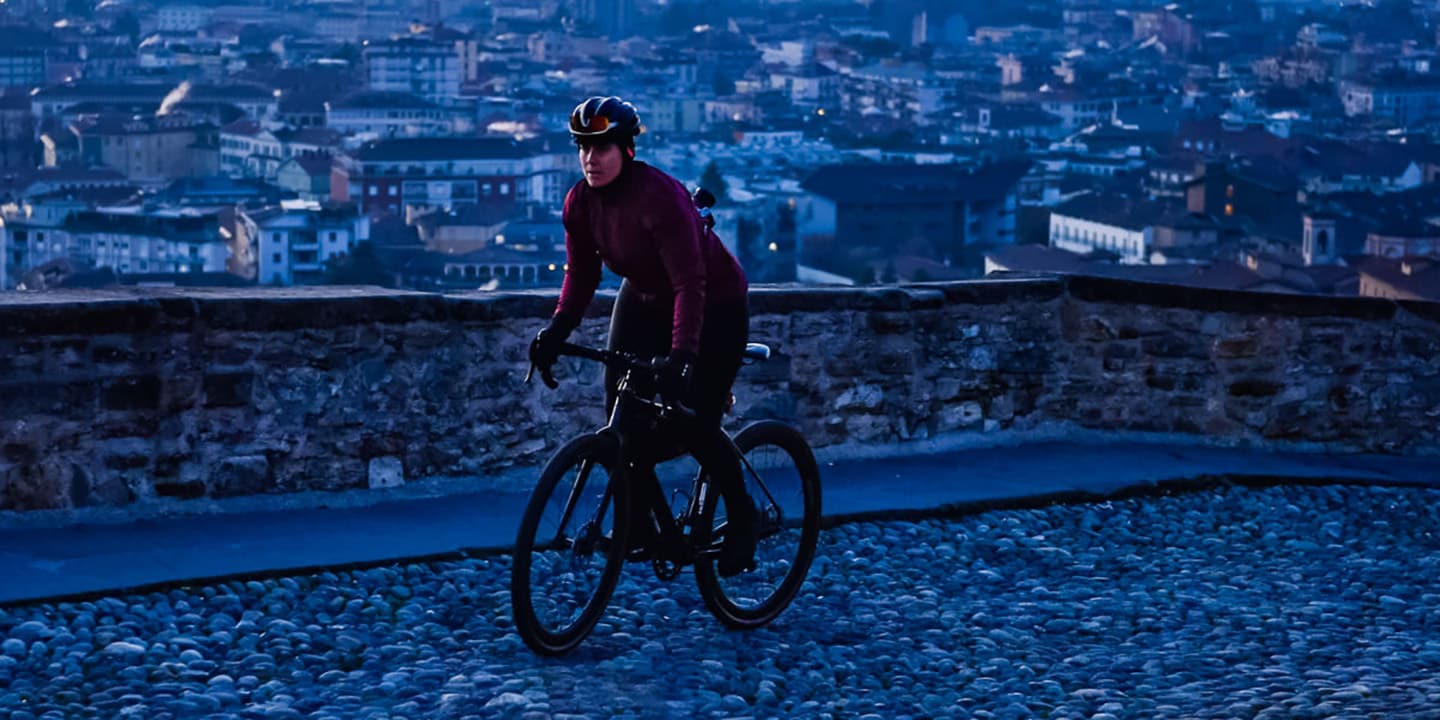
- My First Adventure
- When Shimano Gravel Alliance rider Claudia Gerosa started riding gravel, she discovered more than just her local area.
-
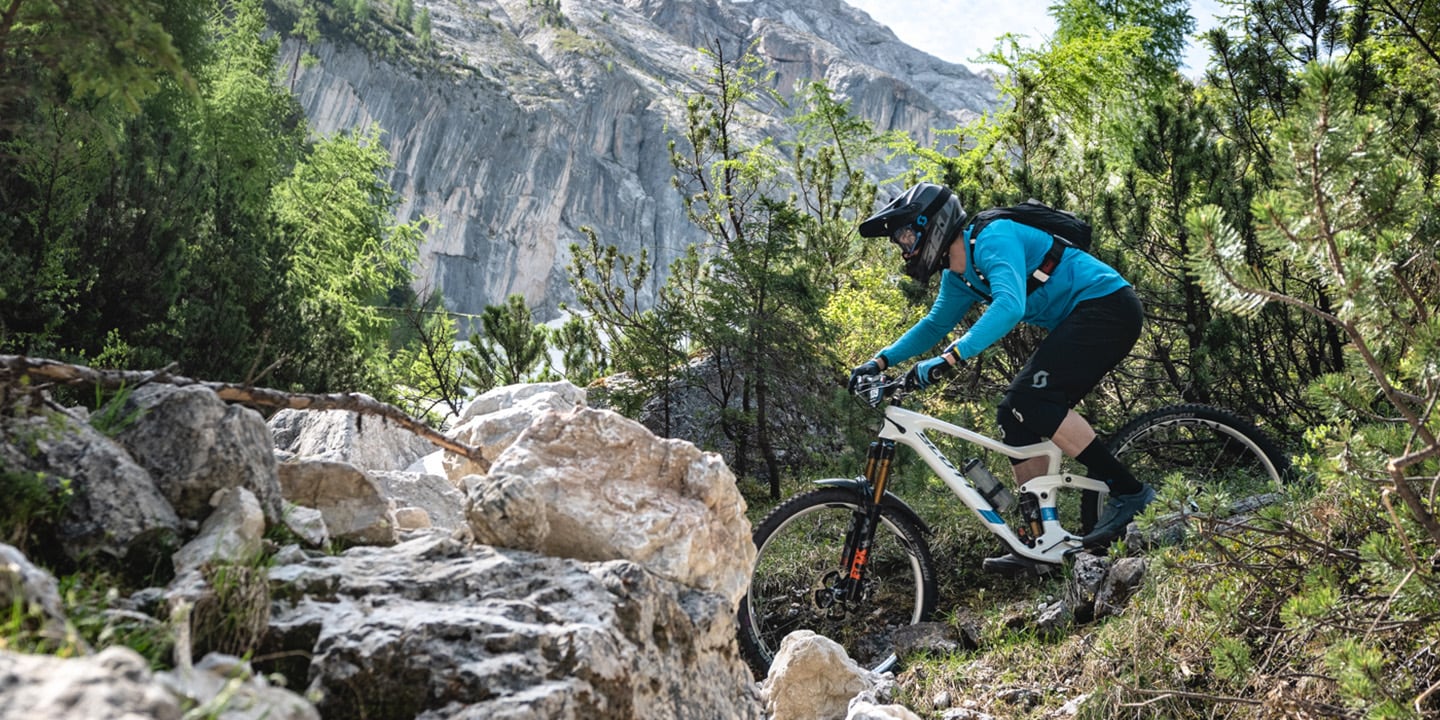
- The Spirit of Enduro
- It’s bikes, of course it’s bikes! It’s sketchy, scary, fast and fun.
-
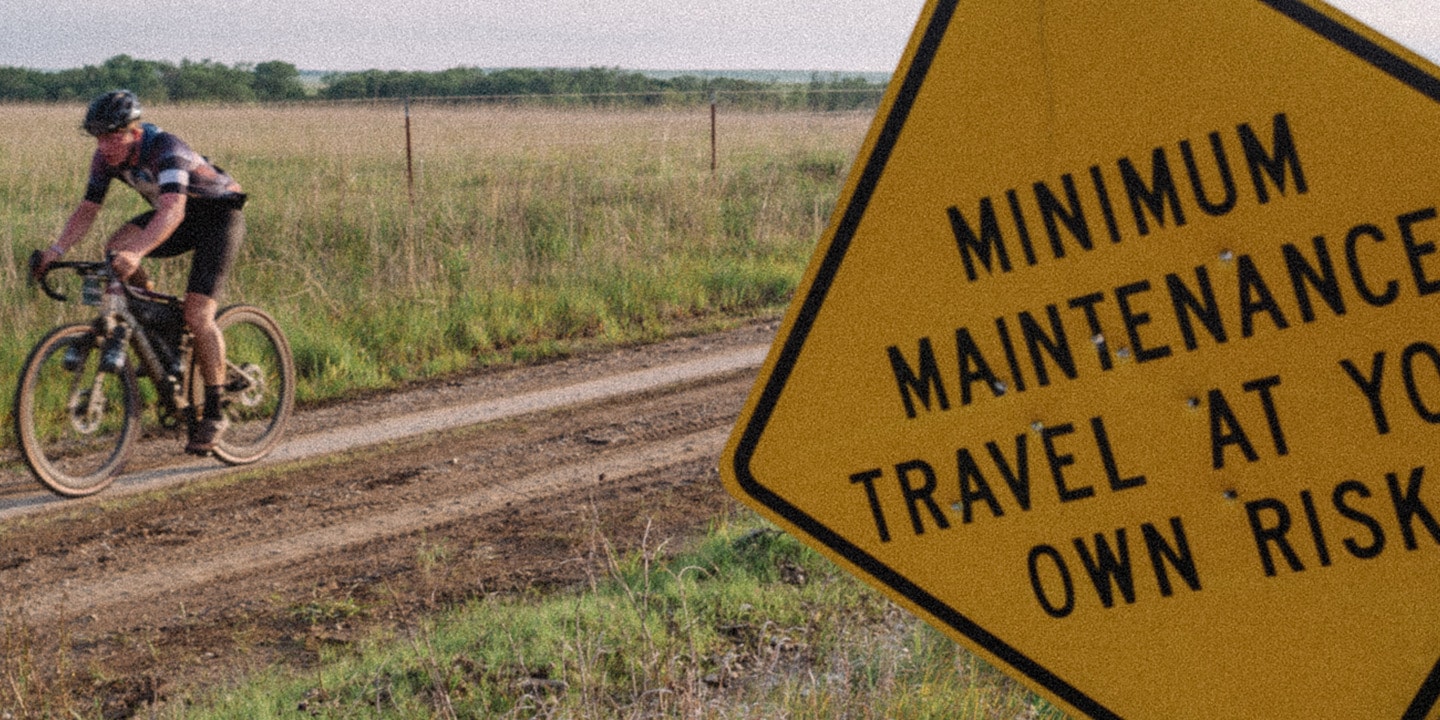
- Riding the party train at Unbound Gravel
- We asked Erwin Sikkens from the Shimano Gravel Alliance if he would like to join the party train at Unbound Gravel.
-
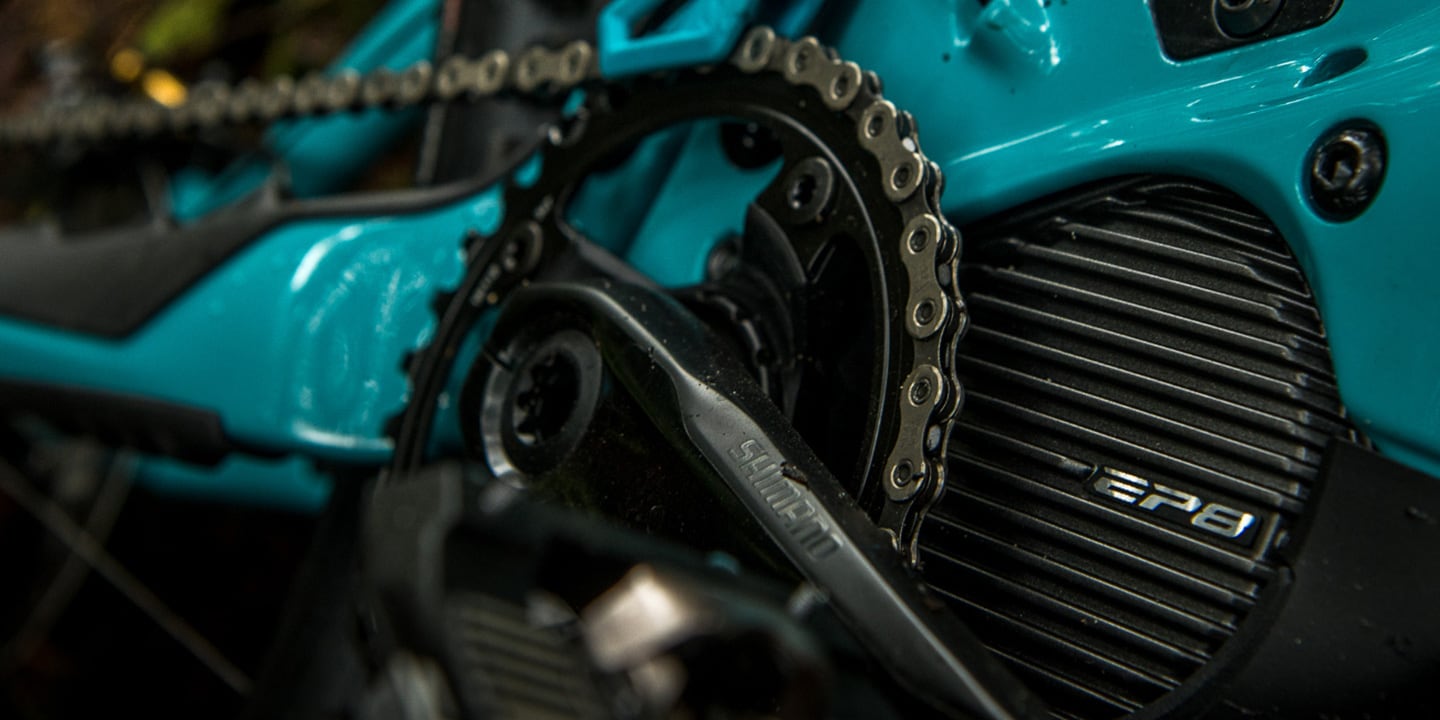
- Introducing the New Yeti / SHIMANO EP Racing Team
- The latest addition to Shimano partnered race teams is the newly formed Yeti / Shimano EP Racing team that is set to compete in the 2022 EWS-E series, the world’s premier e-MTB enduro racing series.
-
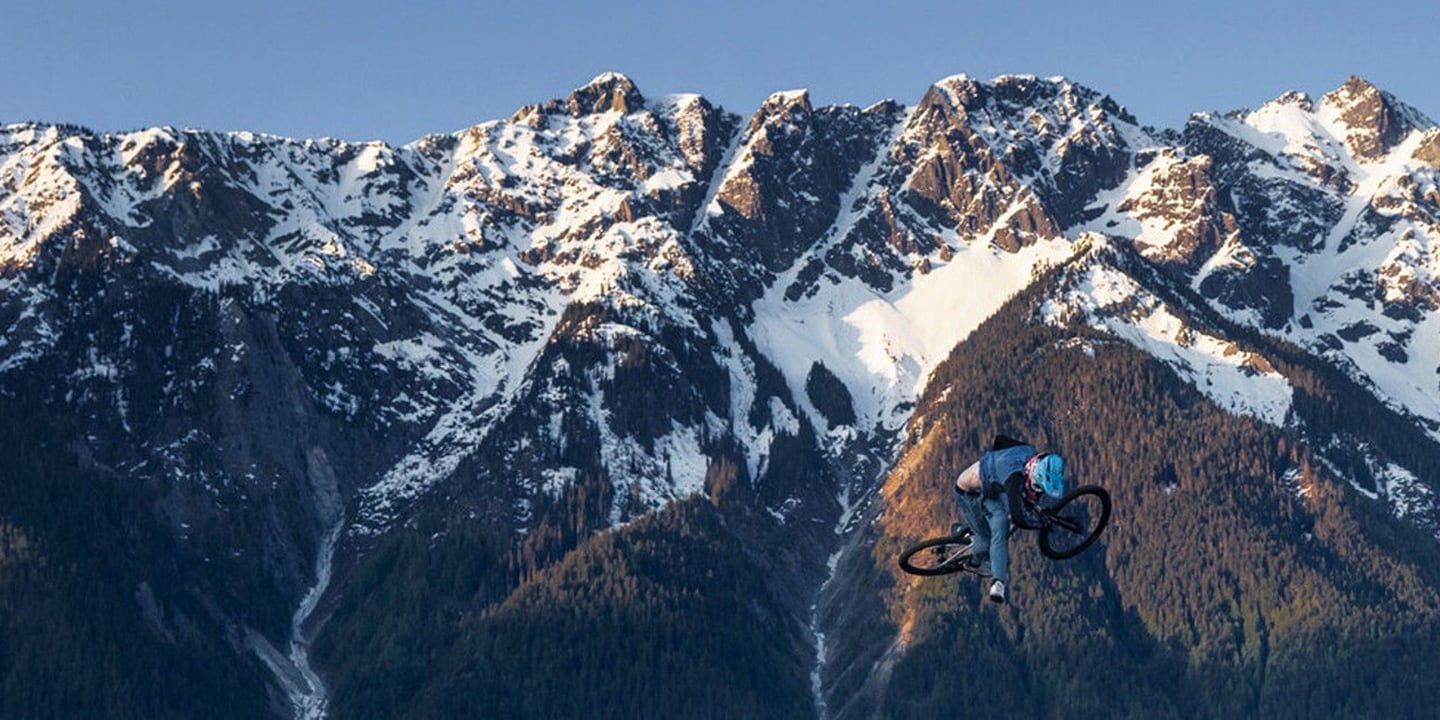
- CONTINUUM
- Everything is connected.
-
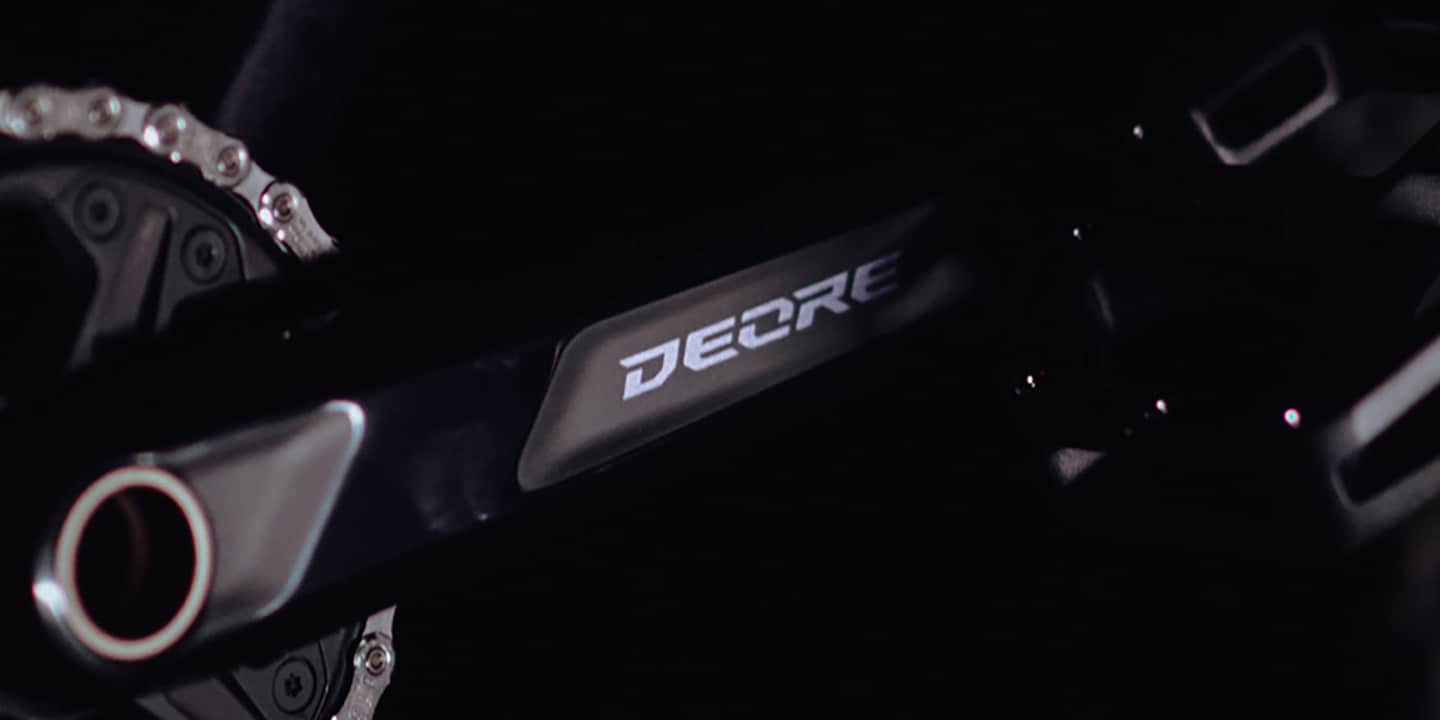
- DEORE M6100 The Tech That Gets The Trophies
- Trickle down technology is seen throughout SHIMANO, with everything from shifters to shoes benefitting from top-of-the-range technology at great value.
-
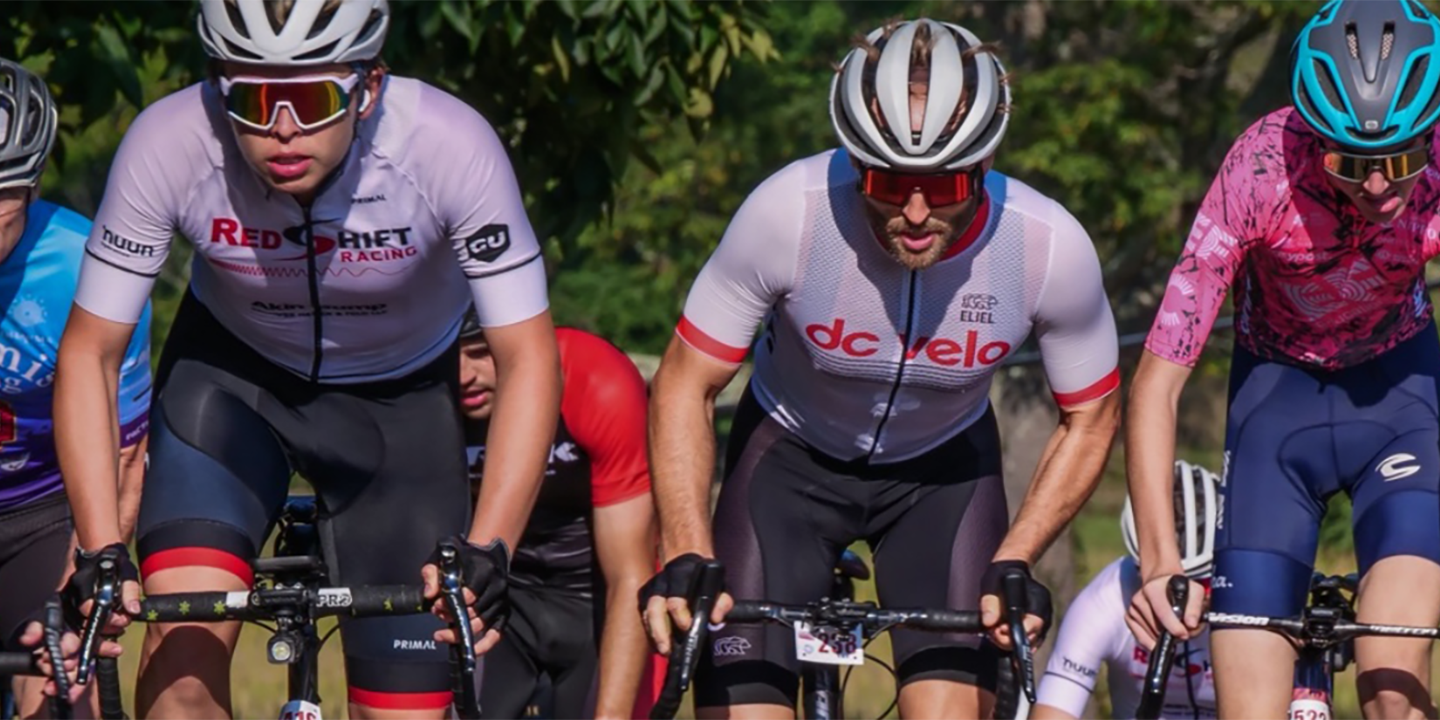
- Experience the Gran Fondo National Series
- Celebrating the intersection of sports and community, the Gran Fondo National Series delivers a unique riding experience that draws riders from around the world.
-
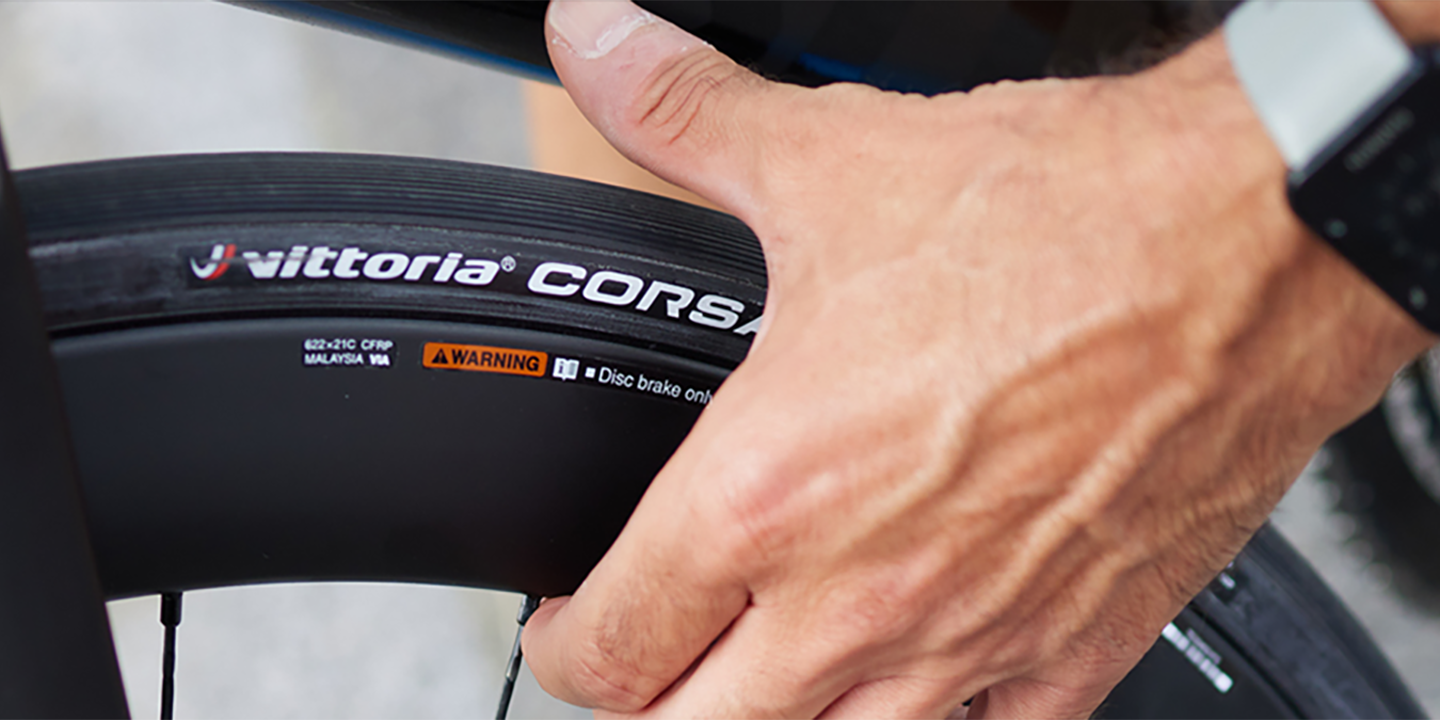
- What Tire Pressure is Right for You?
- The open road is calling your name.
-
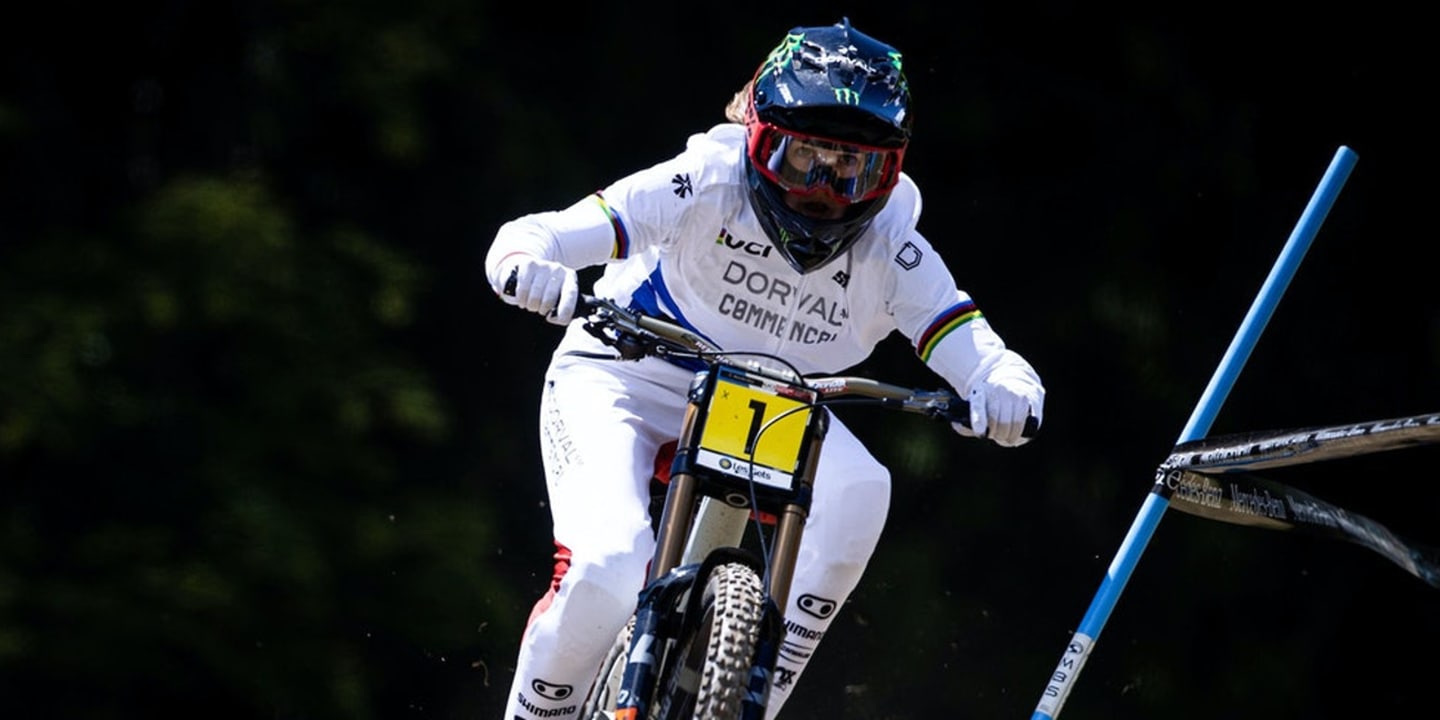
- In Between The Races With Camille Balanche
- Most of know what goes on between the tapes because we watch races, analyse results and view hundreds of amazing photographs from venues around the World.
-
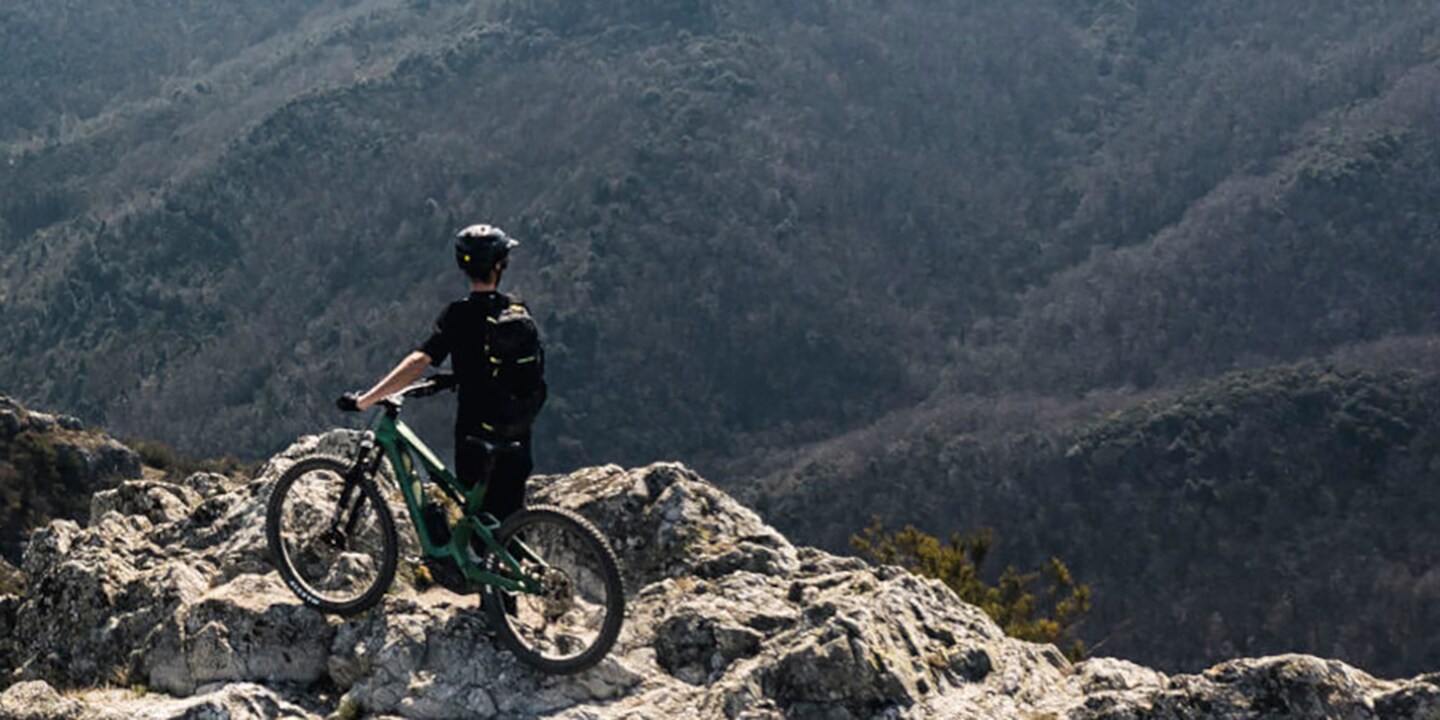
- Introducing the all-new Spectral:ON with Shimano EP8
- Last year, Canyon unveiled the Spectral:ON with our EP8 motor that redefined what was possible from an e-MTB.
-
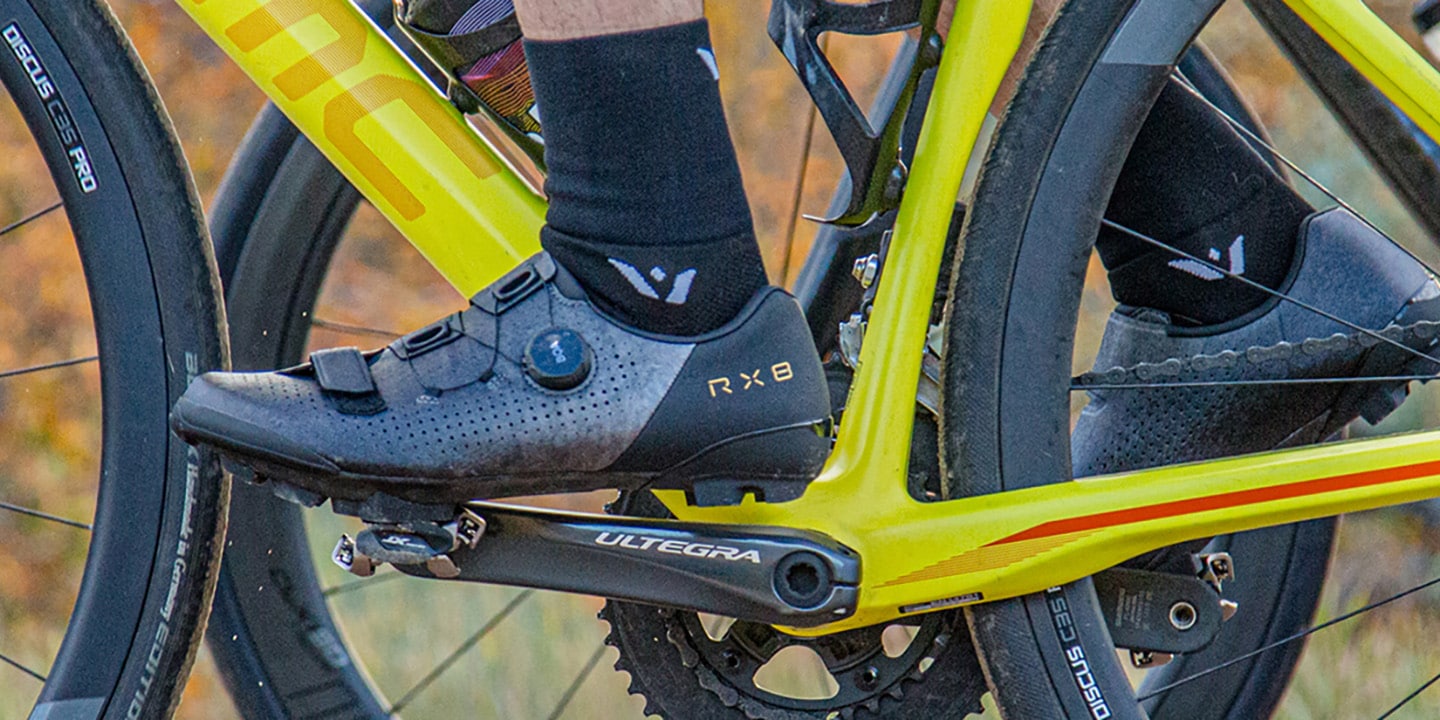
- What Makes a Good Gravel Shoe
- For those who blend the lines between on and off-road, who relish long rides on gritty roads less traveled, who yearn for speed but aren't afraid of the occasional creek crossings or hike-a-bikes, Shimano's RX line of footwear is the perfect fit.
-
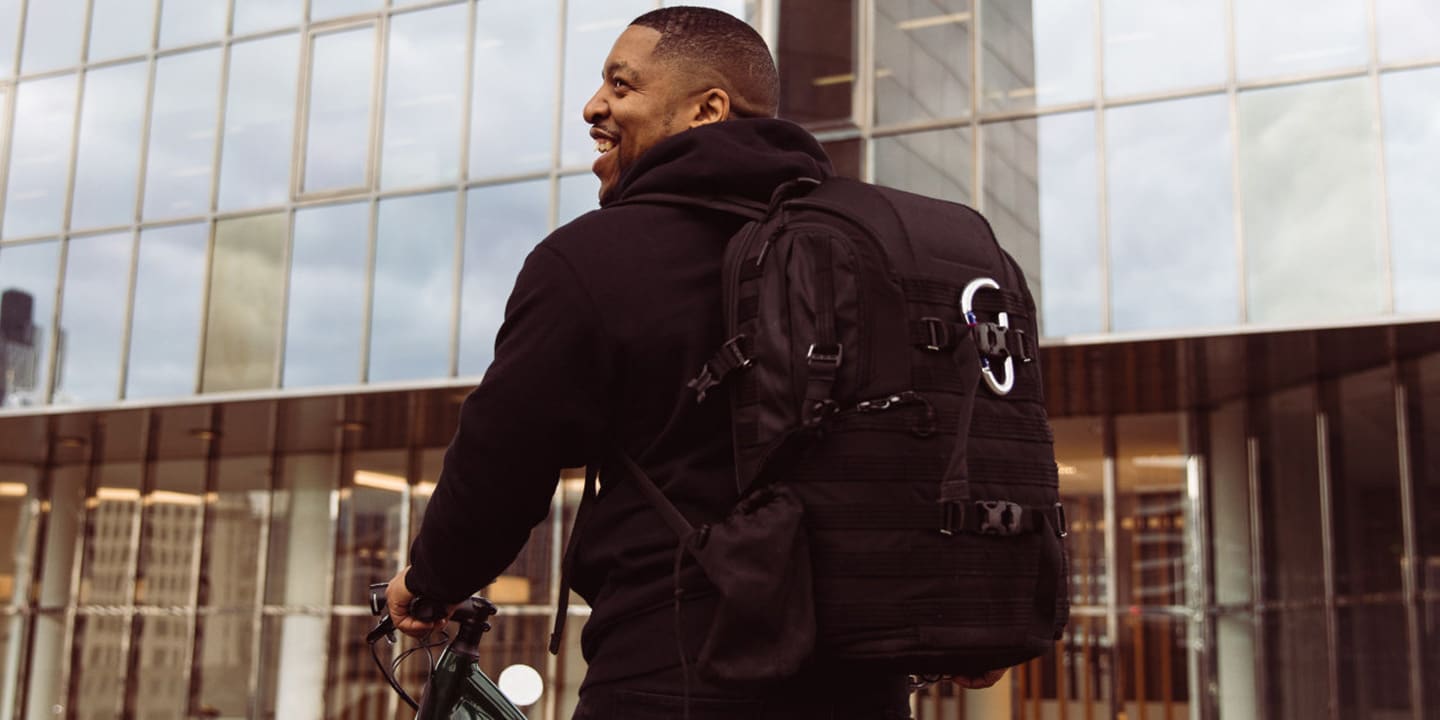
- E-bikes benefit your mental health and well-being
- At Shimano we often talk about the ‘e-bike smile’ – the big grin on people’s faces when they try an e-bike for the first time, but the happiness riding an e-bike brings can have real and lasting benefits to well-being.
-
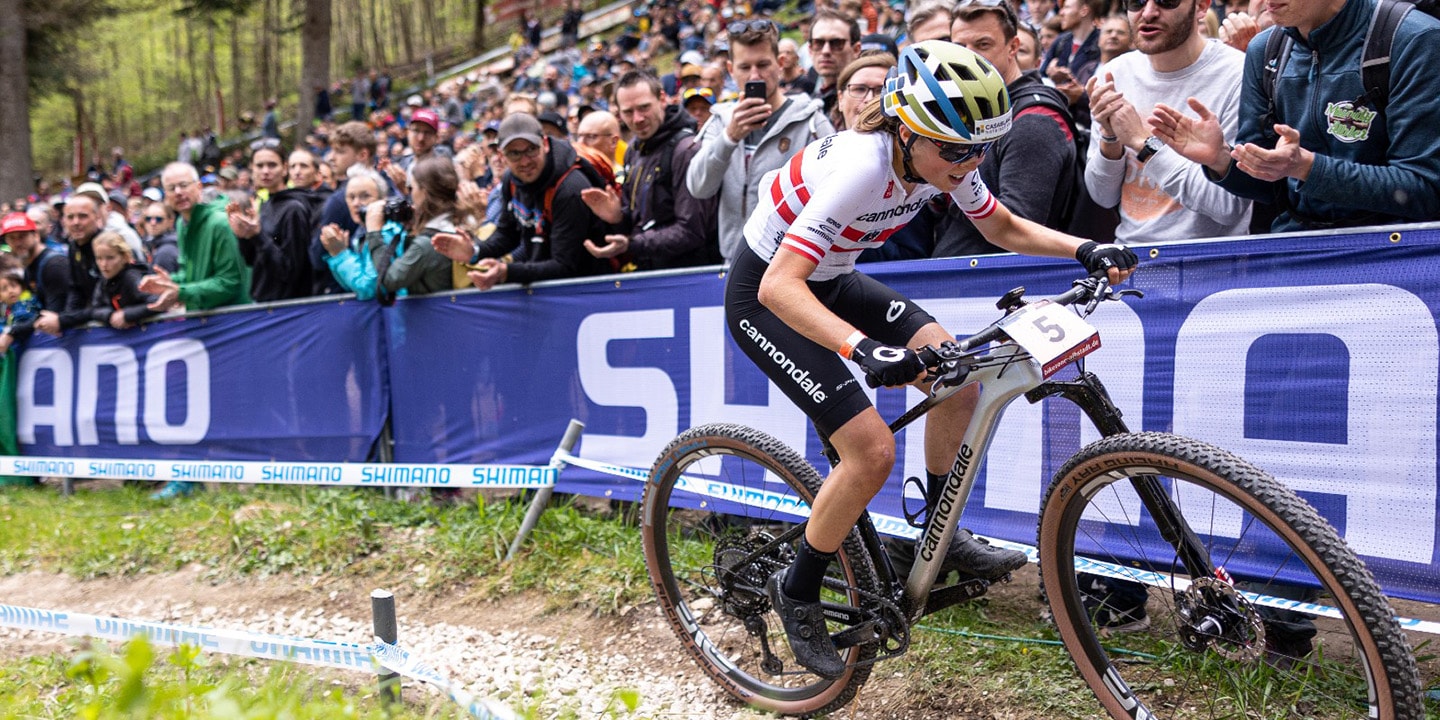
- In Between the Races with Mona Mitterwallner
- We’ll be following along for the travel days, training days and rest days, and discovering how riders relax and reset after one race, and prepare for the next.
-
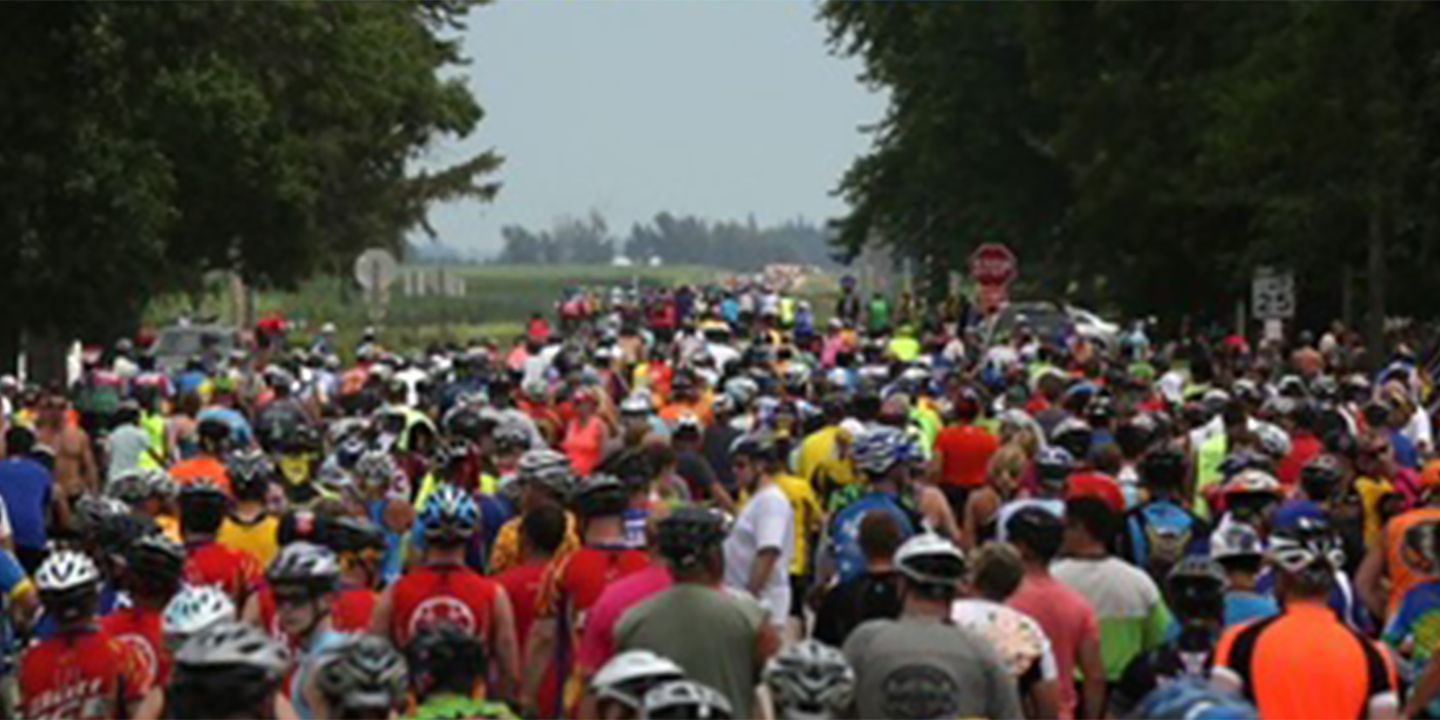
- The Biggest Bike Party in the World
- How does the world’s biggest bike party celebrate its 50th anniversary? By attempting to break a world record of course.
-
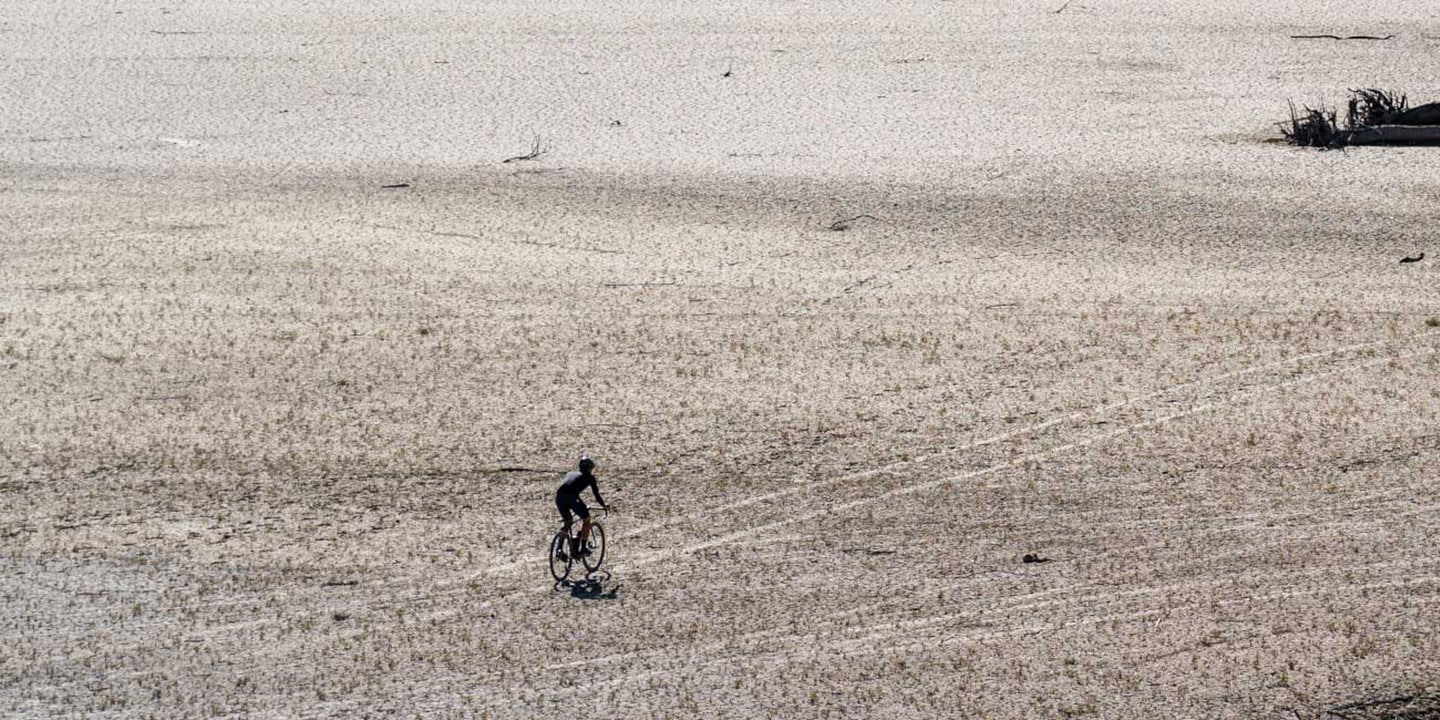
- The abandoned places of the Yesa Reservoir
- Shimano Gravel Alliance rider Ibai Fradejas always dreamt about gravel riding through villages that time forgot.
-
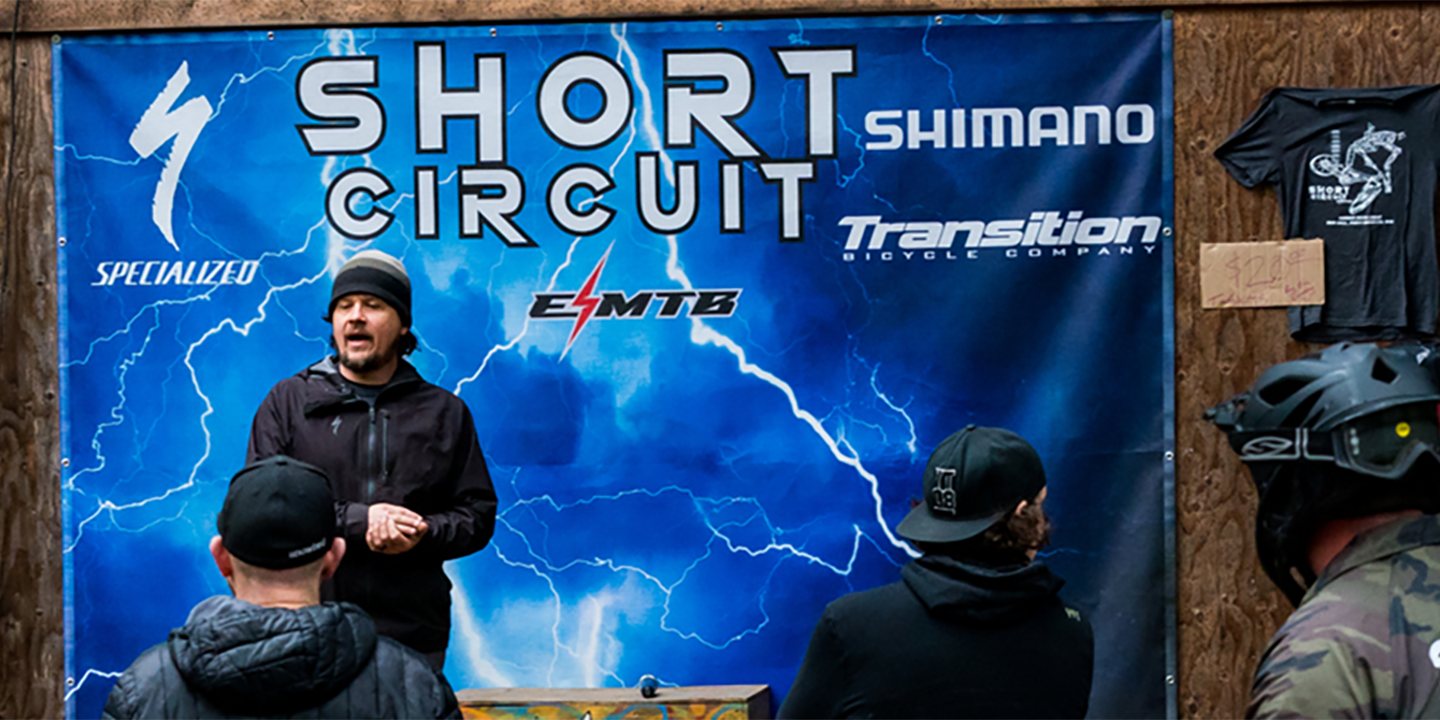
- Short Circuit-ed
- Imagine having as many opportunities as you choose to lay down your fastest time on some of the most exciting trails you can dream of.
-
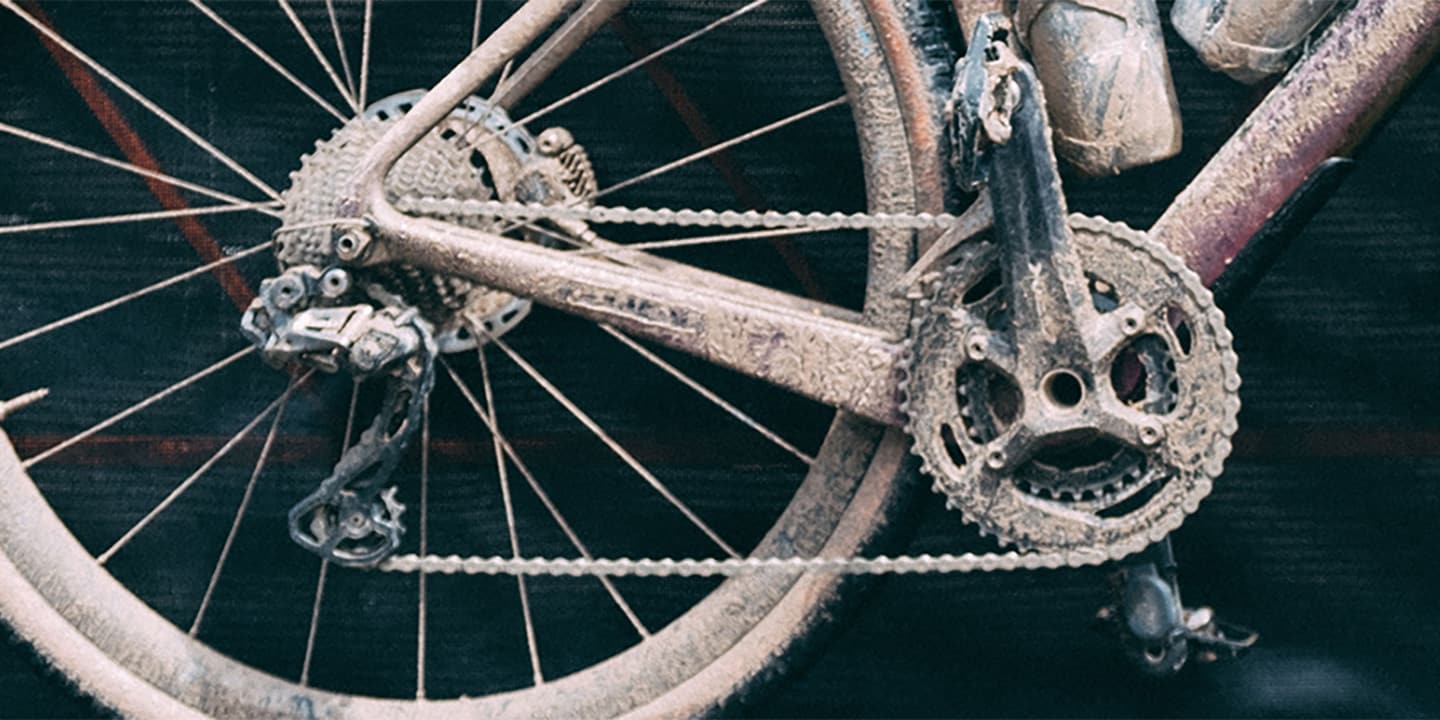
- Five Tips for Conquering 100 Miles of UNBOUND Gravel
- Lissa Muhammad is a mother of five, and her cycling passion lies in crit racing and gravel grinding.
-
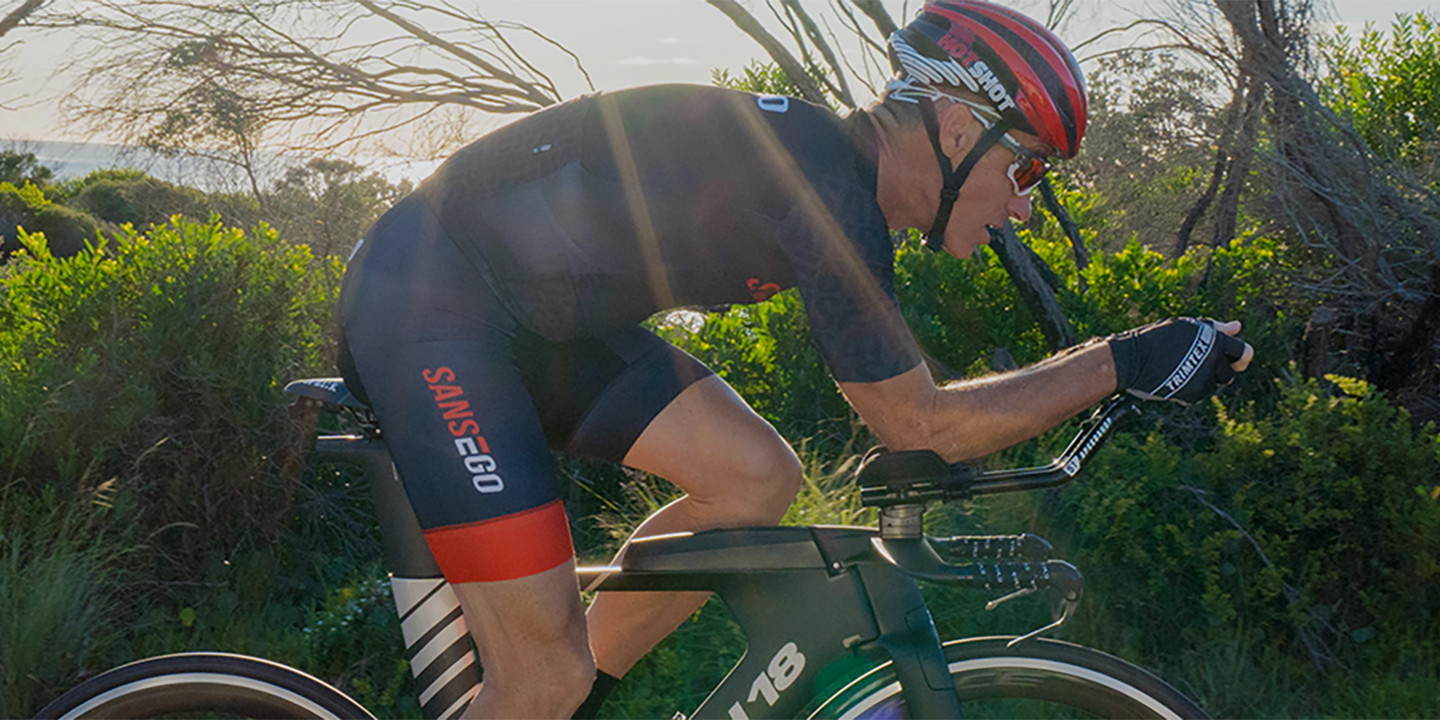
- Keeping Up with Crowie
- Craig Alexander is a 5x Triathlon World Champion and 12x Australian Champion.
-
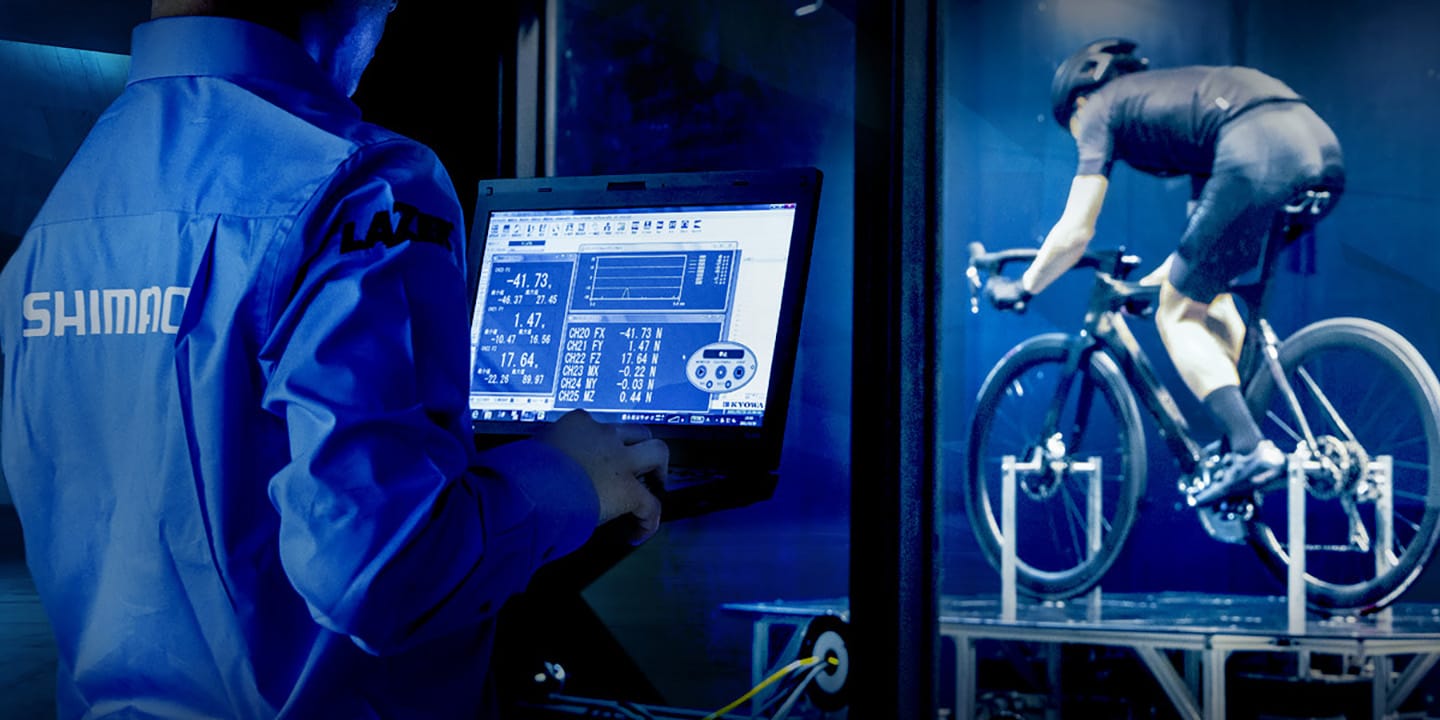
- A short introduction into the Science of Speed
- The Science of Speed, Shimano’s design philosophy for its latest road groups, is comprised of five elements: a new Di2 platform, a refined interface, the addition of Hyperglide+, a category redefining brake system, and a collection of new wheels.
-
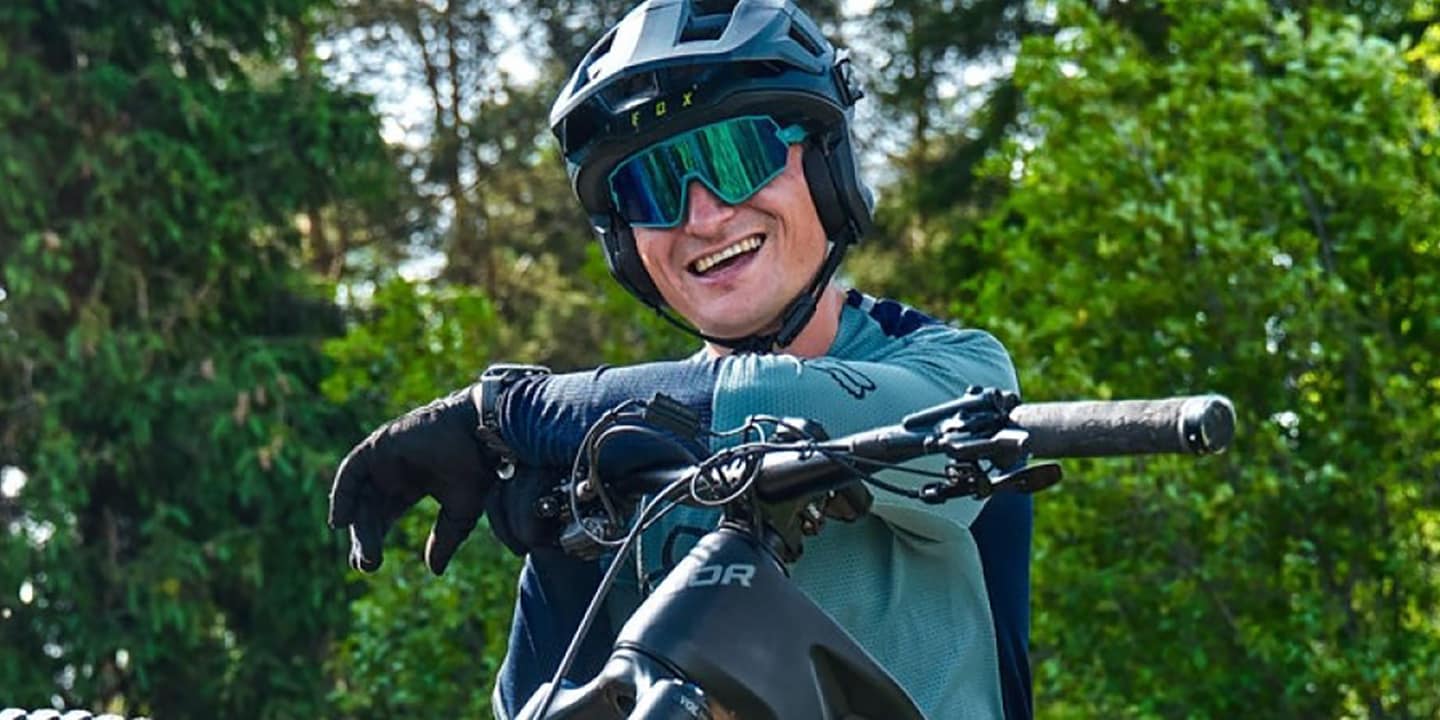
- DIRT IT MORE - MAGIA EMTB
- "Rower elektryczny pozwala mi korzystać z gór bardziej i mocniej ich doświadczać" mówi o rowerach segmentu EMTB Jan Kiliński, który od 10 lat projektuje rowery dla Dartmoor Bikes.
-
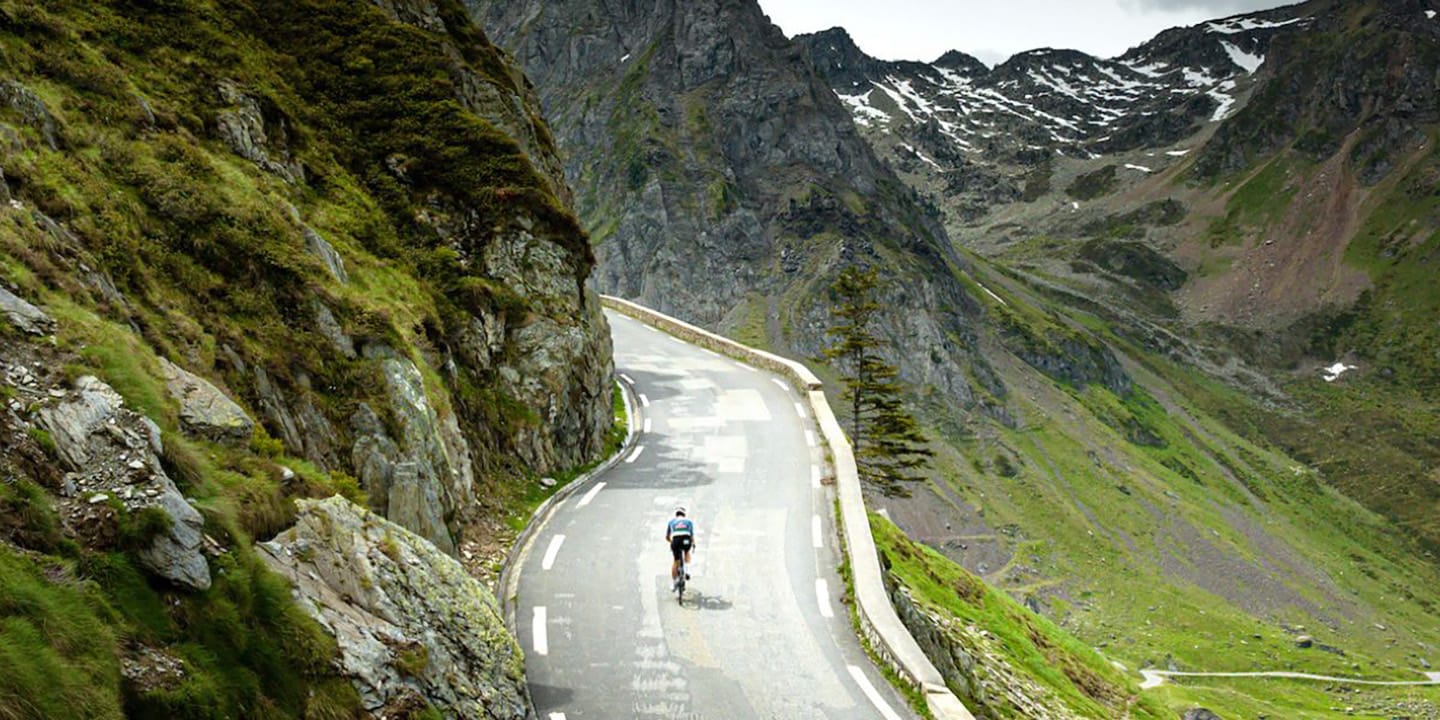
- Traversing the Col du Tourmalet
- This summer, the Tourmalet will challenge riders in three grand tours: the Tour de France, the Tour de France Femmes avec Zwift, and the Vuelta a España.
-
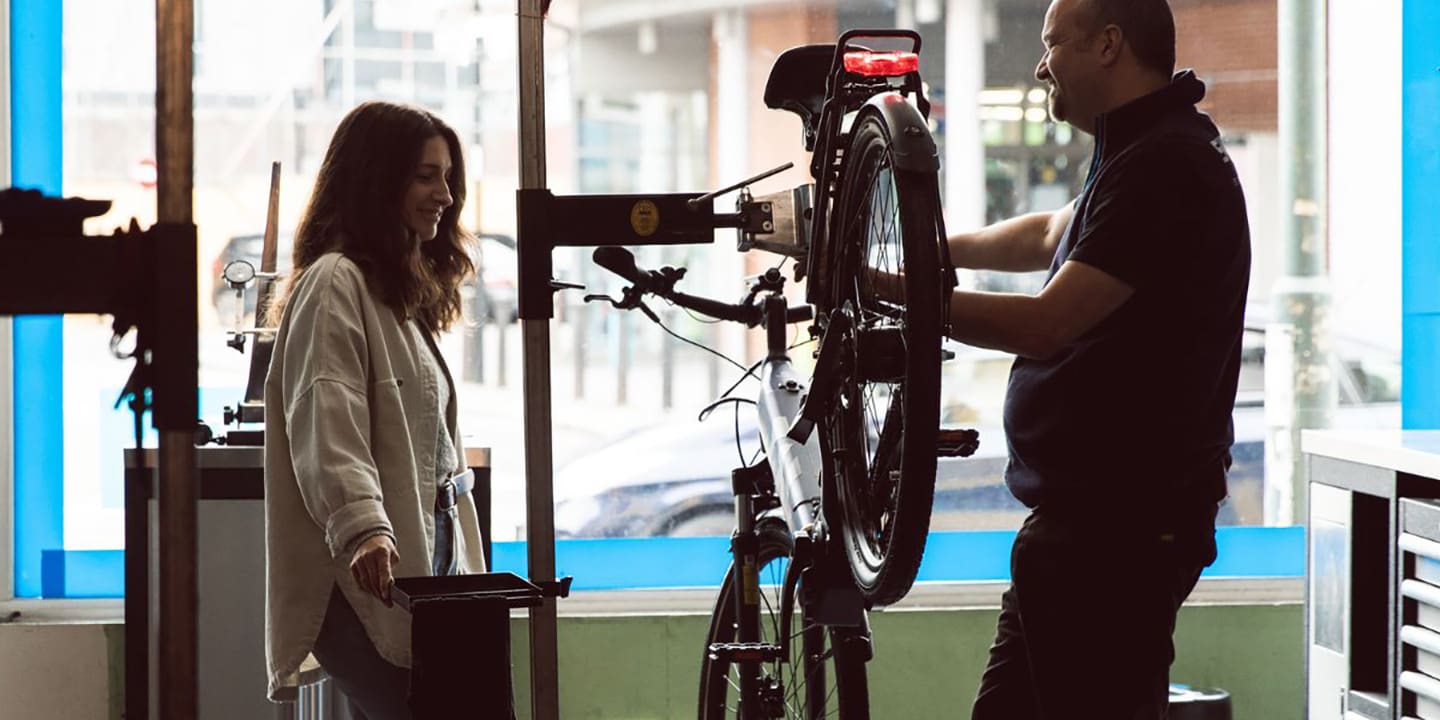
- What to ask your dealer before buying an e-bike
- Buying a new e-bike is an exciting experience.
-
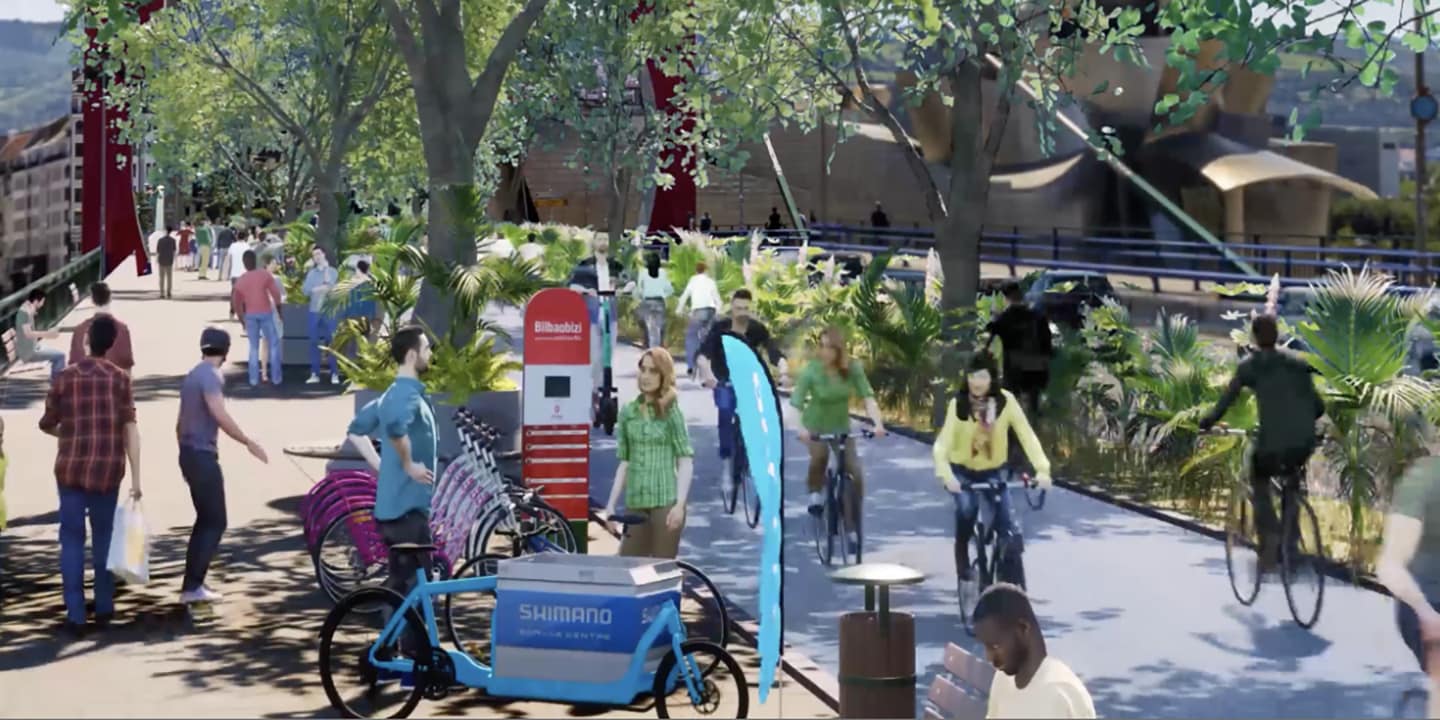
- Future Cities Bilbao
- In 2022 we embarked on a project to show people a new vision for their cities.
-
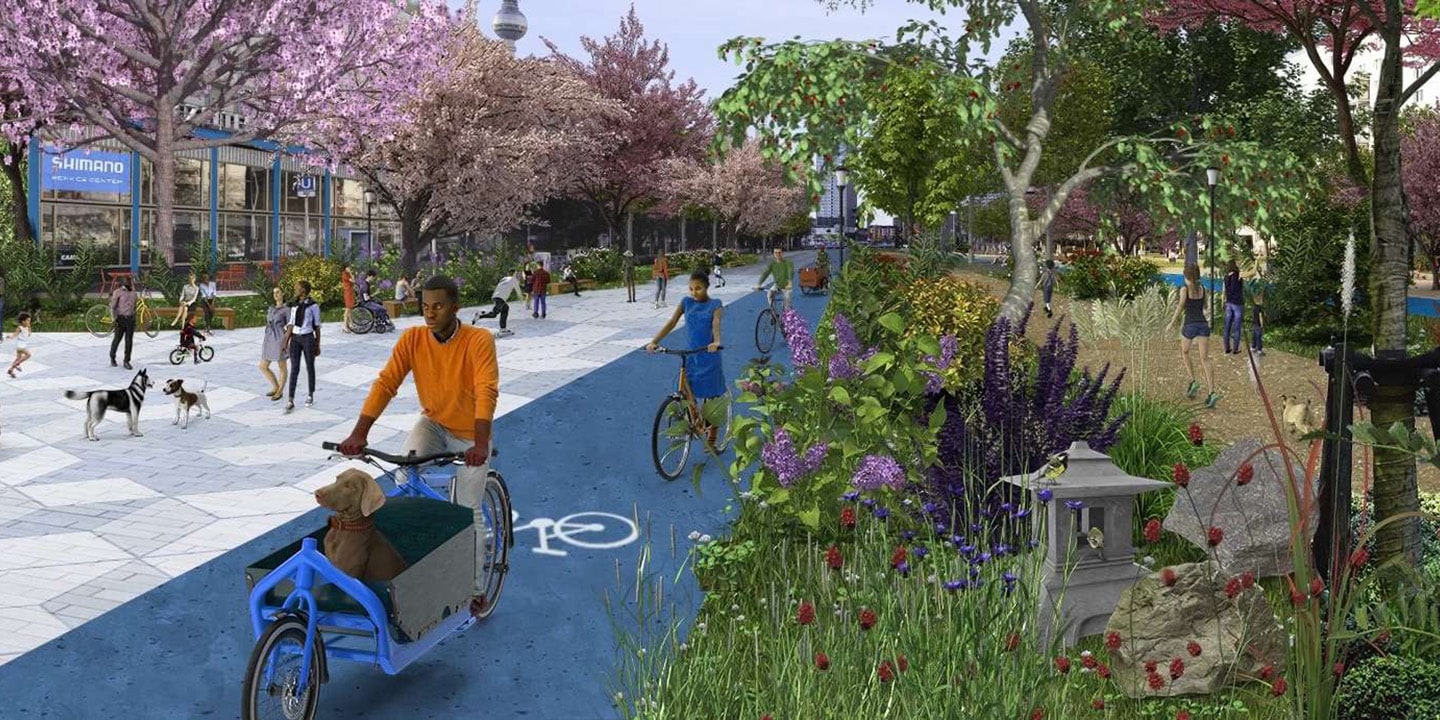
- Future Cities - a vision for change
- To make real change we need a vision of the future.
-
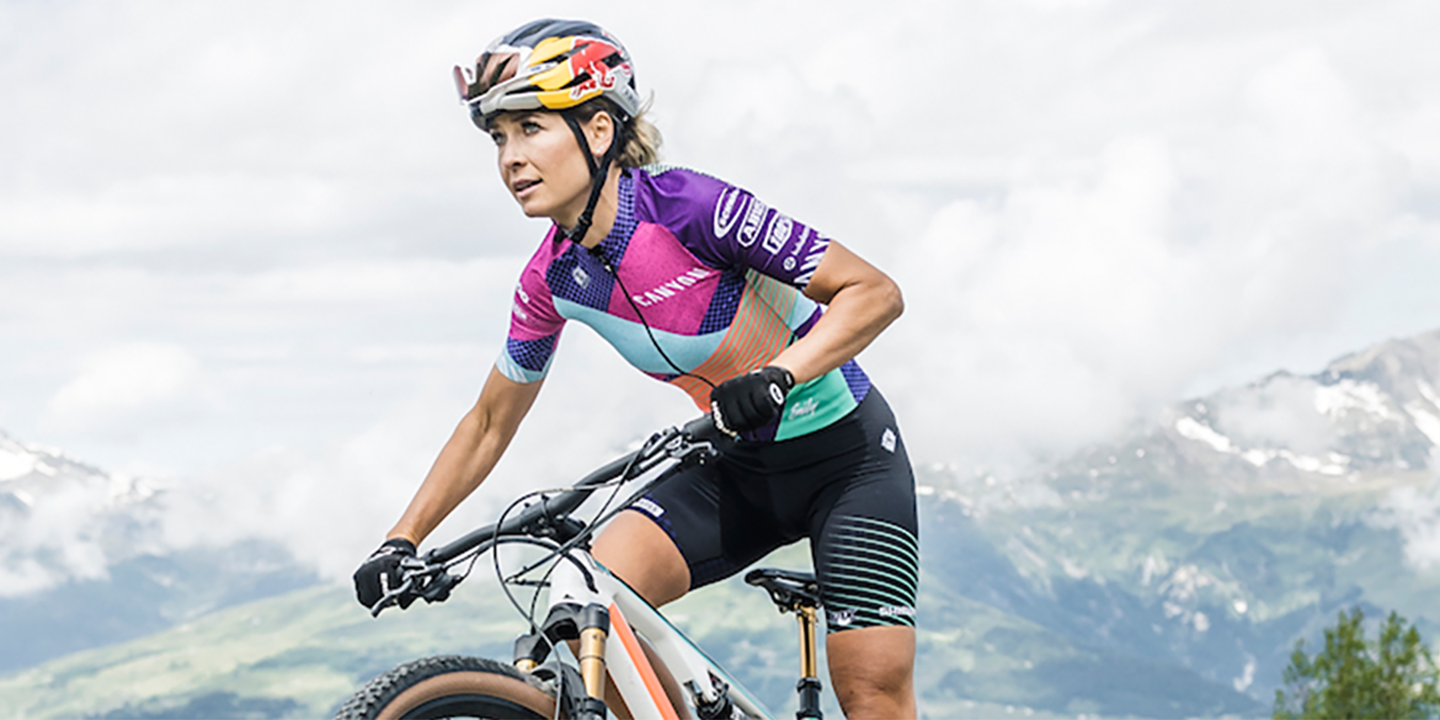
- Canyon MTB Racing
- From the emotional rollercoaster of elite racing to the physical rollercoaster of mountain passes and luging, the Canyon MTB Team take us on one hell of a ride in the latest episode of In Between the Races!
-
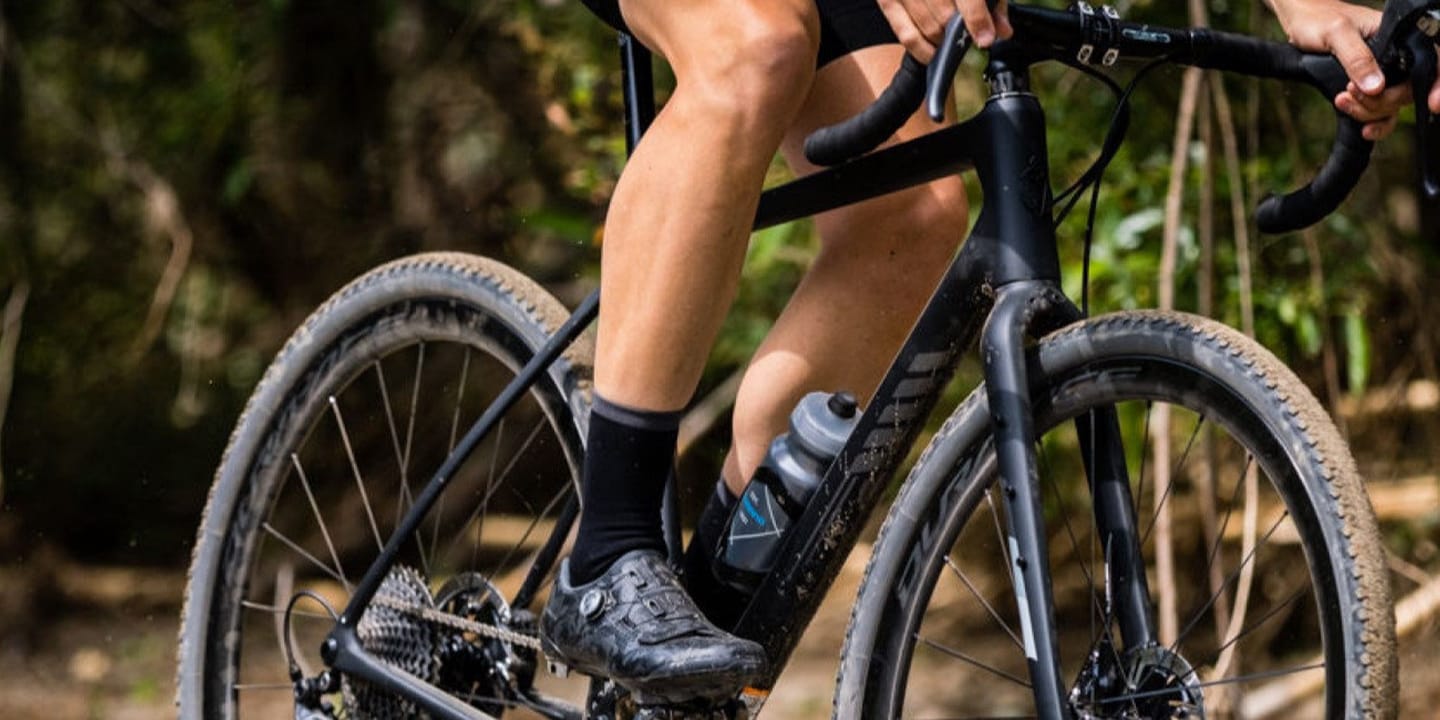
- How to set up and check your tubeless tires
- For the roads less traveled, those gritty, dirty, gravelly ones, tubeless tires offer a solid boost in performance, comfort, and reliability.
-
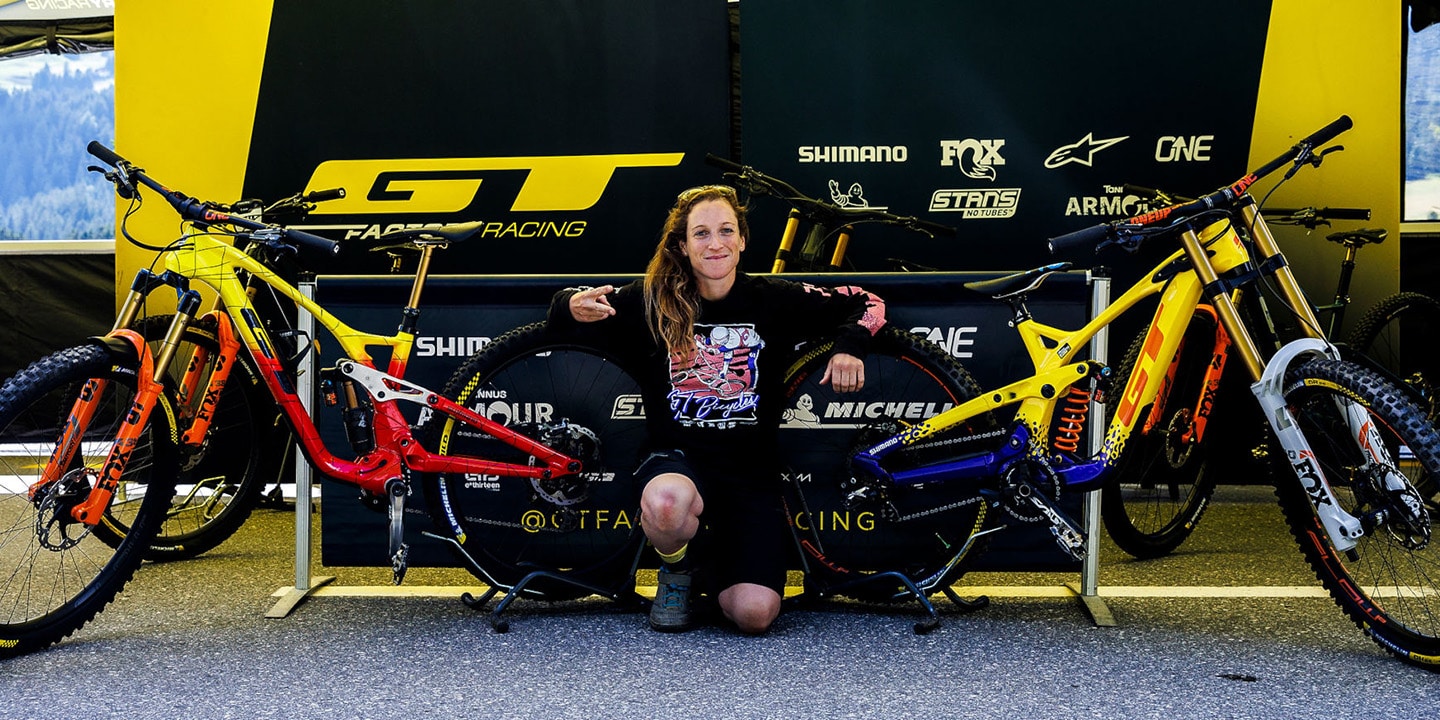
- In Between the Races with Noga Korem
- In Between The Races is back for another season of insight into the world of cycling that you don’t often see.
-
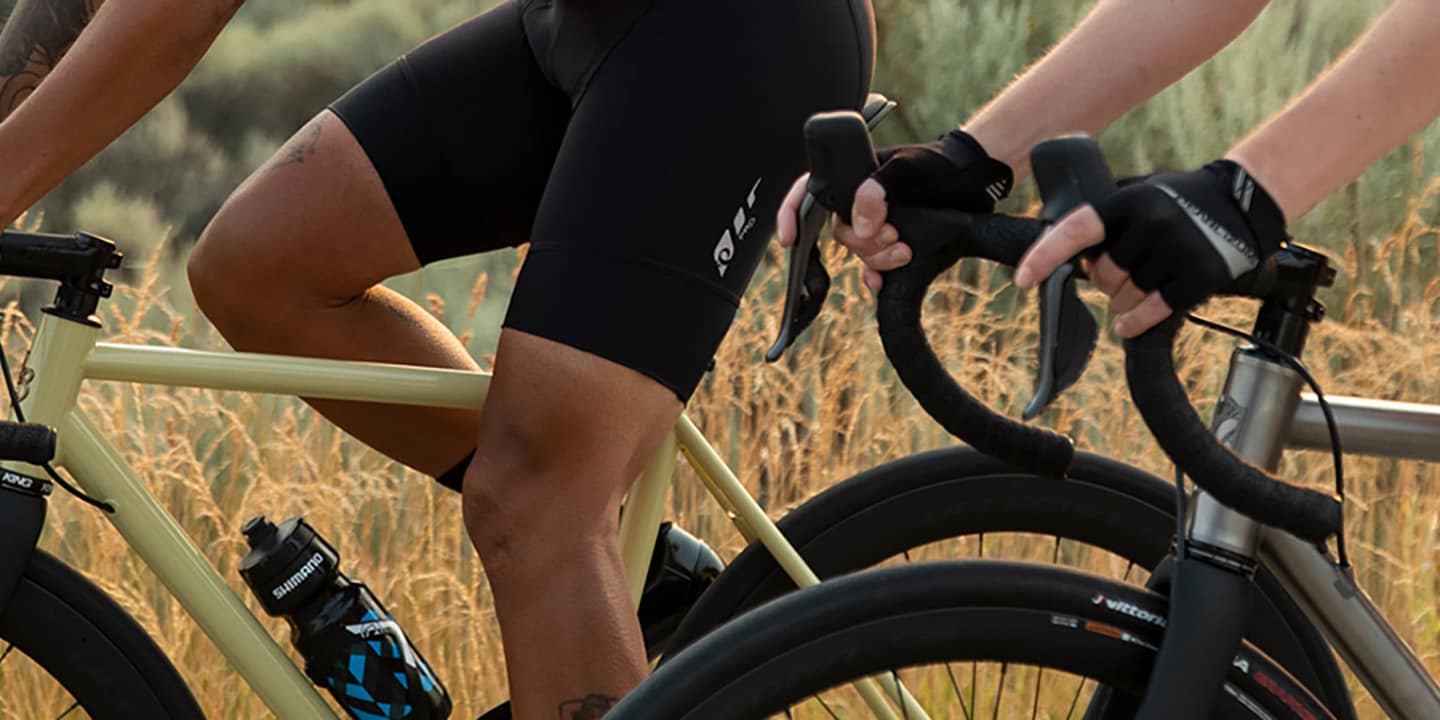
- What E-Tube Project Can Do for You
- The combination of Shimano's Di2 electronic groupsets and its E-TUBE PROJECT app provides unparalleled synchronization and customization between components, cycling computers, and smartphones.
-

- This is Home - Laurie Greenland
- Growing up, Laurie Greenland could see Bristol’s St. George Skatepark from his bedroom window.
-
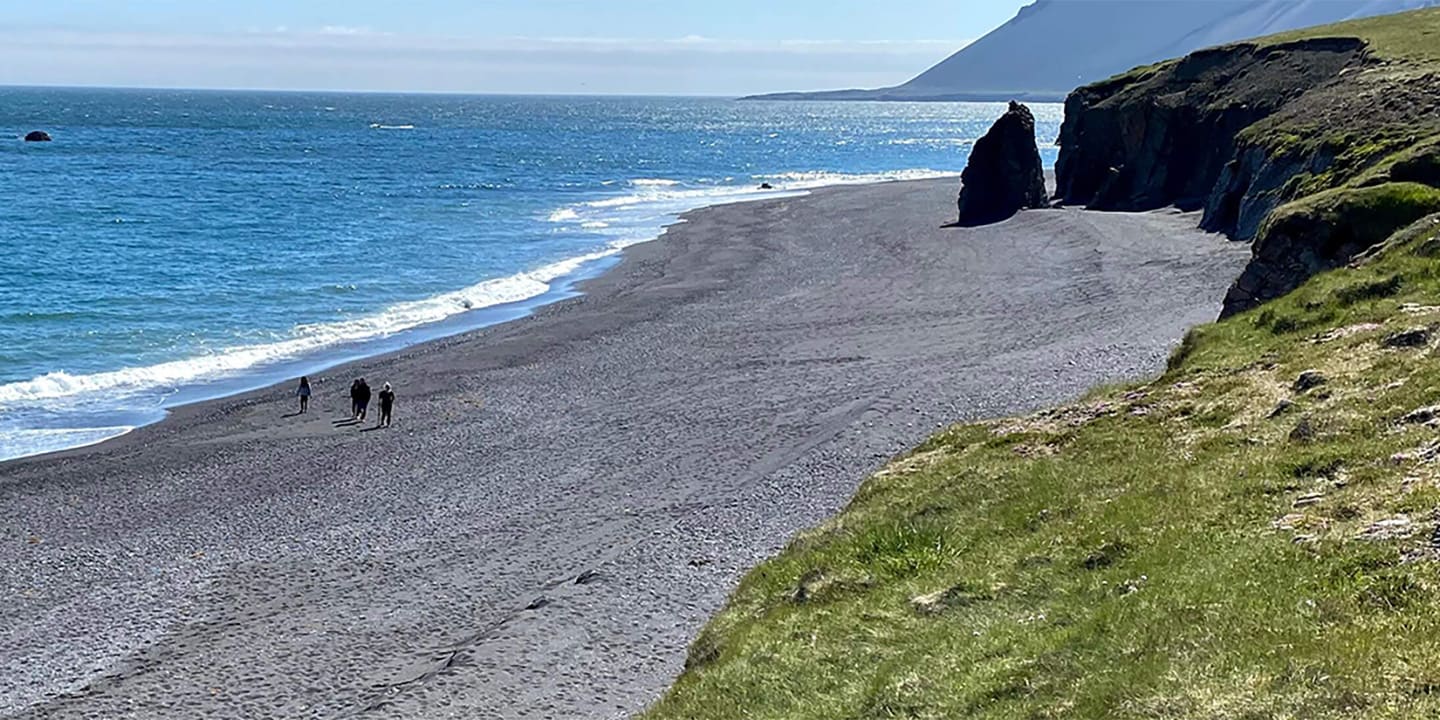
- Iceland: Land of the Gravel Gods
- Chris Case is a writer, explorer, and guide. He founded Alter Exploration to help adventurous cyclists experience transformative journeys in some of the world’s most spectacular locations, including the Dolomites, Iceland, the Piedmont Alps, and Colorado.
-
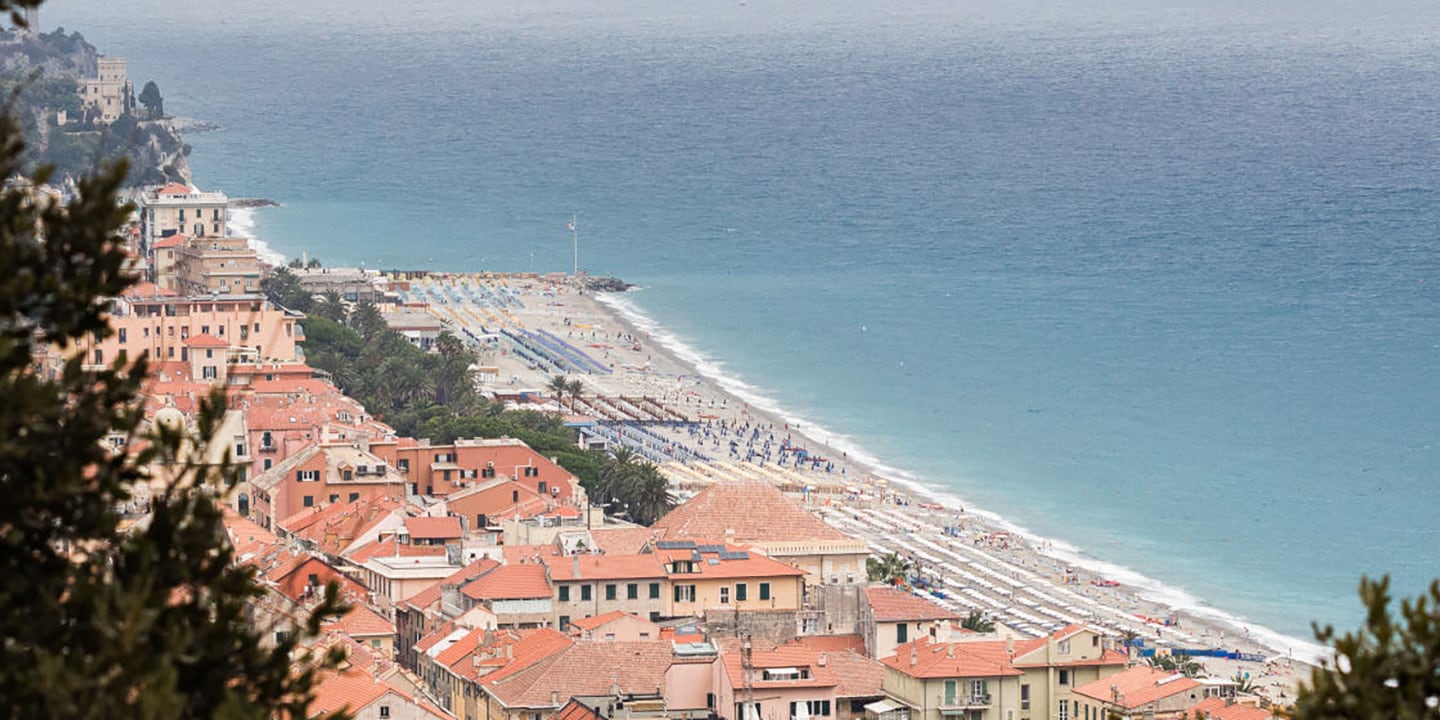
- Win the ultimate e-MTB trip to Finale Ligure EWS-E
- As spring takes hold and we see summer on the horizon, cycling season is truly upon us.
-
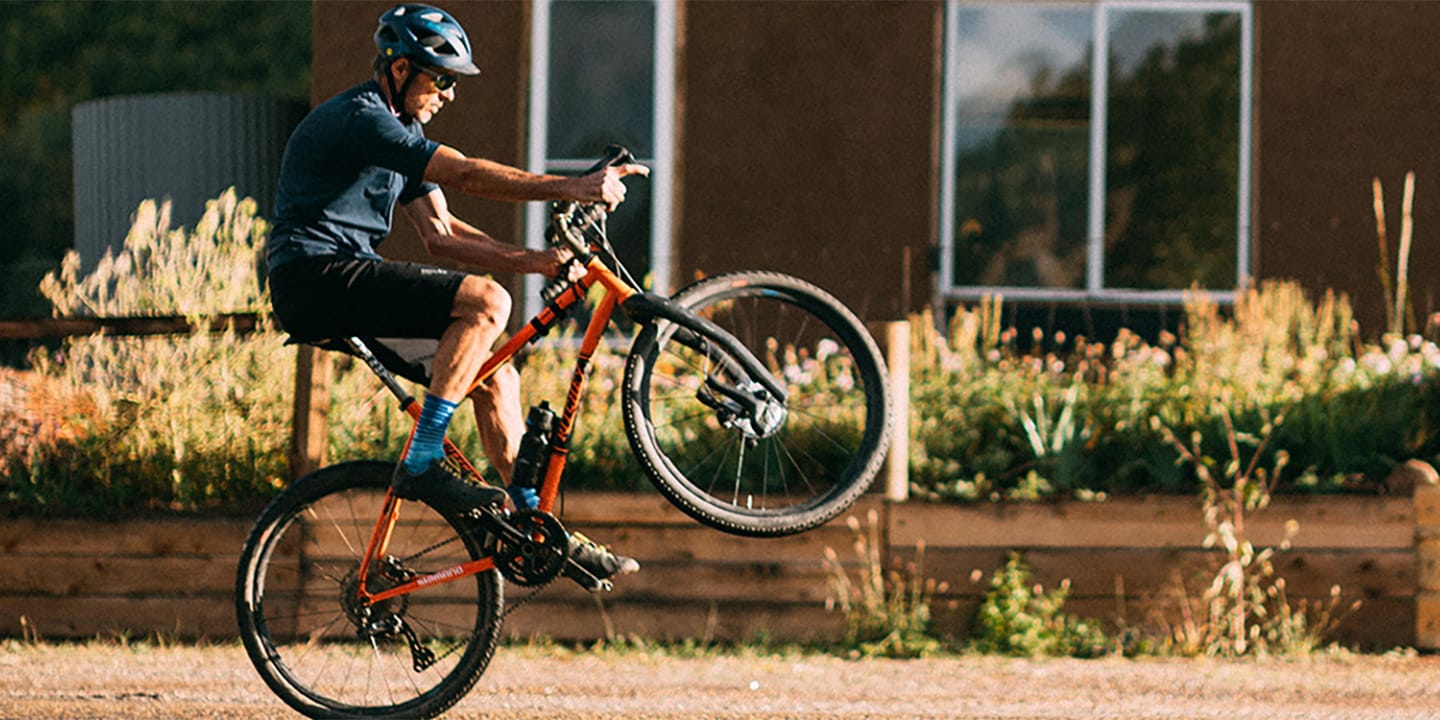
- The Path Less Paved - Alex Morgan
- Alex isn’t limited by the restrictive definitions of a single discipline.
-
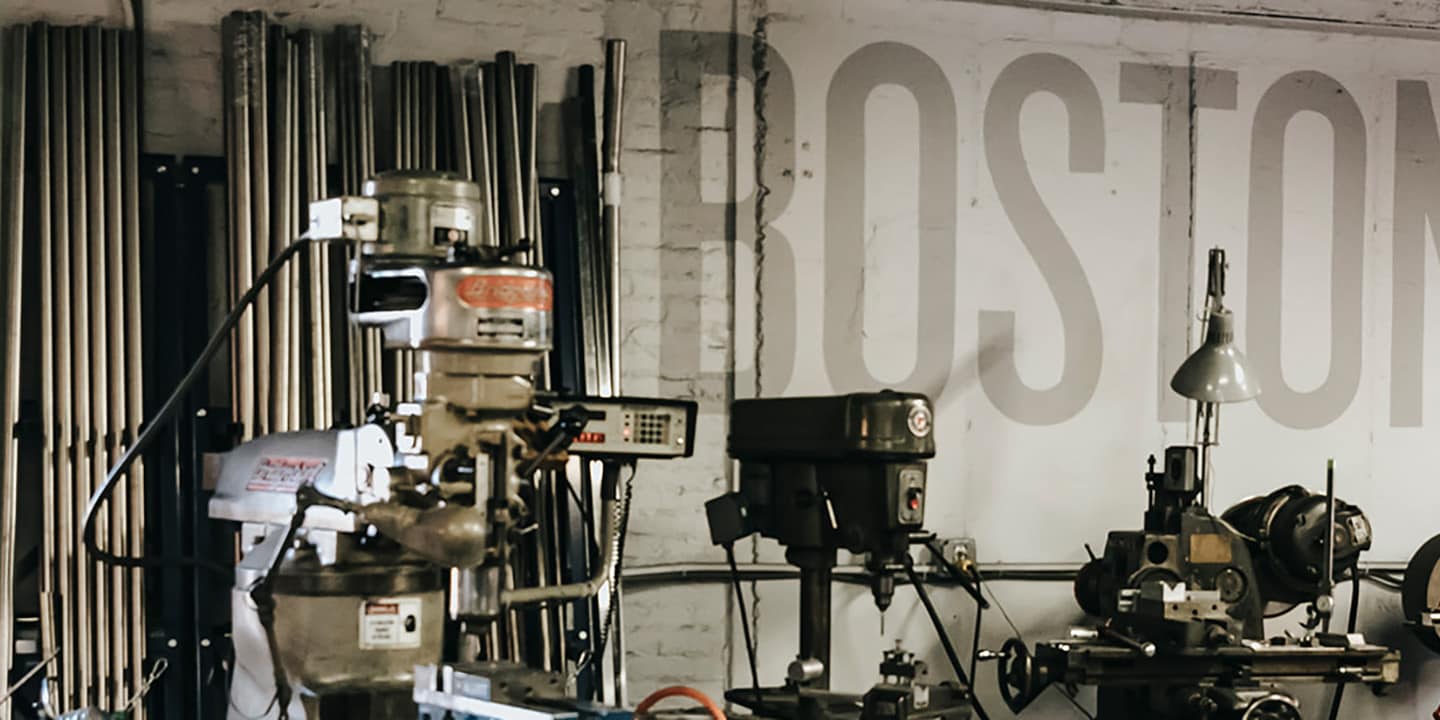
- MADE IN: New England
- For Kevin Wolfson, the beauty of designing a gravel bike is understanding how the mere term ‘gravel’ can mean totally different things to different riders.
-
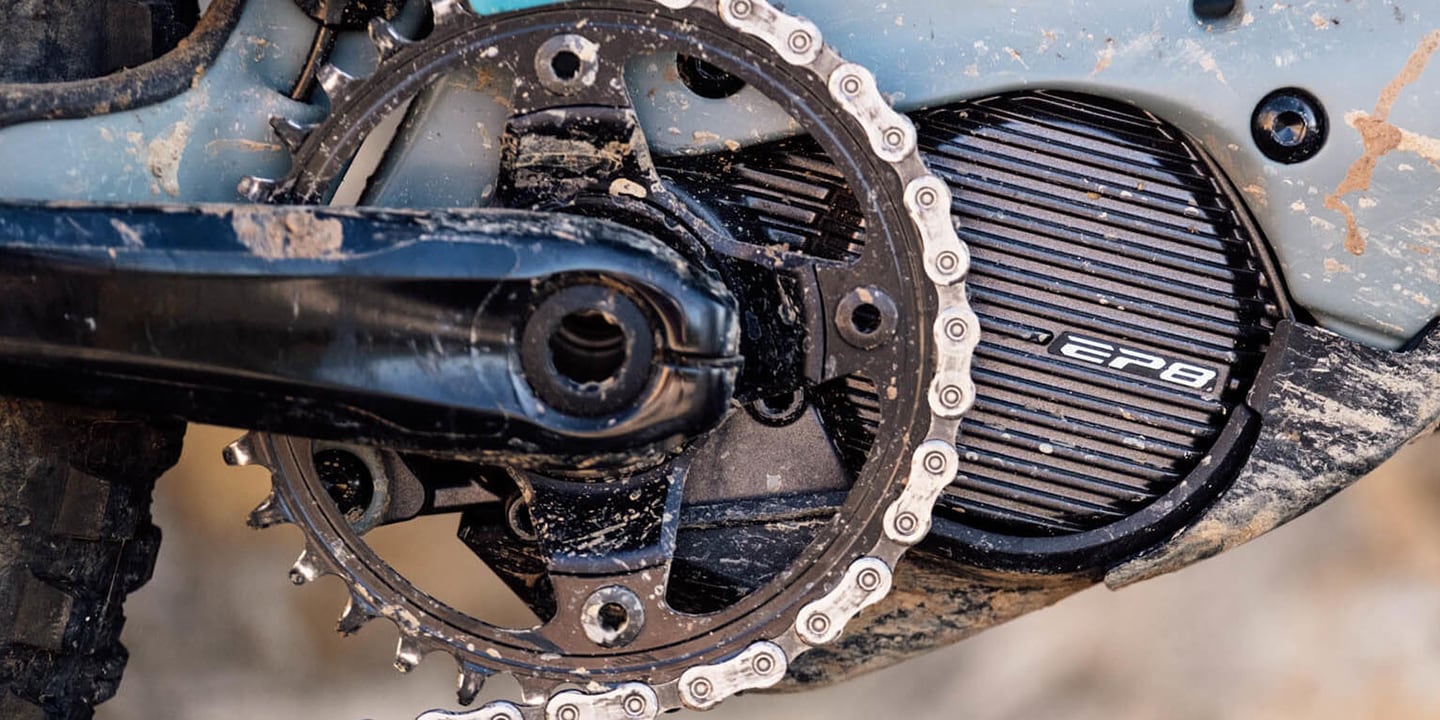
- SHIMANO EP8 leads the way in E-MOUNTAINBIKE MAGAZINE test awards
- The team at E-MOUNTAINBIKE MAGAZINE know a thing or two about e-bikes.
-

- For better health ? ride an e-bike
- Light exercise is universally recommended by medical professionals to improve health and protect against disease.
-
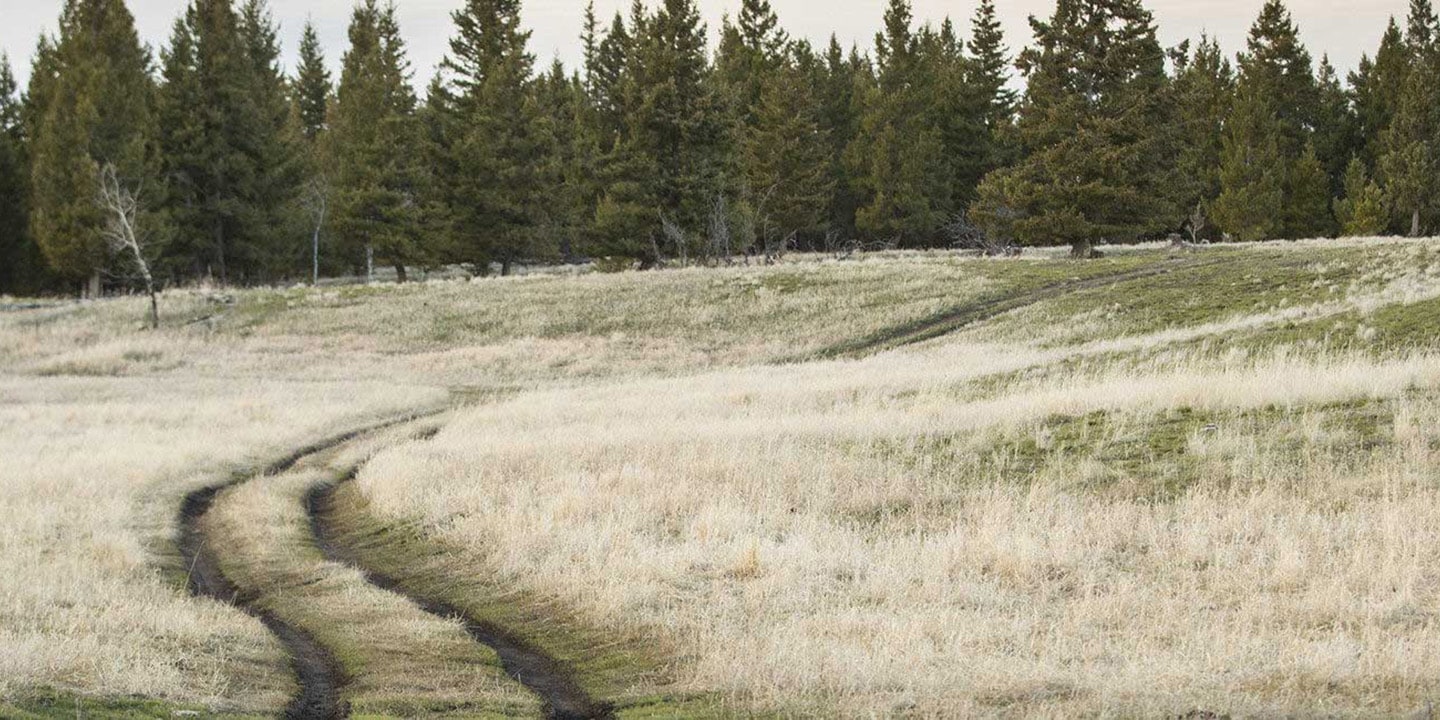
- Plan a new adventure ride
- Whether you're looking to spice up the regular loop or traveling somewhere new, a variety of tools and resources to help you explore new route options and plan a safe and fun ride.
-
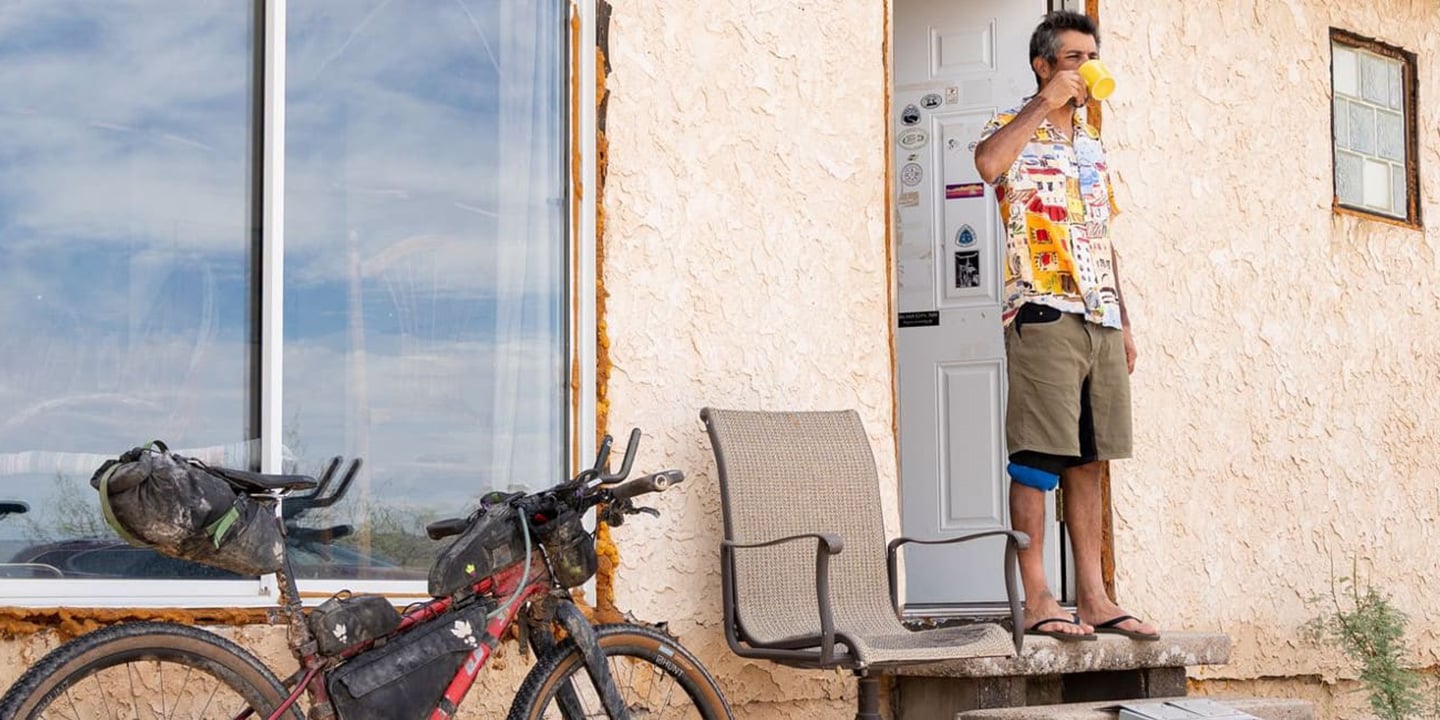
- Sofiane Sehili’s Tour Divide
- For fans of gravel bikepacking, Sofiane Sehili probably doesn’t need any introduction.
-
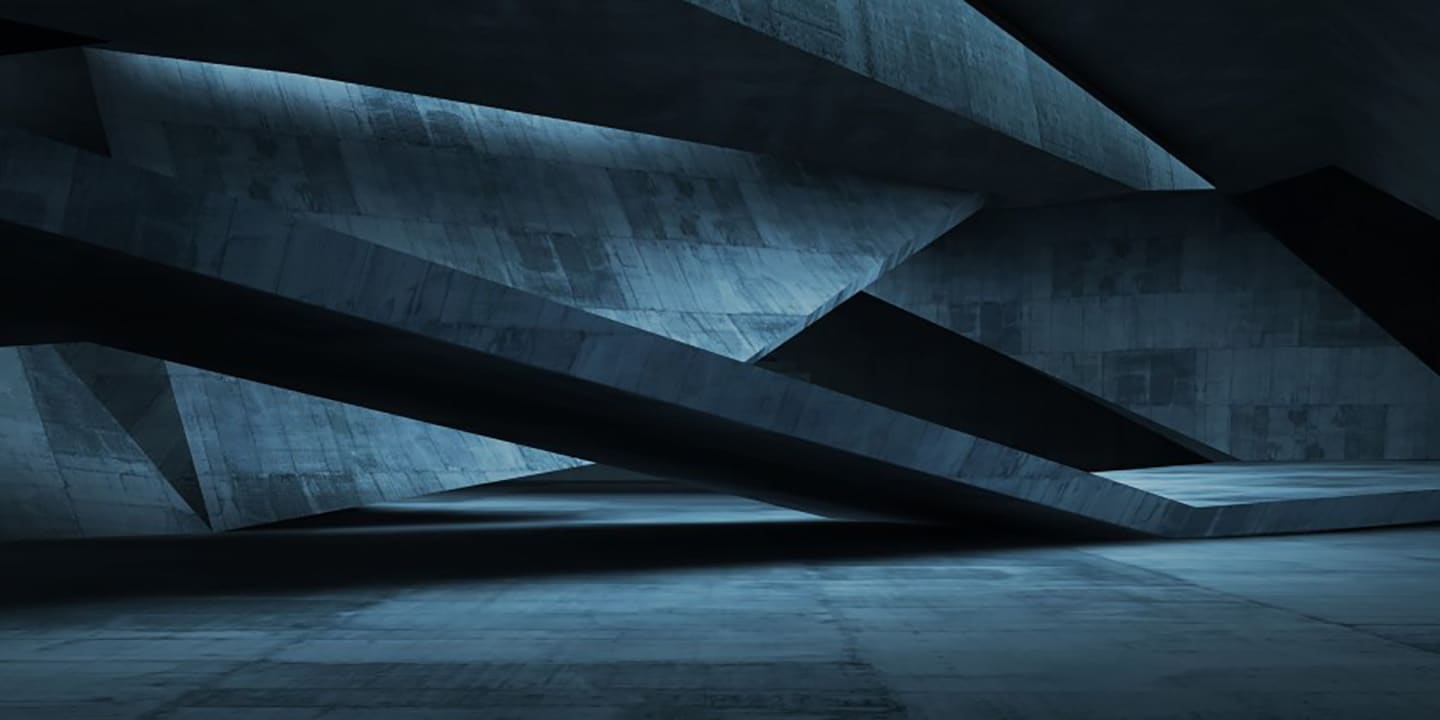
- For Those Who Never Compromise: Shimano DURA?ACE R9200
- Peak performance does not happen by chance.
-
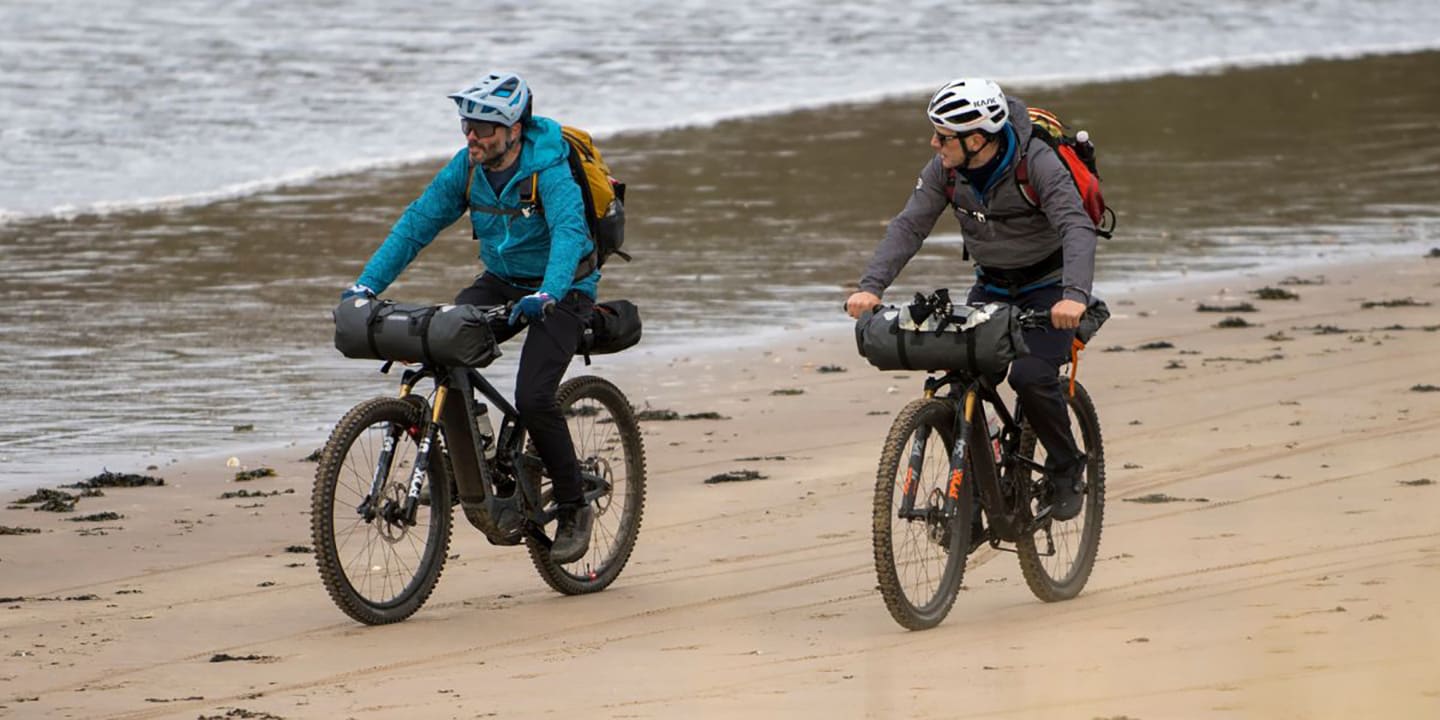
- Evolution Stories: Building better humans
- What if you were told you’d never ride your mountain bike again? The critically acclaimed film ’Evolution’ – released in October 2022 – delved into Shimano-supported rider Andy McKenna’s approach to a life where this hard hypothetical is a heavy truth.
-
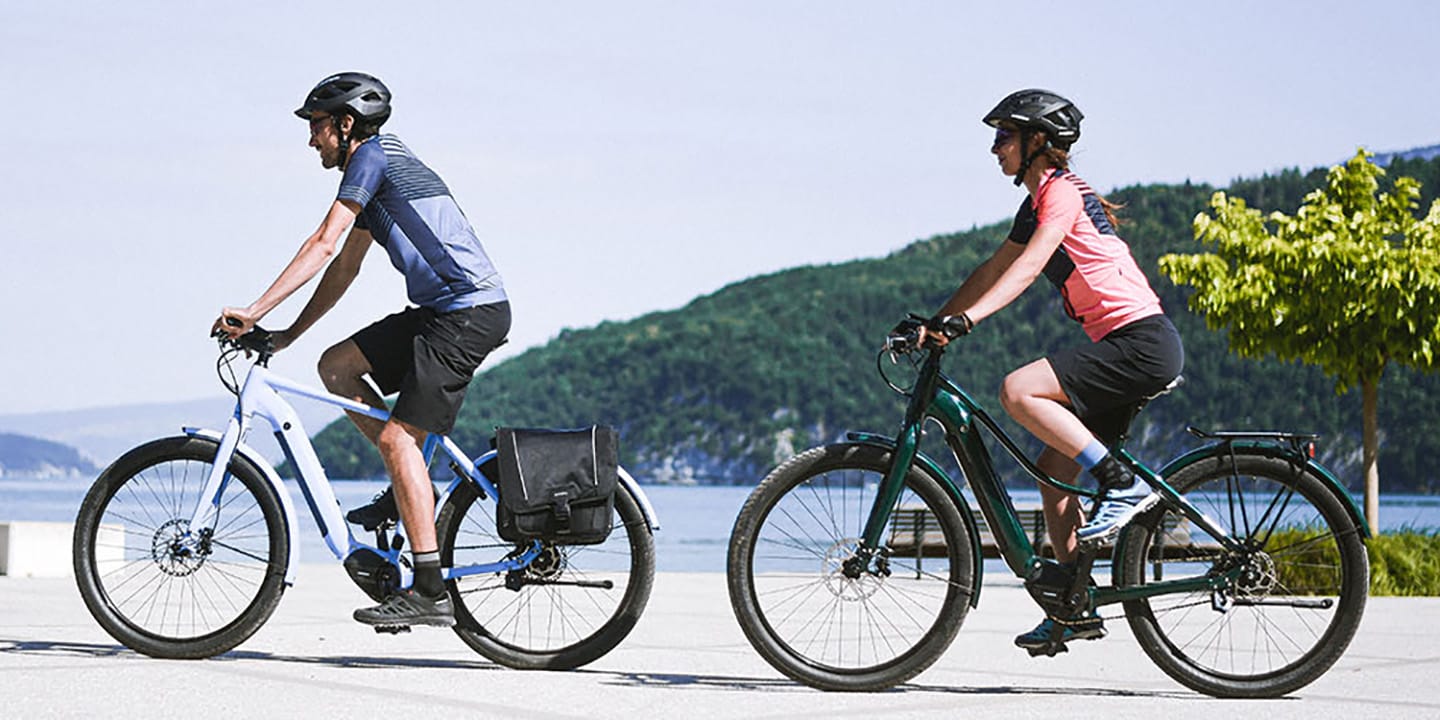
- What would happen if everyone cycled?
- Imagine your city with more cyclists.
-
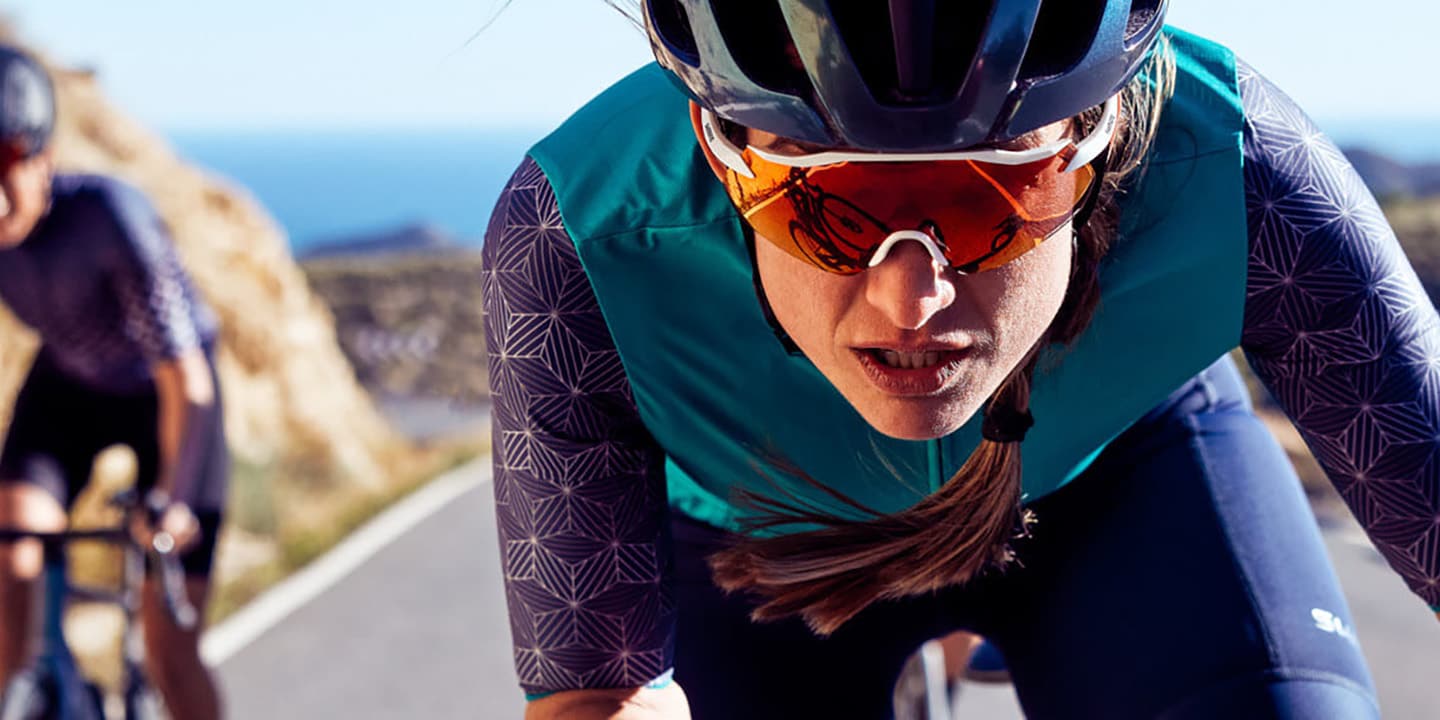
- We Ride We Rule.
- You think this is our time? Think again.
-
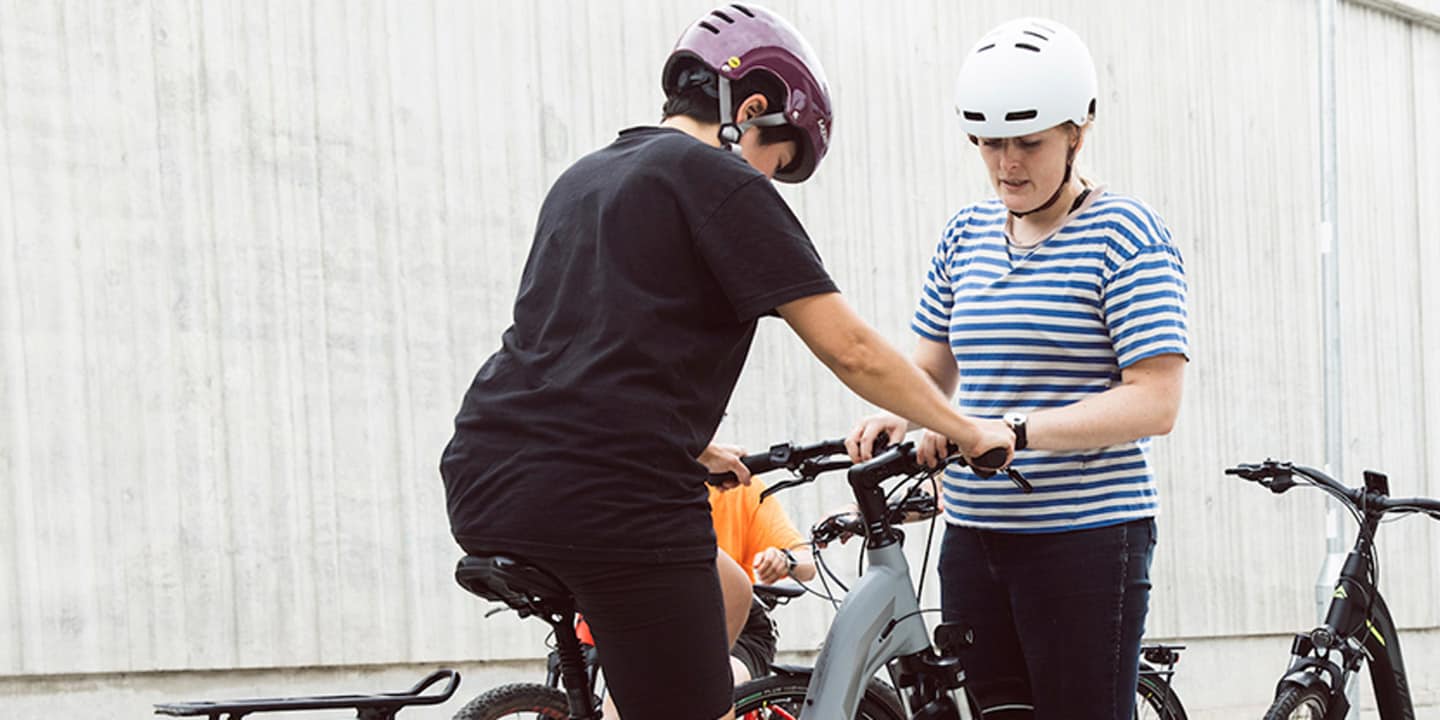
- Getting the perfect e-bike fit
- Cycling should never feel uncomfortable, your bike should feel like a natural extension of your body that is easy to ride and control.
-
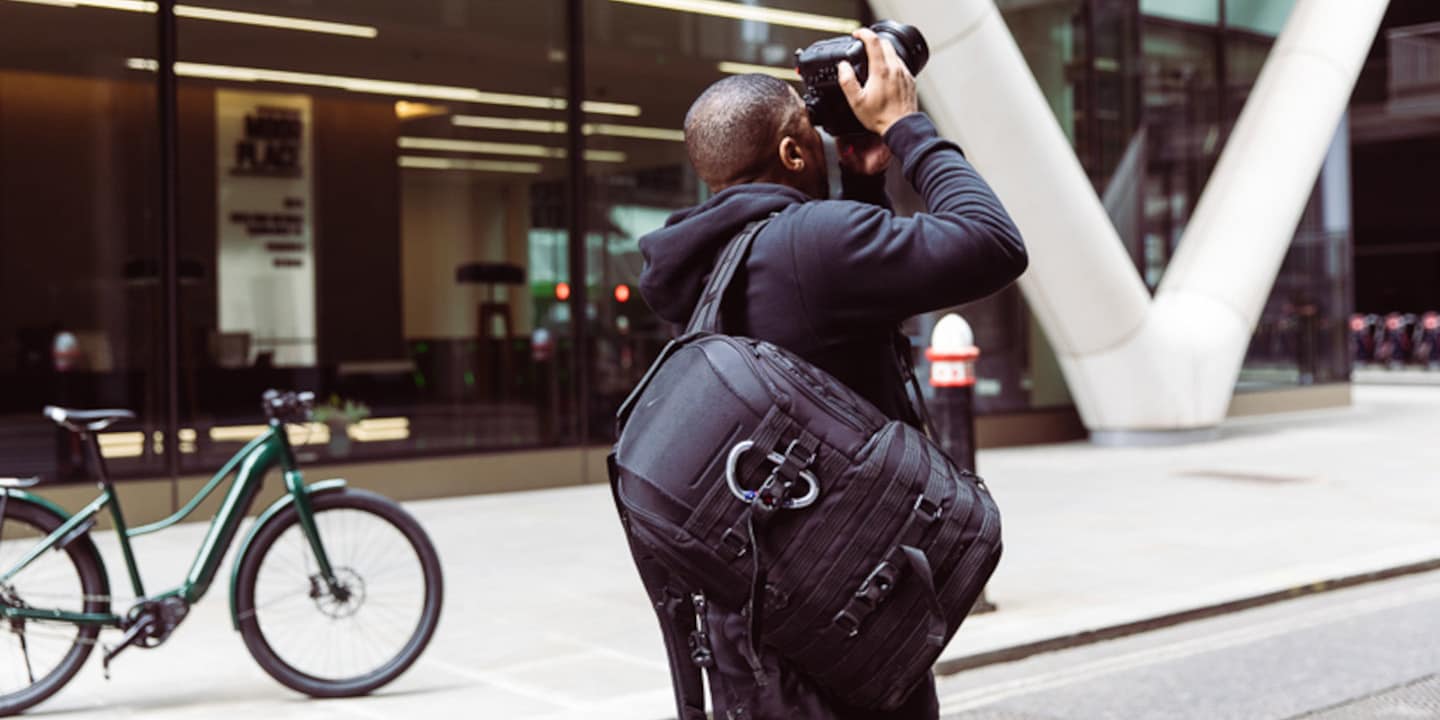
- People like me - How Cycling Helps My Photography
- Everyone has their own reason for riding, on the surface it might be that a bike is transport, or exercise but dig a little deeper and the reasons get more personal.
-
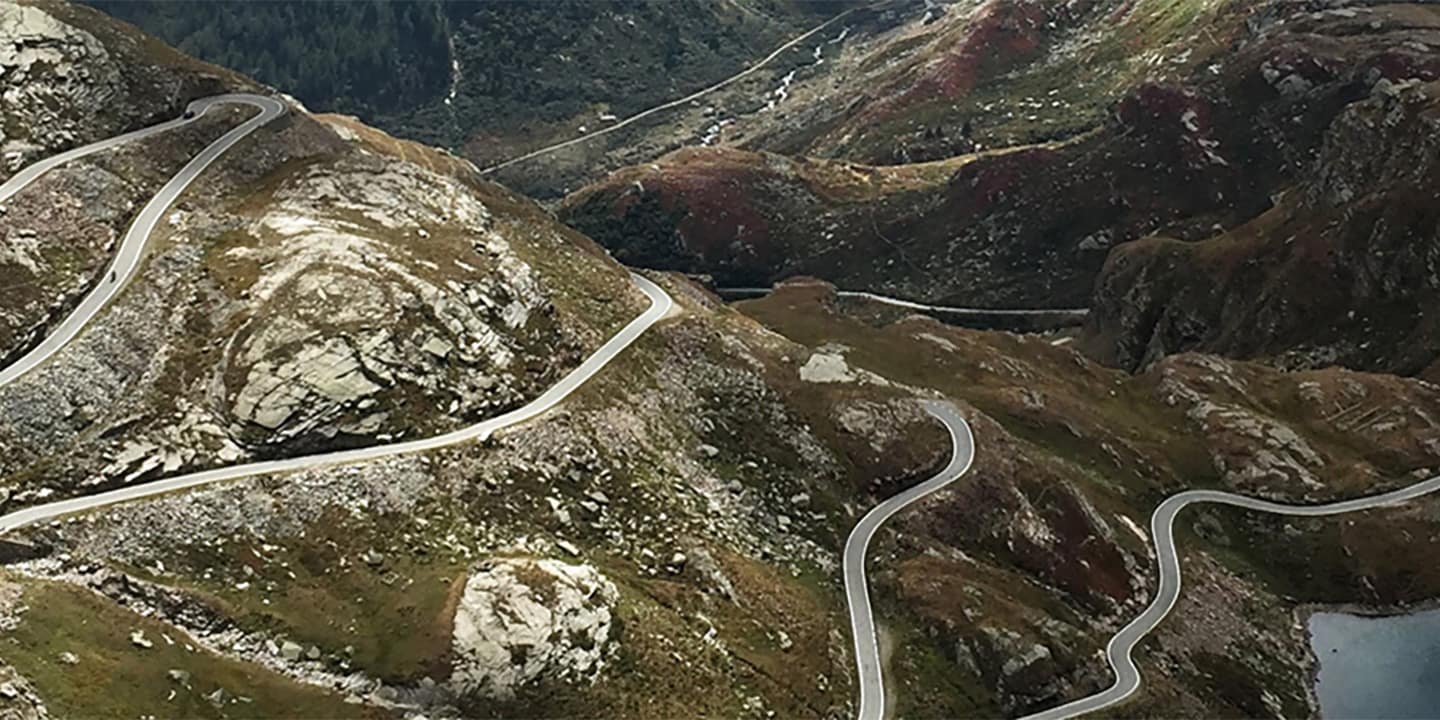
- The War Roads of Alpine Piedmont
- Chris Case founded Alter Exploration to help other adventurous cyclists experience the types of transformative journeys he's been lucky enough to take his entire life.
-
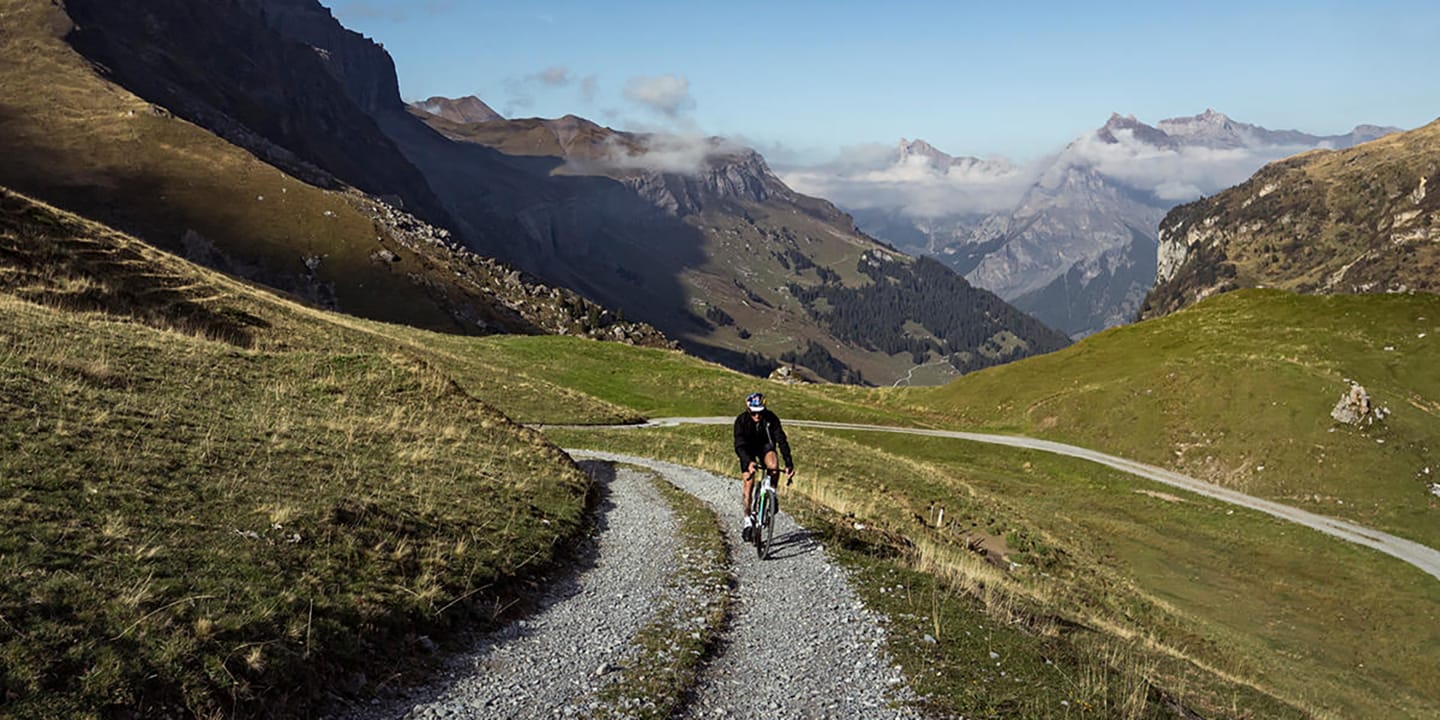
- Road vs Gravel - The Shimano Explainer
- As gravel continues to gain speed, the question remains.
-
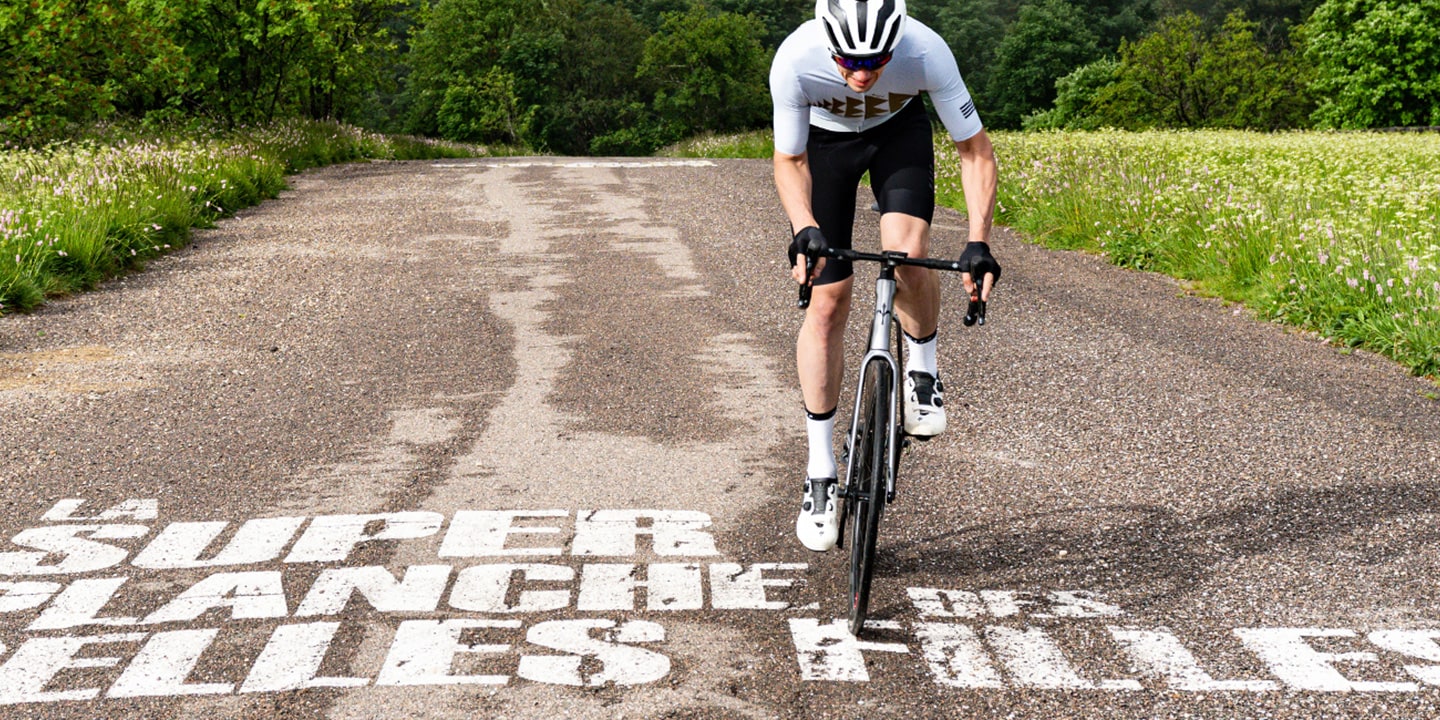
- Hidden Beauties: Riding the Super Planche des Belles Filles
- Mountains…France is blessed with so many regions of mountains, the Alps, Pyrenees, and Massif Central the most famous, but to the west of Basel lie the Vosges.
-
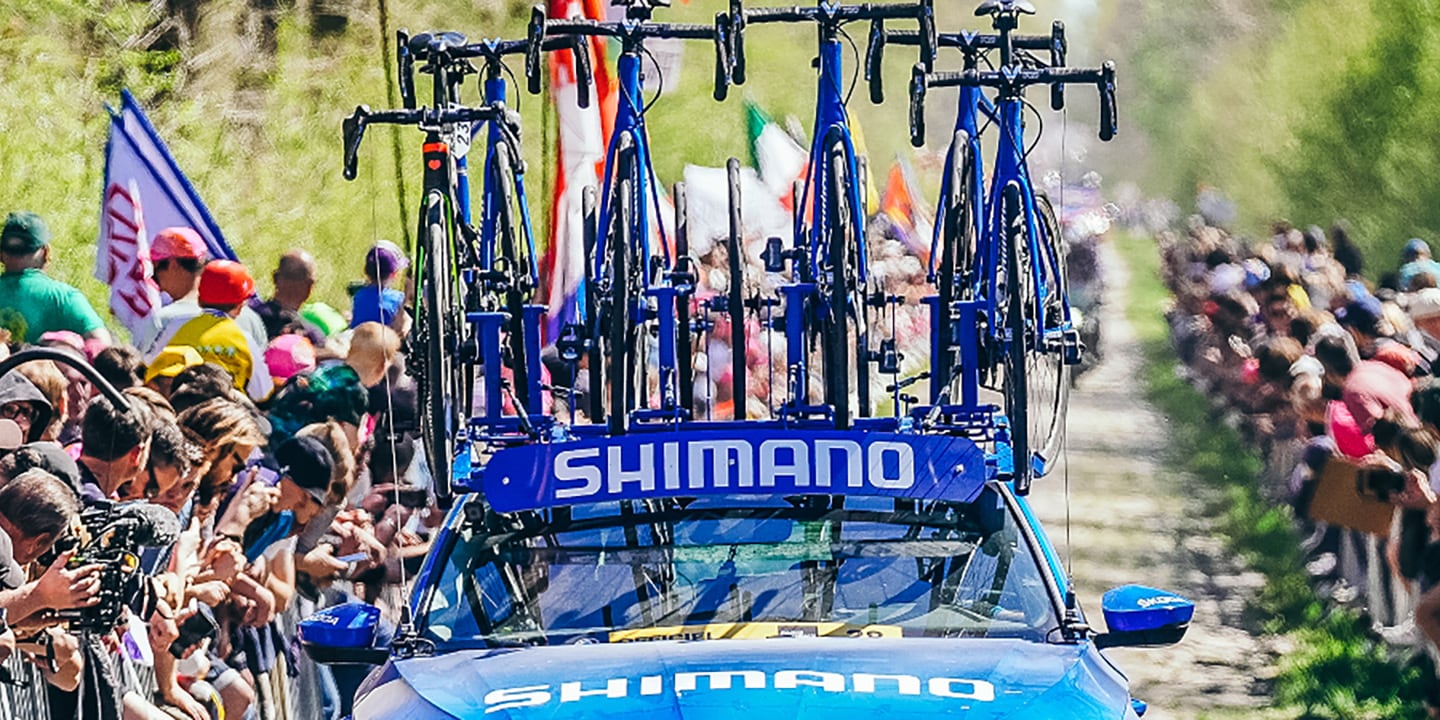
- Shimano Human Science - Episode 1: Nico Verhoeven at Paris-Roubaix
- At Shimano our design philosophy is ‘The Science of Speed’.
-
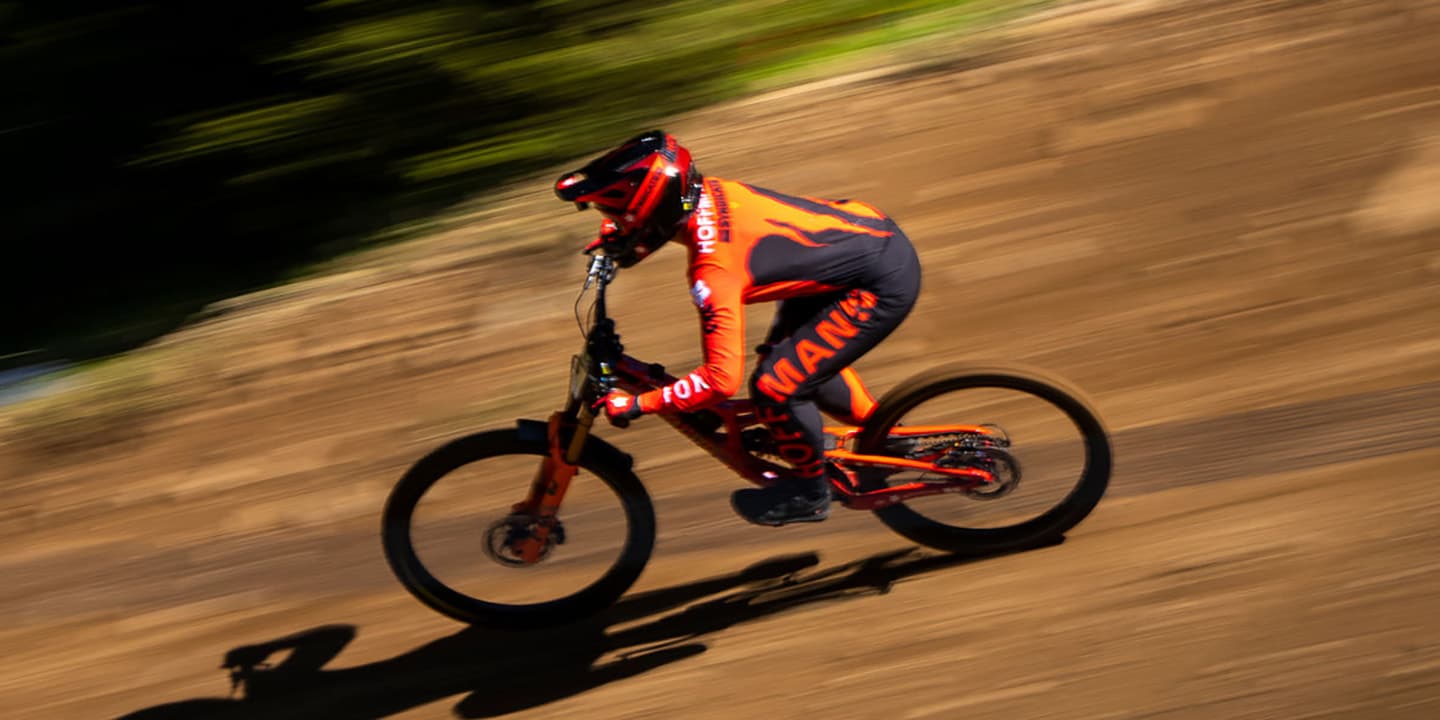
- Behind the Hero: Nina Hoffmann
- Meet Nina Hoffmann, the Santa Cruz Syndicate’s Queen of Downhill, arguably one of the most extreme disciplines in mountain biking.
-
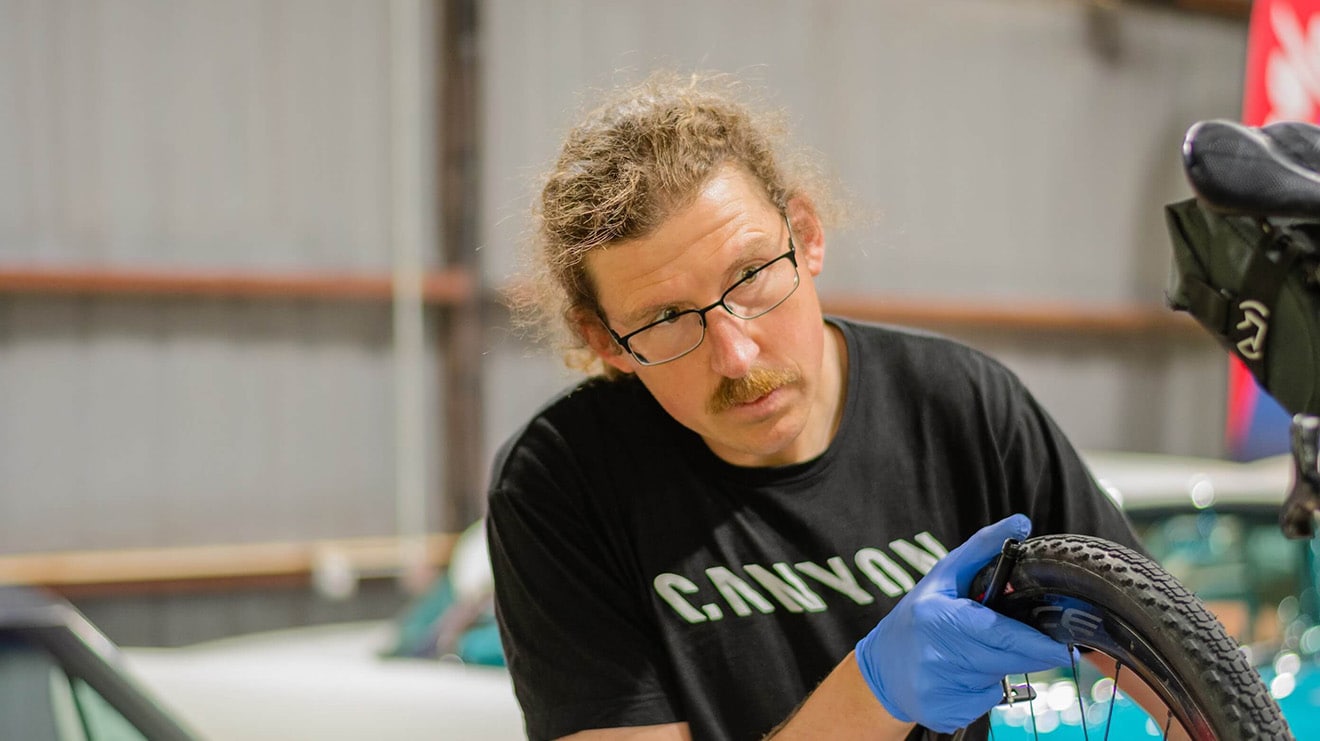
- Big Tall Wayne’s MTB Race Checklist
- So, you're headed to a gravel race! That means you're looking to work hard and have a great day in the saddle.
-

- EU vs. US gravel
- Ask anyone and they’ll tell you that Shimano Gravel Alliance rider Erwin Sikkens knows his gravel riding, which is what made him the perfect choice to conduct a study of gravel at Unbound.
-
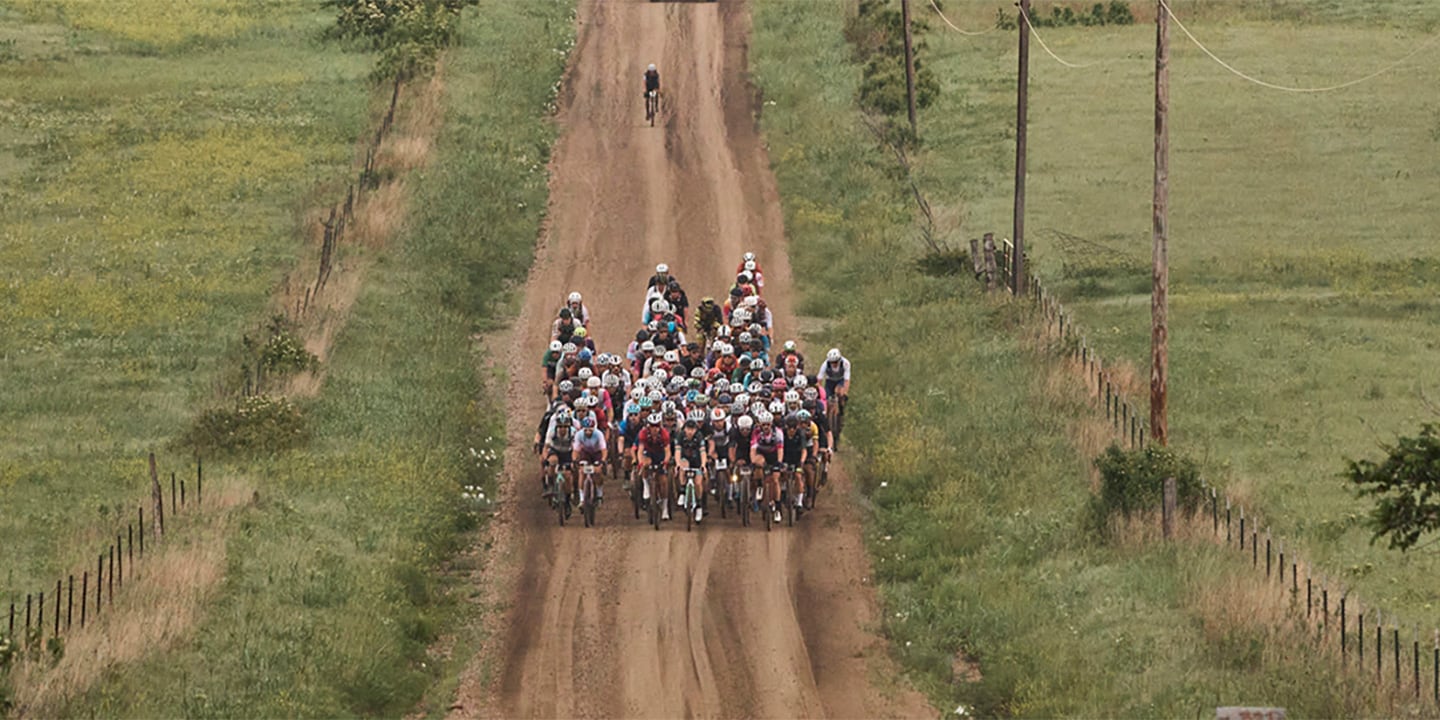
- Mechanicals Mishaps and Muddy Mayhem
- “Work together!” a faintly familiar voice said as I pedaled out of Eureka, covered in mud and slightly dazed from a night of hiking, sliding, and bobbling my way through Kansas hill country, or should I say mud country.
-
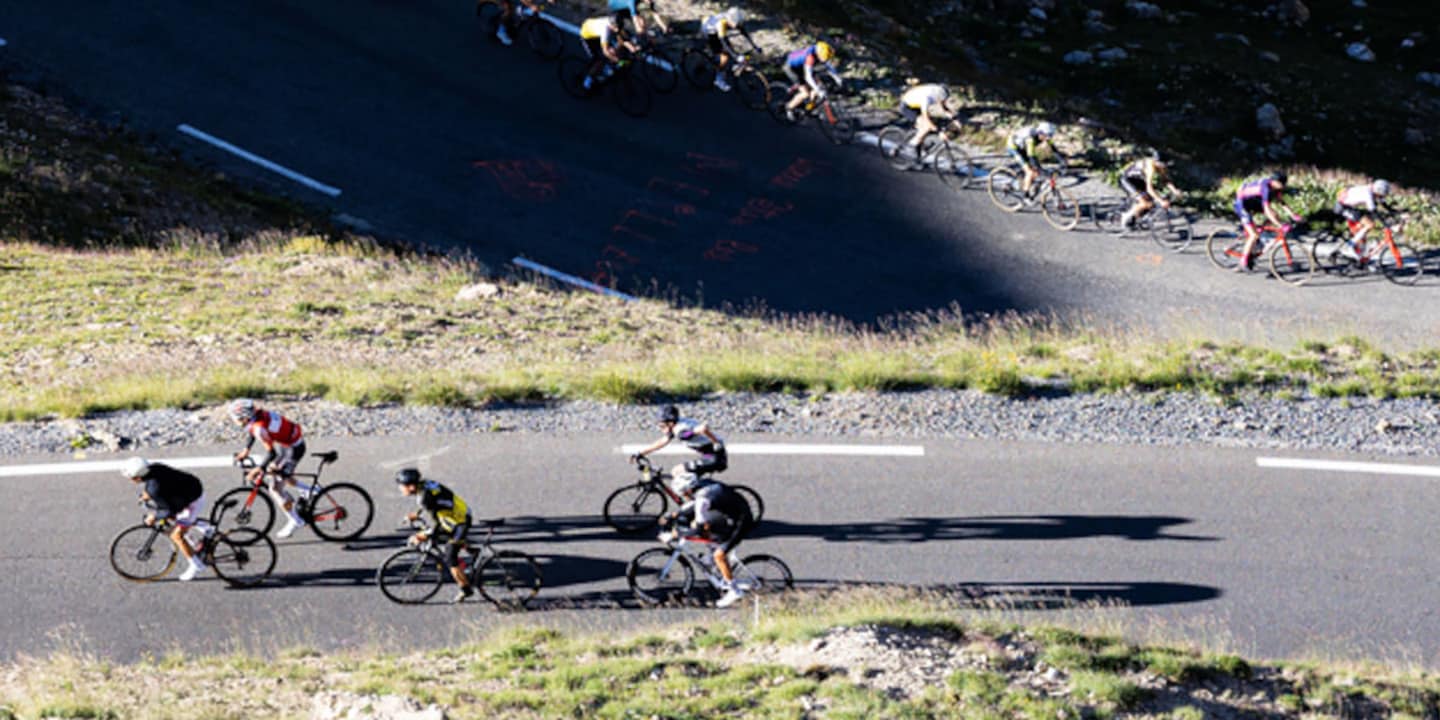
- Caring for your bike ahead of Gran Fondo
- Big goals, like taking part in a Gran Fondo, are fantastic motivators to keep you fit and on your bike.
-
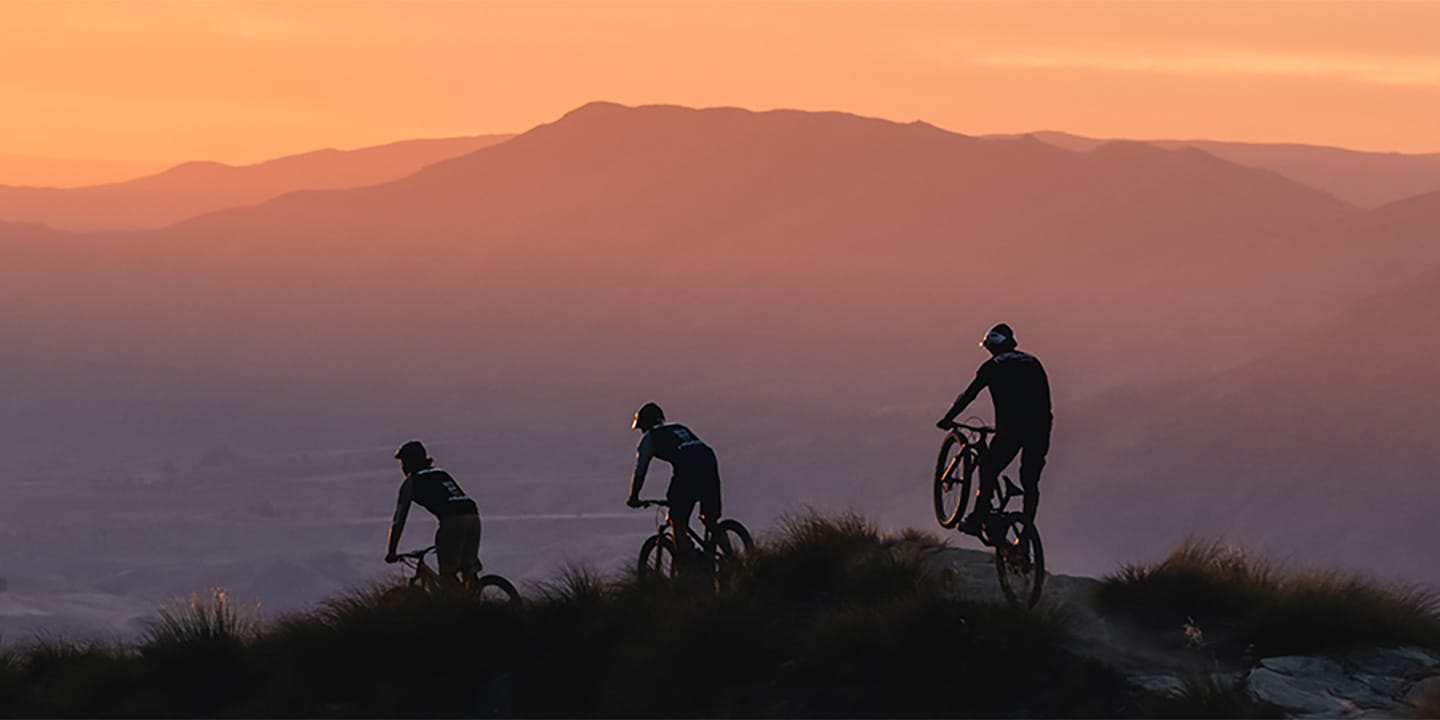
- Vanzacs and The Zoo Boys
- The Vanzacs are a small group of mates from Australia and New Zealand that wanted to take on the world, and they are getting away with it by the skin of their teeth.
-
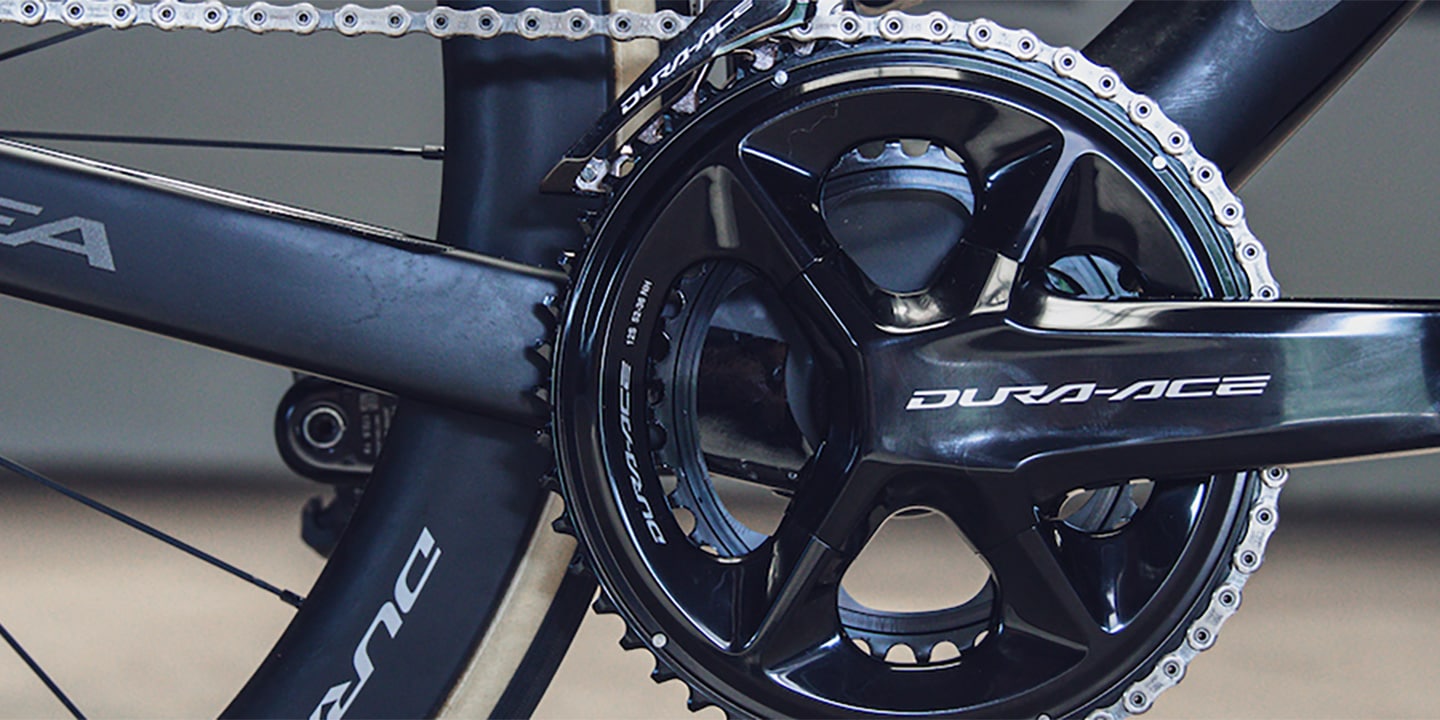
- Short-Crank-Curious?
- When it comes to picking the right crank length, choice is definitely a good thing.
-
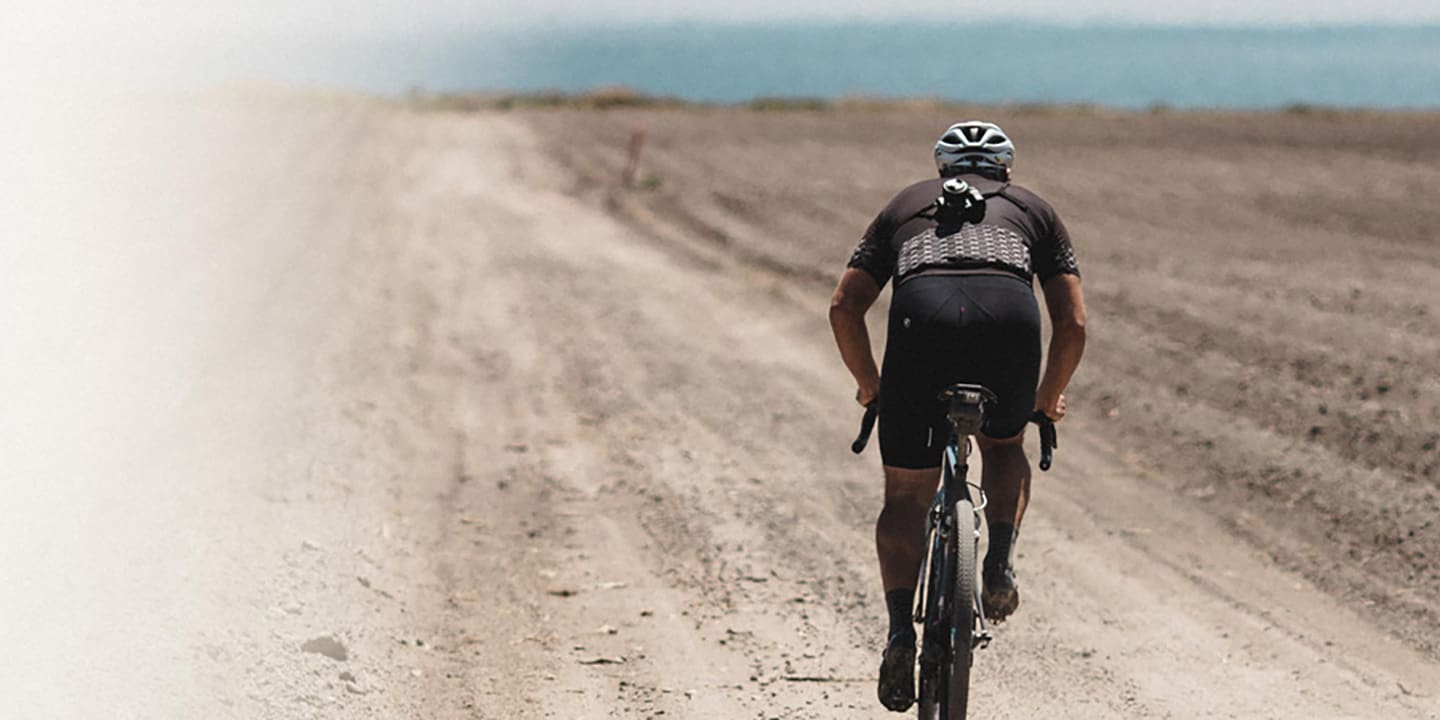
- Cycling Photography 101
- In this season of adventure cycling, it is common to see cyclists with cameras slung over their shoulders so that they can document their ride—or parts of it—in any fashion they choose.
-
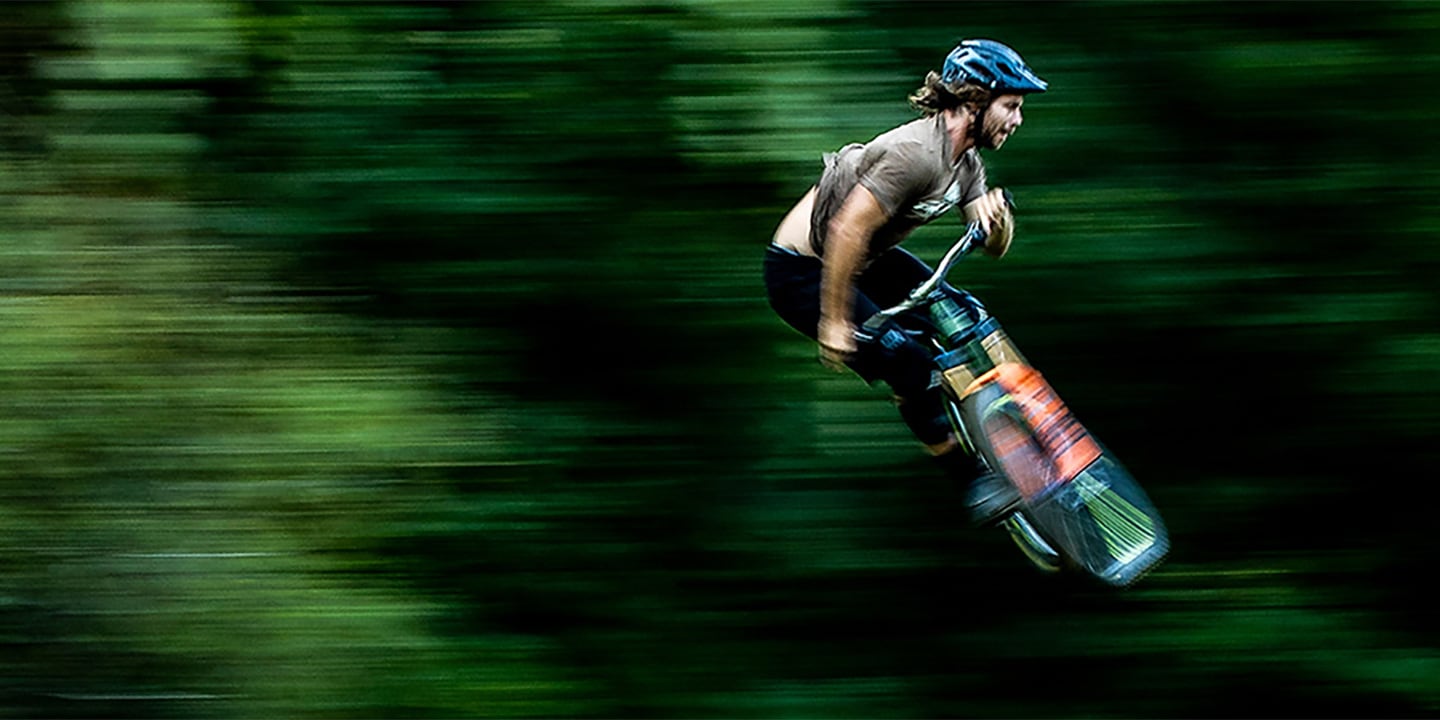
- FURTHER - Feels Like the First Time
- From the very beginning, we built mountain bikes to take us further.
-
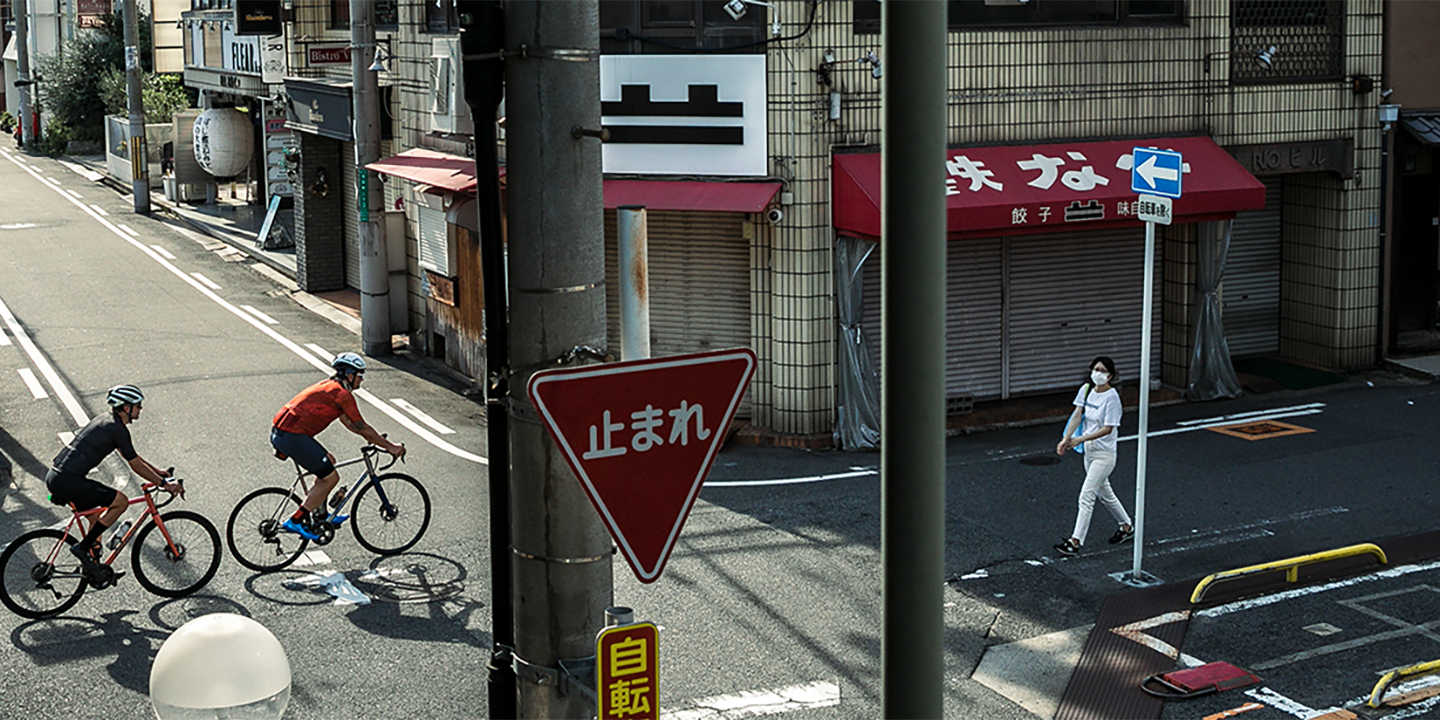
- Heritage Precision & Heat-Treated Steel
- The following story is an excerpt from CADENCE, a collection of road cycling tales from around the world.
-
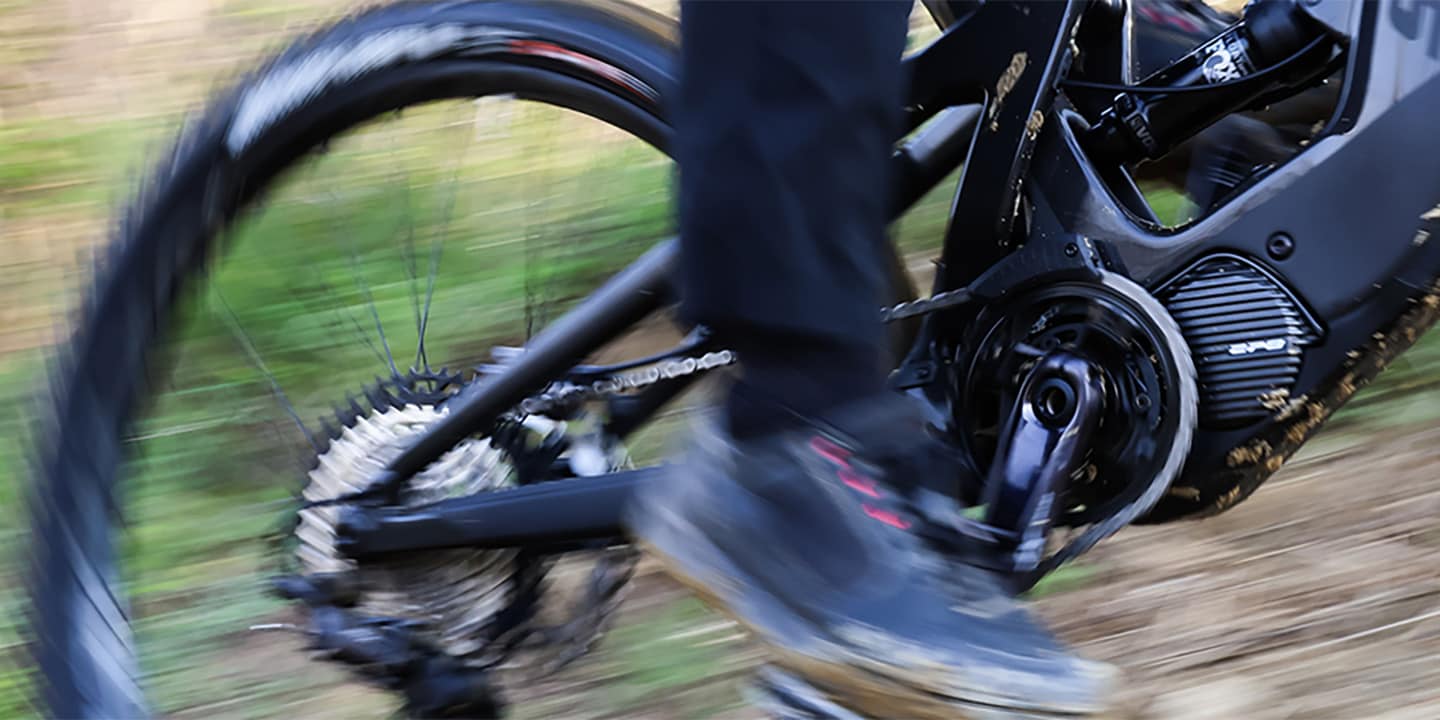
- SHIMANO e-MTB Basics
- Designed with the complete ride experience in mind, SHIMANO's EP8 e-bike system delivers the right power at the right time for pedal assist with a natural ride feel.
-
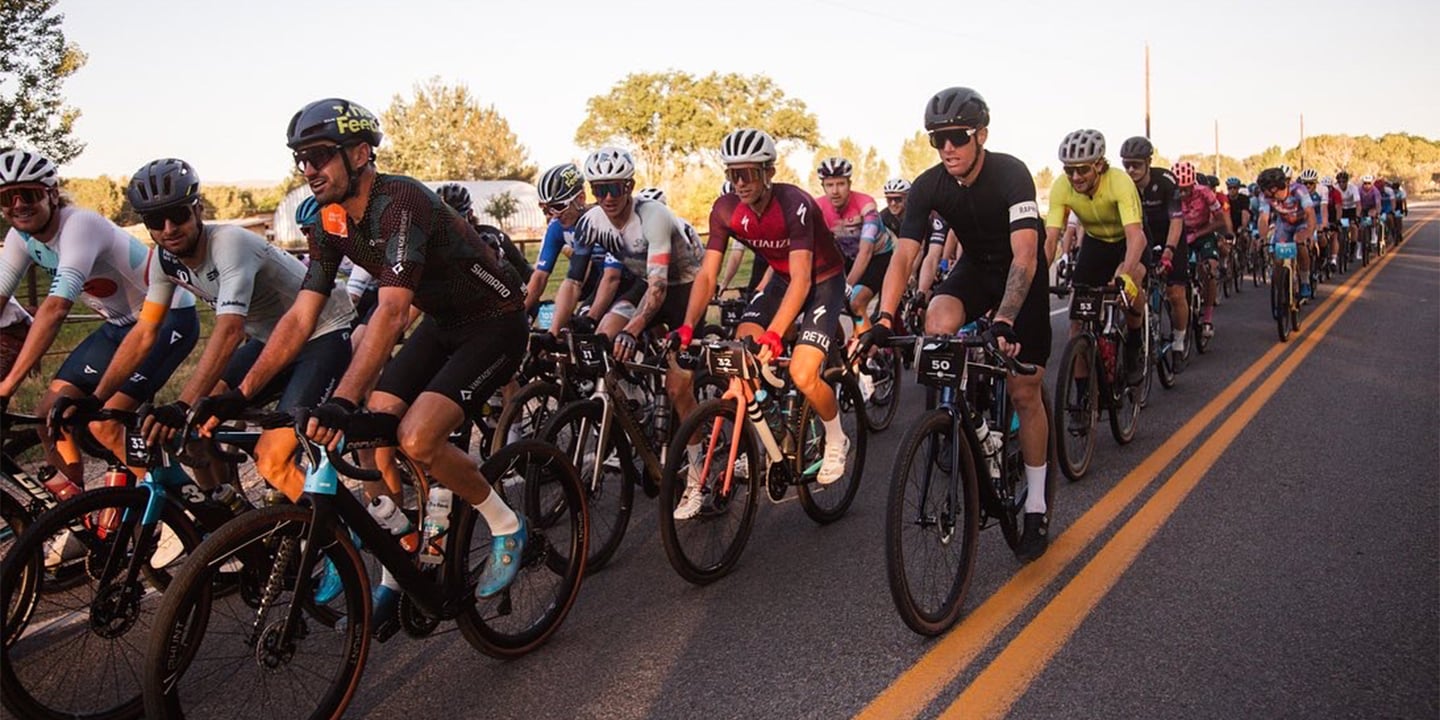
- Getting to Know MTB and Gravel Pro Taylor Lideen
- Bicycles have long been a part of Taylor Lideen’s life, and he's had no shortage of accomplishments along the way: Under-25 World Solo 24-Hour MTB Champ, winner of the Unbound XL 350 miler, a four-time champ of the True Grit 100, and the list goes on.
-
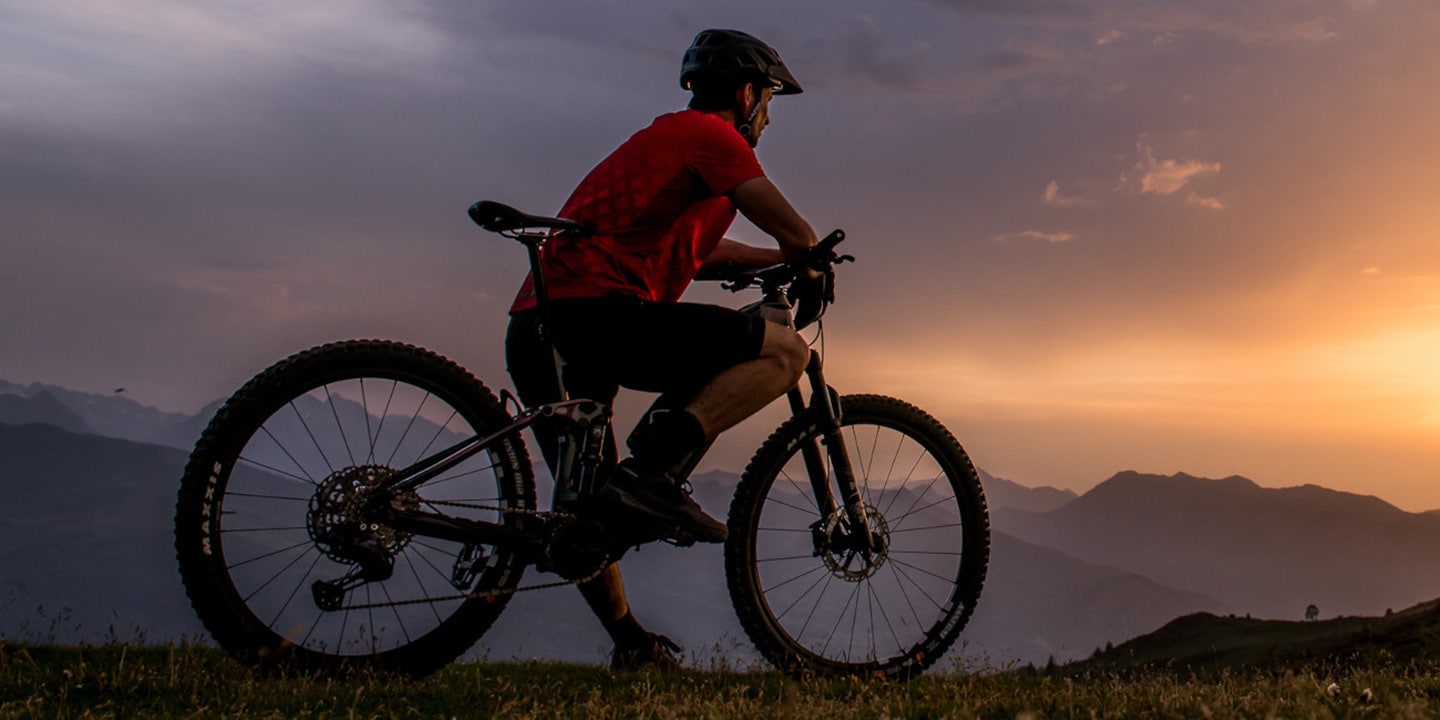
- Explore New Grounds with SHIMANO’S refreshed EP Series and DEORE XT Di2
- There’s nothing quite like discovering new trails on your doorstep, whether it’s a fresh stretch of singletrack in your local forest or an unridden hill leading to a concealed viewpoint.
-
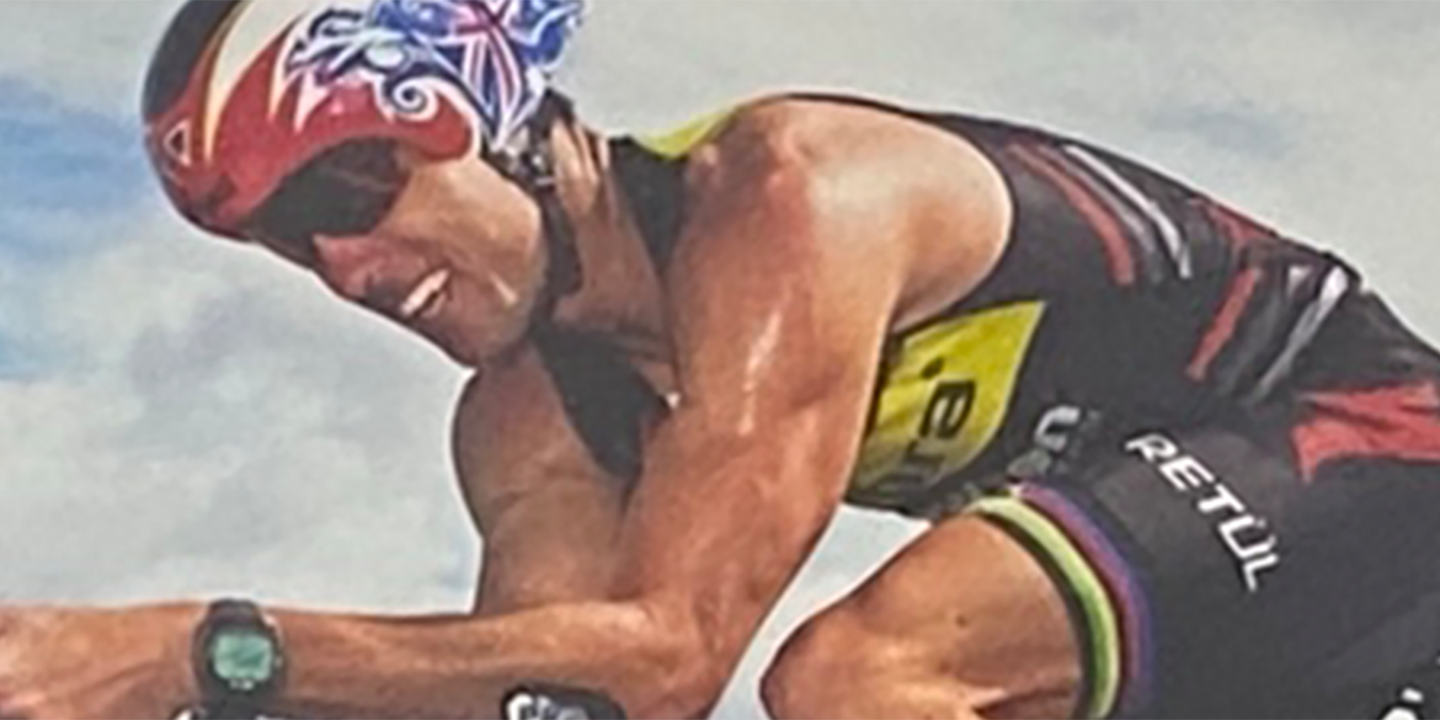
- Keeping Up with Crowie: Triathlon Strength and Conditioning
- Craig Alexander is a 5x Triathlon World Champion and 12x Australian Champion.
-
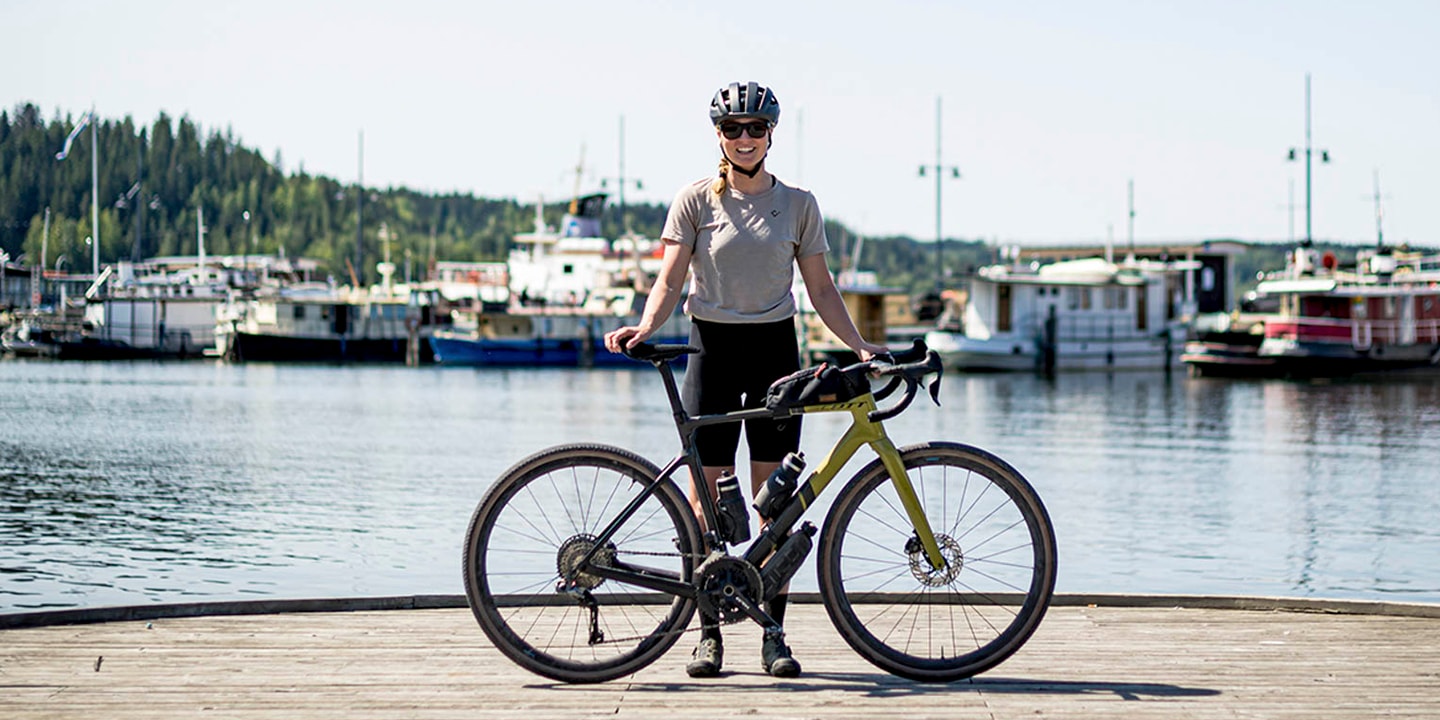
- 9 Tips for Summer Gravel Riding
- Out of office on? Bike checked and ready to roll? Before you hit the road, you might want to read up on our summer graveling tips.
-
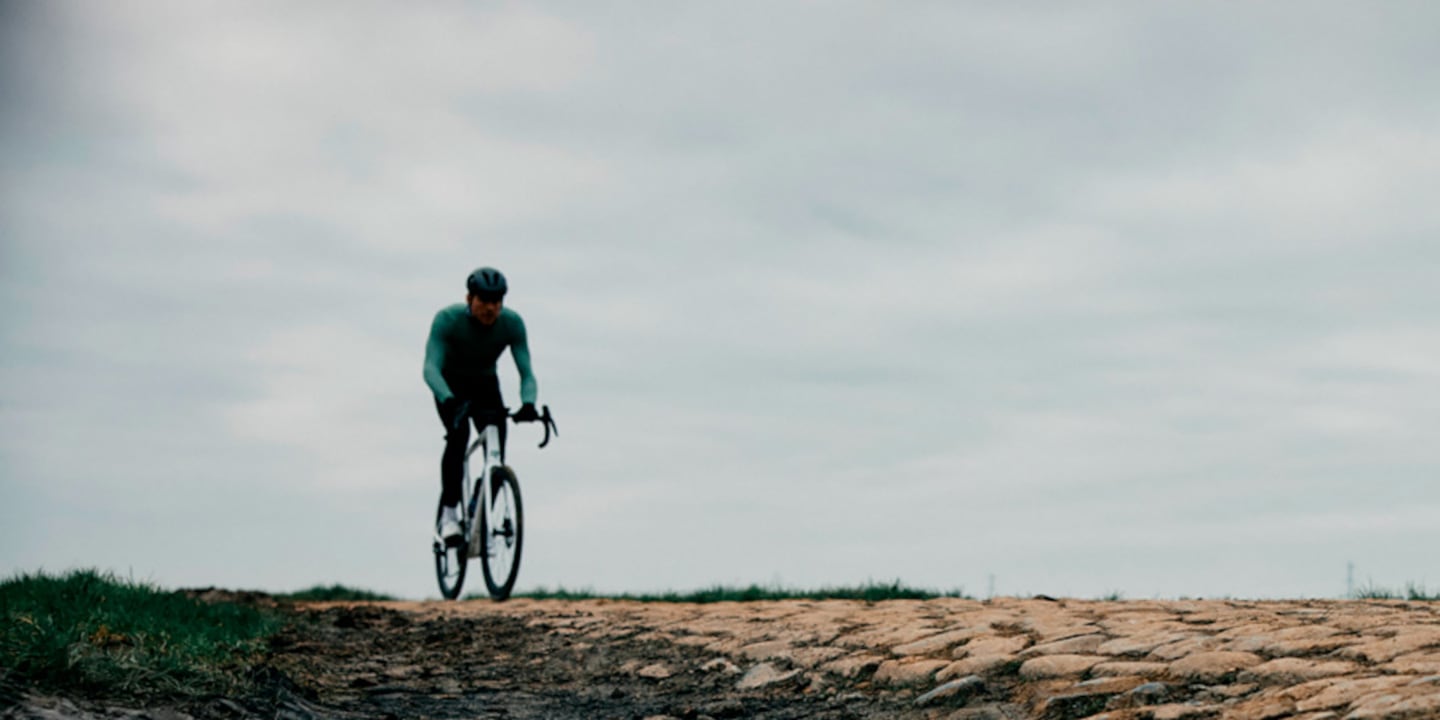
- Roads to Ride: Caught on the Cobbles
- There is no race like Paris-Roubaix.
-
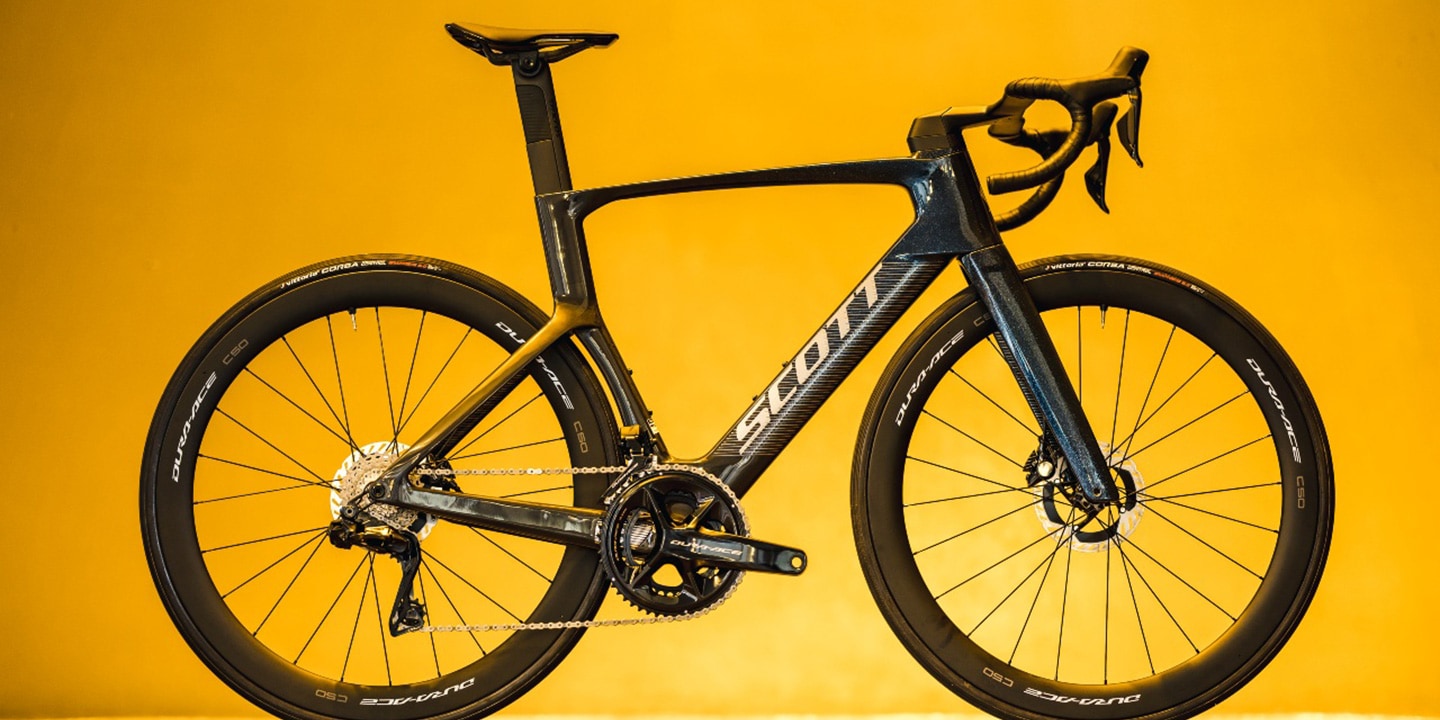
- The science of speed the new Scott Foil RC PRO with Dura-Ace R9200
- Ahead of the 2022 Tour de France SCOTT SPORTS introduced an entirely redesigned new version of their Foil aerodynamic road platform.
-
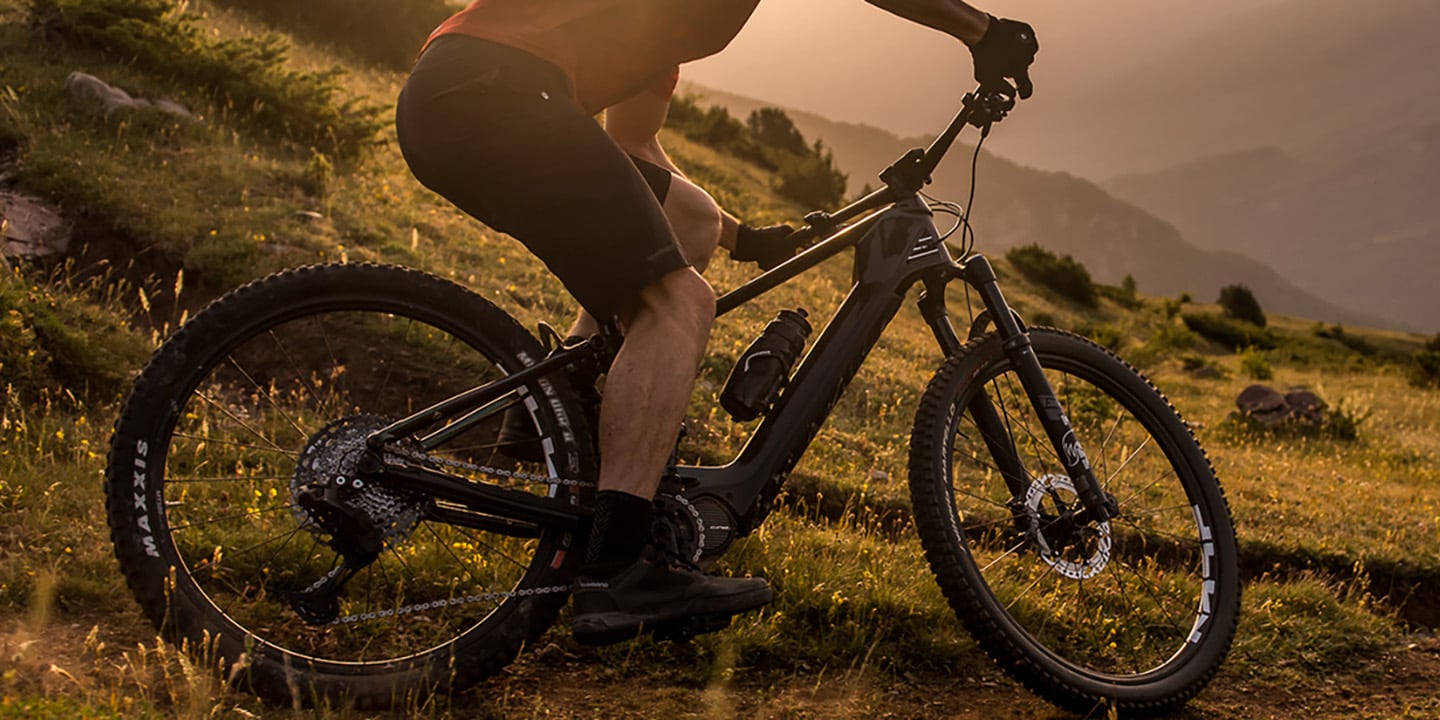
- eMTB Battery Basics
- SHIMANO’s powerful EP8 and EP6 eMTB systems deliver a precision-tuned blend of performance, torque, and natural ride feel.
-
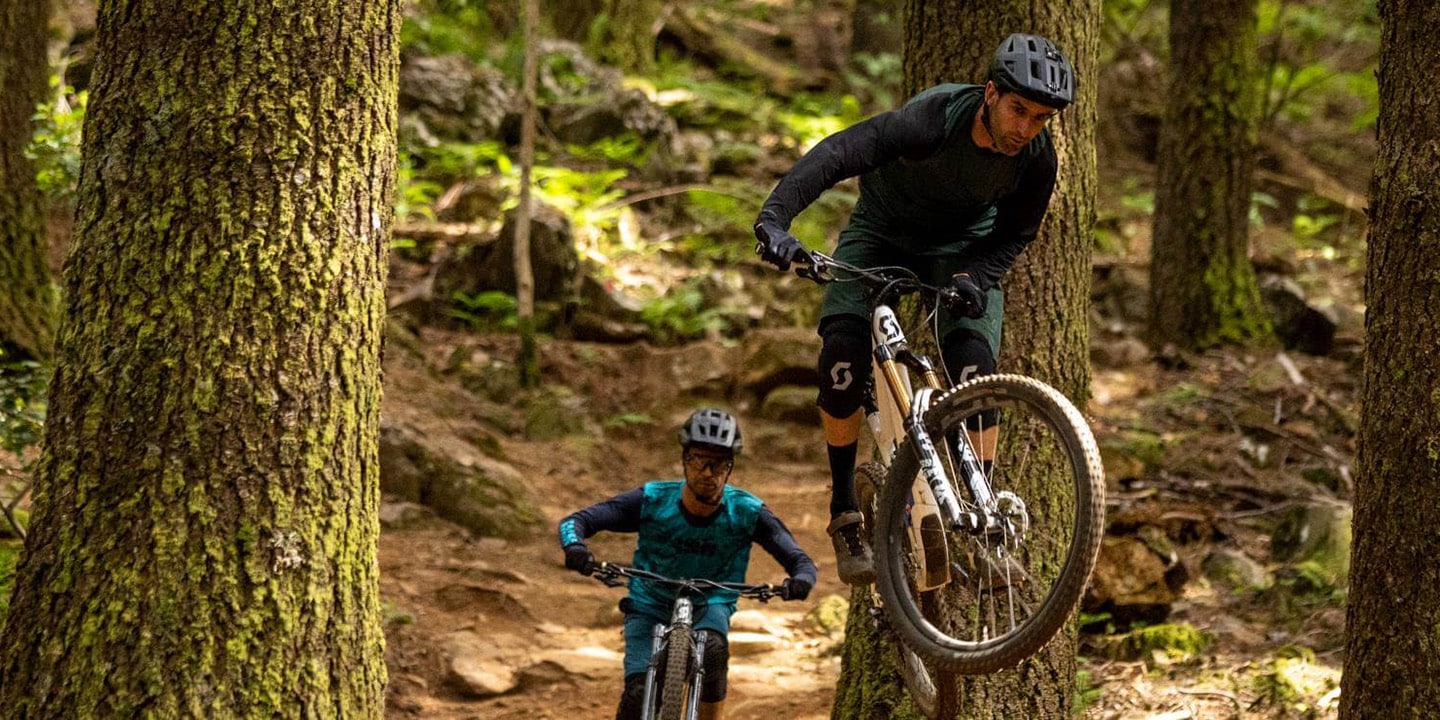
- Build it and they will come
- Even if you’ve ridden bikes all over the World, Madeira is different!
-
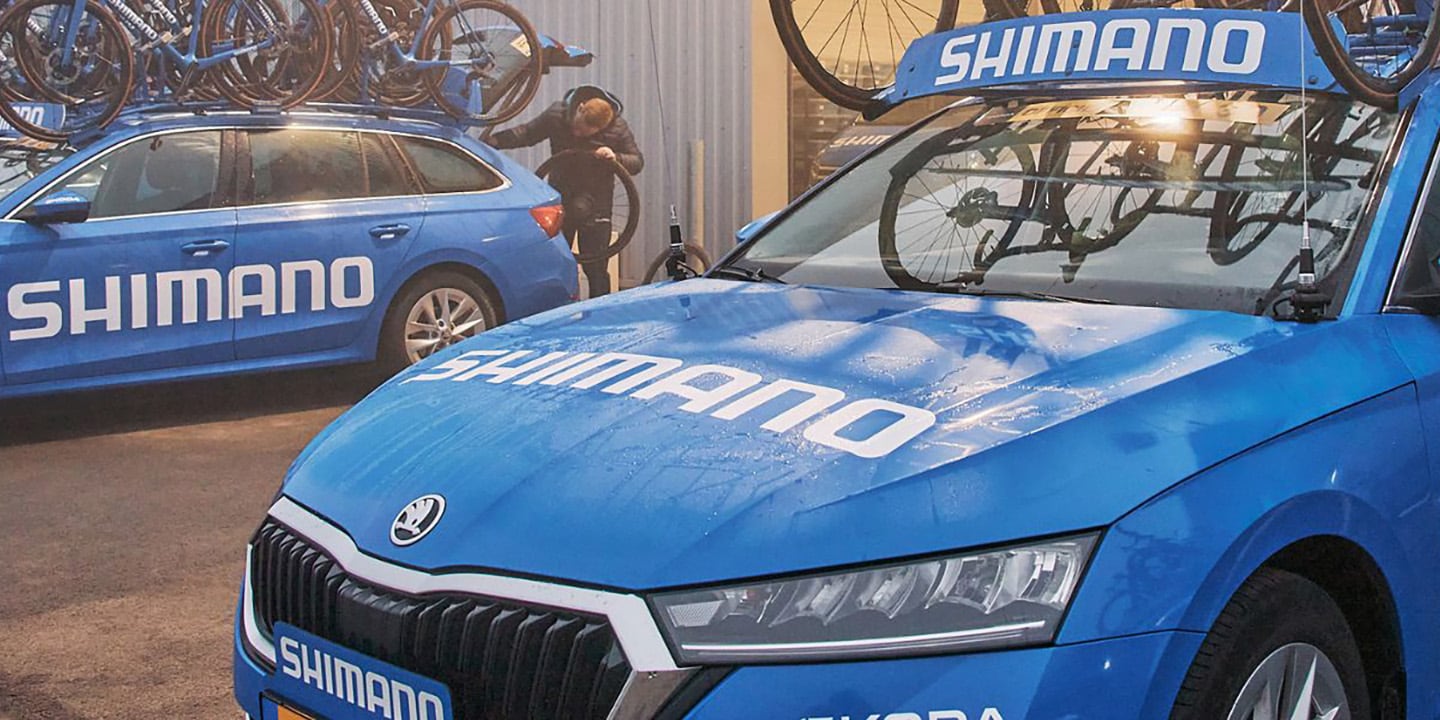
- Shimano Human Science: Paris-Roubaix by Motorbike
- In the Shimano Human Science series, we follow the mechanics and drivers of the blue Shimano Neutral Service team at the world's biggest and most prestigious classics and grand tours.
-
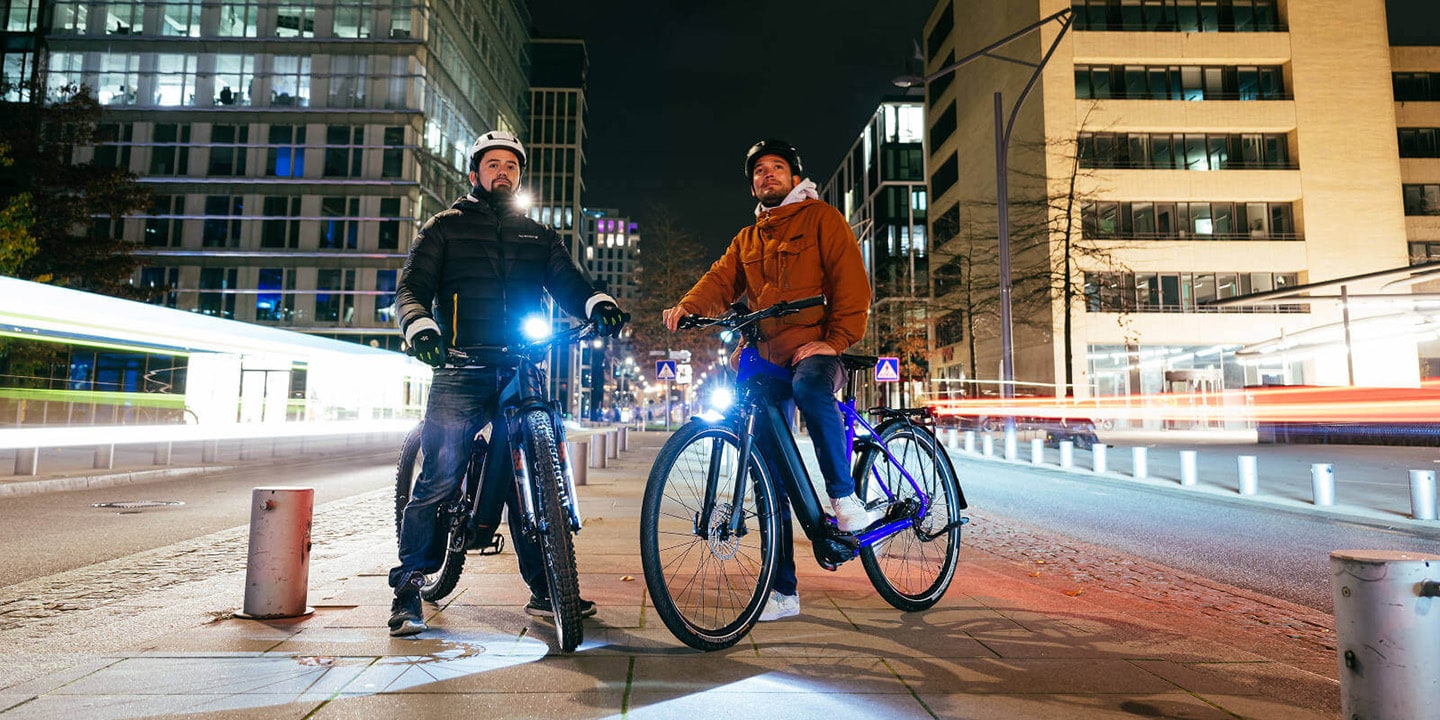
- Feel the excitement of cycling in the city at night
- City life doesn’t stop when the sun goes down and neither does cycling.
-
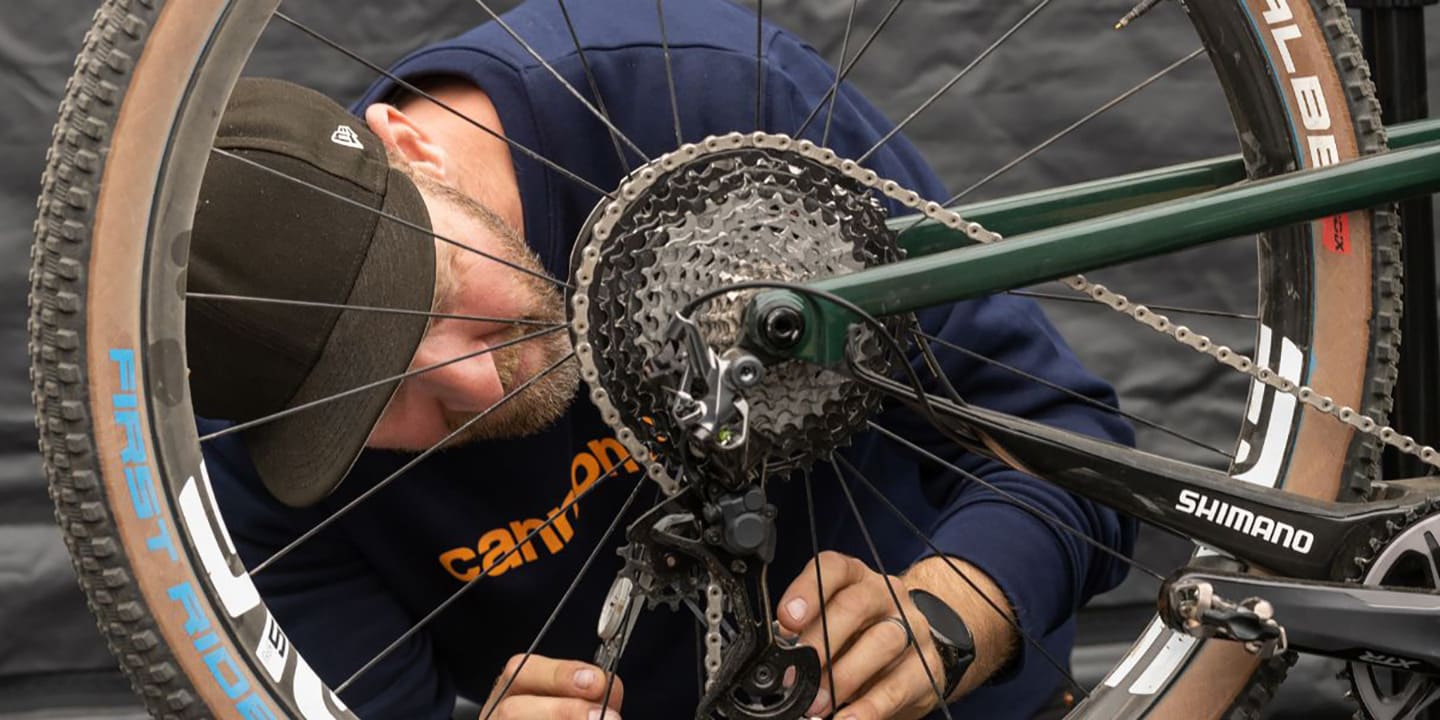
- In Between the Races with Cannondale Factory Racing
- Shimano presents: In Between the Races, a portrait of the painstaking preparation and fierce focus leading up to – and during – the UCI Mountain Bike World Series.
-
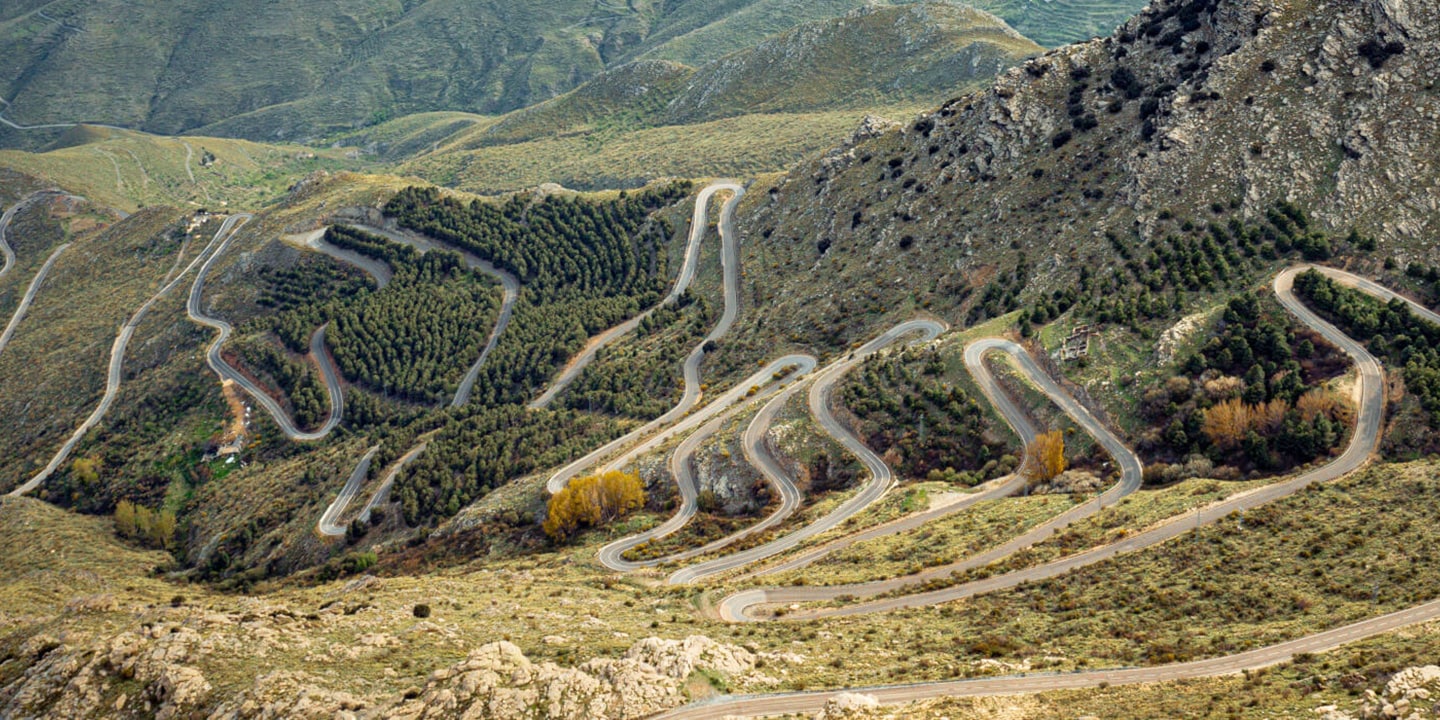
- Hidden Beauties: Alto Velefique ? Spain
- When googling the best climbs in Spain, Alto Velelifque doesn't feature; it is featured in stage nine of the Vuelta Espana 2021 which put it on the radar of Daniel Hughes.
-
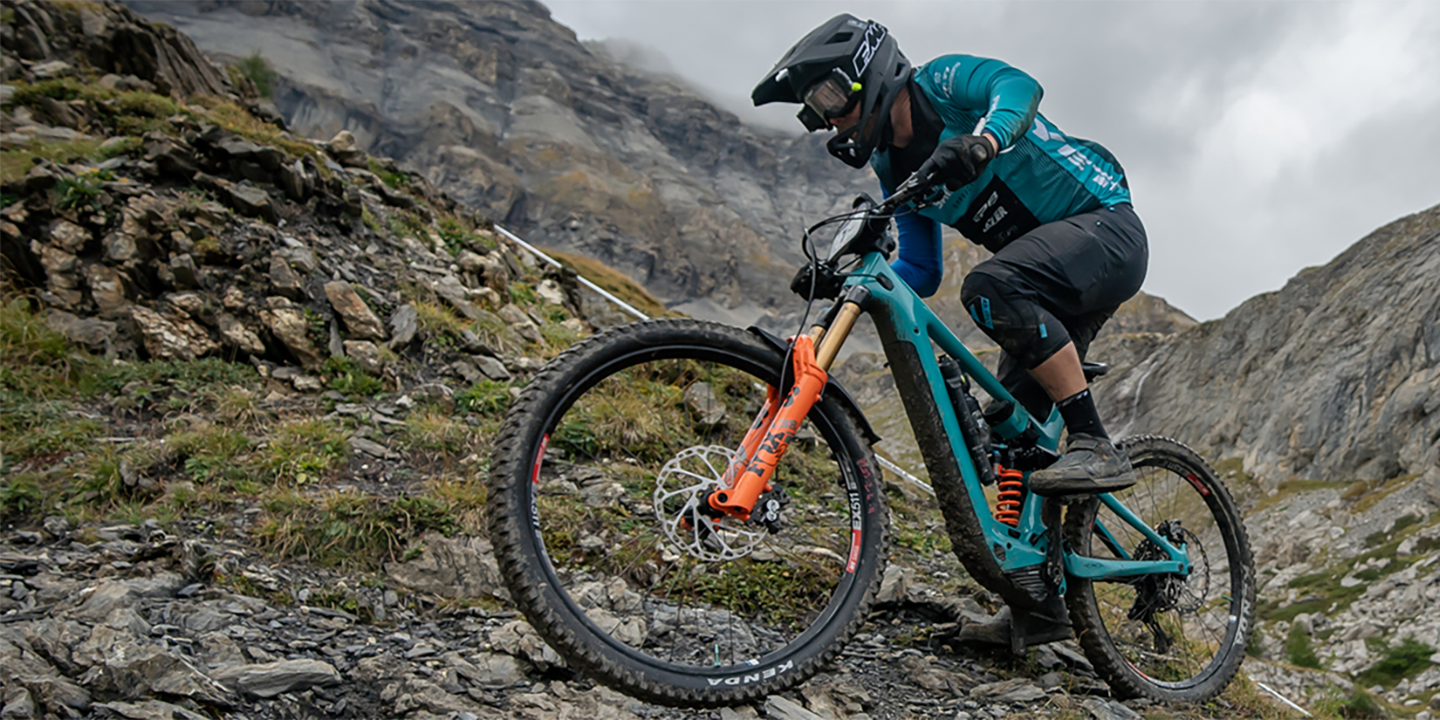
- Behind the Scenes With the Yeti Shimano Ep Racing Team
- On a mission to create the world’s best E-MTB system and reach the pinnacle of E-Bike Enduro World Series racing, SHIMANO joins forces with Yeti Cycles to introduce the Yeti SHIMANO EP Racing Team.
-
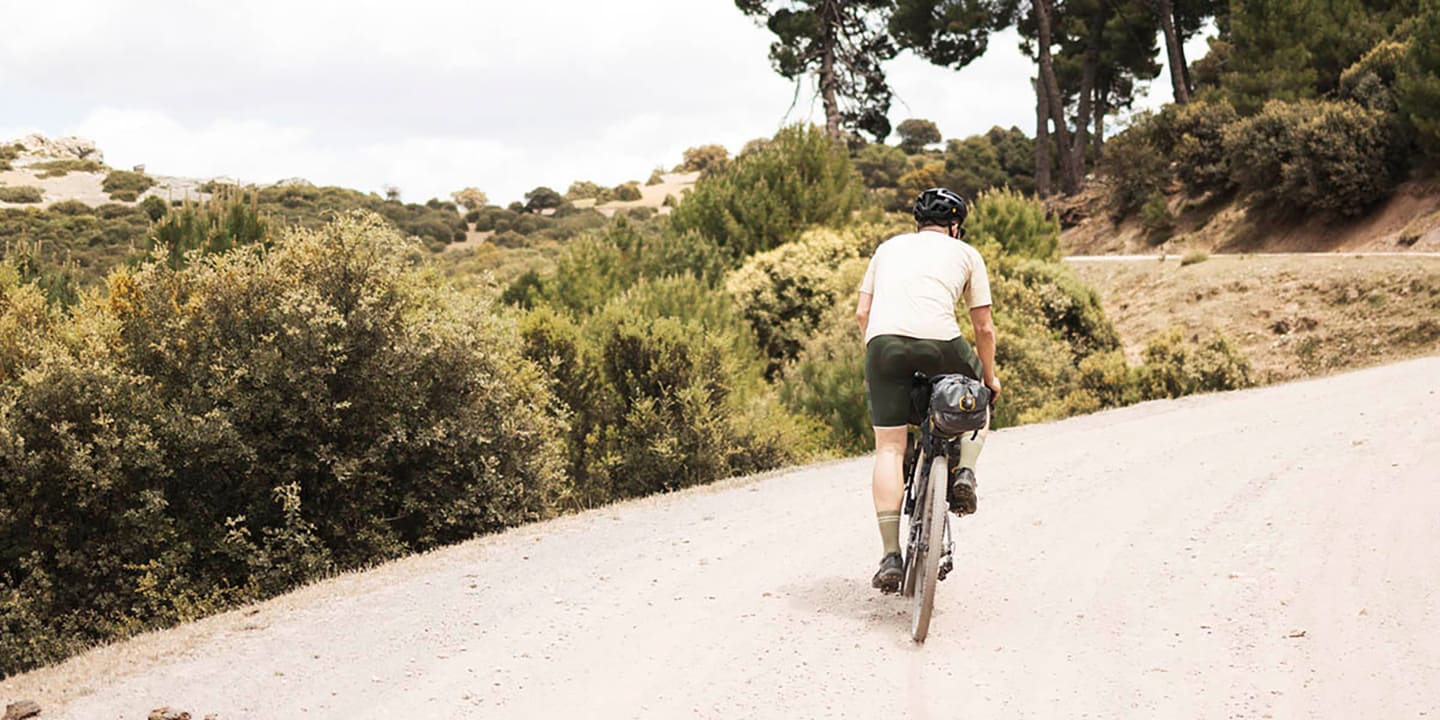
- Seven Bikepacking Lifehacks
- With countless Insta-posts of lonely plains, wild campsites, and thousands of miles on the road – you could be forgiven for seeing bikepacking as a difficult pursuit.
-
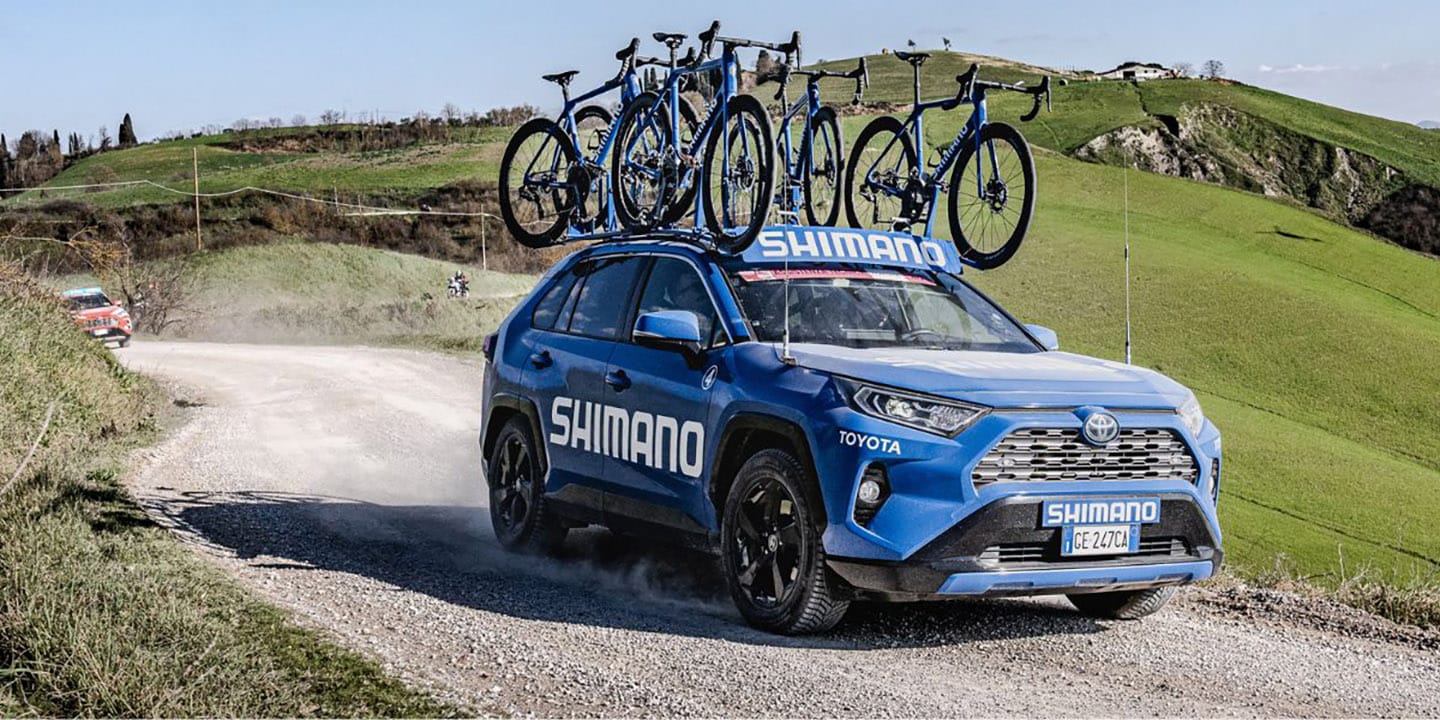
- Shimano Human Science: The calm and the chaos
- Every pro-cycling fan knows the blue Shimano Neutral Service cars and motorbikes that offer assistance to riders from any team, in any situation – no matter their kit.
-
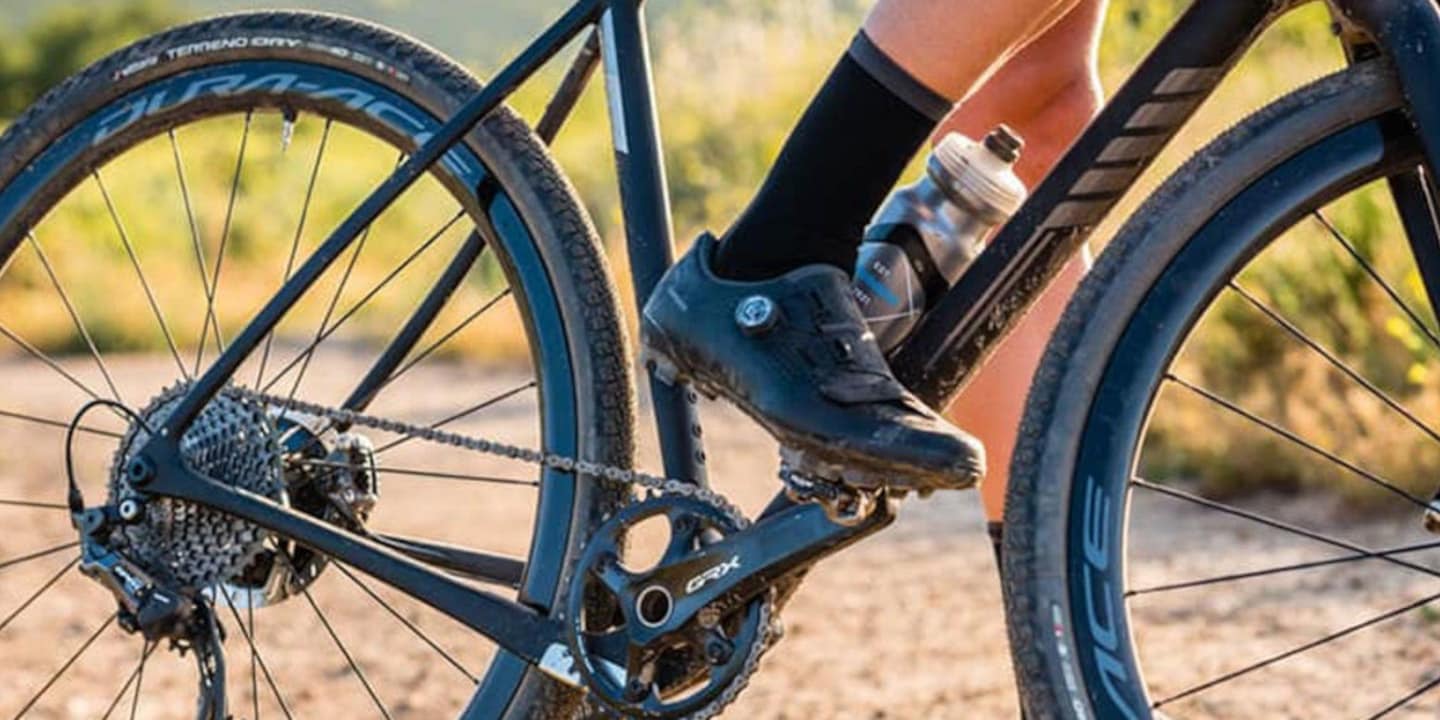
- Gravel upgrades
- Gravel riding is exploding throughout the cycling community, delivering a sense of exploration and freedom as we venture down unknown roads and seek out new adventures.
-
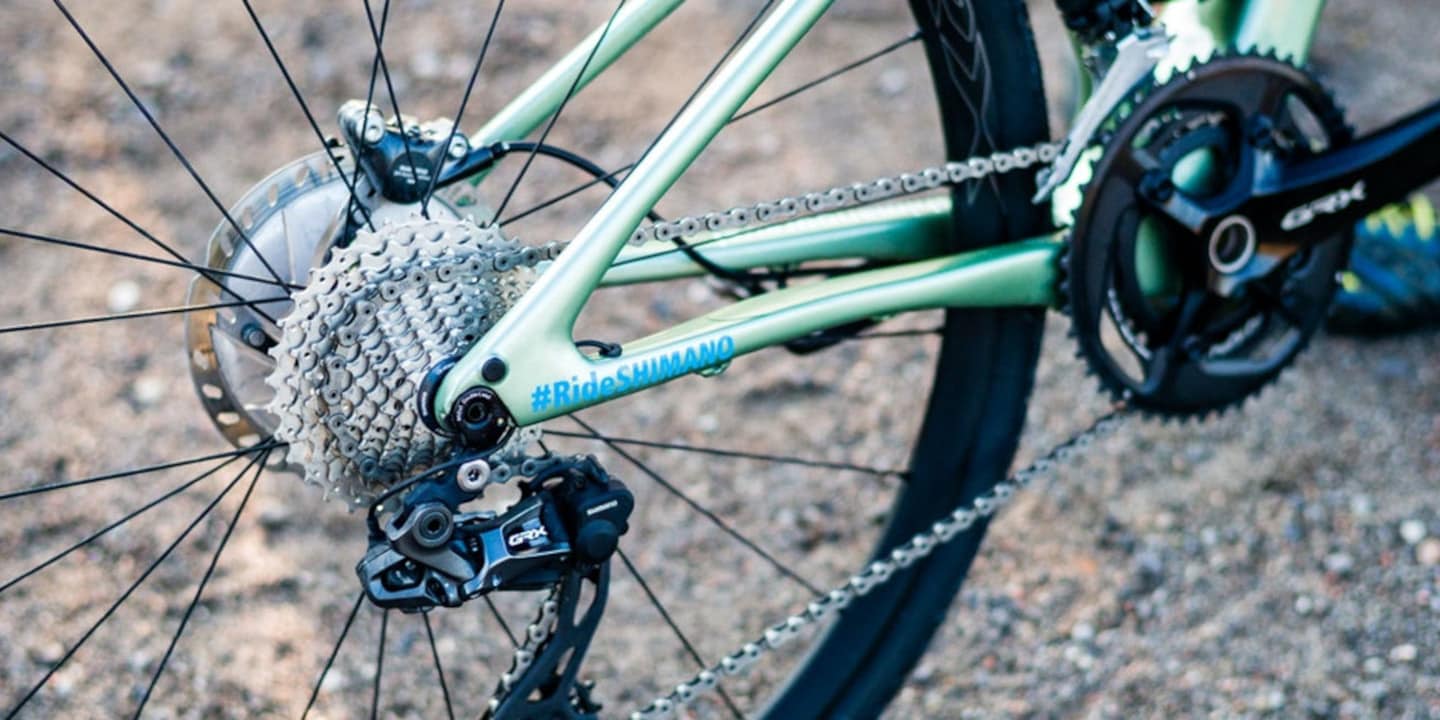
- Gravel your way
- Choice. Shimano’s new GRX line is all about choice.
-
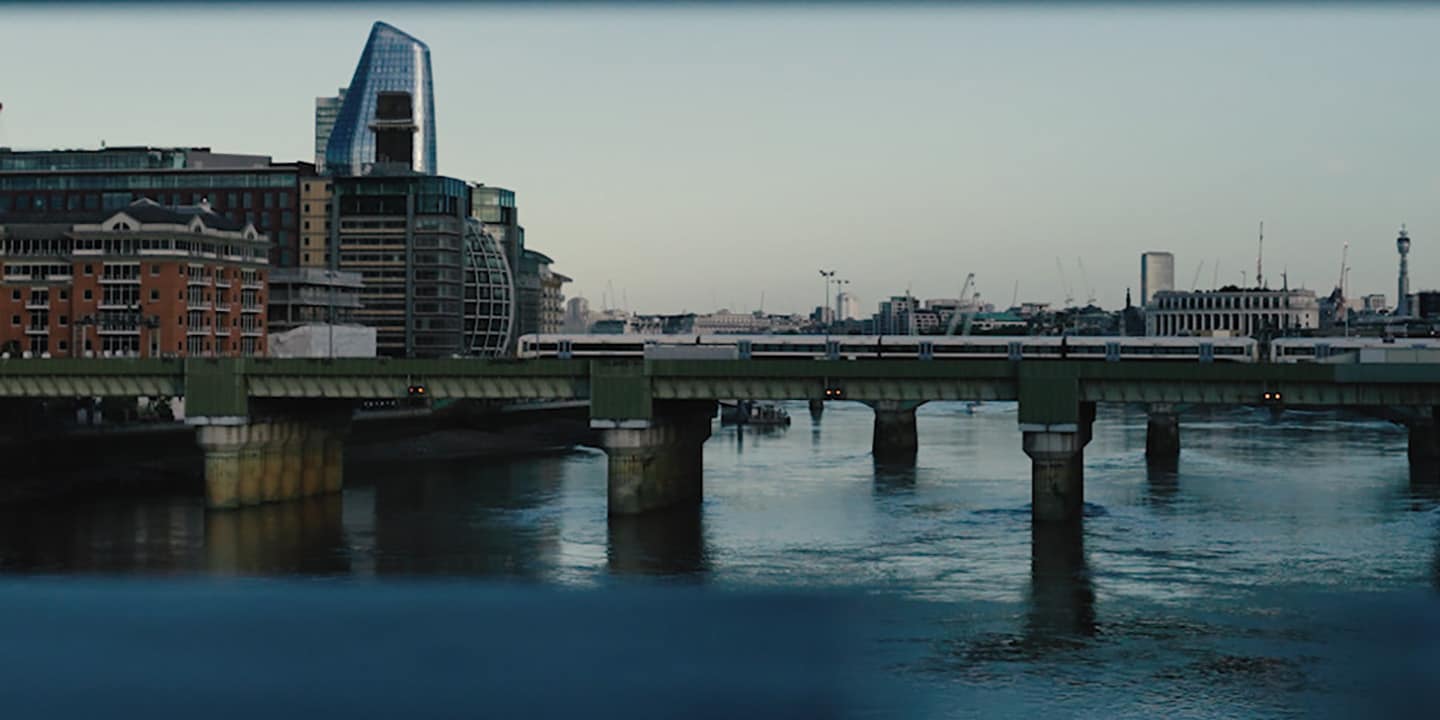
- Riding North London Dirt
- Dalila Lecky established her cycling directive—”fun and fast”—early on.
-
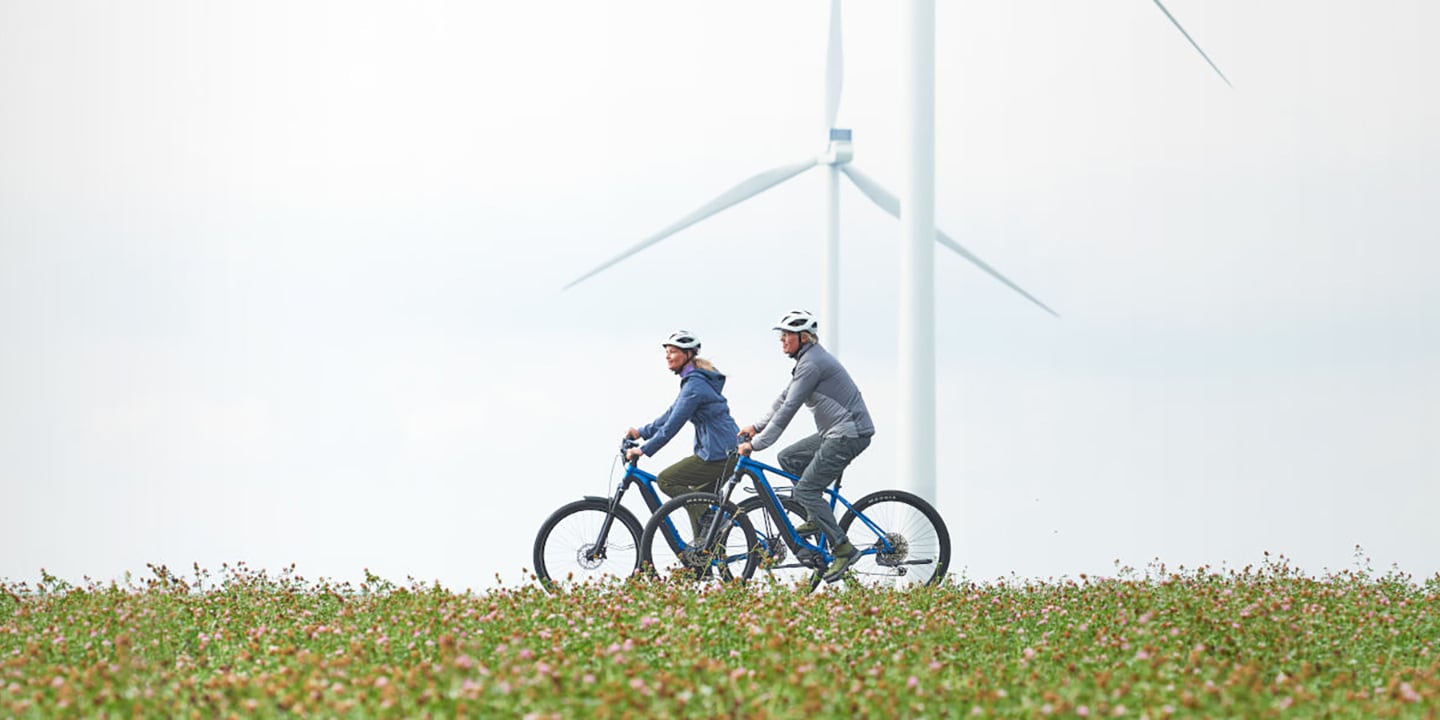
- Como uma e-bike salvou a minha pratica de ciclismo
- When illness meant that cycling was no longer possible Sarah Butler turned to an e-bike to give her the energy boost she needed to keep on enjoying riding her bike.
-
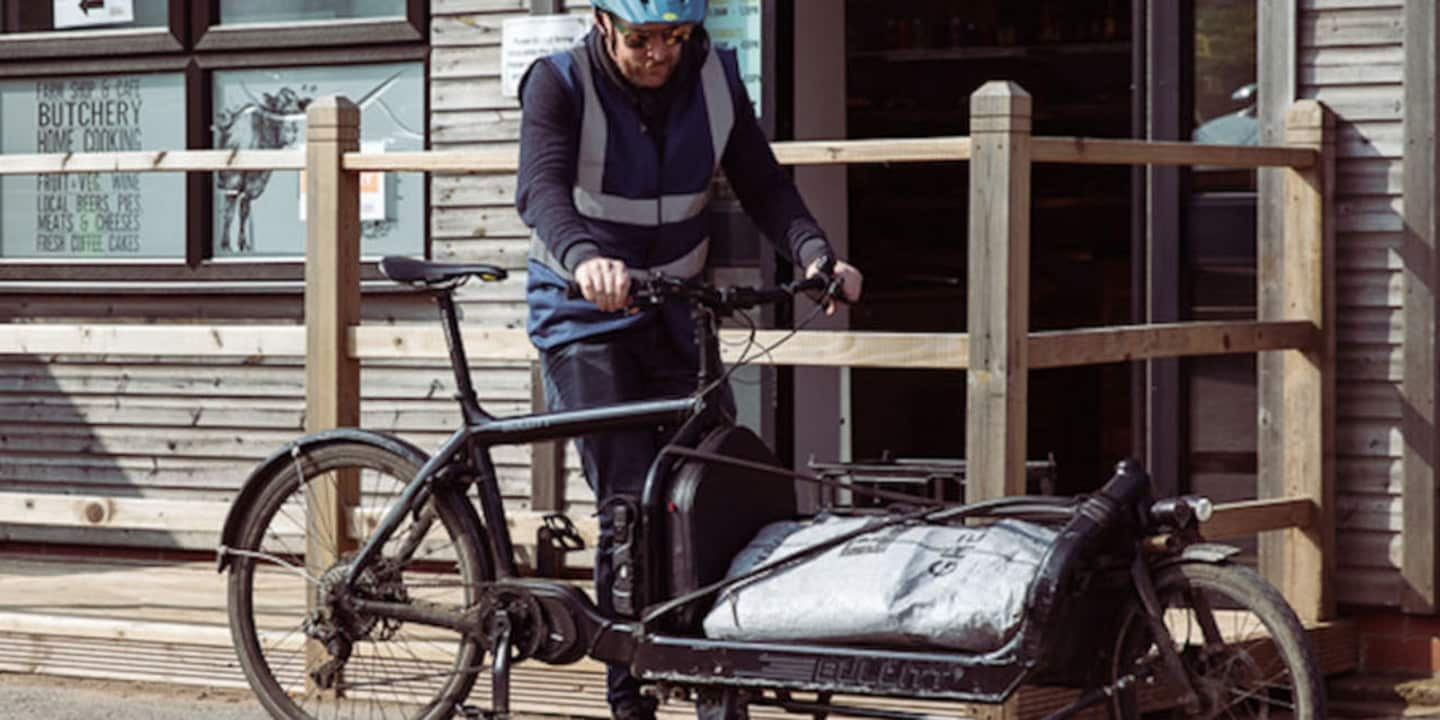
- Ease the load with an E-Cargo bike
- Calderdale is a region of West Yorkshire in the North of England, and where the river Calder and river Hebden joins you will find Hebden Bridge, a historic market town.
-
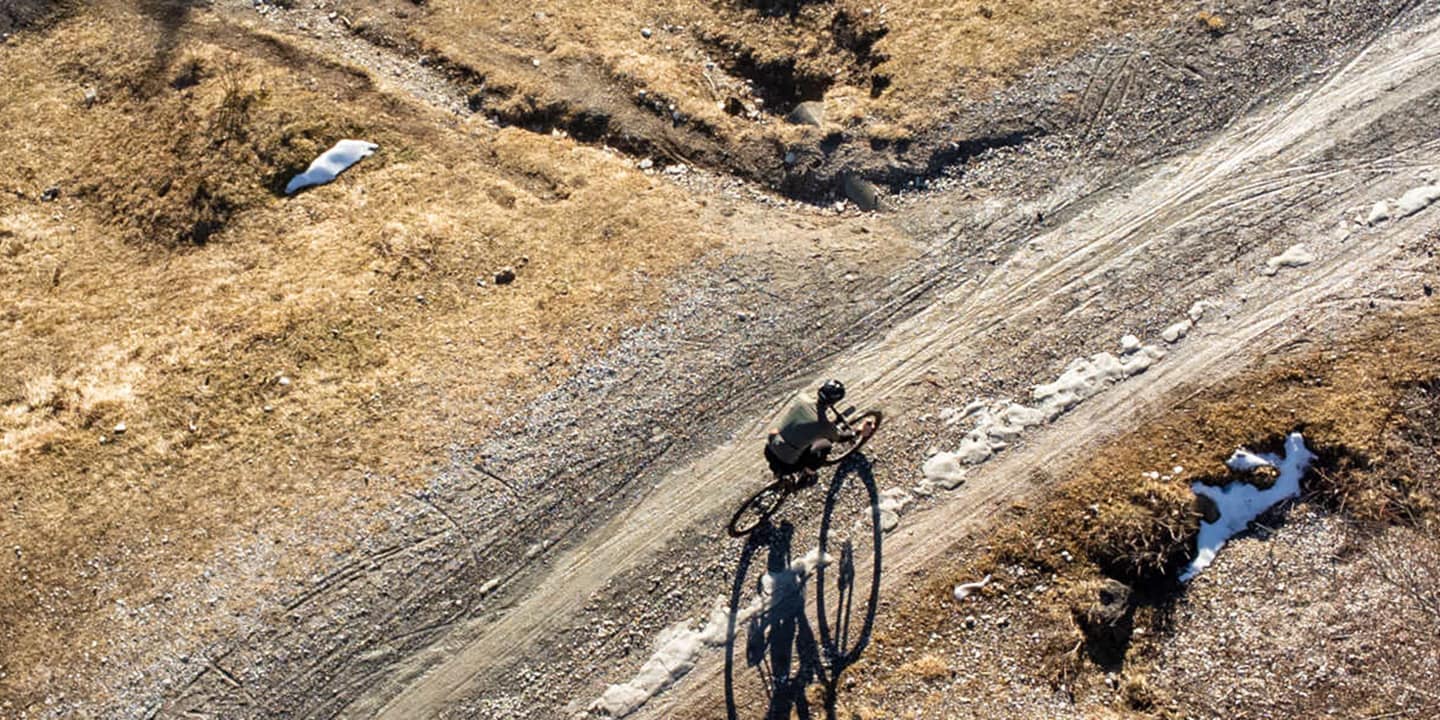
- How to Prepare for a New Season of Gravel
- New season, new you. Shimano Gravel Alliance rider Florian Nowak gives his guide to preparing for a new season of gravel.
-
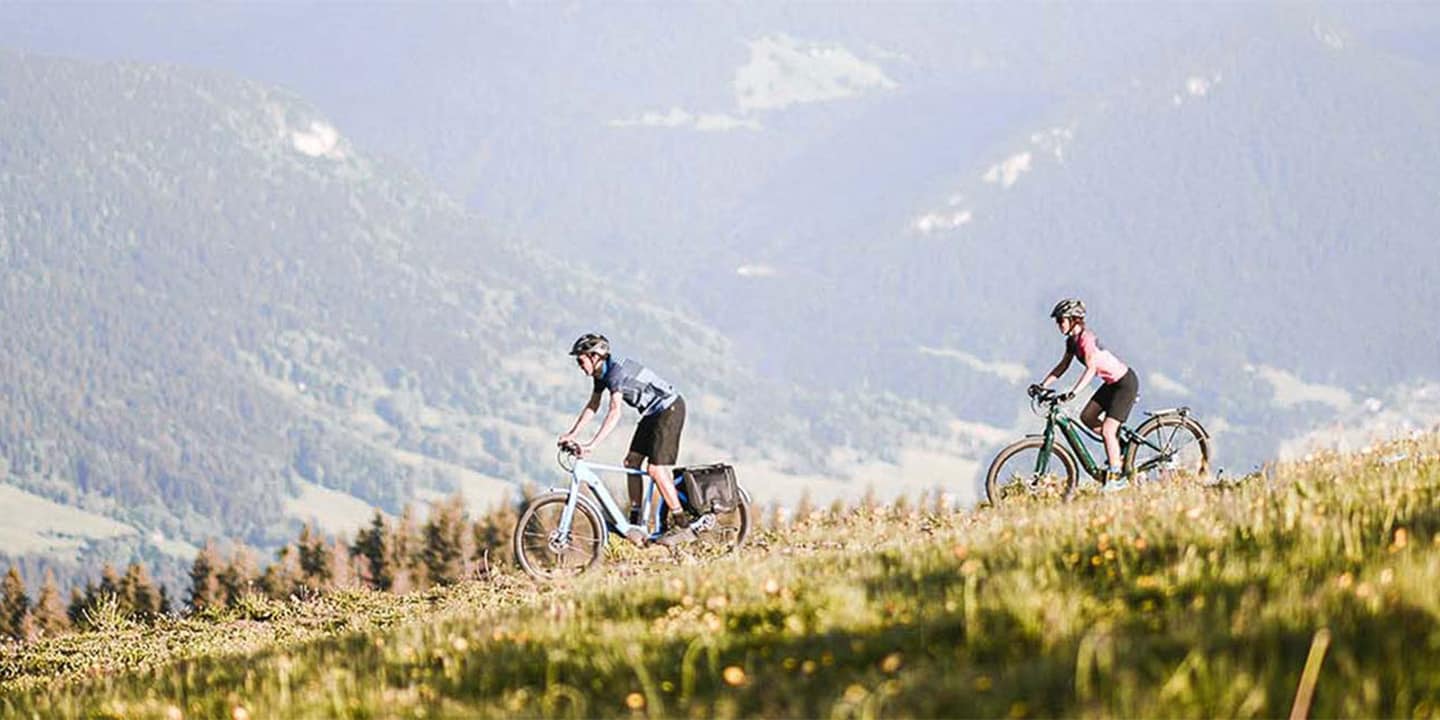
- Escaping the city ? with the help of an e-bike
- Cities are fun, exciting and vibrant places to live but our minds and our bodies need time in nature, away from the hustle and bustle of city life, to be healthy.
-
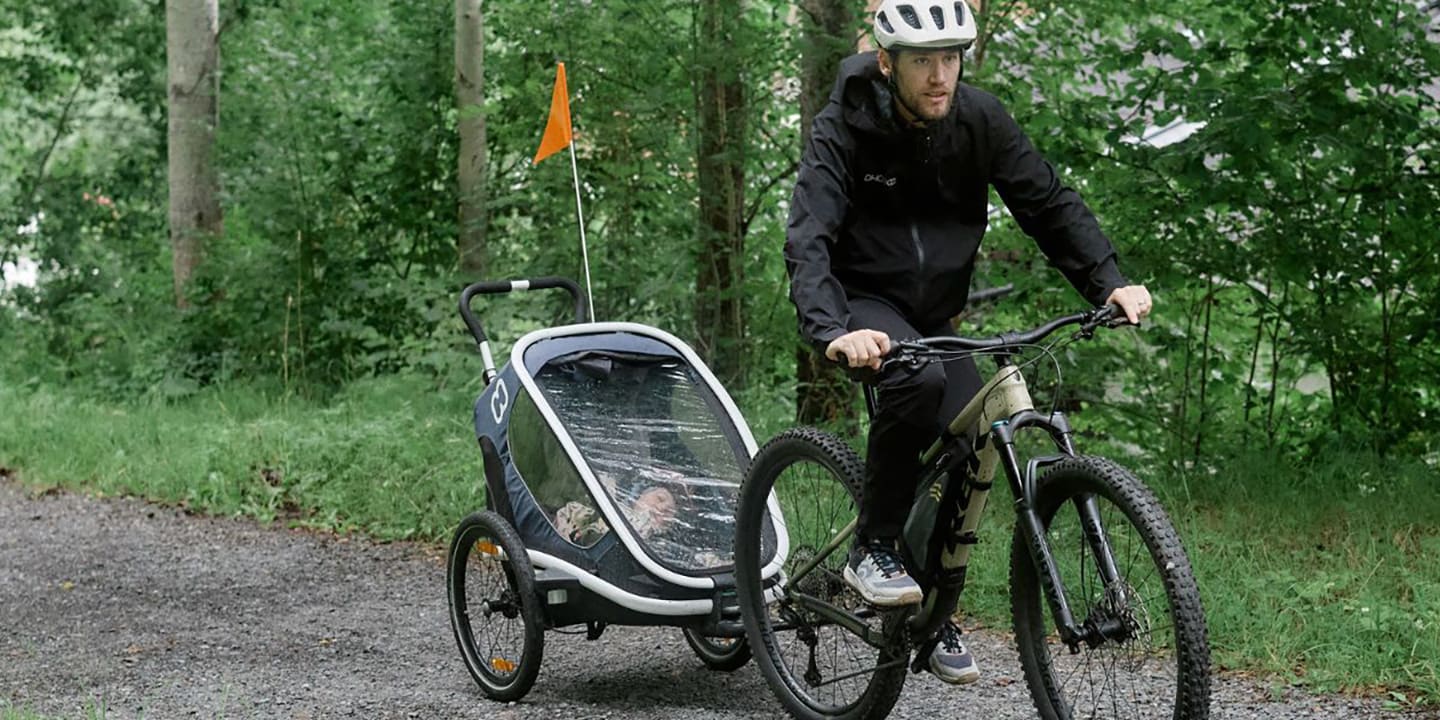
- Turn your school run into cycling fun
- Cycling to school is more than a means of transport; it's a fun, effective way to enhance everyday life.
-
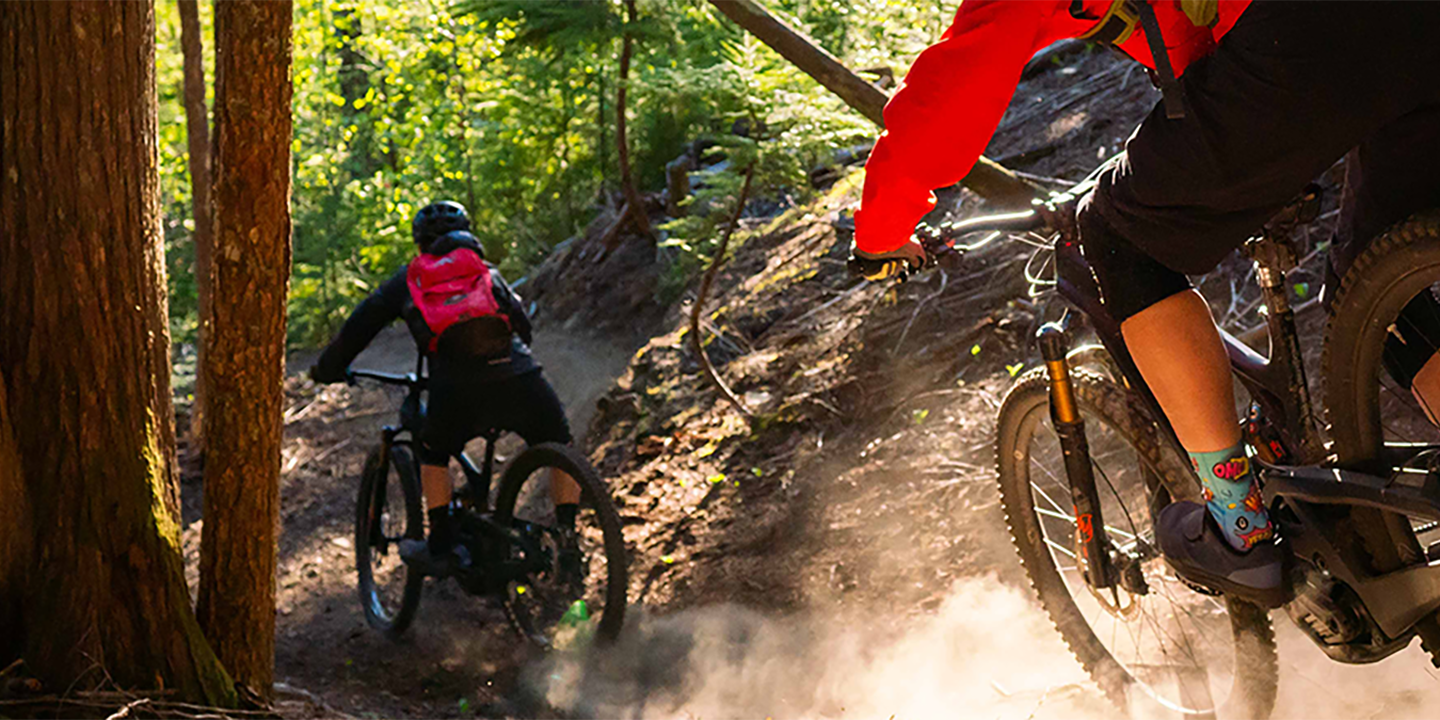
- Embracing E-MTBs
- Attitudes toward e-MTBs typically follow a predictable path.
-
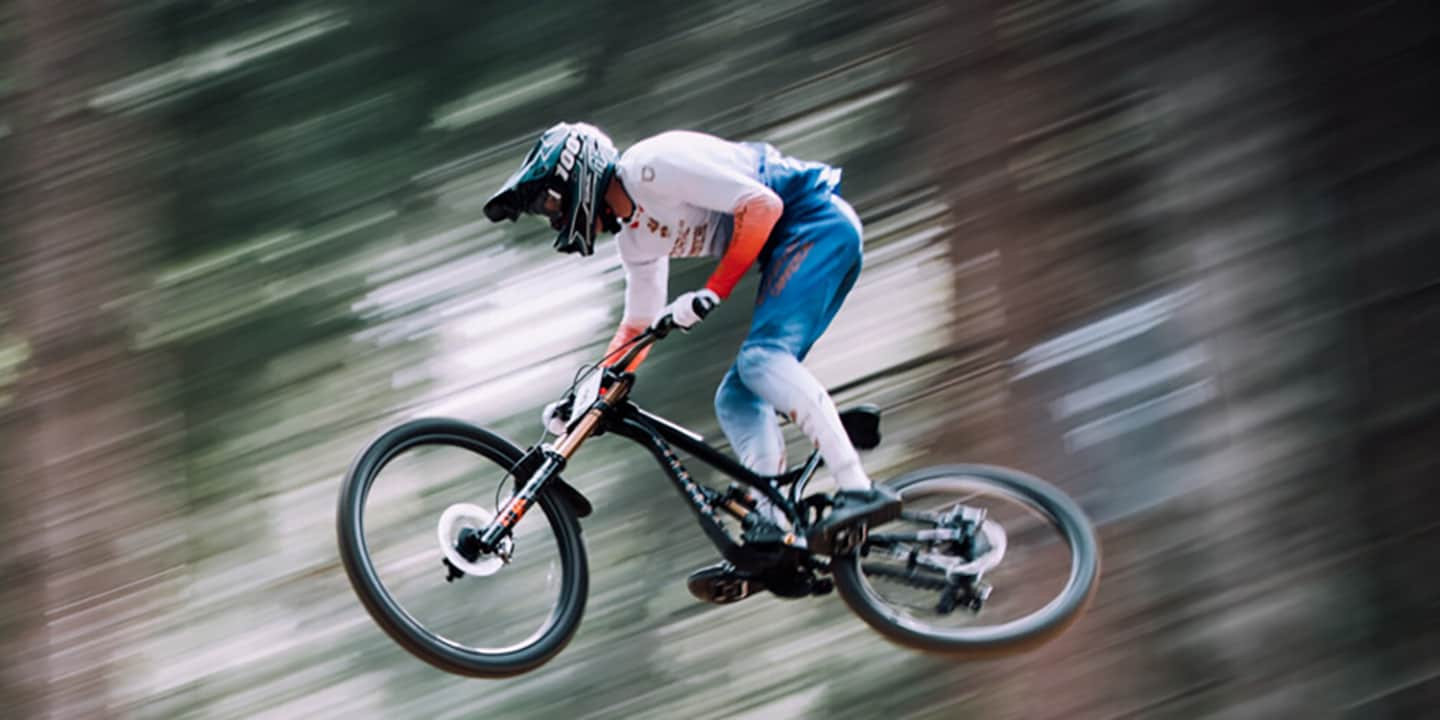
- Ten Tips to Get Quick
- This is not a training guide! It's not rocket science or magic either.
-
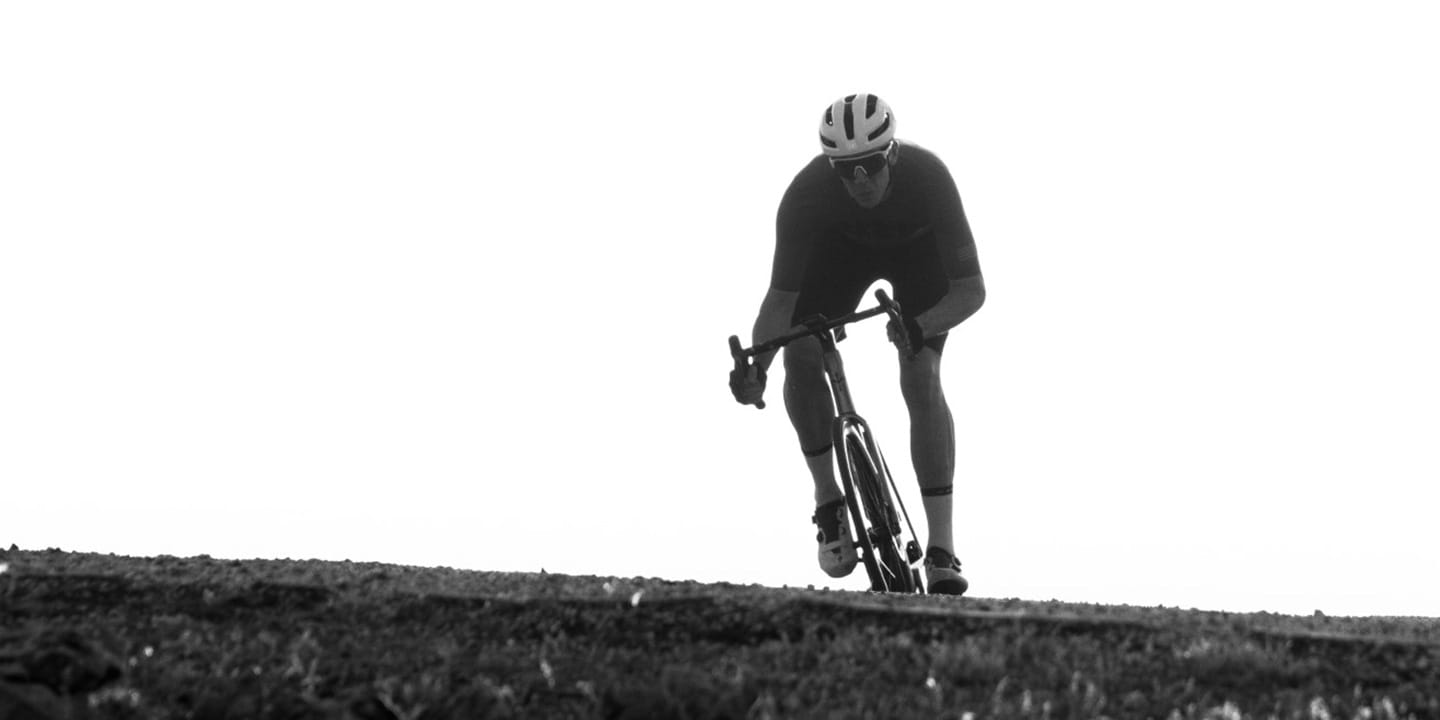
- La Pandera: The Altu l’Angliru of the South?
- A few years ago, I rode a climb called the Vale Nevado; which, from the top is just 50km from the centre of Santiago, the capital of Chile.
-
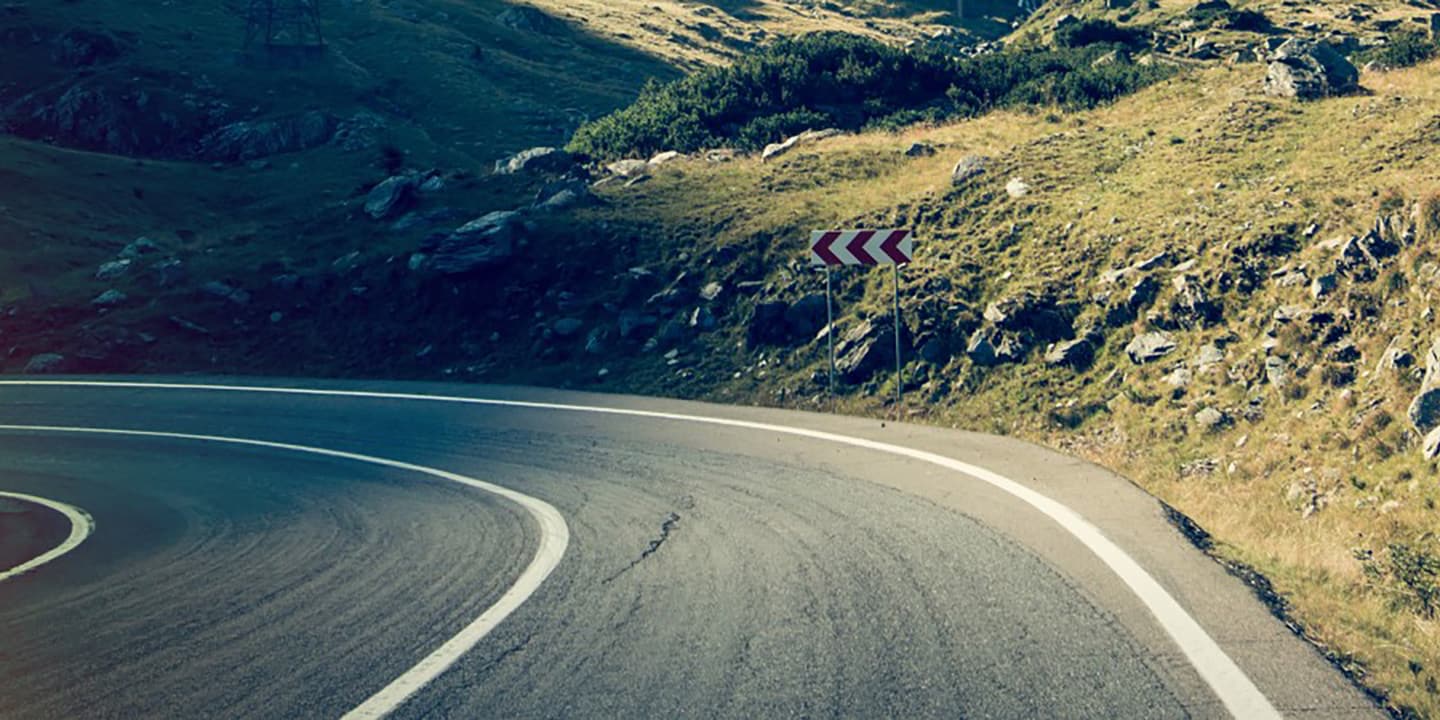
- Leave Time Behind: Shimano ULTEGRA
- It starts with a playful text thread between friends.
-
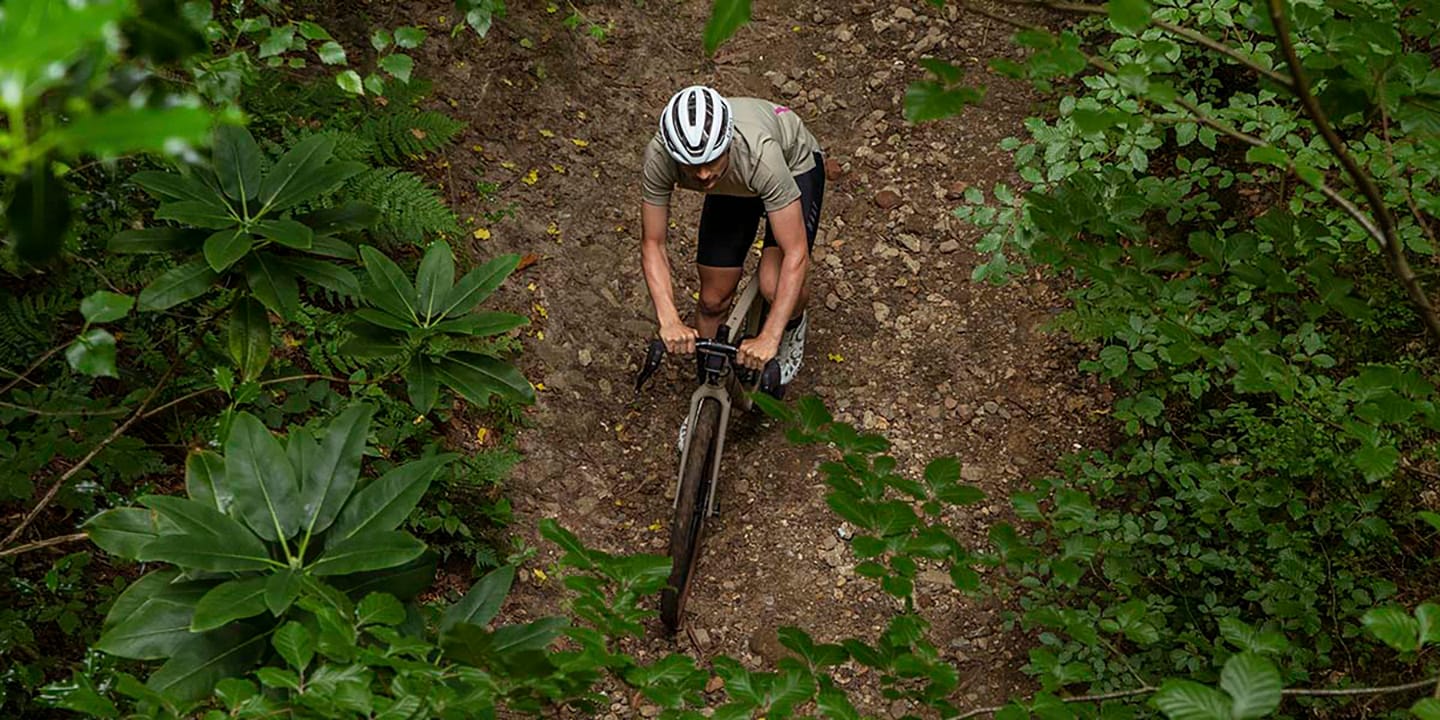
- The Beauty of Gravel: Unlocking the next map
- Liam Yates: ‘Imagine thinking that you’ve completed GTA, but then all of a sudden, you open up a completely new area of the map.
-
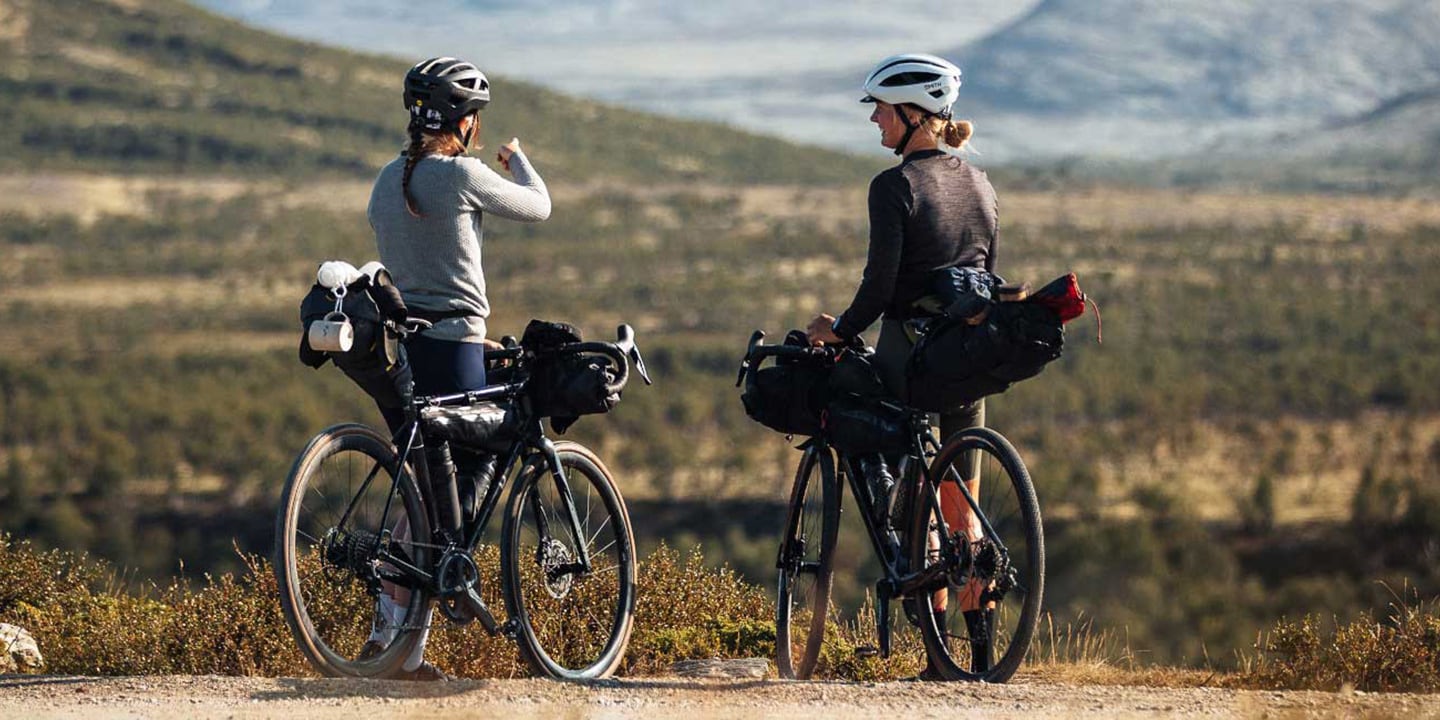
- First time bikepacking - Rondane National Park Norway
- How do you start bikepacking? That was the question we put to Shimano Gravel Alliance rider Henna Palosaari.
-

- How to prepare your bike for a Gran Fondo | Shimano
- In the excitement of getting ready for a big Gran Fondo or sportive a surprising number of riders overlook their bike.
-
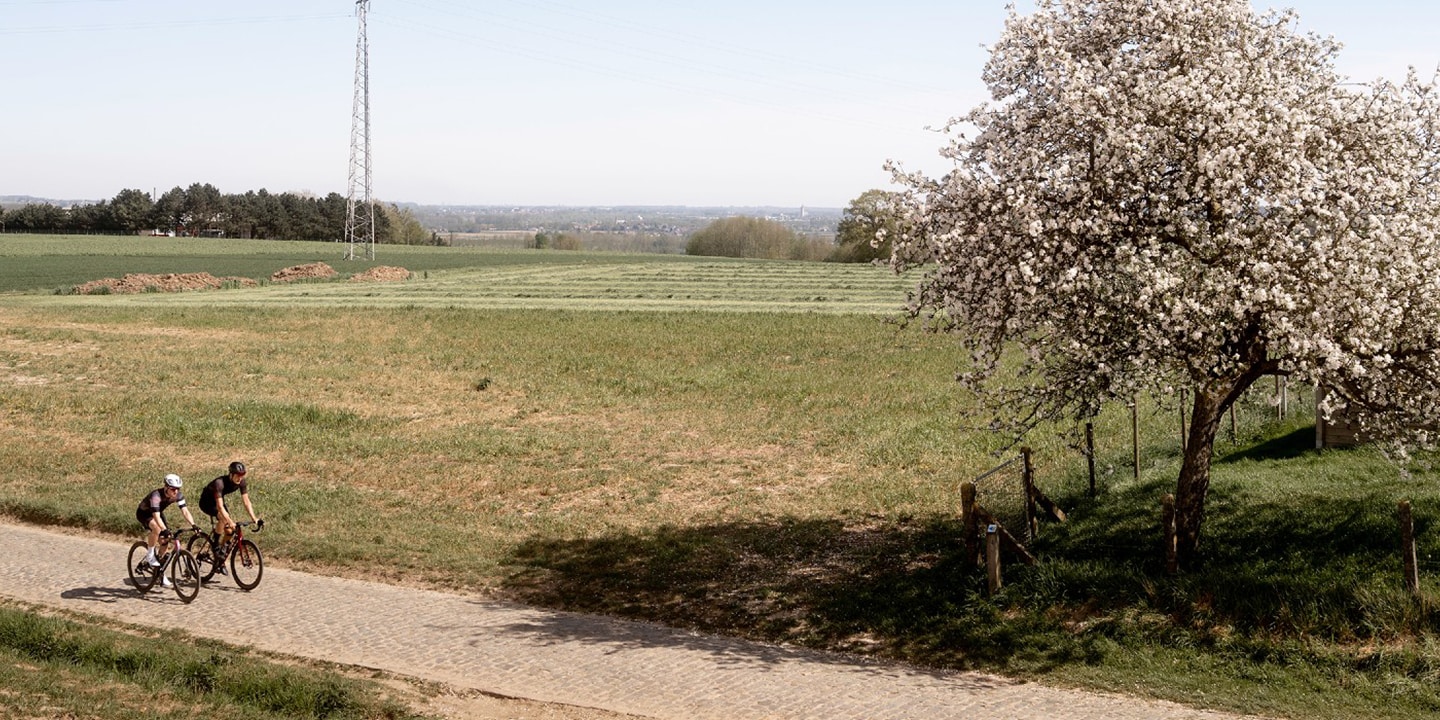
- The Super Classic 2.0 - One Classic to rule them all
- Climbing the Cauberg, Muur van Huy and Muur van Geraardsbergen in one day makes a cycling heart beat faster.
-

- NOUVEAUX TECHNOLOGIE LINKGLIDE
- Say hello to reduced drivetrain wear and tear.
-
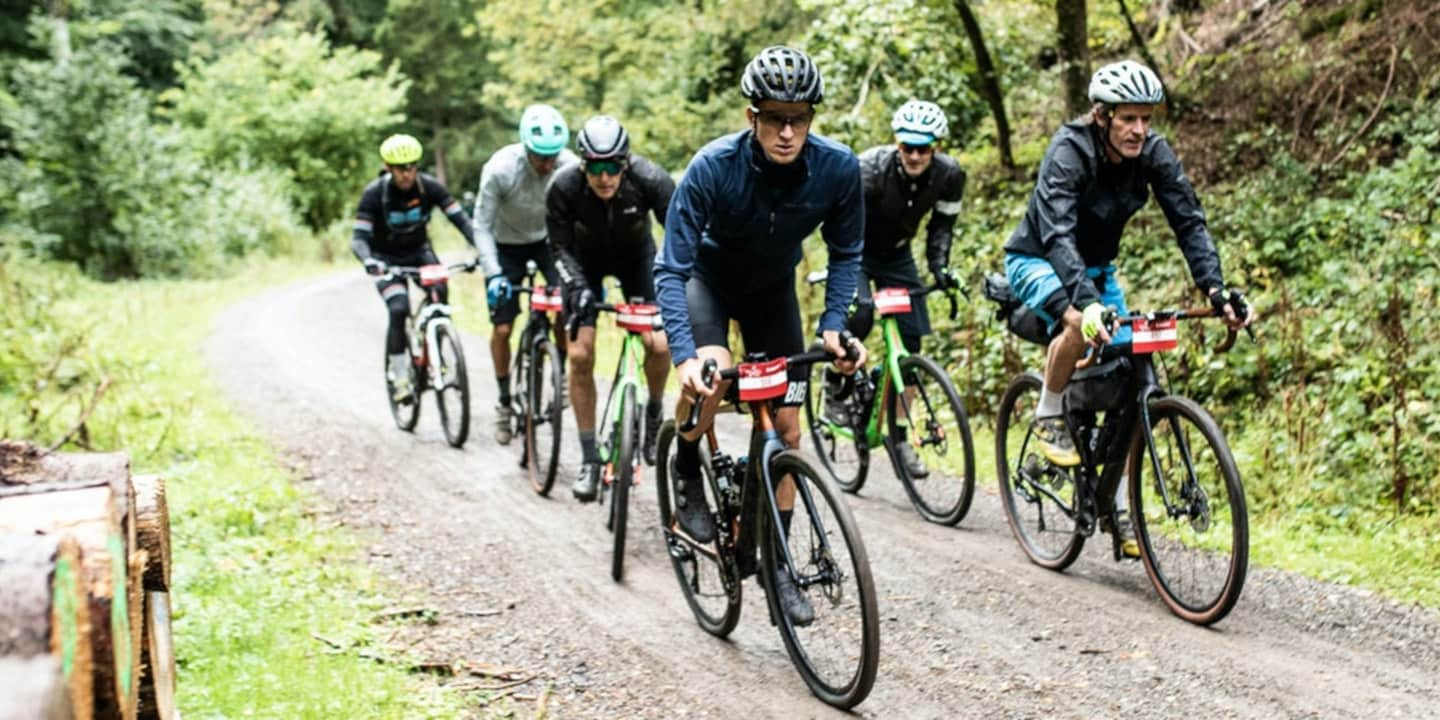
- Gravel vs. road bike
- Katherine, member of the Shimano Gravel Alliance, is a gravel and bikepacking rider who judges her rides by stoke level, rather than speed.
-
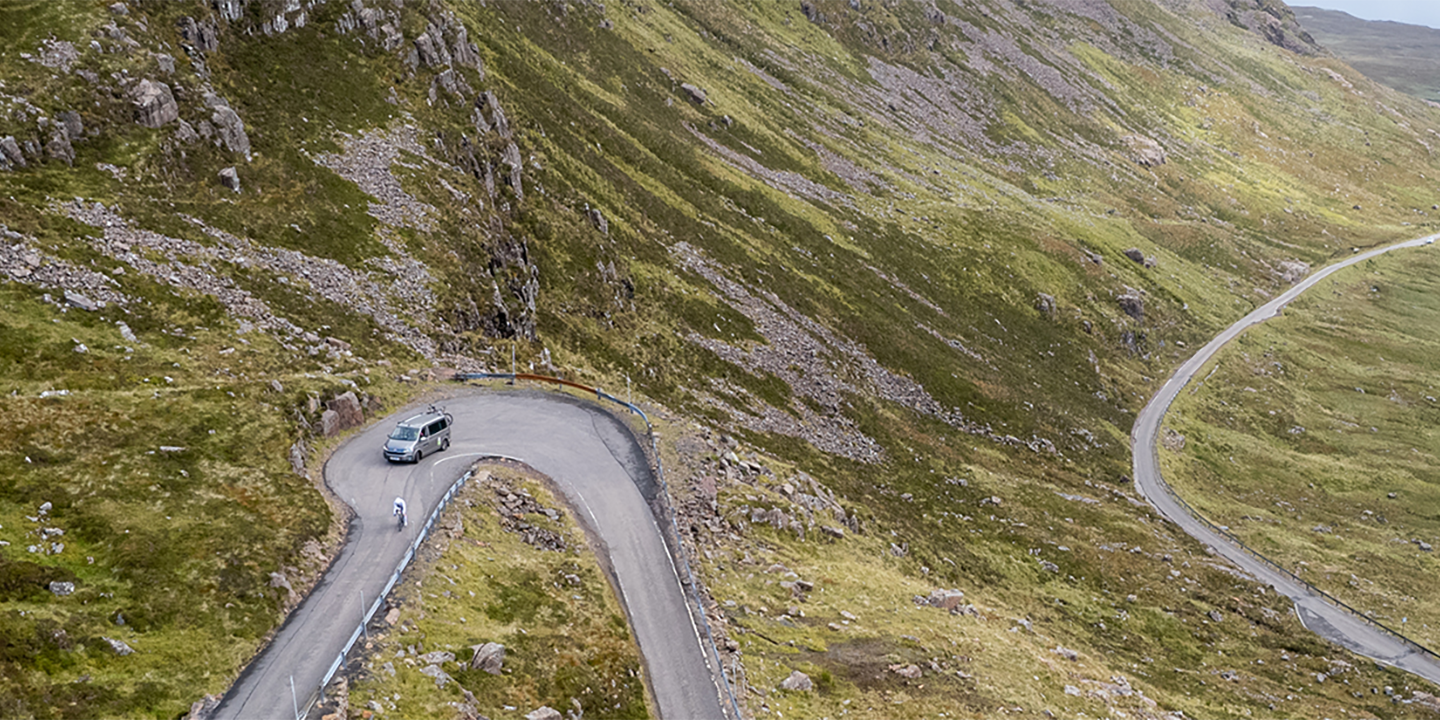
- Finding the Time
- The following story is an excerpt from CADENCE, a collection of road cycling tales from around the world.
-
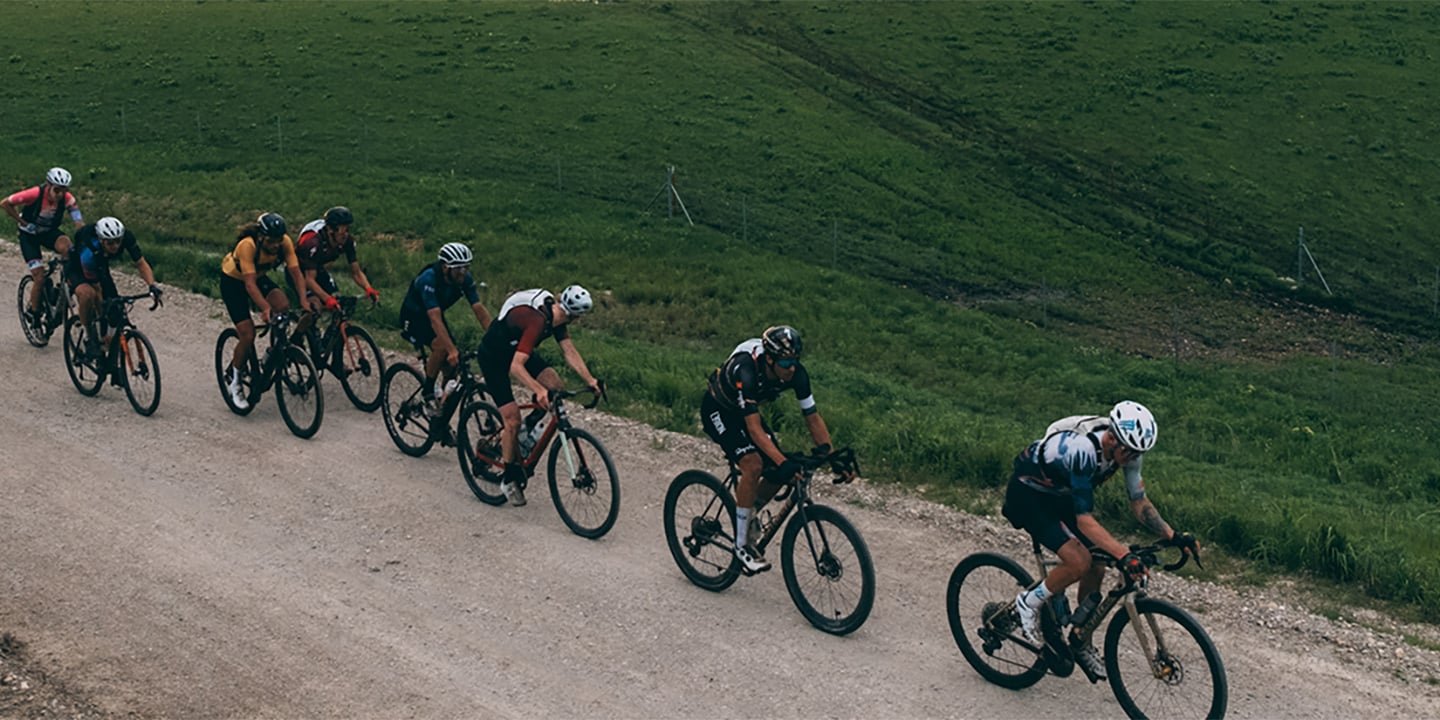
- Bikes of Unbound 2023
- Gravel’s marquee event of the year brings thousands of top professionals and everyday athletes to Emporia, Kansas to take on grueling roads and unpredictable conditions of UNBOUND Gravel.
-

- Colors Of Mexico - Kilian Bron
-
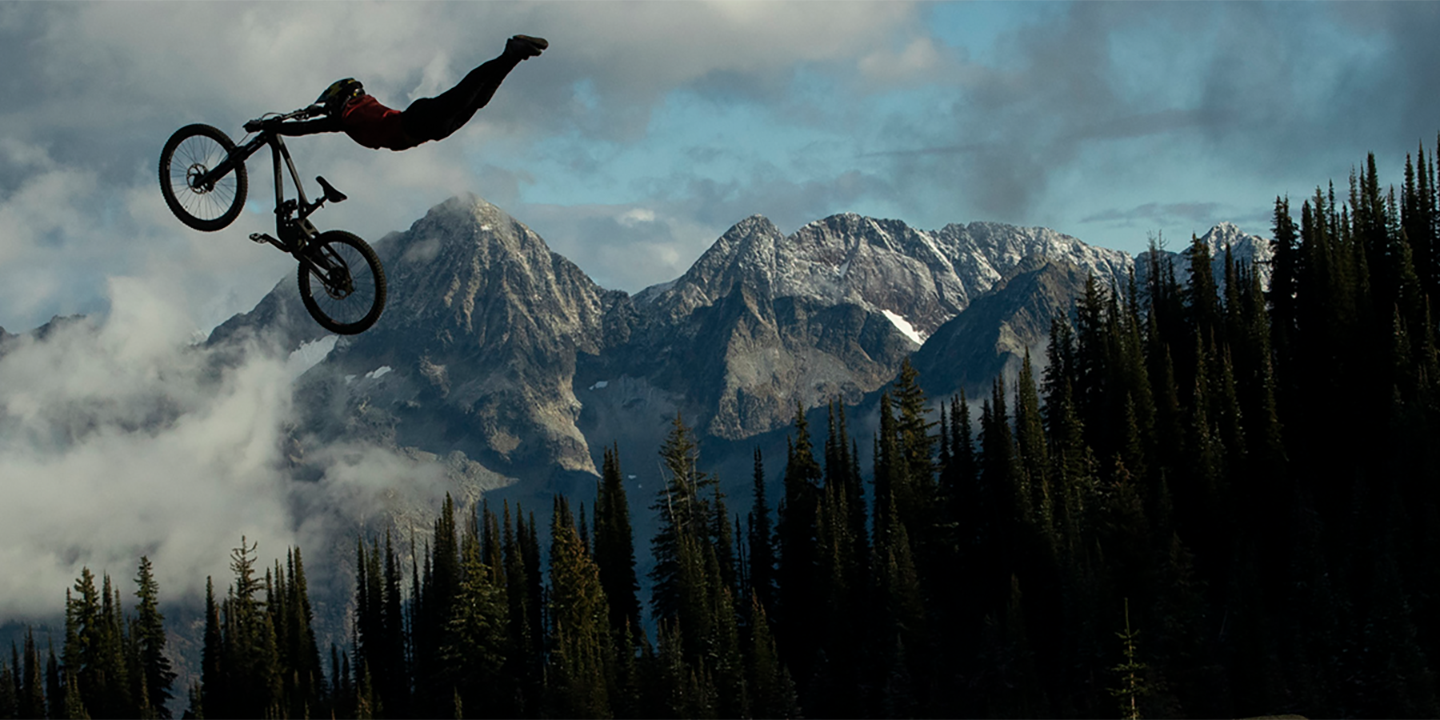
- This is Home: Kurt Sorge
- Just downriver from Nelson, British Colombia, professional freerider Kurt Sorge has hand-crafted a compound that dreams are made of.
-
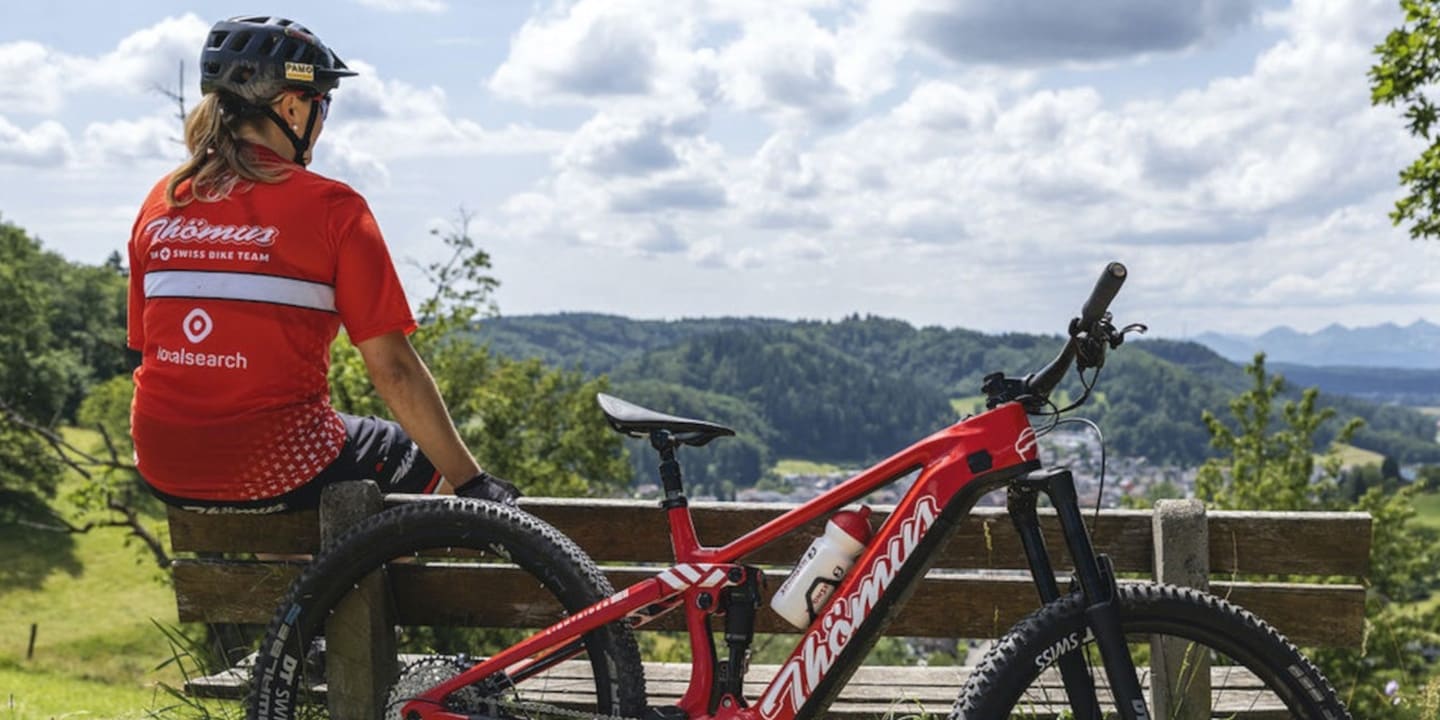
- Full Circle Kathrin Stirnemann
- After a successful career in cross-country racing, Kathrin Stirnemann is now driving the future of mountain biking as a Swiss national squad coach and e-MTB racer.
-
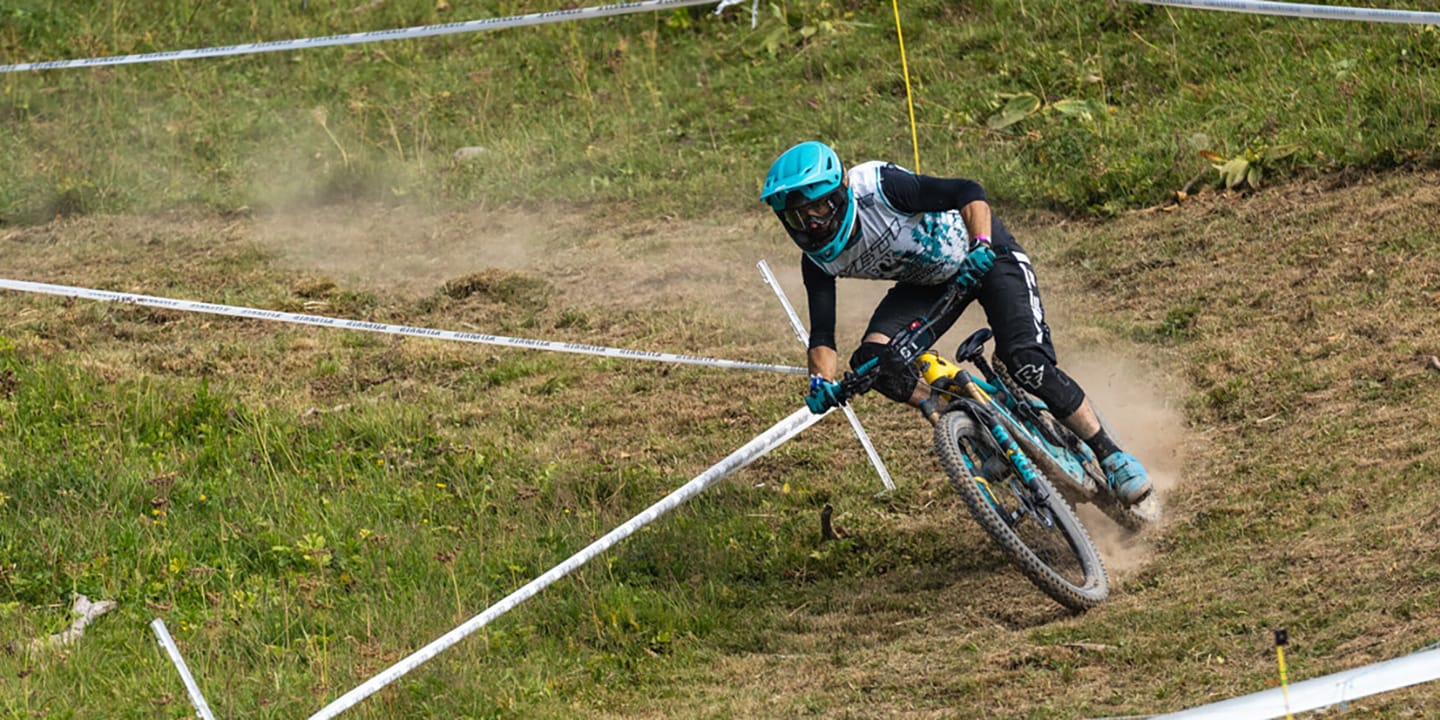
- Behind the scenes with Team Yeti at the EWS-E
- Are you ready for the new EWS-E season? Build the anticipation by watching our behind-the-scenes film from Team Yeti preparing for their first ride on the EP8-equipped Yeti 160E last season in Crans-Montana
-
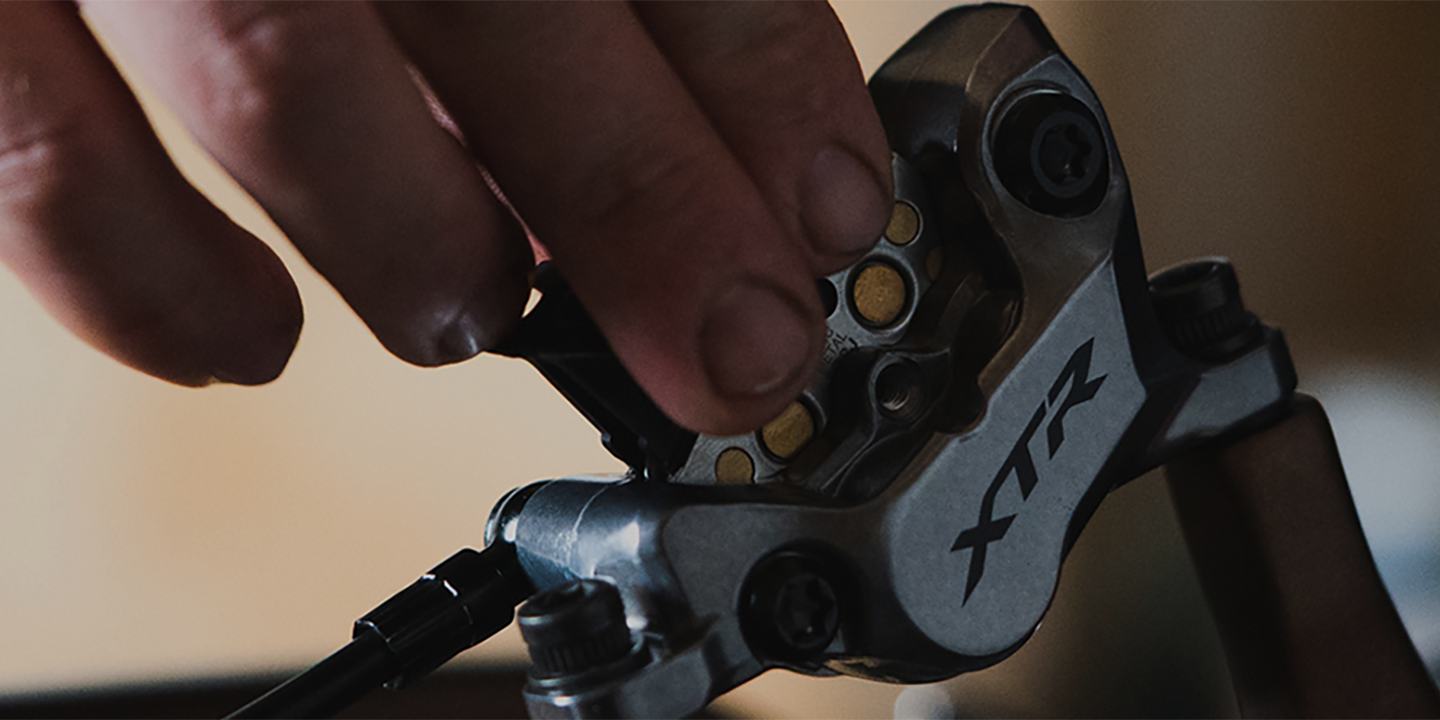
- SHIMANO MTB Brake Pads: Are Metal or Resin Pads Better?
- Gram for gram, few parts compare to brake pads when it comes to making a massive difference in your ride experience.
-
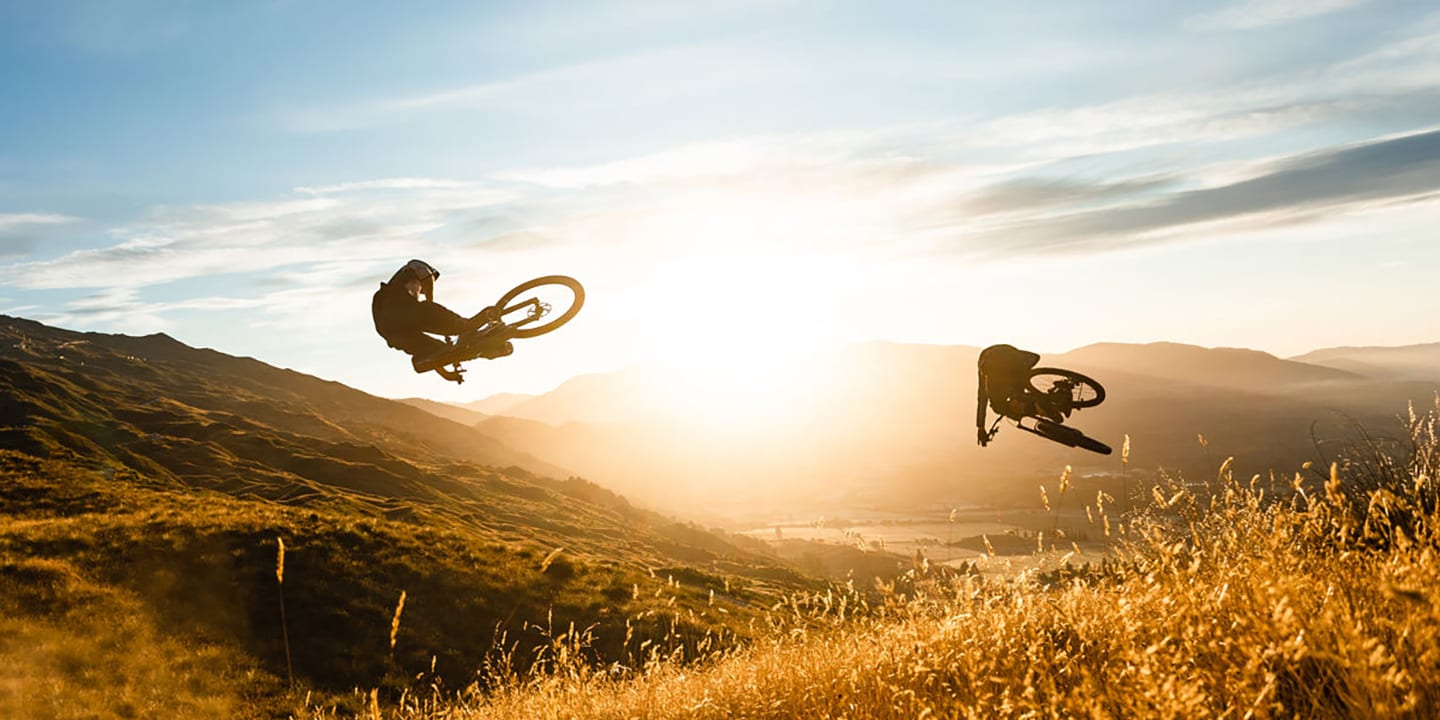
- Magic Feeling
- There are so many options to choose from: flying, being invisible, or even super-strength, but what if you could choose to have your dream trails appear right-in-front of you…anywhere, anytime?
-
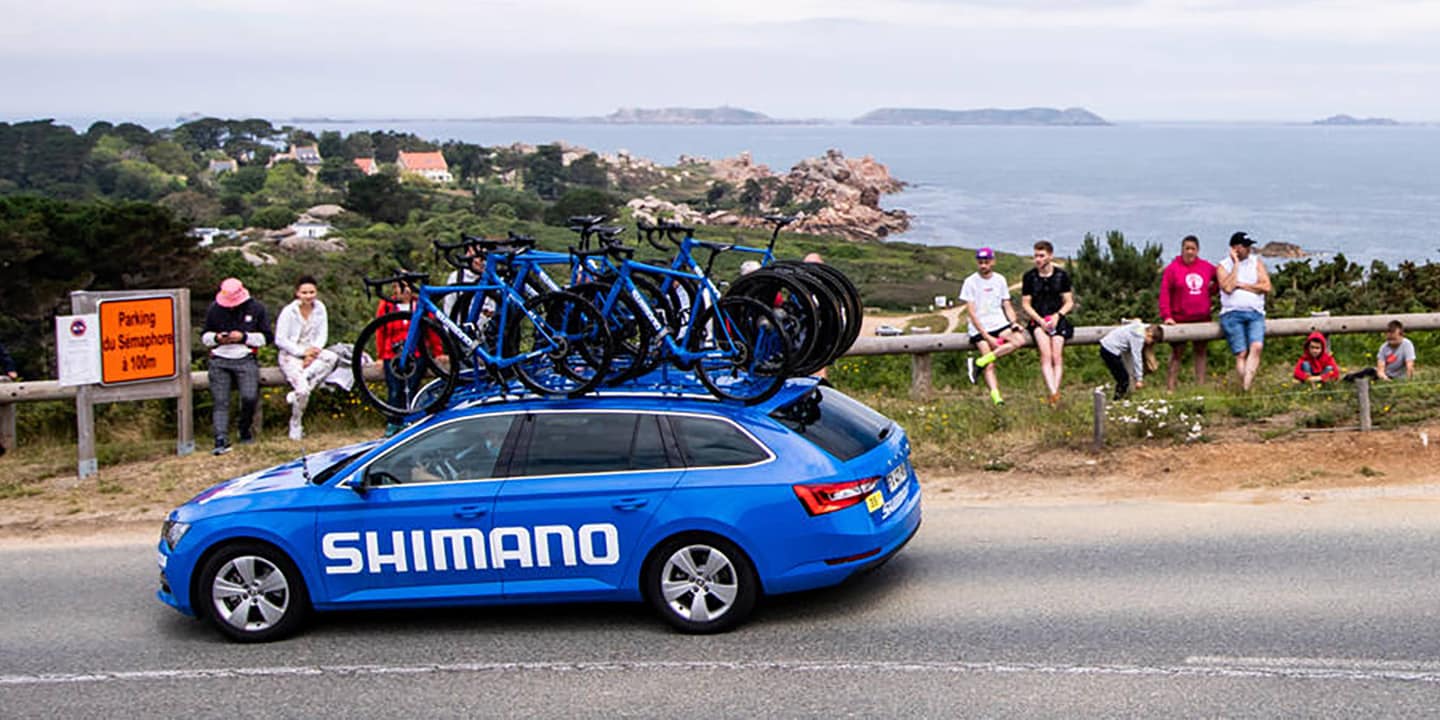
- Shimano Neutral Service: quick thinking & problem solving
- Every bike racer has their version of this story.
-
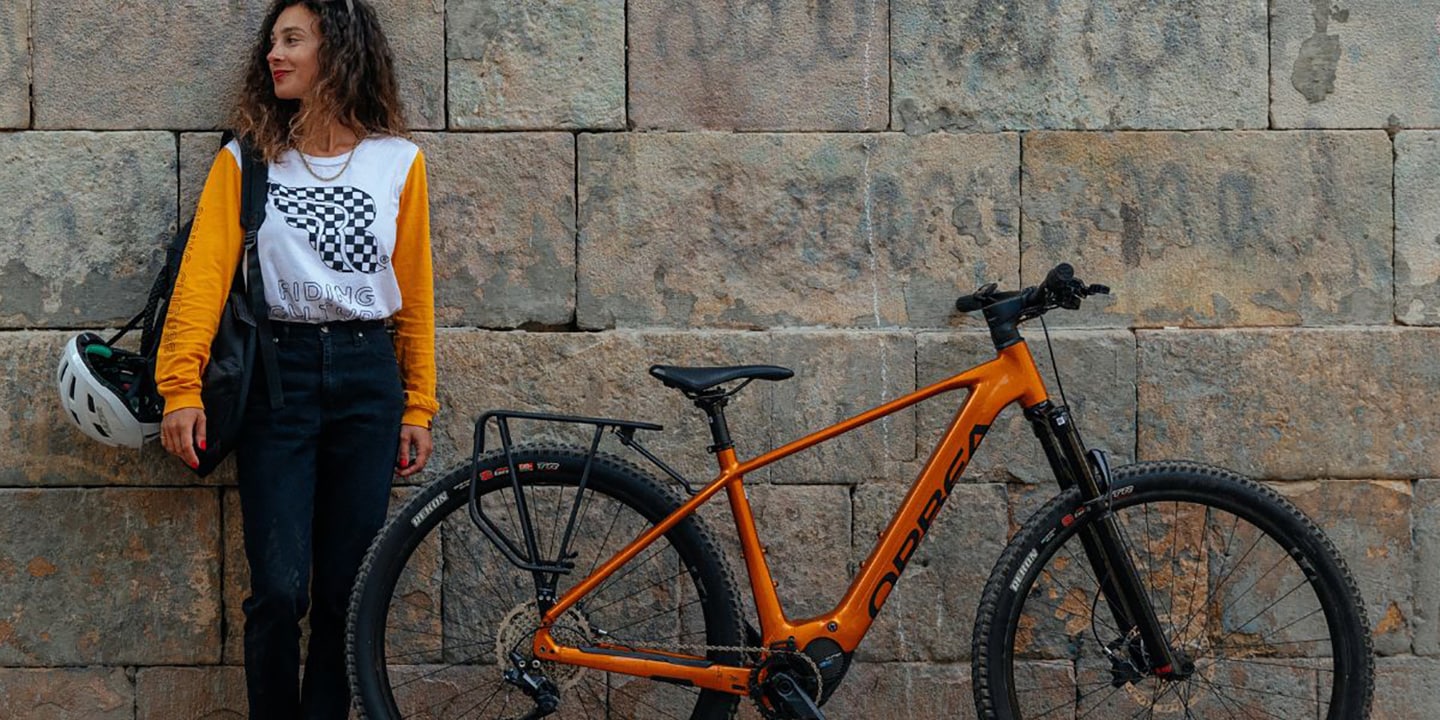
- Barcelona - Cycling in the City
- Peaceful, green, and filled with light. Barcelona is a cycling city built for people to enjoy life to the fullest, from its surprisingly calm corners to the metropolitan buzz of one of Europe’s most densely populated cities.
-
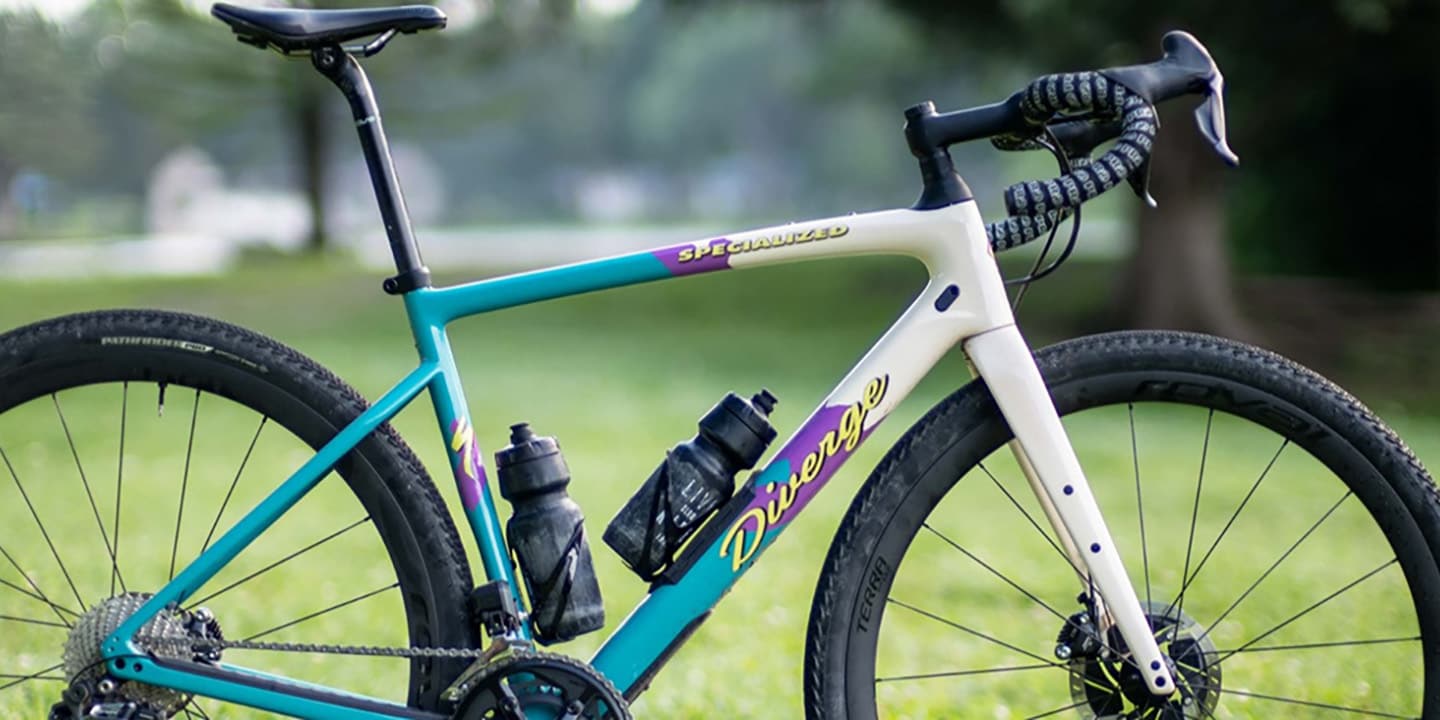
- Bikes of Unbound
- Gravel’s marquee event of the year has finally arrived and after a long hiatus from racing, top professionals and everyday athletes have arrived in Emporia, Kansas.
-
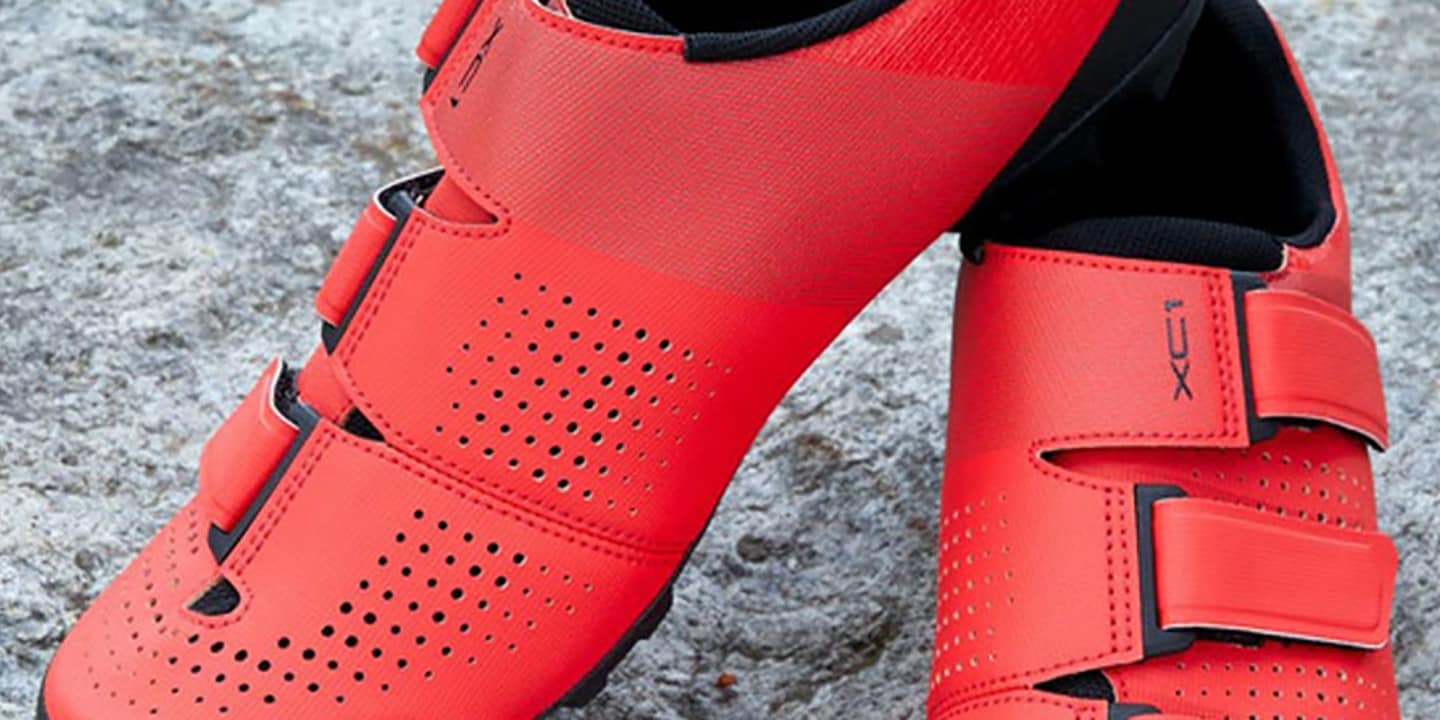
- A Beginner's Guide To Mountain Bike Kit
- Here are some helpful hints to guide you through the process of kitting up and getting the most out of your rides.
-
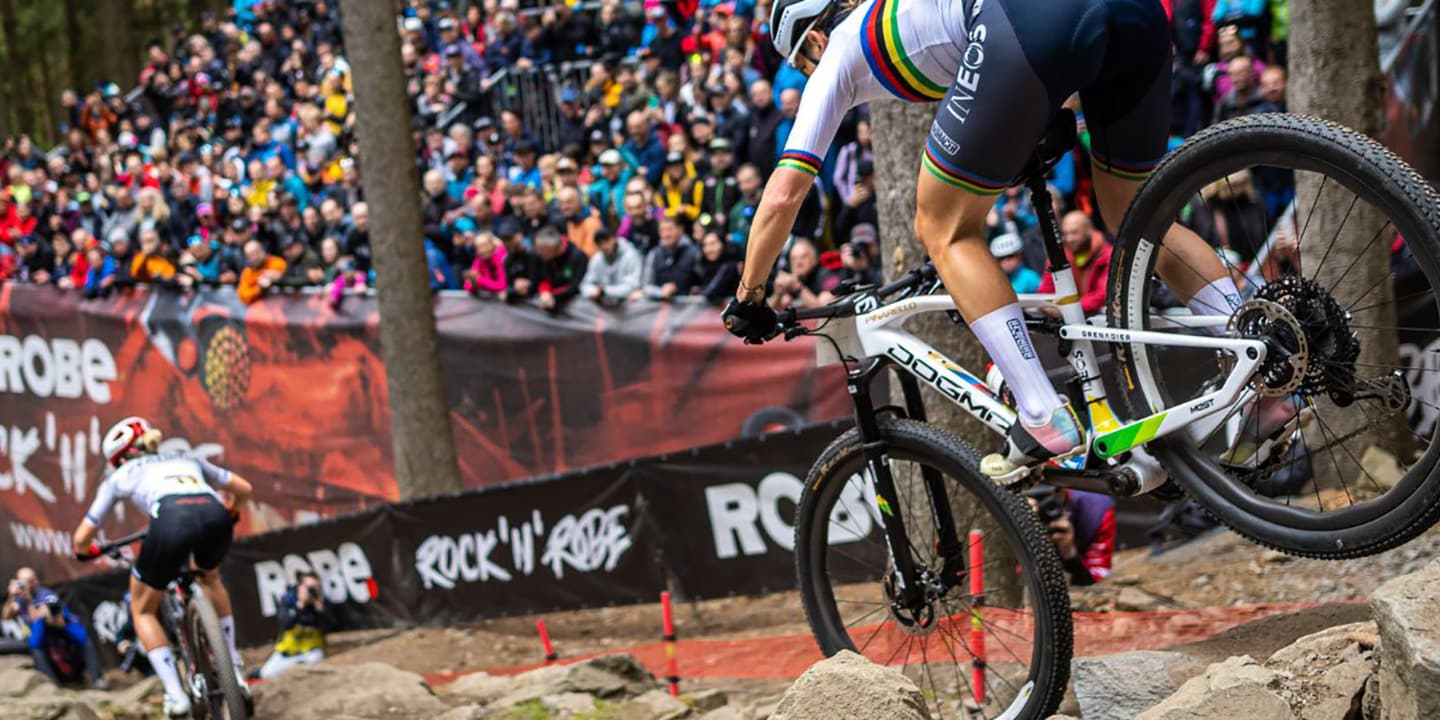
- In Between the Races with Pauline Ferrand-Prévot and Tom Pidcock
- In competitive cycling, every mile is its own battle.
-
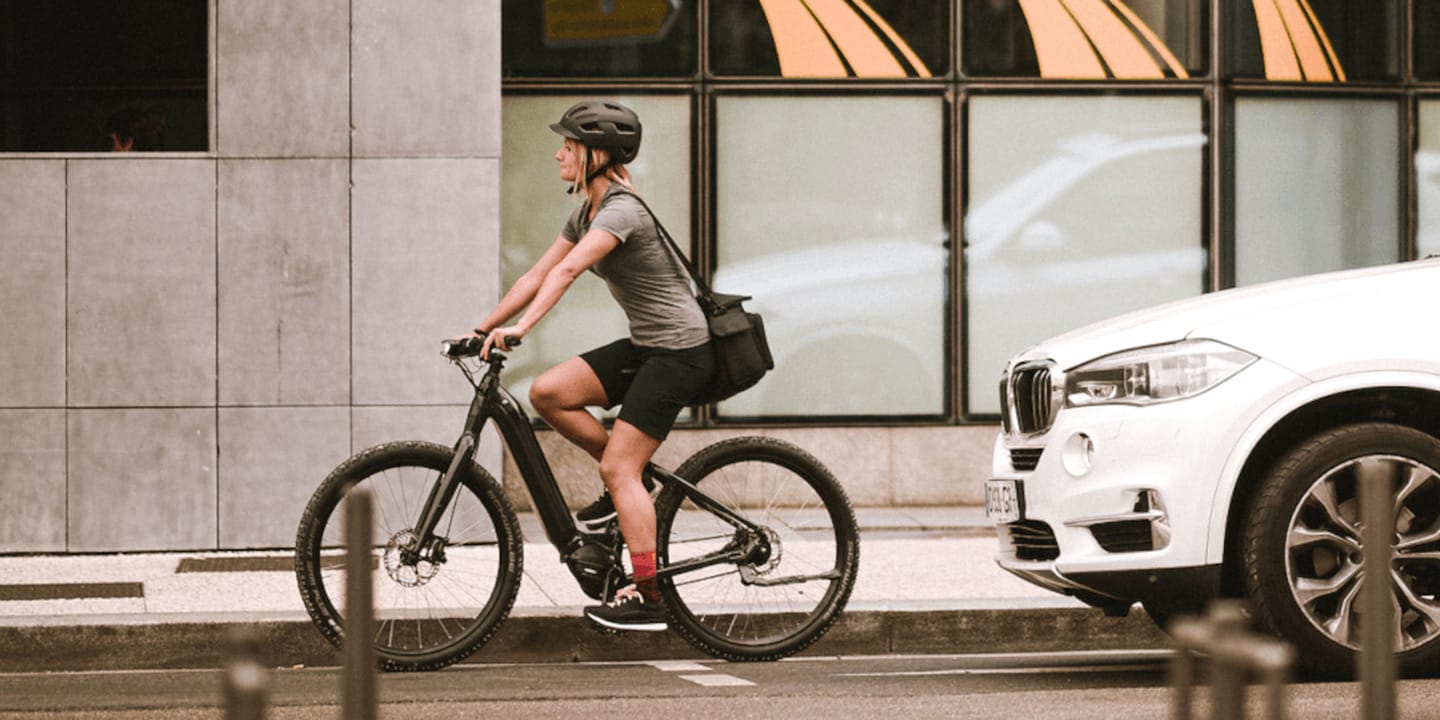
- Could you swap your car for an e-bike?
- E-bike vs car may seem like a big decision but it isn’t. We aren’t saying ‘sell your car’ – it doesn’t have to be that extreme! Just swapping your car for a bike on some of your shorter journeys is enough to make a difference.
-
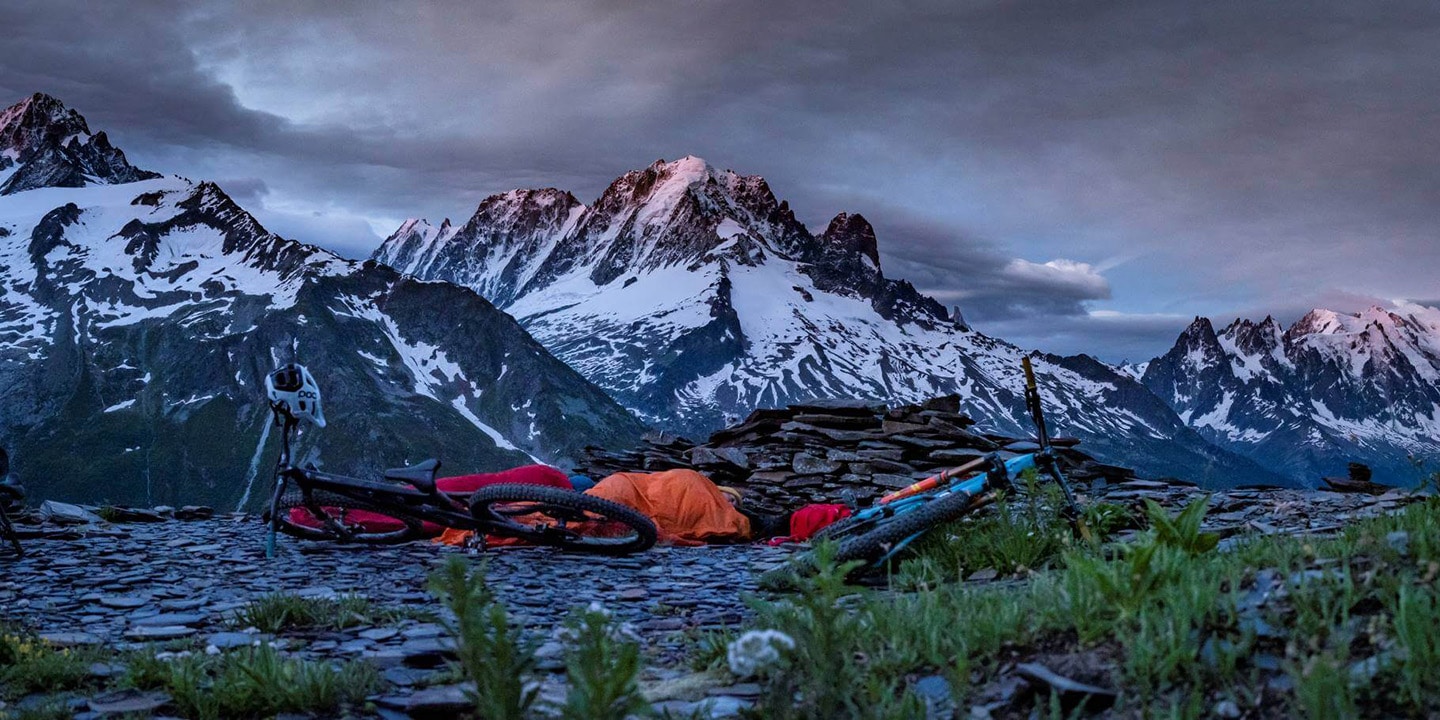
- In search of golden with Dan Milner
- "Hike-a-bike" is not for everyone, but it is certainly for Dan Milner. There is no trail too rugged, mountainside too steep or end-point too unknown for Dan.
-
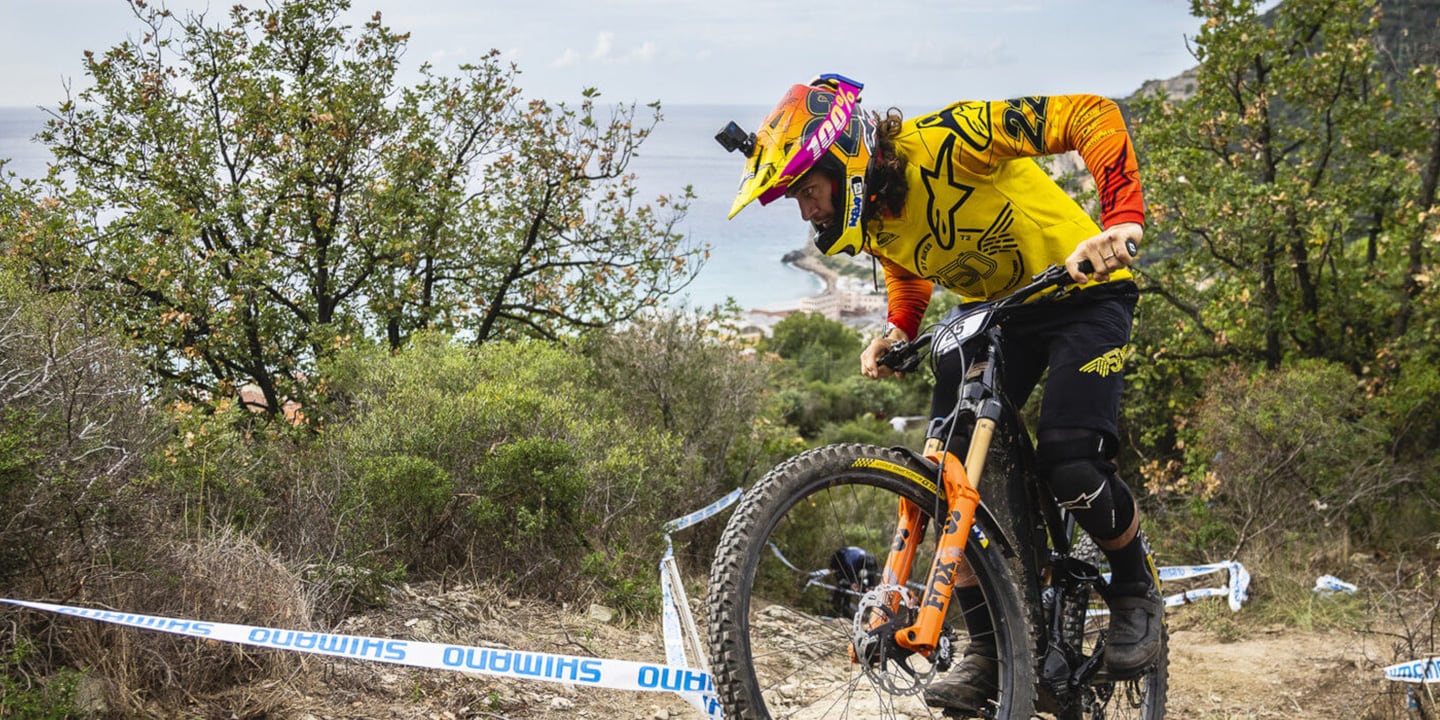
- Wyn Master's EWS-E Endeavor
- Enduro racing and Finale Ligure go together like Wyn Masters and wheelies!
-

- UNSUNG
- UNSUNG follows three of the unheralded heroes who make events like Unbound so special. Linda Guerrette, Michelle Duffy, and Wayne Smith all contribute in their own way to the gravel community. Whether in their role as a photographer, an event organizer, o
-
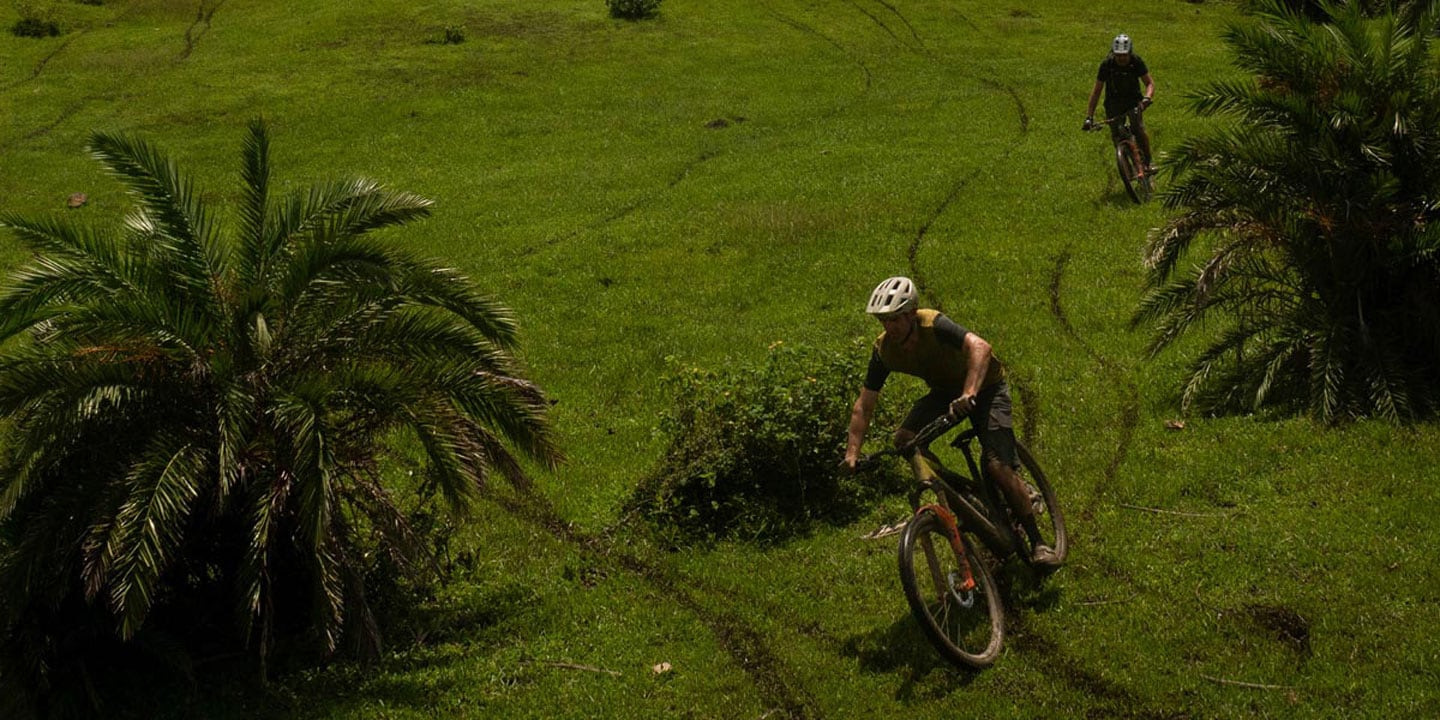
- Andrew Neethling Explores Taiwan
- In Lifting the Lid, Andrew Neethling travels through Taiwan’s best MTB trails.
-
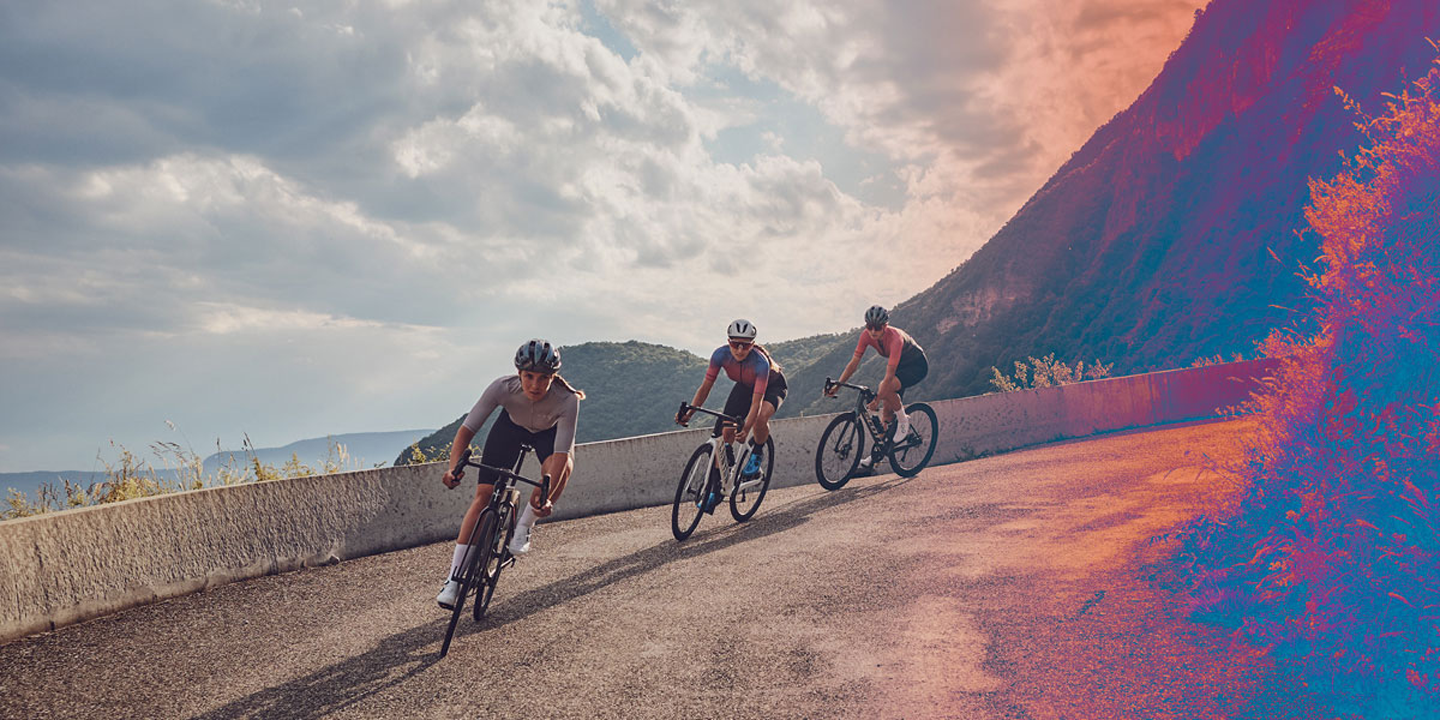
- SHIMANO 105: Mechanical Magic
- If groupsets are like rockstars, and we think they are, the SHIMANO 105 Mechanical 12-speed could be Bruce Springsteen. Ever-professional performance, incomparable longevity, balancing roughneck beauty and that pure joy that comes from doing things in a classic way. Learn all there is to know about our only premium mechanical groupset.
-
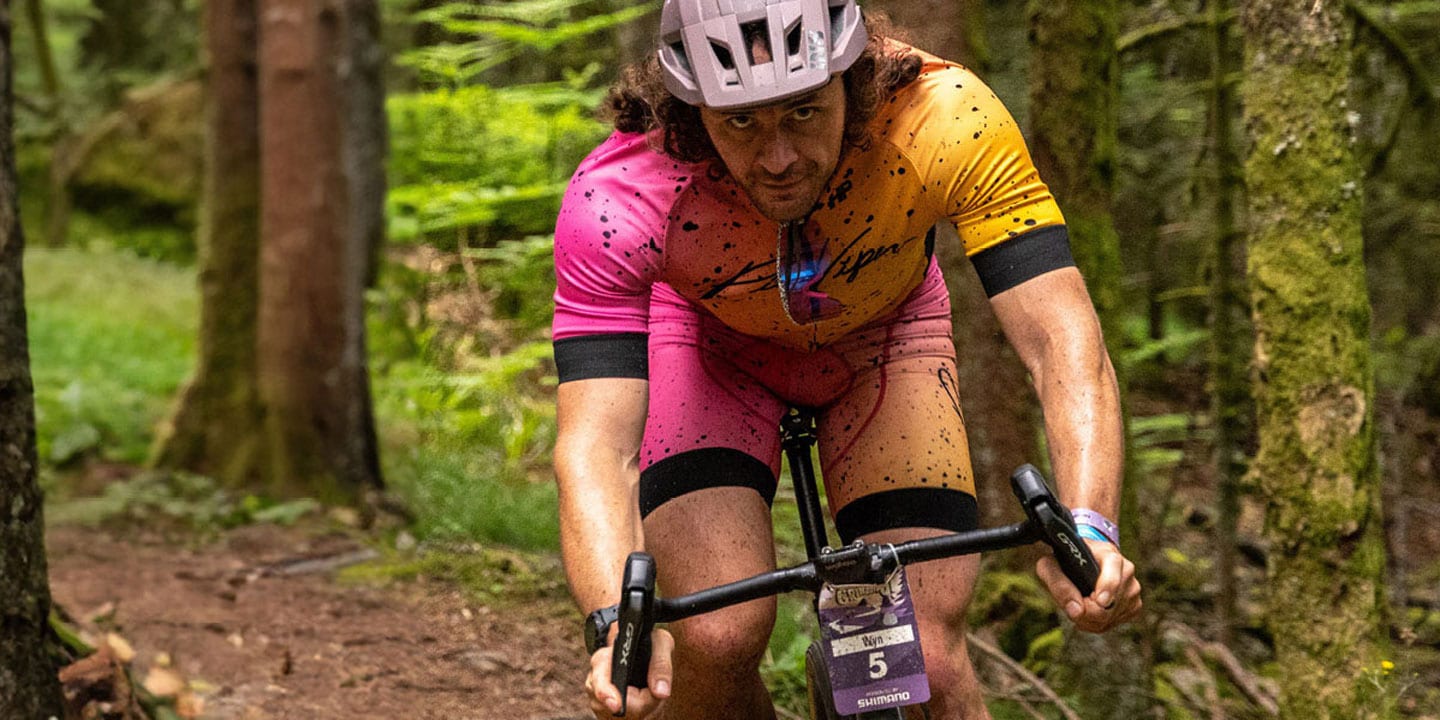
- Wyn Masters Goes to Grinduro!
- Watch WynTV step outside his comfort zone and into some flashy lycra!
-

- SHIMANO Expands Gravel Lineup with New 2x12-Speed GRX Di2
- Electrifying Shimano’s 12-speed gravel component family, new 2x12-speed GRX RX825 Di2 components combine Shimano’s unrivaled electronic shifting with optimized gearing options for riding, racing, and all-day adventures. The new suite of electronic Di2 parts features dual control levers refined for comfort and control, a SHIMANO SHADOW RD+ equipped rear derailleur for better chain management, and a gravel-optimized front derailleur for precise shifting.
-

- SHIMANO Releases Limited Edition GRX Pedals
- Featuring United in Gravel graphics
-
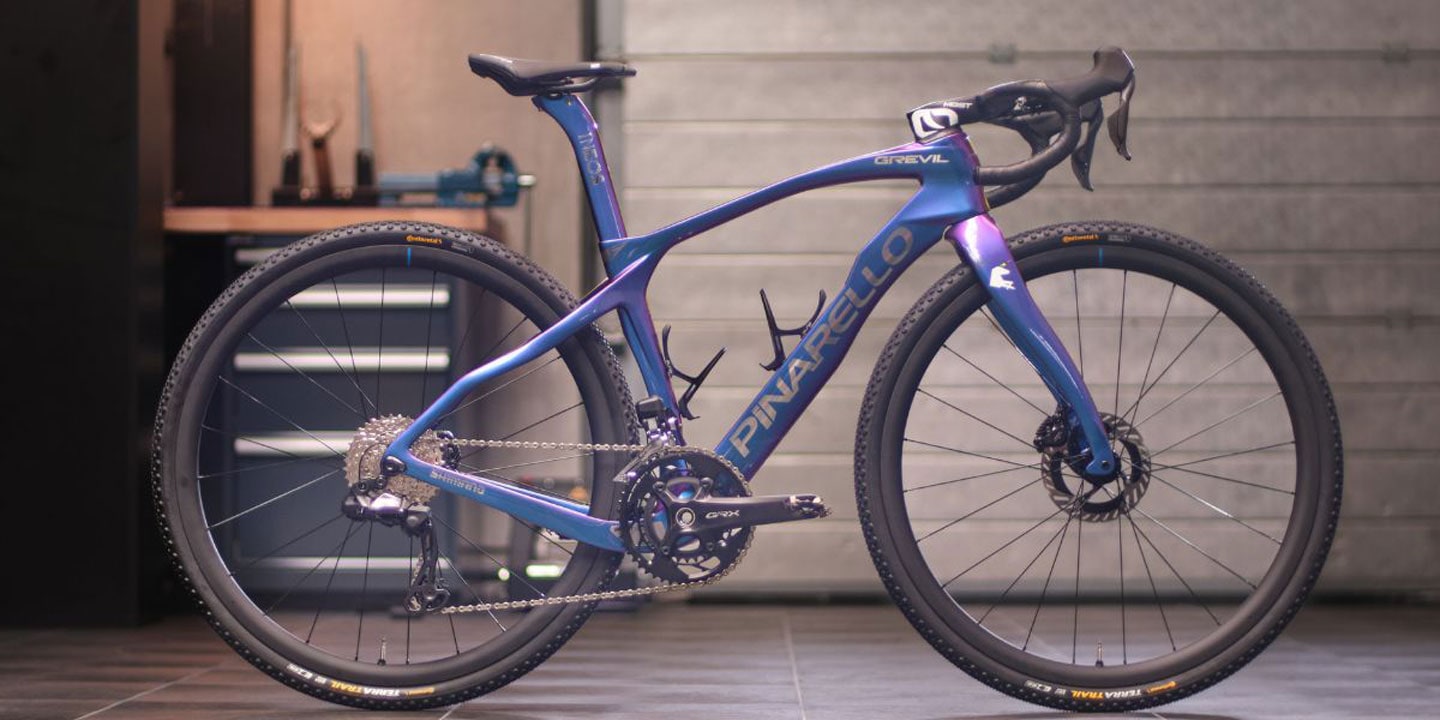
- SHIMANO GRX x INEOS Grenadiers
- The mechanics at INEOS Grenadiers built up a gorgeous GRX-equipped bike!
-

- WHICH IS THE RIGHT BRAKE FOR YOU?
- Choosing the equipment for your bike can seem like a never-ending task; a circle of questions and options and decisions. What do I need; what do I want; what can I afford?
-
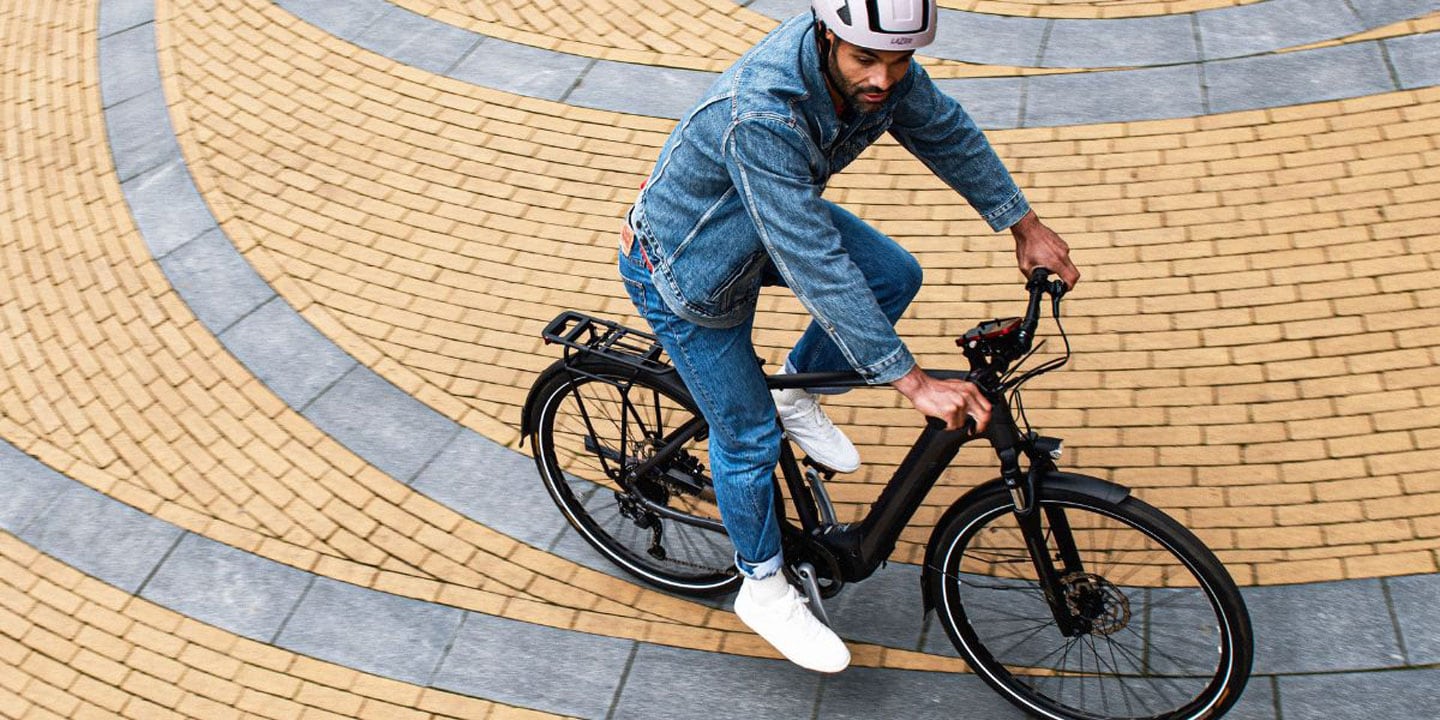
- SHIMANO E5100: Light, Quiet and Compact
- Introducing our new drive unit, E5100, the quiet heart of your e-bike system
-

- GRX: Mechanical Modernity
- In an ever-more computerized world, we set out to break the mold by breathing new life into mechanical shifting to give you a gravel ally that works with next-level analog technology. Or three distinct allies, to be precise. For this piece, we asked none
-

- SHIMANO Extends Collaboration With A.S.O. Until 2028
- In a move that underscores their commitment to cycling, Shimano and Amaury Sport Organisation (A.S.O.) have announced the extension of their successful partnership for an additional four years, now running until the end of 2028.
-

- SHIMANO Indexed Shifting Explained
- Indexing is the predetermined, incremental movement of a derailleur that corresponds with each click of a shifter. When a derailleur is activated, either by a mechanical shifter tensioning or releasing a cable or the Di2 button to activate derailleur motors, the component will move the chain from cog to cog on the rear cassette or different chainrings in the front. SIS derailleurs and shifters are designed to move a specific amount to achieve accurate and reliable gear changes every time.
-

- What is SHIMANO LINKGLIDE?
- To fully understand SHIMANO LINKGLIDE technology and what it can do for you, it helps to first ask yourself what mountain bike drivetrain features and functions you value most. If your answer centers around low weight and lightning-fast shifting, then SHIMANO’s best-in-class HYPERGLIDE+ is the right choice. HYPERGLIDE+ drivetrains dominate the start lines of the world's fastest races, where competitors are in a constant quest for marginal gains and measure success in grams shaved and seconds saved.
-

- How to Simplify Your Life and Make Bikes Part of Your Everyday
- A new e-bike is an investment, and although it can be expensive, it is a purchase that you will enjoy using every day. Here’s five reasons having a bike can simplify your life.
-
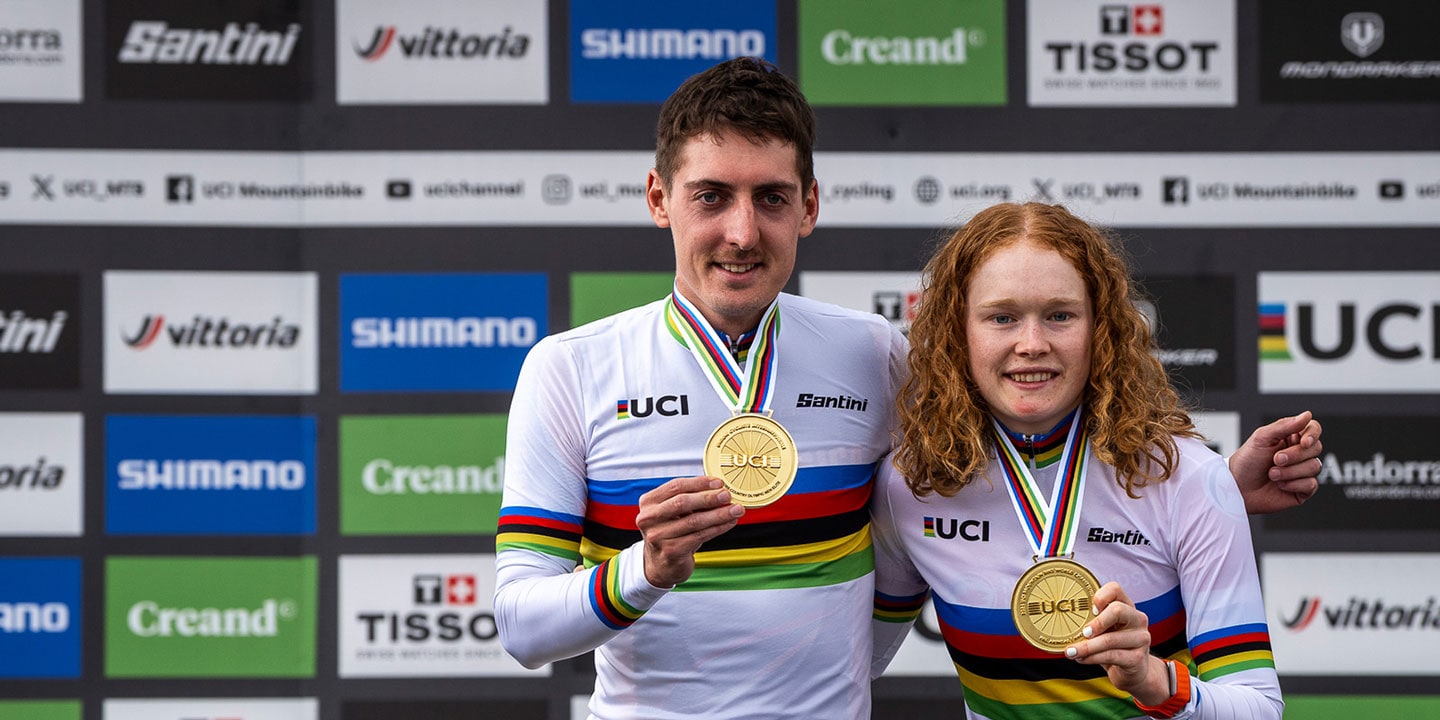
- Pieterse and Hatherly win Worlds!
- All eyes were fixed on the principality of Andorra during this week’s UCI MTB World Championships. The Olympics was still fresh in our minds, which added weight to each matchup. Would Alan Hatherly bring home the gold for his native Rainbow Nation? Would Puck Pieterse prevail? The answer: Yes. And how.
-
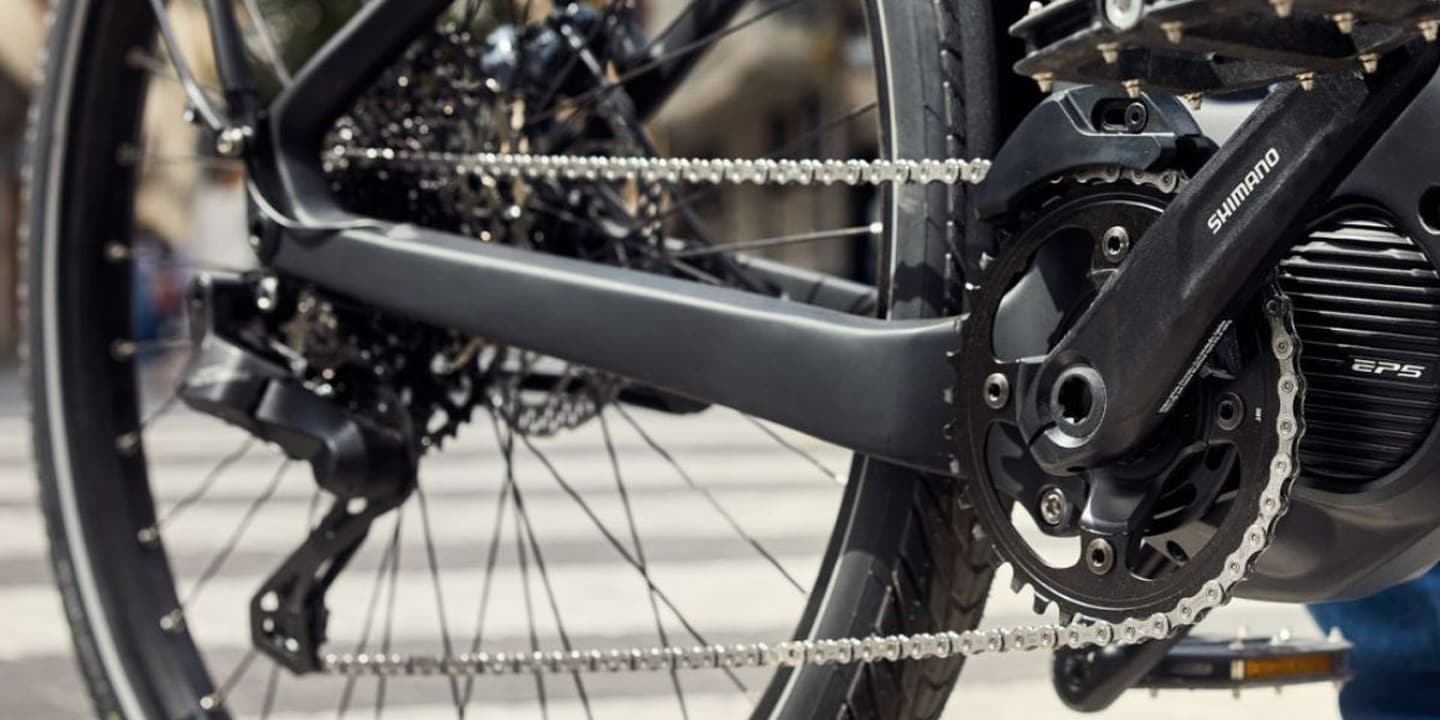
- New EP5: Refined and Naturally Smooth
- Why compromise on your e-bike’s natural look and feel? EP5 integrates seamlessly with your bicycle’s frame to enhance your riding experience. Plus, it packs all the power and all the beauty—with a whopping 60Nm torque—into a slim, sleek, and smart design. Our new drive unit enables you to experience effortless comfort with our exclusive AUTO SHIFT algorithm.
-
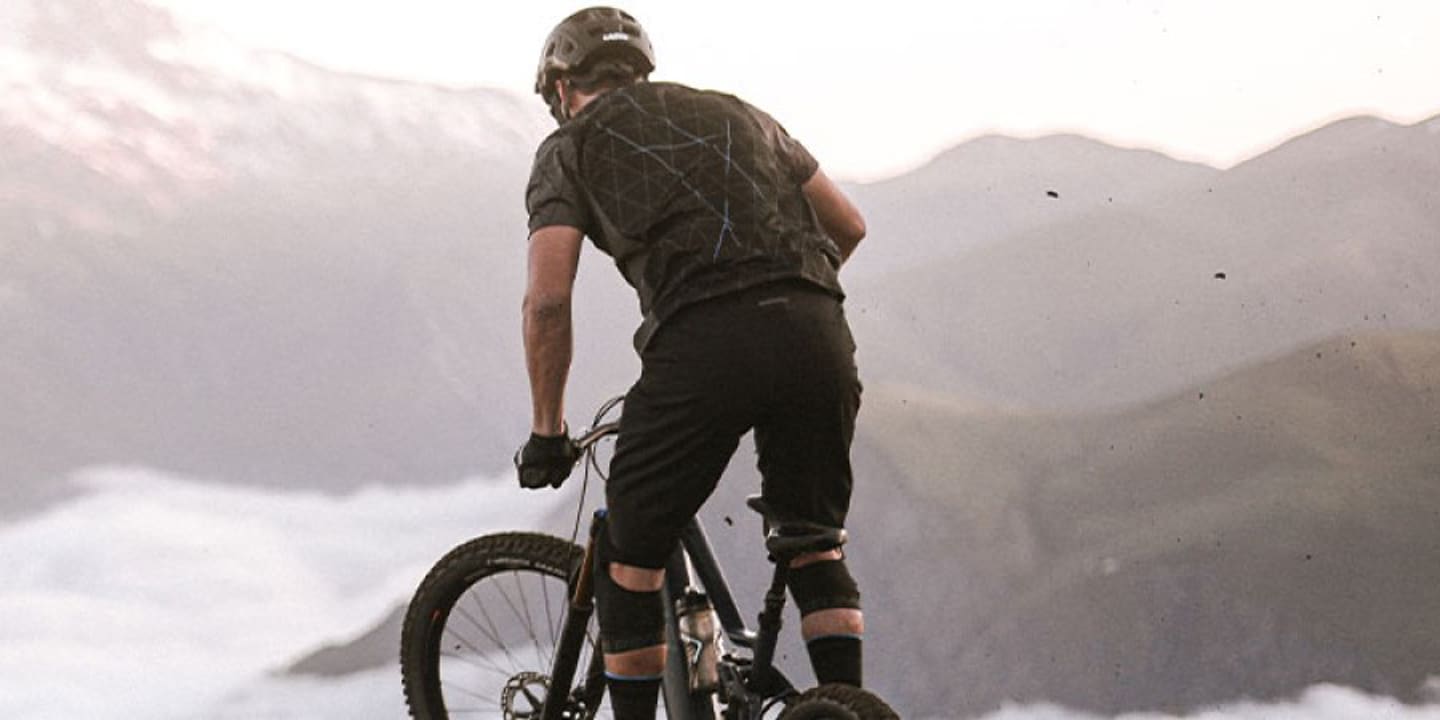
- Ready to Ride the Revolution With SHIMANO Ep8?
- There’s an e-bike revolution going down and we’ve raised the e-MTB benchmark. Through evolution, we introduce EP8. The game-changing drive unit riders have been waiting for.
-
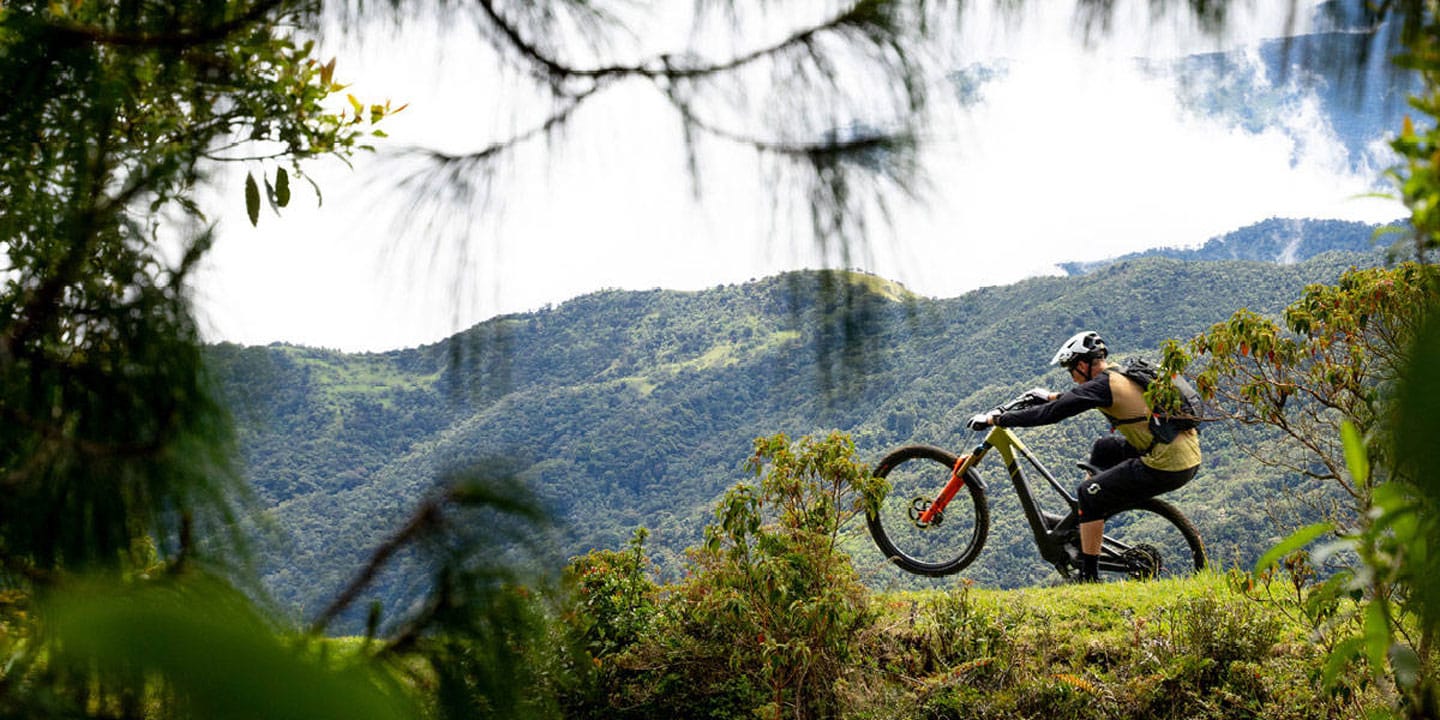
- Taste of Colombia With Scotty Laughland
- Colombia has always been on Scotty Laughland’s list. Then, one morning, while pulling a shot of espresso, he found himself curious as to where the very coffee he was about to drink came from, the process of creating it and the mountain bike scene there. And as with all of life’s mysteries, there’s only one way to discover more. We hope you enjoy ‘Taste of Colombia’, a story about bikes and coffee.
-
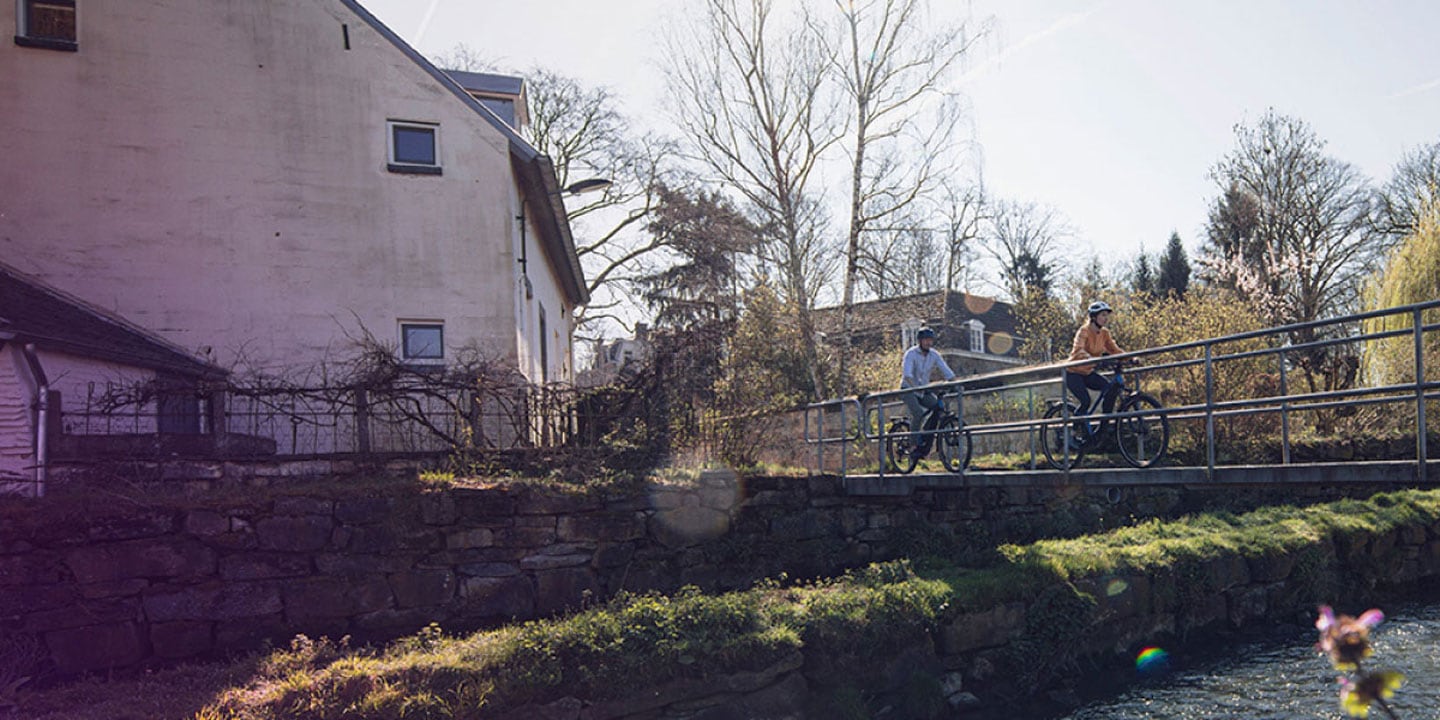
- AUTO SHIFT: For Happier Miles
- Our AUTO SHIFT technology marks one of the biggest ever steps forward in cycling innovation. The concept of automated shifting has become a reality. The technology certainly delivers, but how does it work in a practical, real-world sense? And what are its benefits to you?
-

- Jura Sick E-MTB Ride
- Francois Bailly-Maître is no stranger to tough enduro trails and long days in the saddle, but a 100-kilometre tour of the French Jura’s finest trails was beyond his reach. Until now... The Jura Sick e-MTB ride combined eleven different trails, 5000 vertical metres of climbing and the SHIMANO EP8-powered Santa Cruz Bullit. The result: a whole new level of MTB ride, and a whole new level of fun!
-
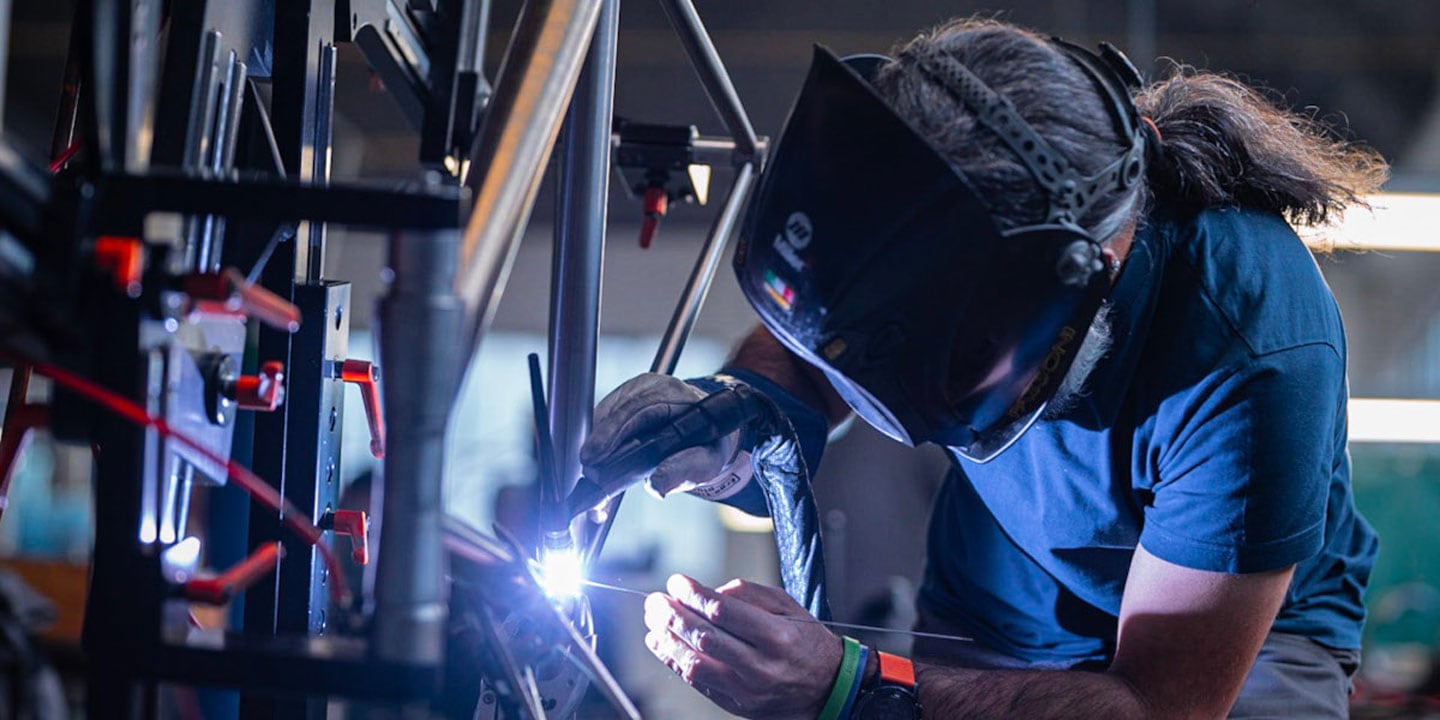
- MADE IN: Milano
- Expertise and passion for crafting made-to-measure bikes are at the heart of the Italian Passoni brand. Founded in the late 80's in the pre-carbon era by Luciano and Luca Passoni, it was the first company in Europe that produced titanium bikes when off-the-shelf tubing wasn't yet available. Every tube had to be made by starting from titanium sheets which were bended and welded into exceptional quality, bespoke bicycle frames. A passion for the sport and its culture has always been at the very heart of Passoni’s identity as they have spent the last 30 years building stunning machines for those with a true appreciation of fine craftsmanship. Passoni has always been a brand steeped in cycling history.
-

- Change Your Handlebar Position to Improve Your Ride
- Often taken for granted, the handlebar is one of the most important components on your road bike. Along with your pedals and saddle, it’s one of three contact points that define how you interact with your bike and the road ahead. It is also your bike’s proverbial steering wheel, controlling how your bike handles, and it plays a critical role in fit and aerodynamics as well.
-

- E-Bike Myths – Busted!
- Electric bikes have revolutionised cycling and millions of new people are discovering the benefits of e-bikes each year. But still people have their doubts. Here we bust a few e-bike myths and share with you why we think e-bikes are not just here to stay but are going to revolutionise cycling.
-

- SHIMANO Di2: The Ultimate Shift
- The Uncompromising Reliability and Performance of Shimano Di2
-

- CUSTOMIZE YOUR RIDE
- The way you ride e-bikes is about to change forever thanks to SHIMANO’s revolutionary EP8 e-bike system featuring unheralded levels of customization via the accompanying E-TUBE PROJECT Cyclist App.
-
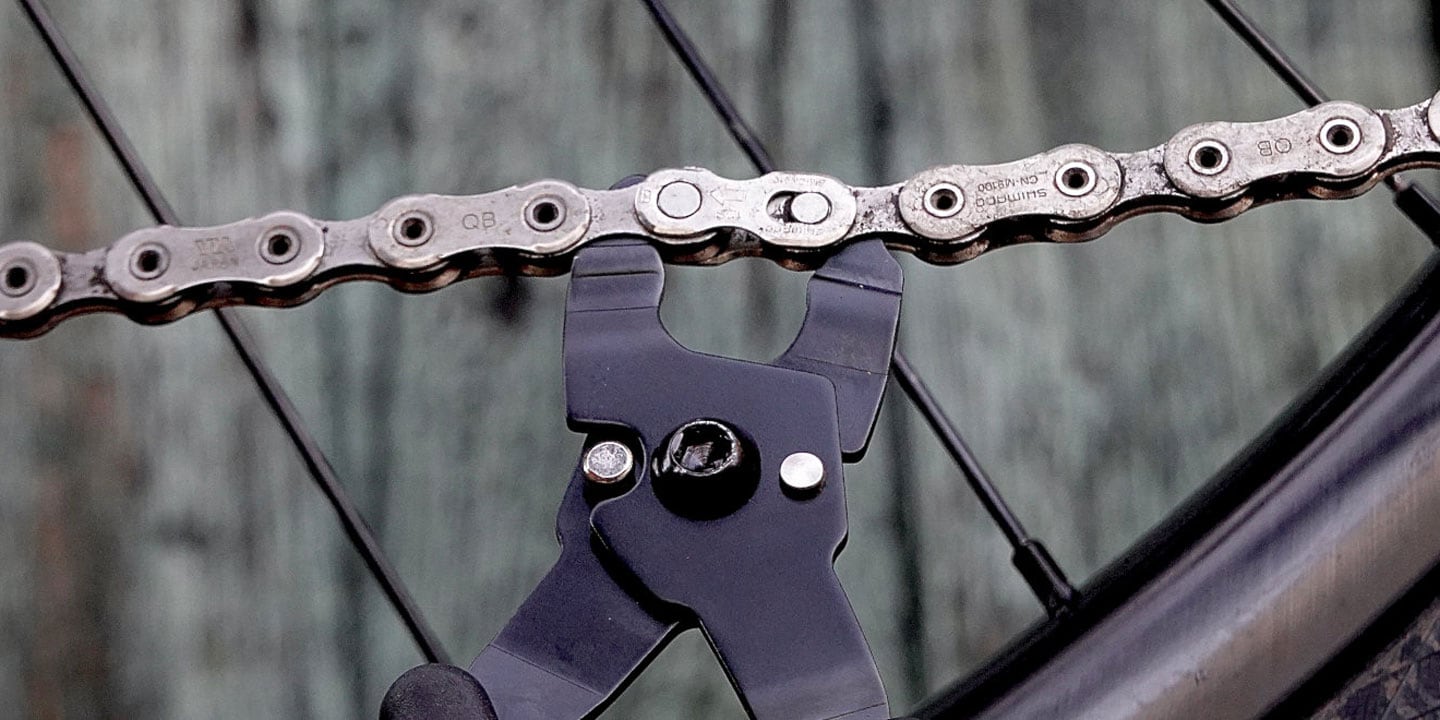
- How to Check Your Chain Length
- Shortening and re-installing SHIMANO chains
-
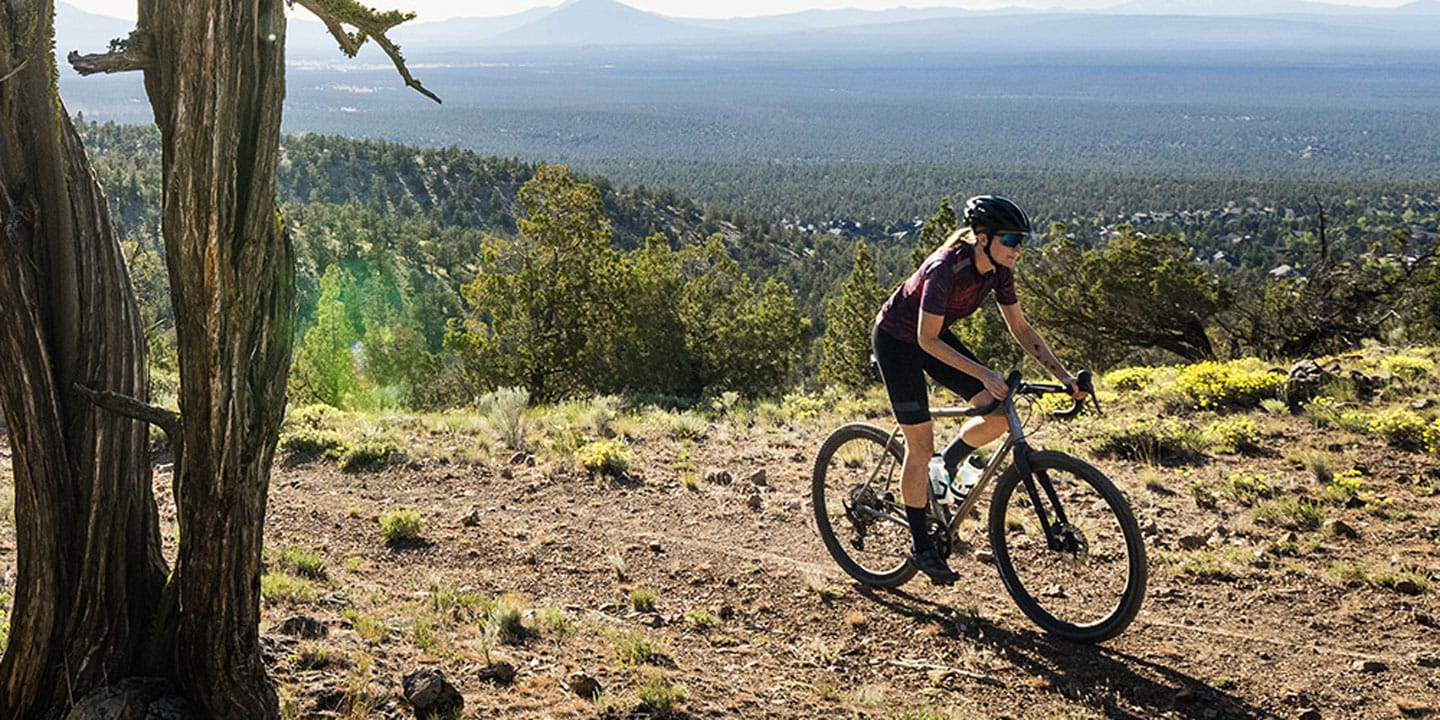
- A Guide to SHIMANO’s 12-Speed Freehubs and Compatibility
- New innovations in Shimano freehub technology have delivered even more robust and reliable shift systems along with wider gear ranges for 12-speed road, mountain bike, and gravel groupsets. Each freehub system offers unique features and compatibility options that are suited for different riding styles and rider needs.
-

- Gravity Footwear: Camille Balanche and Wyn Masters
- Camille Balanche and Wyn Masters—great partnerships often come in pairs, just like our shoes. Watch our video of these two mountain bike legends, each approaching the sport differently but connected through our Gravity Footwear. The video was shot in beautiful New Zealand.
-

- SHIMANO DEORE XT and XTR
- Differences and common features
-
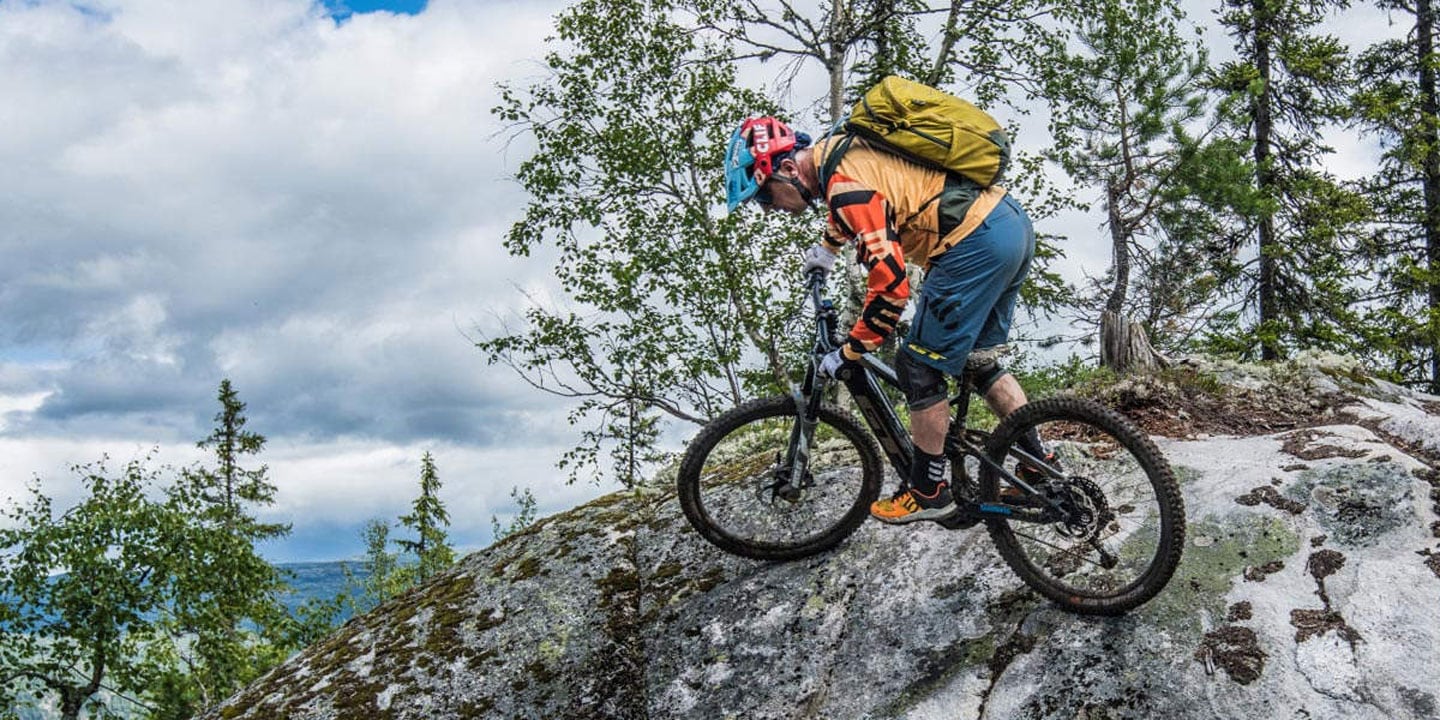
- Hans Rey: The Next Frontier
- Building a mountain biking community in Norway
-
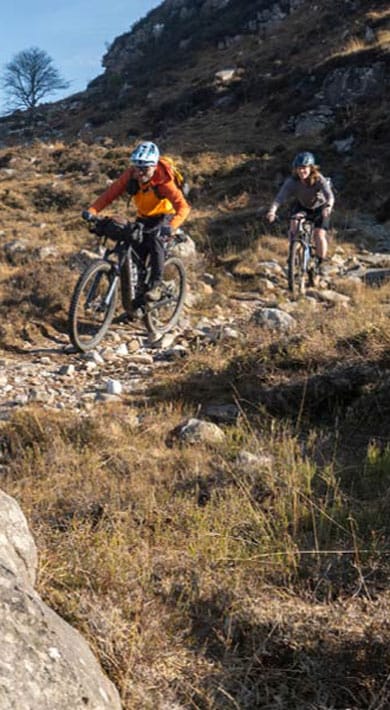
- Evolution Stories: Small Steps to Big Things
- Jenny Graham’s recipe for living life and setting records
-
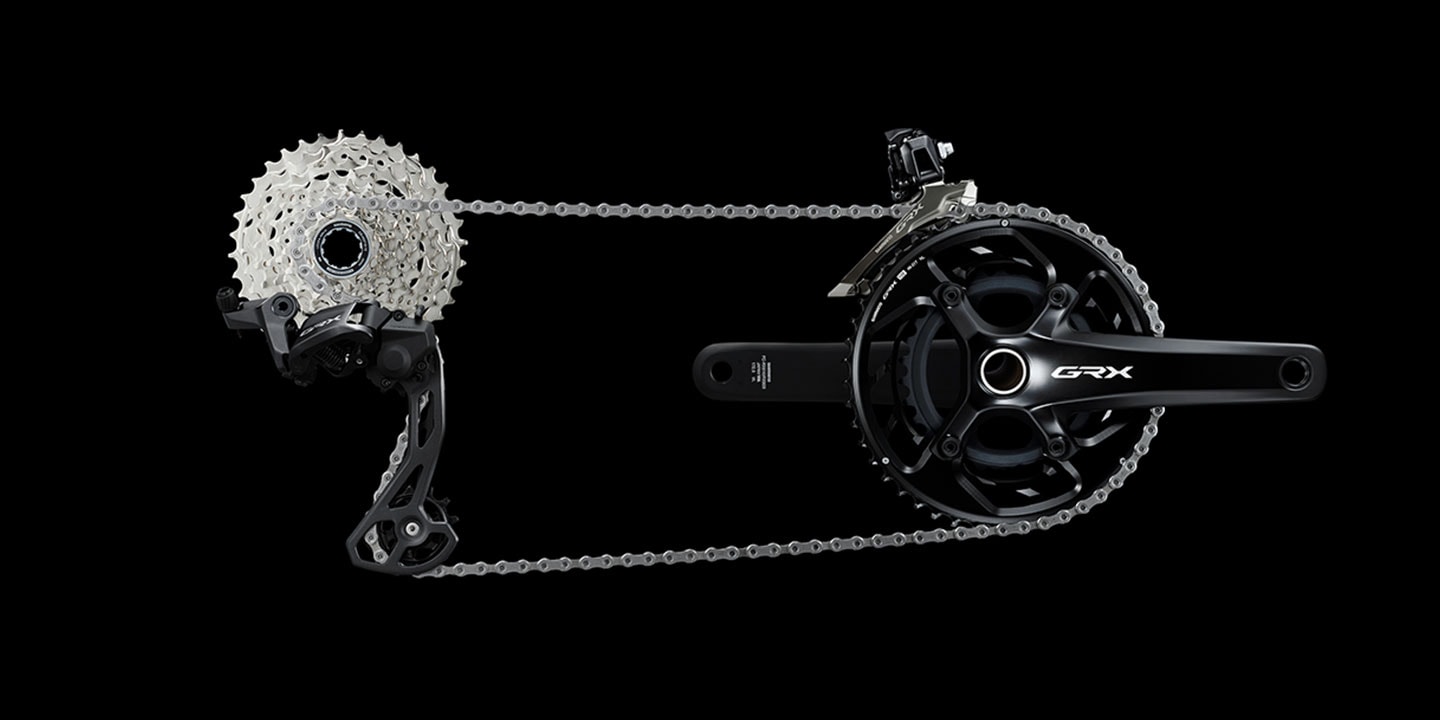
- grx-12-speed-mechanical
- More Gearing Options For the Heart and Soul of Gravel Cycling
-

- Ten Reasons to Ride Shimano Ep8
- In 2016, we unveiled SHIMANO E-BIKE SYSTEMS E8000. As the first e-MTB dedicated e-bike system, it was celebrated globally by riders and was considered a true game changer.
-
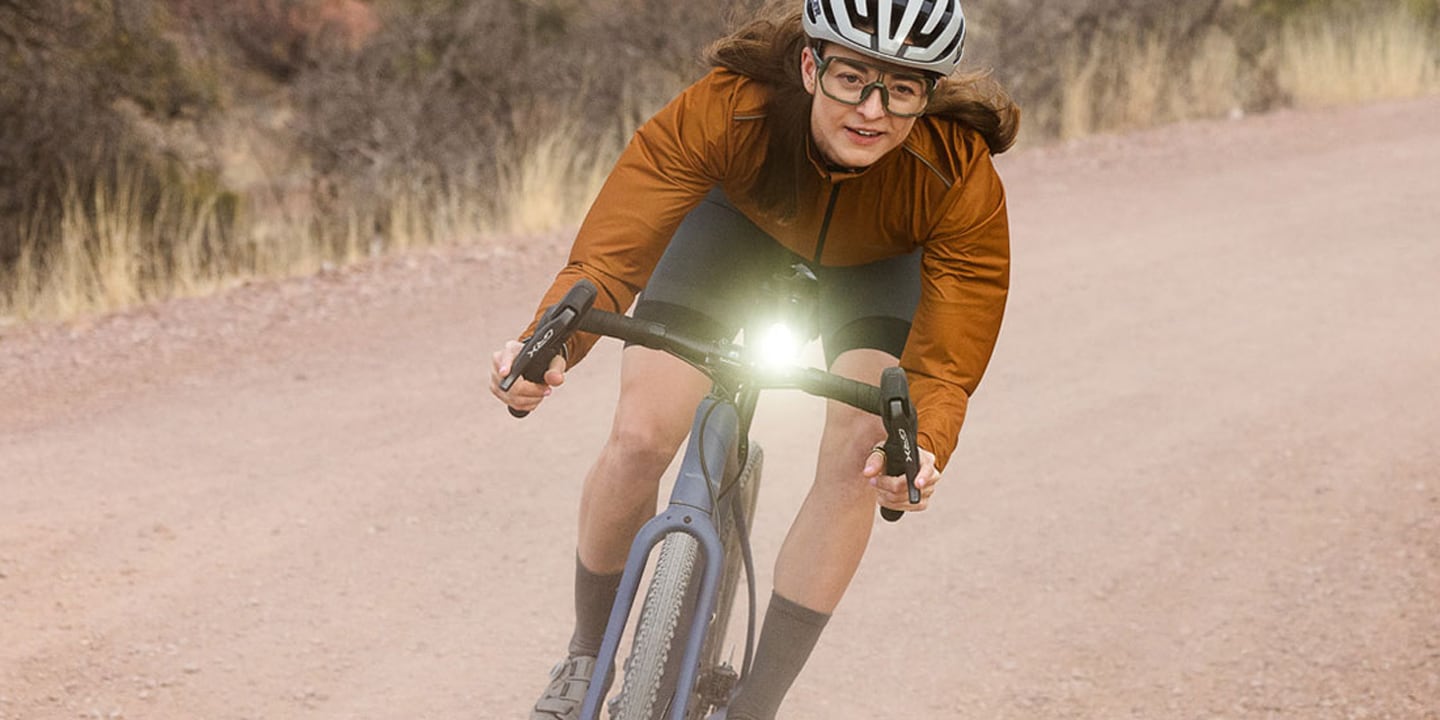
- Shimano GRX Di2 12-Speed
- New 2x12 Di2 Addition to Shimano’s Legendary Gravel Group
-
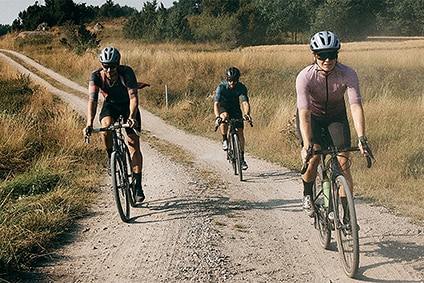
- GRAVEL SHOE GUIDE
- We specially design our off-road shoe lines for all types of gravel riders who love wild adventures away from the asphalt. Each series provides the performance, protection, and confidence voyagers like you need to explore your passion. No matter how deep you like to wander off the paved path, there is a SHIMANO gravel shoe for you.
-

- How to Kickstart Your Cycle Commute
- Commute by bike and you’ll beat the traffic and get where you need to go on time – while creating some space for exercise and fun. What bike you choose, what you wear and what you carry with you is influenced by the distance and how efficiently you want to ride. We’ve picked out a few tips to make the best choices for your commute.
-

- Shimano Road Wheels Explained
- Shimano wheels benefit from over 100 years of engineering expertise and experience, and the latest crop of 12-speed wheels sprung from an extensive history of racing and riding excellence. Shimano's performance road wheelsets are organized into three tiers: Dura-Ace for unsurpassed race performance, Ultegra for the discerning enthusiast, and Shimano 105-level RS710 wheels built for reliability and value.
-
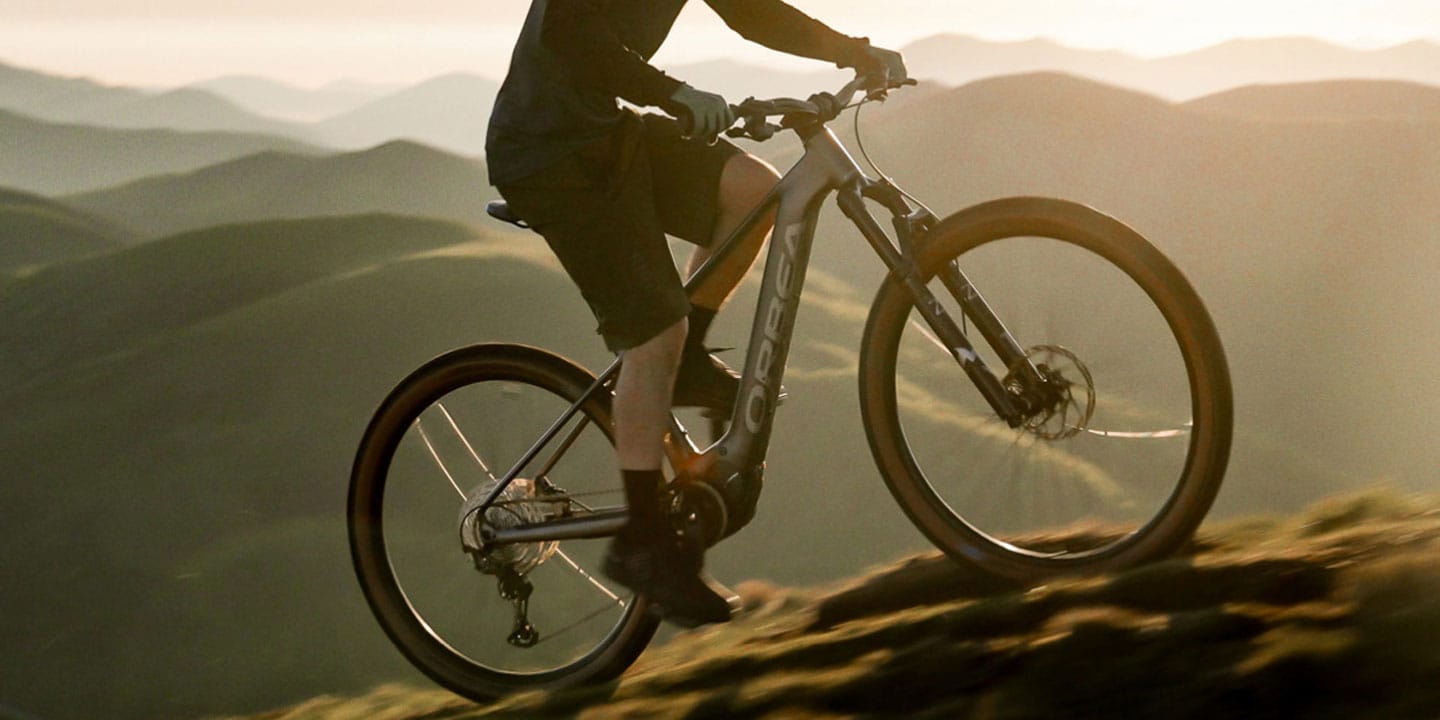
- Orbea Launches New RISE H and URRUN
- Watch the beautifully designed and EP8-equipped RISE H take shape.
-
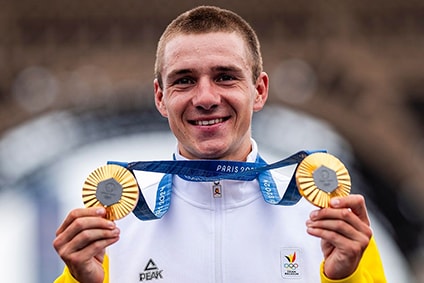
- Road to Paris: Paved With Gold
- This year, the Tour de France may have ended in Nice. But for the hard-working athletes involved, the road led straight to the Eiffel Tower in Paris. With a backdrop worthy of a classic film, where champions speed from Montmartre, past the Arc de Triomphe, onwards to the history books. With the Time Trial starting just north of the tower, in Invalides.
-
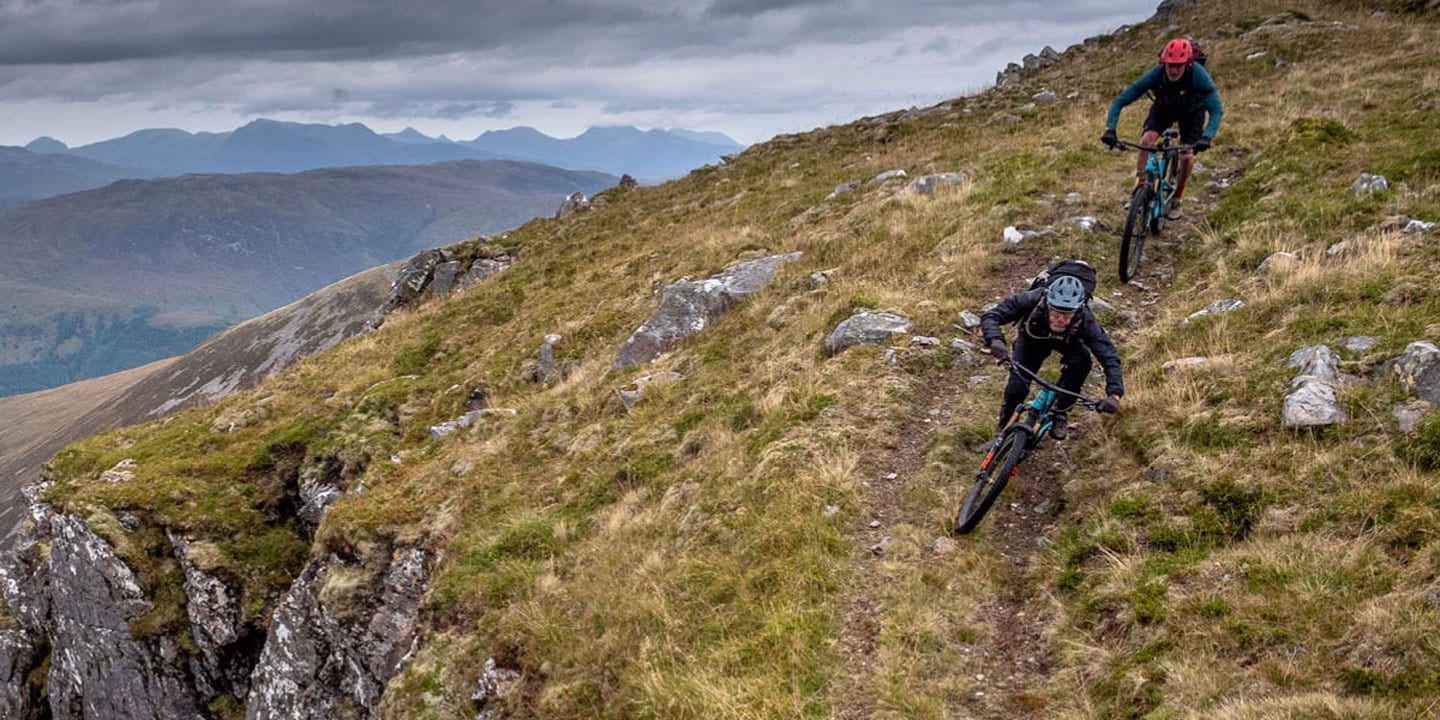
- Dan Milner Riding the Void
- Trail-tripping through Scotland’s wilds
-

- Shimano FRONT SHIFT NEXT
- Cycling doesn’t need to be complicated. It can be simple, straightforward, and all about the freedom of two-wheeled adventures. And while it may feel like cycling sometimes requires a deep wealth of technical know-how, the best components and bike technology require minimal thought. They work as intended, all the time.
-
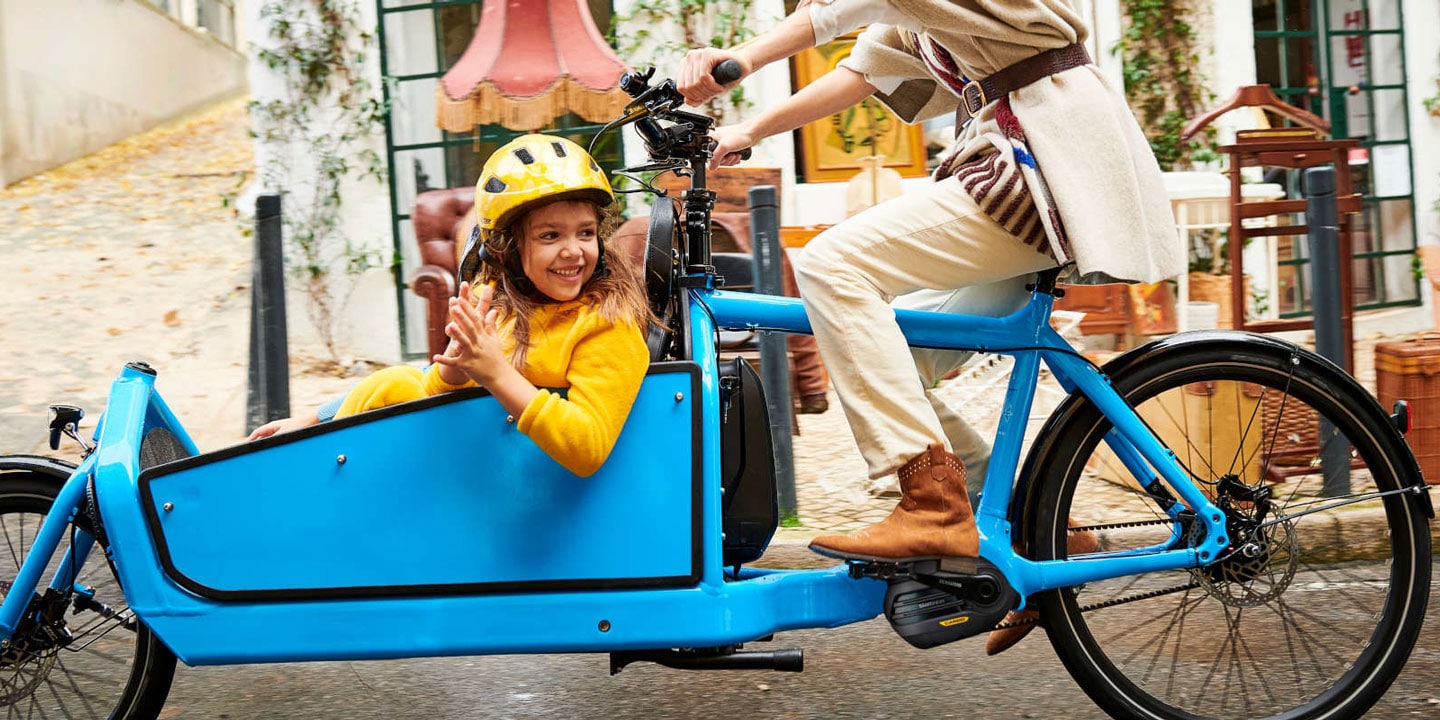
- Introducing Just Ride
- We consider it our privilege to help you travel through your city. To create precision components that can take you as far as your ambition may lead. And we are about to go one step further. Introducing Just Ride, our commitment to sharing the positive power of cycling with everyone.
-
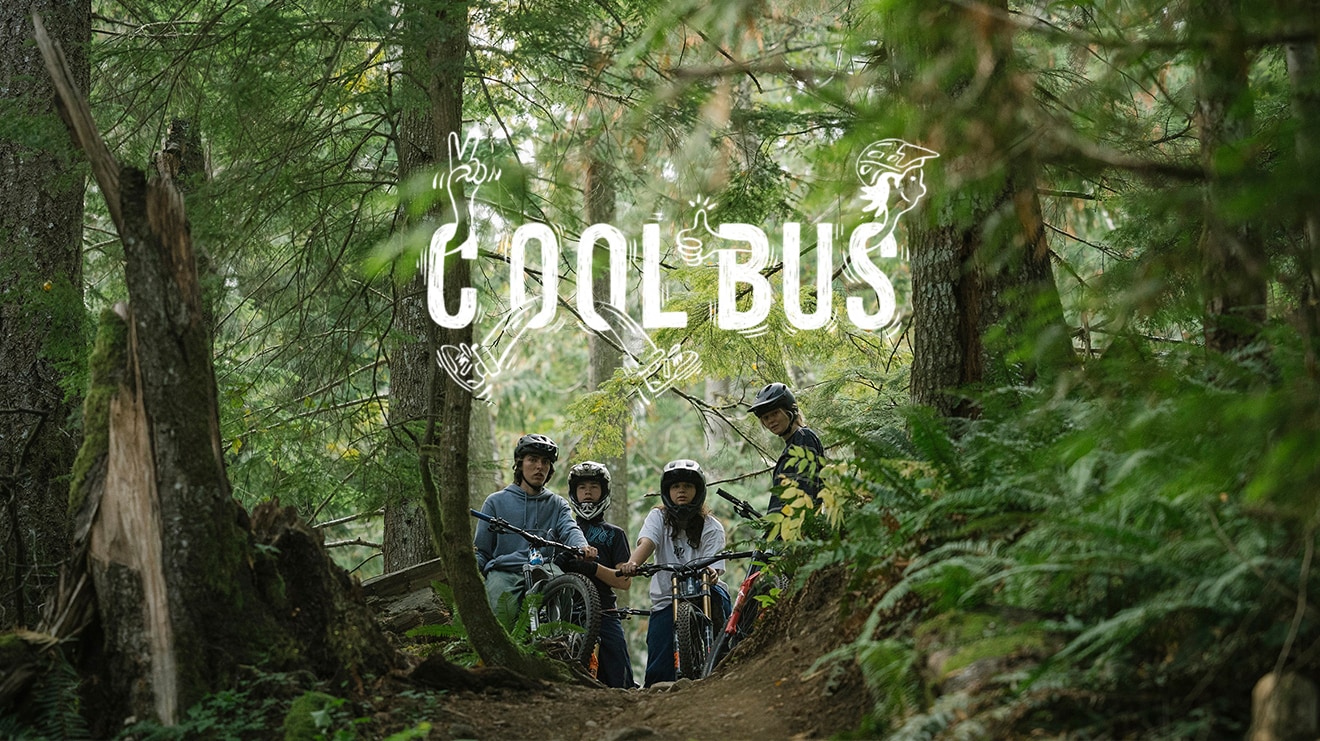
- Cool Bus
- What could be a better mode of transportation for five young B.C. shredders embarking on classic southern B.C. roadtrip than an old skoolie dubbed the Cool Bus? With the legendary freeride TV shows from the 2000s serving as inspiration and Shimano’s new GRIPD gravity shoes on their feet, Jacob Murray, Natasha Miller, Lucy Van Eesteren, Mateo Quist and Ryder Bulfone climb aboard the Cool Bus and set out on a four-day, 1,000-kilometer pilgrimage into the past.
-
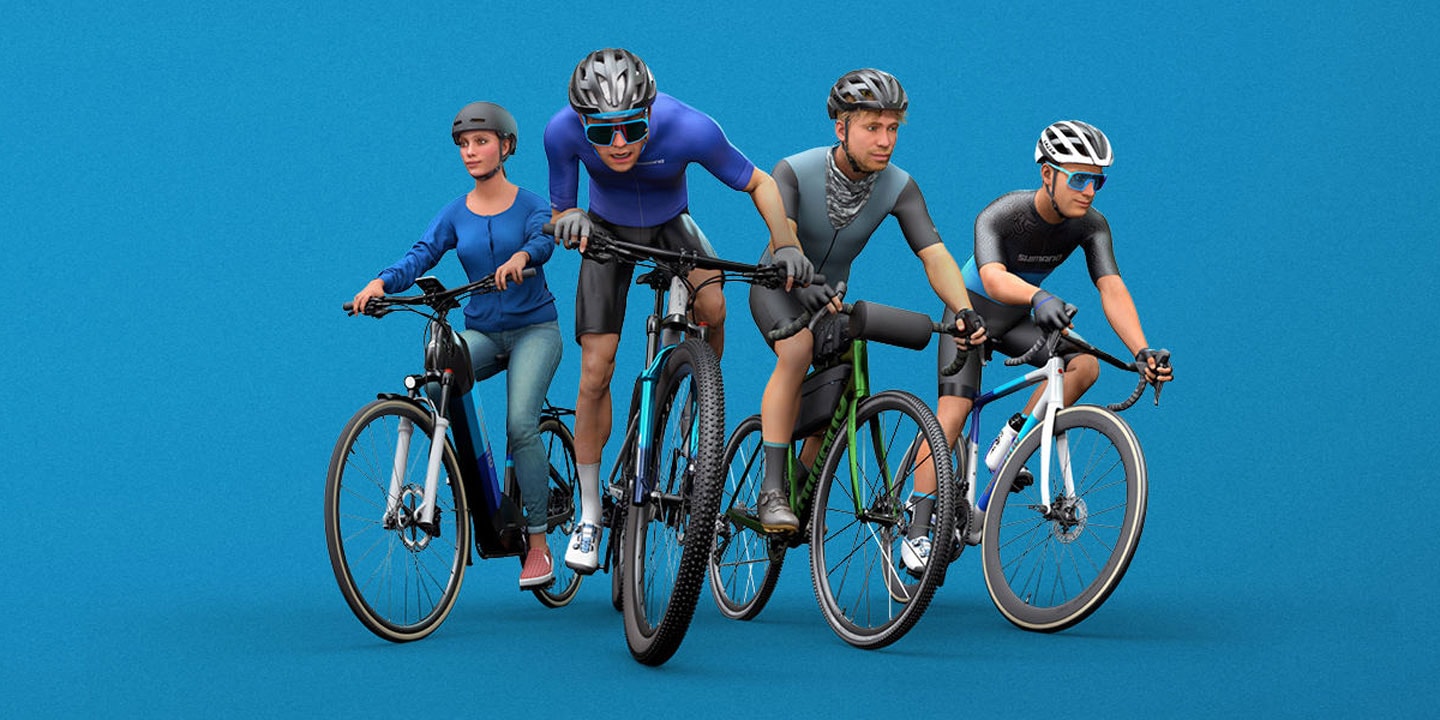
- Caring for Your Bike: Ride With Confidence on a Well-Maintained Bicycle
- Your bike, or bikes, should be your pride and joy. With proper maintenance, a bicycle can be more than an efficient means of getting from A to B. More than a tool to improve your fitness or to race your friends and rivals. It can be a source of joy and freedom. A powerful machine that deserves your loving care.
-

- How to choose the right e-bike for you
- Buying the right e-bike for your cycling needs is the first step to being a happy e-bike rider. Looking for an urban e-bike for city use? Bewildered by the options? Let us guide you through your choices.
-
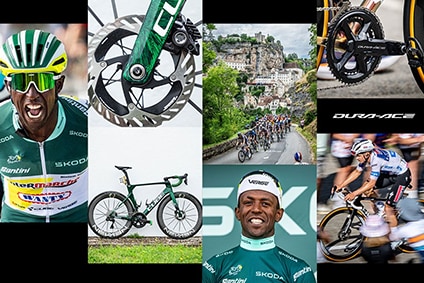
- Tour de France 2024 the Beauty, the Battle, the Bikes
- Shimano-supported riders Biniam Girmay and Remco Evenepoel won the Green and White jersey, respectively, at the Tour de France 2024. The competition was fierce, and the road was long and perilous. It takes a profound athlete to brave the mammoth challenge of the Tour de France. And it takes a special… je ne sais quoi… to come out on top with a jersey.
-

- How to Upgrade Your Cycling Experience
- Make your daily cycling more enjoyable. From new clothes to brighter bike lights, a waterproof jacket or puncture-proof tyres there are plenty of ways to upgrade and improve your cycling this winter.
-

- How to Use Your E-Bike Modes to Improve Your Fitness
- How can you balance getting help from your e-bike with putting in enough effort to feel like you have benefitted your health?
-

- Strengthened tampering detection features
- SHIMANO endeavors to ensure that SHIMANO products are used safely by requesting manufacturers of bikes that include a SHIMANO drive unit to comply with national and regional standards that guarantee a certain level of quality.
-

- We Start Where the Road Ends
- The make-up of gravel riders reflects the terrain that beckons them. Just like the different stones, sand and clay, gravel riders are a mixture of ethnicities, genders and orientations. We are found around the globe and across the economic spectrum. We come in all shapes, sizes and levels of fitness, all united in our passion.
-
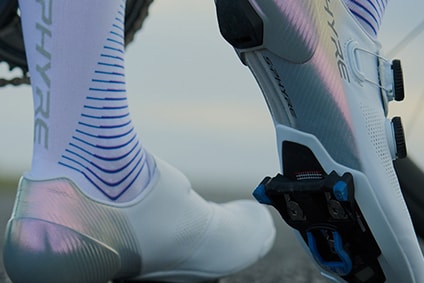
- SHIMANO PEDALING DYNAMICS
- SHIMANO PEDALING DYNAMICS is an integrated shoe and pedal system that provides the pedaling performance of cleated cycling shoes along with the ability to walk safely and comfortably off the bike.
-
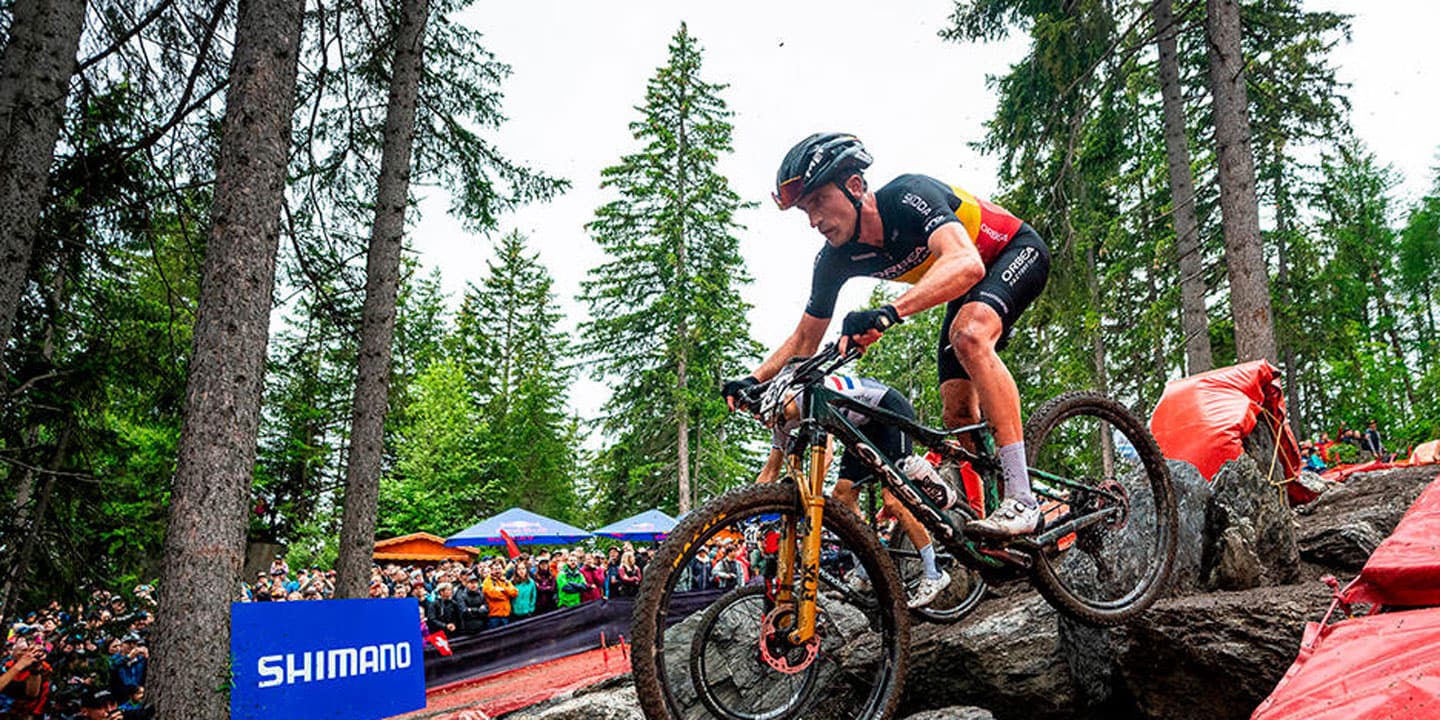
- In Between the Races With Orbea Factory Team
- Shimano presents: In Between the Races, a portrait of the painstaking preparation and fierce focus leading up to – and during – the UCI Mountain Bike World Series. In this episode, we join the Orbea Factory Team on their journey from Val di Sole to Talamona to Crans Montana in Switzerland!
-
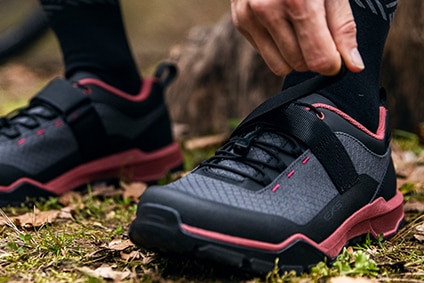
- EXPLORER SHOE GUIDE
- Tour more comfortably with our new EXPLORER SERIES of SPD shoes with reliable grip, soft walking cushioning and comfortable pedaling at cruising speeds. We have specialized models for both city and mountain touring so you can wander the world your way.
-

- Shimano Di2 Deep Dive
- Consistent. Customizable. Instantaneous. Intuitive. Precise. Reliable. Seamless. All these words accurately describe Shimano’s Di2 wireless electronic shifting experience.
-
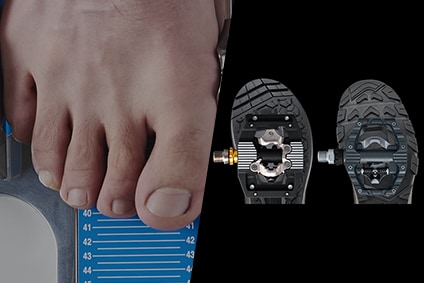
- SHOE FITTING & CLEAT SETTING
- The optimal shoe size is found by measuring the arch length, foot length and width. This sizing information can then be cross-checked with the shoe size table, to find the shoe size and width that best matches the rider.
-
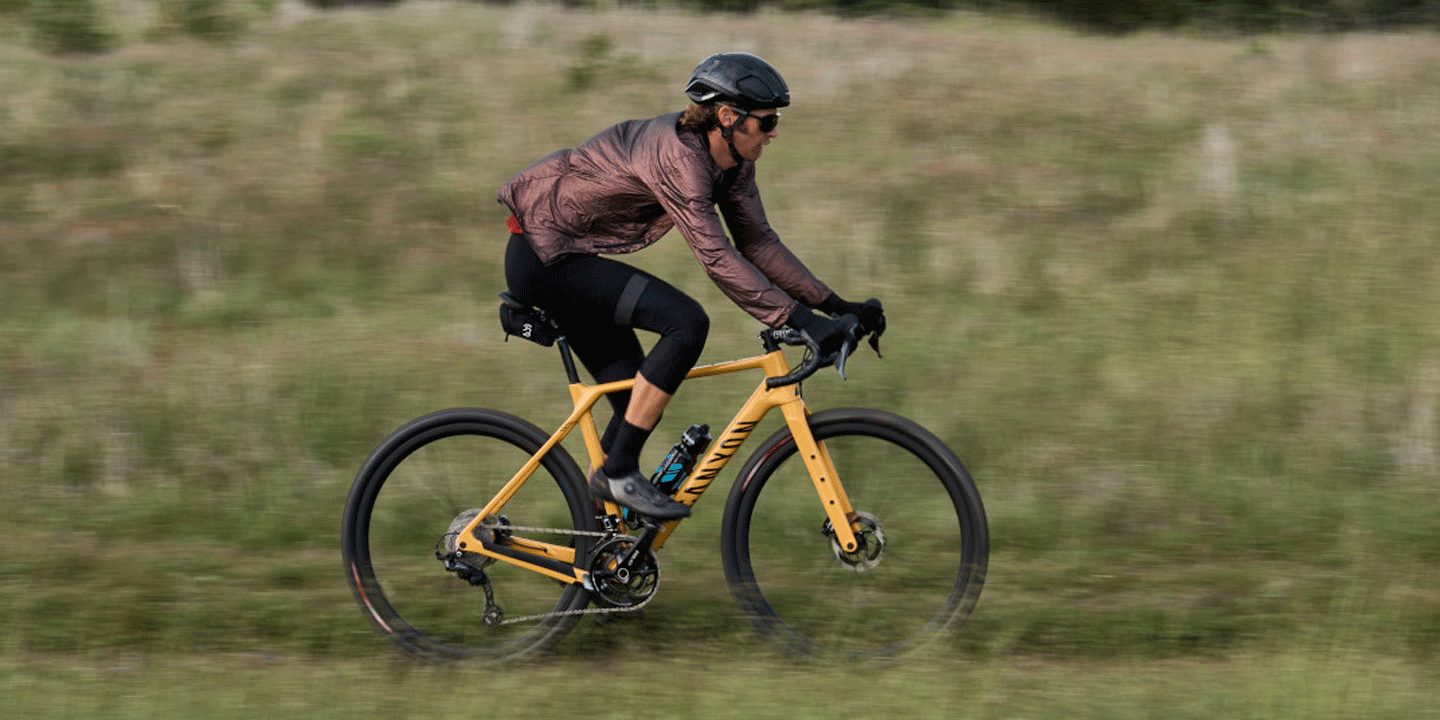
- Shimano GRX Personalities
- What does it mean to be a gravel cyclist? There is no one definitive answer—and that’s the beauty of cycling’s drop bar, dirt road discipline. Indeed, gravel cycling is about personal expression and the freedom to choose. There is no rule book, no established norms, no stodgy old traditions. You decide when, where, and how to ride.
-
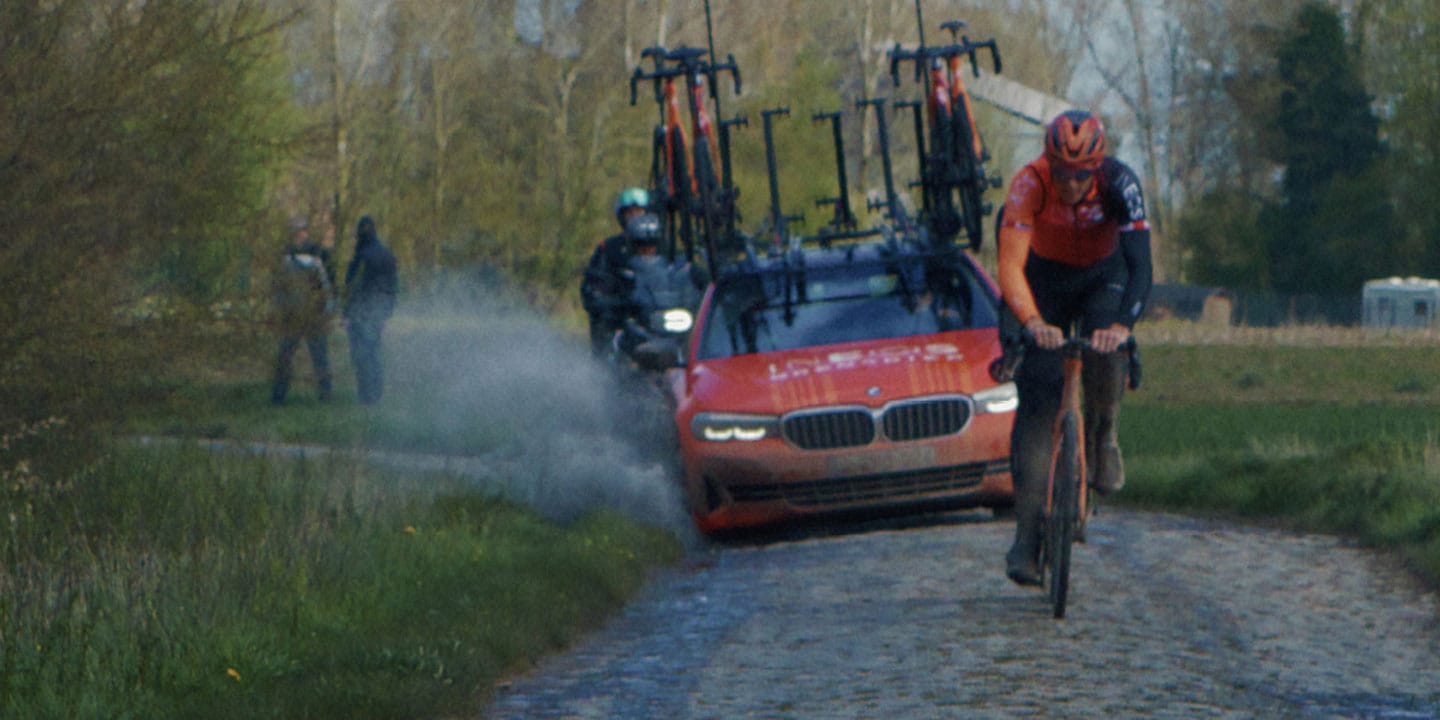
- INEOS Grenadiers at Paris-Roubaix
- A classic of cobbles ‘n carnage
-

- Important notice for E-BIKE battery BT-E8016 users
- It has been confirmed that there are cases where the bicycle cannot be started after the BT-E8016 battery has been fully charged. If this occurs, plug the charger into the battery, confirm the LED lights up, then remove the charging plug. This enables the bicycle to be started.
-

- BATTERY
- Our total system engineering approach means that the SHIMANO ecosystem is not only offering perfect harmony with SHIMANO components but extends to products of connected partners. We have a licensing development program on a contract basis which allows compatible battery manufacturers, wireless device manufactures and even bike brands to utilize Shimano proprietary communication profile to develop products compatible with Shimano products. This can create a more open and integrated product portfolio for both bike brands and end-user.
-

- How to Set Your Bike Up to Feel Comfortable
- Your perfect bike should fit you like a glove, with a few tweaks to your riding position everyone can enjoy comfortable, care-free cycling. We take a look at your bike’s contact points and the adjustments that can be made to customise your bike to your body.
-

- Shimano DURA-ACE and ULTEGRA Long Axle Pedals
- Enhancing stance width through pedal axle lengths
-
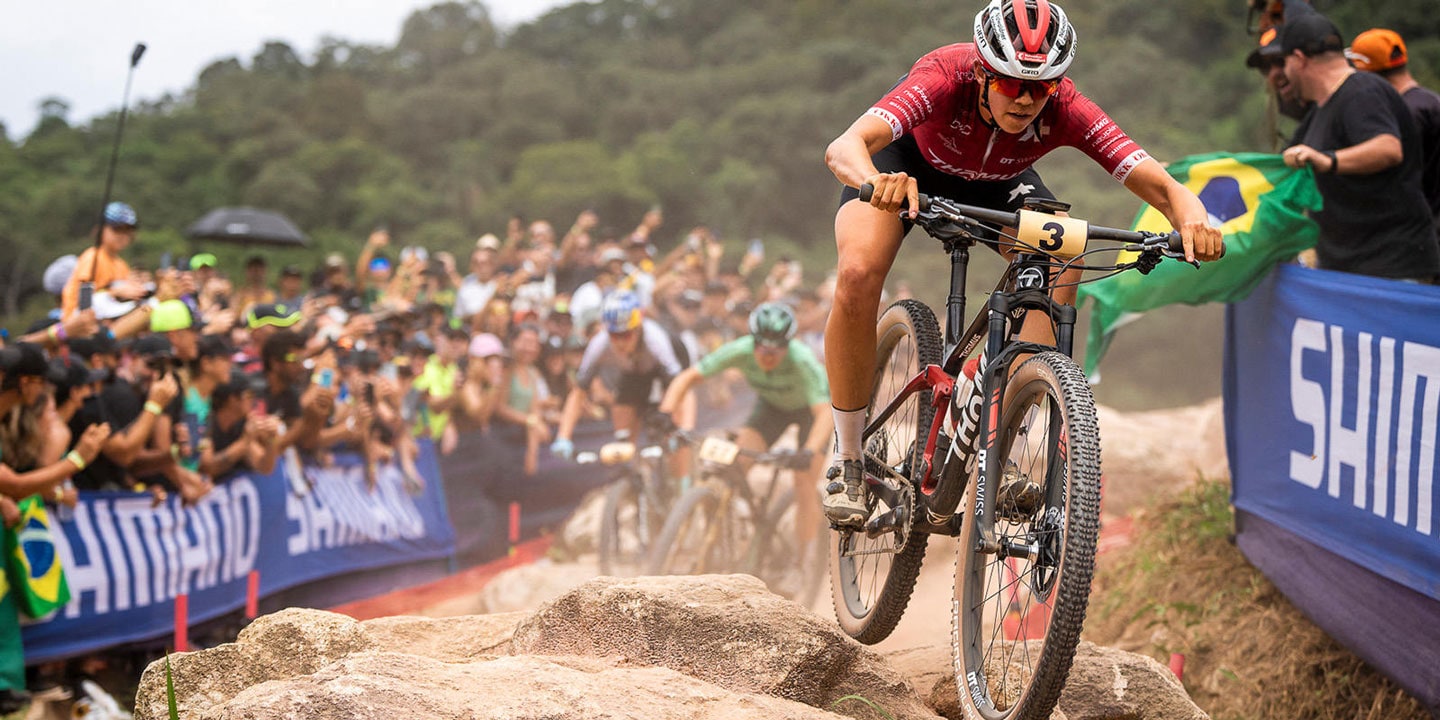
- The Easy-to-Understand Guide to Brakes
- Brakes are absolutely essential parts of our mountain bikes, but they’re often absolutely bewildering. How can something with such a simple function of stopping our bikes be so complex?
-
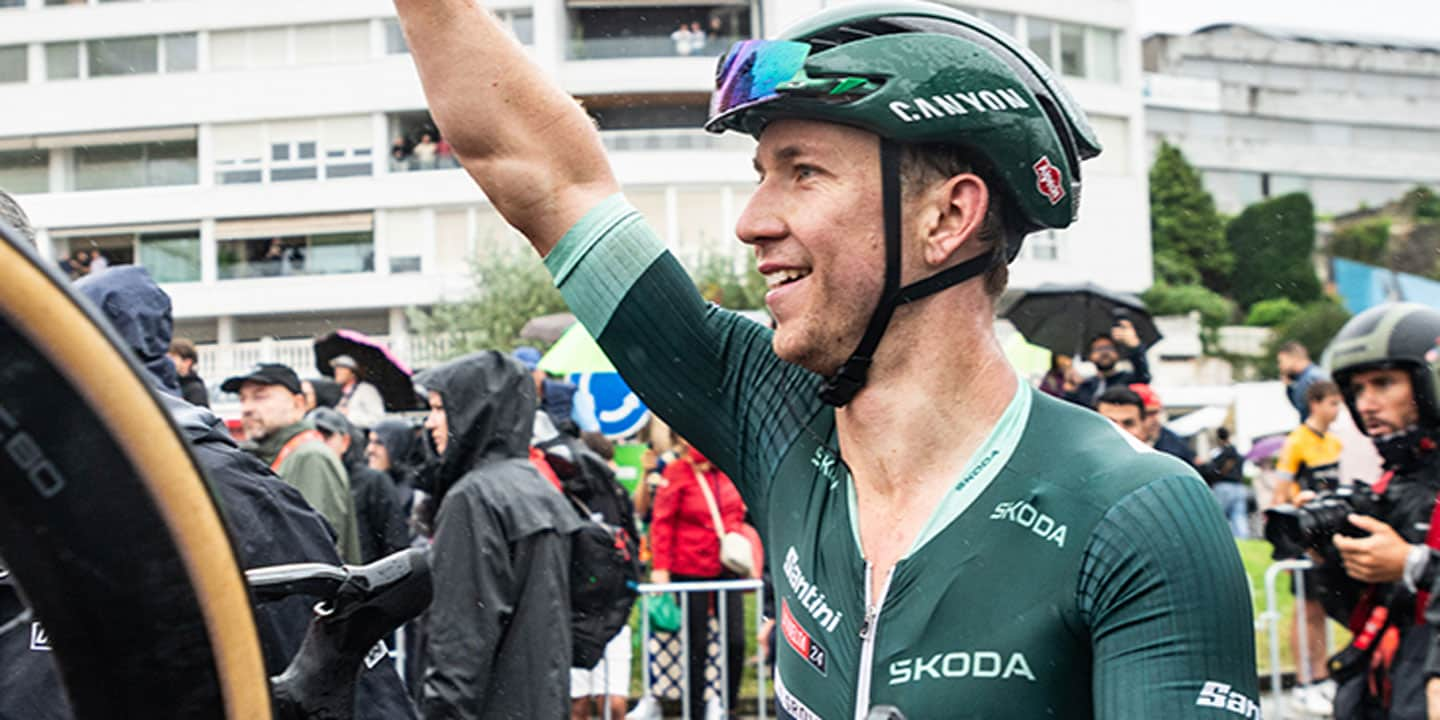
- Groves in Green at La Vuelta
- From Lisbon to Madrid, this year’s Vuelta a España was a thriller. Kaden Groves from team Alpecin-Deceuninck won the green points jersey at La Vuelta, marking his second consecutive victory in this category. The Australian sprinter secured three stage wins during the Spanish Grand Tour. With 15 stages won on DURA-ACE R9200, let’s look at the Alpecin-Deceuninck bikes and the beautiful photography from one of the most challenging cycling races in the world.
-
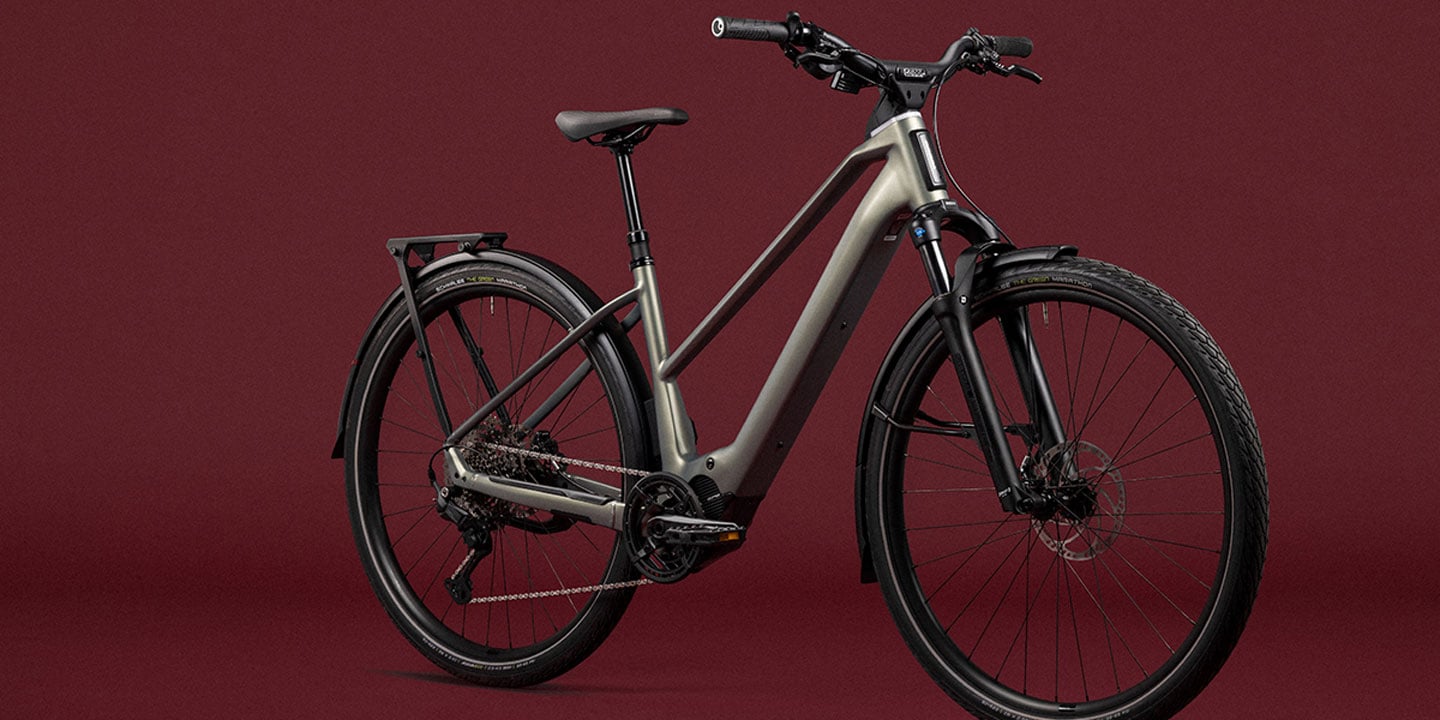
- Escape the Everyday With the Orbea Kemen
- Orbea’s new iterations of the Kemen breathe adventure into everyday life.
-

- Information for the counterfeit products of our disc brake pad
- Please beware of counterfeit Shimano brake pad sets. To our regret, recently counterfeit Shimano products have been illegally sold at local retailers, online flea markets and other online marketplaces.
-

- New Intelligent Shifting Technologies to Elevate Your Ride
- Explore New Grounds with SHIMANO’s new intelligent shifting technologies. The truly pioneering engineering results in new ways of shifting that combat common gear-based problems that (almost) all cyclists experience. With DEORE XT Di2, which is specifically designed for e-bikes and compatible with the updated EP8 and new EP6 motors, both beginners and experienced riders can enjoy FREE SHIFT and AUTO SHIFT. Gear shifting is taken to never-before-seen levels of innovation, with FREE SHIFT allowing you to change gear without pedaling, and AUTO SHIFT changing gear for you without you having to click a lever.
-
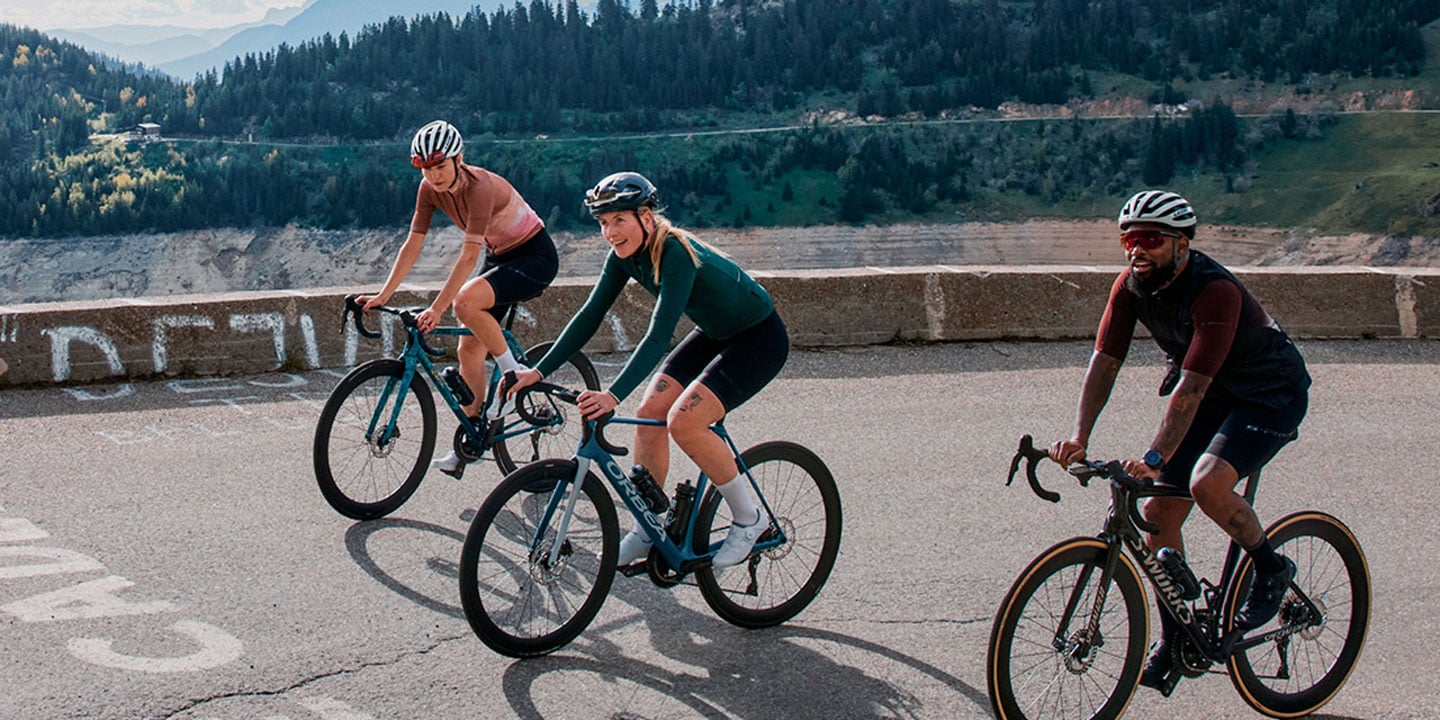
- Di2 Satellite Switches for Road Cycling
- More Shifting Options for SHIMANO’s DURA-ACE and ULTEGRA Electronic Groups
-
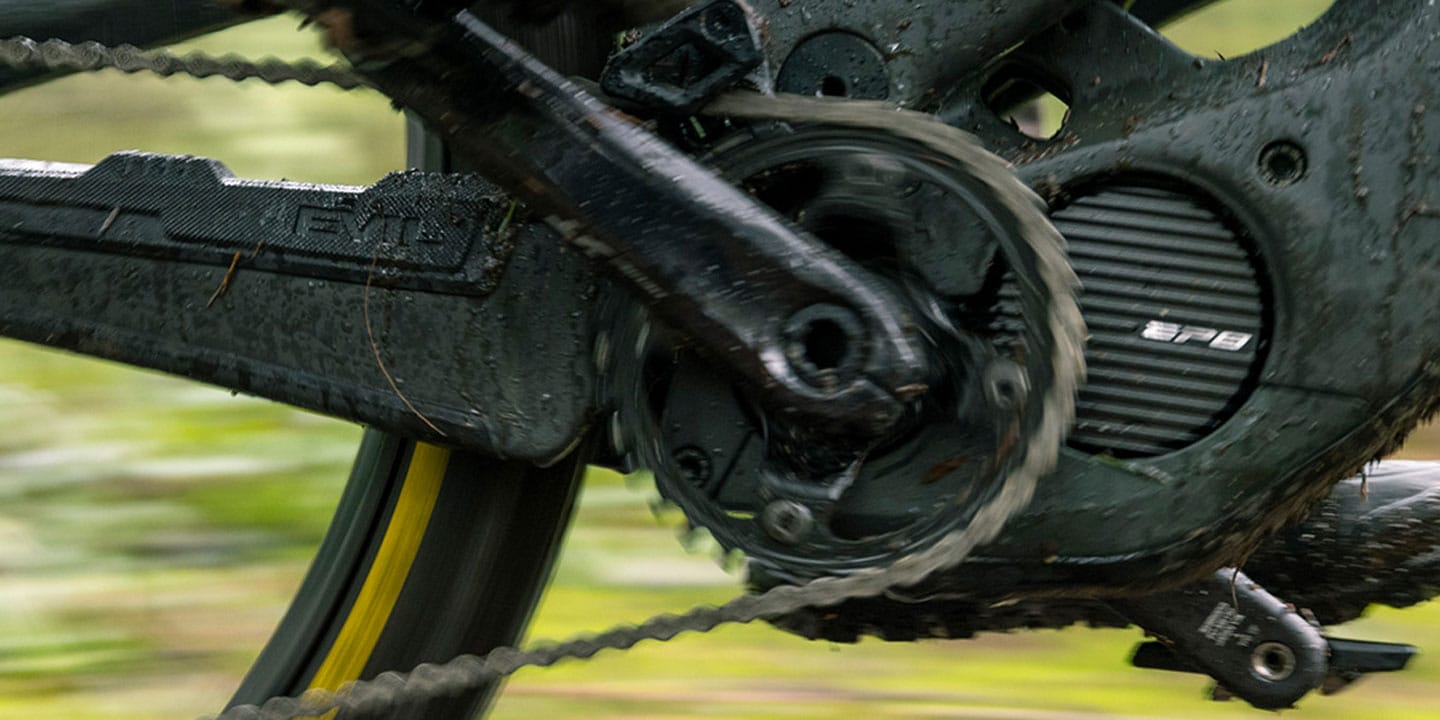
- Race-Specific Firmware Update for SHIMANO EP801 Systems
- Race-Specific Firmware Update for SHIMANO EP801 Systems
-
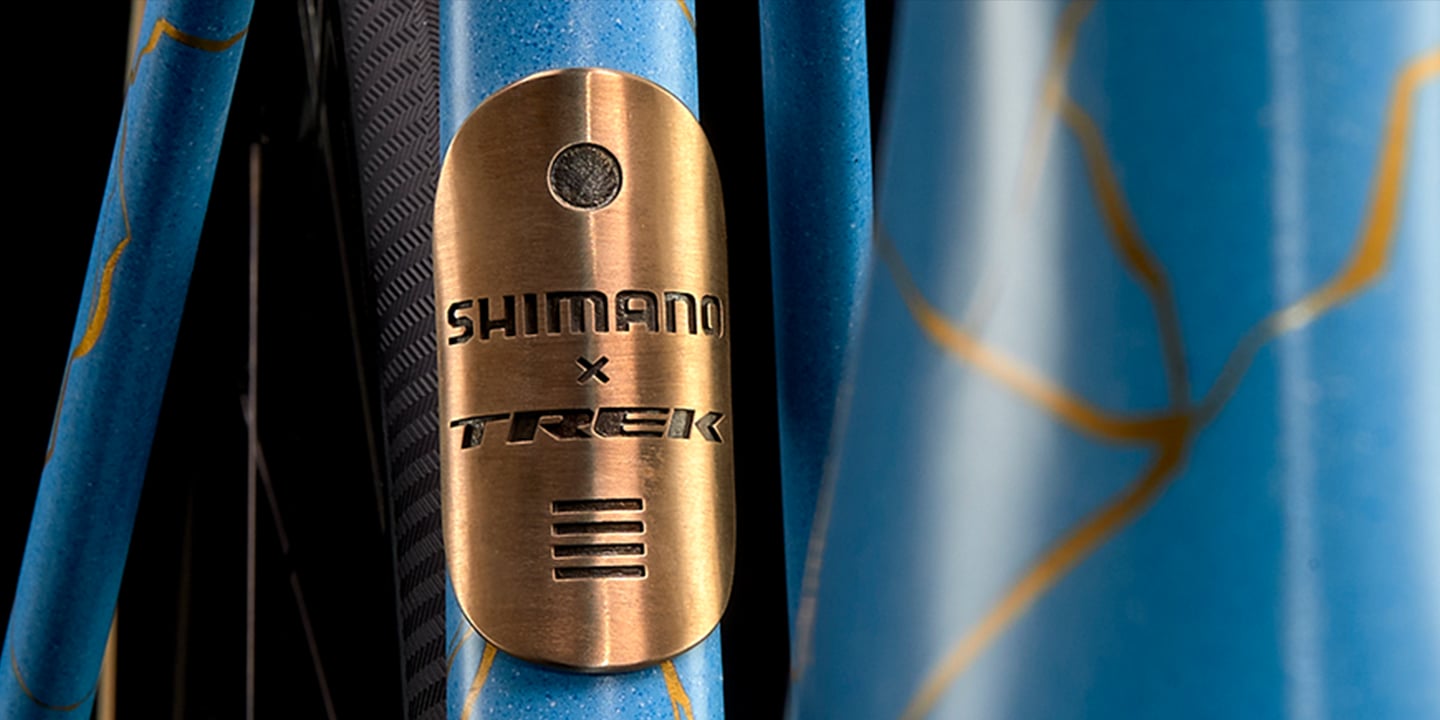
- A Humble Pursuit of Perfection
- Trek Project One Ultimate: SHIMANO’s 100 Years of Excellence
-
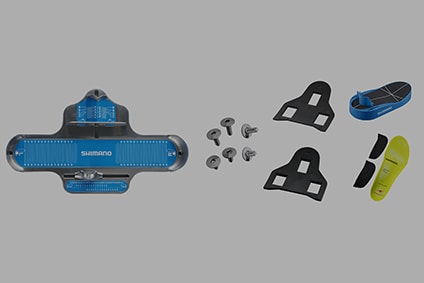
- TOOL‐AND-ACCESSORIES
- Various Fitting Tools and Accessories
-

- IMPORTANT SAFETY WARNING
- Shimano Europe B.V. (“Shimano”), starts an inspection and replacement program of selected bonded 11-speed HOLLOWTECH II road cranksets produced between June 1, 2012, up to and including June 30, 2019, for a possible bonding separation issue.
-

- SHIMANO GRX Carbon Gravel Wheels
- Ride or race, gravel cycling is about the adventure ahead. The comradery with friends or the friendly competition with others. Gravel is about getting up early to explore unknown roads or to push ourselves to new levels, and beyond. Gravel is a little different for everyone, but the goal is similar – enjoy the ride, whatever that means to you.
-
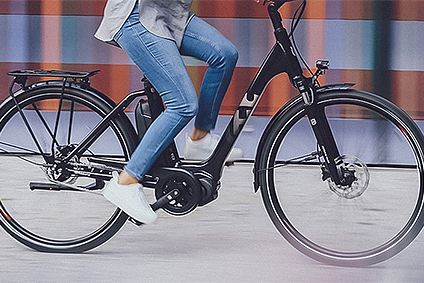
- SHIMANO AGAINST THE TAMPERING WITH E-BIKES
- Shimano speaks out against any kind of manipulation of e-bikes and e-bike drive systems, e.g., to increase the performance or the maximum supported speed.
-
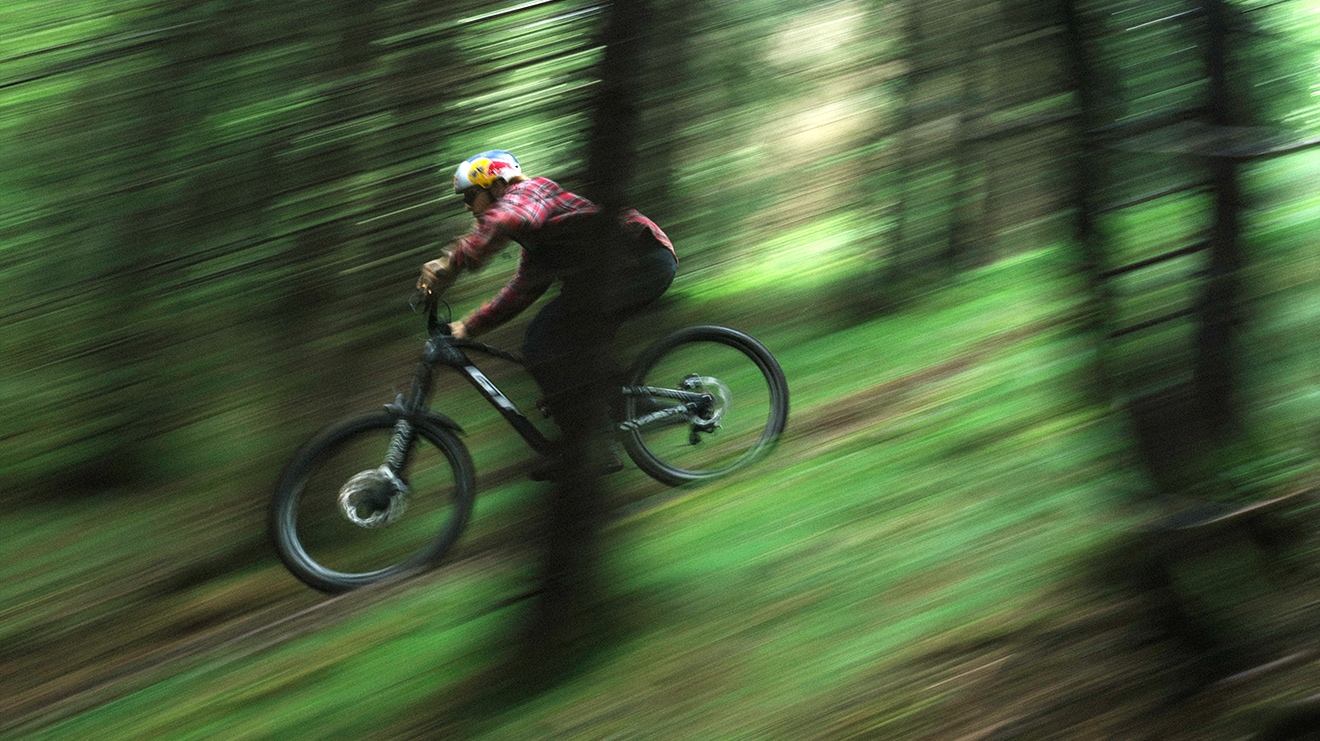
- This is Home: Brage Vestavik
- Brage Vestavik’s journey to the forefront of freeriding began at home, making features from construction materials scattered around his backyard. As the years passed, he took his budding passion into the nearby forests, mimicking the many films he’d watched over the years. The results are now legendary, earning Vestavik worldwide MTB filmmaking fame for his daring creativity, relentless work ethic, precision talent, and a raw and powerful riding style that’s uniquely his own. But even now, with a Red Bull contract and nearly 400,000 Instagram followers, his best days are spent back in those same woods, building, filming, and riding with friends. For Brage Vestavik, This is Home.
-
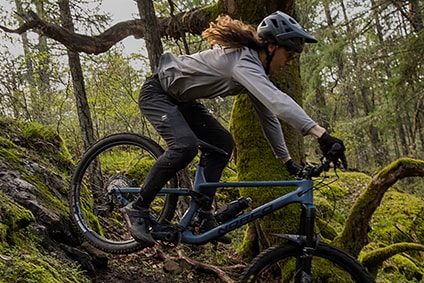
- GRAVITY FOOTWEAR
- Bleeding edge technology, progressive styling, and total on-bike control let you push your riding to the next level and beyond.
-
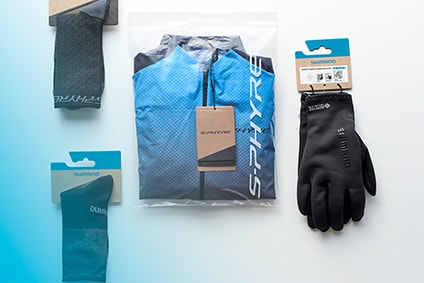
- SUSTAINABLE PACKAGING
- We constantly search for new ways to promote health and happiness through the enjoyment of nature and the world around us. Product packaging is a huge opportunity to reduce waste and deliver our products more sustainably. That is why we decided to transition to more sustainable packaging solutions for our components and service, and upgrade parts, footwear, apparel, and most eyewear packaging.
-
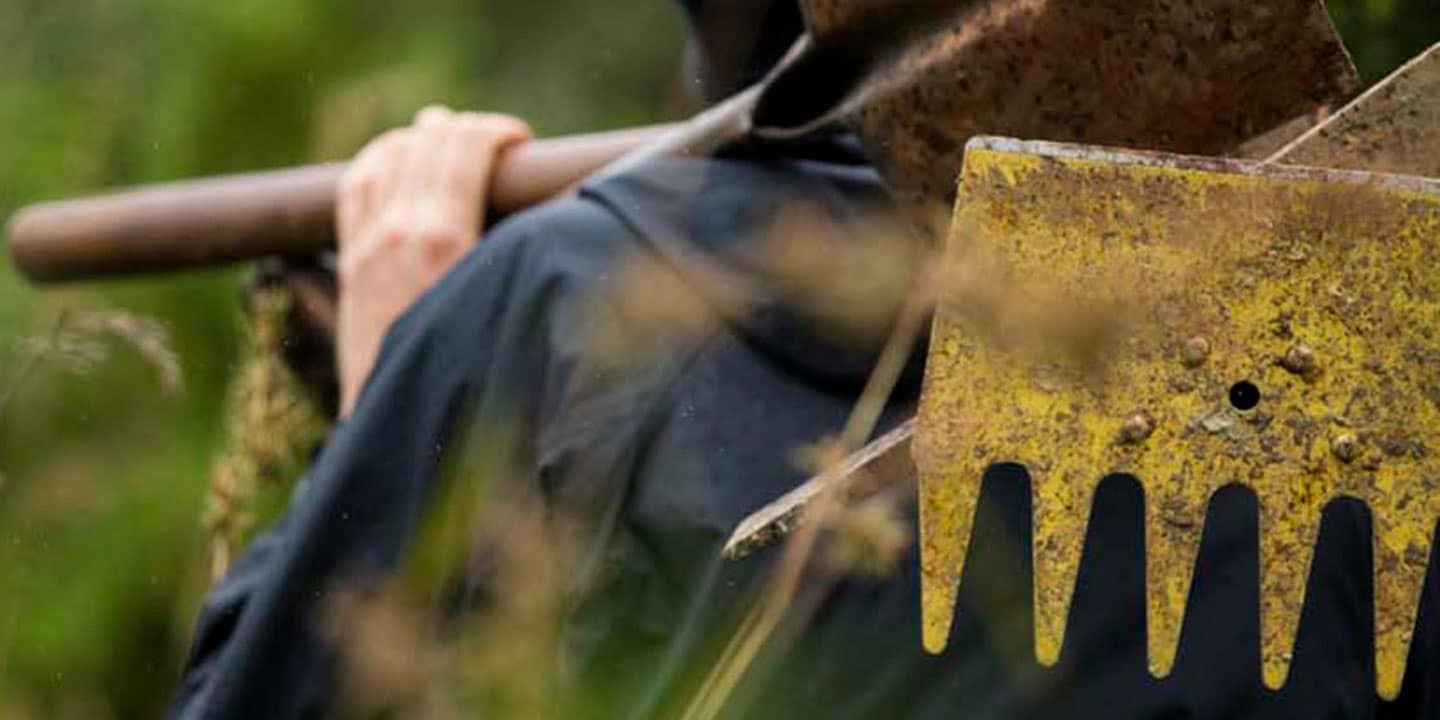
- SHIMANO Commits $10 Million To Global MTB Trail Building Projects
- SHIMANO Commits $10 Million To Global MTB Trail Building Projects
-
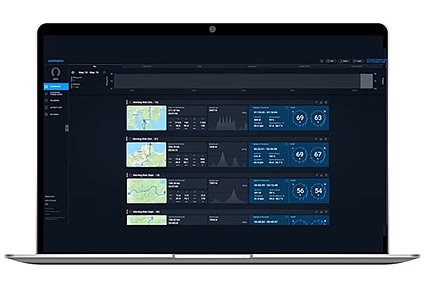
- Update of SHIMANO CONNECT Lab Improvement & new functions
- SHIMANO CONNECT Lab, a riding data collection and analysis service by SHIMANO, is getting a major update with a more user-friendly interface and new features.
-
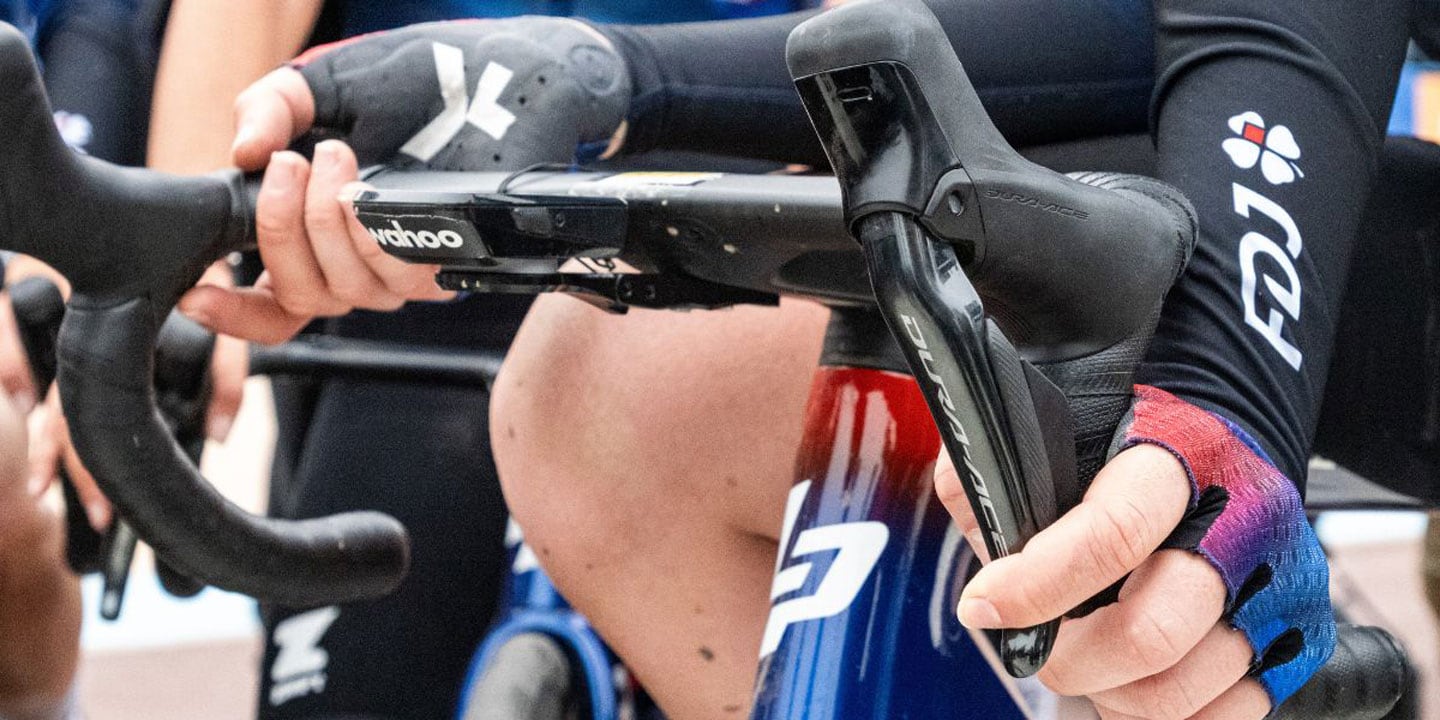
- FDJ-Suez Builds to the Tour de France Femmes
- We joined Women's World Tour team FDJ-Suez as they prepared for one of the year's biggest events: The Tour de France Femmes avec Zwift! From peaceful mornings with coffee and breakfast to full-throttle training sessions.
-

- New DEORE XT and DEORE with LINKGLIDE technology
- Say hello to reduced drivetrain wear and tear. Thanks to SHIMANO DEORE XT and DEORE with LINKGLIDE technology, you can enjoy high-mileage, low-maintenance cycling for years to come – without worrying about having to replace or repair components.
-

- SHIMANO Performance Carbon Road Wheels
- From the fastest sprints and hardest climbs of the WorldTour to the everyday riding experience close to home, SHIMANO's lineup of road wheels delivers high-end performance to take you farther, faster, or higher on any ride. Developed with over 100 years of engineering expertise and experience, the newest models of 11- and 12-speed road wheelsets are organized into three tiers with features to suit every road rider.
-

- The Ultimate ULTEGRA Explainer
- Everything you need to know about our premium road groupset: ULTEGRA
-
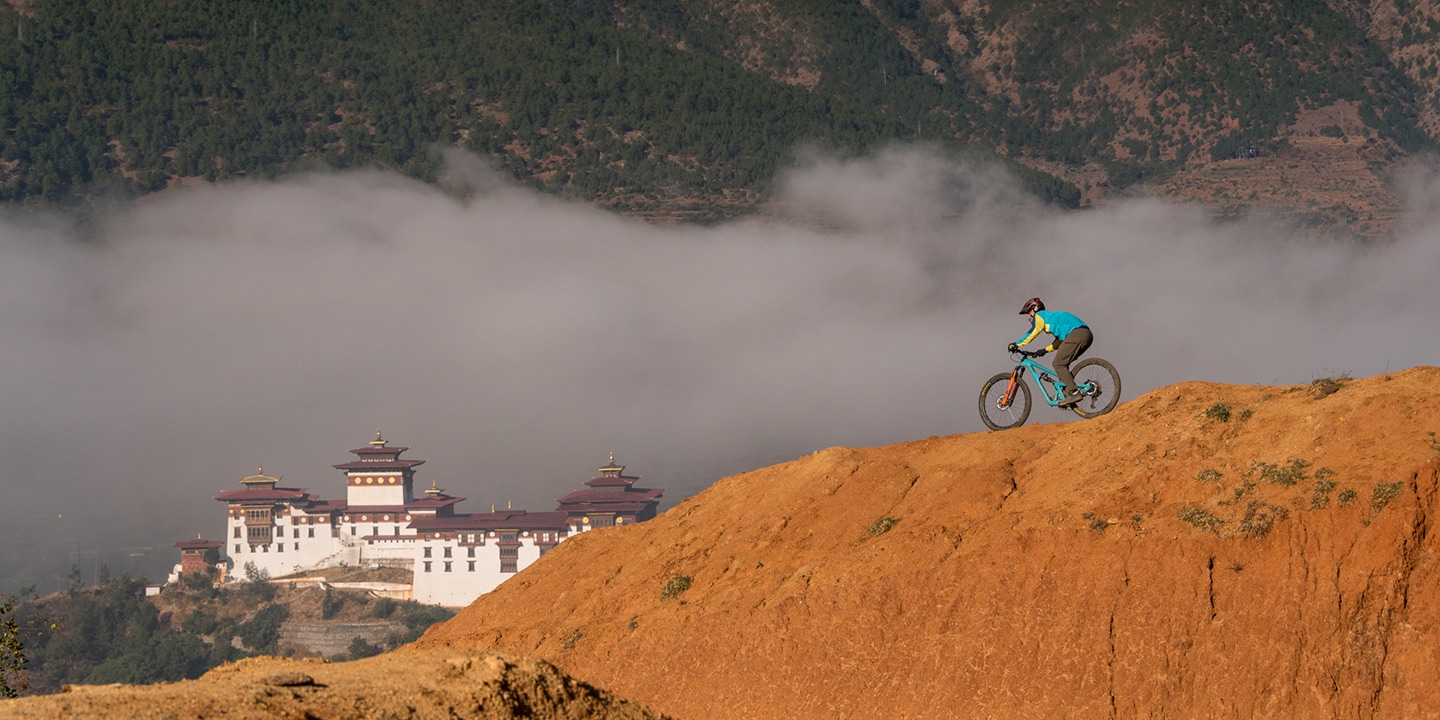
- Four Friends - The Birth of Women's MTB in Bhutan
- Julie Cornelius has been helping women around the world discover the power of mountain biking for decades, but her first visit to the Kingdom of Bhutan was a unique lesson in the power of friendship.
FIND PRODUCTS
- SHIMANO INC. ALL RIGHTS RESERVED.
- Privacy Policy
- Cookies Settings
- Terms of Use
- Legal info
- Information based on the EU Data Act
THIS WEBSITE USES COOKIES TO IMPROVE YOUR USER EXPERIENCE.
Click "I agree" or any link to accept these cookies. To learn more about how we use cookies, read our privacy policy.

